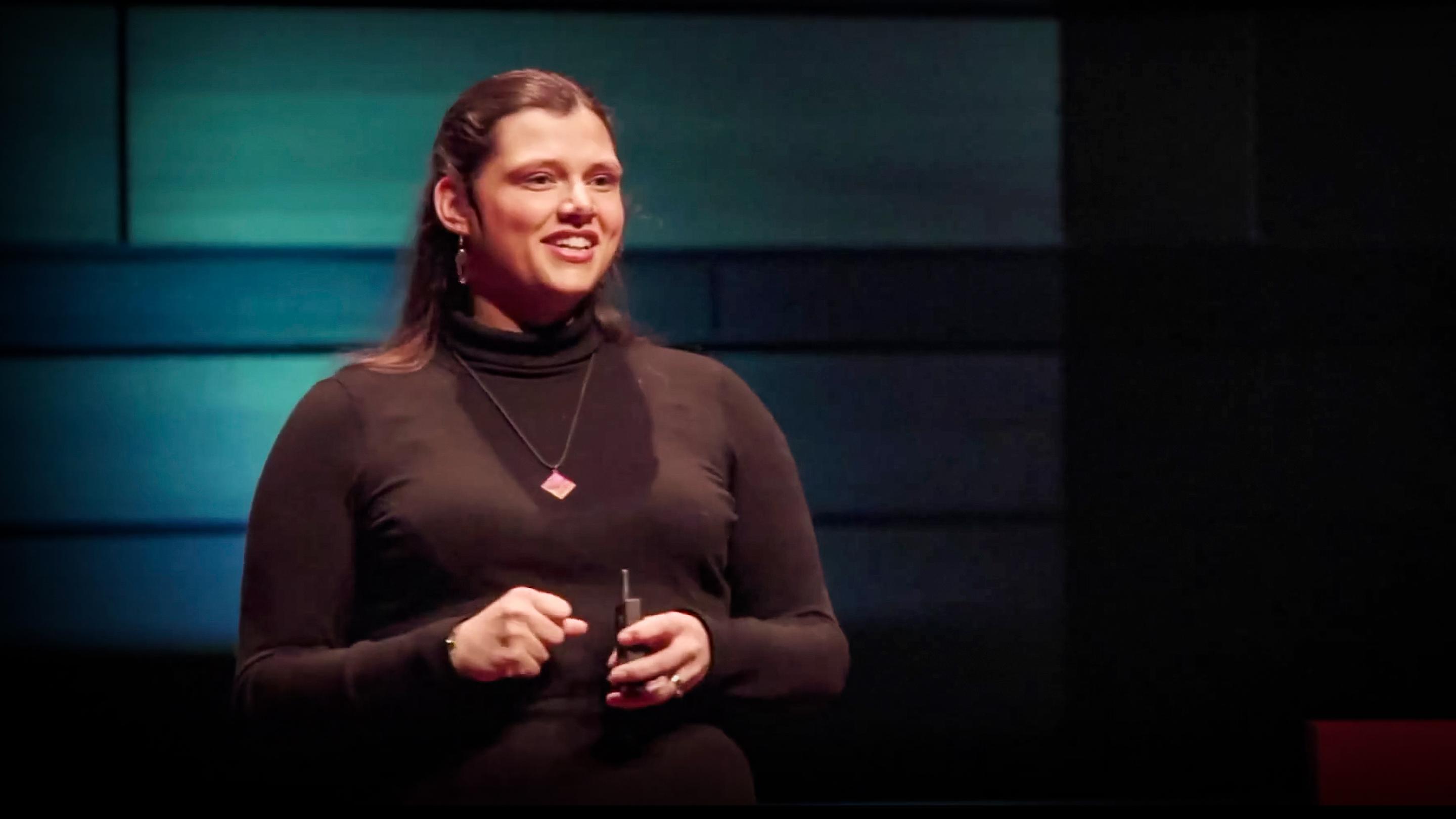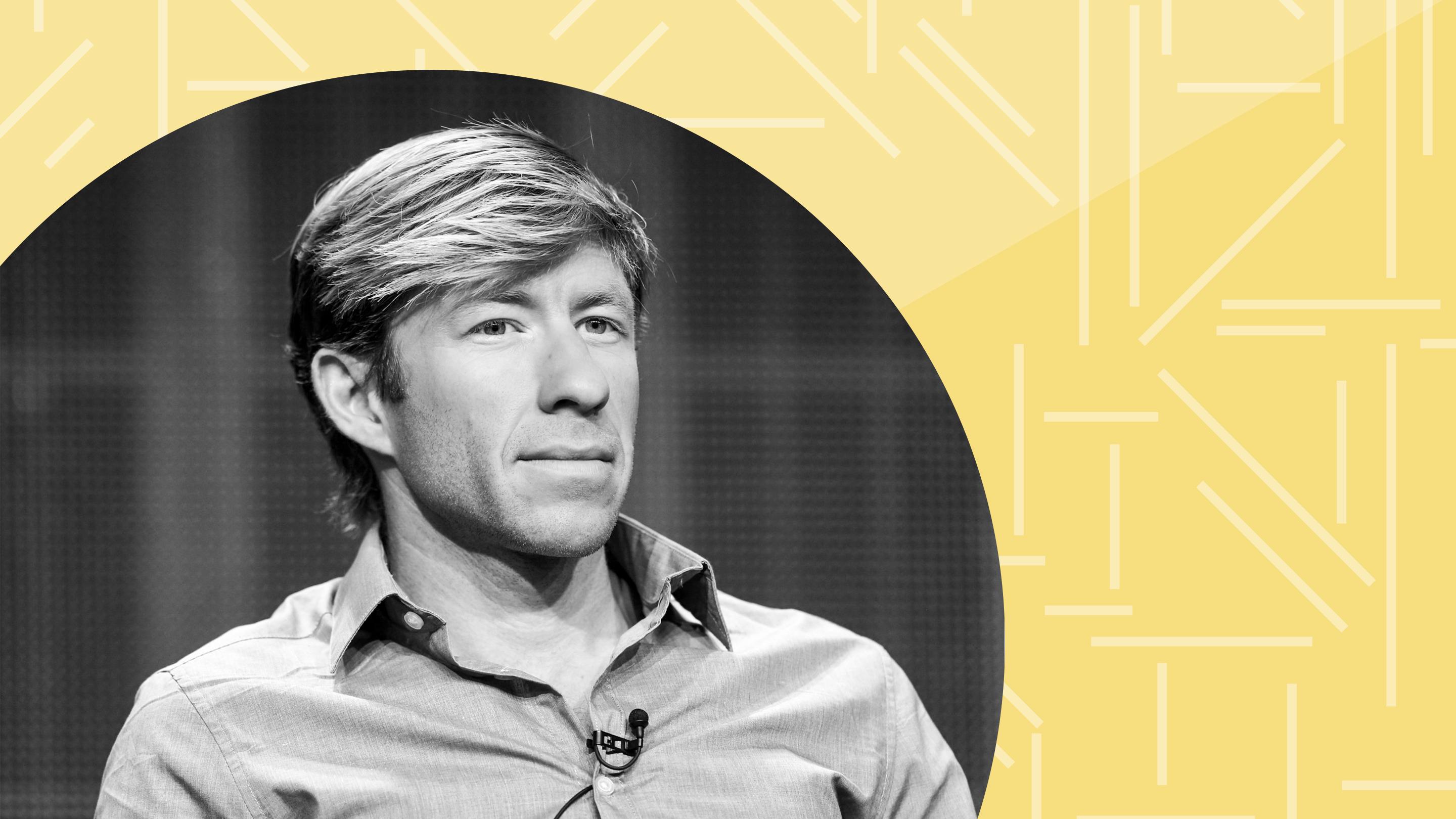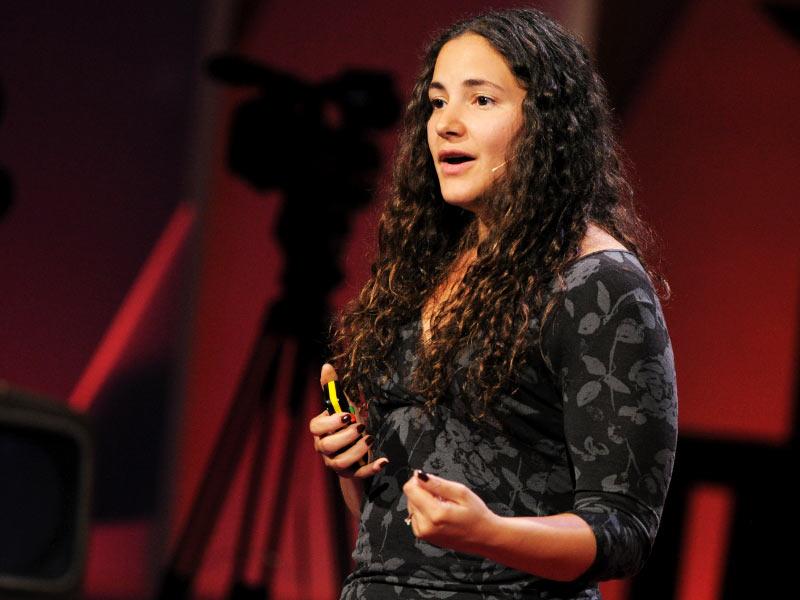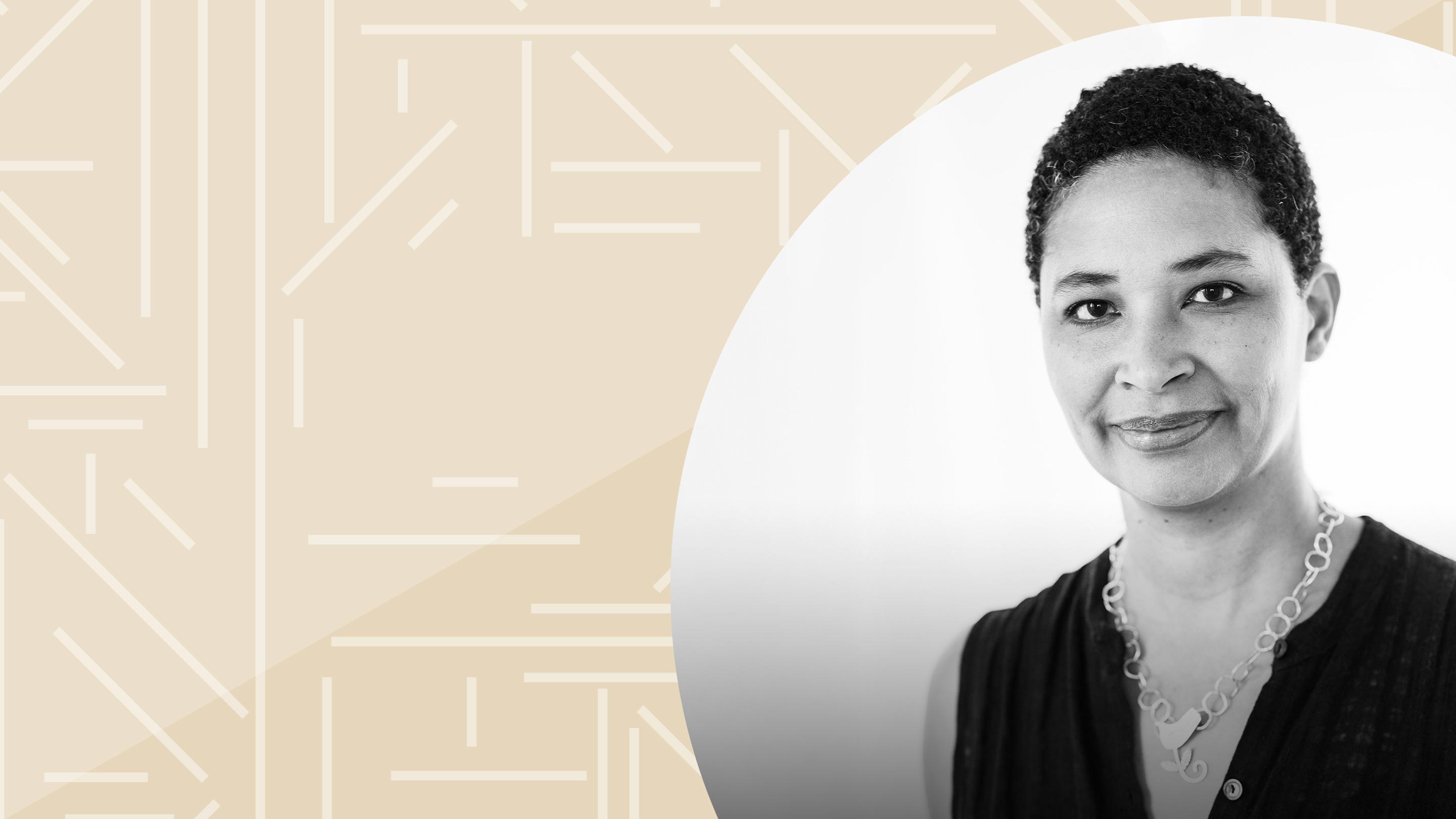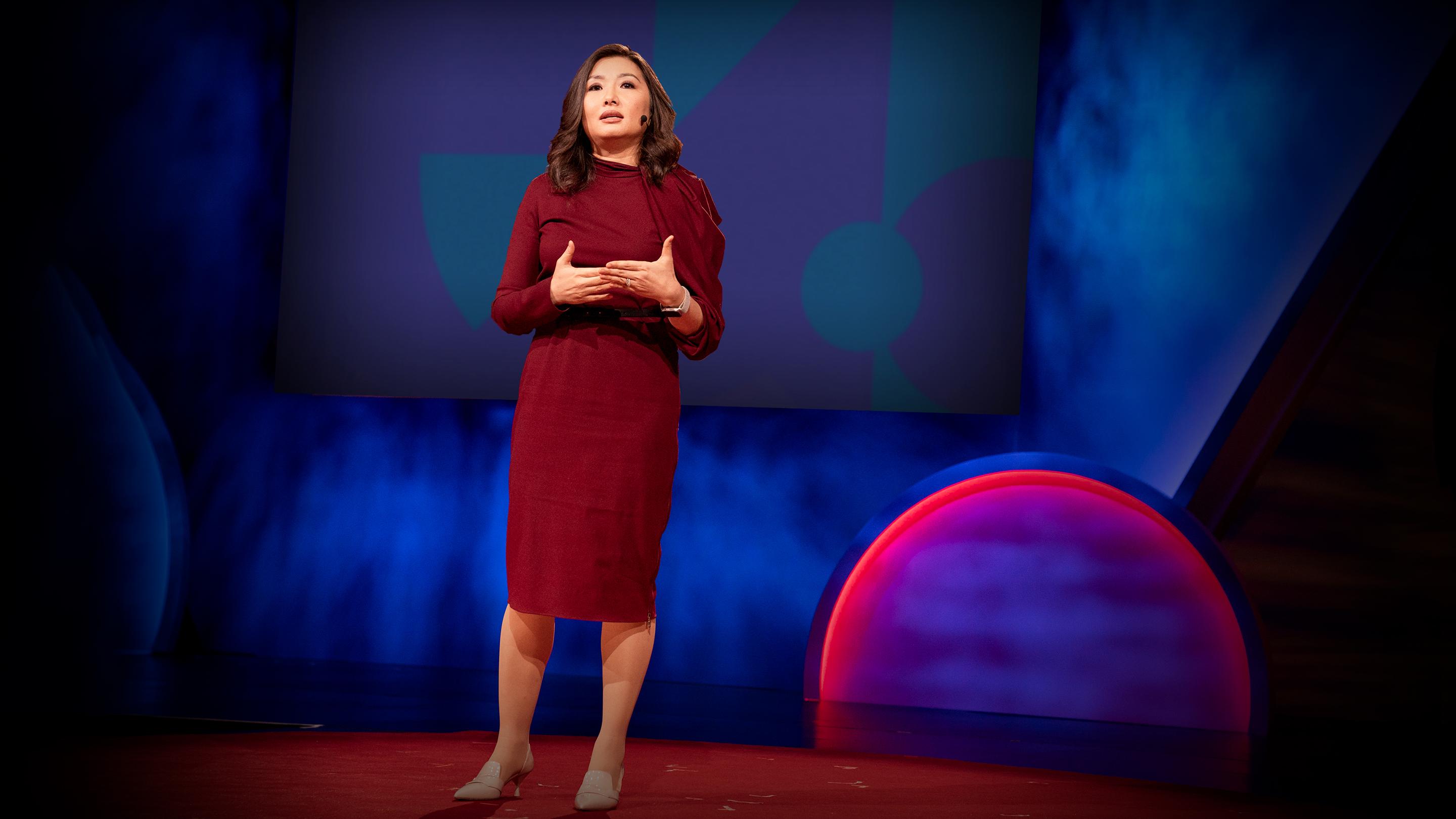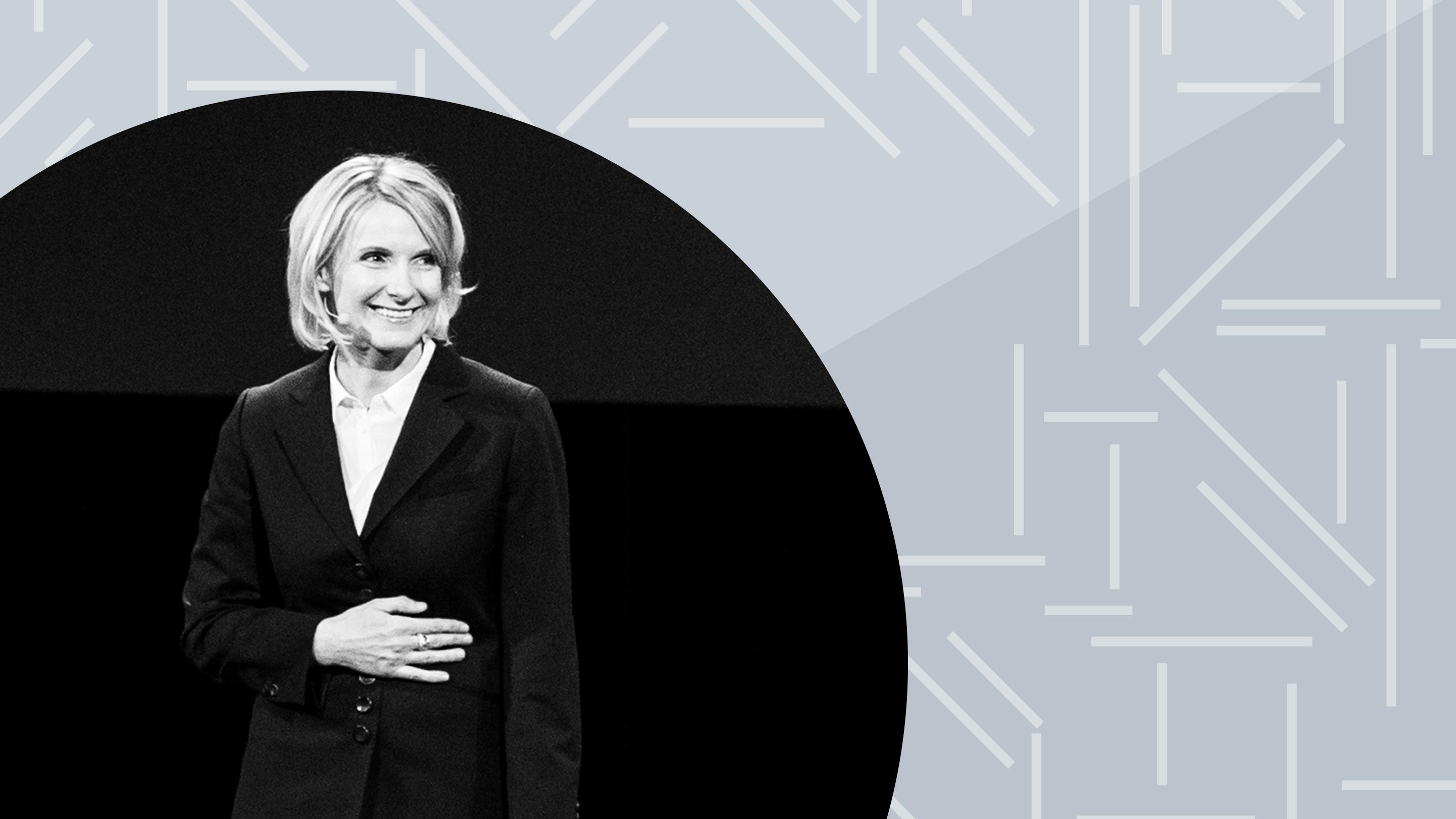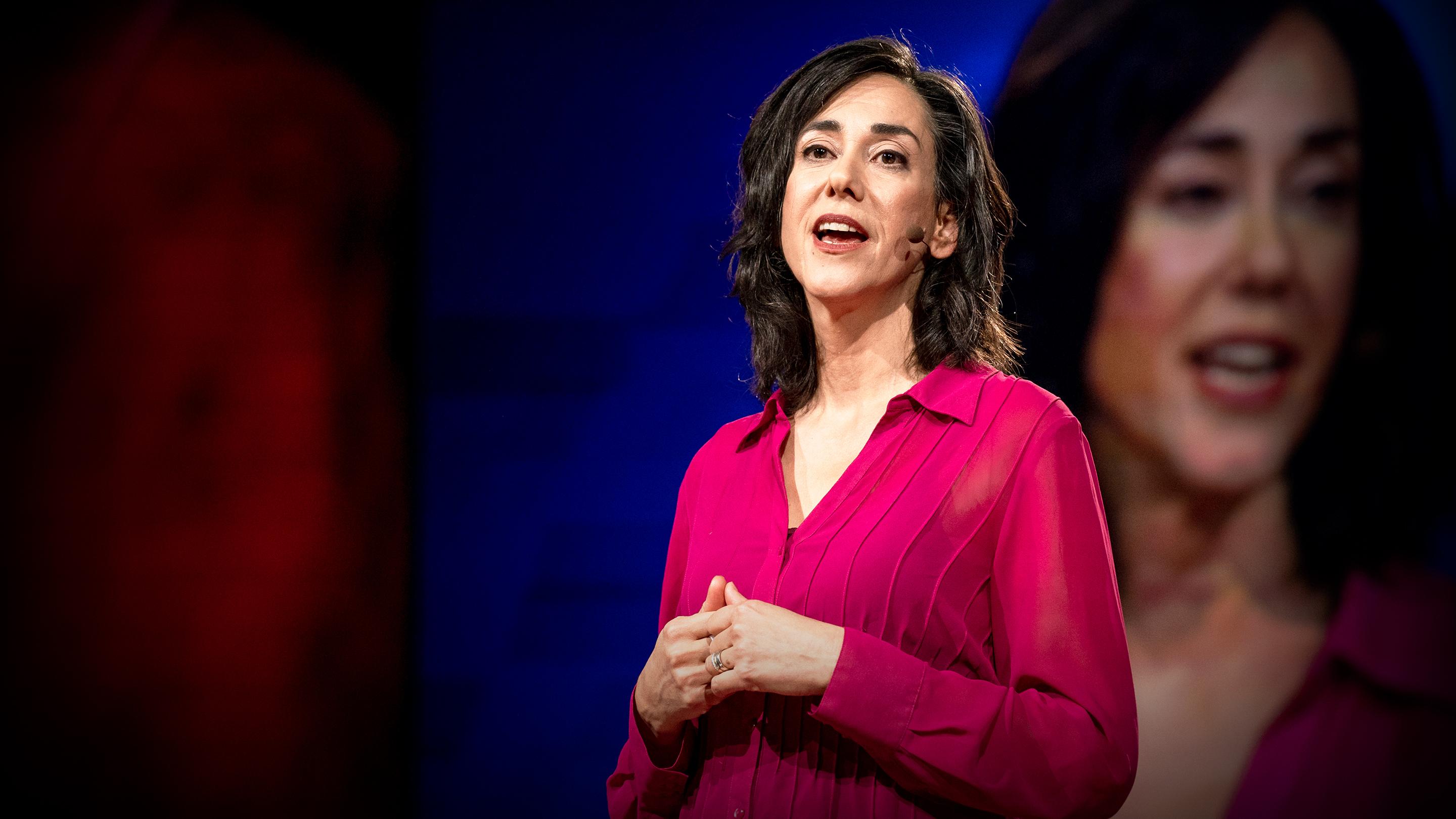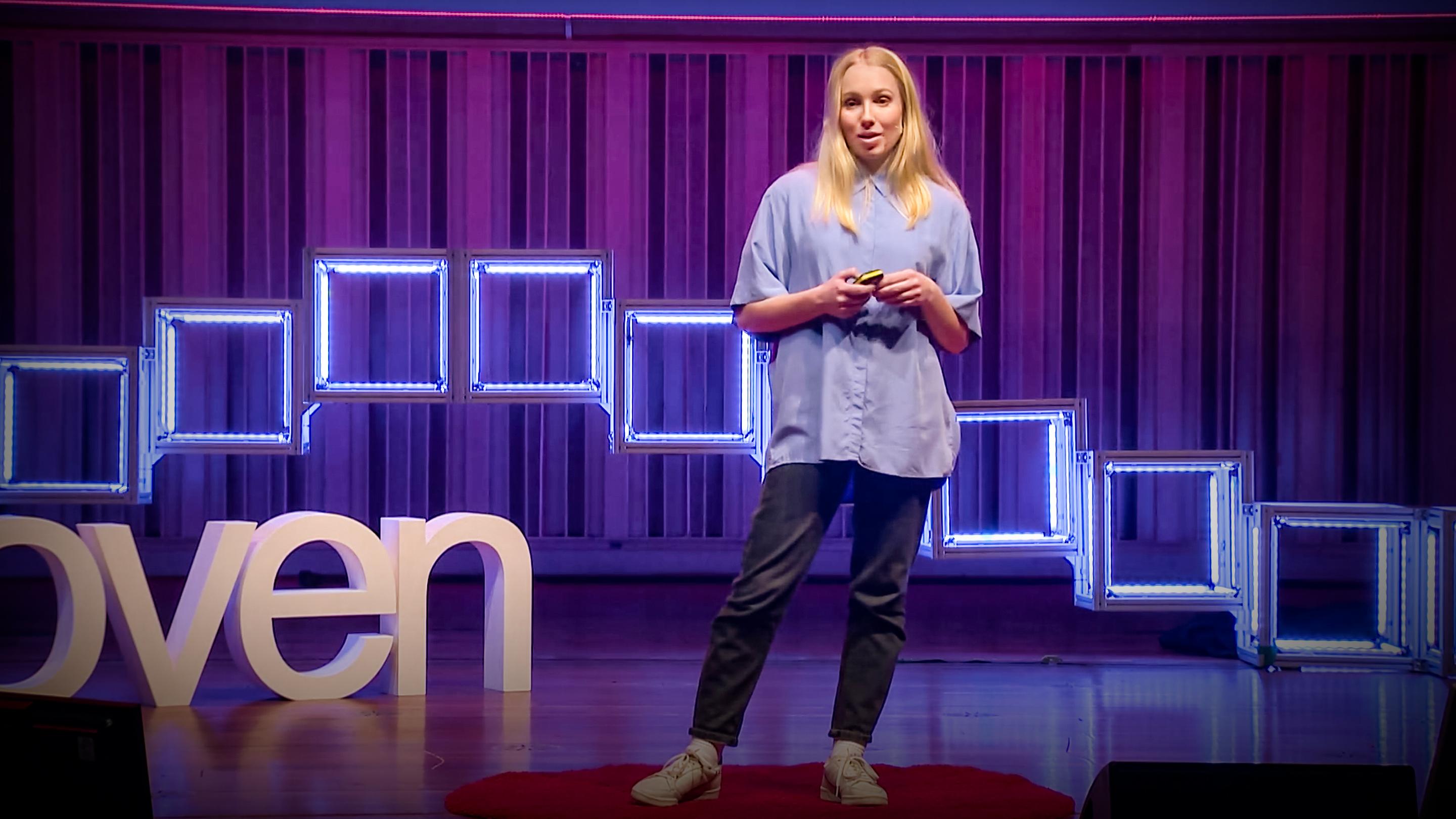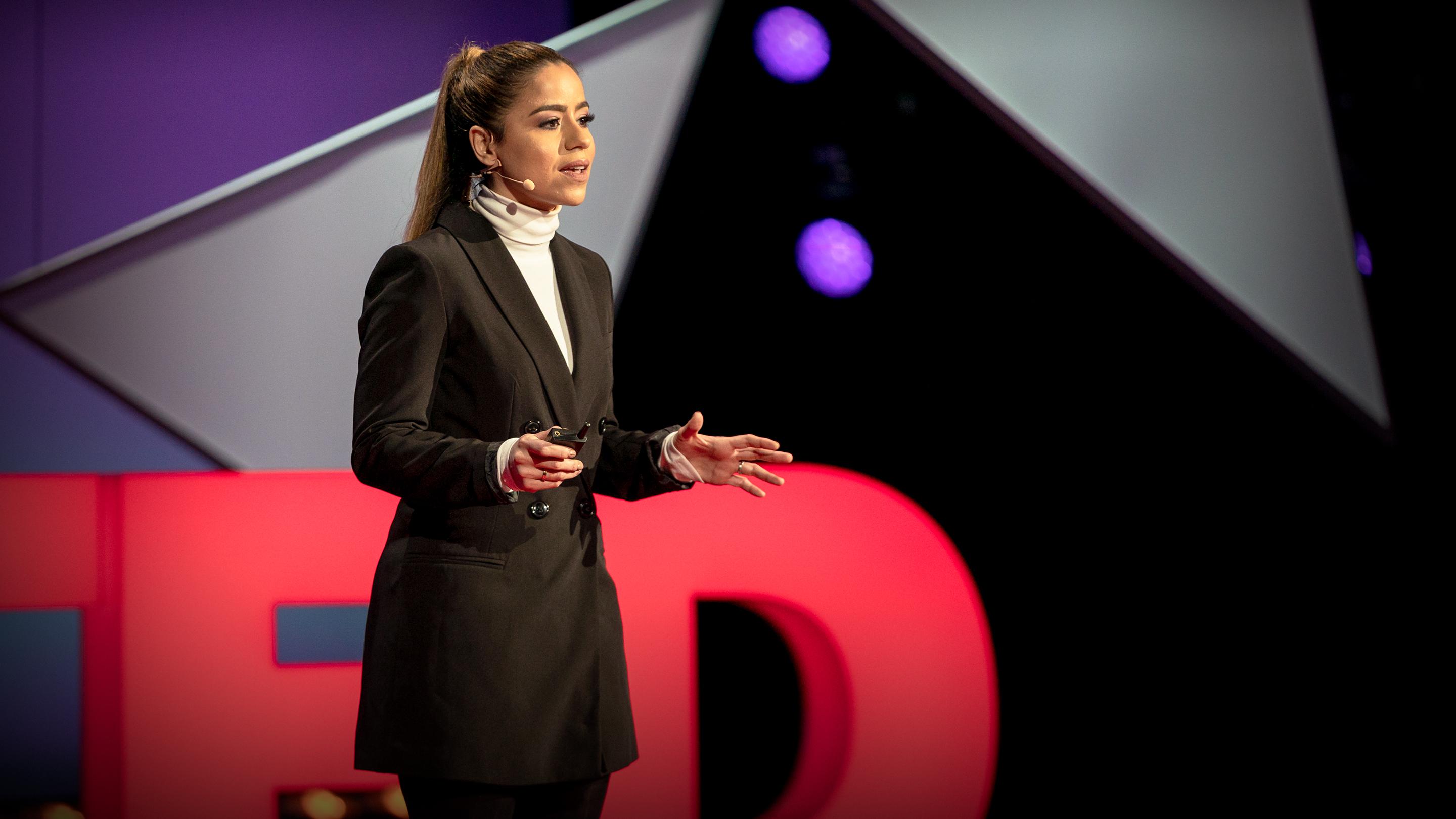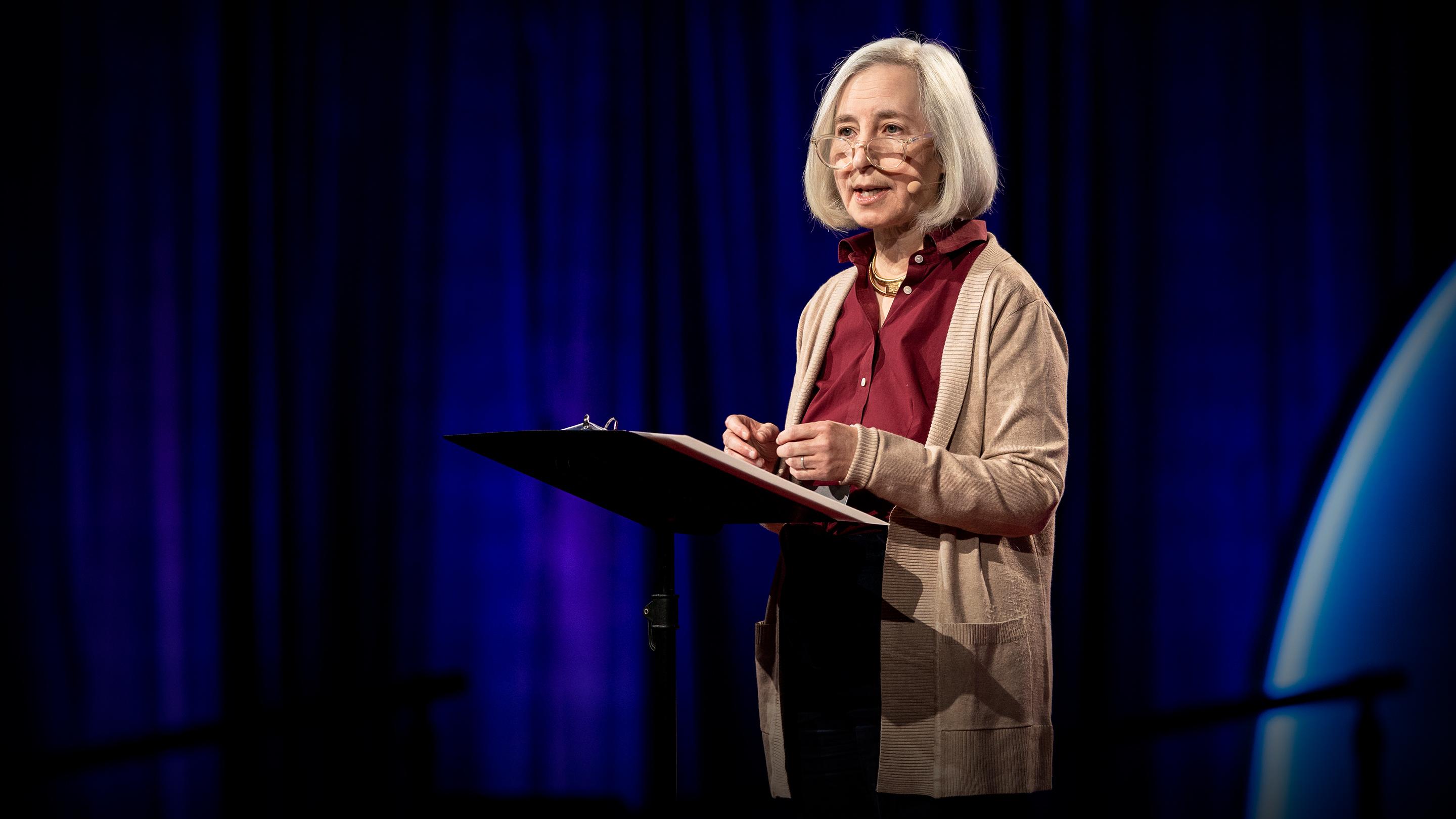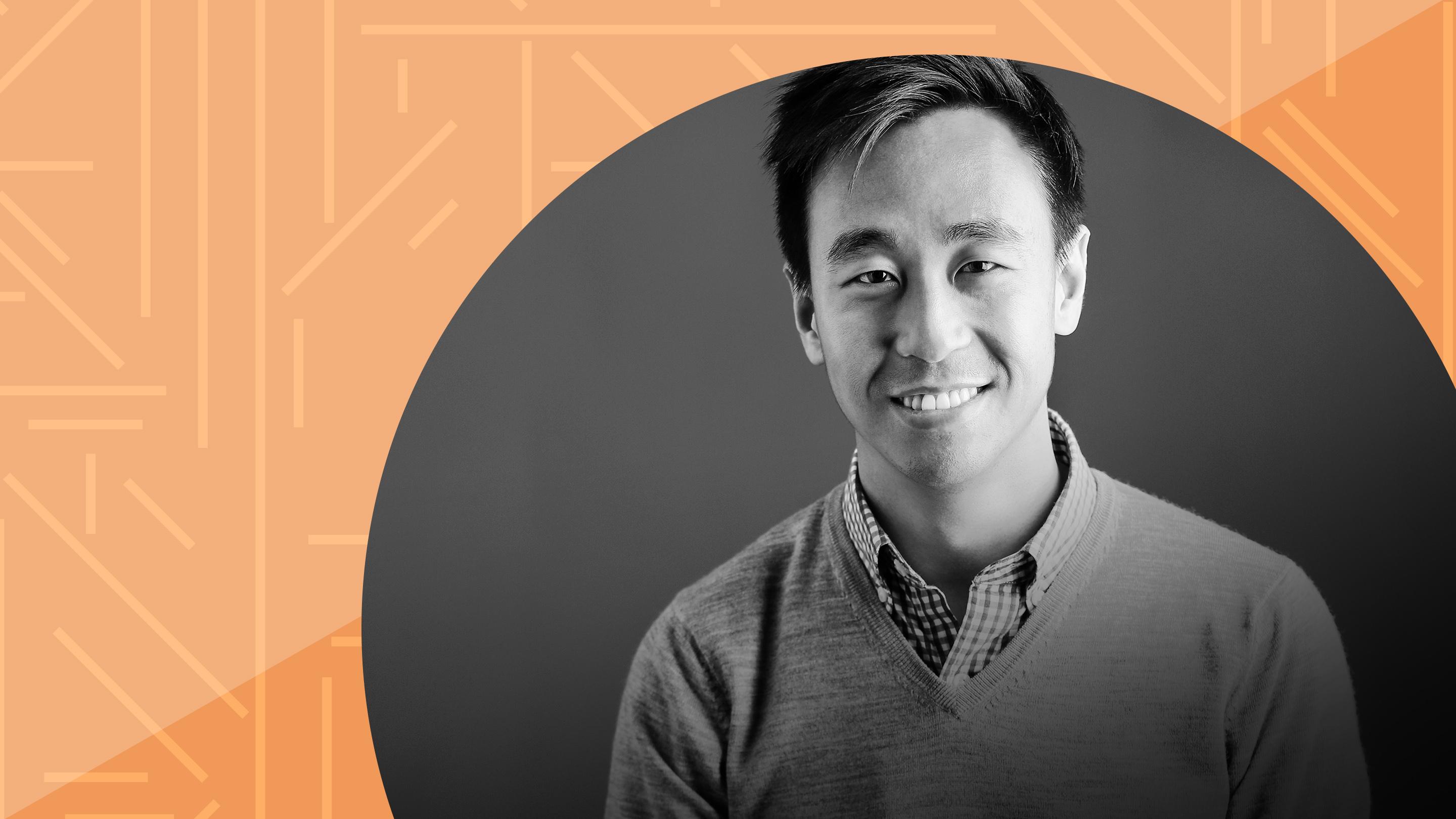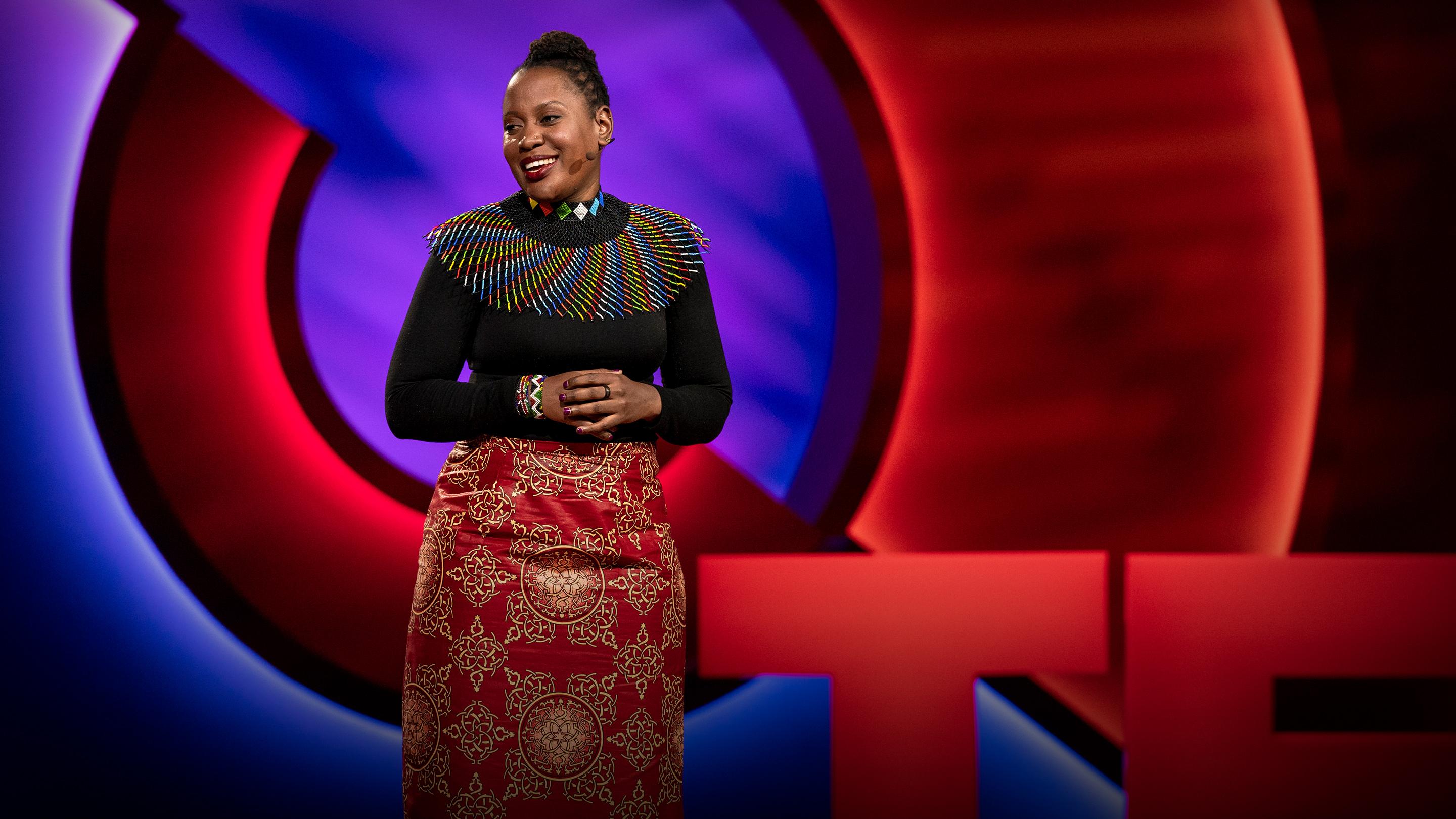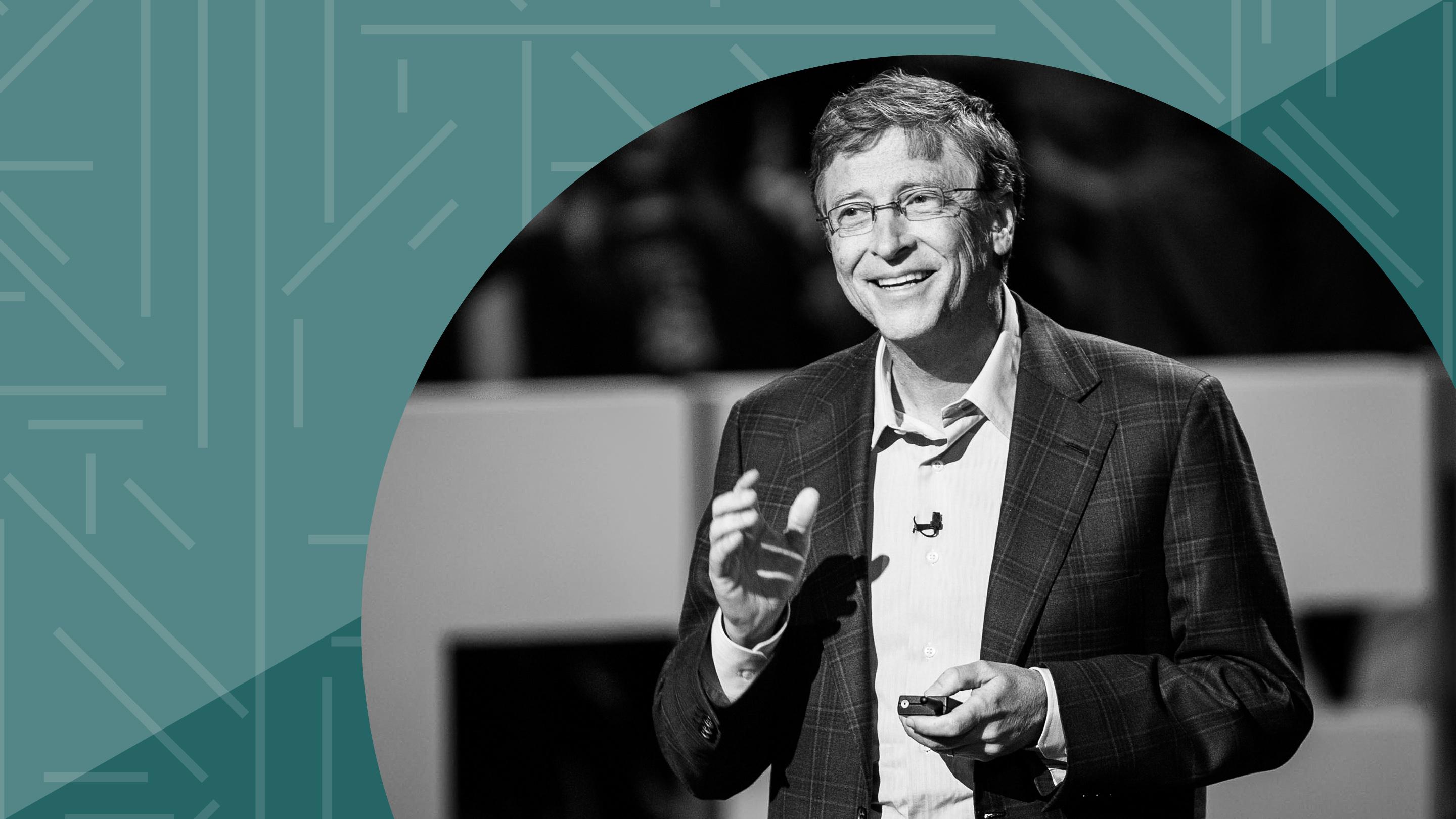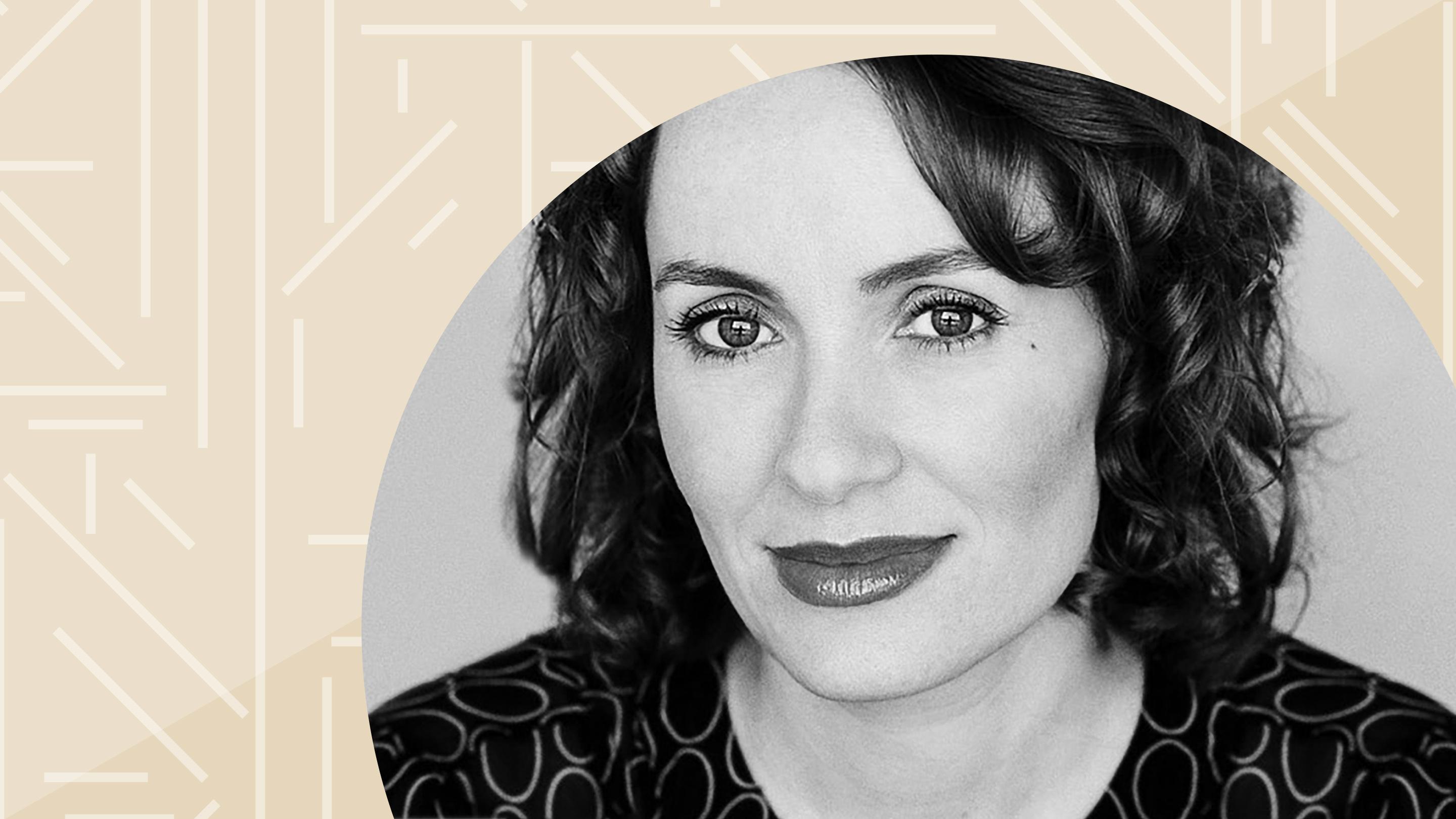TED Talks Daily
Every weekday, TED Talks Daily brings you the latest talks in audio. Join host and journalist Elise Hu for thought-provoking ideas on every subject imaginable — from Artificial Intelligence to Zoology, and everything in between — given by the world's leading thinkers and creators. With TED Talks Daily, find some space in your day to change your perspectives, ignite your curiosity, and learn something new.
Education 273 rész Ideas worth spreading from the TED Conference
What science taught me about being a Muslim drag queen | TEDx SHORTS
4 perc
273. rész
For a long time, Amrou Al-Kadhi struggled to negotiate the intersections between their queer and Islamic heritage. These identities felt completely polarized, as if their identity were founded on a tectonic fault at constant risk of rupture. Yet, it was the unlikely world of quantum physics that allowed Al-Kadhi to find the magic of contradictions -- and to revel in their intersectional identity. Listen and subscribe to TEDx SHORTS and more podcasts from the TED Audio Collective at audiocollective.ted.com.
An election system that puts voters (not politicians) first | Amber McReynolds
10 perc
272. rész
From hours-long lines and limited polling locations to confusing and discriminatory registration policies, why is it so hard to vote in the US? Voting rights expert Amber McReynolds offers a proven alternative: a new process, already happening in parts of the country, that could bring accountability, transparency and equity to the outdated and sputtering system that American democracy currently relies on.
Why I photograph the quiet moments of grief and loss | Caroline Catlin
13 perc
272. rész
The only thing as powerful as our grief is the love we have for those we've lost, says photographer Caroline Catlin. In this meditation on the intersection of life and death, Catlin shares how her personal journey with loss drove her to capture the elusive moments of grace and beauty that exist even in the hardest moments imaginable.
Possible futures from the intersection of nature, tech and society | Natsai Audrey Chieza
8 perc
272. rész
Biodesigner Natsai Audrey Chieza prototypes the future, imagining a world where people and nature can thrive together. In this wildly imaginative talk, she shares the vision behind her innovation lab, which works at the intersection of nature, technology and society to create sustainable materials and models for the future. Chieza invites us to consider what kind of world we wish for -- and what systemic changes and collaborations need to happen for it to exist.
The innovations we need to avoid a climate disaster | Bill Gates
48 perc
272. rész
The single most important thing for avoiding a climate disaster is cutting carbon pollution from the current 51 billion tons per year to zero, says philanthropist and technologist Bill Gates. Introducing the concept of the "green premium" -- the higher price of zero-emission products like electric cars, artificial meat or sustainable aviation fuel -- Gates identifies the breakthroughs and investments we need to reduce the cost of clean tech, decarbonize the economy and create a pathway to a clean and prosperous future for all. (This virtual conversation, hosted by TED Global curator Bruno Giussani, was recorded in March 2021.)
The Power of Spaces | TED Radio Hour
11 perc
272. rész
How do spaces shape the human experience? In what ways do our rooms, homes and buildings give us meaning and purpose? In this segment, architect Michael Murphy joins host Manoush Zomorodi to explore the power of the spaces we make and inhabit. To listen to the whole episode, find TED Radio Hour wherever you're listening to this. And explore the world of the TED Audio Collective at audiocollective.ted.com.
Online learning could change academia -- for good | Tyler Dewitt
13 perc
271. rész
Higher education remains rooted in rigid, traditional structures and tracks -- and it's at risk of getting left behind in favor of expanded access, greater flexibility and tailored learning. Educator Tyler DeWitt explains how innovations in digital content and virtual reality are ushering in the future of learning, emphasizing why academia must adapt to this new reality and embrace an approach to education that works with students' needs -- not against them.
How to have constructive conversations | Julia Dhar
10 perc
270. rész
"We need to figure out how we go into conversations not looking for the victory, but the progress," says world debate champion Julia Dhar. In this practical talk, she shares three essential features of productive disagreements grounded in curiosity and purpose. The end result? Constructive conversations that sharpen your argument -- not your relationships.
How synthetic biology can improve our health, food and materials | Emily Leproust
11 perc
270. rész
What if we could we use biology to restore our balance with nature without giving up modern creature comforts? Advocating for a new kind of environmentalism, scientist and entrepreneur Emily Leproust rethinks modern sustainability at the molecular level, using synthetic biology to create green alternatives. From lab-developed insulin and disease-resistant bananas to airplanes made of super-strong spider silk, she explains how reading and writing DNA can lead to groundbreaking innovations in health, food and materials.
What if mental health workers responded to emergency calls? | Leslie Herod
9 perc
270. rész
When you report an emergency in the US, police, firefighters or paramedics answer the call. What if mental health professionals responded, too? Colorado State Representative Leslie Herod shares a straightforward and research-backed approach that brings heart and humanity to criminal justice rather than unnecessary fines and arrests -- and keeps crises from escalating into traumatic, or even deadly, events.
How to challenge conventional wisdom -- and change any industry | How to Be a Better Human
27 perc
269. rész
Do you think Hollywood needs to change? How about your own industry? It's difficult to get decision makers to step outside of the tried-and-true and attempt something new. In this episode, host Chris Duffy sits down with Franklin Leonard -- founder and CEO of the Black List, a company that elevates great screenplays and the writers who create them -- to discuss how he shifted the way Hollywood works, and how anyone can catalyze change by questioning whether the conventional wisdom is all convention and no wisdom. Listen and subscribe to How to Be a Better Human and more podcasts from the TED Audio Collective at audiocollective.ted.com.
4 lessons the pandemic taught us about work, life and balance | Patty McCord
7 perc
268. rész
The COVID-19 pandemic changed the way we work for good. Can it also change it for the better? Consultant Patty McCord reviews four key insights employers and employees alike gleaned from their shift to working from home -- and shares how companies can use what they learned in lockdown to creatively and innovatively rethink how we do business.
What is deep tech? A look at how it could shape the future | Antoine Gourévitch
10 perc
268. rész
How do companies like SpaceX make sudden breakthroughs on decades-old challenges? Emerging tech expert Antoine Gourévitch explains how deep tech -- a new approach to innovation that merges science, engineering and design thinking -- is unlocking solutions to problems in space exploration, biology, energy and more. As Gourévitch says: "[deep tech] is changing what was once considered impossible into something actively possible, today."
Love, sorrow and the emotions that power climate action | Knut Ivar Bjørlykhaug
12 perc
267. rész
Picture your favorite place in nature. How would you feel if it disappeared tomorrow? In this love letter to the planet, social worker and environmental activist Knut Ivar Bjørlykhaug invites us to confront the deep, difficult emotions -- love, sorrow and even rage -- born from climate-driven ecological loss in order to act in service of our collective home.
The myth of bringing your full, authentic self to work | Jodi-Ann Burey
15 perc
267. rész
Calls for authenticity at work ask for passionate people with diverse, fresh perspectives who challenge old ways of thinking. But too often workplace culture fails to support the authenticity of professionals of color and other underrepresented groups, leading instead to backlash and fewer opportunities. Writer Jodi-Ann Burey outlines steps toward exposing privilege and achieving true equity on the job -- and implores those in leadership positions to accept responsibility for change.
Should we cry at work? | TED Business
24 perc
266. rész
Feelings are complicated. And even more so at work. We like to believe the ultimate professional is stoic, but what important information do we miss when we disregard our emotions on the job? In this episode, Harvard psychologist Susan David helps us break free from the "tyranny of positivity" and embrace the full range of our emotions. After the talk, host Modupe Akinola extends this idea to the workplace by examining a time she shed tears at a meeting with colleagues. Listen and subscribe to "TED Business" and more podcasts from the TED Audio Collective at audiocollective.ted.com.
My mother's final wish -- and the right to die with dignity | Elaine Fong
21 perc
264. rész
After a terminal cancer diagnosis upended 12 years of remission, all Elaine Fong's mother wanted was a peaceful end of life. What she received instead became a fight for the right to decide when. Fong shares the heart-rending journey to honor her mother's choice for a death with dignity -- and reflects on the need to explore our relationship to dying so that we may redesign this final and most universal of human experiences.
How compassion could save your strained relationships | Betty Hart
11 perc
264. rész
When personal relationships and ideological differences collide, the result can lead to strained relations -- or even years of silence and distance. Actor Betty Hart offers an alternative to cold shoulders and haughty hellos: compassion, and a chance for growth and change instead of losing important time with loved ones.
How video game skills can get you ahead in life | William Collis
10 perc
263. rész
What does it take to be a pro gamer? Esports expert William Collis charts the rise of the multibillion-dollar competitive gaming industry and breaks down three skills needed to master video games like Fortnite, League of Legends and Rocket League. And watch out, Collis says: these skills can set you up for crushing it at work, too.
Cheryl Strayed | Design Matters with Debbie Millman
56 perc
263. rész
Debbie Millman talks to author Cheryl Strayed about her childhood, career and the value of taking a very long hike. Listen and subscribe to "Design Matters" and more podcasts from the TED Audio Collective at audiocollective.ted.com.
The value of your humanity in an automated future | Kevin Roose
10 perc
262. rész
To futureproof your job against robots and AI, you should learn how to code, brush up on your math skills and crack open an engineering textbook, right? Wrong. In this surprisingly comforting talk, tech journalist Kevin Roose makes the case that rather than trying to compete with the machines, we should instead focus on what makes us uniquely human.
The people who caused the climate crisis aren't the ones who will solve it | Angela Mahecha Adrar
12 perc
262. rész
Corporations and big business have wrecked the environment, but disadvantaged communities living in "sacrifice zones" -- urban areas heavily polluted and poisoned by industry -- are paying the price, says climate justice leader Angela Mahecha Adrar. Explaining why racial and economic justice must be at the center of climate action, she takes us to the frontline communities that are leading the world to clean, innovative and just climate solutions -- like Cooperativa Tierra y Libertad, a local farm co-op in Washington that's disrupting the multibillion-dollar berry business.
Why there's no such thing as objective reality | Greg Anderson
16 perc
261. rész
In the grand scheme of history, modern reality is a bizarre exception when compared to the worlds of ancient, precolonial and Indigenous civilizations, where myths ruled and gods roamed, says historian Greg Anderson. So why do Westerners today think they're right about reality and everybody else is wrong? Anderson tears into the fabric of objective reality to reveal the many universes that lie beyond -- and encourages a healthy reimagining of what other possible ways of being human could look like.
You don't need aliens to make history interesting | Sarah Kurnick
12 perc
260. rész
Aliens have invaded ancient history: they've cropped up in humanity's past through popular television and movies, displacing facts with absurd yet commonplace beliefs like "aliens built the pyramids." Archaeologist Sarah Kurnick illustrates why these misconceptions perpetuate racist and xenophobic notions of history and culture -- and demonstrates how you can help debunk these dangerous, outlandish myths.
The US is back in the Paris Agreement. What's next? | John Kerry and Al Gore
38 perc
257. rész
On his first day as president, Joe Biden signed a letter of acceptance that set in motion the 30-day process for the United States to re-join the Paris Agreement on climate. On the day the US returns to the accord, John Kerry, the US Special Envoy for Climate, sits down with Nobel Laureate Al Gore to discuss the make-or-break decade ahead of us. Listen as Kerry lays out how the US fits into the global plan to get to net-zero emissions, explains why the COP26 UN climate conference could be humanity's "last best hope" to build international momentum and explores the role of business and youth activists in promoting environmental justice. (This interview features an introduction from Christiana Figueres, the principal architect of the Paris Agreement.)
How technology has changed what it's like to be deaf | Rebecca Knill
13 perc
261. rész
"Complete silence is very addictive," says Rebecca Knill, a writer who has cochlear implants that enable her to hear. In this funny, insightful talk, she explores the evolution of assistive listening technology, the outdated way people still respond to deafness and how we can shift our cultural understanding of ability to build a more inclusive world. "Technology has come so far," Knill says. "Our mindset just needs to catch up."
How theater weathers wars, outlasts empires and survives pandemics | Cara Greene Epstein
14 perc
260. rész
When catastrophe strikes, art prevails -- and has done so for centuries. In this fascinating talk, writer and director Cara Greene Epstein places the closing of theaters during the coronavirus pandemic in a historical context, exploring how we can use this intermission to imagine a more just, representative and beautiful world, onstage and off.
I let algorithms randomize my life for two years | Max Hawkins
11 perc
260. rész
What if everything in your life was randomized: from the food you ate to the things you did and the places you traveled? Computer scientist Max Hawkins created algorithms to make decisions like these for him -- and got hooked on the experience for two years. He shares how relinquishing choice sent him across the world and opened him up to the beautiful complexity and richness of life. It makes you wonder: What lies just outside your comfort zone?
The political power of being a good neighbor | Michael Tubbs
17 perc
260. rész
Michael Tubbs is the youngest mayor in American history to represent a city with more than 100,000 people -- and his policies are sparking national conversations. In this rousing talk, he shares how growing up amid poverty and violence in Stockton, California shaped his bold vision for change and his commitment to govern as a neighbor, not a politician. "When we see someone different from us, they should not reflect our fears, our anxieties, our insecurities," he says. "We should see our common humanity."
The hidden history found in your teeth | Carolyn Freiwald
10 perc
259. rész
Your teeth carry secrets: centuries of history about your ancestors, from where they lived to what they ate and where they traveled. Bioarchaeologist Carolyn Freiwald traces the story of human migration across the Americas -- from Mayan royalty and Belizean buccaneers to rural Appalachian farmers -- to illustrate what ancient teeth can reveal about you.
The paradigm shift toward equitable tech access across Africa | 'Gbenga Sesan
10 perc
259. rész
Centuries of inequality can't be solved with access to technology alone -- we need to connect people with training and support too, says tech inclusionist 'Gbenga Sesan. Sharing the work behind the Paradigm Initiative, a social enterprise in Nigeria that's empowering young people with digital resources and skills, Sesan details a vision for creating life-changing opportunities for generations of people across Africa.
Community-powered solutions to the climate crisis | Rahwa Ghirmatzion and Zelalem Adefris
4 perc
259. rész
Climate change is the epic challenge of our lives, and community leaders like Rahwa Ghirmatzion and Zelalem Adefris are already working on sustainable, resilient solutions. Through their organizations in Buffalo and Miami, they're focused on durable, affordable housing for under-resourced communities, the most vulnerable to the instability of climate change. Watch for a lesson on how we can work alongside our neighbors to address climate catastrophe and social inequality. (Narrated by Don Cheadle)
The promise of quantum computers | Matt Langione
12 perc
258. rész
What if tiny microparticles could help us solve the world's biggest problems in a matter of minutes? That's the promise -- and magic -- of quantum computers, says Matt Langione. Speaking next to an actual IBM quantum computer, he explains how these machines solve complex challenges like developing vaccines and calculating financial risk in an entirely new way that's exponentially faster than the best supercomputers -- and shares why industries should prepare now for this new leap in computing.
A concrete idea to reduce carbon emissions | Karen Scrivener
4 perc
258. rész
Concrete is the second most-used substance on Earth (behind water), and it's responsible for eight percent of the world's carbon footprint. Cement researcher Karen Scrivener shares the research behind a pioneering new kind of cement known as LC3, which could slash carbon emissions from this crucial building material by 40 percent, if adopted at scale.
How a green economy could work for you | Angela Francis
11 perc
257. rész
How do you get the environment to the top of everyone's priority list? You can't, says climate advocate Angela Francis -- but you can get them to care about improving their lives. In this pragmatic talk, she shares her playbook for helping even the most skeptical among us see the benefits of a greener economy on their health, wealth and well-being.
How technology changes our sense of right and wrong | Juan Enriquez
7 perc
257. rész
What drives society's understanding of right and wrong? In this thought-provoking talk, futurist Juan Enriquez offers a historical outlook on what humanity once deemed acceptable -- from human sacrifice and public executions to slavery and eating meat -- and makes a surprising case that exponential advances in technology leads to more ethical behavior.
The surprising connection between brain injuries and crime | Kim Gorgens
11 perc
258. rész
Here's a shocking statistic: 50 to 80 percent of people in the criminal justice system in the US have had a traumatic brain injury. In the general public, that number is less than five percent. Neuropsychologist Kim Gorgens shares her research into the connection between brain trauma and the behaviors that keep people in the revolving door of criminal justice -- and some ways to make the system more effective and safer for everyone.
How a geospatial nervous system could help us design a better future | Jack Dangermond
22 perc
257. rész
What if we could better understand the world's biggest challenges simply by looking at a map? Jack Dangermond, a pioneer in geographic information system (GIS) technology that powers the digital maps people around the world use every day, speaks with TED technology curator Simone Ross about how his team is building a geospatial nervous system: a global, interconnected GIS network that reveals patterns, visualizes trends -- and could transform the way we make decisions about nearly everything.
When the world is burning, is art a waste of time? | R. Alan Brooks
12 perc
256. rész
Is art worth it? "Hell yeah," says graphic novelist R. Alan Brooks -- art has the power to scare dictators, inspire multitudes and change hearts and minds across the world. Reflecting on his journey to become an artist at a time when the world felt like it was burning, Brooks shares how creating something from a place of sincerity and passion can positively impact people in ways you may never know.
What a cactus taught me about prickly emotions | Jessica Woods
11 perc
255. rész
Difficult emotions are like the spikes of a cactus: they can get under your skin if you're not careful. In this empowering talk, performance psychologist Jessica Woods shares four mood-regulating strategies to help you gain self-awareness of your feelings, avoid catching other people's emotions and perform at your peak -- whatever the prickly situation may be.
My journey mapping the uncharted world | Tawanda Kanhema
7 perc
254. rész
Significant pieces of the globe are literally not on the map: they're missing from the most widely used mapping platforms, like Google Street View, leaving communities neglected of vital services and humanitarian aid. In this globetrotting talk, photographer Tawanda Kanhema takes us along on his journey to map 3,000 miles of uncharted areas in Zimbabwe, Namibia and northern Canada -- and shows how we can all contribute to building a more connected world.
What COVID-19 revealed about US schools -- and 4 ways to rethink education | Nora Flanagan
10 perc
253. rész
The abrupt shift to online learning due to COVID-19 rocked the US education system, unearthing many of the inequities at its foundation. Educator Nora Flanagan says we can reframe this moment as an opportunity to fix what's long been broken for teachers, students and families -- and shares four ways schools can reinvent themselves for a post-pandemic world.
The joy of shopping -- and how to recapture it online | Nimisha Jain
11 perc
253. rész
Shopping is about more than just what you buy: it's a treasure hunt to discover something new, a negotiation to get a great deal, a time to catch up with friends and family. But for many, online shopping has turned the experience into an impersonal, unsatisfactory event. Is there a way to bring back the magic? With exciting examples from companies in India, Thailand and China, consumer expert Nimisha Jain introduces us to "conversational commerce," a new retail model that combines the convenience of a digital experience with the personalized touch of a real, human interaction.
Using your voice is a political choice | Amanda Gorman
7 perc
251. rész
For anyone who believes poetry is stuffy or elitist, National Youth Poet Laureate Amanda Gorman has some characteristically well-chosen words. Poetry is for everyone, she says, and at its core it's all about connection and collaboration. In this fierce talk and performance, she explains why poetry is inherently political, pays homage to her honorary ancestors and stresses the value of speaking out despite your fears. "Poetry has never been the language of barriers," Gorman says. "It's always been the language of bridges."
Dare to lead as your authentic self | Tracy Young
6 perc
250. rész
As the founder of a startup, Tracy Young often worried that employees and investors valued male CEOs more -- and that being a woman compromised her position as a leader. In this brave, personal talk, she gives an honest look at the constraints women face when trying to adapt to a male-dominated business culture -- and shares how she developed the courage and vulnerability to lead as her complete, raw self. (This talk contains a graphic story. Discretion is advised.)
3 ways to upgrade democracy for the 21st century | Max Rashbrooke
14 perc
250. rész
Democracy needs an update -- one that respects and engages citizens by involving them in everyday political decisions, says writer and researcher Max Rashbrooke. He outlines three global success stories that could help move democratic systems forward and protect society against the new challenges this century is already bringing.
How a strong creative industry helps economies thrive | Mehret Mandefro
10 perc
250. rész
When global leaders think about which industries can fuel economic growth, the arts are often overlooked. But filmmaker Mehret Mandefro says the creative sector actually has the power to grow economies -- while also helping safeguard democracy. In this captivating talk, she shares a behind-the-scenes look at how she's putting culture back on the economic agenda in Ethiopia, and explains why other countries would benefit from doing the same.
Humanity's planet-shaping powers -- and what they mean for the future | Achim Steiner
9 perc
250. rész
Humanity now has incredible power to shape nature and the Earth: the power to destroy and the power to repair, says sustainability champion and UNDP Administrator Achim Steiner. In this action-oriented talk, Steiner shows how this power is putting our own survival at risk -- and takes us on a global tour of individuals and societies that are choosing to write a new, sustainable and equitable chapter for people and the planet.
How bad data keeps us from good AI | Mainak Mazumdar
10 perc
250. rész
The future economy won't be built by people and factories, but by algorithms and artificial intelligence, says data scientist Mainak Mazumdar. But what happens when these algorithms get trained on biased data? Drawing on examples from Shanghai to New York City, Mazumdar shows how less-than-quality data leads to AI that makes wrong decisions and predictions -- and reveals three infrastructural resets needed to make ethical AI possible.
How your brain responds to stories -- and why they're crucial for leaders | Karen Eber
14 perc
248. rész
How do the world's best leaders and visionaries earn trust? They don't just present data -- they also tell great stories. Leadership consultant Karen Eber demystifies what makes for effective storytelling and explains how anyone can harness it to create empathy and inspire action.
4 tips to kickstart honest conversations at work | Betsy Kauffman
9 perc
248. rész
Why is it so hard to speak up and productively disagree at work? Leadership and organization coach Betsy Kauffman shows how to bring the candid conversations that usually happen at the watercooler out into the open with four practical strategies you can implement right now to have honest, transparent discussions with your colleagues.
How carbon capture networks could help curb climate change | Bas Sudmeijer
11 perc
248. rész
What if we could build a global waste disposal service for carbon? In this forward-thinking talk, carbon capture advisor Bas Sudmeijer proposes building CO2 networks: partnerships between cities around the world that would share the cost and geological resources needed to trap emissions deep in the earth -- and give us a shot at stalling climate change.
6 essential lessons for women leaders | Julia Gillard and Ngozi Okonjo-Iweala
9 perc
247. rész
In a rich conversation full of practical insights, former Prime Minister of Australia Julia Gillard and former Finance Minister of Nigeria Ngozi Okonjo-Iweala reflect on their experiences as women leaders in positions of global power -- and share six standout lessons on what it takes to lead and build solidarity in the face of gender bias and stereotypes.
The counterintuitive way to be more persuasive | Niro Sivanathan
10 perc
246. rész
What's the best way to make a good point? Organizational psychologist Niro Sivanathan offers a fascinating lesson on the "dilution effect," a cognitive quirk that weakens our strongest cases -- and reveals why brevity is the true soul of persuasion.
How AI can help shatter barriers to equality | Jamila Gordon
5 perc
245. rész
Jamila Gordon believes in the power of human connection -- and artificial intelligence -- to help people who might otherwise be left behind. Telling the story of her own path from refugee to global tech executive, she shows how AI is helping refugees, migrants and those from disadvantaged backgrounds find jobs and develop the skills they need to work effectively and safely.
The 1-minute secret to forming a new habit | Christine Carter
11 perc
244. rész
You know how resolutions often go: you set a goal and start strong ... then the motivation runs out and feelings of frustration and shame creep in. The struggle is real -- but what if it doesn't have to be? Sociologist Christine Carter shares a simple step to shift your mindset and keep you on track to achieving your grandest ambitions.
How to turn moments into momentum | Renee Montgomery
4 perc
243. rész
Inspired by the rising movement against racism in the US, WNBA champion Renee Montgomery made an unexpected decision: she opted out of her dream job. As she says in this stirring talk, she wanted to "make it felt," and that meant turning her attention from the court to the community. But you don't have to be a basketball star to make it felt; anyone can turn important moments into meaningful momentum. How will you?
3 ways companies can support grieving employees | Tilak Mandadi
11 perc
242. rész
When we experience loss, grief travels with us everywhere -- even work. What can companies do to support grieving employees? Sharing his own story of unimaginable heartbreak, Tilak Mandadi offers three ways organizations can cultivate a culture of workplace empathy, creating an environment that encourages community, productivity and joy. (This talk contains mature content.)
How we could make carbon-negative concrete | Tom Schuler
4 perc
241. rész
Concrete is all around us: we use it to build our roads, buildings, bridges and much more. Yet over the last 2,000 years, the art of mixing cement and using it to bind concrete hasn't changed very much -- and it remains one of the world's biggest emitters of carbon. Entrepreneur Tom Schuler previews an innovative way to create concrete, potentially turning it into a carbon sink that traps CO2 from the atmosphere -- while producing a viable building material.
3 questions to ask yourself about everything you do | Stacey Abrams
12 perc
240. rész
How you respond to setbacks is what defines your character, says Stacey Abrams, the first Black woman in the history of the United States to be nominated by a major party for governor. In an electrifying talk, she shares the lessons she learned from her campaign for governor of Georgia -- and some advice on how to change the world. "Be aggressive about your ambition," Abrams says.
What your sleep patterns say about your relationship | TEDx SHORTS
9 perc
239. rész
Wendy Troxel looks at the cultural expectations that pressure couples into sharing a bed and why some relationships would benefit from sleeping separately. This talk was filmed at TEDxManhattanBeach. All TEDx events are organized independently by volunteers in the spirit of TED's mission of ideas worth spreading. To learn more about TEDxSHORTS, the TEDx program, or give feedback on this episode, please visit go.ted.com/tedxshorts.
How we can actually pay people enough -- with Paypal CEO Dan Schulman | TED Business
20 perc
238. rész
Capitalism urgently needs an upgrade, says PayPal CEO Dan Schulman, and it starts with paying people enough to actually invest in their futures. He explains the epiphany that led PayPal to create a whole new metric for adequate pay, Net Disposable Income, and why investing in employees' financial health is just good business. After the talk, host Modupe Akinola makes the case for going one step further and considering how fair pay might actually mean something pretty different for every employee. (This is an episode of TED Business. Find it wherever you listen to podcasts.)
The joy of taking out the trash | Aparna Nancherla
3 perc
237. rész
Comedian Aparna Nancherla loves to take out the trash. In this funny and sharp meditation on garbage -- "the stuff that our modern, consumerist, carbon-powered culture makes us buy endlessly, and often for no reason" -- she shares thoughts on how to use less in a world that's choking on ever-larger piles of waste.
An Indigenous Mixtape from Lima, Peru | Far Flung
46 perc
236. rész
Meet Liberato Kani, a hip hop artist in Lima, Peru -- or as he says, "the Andean Bronx". At his concerts, a typical call and response you hear is "Quechua es resistencia": Quechua is resistance. Though Quechua is spoken by nearly ten million people, Peru's native language is at risk of dying off because of anti-indigenous prejudice. Liberato and other musicians like Renata Flores are here to save it -- and restore a country's pride while they're at it. (Audio only)
The shadow pandemic of domestic violence during COVID-19 | Kemi DaSilva-Ibru
5 perc
235. rész
Mandatory lockdowns, quarantines and shelter-in-place orders meant to contain COVID-19 have created a shadow pandemic of domestic abuse, says physician Kemi DaSilva-Ibru. Sharing alarming statistics on the rise of gender-based violence worldwide, she describes how Nigeria quickly retrained a squadron of basic health care providers to respond to the crisis -- and shares lesson other countries can adopt to keep people safe from harm.
Why lakes and rivers should have the same rights as humans | Kelsey Leonard
13 perc
234. rész
Water is essential to life. Yet in the eyes of the law, it remains largely unprotected -- leaving many communities without access to safe drinking water, says legal scholar Kelsey Leonard. In this powerful talk, she shows why granting lakes and rivers legal "personhood" -- giving them the same legal rights as humans -- is the first step to protecting our bodies of water and fundamentally transforming how we value this vital resource.
How to practice effectively...for just about anything | Annie Bosler and Don Greene
4 perc
233. rész
Mastering any physical skill takes practice. Practice is the repetition of an action with the goal of improvement, and it helps us perform with more ease, speed, and confidence. But what does practice actually do to make us better at things? Annie Bosler and Don Greene explain how practice affects the inner workings of our brains. [Directed by Martina Meštrović, narrated by Addison Anderson, music by Wonder Boy Audio].
Fossil fuel companies know how to stop global warming. Why don't they? | Myles Allen
10 perc
232. rész
The fossil fuel industry knows how to stop global warming, but they're waiting for someone else to pay, says climate science scholar Myles Allen. Instead of a total ban on carbon-emitting fuels, Allen puts forth a bold plan for oil and gas companies to progressively decarbonize themselves and sequester CO2 deep in the earth, with the aim of reaching net-zero emissions by 2050 and creating a carbon dioxide disposal industry that works for everyone.
6 big ethical questions about the future of AI | Genevieve Bell
14 perc
231. rész
Artificial intelligence is all around us ... and the future will only bring more of it. How can we ensure the AI systems we build are responsible, safe and sustainable? Ethical AI expert Genevieve Bell shares six framing questions to broaden our understanding of future technology -- and create the next generation of critical thinkers and doers.
Financial inclusion, the digital divide and other thoughts on the future of money | Ajay Banga
20 perc
230. rész
Roughly two billion people worldwide don't have access to banks or financial services like credit, insurance and investment -- or even a way to formally prove their identity. How do we bridge this divide? Mastercard CEO Ajay Banga sits down with TED current affairs curator Whitney Pennington Rodgers to discuss how innovative public-private partnerships can help bring everyone into the digital economy -- and why COVID-19 recovery hinges on financial inclusion.
Who counts as a speaker of a language? | Anna Babel
10 perc
231. rész
Backed by research and personal anecdotes, Spanish professor Anna Babel reveals the intricate relationship between language and culture, showing how social categories and underlying biases influence the way we hear, regard and, ultimately, judge each other. A talk that will leave you questioning your assumptions about what it really means to speak a language.
An innovative way to support children with special needs | Billy Samuel Mwape
12 perc
231. rész
After his son was diagnosed with cerebral palsy, Billy Samuel Mwape realized that his project management skills might be put to use to support his child's special needs. In this inspiring, personal talk, he describes how project management -- the process of leading a team's work to achieve goals on a tight timeline -- can help you tackle life's biggest challenges.
How to be an upstander instead of a bystander | Angélique Parisot-Potter
5 perc
231. rész
If you see something wrong in the workplace, what should you do? Business leader Angélique Parisot-Potter says you should speak up, even when it's scary. Sharing her personal experience of voicing concerns at work, she offers three lessons on standing up for what's right.
A strategy for supporting and listening to others | Jeremy Brewer
7 perc
231. rész
As a police officer, Jeremy Brewer interacts with individuals experiencing trauma and loss on a daily basis. Giving us a peek into this little-discussed aspect of the job, Brewer shares thoughtful insights on why respecting people's space is sometimes more important than trying to fix an unfixable moment -- and explains how you can use this approach to support someone when they need you the most.
Why monkeys (and humans) are wired for fairness | Sarah Brosnan
12 perc
230. rész
Fairness matters ... to both people and primates. Sharing priceless footage of capuchin monkeys responding to perceived injustice, primatologist Sarah Brosnan explores why humans and monkeys evolved to care about equality -- and emphasizes the connection between a healthy, cooperative society and everyone getting their fair share.
How creative writing can help you through life's hardest moments | Sakinah Hofler
14 perc
229. rész
Have you ever seen or experienced something and wished you spoke up? Writer Sakinah Hofler makes the case for writing as a tool to help you process difficult memories and reclaim the power they may hold over you. Pick up a pen or pull up a keyboard and follow along as she walks you through how to unburden your mind and inspire reflection.
The legacy of matriarchs in the Yukon First Nations | Kluane Adamek
6 perc
229. rész
In the Yukon First Nations, women lead; generations of matriarchs have guided and directed the community by forging trade agreements, creating marriage alliances and ensuring business for all. Yukon Regional Chief Kluane Adamek urges others to follow in the legacy of her people by putting more women at the table and encouraging them to seek spaces where their perspectives can create the biggest impact for a better tomorrow.
Globalization is ending. What's next? | Mike O'Sullivan
13 perc
229. rész
"Globalization is on its deathbed," says economist Mike O'Sullivan. The question now is: What's next? Tracing the historical successes and failures of globalization, O'Sullivan forecasts a new world order where countries come together over shared values rather than geography. Learn how big regional powers like the United States and China will be driven by distinct ways of governing trade, technology and people -- while smaller nations will forge new alliances to solve problems.
It takes a community to eradicate hate | Wale Elegbede
10 perc
229. rész
Standing up to discrimination and hate should be everyone's business, says community activist Wale Elegbede. In this vital talk, he shares how his community in La Crosse, Wisconsin came together to form an interfaith group in response to Islamophobia and racism -- and shows why a mentality of caring for your neighbors can make life better for everyone.
The role of business in nurturing long-term diversity and inclusion | Rosalind G. Brewer
23 perc
228. rész
When companies think of diversity and inclusion, they too often focus on meeting metrics instead of building relationships with people of diverse backgrounds, says Starbucks COO Rosalind G. Brewer. In this personable and wide-ranging conversation with TED current affairs curator Whitney Pennington Rodgers, Brewer invites leaders to rethink what it takes to create a truly inclusive workplace -- and lays out how to bring real, grassroots change to boardrooms and communities alike.
An aerialist on listening to your body's signals | Adie Delaney
6 perc
228. rész
In the circus, flying confidently through the air requires consistent communication with your fellow performers. Check out how aerialist and educator Adie Delaney teaches her students about trust and safety on the trapeze -- and provides helpful lessons for navigating everyday life on the ground.
What is a weapon in the Information Age? | Sharon Weinberger
11 perc
228. rész
From microscopic "smart dust" tracking devices to DNA-tracing tech and advanced facial recognition software, journalist Sharon Weinberger leads a hair-raising tour through the global, unregulated bazaar of privatized mass surveillance. To reign in this growing, multibillion-dollar marketplace that often caters to customers with nefarious intents, Weinberger believes the first step is for governments to classify surveillance tools as dangerous and powerful weapons.
The city planting a million trees in two years | Yvonne Aki-Sawyerr
4 perc
229. rész
Yvonne Aki-Sawyerr, mayor of Freetown, Sierra Leone, is on a mission to plant a million trees over the next two years, increasing vegetation in her city by fifty percent while shoring up eroding riverbanks and increasing biodiversity. "This isn't just about planting trees; it's about growing trees, and it's about ensuring that each one of us is part of the process," she says. "A million trees is our city's small contribution to increasing the much-needed global carbon sink."
What almost dying taught me about living | Suleika Jaouad
17 perc
228. rész
"The hardest part of my cancer experience began once the cancer was gone," says author Suleika Jaouad. In this fierce, funny, wisdom-packed talk, she challenges us to think beyond the divide between "sick" and "well," asking: How do you begin again and find meaning after life is interrupted?
What happens in your brain when you taste food | Camilla Arndal Andersen
13 perc
227. rész
With fascinating research and hilarious anecdotes, neuroscientist Camilla Arndal Andersen takes us into the lab where she studies people's sense of taste via brain scans. She reveals surprising insights about the way our brains subconsciously experience food -- and shows how this data could help us eat healthier without sacrificing taste.
A magical mantra for nurturing a blissful life | JayaShri Maathaa
4 perc
226. rész
As the coronavirus pandemic raged in her native Sri Lanka, monk JayaShri Maathaa had a thought: two magical words that planted something beautiful in her mind and blossomed into a whole new way of being. She shares how this mantra transformed her life -- and the surprising ways gratitude can invite bliss, joy and harmony between yourself and all that surrounds you.
How your emotions change the shape of your heart | Sandeep Jauhar
16 perc
225. rész
"A record of our emotional life is written on our hearts," says cardiologist and author Sandeep Jauhar. In a stunning talk, he explores the mysterious ways our emotions impact the health of our hearts -- causing them to change shape in response to grief or fear, to literally break in response to emotional heartbreak -- and calls for a shift in how we care for our most vital organ.
The mood-boosting power of crying | Kathy Mendias
11 perc
224. rész
Here's a talk about tears -- and why crying isn't something to be afraid or ashamed of. Exploring the science behind the mood-boosting power of crying, childbirth and lactation educator Kathy Mendias shows how tears can enhance your physical and mental well-being and deepen your relationship to yourself and others.
How COVID-19 human challenge trials work -- and why I volunteered | Sophie Rose
6 perc
223. rész
In April 2020, epidemiologist-in-training Sophie Rose volunteered to be infected with the virus that causes COVID-19. As a young, healthy adult, she's offering to take part in a human challenge trial, a study where participants are intentionally exposed to SARS-CoV-2 to test vaccines and gather critical data. Explaining how challenge trials could speed up the development of effective vaccines, Rose shares why volunteering was the right decision for her.
How quinoa can help combat hunger and malnutrition | Cedric Habiyaremye
6 perc
223. rész
On a mission to create a hunger-free world, agricultural entrepreneur Cedric Habiyaremye makes the case for cultivating quinoa -- and other versatile, nutrient-rich grains -- in places experiencing malnutrition, like his native Rwanda. He shares a model to help smallholder farmers across Africa diversify their fields with nutritious and indigenous crops, taking a step towards ensuring healthy foods are available and affordable for all.
What happens after we develop a COVID-19 vaccine? | Johanna Benesty
10 perc
223. rész
An effective COVID-19 vaccine is just the first step in ending the pandemic, says global health strategist Johanna Benesty. In this illuminating talk, she explores the various barriers to "equitable access" -- making sure COVID-19 therapeutics are available to all -- and shares a creative approach to research and development that could ensure vaccines are rolled out fairly, efficiently and at a global scale.
How the new generation of Latinx voters could change US elections | María Teresa Kumar
10 perc
224. rész
A historic number of Latinx voters participated in the 2020 US presidential election, including a record number of young people casting their ballots for the first time. Civic leader María Teresa Kumar takes a look at the issues closest to youth Latinx voters, including health care, climate equity and racial justice, and considers how this growing demographic could shape American politics for decades to come. Stay tuned for a Q&A with TEDx learning specialist Bianca DeJesus on why the US has a unique opportunity to harness its diversity and define the 21st century.
India's historic opportunity to industrialize using clean energy | Varun Sivaram
10 perc
225. rész
India has a historic opportunity to power its industrialization with clean energy -- and its energy choices will make or break the world's fight against climate change, says clean energy executive, physicist and author Varun Sivaram. Bringing on-the-ground experience as CTO of India's largest renewable energy company, Sivaram proposes a plan for India to achieve three herculean feats, all at the same time -- and reimagine its economy with renewable energy at its heart.
To future generations of women, you are the roots of change | Gloria Steinem
15 perc
226. rész
Activist and author Gloria Steinem is an icon of the global feminist movement. She's spent her life defying stereotypes, breaking social barriers and fighting for equality. In conversation with TEDWomen curator Pat Mitchell, Steinem reflects on the revolutionary roots of the feminist movement, the fundamental need for intersectionality to combat prejudice, and how she overcame her fears with the support of friends. Now she urges future generations of women to advocate for each other in solidarity -- and discover the freedom found in companionship and community.
How to be fearless in the face of authoritarianism | Sviatlana Tsikhanouskaya
5 perc
227. rész
How do you stand up to authoritarianism? And what does it mean to be "fearless"? In this powerful talk, housewife-turned-politician Sviatlana Tsikhanouskaya describes her unlikely bid to defeat Belarus's long-time autocratic leader in the nation's 2020 presidential election. Painting a vivid picture of how small acts of defiance flourished into massive, peaceful demonstrations, she shares a beautiful meditation on the link between fearlessness and freedom, reminding us that we all have what it takes to stand up to injustice -- we just need to do it together.
To save the climate, we have to reimagine capitalism | Rebecca Henderson
7 perc
226. rész
"Business is screwed if we don't fix climate change," says economist Rebecca Henderson. In this bold talk, she describes how unchecked capitalism destabilizes the environment and harms human health -- and makes the case for companies to step up and help fix the climate crisis they're causing. Hear what a reimagined capitalism, in which companies pay for the climate damage they cause, could look like.
Theranos, whistleblowing and speaking truth to power | Erika Cheung
16 perc
225. rész
In 2014, Erika Cheung made a discovery that would ultimately help bring down her employer, Theranos, as well as its founder, Elizabeth Holmes, who claimed to have invented technology that would transform medicine. The decision to become a whistleblower proved a hard lesson in figuring out how to do what's right in the face of both personal and professional obstacles. With candor and humility, Cheung shares her journey of speaking truth to power -- and offers a framework to encourage others to come forward and act in the service of all.
The energy Africa needs to develop -- and fight climate change | Rose M. Mutiso
6 perc
226. rész
In this perspective-shifting talk, energy researcher Rose M. Mutiso makes the case for prioritizing Africa's needs with what's left of the world's carbon budget, to foster growth and equitably achieve a smaller global carbon footprint.
I stepped out of grief -- by dancing with fire | Danielle Torley
13 perc
225. rész
After losing her mother in a house fire when she was just six years old, Danielle Torley saw two paths before her: a life full of fear, or one that promised healing and recovery. In this inspiring talk, she describes how she turned her grief into beauty in a most unexpected way -- by dancing with fire.
Lessons on leaving the world better than you found it | Sophie Howe
5 perc
224. rész
Sophie Howe is the world's only future generations commissioner, a new kind of government official tasked with advocating for the interests of generations to come and holding public institutions accountable for delivering long-term change. She describes some of the people-focused policies she's helped implement in Wales, aimed at cutting carbon emissions, increasing sustainability and promoting well-being as a national goal.
"A Bird Made of Birds" | Sarah Kay
4 perc
223. rész
"The universe has already written the poem you were planning on writing," says Sarah Kay, quoting her friend, poet Kaveh Akbar. Performing "A Bird Made of Birds," she shares how and where she finds poetry. (Kay is also the host of TED's podcast "Sincerely, X." Listen on the Luminary podcast app at luminary.link/ted)
What's a snollygoster? A short lesson in political speak | Mark Forsyth
7 perc
222. rész
Most politicians choose their words carefully, to shape the reality they hope to create. But does it work? Etymologist Mark Forsyth shares a few entertaining word-origin stories from British and American history (for instance, did you ever wonder how George Washington became "president"?) and draws a surprising conclusion.
The radical act of choosing common ground | Nisha Anand
12 perc
221. rész
To achieve lasting change sometimes requires the hard, even radical, choice of partnering with people you'd least expect. Justice reform advocate Nisha Anand shares her story of working with her ideological opposite to make history and save lives -- and urges us all to widen our circles in order to make progress with purpose.
How to decarbonize the grid and electrify everything | John Doerr and Hal Harvey
20 perc
221. rész
"The good news is it's now clearly cheaper to save the planet than to ruin it," says engineer and investor John Doerr. "The bad news is: we are fast running out of time." In this conversation with climate policy expert Hal Harvey, the two sustainability leaders discuss why humanity has to act globally, at speed and at scale, to meet the staggering challenge of decarbonizing the global economy (which has only ever increased emissions throughout history) -- and share helpful examples of promising energy solutions from around the world.
What crows teach us about death | Kaeli Swift
13 perc
220. rész
Rituals for the dead span much of the natural world, seen in practices from humans and elephants to bees, dolphins and beyond. With charm and playful insight, animal behaviorist Kaeli Swift delves into the life (and death) habits of crows and shares what their responses could reveal about our own relationship to mortality.
How to foster productive and responsible debate | Ishan Bhabha
9 perc
167. rész
The clash of ideas is fundamental to creativity and progress, but it can also be deeply destructive and create divisions within companies, communities and families. How do you foster productive debate while protecting against harmful speech and misinformation? Constitutional lawyer Ishan Bhabha lays out structures that organizations can use to navigate ideological disagreement and responsibly bring facts and context to a larger dialogue.
The Great Migration and the power of a single decision | Isabel Wilkerson
17 perc
219. rész
Sometimes, a single decision can change the course of history. Join journalist and author Isabel Wilkerson as she tells the story of the Great Migration, the outpouring of six million African Americans from the Jim Crow South to cities in the North and West between World War I and the 1970s. This was the first time in American history that the lowest caste people signaled they had options and were willing to take them -- and the first time they had a chance to choose for themselves what they would do with their innate talents, Wilkerson explains. "These people, by their actions, were able to do what the powers that be, North and South, could not or would not do," she says. "They freed themselves."
Climate change is becoming a problem you can taste | Amanda Little
12 perc
222. rész
Our food systems have not been designed to adapt to major disruptions like climate change, says environmental journalist Amanda Little. In this eye-opening talk, she shows how the climate crisis could devastate our food supply -- and introduces us to the farmers, entrepreneurs and engineers who are radically rethinking what we grow and how we eat, combining traditional agriculture with state-of-the-art technology to create a robust, resilient and sustainable food future.
What if a US presidential candidate refuses to concede after an election? | Van Jones
16 perc
223. rész
If the 2020 US presidential election is close, the race could drag on in the courts and halls of Congress long after ballots are cast, says lawyer and political commentator Van Jones. Explaining why the customary concession speech is one of the most important safeguards for democracy, Jones exposes shocking legal loopholes that could enable a candidate to grab power even if they lose both the popular vote and the electoral college -- and shares what ordinary citizens can do if there's no peaceful transfer of power.
Sexual assault, shame and teaching kids to ask for help | Kristin Jones
13 perc
224. rész
Sexual assault is never the victim's fault, says advocate Kristin Jones. In this courageous talk, she tells her story of overcoming the shame that followed sexual abuse as a teenager -- and shares how parents can foster an open conversation about abuse to empower kids and encourage them to ask for help. (This talk contains mature content)
How to be a good ancestor | Roman Krznaric
7 perc
223. rész
Our descendants own the future, but the decisions and actions we make now will tremendously impact generations to come, says philosopher Roman Krznaric. From a global campaign to grant legal personhood to nature to a groundbreaking lawsuit by a coalition of young activists, Krznaric shares examples of ways we can become good ancestors -- or, as he calls them, "Time Rebels" -- and join a movement redefining lifespans, pursuing intergenerational justice and practicing deep love for the planet.
How to reduce the wealth gap between Black and white Americans | Kedra Newsom Reeves
11 perc
222. rész
The racial wealth gap in the United States is shocking: white families have a median wealth nearly 10 times greater than that of Black families. How did we get here, and how can we stop the gap from growing? Wealth equity strategist Kedra Newsom Reeves provides a short history on the origins and perpetuation of racial wealth inequality in the US -- and outlines four ways financial institutions can expand opportunity for Black individuals, families, entrepreneurs and communities.
How businesses can serve everyone, not just shareholders | Dame Vivian Hunt
13 perc
224. rész
Companies worldwide are pledging to play a more meaningful role in the well-being of their employees, customers and the environment. How can they turn their promises into action? From creating a representative boardroom to committing to measurable sustainability goals, business leader Dame Vivian Hunt discusses the necessary changes companies can make to embrace stakeholder capitalism -- and shares how it could change business for good.
Amazon's climate pledge to be net-zero by 2040 | Dave Clark and Kara Hurst
5 perc
219. rész
In 2019, Amazon signed the Climate Pledge, a commitment to become a net-zero carbon business by 2040. Dave Clark, Amazon's chief of consumer retail, and Kara Hurst, head of the company's sustainability efforts, sit down with entrepreneur and activist Lindsay Levin to discuss how the company is planning to reduce its carbon footprint across all aspects of business -- while inviting other companies to join them in this transformation.
The race to a zero-emission world starts now | António Guterres
5 perc
224. rész
"If we don't act now on climate change, this coming century may be one of humanity's last," says António Guterres, Secretary-General of the United Nations. As the world recovers from the COVID-19 pandemic, Guterres urges us to use this moment to rebuild with ambitious climate action in mind -- and lays out a blueprint for getting companies, governments and countries to reach net-zero carbon emissions by 2050. "We can only win the race to zero together," he says. "I urge you all to get on board."
The global movement to restore nature's biodiversity | Thomas Crowther
11 perc
223. rész
Biodiversity is the key to life on Earth and reviving our damaged planet, says ecologist Thomas Crowther. Sharing the inside story of his headline-making research on reforestation, which led to the UN's viral Trillion Trees Campaign, Crowther introduces Restor: an expansive, informative platform built to enable anyone, anywhere to help restore the biodiversity of Earth's ecosystems.
Make your actions on climate reflect your words | Severn Cullis-Suzuki
7 perc
223. rész
"History has shown us that in moments of crisis, society can truly transform," says environmental educator Severn Cullis-Suzuki. Nearly 30 years ago, at just 12 years old, she spoke at the UN's Earth Summit in hopes of reversing the planet's slide into ecological disaster. Some at the summit listened and took radical action, but for the rest of the world, it was business, politics and full-steam-ahead economic growth. Now, Cullis-Suzuki shares another warning about the future, this time informed by the COVID-19 crisis -- and urges us all to make our actions on climate change reflect our words.
10 years to transform the future of humanity -- or destabilize the planet | Johan Rockström
7 perc
222. rész
"For the first time, we are forced to consider the real risk of destabilizing the entire planet," says climate impact scholar Johan Rockström. In a talk backed by vivid animations of the climate crisis, he shows how nine out of the 15 big biophysical systems that regulate the climate -- from the permafrost of Siberia to the great forests of the North to the Amazon rainforest -- are at risk of reaching tipping points, which could make Earth uninhabitable for humanity. Hear his plan for putting the planet back on the path of sustainability over the next 10 years -- and protecting the future of our children.
Europe's plan to become the first carbon-neutral continent | Ursula von der Leyen
5 perc
221. rész
With the ambitious goal of becoming the first carbon-neutral continent by 2050, the European Union has committed to creating a greener world for future generations. In this bold talk, Ursula von der Leyen, President of the European Commission, details the challenges and opportunities that come with transitioning an entire continent to clean energy -- and shows why fixing climate change calls for everyone to take action.
Climate justice can't happen without racial justice | David Lammy
9 perc
220. rész
Why has there been so little mention of saving Black lives from the climate emergency? For too long, racial justice efforts have been distinguished from climate justice work, says David Lammy, Member of Parliament for Tottenham, England. In a stirring talk about building a new movement to care for the planet, Lammy calls for inclusion and support of Black and minority leadership on climate issues and a global recognition that we can't solve climate change without racial, social and intergenerational justice.
How cities are detoxing transportation | Monica Araya
10 perc
220. rész
People around the world are demanding clean air -- and cities are starting to respond, says electrification advocate Monica Araya. She takes us on a world tour of urban areas that are working to fully electrify their transportation systems over the next decade, shifting to emission-free motorcycles, cars, buses, ferries and beyond. See what a future without the internal combustion engine could look like -- and what it will take to get there.
Our moral imperative to act on climate change -- and 3 steps we can take | His Holiness Pope Francis
12 perc
219. rész
The global climate crisis will require us to transform the way we act, says His Holiness Pope Francis. Delivering a visionary TED Talk from Vatican City, the spiritual leader proposes three courses of action to address the world's growing environmental problems and economic inequalities, illustrating how all of us can work together, across faiths and societies, to protect the Earth and promote the dignity of everyone. "The future is built today," he says. "And it is not built in isolation, but rather in community and in harmony."
Apple's promise to be carbon neutral by 2030 | Lisa Jackson and Liz Ogbu
5 perc
215. rész
Under the leadership of Lisa Jackson, Apple's environment and social VP and former head of the EPA, the company is already carbon neutral within their own corporate and retail boundaries. By 2030, Apple hopes to extend carbon neutrality to their supply chain and consumers. In conversation with urbanist and spatial justice activist Liz Ogbu, Jackson shares thoughts on leadership, tech, the environment and building a green economy.
This decade calls for Earthshots to repair our planet | Prince William
7 perc
218. rész
"We start this new decade knowing that it is the most consequential period in history," says Prince William, The Duke of Cambridge. Inspired by President John F. Kennedy's "Moonshot," he calls on us all to rise to our greatest challenge ever: the "Earthshot." A set of ambitious objectives for the planet, the Earthshot goals seek to protect and restore nature, clean the air, revive oceans, build a waste-free world and fix the climate -- all in the next decade. To do it, we'll need people in all corners of the globe working together with urgency, creativity and the belief that it is possible to repair the Earth.
Climate change is our reality. Here's how we're taking action | Al Gore, Gloria Kasang Bulus, Nana Firman, Ximena Loría and Tim Guinee
6 perc
153. rész
With the Climate Reality Project, Al Gore is helping mold future leaders to build the movement for climate survival and social justice from the ground up. He introduces us to four of the Project's graduates, each of whom confronts climate change on their own terms: Ximena Loría, founder of Misión 2 Grados, an NGO influencing public policy in Central America; Nana Firman, "daughter of the rainforest" and advocate for climate justice among Indigenous peoples; Gloria Kasang Bulus, a Nigerian activist for women and education; and Tim Guinee, a first responder and climate change fighter in upstate New York. Together, they're gathering local actors into a global, grassroots movement that aims to turn the climate fight around.
The 15-minute city | Carlos Moreno
7 perc
168. rész
Living in a city means accepting a certain level of dysfunction: long commutes, noisy streets, underutilized spaces. Carlos Moreno wants to change that. He makes the case for the "15-minute city," where inhabitants have access to all the services they need to live, learn and thrive within their immediate vicinity -- and shares ideas for making urban areas adapt to humans, not the other way around.
The case for stubborn optimism on climate | Christiana Figueres
7 perc
201. rész
"This decade is a moment of choice unlike any we have ever lived," says Christiana Figueres, the architect of the historic 2015 Paris Agreement. The daughter of Costa Rica's beloved President José Figueres Ferrer, she shares how her father's unwillingness to lose the country he loved taught her how stubborn optimism can catalyze action and change. With an unshakeable determination to fight for the generations that will come after us, Figueres describes what stubborn optimism is (and isn't) -- and urges everyone to envision and work for the future they want for humanity.
Climate Mindset | TED Radio Hour
12 perc
242. rész
Taking on the climate crisis can seem like an insurmountable feat. On part one of TED Radio Hour episode -- Climate Mindset -- climate scientist Tom Rivett-Carnac makes the case that what we may need most to take on the challenge is a mental shift. You can hear from more speakers and listen to the full episode wherever you find your podcasts. If you want to get more involved with these ideas on how we can be catalysts for preventing climate change, join Countdown -- TED's new global initiative to accelerate solutions to the climate crisis. It's live on TED's YouTube channel on October 10 at 11AM ET. (Audio only)
Civilization on the Moon -- and what it means for life on Earth | Jessy Kate Schingler
11 perc
241. rész
We could realistically see people starting to live and work on the Moon in the next decade -- and how we do it matters, says space policy researcher Jessy Kate Schingler. In this fascinating talk, she discusses the critical issues that arise when we consider civilization in outer space -- such as governance, property rights and resource management -- and shows how the Moon can be a template for solving our biggest challenges here on Earth.
What kids can teach adults about asking for help | YeYoon Kim
8 perc
240. rész
Do you need some help? It's OK to ask, says YeYoon Kim, a former kindergarten teacher who learned from her students how powerful and courageous it can be to reach out for support. Sharing the story of one of the most difficult periods in her life, Kim explores the happiness and joy that can come from leaning on those you love in times of need -- and encourages the rest of us to start asking for help more often.
We need to track the world's water like we track the weather | Sonaar Luthra
13 perc
240. rész
We need a global weather service for water, says entrepreneur and TED Fellow Sonaar Luthra. In a talk about environmental accountability, Luthra shows how we could forecast water shortages and risks with a global data collection effort -- just like we monitor the movement of storms -- and better listen to what the earth is telling us.
Gerrymandering: How drawing jagged lines can impact an election | Christina Greer
3 perc
239. rész
District lines, and the groups of voters within them, may seem arbitrary, but a lot of thought (and political bickering) is put into these carefully drawn lines. From "packing" a district to "cracking" a district--learn how the shape of districts impacts political parties during election season. [Directed by Smart Bubble Society, narrated by Christina Greer].
Racism thrives on silence -- speak up! | Dexter Dias
19 perc
239. rész
Racism thrives on your silence and apathy, says human rights lawyer Dexter Dias. Telling the story of a harrowing UK court case that spotlights the corrosive effects of injustice, Dias urges us all to speak out and expose toxic myths about race -- in order to allow hope, change and justice to flourish.
Can seaweed help curb global warming? | Tim Flannery
14 perc
238. rész
It's time for planetary-scale interventions to combat climate change -- and environmentalist Tim Flannery thinks seaweed can help. In a bold talk, he shares the epic carbon-capturing potential of seaweed, explaining how oceangoing seaweed farms created on a massive scale could trap all the carbon we emit into the atmosphere. Learn more about this potentially planet-saving solution -- and the work that's still needed to get there.
The lie that invented racism | John Biewen
18 perc
238. rész
To understand and eradicate racist thinking, start at the beginning. That's what journalist and documentarian John Biewen did, leading to a trove of surprising and thought-provoking information on the "origins" of race. He shares his findings, supplying answers to fundamental questions about racism -- and lays out an exemplary path for practicing effective allyship.
A global movement to solve global problems | Colombe Cahen-Salvador
10 perc
237. rész
We need to think beyond national borders to solve global problems, says activist Colombe Cahen-Salvador. Reimagining the world's fractured systems of governance and calling out their ineffective responses to major issues -- from the coronavirus pandemic to climate change and human rights -- she introduces NOW!, a movement unifying people to create a truly democratic world.
The ancient, earth-friendly wisdom of Mongolian nomads | Khulan Batkhuyag
11 perc
237. rész
There's a lot we can learn from Mongolian nomads about how to survive in the years to come, says environmental activist Khulan Batkhuyag. Taking us on a journey through the country's stunning rural landscape, she shows how Mongolian nomads have survived in remote areas for thousands of years by virtue of some truly incredible, earth-friendly, zero-waste innovations. There's wisdom here for all of us on how to live more minimally, sustainably and in harmony with Mother Nature.
3 secrets to Netflix's success | Reed Hastings
62 perc
237. rész
What does it take to cultivate a culture of innovation and reinvention at work? Tracing his journey from math teacher to honesty-seeking executive, Netflix co-CEO Reed Hastings describes three key elements of a successful work culture, sharing how to design a company around inspiration, creativity and candor. (This discussion, hosted by head of TED Chris Anderson, was recorded September 4, 2020.)
Why we must confront hard historical truths | Hasan Kwame Jeffries
13 perc
238. rész
To move forward in the United States, we must look back and confront the difficult history that has shaped widespread injustice. Revisiting a significant yet overlooked piece of the past, Hasan Kwame Jeffries emphasizes the need to weave historical context, no matter how painful, into our understanding of modern society -- so we can disrupt the continuum of injustices massively affecting marginalized communities.
How do US Supreme Court justices get appointed? | Peter Paccone
4 perc
237. rész
There's a job out there with a great deal of power, pay, prestige, and near-perfect job-security. And there's only one way to be hired: get appointed to the US Supreme Court. But how do US Supreme Court Justices actually get that honor? Peter Paccone outlines the difficult process of getting a seat on the highest bench in the country. [Directed by Hernando Bahamon, narrated by Addison Anderson, music by Manuel Borda].
How your personality shapes your politics | Dannagal G. Young
9 perc
237. rész
Social psychologist Dannagal G. Young breaks down the link between our psychology and politics, showing how personality types largely fall into people who prioritize openness and flexibility (liberals) and those who prefer order and certainty (conservatives). Hear why both sets of traits are crucial to any society -- and how our differences are being dangerously exploited to divide us. What if things weren't that way?
Why I fight for climate justice | Xiye Bastida
8 perc
237. rész
In a deeply moving letter to her grandmother, Xiye Bastida reflects on what led her to become a leading voice for global climate activism -- from mobilizing school climate strikes to speaking at the United Nations Climate Summit alongside Greta Thunberg -- and traces her resolve, resilience and profound love of the earth to the values passed down to her. "Thank you for inviting me to love the world since the moment I was born," she says.
Does your vote count? The Electoral College explained | Christina Greer
5 perc
237. rész
You vote but then what? Discover how your individual vote contributes to the popular vote and your state's electoral vote in different ways--and see how votes are counted on both state and national levels. [Lesson by Christina Greer, directed by Mark Phillips, narrated by Christina Greer].
Why you should define your fears instead of your goals | Tim Ferriss
13 perc
237. rész
The hard choices -- what we most fear doing, asking, saying -- are very often exactly what we need to do. How can we overcome self-paralysis and take action? Tim Ferriss encourages us to fully envision and write down our fears in detail, in a simple but powerful exercise he calls "fear-setting." Learn more about how this practice can help you thrive in high-stress environments and separate what you can control from what you cannot.
Why do we blame individuals for economic crises? | Liene Ozoliņa
14 perc
236. rész
In 2008, the global financial crisis decimated Latvia. As unemployment skyrocketed, the government slashed public funding and raised taxes, while providing relief to the wealthy and large businesses -- all without backlash or protest from struggling citizens. Sociologist Liene Ozoliņa examines how Latvian officials convinced their people to accept responsibility for the country's failing economy -- and highlights the rise of similar social policies upholding inequality worldwide.
What if lifesaving prescriptions were affordable for all? | Kiah Williams
8 perc
237. rész
As prescription drug costs skyrocket in the US, thousands of people are forced to forgo lifesaving medications -- all while manufacturers and health care facilities systematically destroy perfectly good, surplus pills. Kiah Williams shares how SIRUM -- a nonprofit that delivers unused medications to families who need them most -- plans to drive down prescription prices by recycling almost a billion dollars' worth of medications in the next five years. (This ambitious plan is a part of the Audacious Project, TED's initiative to inspire and fund global change.)
How social inequality fuels political division | Keith Payne
12 perc
237. rész
"If we want to fix our politics, we have to do something about inequality," says social psychologist Keith Payne. Showing how economic inequality changes the way people see and behave towards one another, Payne helps explain the rise of the political polarization that's slicing up society -- and challenges us to think twice the next time we dismiss someone for the sake of politics.
How to win an argument (at the US Supreme Court, or anywhere) | Neal Katyal
16 perc
237. rész
The secret to winning an argument isn't grand rhetoric or elegant style, says US Supreme Court litigator Neal Katyal -- it takes more than that. With stories of some of the most impactful cases he's argued before the Court, Katyal shows why the key to crafting a persuasive and successful argument lies in human connection, empathy and faith in the power of your ideas. "The question is not how to win every argument," he says. "It's how to get back up when you do lose."
A lesson in turning adversaries into allies | Leah Garcés
13 perc
237. rész
When you're on opposite sides of an issue, how do you broker peace with your adversaries and work together to solve a problem? Follow along as animal rights activist Leah Garcés recounts three lessons she learned in hatching an ambitious plan to end chicken factory farming with the last person she expected: a chicken farmer.
What it takes to make change | Jacqueline Novogratz
14 perc
236. rész
What can you do to build a better world? Sharing stories from her pioneering career dedicated to tackling poverty, Jacqueline Novogratz offers three principles to spark and sustain a moral revolution. Learn how you can commit (or recommit) to creating big, positive change in your lifetime -- and give back more to the world than you take from it. "It is in the darkest times that we have the chance to find our deepest beauty," Novogratz says.
How Facebook profits from polarization | Yaël Eisenstat
13 perc
236. rész
"Lies are more engaging online than truth," says former CIA analyst and diplomat Yaël Eisenstat. "As long as [social media] algorithms' goals are to keep us engaged, they will feed us the poison that plays to our worst instincts and human weaknesses." In this bold talk, Eisenstat explores how social media companies like Facebook incentivize inflammatory content, contributing to a culture of political polarization and mistrust -- and calls on governments to hold these platforms accountable in order to protect civil discourse and democracy.
The new political story that could change everything | George Monbiot
15 perc
235. rész
To get out of the mess we're in, we need a new story that explains the present and guides the future, says author George Monbiot. Drawing on findings from psychology, neuroscience and evolutionary biology, he offers a new vision for society built around our fundamental capacity for altruism and cooperation. This contagiously optimistic talk will make you rethink the possibilities for our shared future.
4 steps to ending extreme poverty | Shameran Abed
7 perc
234. rész
At least 400 million people worldwide live in ultra-poverty: a state of severe financial and social vulnerability that robs many of hope and dignity. At BRAC, an international development organization focused on fighting poverty, Shameran Abed and his team have developed a sustainable, multi-faceted program that has already helped millions lift themselves out of poverty and create lives full of possibility. Learn more about their audacious plan to partner with governments to bring this life-changing program to an additional 21 million people in the next six years. (This ambitious plan is a part of the Audacious Project, TED's initiative to inspire and fund global change.)
How do daily habits lead to political violence? | Christiane-Marie Abu Sarah
15 perc
234. rész
What drives someone to commit politically motivated violence? The unsettling answer lies in daily habits. Behavioral historian Christiane-Marie Abu Sarah shares startling insights into how seemingly mundane choices can breed polarization that lead to extreme, even deadly, actions -- and explains how to identify and bypass these behaviors in order to rediscover common ground.
Dignity isn't a privilege. It's a worker's right | Abigail Disney
11 perc
228. rész
What's the purpose of a company? In this bold talk, activist and filmmaker Abigail Disney imagines a world where companies have a moral obligation to place their workers above shareholders, calling on Disney (and all corporations) to offer respect, dignity and a living wage to everyone who works for them.
Why specializing early doesn't always mean career success | David Epstein
14 perc
228. rész
A head start doesn't always ... well, help you get ahead. With examples from sports, technology and economics, journalist David Epstein shares how specializing in a particular skill too early in life could undermine your long-term development -- and explains the benefits of a "sampling period" where you try new things and focus on building a range of skills. Learn how this broader, counterintuitive mindset (and more forgiving timeline) could lead to a more fulfilling life, personally and professionally.
How to build your confidence -- and spark it in others | Brittany Packnett
13 perc
228. rész
"Confidence is the necessary spark before everything that follows," says educator and activist Brittany Packnett. In an inspiring talk, she shares three ways to crack the code of confidence -- and her dream for a world where revolutionary confidence helps turn our most ambitious dreams into reality.
What Saturn's most mysterious moon could teach us about the origins of life | Elizabeth "Zibi" Turtle
7 perc
228. rész
NASA's Dragonfly -- a robotic rotorcraft-lander that's designed to hop across the surface of an extraterrestrial body -- is set to voyage deep into the solar system to explore Titan, Saturn's largest moon, in 2026. Planetary scientist Elizabeth "Zibi" Turtle shares how studying this mysterious moon that's thought to resemble the early Earth could bring us closer to understanding the habitability of other planets -- and the origin of life itself.
Do schools kill creativity? | Sir Ken Robinson
19 perc
228. rész
Sir Ken Robinson makes an entertaining and profoundly moving case for creating an education system that nurtures (rather than undermines) creativity.
What it means to be intersex -- and how the false sex binary harms us all | Susannah Temko
14 perc
227. rész
For intersex people -- those born with sex characteristics outside the traditional definitions of female and male -- the stakes to appear "normal" are high. Drawing on her personal experience, Susannah Temko reveals the shame, prejudice and harm faced by the intersex community, as they're forced to conform to a binary understanding of sex that ultimately hinders their health and well-being. She calls on us all to discard outdated notions of biological sex and accept the complexity within humanity.
The tyranny of merit | Michael Sandel
8 perc
226. rész
What accounts for our polarized public life, and how can we begin to heal it? Political philosopher Michael Sandel offers a surprising answer: those who have flourished need to look in the mirror. He explores how "meritocratic hubris" leads many to believe their success is their own doing and to look down on those who haven't made it, provoking resentment and inflaming the divide between "winners" and "losers" in the new economy. Hear why we need to reconsider the meaning of success and recognize the role of luck in order to create a less rancorous, more generous civic life.
How animals, bugs and plants are evolving in cities | Menno Schilthuizen
12 perc
226. rész
In cities, evolution occurs constantly, as countless plants, animals and insects adapt to human-made habitats in spectacular ways. Evolutionary biologist Menno Schilthuizen calls on peculiar beings such as fast food-loving mice and self-cooling snails to illustrate the ever-transforming wonders of urban wildlife -- and explains how you can observe this phenomenon in real-time, thanks to a global network of enthusiastic citizen scientists.
Stop dancing to the sound of your oppression | Madame Gandhi
6 perc
225. rész
Popular music is often riddled with misogynistic lyrics that objectify and demean women ... so why are we listening and dancing to it? Performing a sample of her original song "Top Knot Turn Up" and sharing clips from her female-directed music video of "See Me Thru," activist and musician Madame Gandhi explains why she's making sex-positive music that doesn't contribute to anyone's oppression -- and calls on music lovers to get down to tunes that empower everyone.
Big data, small farms and a tale of two tomatoes | Erin Baumgartner
15 perc
226. rész
The path to better food is paved with data, says entrepreneur Erin Baumgartner. Drawing from her experience running a farm-to-table business, she outlines her plan to help create a healthier, zero-waste food system that values the quality and taste of small, local farm harvests over factory-farmed produce.
Grief and love in the animal kingdom | Barbara J. King
14 perc
225. rész
From mourning orcas to distressed elephants, biological anthropologist Barbara J. King has witnessed grief and love across the animal kingdom. In this eye-opening talk, she explains the evidence behind her belief that many animals experience complex emotions, and suggests ways all of us can treat them more ethically -- including every time we eat. "Animals don't grieve exactly like we do, but this doesn't mean that their grief isn't real," she says. "It is real, and it's searing, and we can see it if we choose."
How to use family dinner to teach politics | Hajer Sharief
11 perc
225. rész
Everyone should participate in decision-making and politics -- and it starts at home, says activist Hajer Sharief. She introduces a simple yet transformative idea: that parents can teach their children about political agency by giving them a say in how their households are run, in the form of candid family meetings where everyone can express their opinions, negotiate and compromise. "We need to teach people that political, national and global affairs are as relevant to them as personal and family affairs," she says. "Can you really afford not to be interested or not participate in politics?"
How you can help map the world's most vulnerable places | Rebecca Firth
8 perc
224. rész
Want to help map the world? Community builder Rebecca Firth explains how the Humanitarian OpenStreetMap Team (HOT) is using open-source software powered by volunteers to put one billion people on the map in the next five years. (This ambitious plan is a part of the Audacious Project, TED's initiative to inspire and fund global change.)
Love letters to strangers | Hannah Brencher
4 perc
224. rész
Hannah Brencher's mother always wrote her letters. So when she felt herself bottom into depression after college, she did what felt natural -- she wrote love letters and left them for strangers to find. The act has become a global initiative, The World Needs More Love Letters, which rushes handwritten letters to those in need of a boost.
When is a pandemic over? | Alex Rosenthal
5 perc
224. rész
Consider the following scenario: a highly infectious, sometimes deadly respiratory virus infects humans for the first time. It spreads rapidly worldwide, and the WHO declares a pandemic. The death toll starts to rise and everyone is asking the same question: when will the pandemic end? Alex Rosenthal details the three main strategies governments can use to contain and end a pandemic. [Directed by Visorama, narrated by Jack Cutmore-Scott, music by Bamm Bamm Wolfgang].
What silence can teach you about sound | Dallas Taylor
13 perc
223. rész
What can you hear in silence? In this exploration of sound, host of the podcast "Twenty Thousand Hertz" Dallas Taylor tells the story of arguably the most debated musical composition in recent history -- composer John Cage's iconic piece 4'33" -- and invites you to take notice of the soundscape around you. Watch to the end to experience a performance of 4'33''.
3 questions to ask yourself about US citizenship | Jose Antonio Vargas
8 perc
224. rész
At age 16, journalist and filmmaker Jose Antonio Vargas found out he was in the United States illegally. Since then, he's been thinking deeply about immigration and what it means to be a US citizen -- whether it's by birth, law or otherwise. In this powerful talk, Vargas calls for a shift in how we think about citizenship and encourages us all to reconsider our personal histories by answering three questions: Where did you come from? How did you get here? Who paid?
Let's scan the whole planet with LiDAR | Chris Fisher
13 perc
225. rész
We have archives of films, newspapers, even seeds -- what if we could make one for the entire surface of the earth? Drawing on his experience mapping an ancient city in the Honduran jungle, archaeologist Chris Fisher makes the case for scanning the whole planet with LiDAR -- a technology that uses lasers shot from an airplane to map the ground -- in order to preserve our cultural and ecological heritage.
How every movie trailer gets made | Twenty Thousand Hertz
21 perc
225. rész
"In a world" -- our world -- movie trailers have undergone a massive evolution. The booming voice-of-God narration of the '80s and '90s has been silenced in favor of boojes and bwaas. In this episode of Twenty Thousand Hertz, host and sound design expert Dallas Taylor is joined by guests who share the history of trailers and a hilarious takedown of the sounds and dialogue that are common in the modern trailer style. You'll never be able to watch a blockbuster trailer the same way again. Twenty Thousand Hertz, a podcast revealing the stories behind the world's most recognizable and interesting sounds, is a new member of the TED family of podcasts. Listen or subscribe wherever you get your podcasts.
The difference between healthy and unhealthy love | Katie Hood
12 perc
224. rész
In a talk about understanding and practicing the art of healthy relationships, Katie Hood reveals the five signs you might be in an unhealthy relationship -- with a romantic partner, a friend, a family member -- and shares the things you can do every day to love with respect, kindness and joy. "While love is an instinct and an emotion, the ability to love better is a skill we can all build and improve on over time," she says.
The secrets of learning a new language | Lýdia Machová
10 perc
223. rész
Want to learn a new language but feel daunted or unsure where to begin? You don't need some special talent or a "language gene," says Lýdia Machová. In an upbeat, inspiring talk, she reveals the secrets of polyglots (people who speak multiple languages) and shares four principles to help unlock your own hidden language talent -- and have fun while doing it.
How to raise a black son in America | Clint Smith
5 perc
222. rész
As kids, we all get advice from parents and teachers that seems strange, even confusing. This was crystallized one night for a young Clint Smith, who was playing with water guns in a dark parking lot with his white friends. In a heartfelt piece, the poet paints the scene of his father's furious and fearful response.
A stock market for social justice | ZigZag
38 perc
221. rész
On this episode of ZigZag, host Manoush Zomorodi is joined by Eric Ries, who went from writing Silicon Valley's bible to building a stock market for social justice. Together, they examine why quarterly earnings reports cause anti-social behavior and how a new stock exchange in the US might present a systemic solution. As Eric says, this "will serve as inspiration to a new generation of civic entrepreneurs who will say: We don't have to take the institutions of our society as a given. We could try to build new and better ones." ZigZag, the business show about being human, is now a member of the TED family of podcasts. Listen or subscribe wherever you get your podcasts.
How your brain's executive function works -- and how to improve it | Sabine Doebel
9 perc
220. rész
You use your brain's executive function every day -- it's how you do things like pay attention, plan ahead and control impulses. Can you improve it to change for the better? With highlights from her research on child development, cognitive scientist Sabine Doebel explores the factors that affect executive function -- and how you can use it to break bad habits and achieve your goals.
How to overcome our biases? Walk boldly toward them | Vernā Myers
17 perc
219. rész
Our biases can be dangerous, even deadly — as we've seen in the cases of Michael Brown in Ferguson, Missouri, and Eric Garner, in Staten Island, New York. Diversity advocate Vernā Myers looks closely at some of the subconscious attitudes we hold toward out-groups. She makes a plea to all people: Acknowledge your biases. Then move toward, not away from, the groups that make you uncomfortable. In a funny, impassioned, important talk, she shows us how.
How shocking events can spark positive change | Naomi Klein
15 perc
218. rész
Things are pretty shocking out there right now -- record-breaking storms, deadly terror attacks, thousands of migrants disappearing beneath the waves and openly supremacist movements rising. Are we responding with the urgency that these overlapping crises demand from us? Journalist and activist Naomi Klein studies how governments use large-scale shocks to push societies backward. She shares a few propositions from "The Leap" -- a manifesto she wrote alongside indigenous elders, climate change activists, union leaders and others from different backgrounds -- which envisions a world after we've already made the transition to a clean economy and a much fairer society. "The shocking events that fill us with dread today can transform us, and they can transform the world for the better," Klein says. "But first we need to picture the world that we're fighting for. And we have to dream it up together."
The secret soundtrack of the sea | TEDx SHORTS
6 perc
218. rész
Marine biologist, fish ecologist and self-confessed ocean optimist Steve Simpson explains the intricate sounds that exist in our oceans -- and why listening to this soundtrack can help us protect it. This talk was filmed at TEDxExeter. All TEDx events are organized independently by volunteers in the spirit of TED's mission of ideas worth spreading. With TED's podcast TEDx SHORTS, start each day with short, eye-opening ideas from some of the world's greatest TEDx speakers. Listen or subscribe wherever you get your podcasts.
Can light stop the coronavirus? | David Brenner
30 perc
218. rész
Far-UVC light is a type of ultraviolet light that kills microbes and viruses and, crucially, seems to be safe to use around humans. Radiation scientist David Brenner describes how we could use this light to stop the spread of SARS-CoV-2, the virus responsible for COVID-19, in hospitals, nursing homes, trains and other public indoor spaces -- paving the way for a potentially game-changing tool in the fight against the coronavirus pandemic. (This virtual conversation, hosted by TED science curator David Biello, was recorded July 7, 2020.)
Give yourself permission to be creative | Ethan Hawke
9 perc
217. rész
Reflecting on moments that shaped his life, actor Ethan Hawke examines how courageous expression promotes healing and connection with one another -- and invites you to discover your own unabashed creativity. "There is no path till you walk it," he says.
How to use love to repair social inequality | Chloé Valdary
17 perc
217. rész
What does Kendrick Lamar have in common with Disney's "Moana"? They recognize our common humanity and show us how to love ourselves and one another, says writer and educator Chloé Valdary. She shares how she uses pop culture to help people develop resilience and advance social change -- and explains why cultivating love is the key to connection, healing and moving forward together. (This virtual conversation, hosted by TED business curator Corey Hajim, was recorded June 30, 2020.)
A comprehensive, neighborhood-based response to COVID-19 | Kwame Owusu-Kesse
6 perc
219. rész
Crisis interventions often focus on a single aspect of a big, complicated problem, failing to address the broader social and economic context. Kwame Owusu-Kesse describes how the Harlem Children's Zone is taking a more holistic approach to the pandemic, weaving together a network of services to help communities recover and rebuild. Learn more about their comprehensive COVID-19 relief and recovery response focused on five primary areas of need -- and their plans to scale it across the US. (This ambitious plan is a part of the Audacious Project, TED's initiative to inspire and fund global change.)
The fight for civil rights and freedom | John Lewis and Bryan Stevenson
23 perc
214. rész
Civil rights leader and longtime US congressman John Lewis spent his life fighting for freedom and justice for everyone. In this illuminating conversation with lawyer and activist Bryan Stevenson, Lewis discusses the essential importance of voting, shares encouraging words of wisdom for the generation of young people currently organizing in the struggle for racial justice and tells moving stories from his decades of making "good trouble" -- at the Freedom Rides, March on Washington and in the halls of Congress. "When you see something that's not right or fair or just, you have to say something," Lewis says. "You have to do something." (This conversation is part of the TED Legacy Project. Recorded November 19, 2019)
Stop making mass shooters famous | Tom Teves
14 perc
220. rész
On July 20, 2012, a mass shooting in a movie theater of Aurora, Colorado left the town, and the nation, reeling. To many -- including Tom Teves, who lost his son in the tragedy -- the news coverage that followed focused on all the wrong things. Why did the reporting overwhelmingly fixate on the shooter rather than the lives of the victims or the heroic efforts of first responders? With urgency and measure, Teves calls for responsible media attention that acts in the interest of the public (instead of profit) by revoking what shooters want most: infamy.
How city mayors are taking action on climate change | Eric Garcetti
28 perc
218. rész
"If you change your city, you're changing the world," says Eric Garcetti, mayor of Los Angeles and chair of C40 Cities, a network of the world's megacities committed to tackling the climate crisis. He shares tangible ways Los Angeles and other cities across the globe are promoting economic and social justice while taking concrete action on climate change -- and talks about how to create a more inclusive, green and sustainable society as we rebuild from COVID-19. (This virtual conversation, hosted by TED's current affairs curator Whitney Pennington Rodgers, was recorded July 7, 2020.)
Activism, changemakers and hope for the future | Malala Yousafzai
49 perc
217. rész
Education activist (and recent Oxford graduate) Malala Yousafzai reflects on the defining moments of her life, how she balances passion with personhood and where the world finds itself during the COVID-19 crisis. With humor and humility, she shares her dreams of seeing social progress in her lifetime, explains why girls education advocacy must not relent during the pandemic and champions youth activists worldwide leading the fight for a fairer future for all. (This virtual conversation, hosted by TED's current affairs curator Whitney Pennington Rodgers, was recorded July 8, 2020.)
Want a more just world? Be an unlikely ally | Nita Mosby Tyler
10 perc
217. rész
A more equal world starts with you. Citing a formative moment from her own life, equity advocate Nita Mosby Tyler highlights why showing up and fighting for others who face injustices beyond your own lived experience leads to a fairer, more just future for all.
What if you could help decide how the government spends public funds? | Shari Davis
10 perc
216. rész
What if you could help decide how the government spends public funds in your community? That's the idea behind participatory budgeting, a process that brings local residents and governments together to develop concrete solutions to real problems close to home. In this inspiring call to action, community leader Shari Davis shows how participatory budgeting can strengthen democracy, transform neighborhoods and cities -- and give everyone a seat at the table. "We've got to open the doors to city halls and schools so wide that people can't help but walk in," she says.
The invisible life hidden beneath Antarctica's ice | Ariel Waldman
5 perc
84. rész
In this tour of the microscopic world, explorer and artist Ariel Waldman introduces the charismatic creatures lurking beneath Antarctica's massive ice sheet, the largest on earth. From "cuddly" water bears to geometric algae made of glass, Waldman shows how this seemingly barren landmass is actually a polar oasis of life -- if we just know where to look.
A blueprint for reparations in the US | William "Sandy" Darity
36 perc
218. rész
With clarity and insight, economist and author William "Sandy" Darity discusses how the grievous injustice of slavery in the US led to the immense wealth gap that currently exists between Black and white Americans. He explains how reparations for descendants of enslaved people would work -- and why it's necessary that the US engage in this act of compensation and redemption to make progress towards true equality. (This virtual conversation, hosted by TED's current affairs curator Whitney Pennington Rodgers, was recorded June 30, 2020.)
What happens when biology becomes technology? | Christina Agapakis
10 perc
218. rész
"We've been promised a future of chrome -- but what if the future is fleshy?" asks biological designer Christina Agapakis. In this awe-inspiring talk, Agapakis details her work in synthetic biology -- a multidisciplinary area of research that pokes holes in the line between what's natural and artificial -- and shares how breaking down the boundaries between science, society, nature and technology can lead us to imagine different possible futures.
"You Have the Rite" | Marc Bamuthi Joseph
7 perc
220. rész
In a breathtaking, jazz-inflected spoken-word performance, TED Fellow Marc Bamuthi Joseph shares a Black father's tender and wrenching internal reflection on the pride and terror of seeing his son enter adulthood.
Every day you live, you impact the planet | Jane Goodall
25 perc
220. rész
Legendary primatologist Jane Goodall says that humanity's survival depends on conservation of the natural world. In conversation with head of TED Chris Anderson, she tells the story of her formative days working with chimpanzees, how she transformed from a revered naturalist into a dedicated activist and how she's empowering communities around the world to save natural habitats.
A friendly, autonomous robot that delivers your food | Ali Kashani
8 perc
222. rész
Meet the friendly robot that could deliver your next burrito. Ali Kashani introduces us to Postmates' autonomous delivery robot and explains how it could help reduce carbon emissions and free up valuable real estate in cities everywhere. Learn more about how it was specially designed to navigate complex social interactions on busy sidewalks to bring you your food (and more) with joy.
How the pandemic will shape the near future | Bill Gates
22 perc
223. rész
Bill Gates talks best (and worst) case scenarios for the coronavirus pandemic in the months ahead, explaining the challenges of reducing virus transmission, providing an update on promising vaccine candidates, offering his thoughts on reopening and even taking a moment to address conspiracy theories circulating about himself. Stay tuned for his critical call to fellow philanthropists to ramp up their action, ambition and awareness to create a better world for all. (This virtual conversation, hosted by head of TED Chris Anderson, was recorded June 29, 2020.)
Africa is a sleeping giant -- I'm trying to wake it up | Adeola Fayehun
7 perc
223. rész
"Africa is like a sleeping giant," says journalist and satirist Adeola Fayehun at the beginning of this hilarious, incisive talk. "The truth is I am trying to wake up this giant. That's why I air the dirty laundry of those in charge." Follow along as she roasts corrupt African officials and shows why the continent already has all it needs to take its rightful place on the world stage -- if only leaders would start taking responsibility.
The new urgency of climate change | Al Gore
42 perc
223. rész
The coronavirus brought much of the world to a standstill, dropping carbon emissions by five percent. Al Gore says keeping those rates down is now up to us. In this illuminating interview, he discusses how the steadily declining cost of wind and solar energy will transform manufacturing, transportation and agriculture, offer a cheaper alternative to fossil fuels and nuclear energy and create millions of new jobs. Stay tuned for a lively debate about geoengineering and hear Gore's thoughts about how humanity can create a clean, prosperous future through a focused global effort and a generation of young people committed to change. (This virtual conversation, hosted by head of TED Chris Anderson, was recorded June 23, 2020.)
Scenes from a Black trans life | D-L Stewart
15 perc
224. rész
At the crossroads of life and livelihood, scholar D-L Stewart invites us into scenes from his own life as he resists and reflects on the dehumanizing narratives that shape the Black trans experience in the US. With each word of his captivating and poetic dissection, Stewart emphasizes the magnitude and urgency of the rallying cry "Black trans lives matter" -- and calls on others to uphold that truth, too.
What foods did your ancestors love? | Aparna Pallavi
14 perc
225. rész
Around the world, Indigenous food cultures vanish because of industrialized agriculture and a shifting, Western-influenced concept of the ideal diet. Food researcher Aparna Pallavi explores why once-essential culinary traditions disappear from people's lives and memories almost without notice -- and serves up a subtle solution to revitalize our connection to the foods we eat.
Stop being a bystander in your own life | Tracy Edwards
11 perc
228. rész
"Life doesn't go from A to B -- it's messy," says sailing legend Tracy Edwards. In this inspiring talk, she tells how she went from teenage misfit to skipper of the first all-female crew in the toughest race on the seas -- and how she now helps young people around the world achieve their dreams, too.
How we can build sustainable, equitable cities after the pandemic | Vishaan Chakrabarti
26 perc
229. rész
Cities are engines of culture, commerce, knowledge and community, but they're also centers of inequality and poverty. As the world rebuilds from the coronavirus pandemic, can we transform cities into bastions of equity and sustainability? Architect and educator Vishaan Chakrabarti discusses a new urban agenda that provides equitable housing, health care and transportation for all -- and helps build cities rooted in our desire to connect at a human level. "We need a new narrative of generosity, not austerity," he says. (This virtual conversation, hosted by TED arts and design curator Chee Pearlman and head of curation Helen Walters, was recorded June 10, 2020.)
The case to infect volunteers with COVID-19 to accelerate vaccine testing | Nir Eyal
18 perc
228. rész
Conventional vaccine testing is a slow, years-long process. As thousands of people continue to die each day from COVID-19, bioethicist Nir Eyal proposes a radical idea that could dramatically accelerate the vaccine development timeline: "human challenge trials," in which scientists would deliberately expose volunteers to the virus to more quickly determine a vaccine's efficacy. (This virtual conversation, hosted by head of TED Chris Anderson, was recorded June 15, 2020.)
How women will lead us to freedom, justice and peace | H.E. Ellen Johnson Sirleaf
14 perc
228. rész
"I was the first woman president of an African nation, and I do believe more countries ought to try that," says H.E. Ellen Johnson Sirleaf, Nobel laureate and former president of Liberia. Telling the story of how Liberian women helped rebuild their country after years of civil war, Sirleaf discusses why gender equality is essential to peace and prosperity -- and shares her plan to uplift a generation of women prepared to take leadership positions and catalyze social change.
How Dolly Parton led me to an epiphany | Jad Abumrad
13 perc
229. rész
How do you end a story? Host of "Radiolab" Jad Abumrad tells how his search for an answer led him home to the mountains of Tennessee, where he met an unexpected teacher: Dolly Parton.
How to support and celebrate living artists | Swizz Beatz
8 perc
232. rész
Legendary hip-hop producer Swizz Beatz is on a mission to revolutionize the way artists do business. In this glorious talk, he shares some of the ways he's helping fellow creatives thrive, including a roving art fair that gives artists 100 percent of their sales, a new commission system for galleries to fund living visual artists and Verzuz, online musical celebrations that bring joy to fans -- and sales to musicians. "If we're not protecting the arts, we're not protecting our future," he says.
Why colonialist stereotypes persist -- and how to stop romanticizing history | Farish Ahmad-Noor
12 perc
231. rész
Colonialism remains an inescapable blight on the present, lingering in the toxic, internalized mythologies and stereotypes that have outlived the regimes that created them, says historian Farish Ahmad-Noor. Examining why these prejudices and narratives persist (and sometimes thrive), he suggests a multidisciplinary approach to reject cultural obsessions with romanticized history and prevent this nostalgia from perpetuating past oppressions.
How to deconstruct racism, one headline at a time | Baratunde Thurston
16 perc
233. rész
Baratunde Thurston explores the phenomenon of white Americans calling the police on black Americans who have committed the crimes of ... eating, walking or generally "living while black." In this profound, thought-provoking and often hilarious talk, he reveals the power of language to change stories of trauma into stories of healing -- while challenging us all to level up.
How racial bias works -- and how to disrupt it | Jennifer L. Eberhardt
14 perc
233. rész
Our brains create categories to make sense of the world, recognize patterns and make quick decisions. But this ability to categorize also exacts a heavy toll in the form of unconscious bias. In this powerful talk, psychologist Jennifer L. Eberhardt explores how our biases unfairly target Black people at all levels of society -- from schools and social media to policing and criminal justice -- and discusses how creating points of friction can help us actively interrupt and address this troubling problem.
Hunting for dinosaurs showed me our place in the universe | Kenneth Lacovara
15 perc
236. rész
What happens when you discover a dinosaur? Paleontologist Kenneth Lacovara details his unearthing of Dreadnoughtus -- a 77-million-year-old sauropod that was as tall as a two-story house and as heavy as a jumbo jet -- and considers how amazingly improbable it is that a tiny mammal living in the cracks of the dinosaur world could evolve into a sentient being capable of understanding these magnificent creatures. Join him in a celebration of the Earth's geological history and contemplate our place in deep time.
My secret to staying focused under pressure | Russell Wilson
6 perc
236. rész
Athletes train their bodies to run faster, jump higher, throw farther -- so why don't they train their minds, too? Seattle Seahawks quarterback Russell Wilson talks about the power of "neutral thinking," which helps him thrive under pressure (both on the field and off) -- and shows how you can use this mindset to make the right moves in your own life.
3 secrets of resilient people | Lucy Hone
16 perc
235. rész
Everyone experiences loss, but how do you cope with the tough moments that follow? Resilience researcher Lucy Hone shares three hard-won strategies for developing the capacity to brave adversity, overcome struggle and face whatever may come head-on with fortitude and grace.
The difference between being "not racist" and antiracist | Ibram X. Kendi
51 perc
234. rész
There is no such thing as being "not racist," says author and historian Ibram X. Kendi. In this vital conversation, he defines the transformative concept of antiracism to help us more clearly recognize, take responsibility for and reject prejudices in our public policies, workplaces and personal beliefs. Learn how you can actively use this awareness to uproot injustice and inequality in the world -- and replace it with love. (This virtual interview, hosted by TED's current affairs curator Whitney Pennington Rodgers and speaker development curator Cloe Shasha, was recorded June 9, 2020.)
How drawing can set you free | Shantell Martin
7 perc
233. rész
Who are you? To answer this question, artist Shantell Martin followed her pen. In this brilliantly visual talk featuring her signature freestyle line work -- drawn across everything from the screens of Times Square to the bodies of New York City Ballet dancers -- Martin shares how she found freedom and a new perspective through art. See how drawing can connect your hand to your heart and deepen your connection with the world.
What tech companies know about your kids | Veronica Barassi
11 perc
232. rész
The digital platforms you and your family use every day -- from online games to education apps and medical portals -- may be collecting and selling your children's data, says anthropologist Veronica Barassi. Sharing her eye-opening research, Barassi urges parents to look twice at digital terms and conditions instead of blindly accepting them -- and to demand protections that ensure their kids' data doesn't skew their future.
How to turn your dissatisfaction into action | Yvonne Aki-Sawyerr
12 perc
230. rész
After the devastating rebel invasion of Freetown in 1999 and the Ebola epidemic in 2014, Yvonne Aki-Sawyerr, mayor of the city, refused to be paralyzed by her frustration with the status quo. Instead, she used her anger as a catalyst for action. In this inspiring talk, she shares how she transformed her city by taking the risks necessary to bring about dramatic change -- and shows how you can find power in your dissatisfaction.
We need to green the economy while restarting it | Nigel Topping
40 perc
229. rész
Nigel Topping has a cool job: he's the UK's High Level Climate Action Champion for COP26, the UN's climate change conference taking place in 2021. In this wide-ranging interview, Topping discusses his work with scientists, businesses and cities to drive action on climate change and get the world committed to net zero emissions by 2050. He also explains why he thinks the COVID-19 pandemic could accelerate the transition to a green economy, creating jobs that will last and building a cleaner world for us all. (This virtual conversation, hosted by TED global curator Bruno Giussani and current affairs curator Whitney Pennington Rodgers, was recorded May 26, 2020.)
The US needs a radical revolution of values | Dr. Bernice King
7 perc
79. rész
To cultivate a society grounded in equity and love, we must uproot systems of oppression and violence towards Black communities, says Dr. Bernice Albertine King, community builder and daughter of Dr. Martin Luther King Jr. In a time of mourning and protest, King calls for a revolution of values, allies that engage and a world where anger is channeled into social and economic change. "Freedom is never really won. You earn it and win it in every generation," King says. "Every generation is called to this freedom struggle." (This video, excerpted from a panel featuring Dr. Phillip Atiba Goff, Rashad Robinson and Anthony D. Romero, was recorded June 3, 2020. Watch the full discussion at go.ted.com/endingracism)
5 steps to remove yourself from drama at work | Anastasia Penright
14 perc
159. rész
No matter your industry, you've experienced drama at work. In this funny and all-too-relatable talk, community leader Anastasia Penright outlines five steps you can follow to better coexist with your coworkers and focus on what's really important.
The path to ending systemic racism in the US | Dr. Phillip Atiba Goff, Rashad Robinson, Dr. Bernice King, Anthony D. Romero
36 perc
227. rész
In a time of mourning and anger over the ongoing violence inflicted on Black communities by police in the US and the lack of accountability from national leadership, what is the path forward? Sharing urgent insights into this historic moment, Dr. Phillip Atiba Goff, Rashad Robinson, Dr. Bernice King and Anthony D. Romero discuss dismantling the systems of oppression and racism responsible for tragedies like the murders of Ahmaud Arbery, Breonna Taylor, George Floyd and far too many others -- and explore how the US can start to live up to its ideals. (This discussion, hosted by head of TED Chris Anderson and current affairs curator Whitney Pennington Rodgers, was recorded on June 3, 2020.)
Part 2: The path to ending systemic racism in the US | Dr. Phillip Atiba Goff, Rashad Robinson, Dr. Bernice King, Anthony D. Romero
28 perc
226. rész
This is part two of a special episode of TED Talks Daily. In the first, you heard from Dr. Phillip Atiba Goff, the CEO of the Center for Policing Equity, Rashad Robinson, the President of Color of Change, Dr. Bernice Albertine King, the CEO of the King Center and Anthony D. Romero, the Executive Director of the ACLU. Now you'll hear all four in conversation, cohosted by head of TED Chris Anderson and TED's current affairs curator Whitney Penington Rodgers.
How to support witnesses of harassment and build healthier workplaces | Julia Shaw
11 perc
120. rész
What makes you speak up -- or not -- when you see something you know is wrong? Memory scientist Julia Shaw explains the psychology of those who witness workplace discrimination and harassment -- and shares actionable steps companies can take to support and amplify their voices.
The urgency of intersectionality | Kimberlé Crenshaw
18 perc
224. rész
Now more than ever, it's important to look boldly at the reality of race and gender bias -- and understand how the two can combine to create even more harm. Kimberlé Crenshaw uses the term "intersectionality" to describe this phenomenon; as she says, if you're standing in the path of multiple forms of exclusion, you're likely to get hit by both. In this moving talk, she calls on us to bear witness to this reality and speak up for victims of prejudice.
The true cost of financial dependence | Estelle Gibson
8 perc
223. rész
Giving up control of your finances -- voluntarily or otherwise -- can leave you powerless and, in some cases, confined to a cycle of abuse. In this personal talk, accountant Estelle Gibson shares her own story of recovering from financial dependence and provides actionable advice to empower others who desire the freedom that comes with being responsible for your own money.
My story of love and loss as a transracial adoptee | Sara Jones
12 perc
222. rész
A mysterious tattoo on her forearm was all that linked Sara Jones, adopted as a child by white parents, to her South Korean origins. Searching for her birth family taught her that transracial adoption stories often frame new lives abroad as strokes of luck that call for endless gratitude, obscuring a far more complex reality. Through her experience of loss and discovery, Jones offers guidance on what adoptive parents can do to protect their children's unique cultural and personal narratives.
Let's make the world wild again | Kristine Tompkins
16 perc
221. rész
Earth, humanity and nature are inextricably interconnected. To restore us all back to health, we need to "rewild" the world, says environmental activist Kristine Tompkins. Tracing her life from Patagonia CEO to passionate conservationist, she shares how she has helped to establish national parks across millions of acres of land (and sea) in South America -- and discusses the critical role we all have to play to heal the planet. "We have a common destiny," she says. "We can flourish or we can suffer, but we're going to be doing it together."
Autofocusing reading glasses of the future | Nitish Padmanaban
6 perc
220. rész
As you age, you gradually lose the ability to refocus your eyes -- a phenomenon as old as humanity itself -- leading to a reliance on bifocals, contacts and procedures like LASIK surgery. Electrical engineer Nitish Padmanaban offers a glimpse of cutting-edge tech that's truly a sight for sore eyes: dynamic, autofocusing lenses that track your sight and adjust to what you see, both near and far.
The secret weapon against pandemics | Georges C. Benjamin
21 perc
219. rész
The coronavirus pandemic won't be the last crisis to test public health systems worldwide, says physician and health policy leader Georges C. Benjamin. He details what's needed to lead us out of the pandemic and prevent future ones -- including a robust governmental health entity equipped with updated technology and well-trained staff -- and explains how citizens, businesses and political leaders can do their part to put public health first. (This virtual conversation, hosted by science curator David Biello and head of TED Chris Anderson, was recorded on May 20, 2020.)
A COVID-19 "exit" strategy to end lockdown and reopen the economy | Uri Alon
12 perc
218. rész
How can we return to work without spurring a second surge of coronavirus infection? Biologist Uri Alon shares a thought-provoking strategy: four days at work followed by 10 days of lockdown, a cycle that would exploit a weakness in the virus's biology and potentially cut its reproductive rate to a manageable level. Learn more about this approach -- which has already been adopted by both companies and countries -- and how it could be a key to reopening the economy responsibly. (This virtual conversation, hosted by head of TED Chris Anderson and science curator David Biello, was recorded on May 20, 2020.)
10 ways to have a better conversation | Celeste Headlee
11 perc
217. rész
When your job hinges on how well you talk to people, you learn a lot about how to have conversations -- and that most of us don't converse very well. Celeste Headlee has worked as a radio host for decades, and she knows the ingredients of a great conversation: Honesty, brevity, clarity and a healthy amount of listening. In this insightful talk, she shares 10 useful rules for having better conversations. "Go out, talk to people, listen to people," she says. "And, most importantly, be prepared to be amazed."
How the US can address the tragedy of veteran suicide | Charles P. Smith
8 perc
216. rész
Veterans in the United States take their own lives at an alarming rate. Suggesting new ways to prioritize mental health in the military, veterans advocate Charles P. Smith offers a data-driven plan to help prevent suicide and ensure service members get proper care before, during and after active duty.
The real reason you procrastinate | WorkLife with Adam Grant
36 perc
215. rész
You procrastinate because you're lazy, right? Wrong. The truth is more complex -- and far more interesting. Learn how to stop putting off important tasks ... with a little help from master procrastinator Margaret Atwood. (Audio only)
Are we interrupting the kinky sex lives of fish? | Marah J. Hardt
12 perc
214. rész
The ocean plays host to a peculiar party of wild, marine sex life that's perhaps quirkier (and kinkier) than you can fathom. But is human behavior interrupting these raunchy reproductive acts? Take a deep dive with marine biologist Marah J. Hardt to discover what exactly goes down under the sea -- and why your own wellness depends on the healthy sex lives of fish.
Can we edit memories? | Amy Milton
16 perc
213. rész
Trauma and PTSD rewire your brain -- especially your memory -- and can unearth destructive emotional responses when stirred. Could we eliminate these triggers without erasing the memories themselves? Enter neurologist Amy Milton's mind-blowing, memory-editing clinical research poised to defuse the damaging effects of painful remembered experiences and offer a potential path toward better mental health.
To overcome challenges, stop comparing yourself to others | Dean Furness
12 perc
212. rész
When you stop comparing yourself to others, you can accomplish great things, says wheelchair athlete Dean Furness. He shares how, after losing the use of his legs in an accident, he discovered a powerful new mindset focused on redefining his "personal average" and getting better little by little.
Why students should have mental health days | Hailey Hardcastle
7 perc
211. rész
School can be rife with stress, anxiety, panic attacks and even burnout -- but there's often no formal policy for students who need to prioritize their well-being. Hailey Hardcastle explains why schools should offer mental health days and allow students time to practice emotional hygiene without stigma. Follow along to learn how she and a team of fellow teens transformed their advocacy into law.
An ER doctor on triaging your "crazy busy" life | Darria Long
11 perc
209. rész
How do doctors in the emergency room stay calm and focused amidst the chaos? Drawing on years of experience, ER doctor Darria Long shares a straightforward framework to help you take back control and feel less overwhelmed when life starts to get "crazy busy."
The US is addicted to incarceration. Here's how to break the cycle | Robin Steinberg and Manoush Zomorodi
17 perc
208. rész
Nearly half a million people in the US are in jail right now without being convicted of a crime, simply because they can't come up with the money to pay cash bail. To try and fix this system, public defender and activist Robin Steinberg asked a straightforward question: What if we paid bail for them? In conversation with TED Radio Hour host Manoush Zomorodi, Steinberg shares how her nonprofit The Bail Project -- which uses a revolving fund to post bail for those who can't afford it -- is scaling up their efforts across the country and rolling out a new community-based model to fight mass incarceration. (This ambitious plan is part of the Audacious Project, TED's initiative to inspire and fund global change.)
A virus detection network to stop the next pandemic | Pardis Sabeti and Christian Happi
5 perc
207. rész
How can we stop the next pandemic before it starts? Disease researchers Pardis Sabeti and Christian Happi introduce Sentinel, an early warning system that detects and tracks viral threats in real time -- and could help stop them before they spread. Learn more about the cutting-edge technology that powers the system and how the Sentinel team is helping scientists and health workers during the coronavirus pandemic. (This ambitious plan is part of the Audacious Project, TED's initiative to inspire and fund global change.)
The mental health benefits of storytelling for health care workers | Laurel Braitman
9 perc
206. rész
Health care workers are under more stress than ever before. How can they protect their mental health while handling new and complex pressures? TED Fellow Laurel Braitman shows how writing and sharing personal stories helps physicians, nurses, medical students and other health professionals connect more meaningfully with themselves and others -- and make their emotional well-being a priority.
How American and Chinese values shaped the coronavirus response | Huang Hung
11 perc
205. rész
To combat COVID-19, countries have enforced city-wide shutdowns, stay-at-home orders and mask mandates -- but the reaction (and adherence) to these rules has differed markedly in the East and West. In conversation with TED's head of curation Helen Walters, writer and publisher Huang Hung sheds light on how Chinese and American cultural values shaped their responses to the outbreak -- and provides perspective on why everyone needs to come together to end the pandemic. (Recorded April 16, 2020)
What you need to know about face surveillance | Kade Crockford
12 perc
204. rész
Privacy isn't dead, but face surveillance technology might kill it, says civil rights advocate Kade Crockford. In an eye-opening talk, Kade outlines the startling reasons why this invasive technology -- powered by often-flawed facial recognition databases that track people without their knowledge -- poses unprecedented threats to your fundamental rights. Learn what can be done to ban government use before it's too late.
The cost of work stress -- and how to reduce it | Rob Cooke
10 perc
203. rész
By some estimates, work-related stress drains the US economy of nearly 300 billion dollars a year -- and it can hurt your productivity and personal health too, says wellness advocate Rob Cooke. He shares some strategies to help put your mental, physical and emotional well-being back at the forefront.
How we're using AI to discover new antibiotics | Jim Collins
7 perc
202. rész
Before the coronavirus pandemic, bioengineer Jim Collins and his team combined the power of AI with synthetic biology in an effort to combat a different looming crisis: antibiotic-resistant superbugs. Collins explains how they pivoted their efforts to begin developing a series of tools and antiviral compounds to help fight COVID-19 -- and shares their plan to discover seven new classes of antibiotics over the next seven years. (This ambitious plan is part of The Audacious Project, TED's initiative to inspire and fund global change.)
The anti-CEO playbook | Hamdi Ulukaya
17 perc
201. rész
Profit, money, shareholders: these are the priorities of most companies today. But at what cost? In an appeal to corporate leaders worldwide, Chobani founder Hamdi Ulukaya calls for an end to the business playbook of the past -- and shares his vision for a new, "anti-CEO playbook" that prioritizes people over profits. "This is the difference between profit and true wealth," he says.
How boredom can lead to your most brilliant ideas | Manoush Zomorodi
16 perc
200. rész
Do you sometimes have your most creative ideas while folding laundry, washing dishes or doing nothing in particular? It's because when your body goes on autopilot, your brain gets busy forming new neural connections that connect ideas and solve problems. Learn to love being bored as Manoush Zomorodi explains the connection between spacing out and creativity.
Who are you, really? The puzzle of personality | Brian Little
15 perc
199. rész
What makes you, you? Psychologists like to talk about our traits, or defined characteristics that make us who we are. But Brian Little is more interested in moments when we transcend those traits -- sometimes because our culture demands it of us, and sometimes because we demand it of ourselves. Join Little as he dissects the surprising differences between introverts and extroverts and explains why your personality may be more malleable than you think.
How to overcome apathy and find your power | Dolores Huerta
13 perc
198. rész
"Sí, se puede!" -- "Yes, we can!" It's the rallying cry Dolores Huerta came up with as a young activist in the 1970s, and she's lived by it in her tireless pursuit of civil rights ever since. With her signature wit and humor, Huerta reflects on her life's work, offering inspiration for anybody trying to overcome apathy, get involved and find their own power.
The injustice of "policing for profit" -- and how to end it | Dick M. Carpenter II
12 perc
197. rész
Many countries have an active, centuries-old law that allows government agencies to take your things -- your house, your car, your business -- without ever convicting you of a crime. Law researcher Dick M. Carpenter II exposes how this practice of civil forfeiture threatens your rights and creates a huge monetary incentive for law enforcement to pocket your possessions -- and he lays out a path to end "policing for profit" once and for all.
A global pandemic calls for global solutions | Larry Brilliant
15 perc
195. rész
Examining the facts and figures of the coronavirus outbreak, epidemiologist Larry Brilliant evaluates the global response in a candid interview with head of TED Chris Anderson. Brilliant lays out a clear plan to end the pandemic -- and shows why, to achieve it, we'll have to work together across political and geographical divides. "This is not the zombie apocalypse; this is not a mass extinction event," he says. "We need to be the best version of ourselves." (Recorded April 22, 2020)
How to shift your mindset and choose your future | Tom Rivett-Carnac
15 perc
194. rész
When it comes to big life problems, we often stand at a crossroads: either believe we're powerless against great change, or we rise to meet the challenge. In an urgent call to action, political strategist Tom Rivett-Carnac makes the case for adopting a mindset of "stubborn optimism" to confront climate change -- or whatever crisis may come our way -- and sustain the action needed to build a regenerative future. As he puts it: "Stubborn optimism can fill our lives with meaning and purpose."
An ode to living on Earth | Oliver Jeffers
10 perc
152. rész
If you had to explain to a newborn what it means to be a human being living on Earth in the 21st century, what would you say? Visual artist Oliver Jeffers put his answer in a letter to his son, sharing pearls of wisdom on existence and the diversity of life. He offers observations of the "beautiful, fragile drama of human civilization" in this poetic talk paired with his original illustrations and animations.
What's missing from the American immigrant narrative | Elizabeth Camarillo Gutierrez
10 perc
181. rész
Recounting her story of finding opportunity and stability in the US, Elizabeth Camarillo Gutierrez examines the flaws in narratives that simplify and idealize the immigrant experience -- and shares hard-earned wisdom on the best way to help those around us. "Our world is one that flourishes when different voices come together," she says.
An evolutionary perspective on human health and disease | Lara Durgavich
15 perc
192. rész
How does your genetic inheritance, culture and history influence your health? Biological anthropologist Lara Durgavich discusses the field of evolutionary medicine as a gateway to understanding the quirks of human biology -- including why a genetic mutation can sometimes have beneficial effects -- and emphasizes how unraveling your own evolutionary past could glean insights into your current and future health.
How to co-parent as allies, not adversaries | Ebony Roberts and Shaka Senghor
14 perc
191. rész
When Shaka Senghor and Ebony Roberts ended their relationship, they made a pact to protect their son from its fallout. What resulted was a poetic meditation on what it means to raise a child together, yet apart. In this moving and deeply personal talk, Senghor and Roberts share their approach to co-parenting -- an equal, active partnership that rolls with the punches and revels in the delights of guiding their child through the world with thought and intention.
Racism has a cost for everyone | Heather C. McGhee
14 perc
190. rész
Racism makes our economy worse -- and not just in ways that harm people of color, says public policy expert Heather C. McGhee. From her research and travels across the US, McGhee shares startling insights into how racism fuels bad policymaking and drains our economic potential -- and offers a crucial rethink on what we can do to create a more prosperous nation for all. "Our fates are linked," she says. "It costs us so much to remain divided."
Regain control in an unpredictable world | Checking In with Susan David
14 perc
189. rész
Many of us are feeling stuck right now, forced to adapt to a world that we have little control over. But if we focus too much on these uncontrollable aspects of our lives, we greatly increase our suffering. Learn why our routines and habits are so important to our wellbeing -- and how there are ways we can exercise control even when every day feels unpredictable. (Audio only)
A history of Indigenous languages -- and how to revitalize them | Lindsay Morcom
13 perc
188. rész
Indigenous languages across North America are under threat of extinction due to the colonial legacy of cultural erasure, says linguist Lindsay Morcom. Highlighting grassroots strategies developed by the Anishinaabe people of Canada to revive their language and community, Morcom makes a passionate case for enacting policies that could protect Indigenous heritage for generations to come.
Why sleep matters now more than ever | Matt Walker
26 perc
187. rész
A good night's sleep has perhaps never been more important. Sharing wisdom and debunking myths, sleep scientist Matt Walker discusses the impact of sleep on mind and body -- from unleashing your creative powers to boosting your memory and immune health -- and details practices you can start (and stop) doing tonight to get some rest. (This virtual conversation is part of the TED Connects series, hosted by head of TED Chris Anderson and current affairs curator Whitney Pennington Rodgers. Recorded April 1, 2020)
A monkey economy as irrational as ours | Laurie Santos
19 perc
186. rész
Laurie Santos looks for the roots of human irrationality by watching the way our primate relatives make decisions. A clever series of experiments in "monkeynomics" shows that some of the silly choices we make, monkeys make too.
An ethical plan for ending the pandemic and restarting the economy | Danielle Allen
25 perc
185. rész
As COVID-19 continues to spread, the world is facing two existential threats at once: a public health emergency and an economic crisis. Political theorist Danielle Allen describes how we can ethically and democratically address both problems by scaling up "smart testing," which would track positive cases with peer-to-peer software on people's cell phones -- so we can end the pandemic and get back to work. (This virtual conversation is part of the TED Connects series, hosted by head of TED Chris Anderson and business curator Corey Hajim. Recorded April 6, 2020)
How understanding divorce can help your marriage | Jeannie Suk Gersen
10 perc
184. rész
To understand what makes marriages work, we need to talk about why they sometimes end, says family law professor Jeannie Suk Gersen. Follow along as she lays out three ways that thinking about marital decisions through the lens of divorce can help you better navigate togetherness from the beginning.
It's OK to feel overwhelmed. Here's what to do next | Elizabeth Gilbert
27 perc
183. rész
If you're feeling anxious or fearful during the coronavirus pandemic, you're not alone. Offering hope and understanding, author Elizabeth Gilbert reflects on how to stay present, accept grief when it comes and trust in the strength of the human spirit. "Resilience is our shared genetic inheritance," she says. (This virtual conversation is part of the TED Connects series, hosted by head of TED Chris Anderson and head of curation Helen Walters. Recorded April 2, 2020)
In uncertain times, think like a mother | Yifat Susskind
10 perc
182. rész
There's a simple and powerful way to confront the world's most pressing crises, says women's rights activist Yifat Susskind: think like a mother. As she puts it: "When you think like a mother, you prioritize the needs of the many, not the whims of the few." Follow along as she shares moving stories of people around the world who embody this mindset -- and shows how it can also help you see beyond suffering and act to build a better world.
The intangible effects of walls | Alexandra Auer
11 perc
181. rész
More barriers exist now than at the end of World War II, says designer Alexandra Auer. And when you erect one wall, you unwittingly create a second -- an "us" versus "them" partition in the mind that compromises our collective safety. With intriguing results from her social design project focused on two elementary schools separated by a fence, Auer encourages us to dismantle our biases and regain perspective on all the things we have in common.
Simple, effective tech to connect communities in crisis | Johanna Figueira
9 perc
178. rész
The world is more connected than ever, but some communities are still cut off from vital resources like electricity and health care. In this solution-oriented talk, activist Johanna Figueira discusses her work with Code for Venezuela -- a platform that gathers technologists to address Venezuela's needs for information and medical supplies -- and shares ideas for how it could be used as a model to help other communities in need.
How forgiveness can create a more just legal system | Martha Minow
14 perc
177. rész
Pardons, commutations and bankruptcy laws are all tools of forgiveness within the US legal system. Are we using them frequently enough, and with fairness? Law professor Martha Minow outlines how these merciful measures can reinforce racial and economic inequality -- and makes the case for creating a system of restorative justice that focuses on accountability and reconciliation rather than punishment.
What the world can learn from China's response to the coronavirus | Gary Liu
58 perc
176. rész
From Hong Kong, South China Morning Post CEO Gary Liu tracks China's response to the coronavirus pandemic -- from the initial outbreak in Wuhan to the shutdown of Hubei province and the containment measures taken across its major cities. Sharing insights into how the culture in places like Hong Kong and South Korea contributed to fast action against the virus, Liu identifies lessons people across the world can use to stop its spread. (This virtual conversation is part of the TED Connects series, hosted by head of TED Chris Anderson and current affairs curator Whitney Pennington Rodgers. Recorded March 25, 2020)
2 questions to uncover your passion -- and turn it into a career | Noeline Kirabo
11 perc
175. rész
What's your passion? Social entrepreneur Noeline Kirabo reflects on her work helping out-of-school young people in Uganda turn their passions into profitable businesses -- and shares the two questions you can ask yourself to begin doing the same.
How we must respond to the coronavirus pandemic | Bill Gates
51 perc
174. rész
Philanthropist and Microsoft cofounder Bill Gates offers insights into the COVID-19 pandemic, discussing why testing and self-isolation are essential, which medical advancements show promise and what it will take for the world to endure this crisis. (This virtual conversation is part of the TED Connects series, hosted by head of TED Chris Anderson and current affairs curator Whitney Pennington Rodgers. Recorded March 24, 2020)
How to be your best self in times of crisis | Susan David
46 perc
173. rész
"Life's beauty is inseparable from its fragility," says psychologist Susan David. In a special virtual conversation, she shares wisdom on how to build resilience, courage and joy in the midst of the coronavirus pandemic. Responding to listeners' questions from across the globe, she offers ways to talk to your children about their emotions, keep focus during the crisis and help those working on the front lines. (This virtual conversation is part of the TED Connects series, hosted by head of TED Chris Anderson and current affairs curator Whitney Pennington Rodgers. Recorded March 23, 2020)

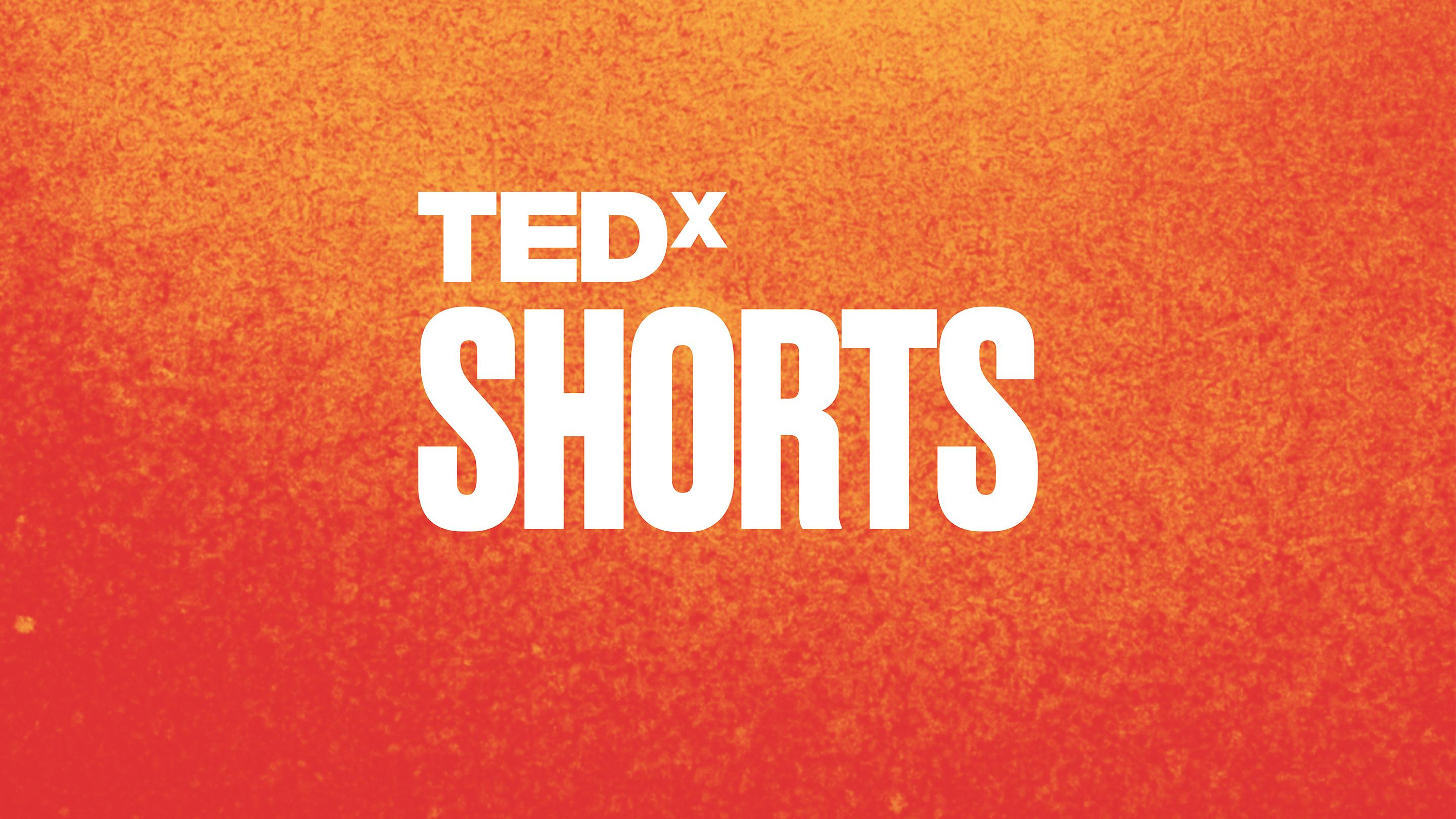
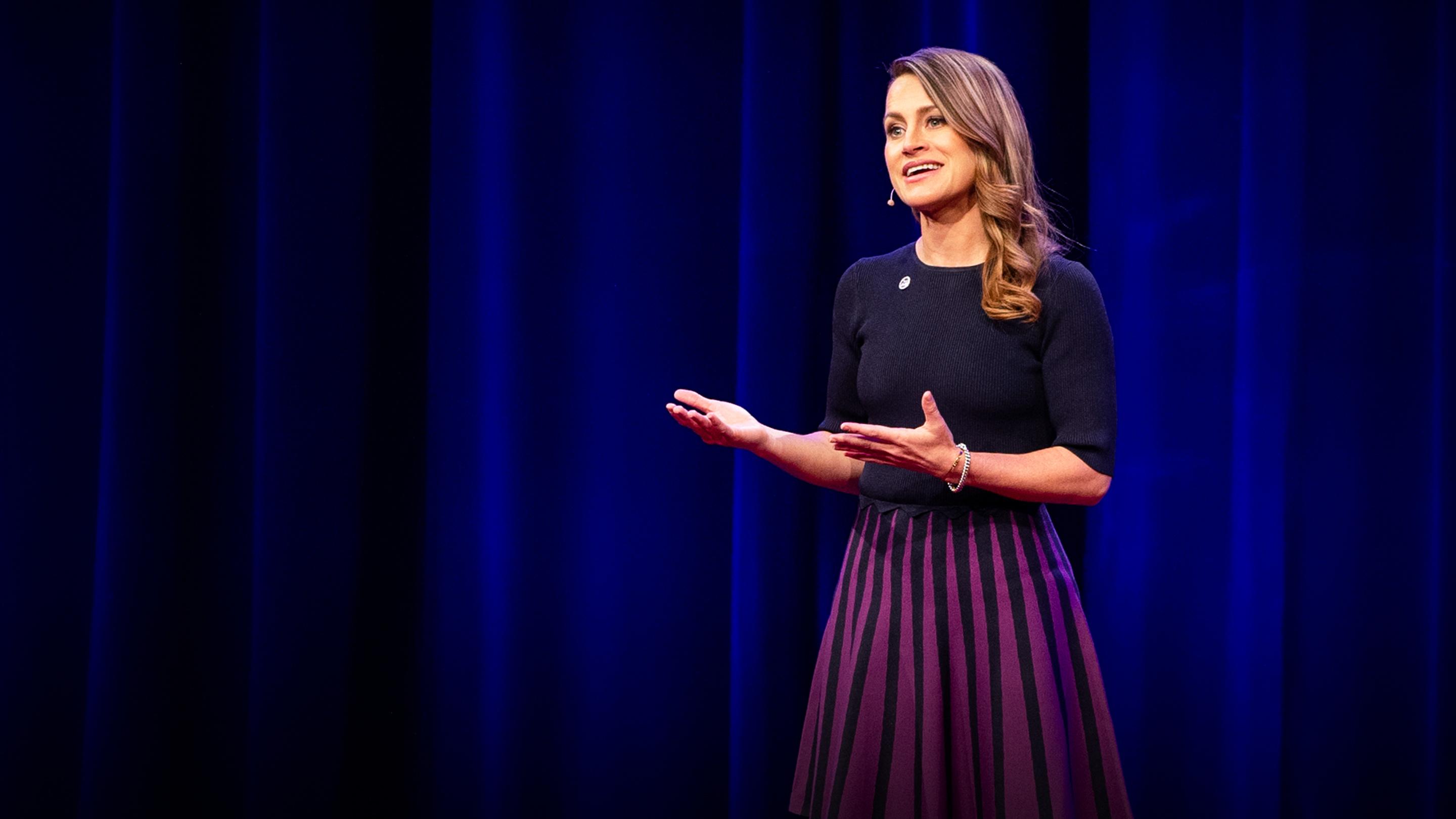
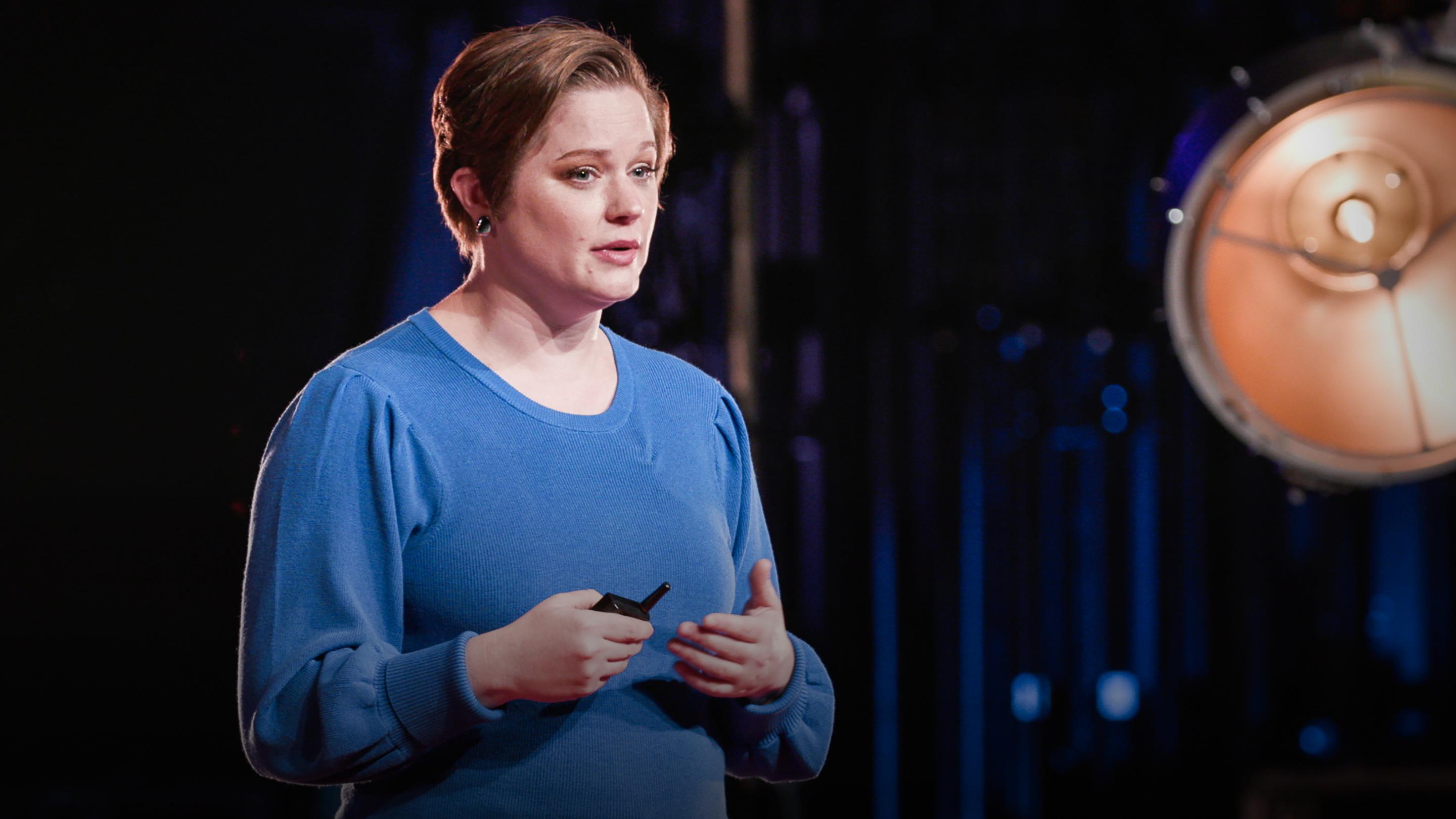
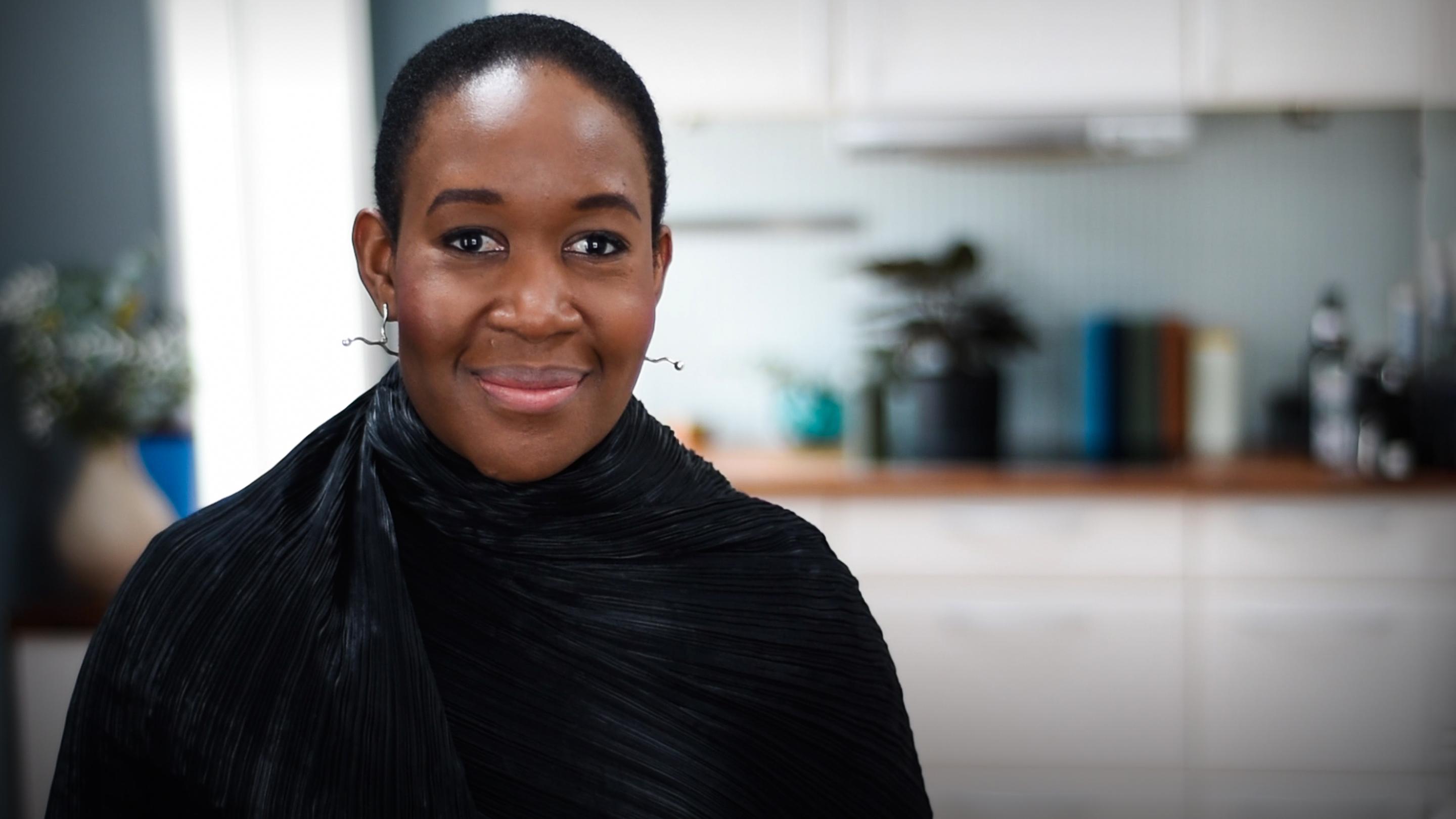
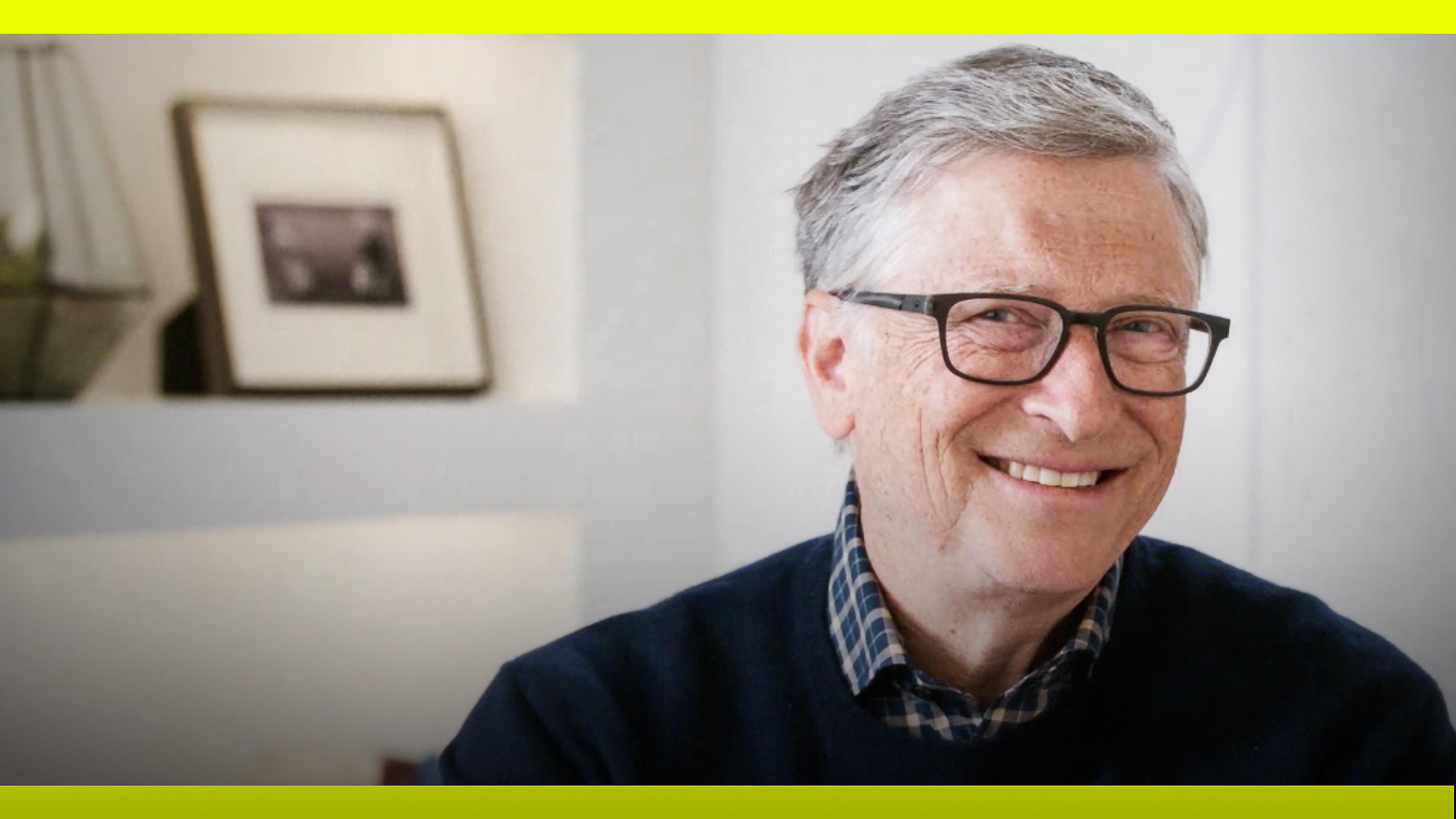
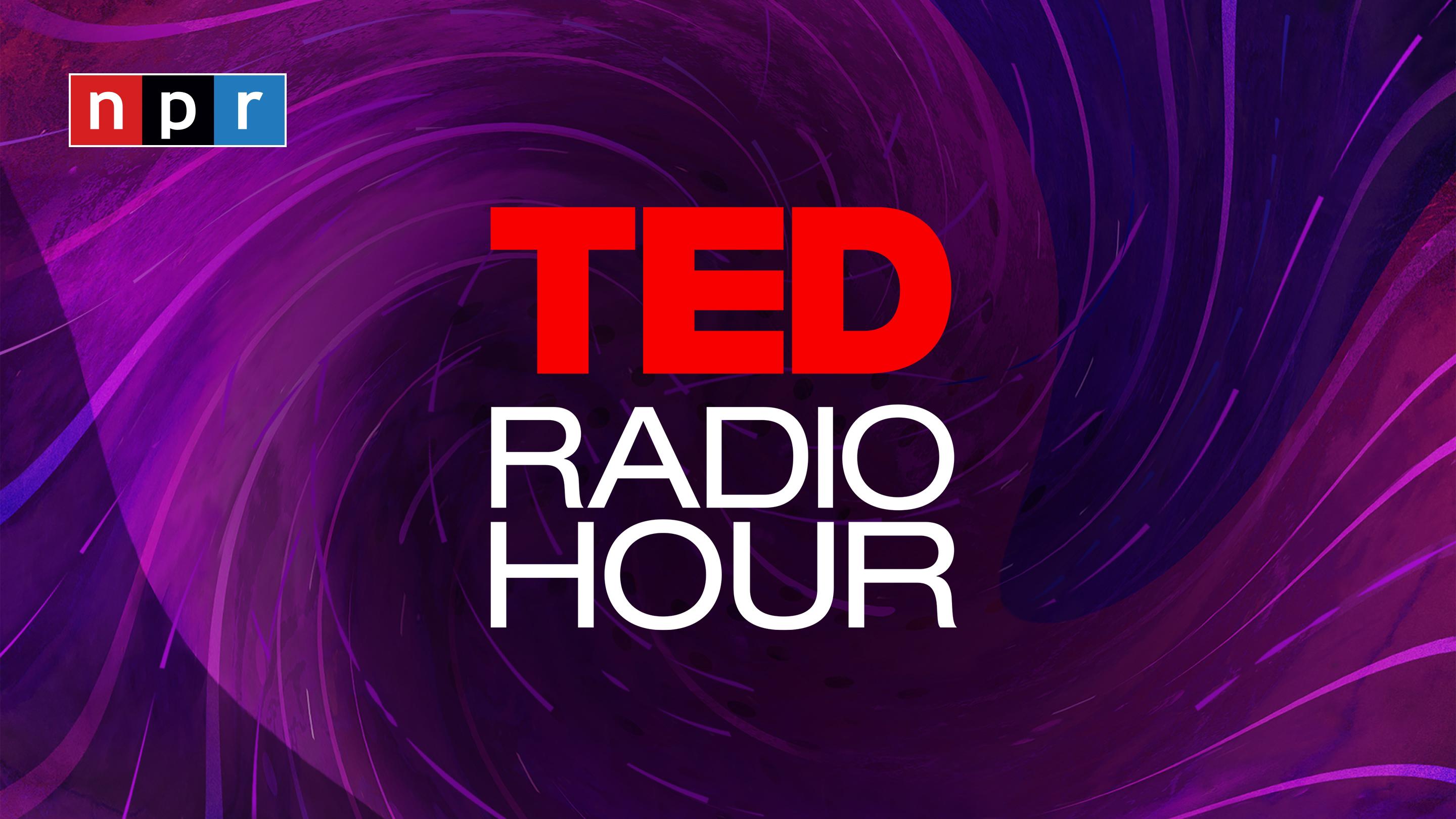
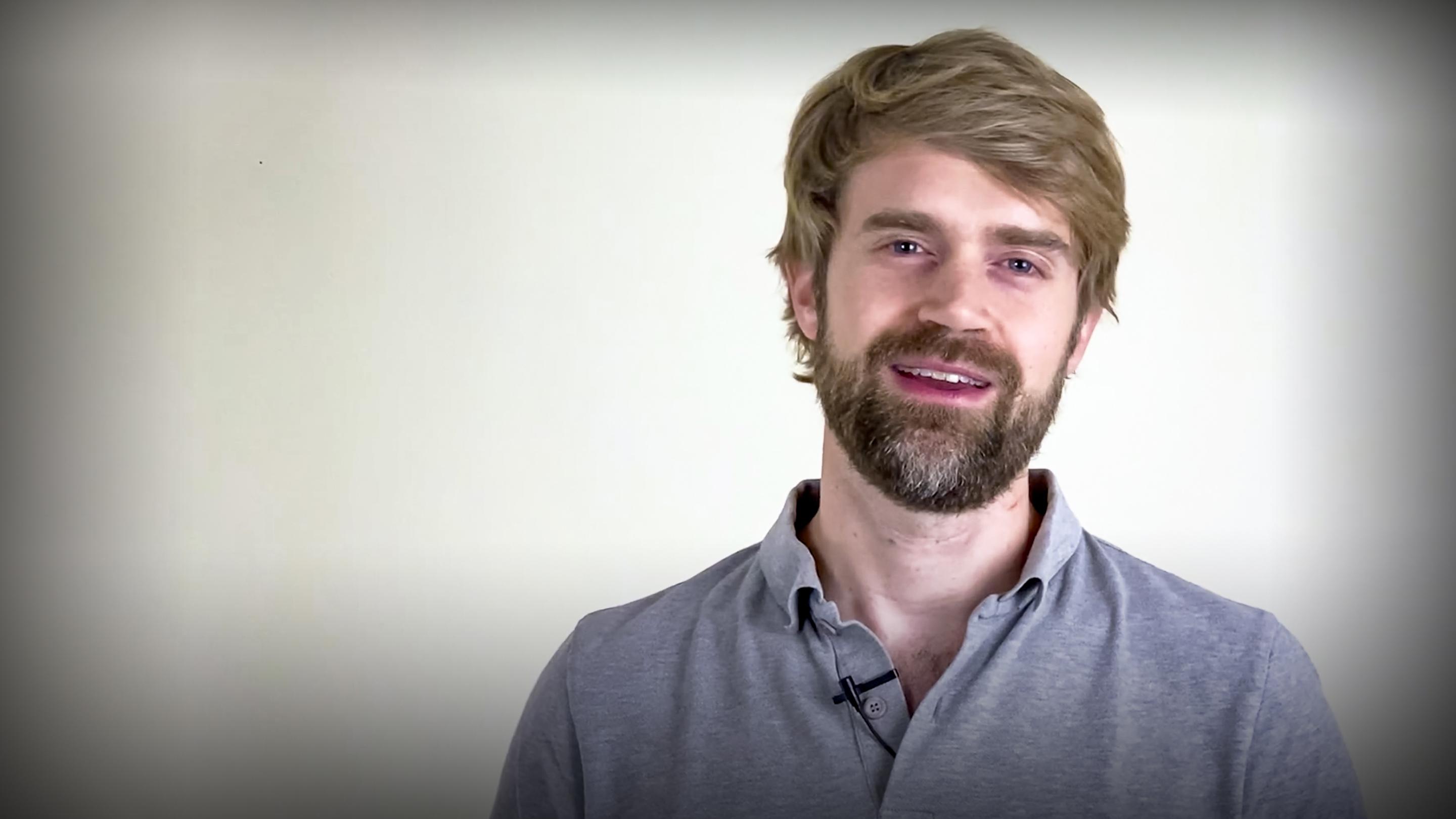
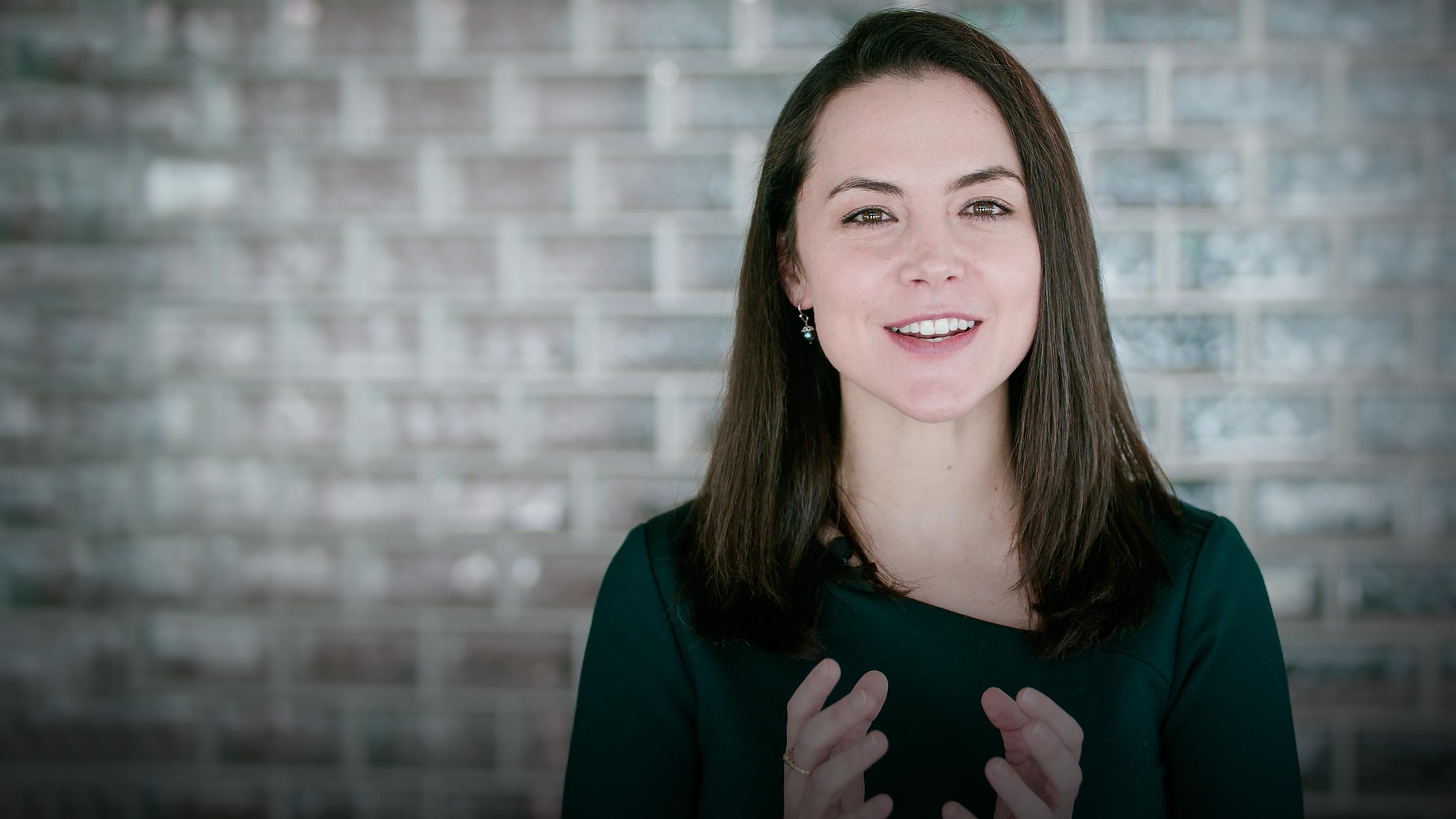
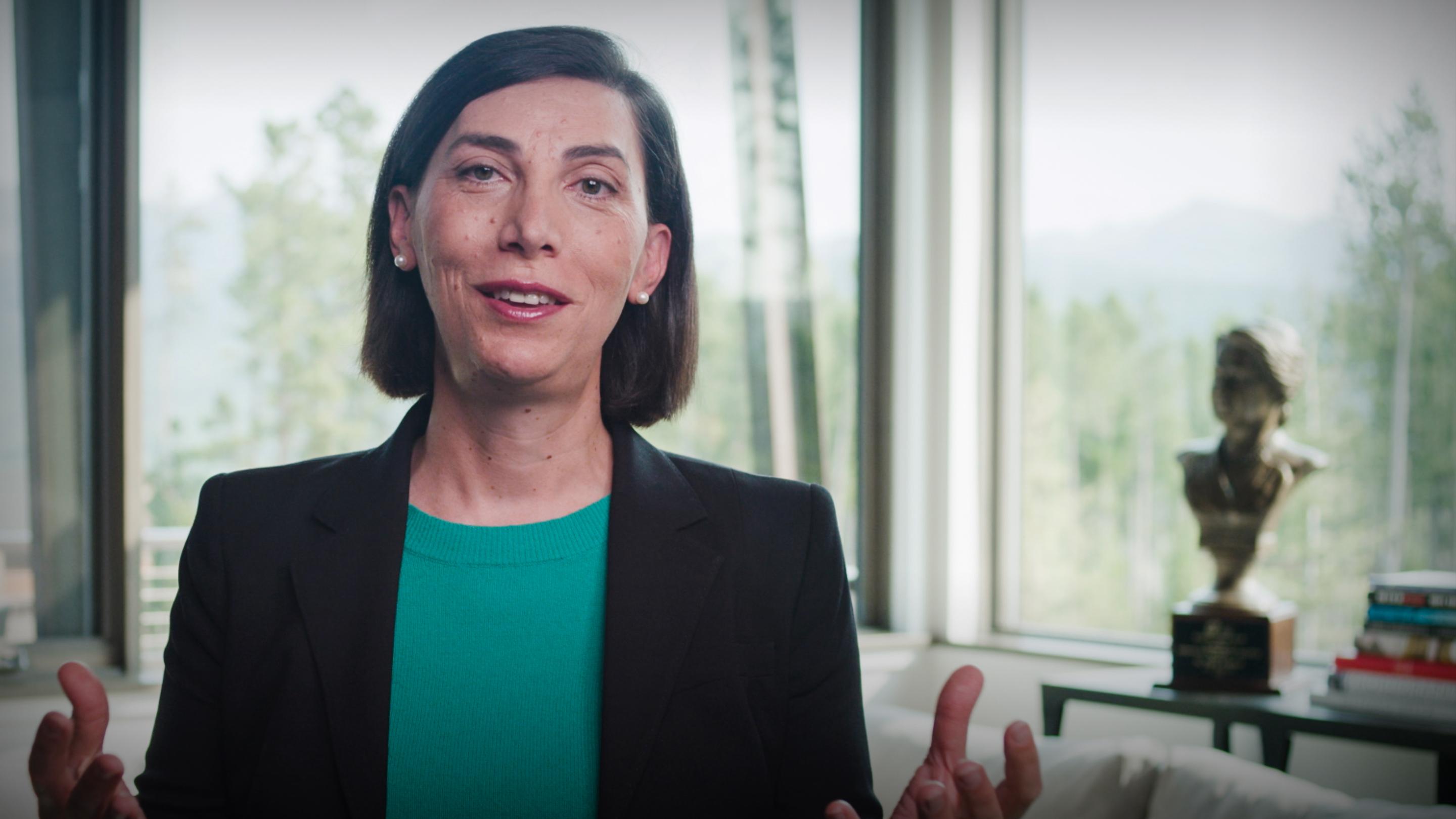
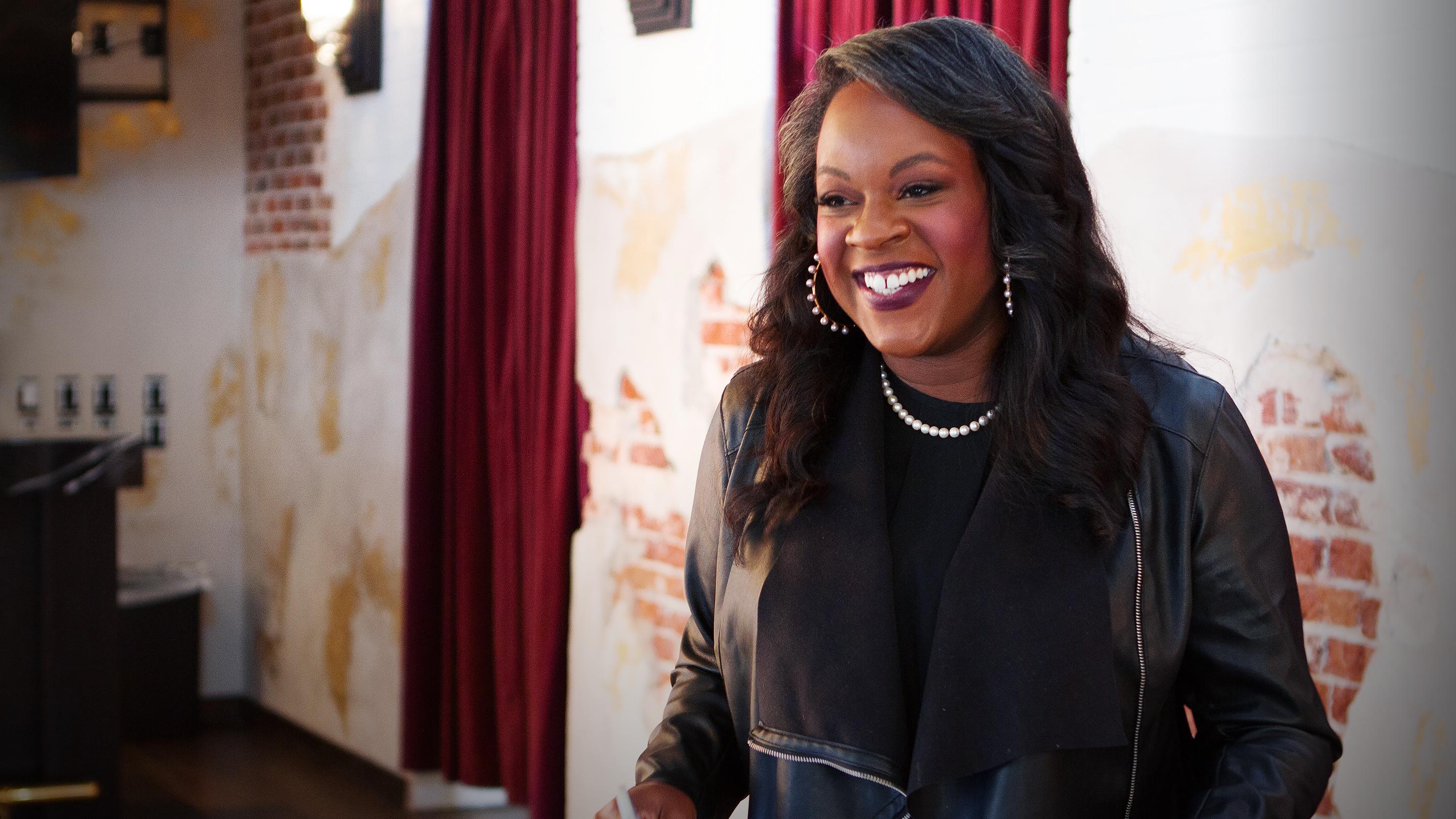
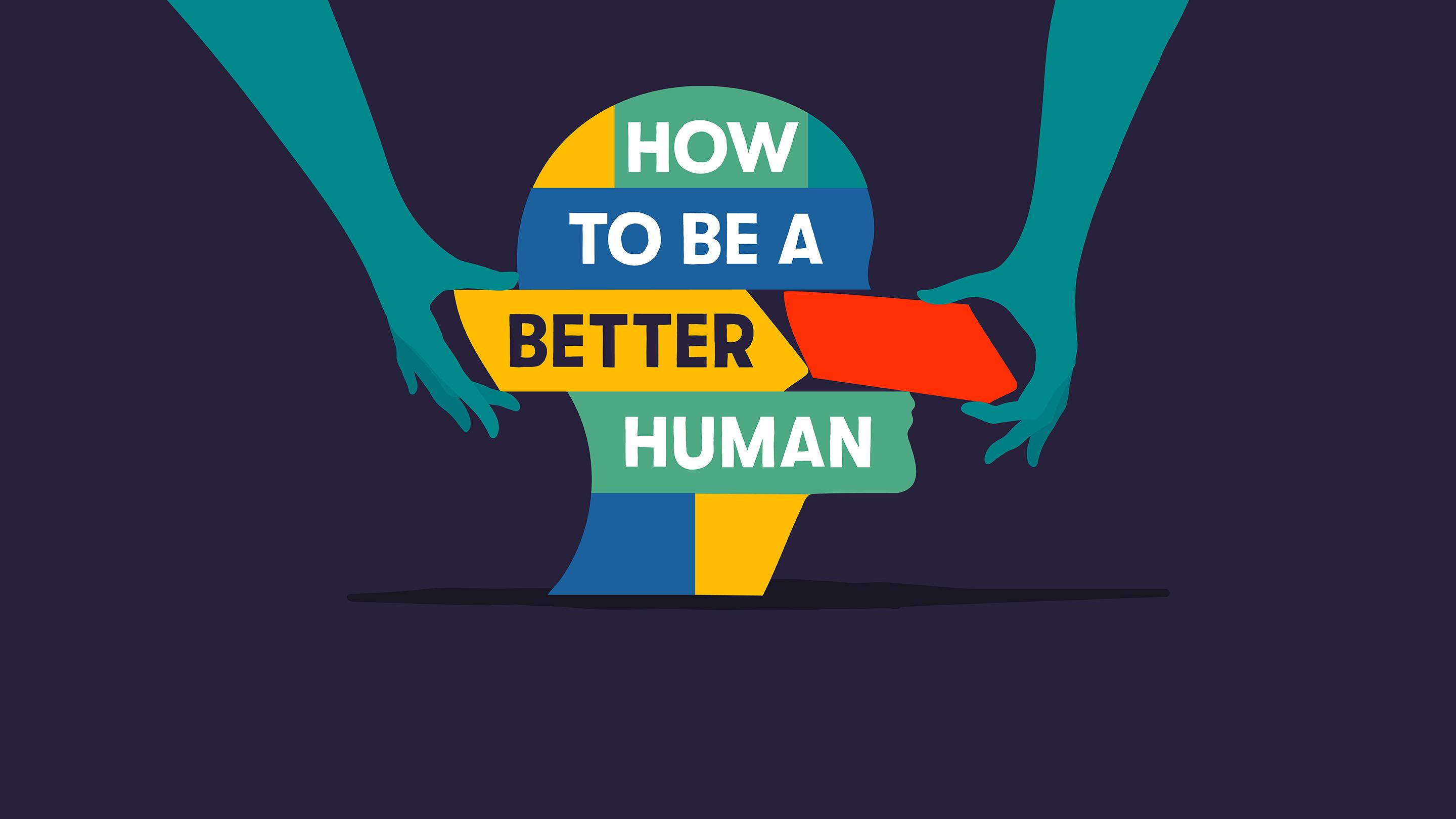
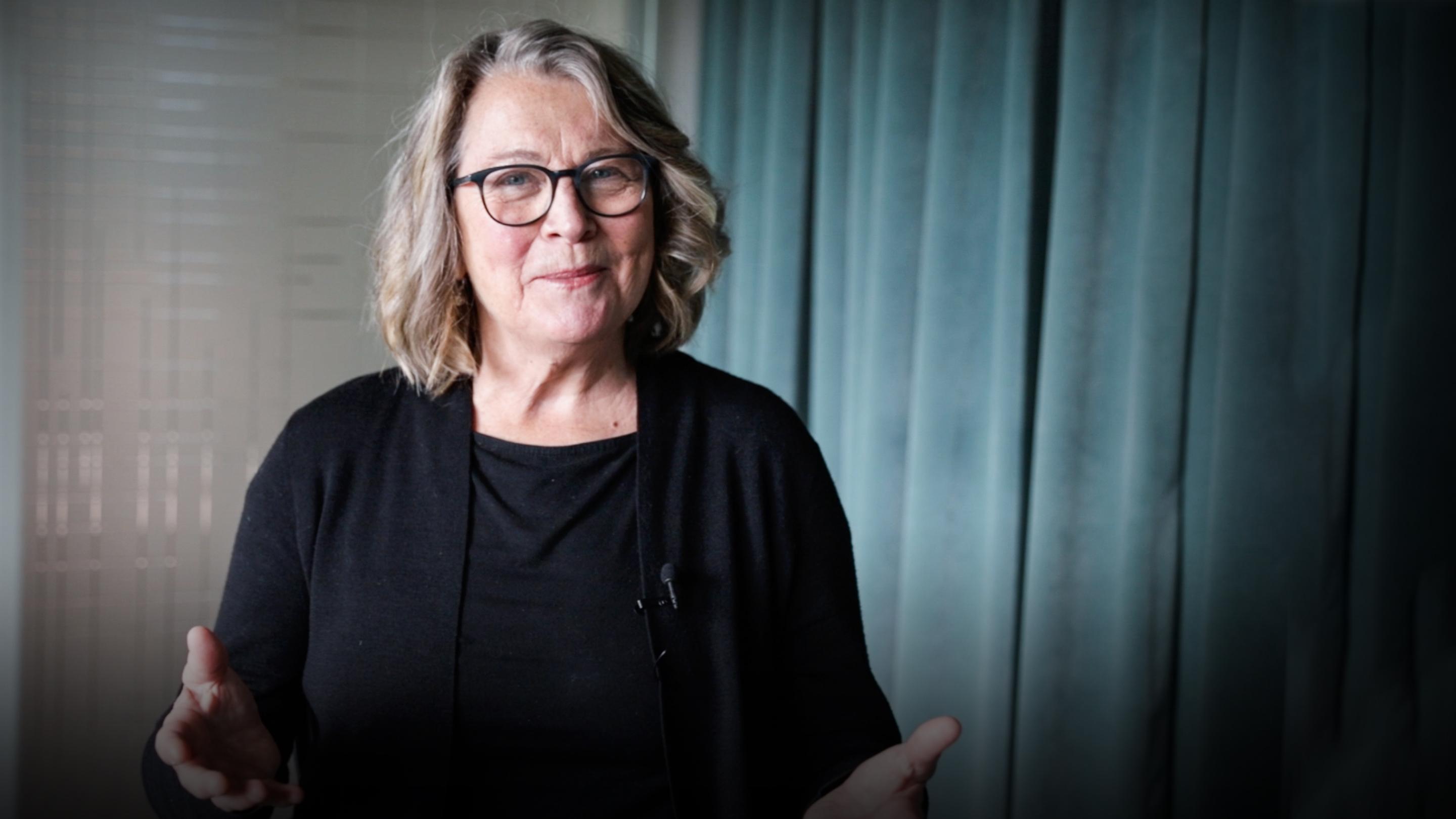
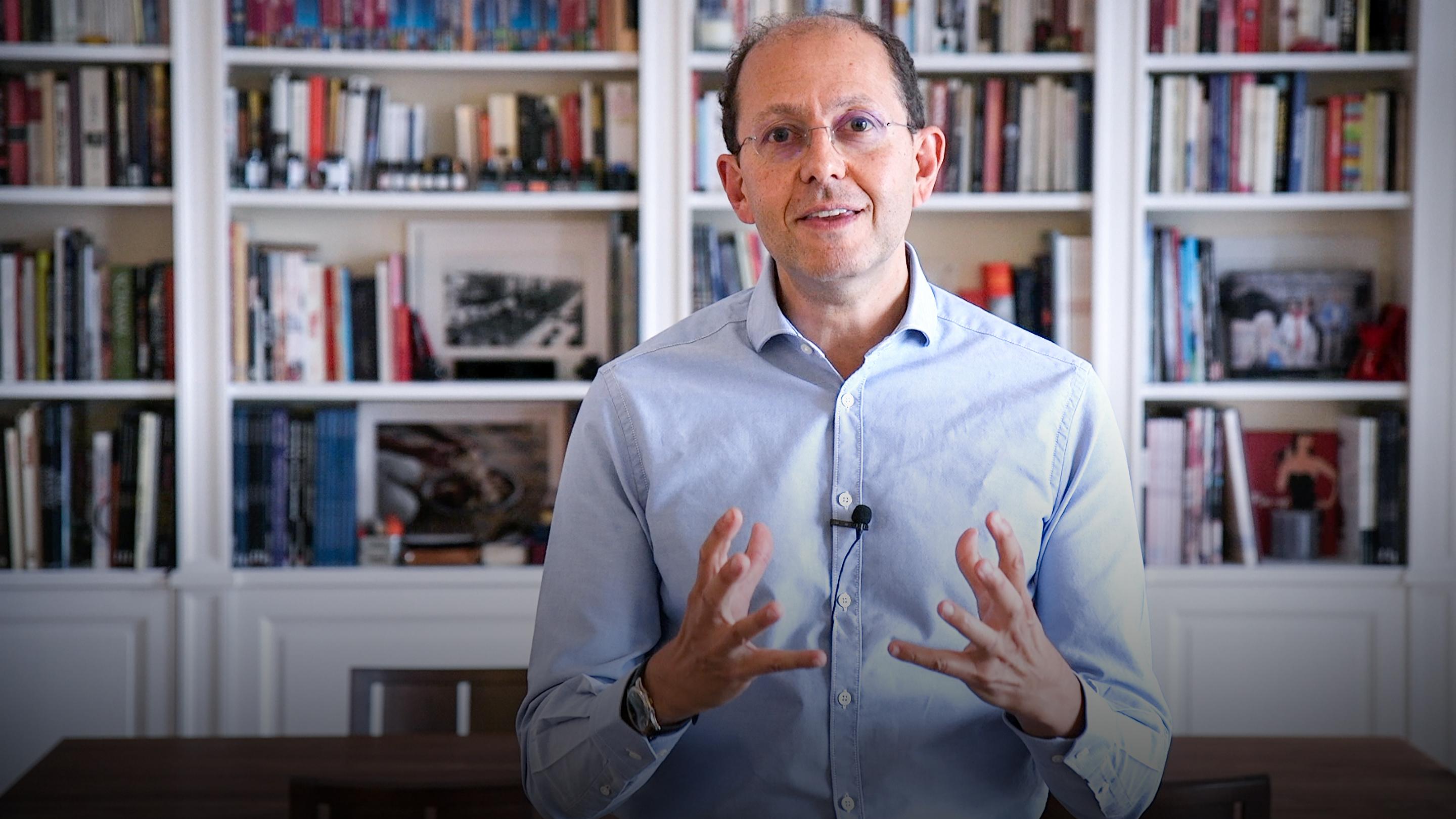
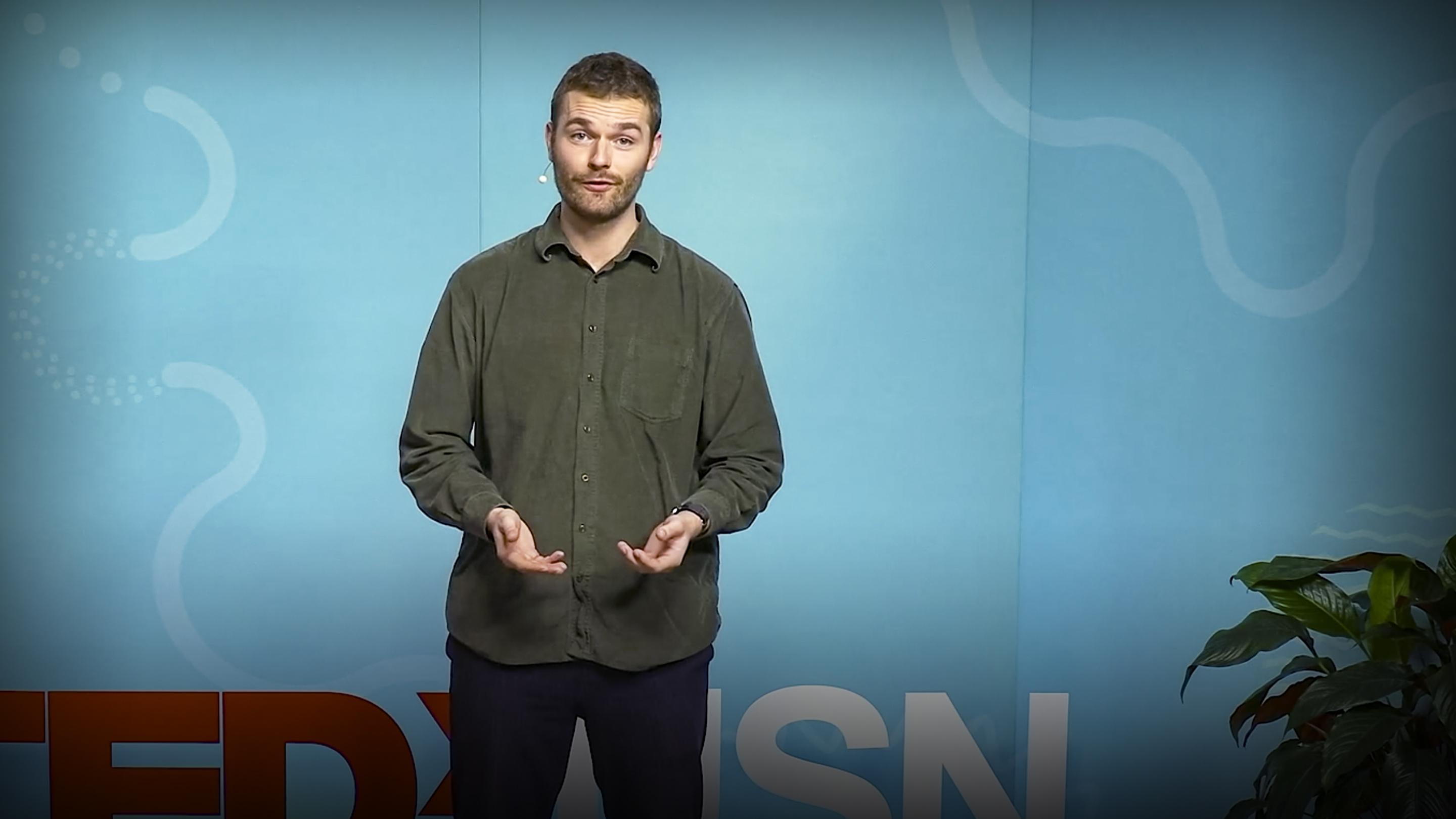
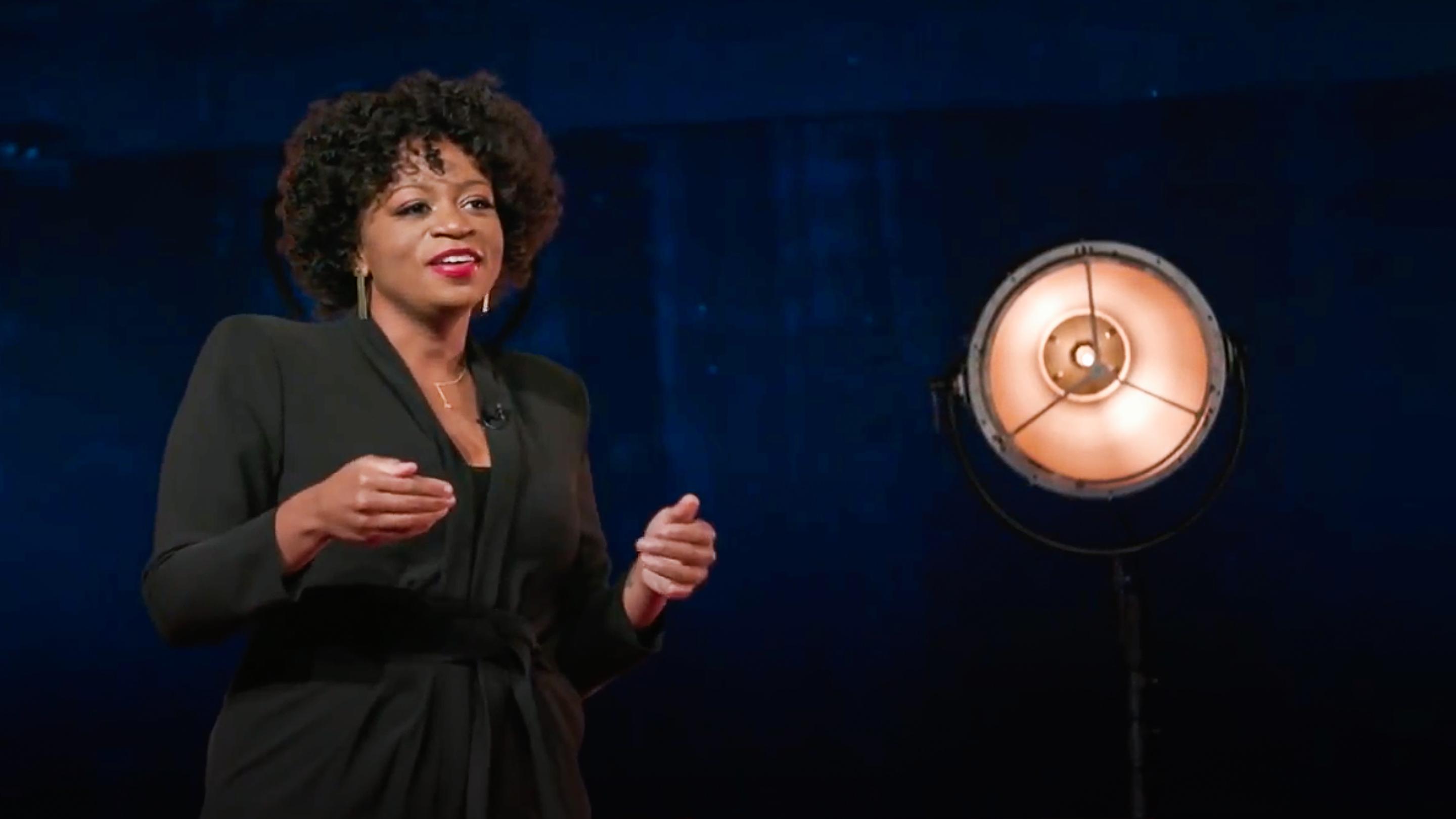
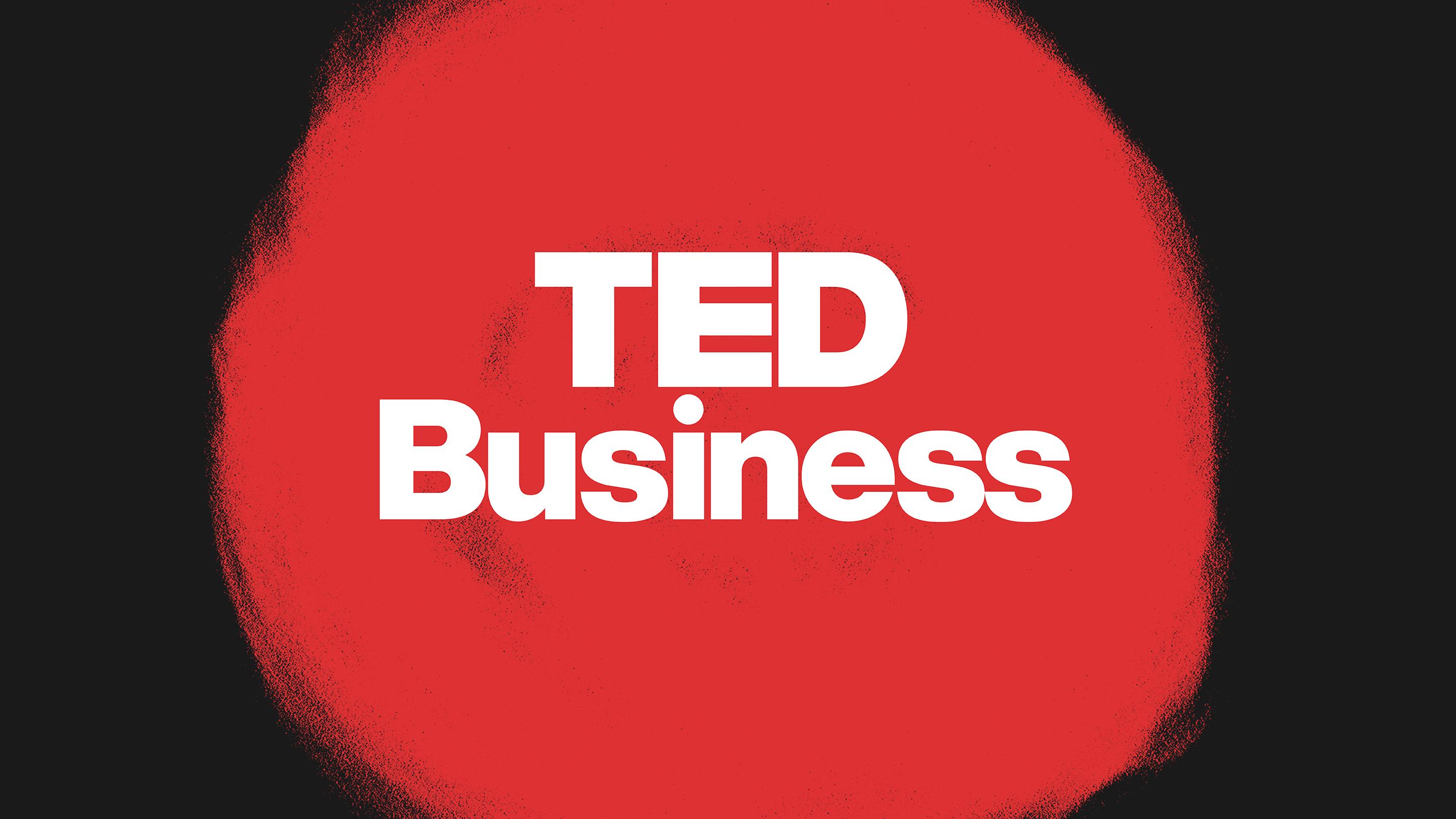
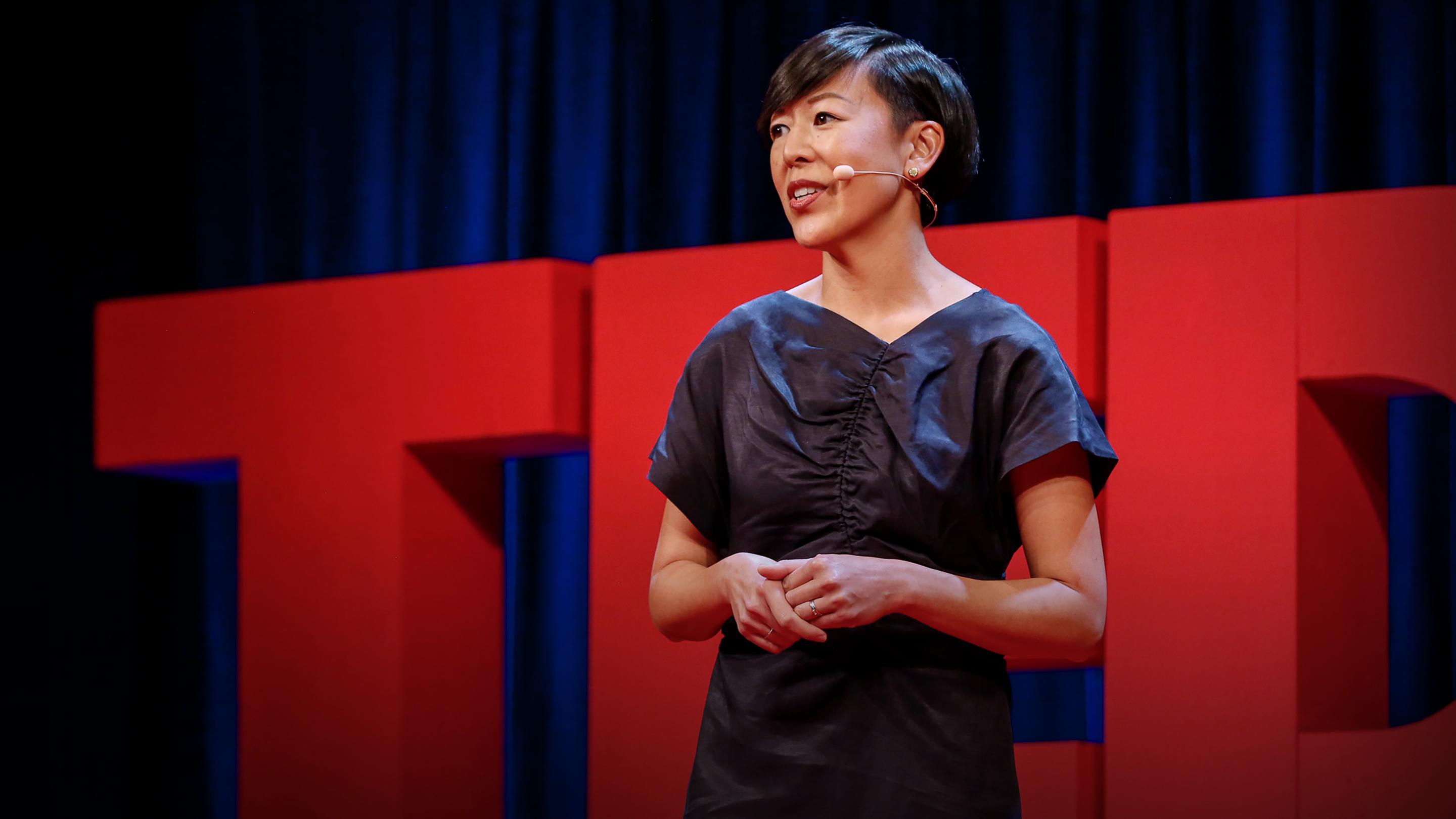
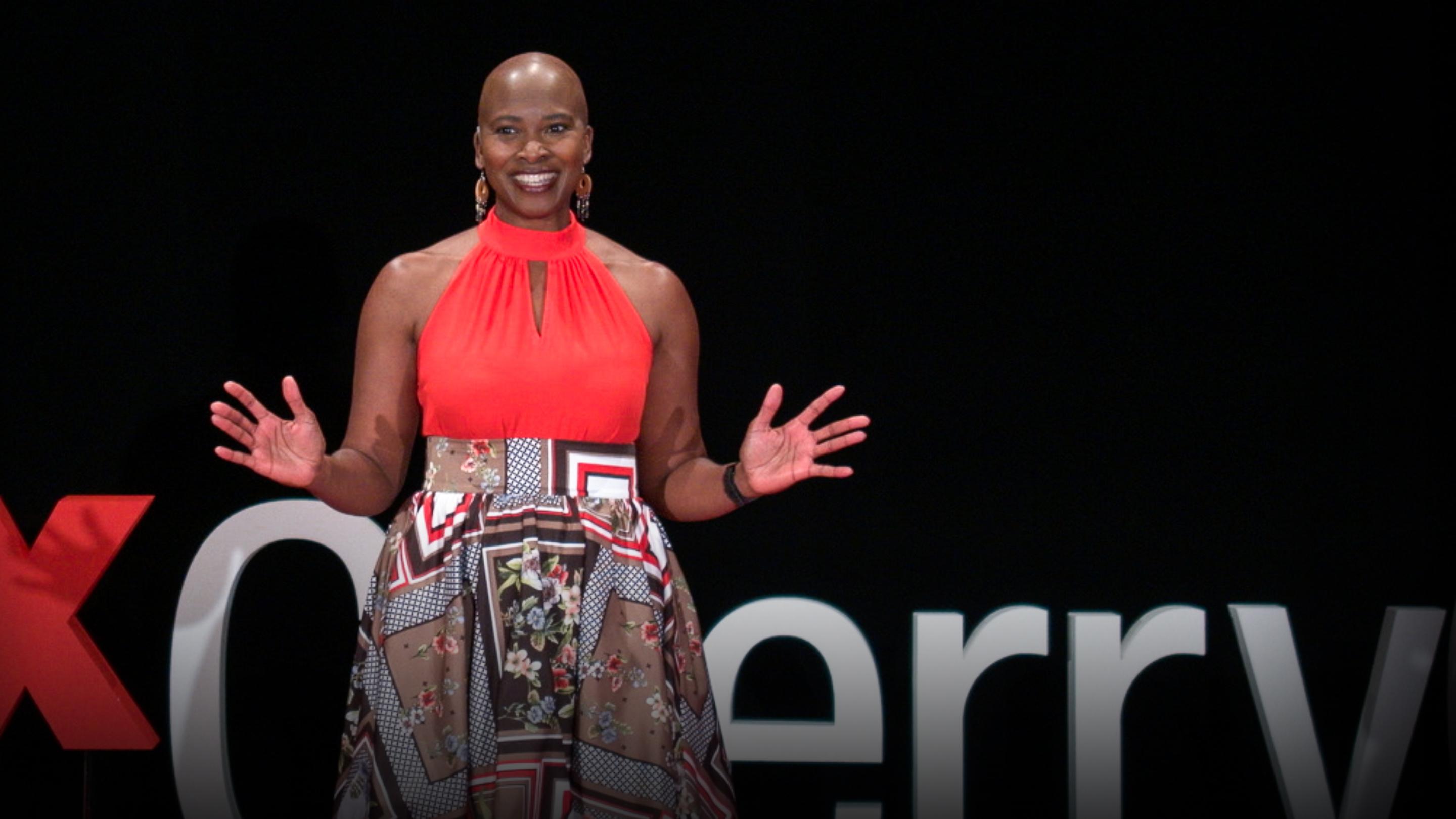
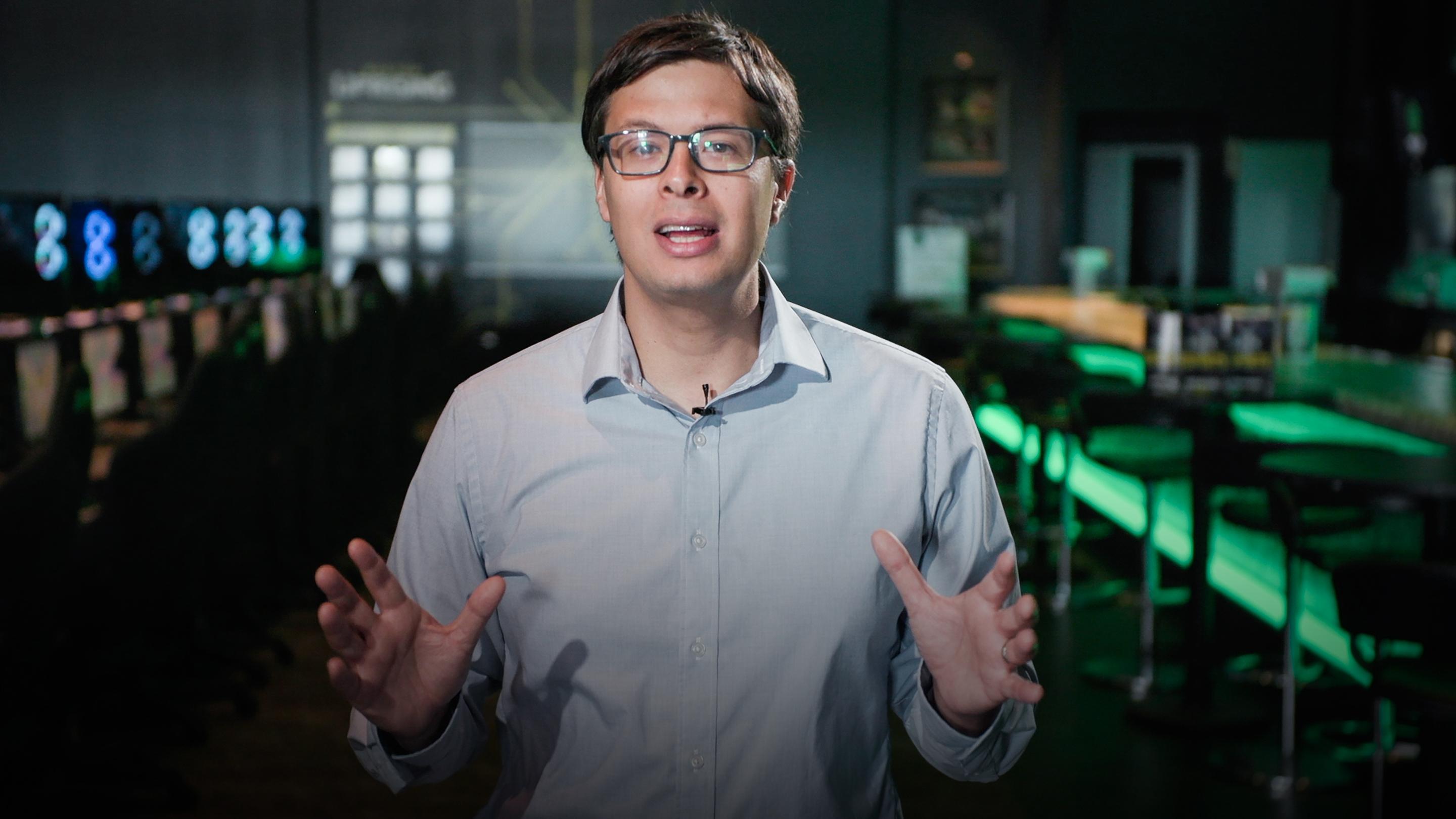
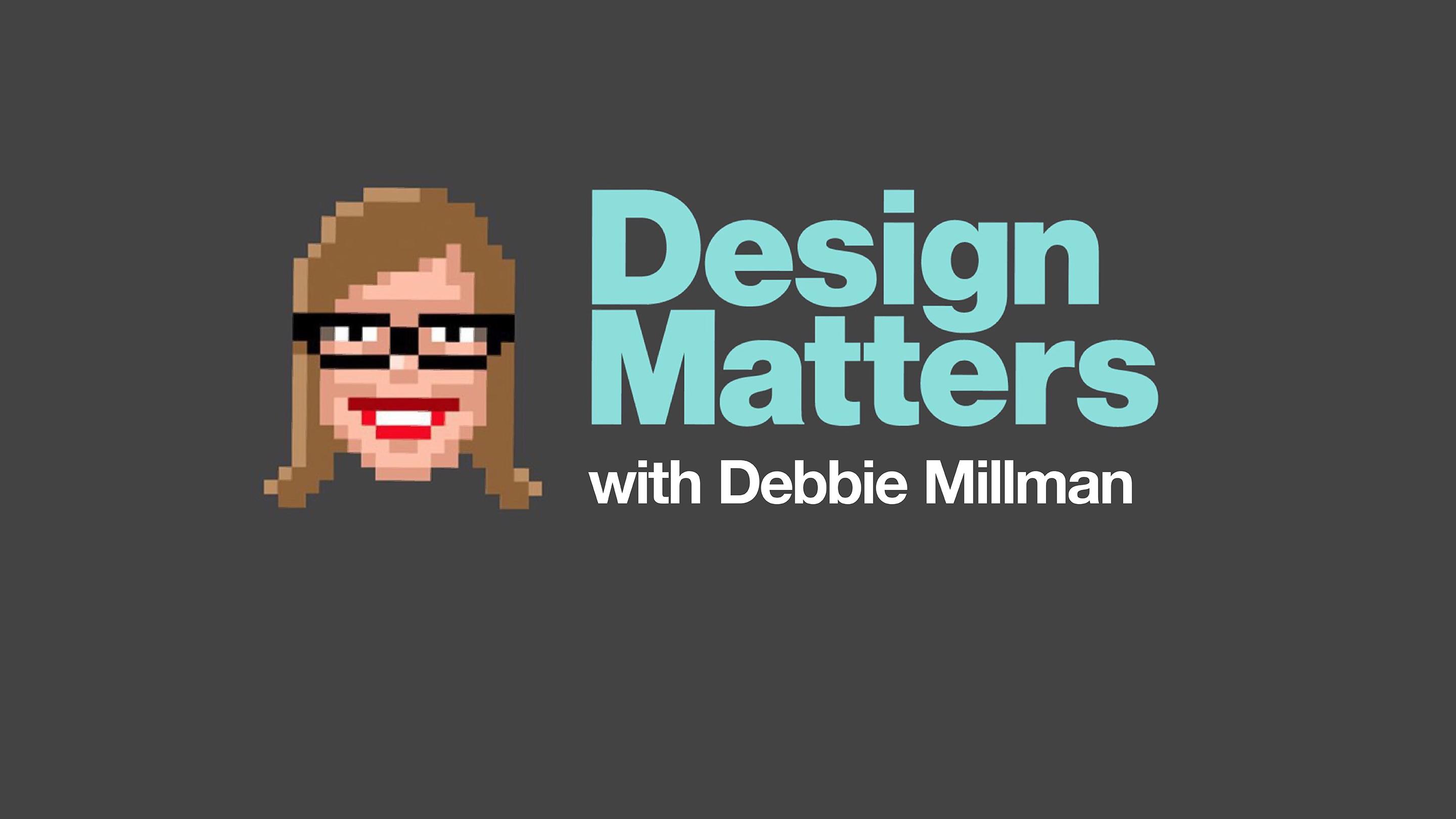
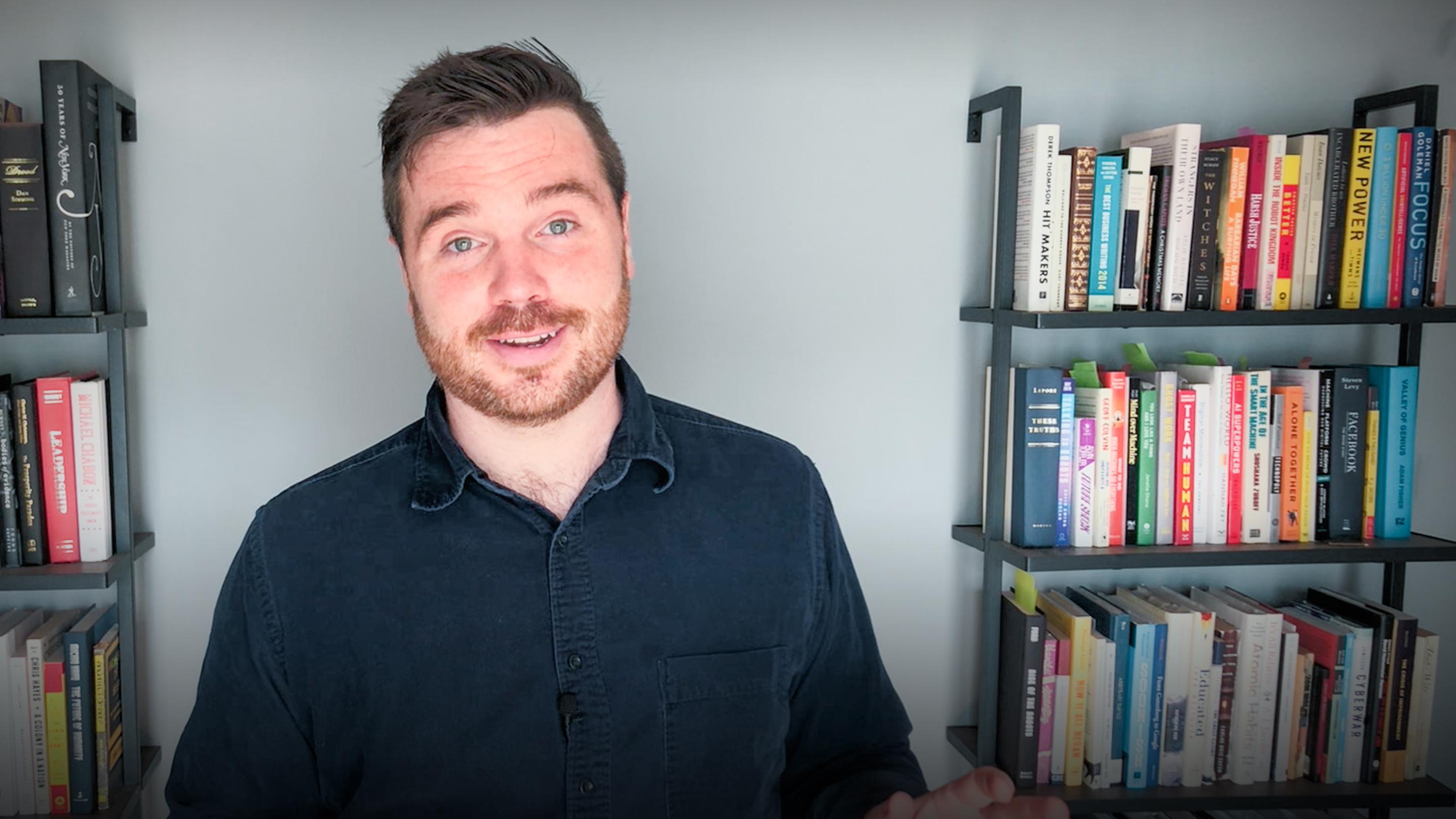
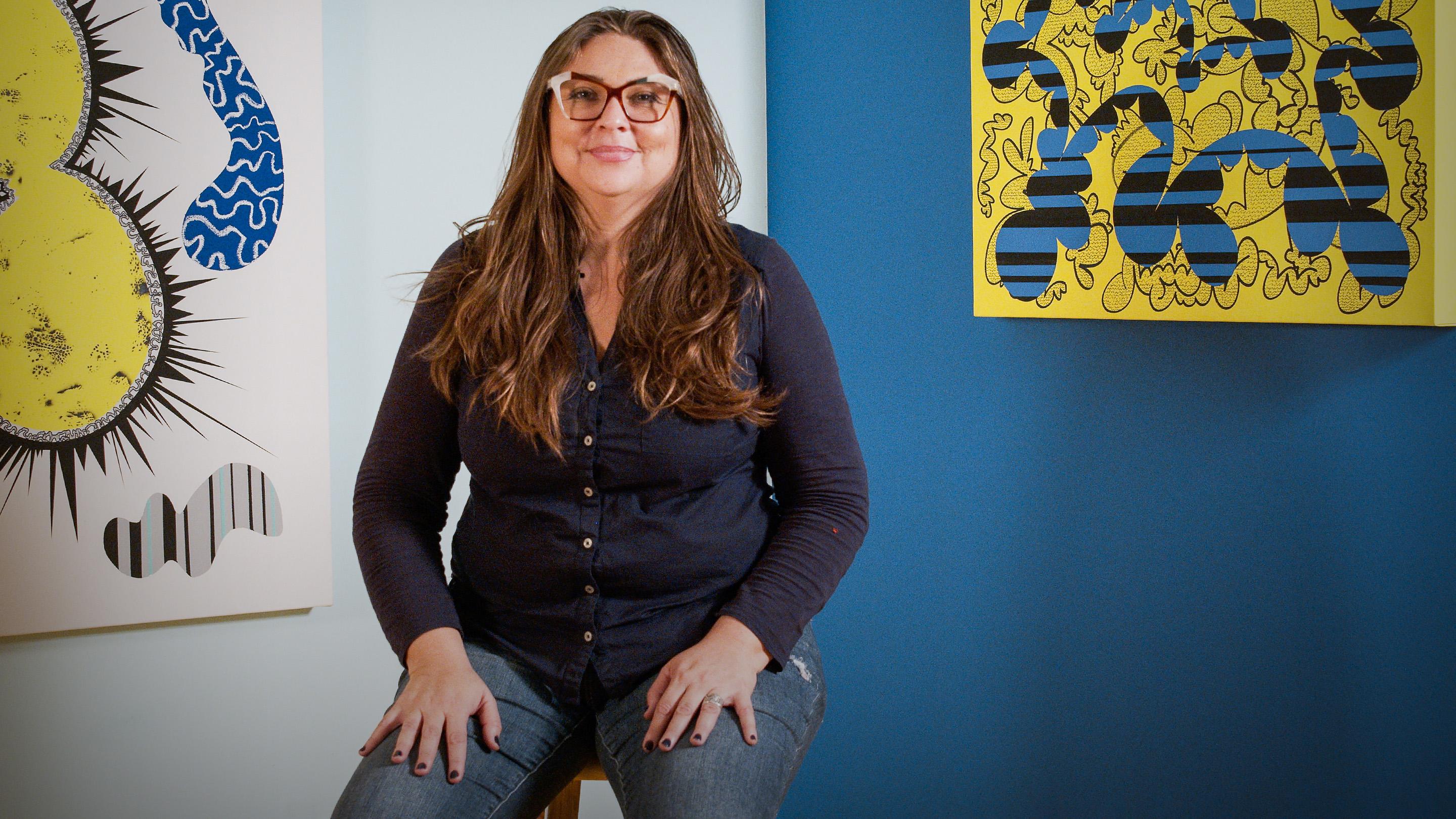
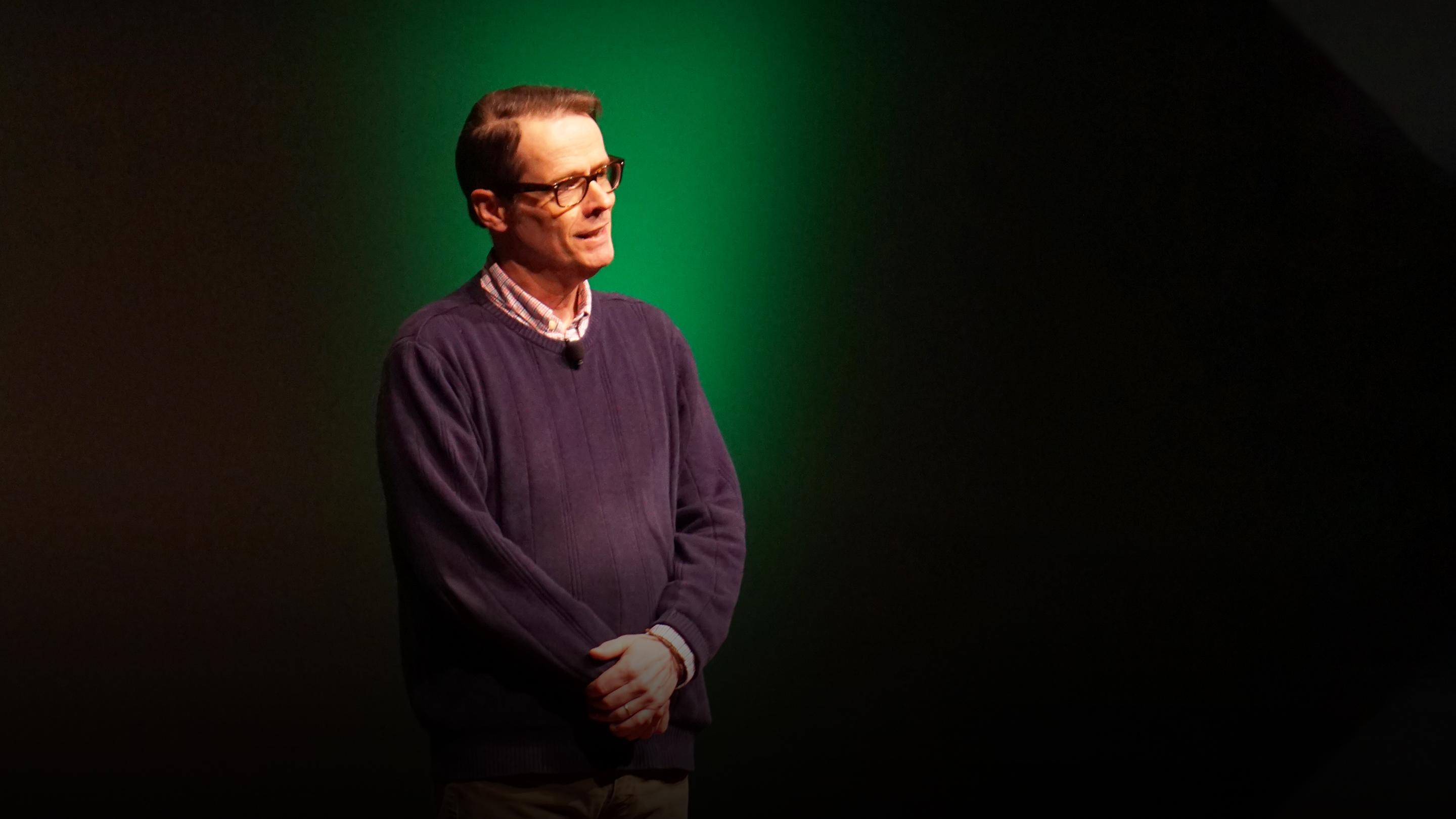
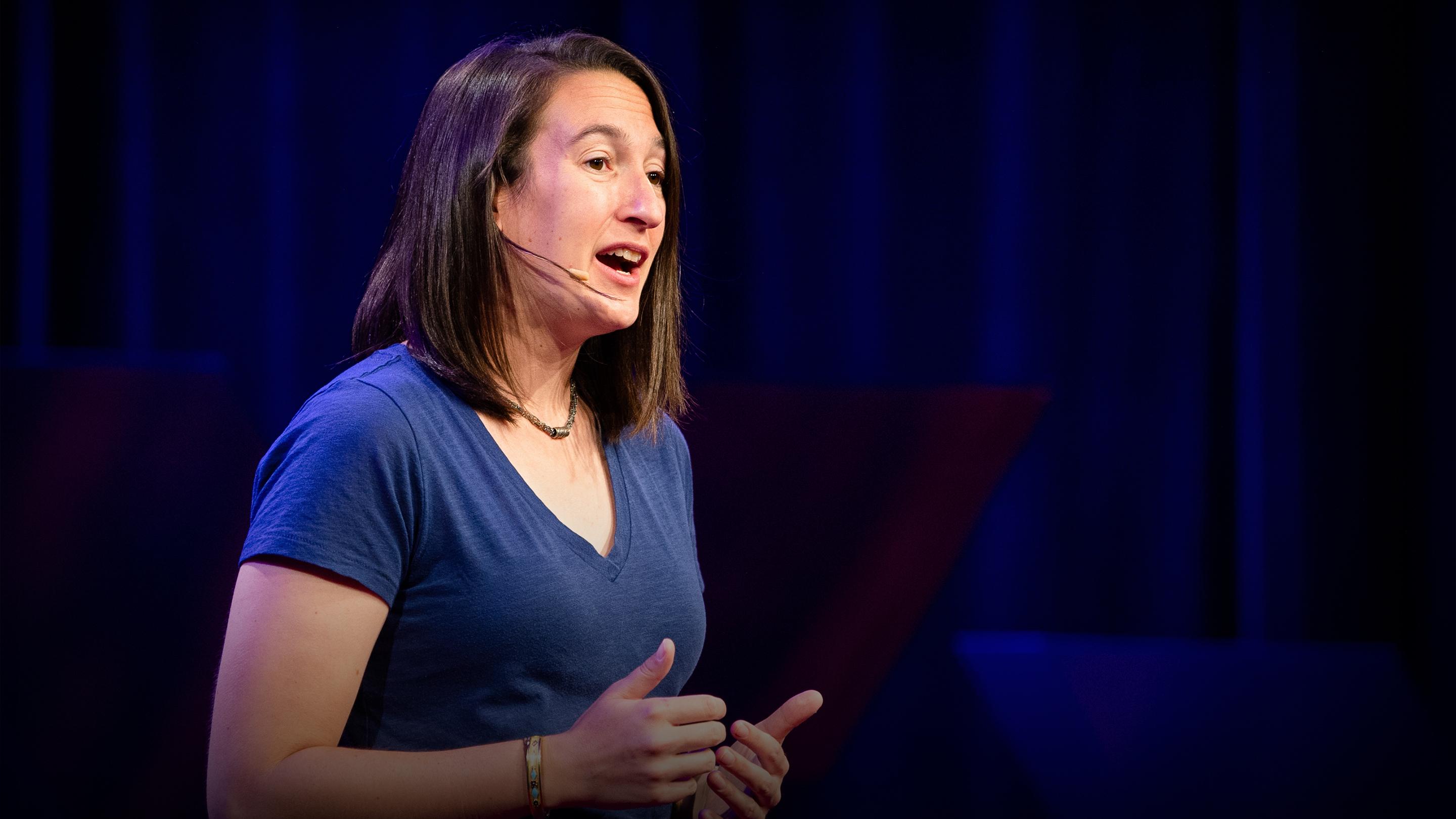
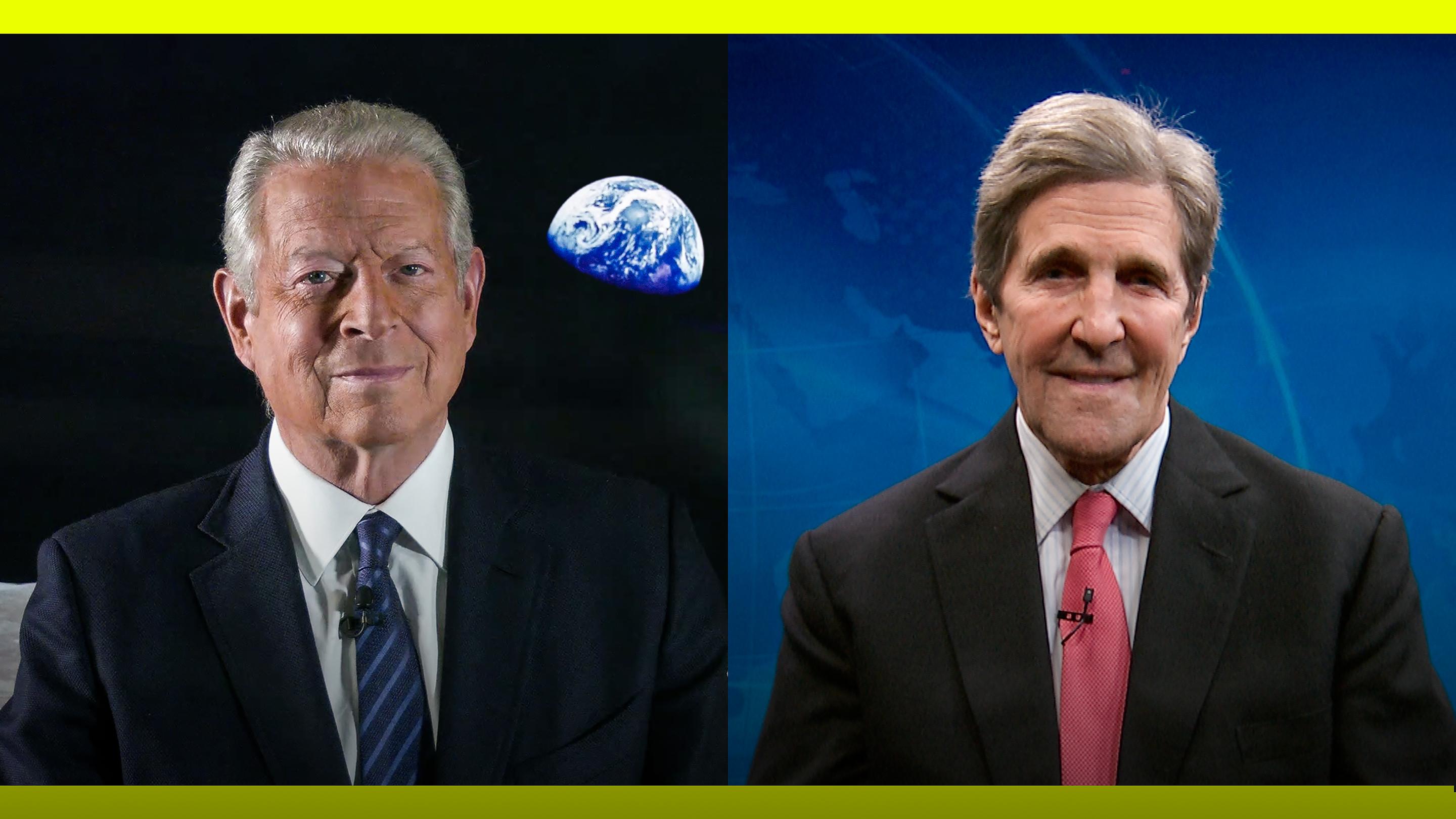
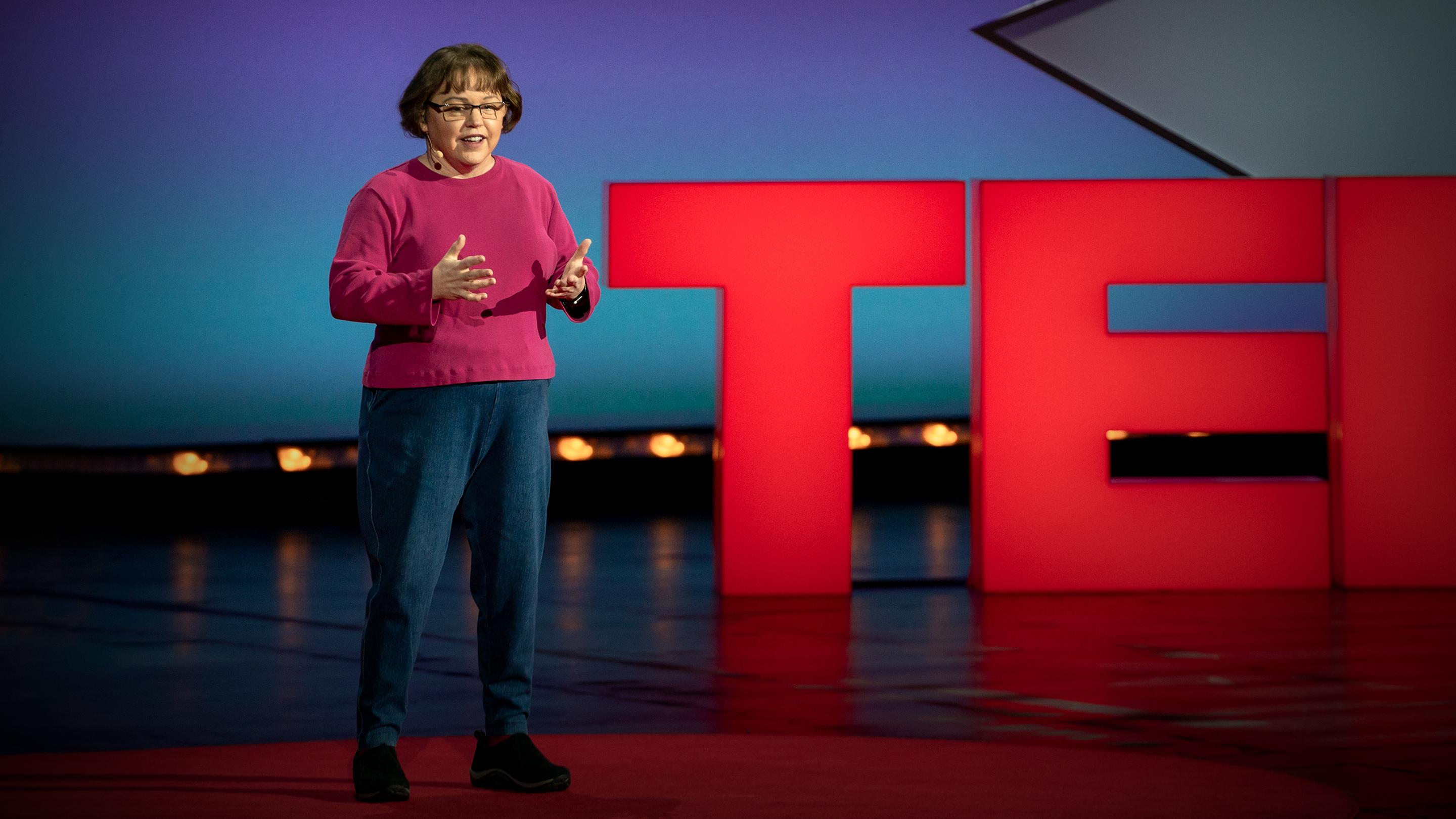
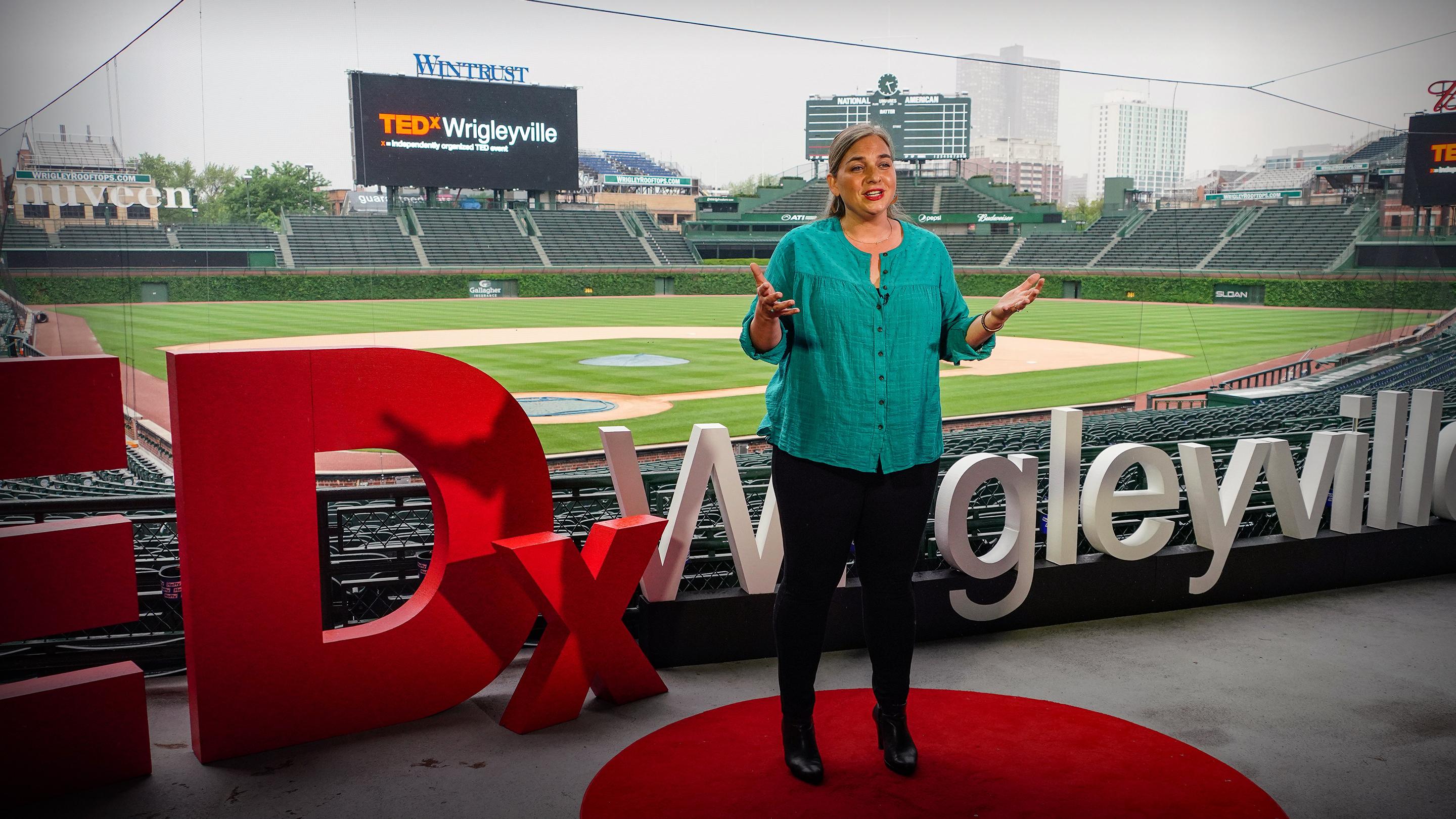
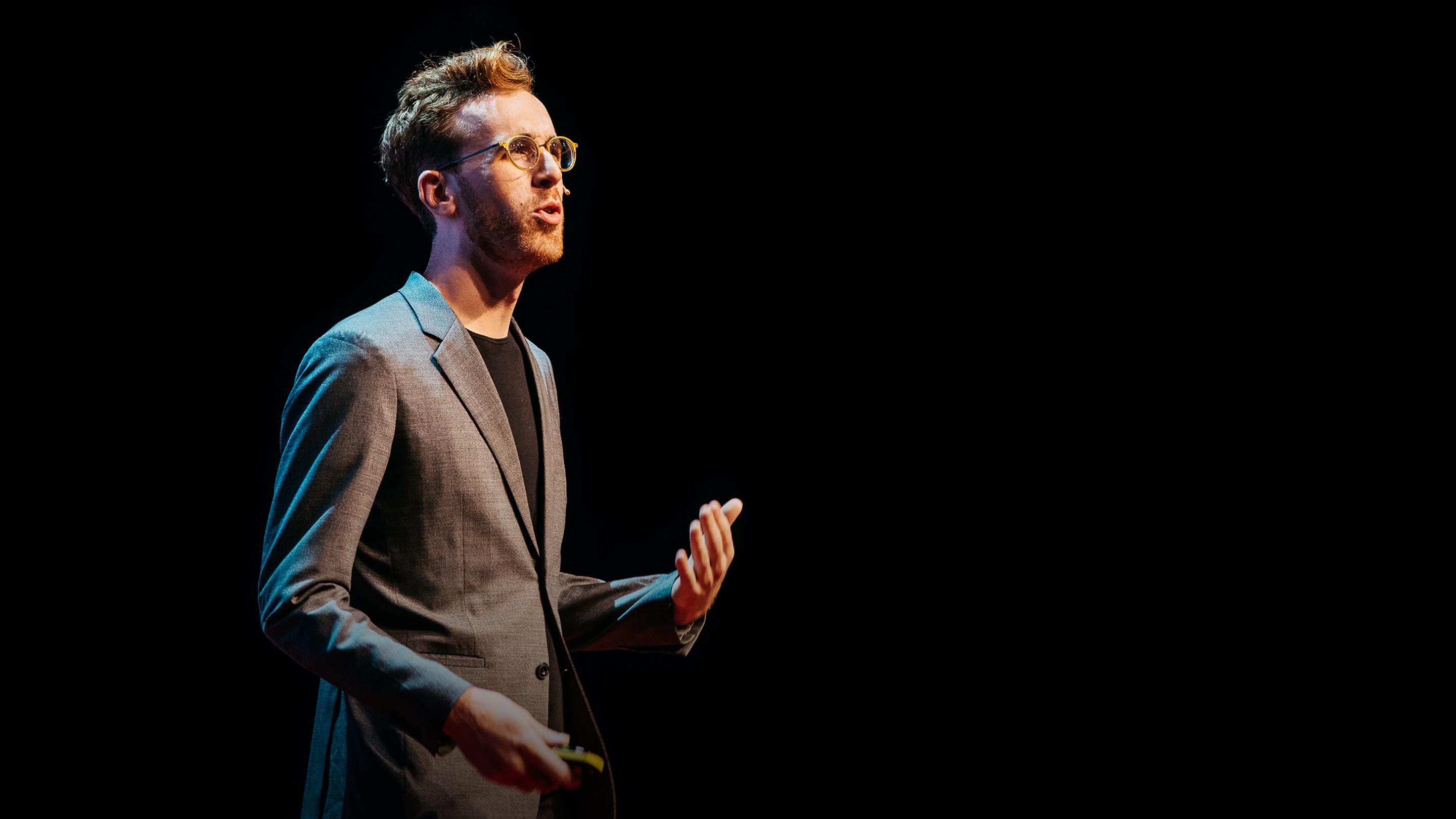
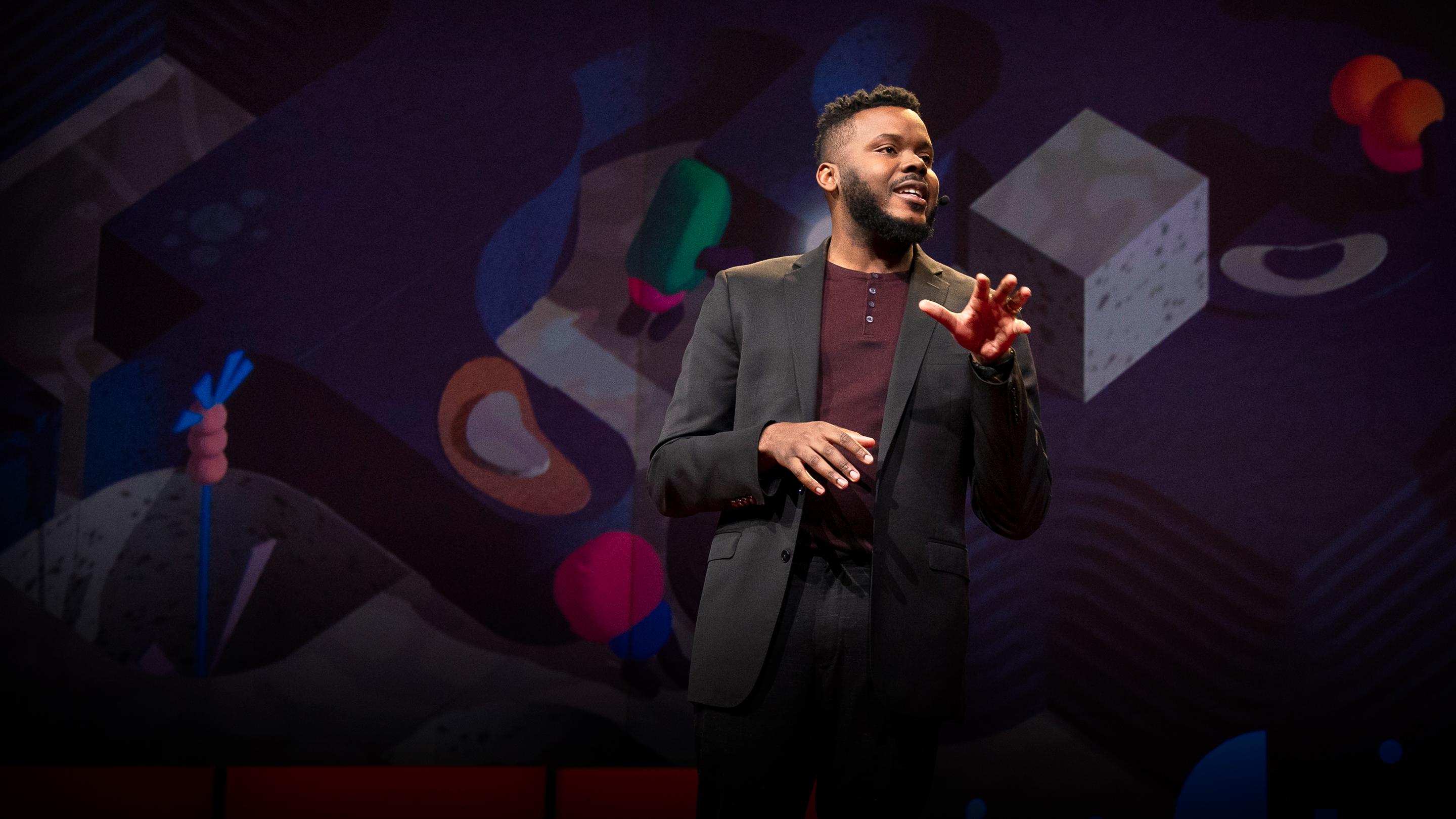
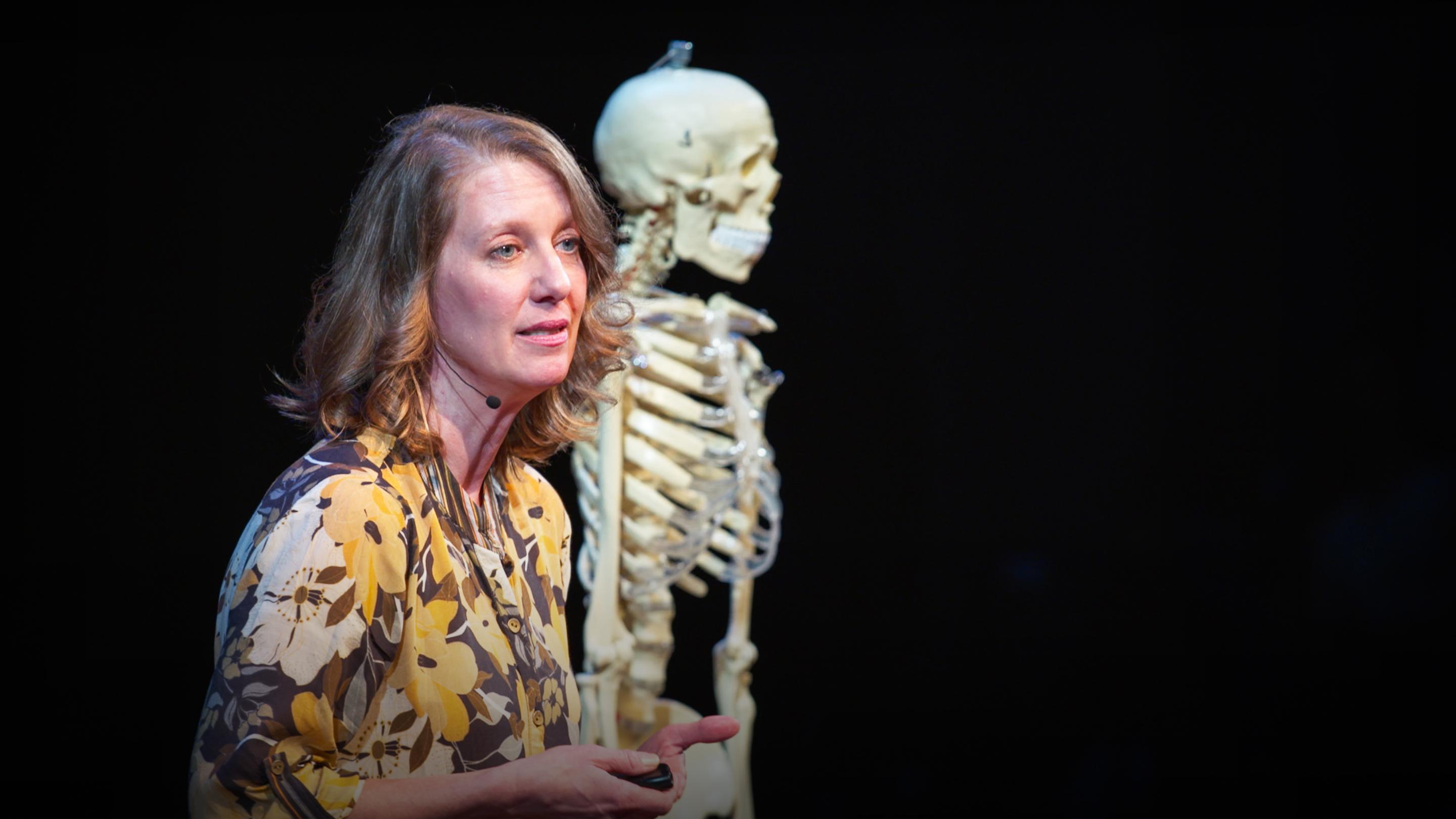
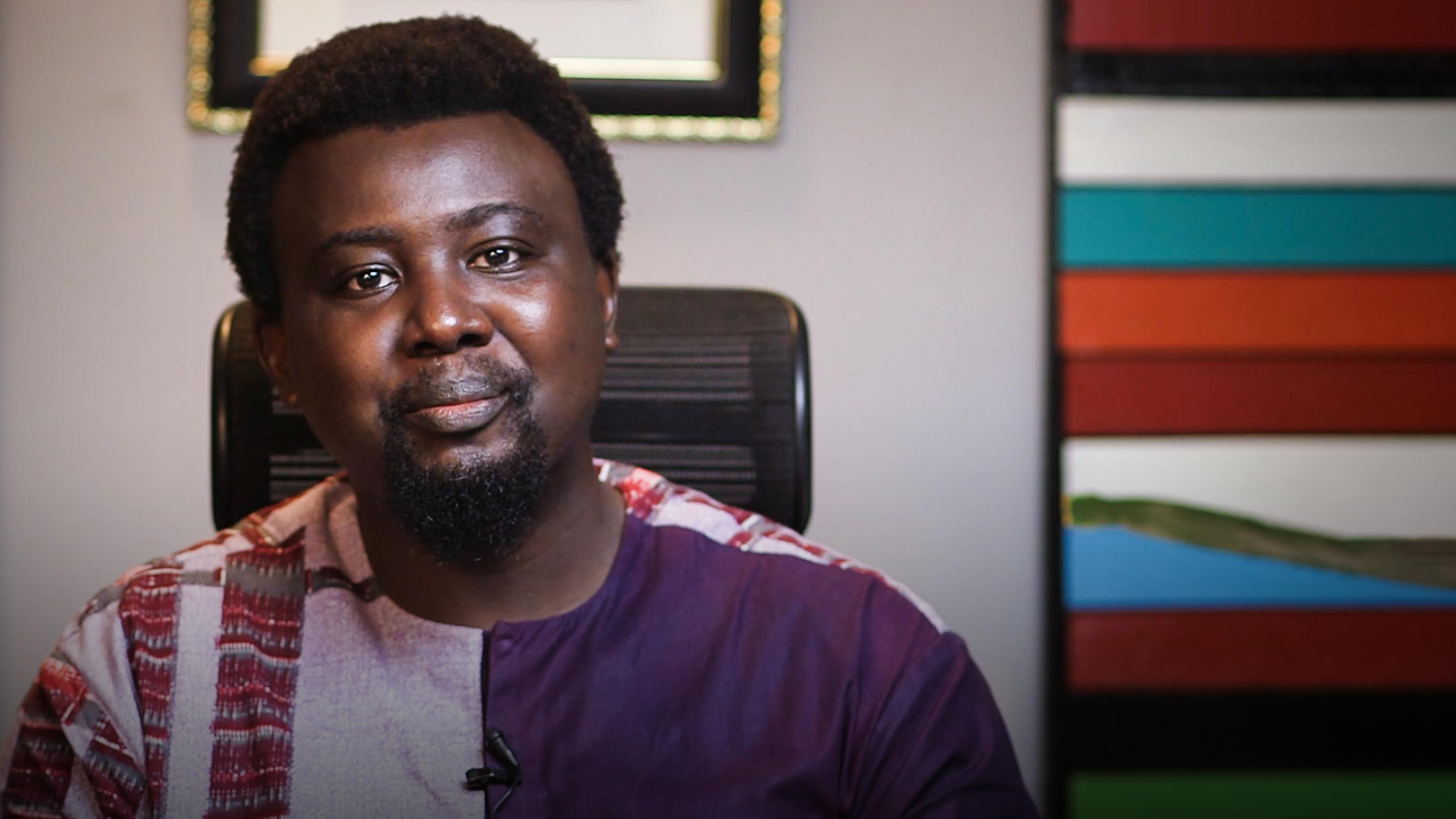
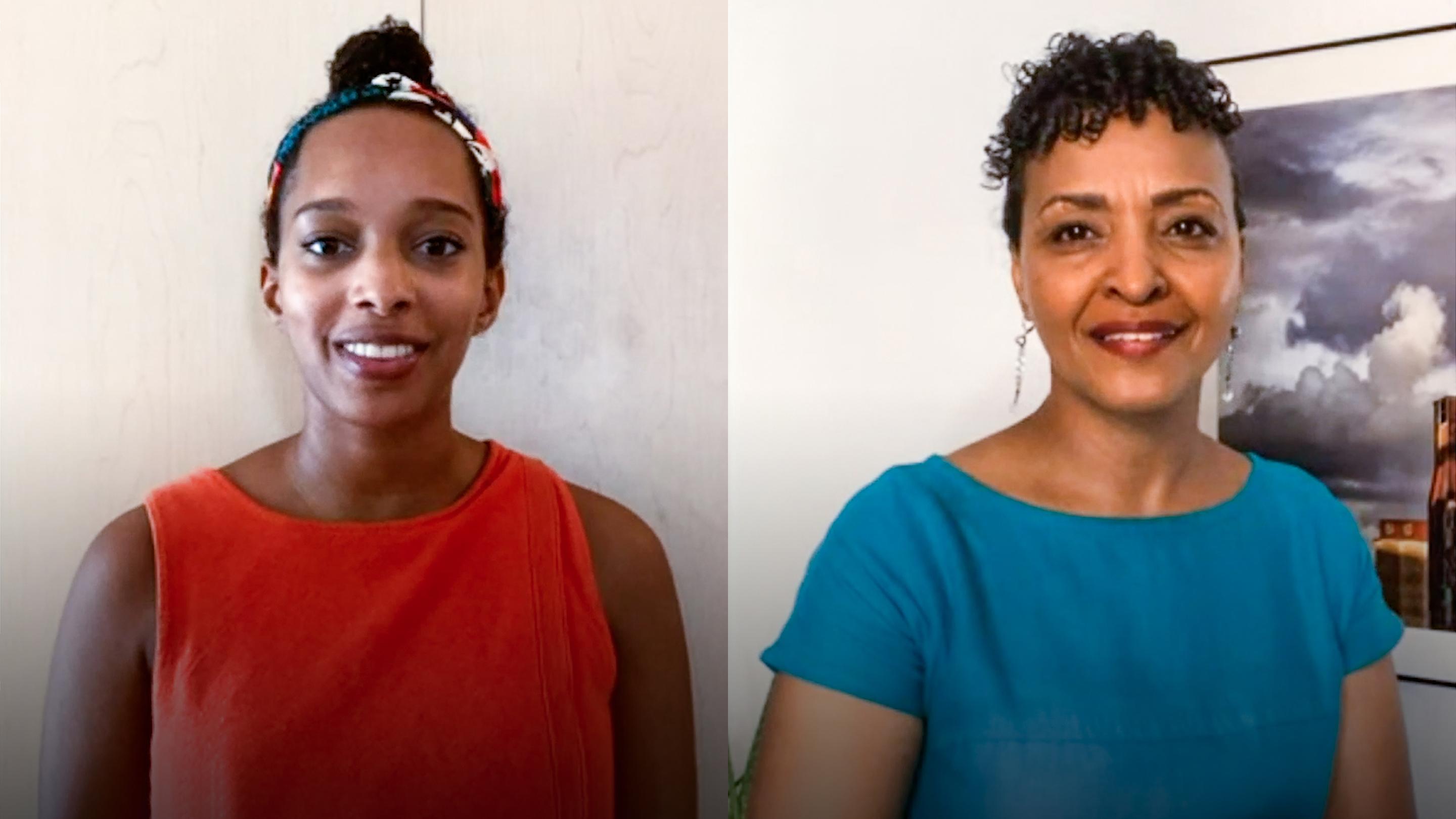
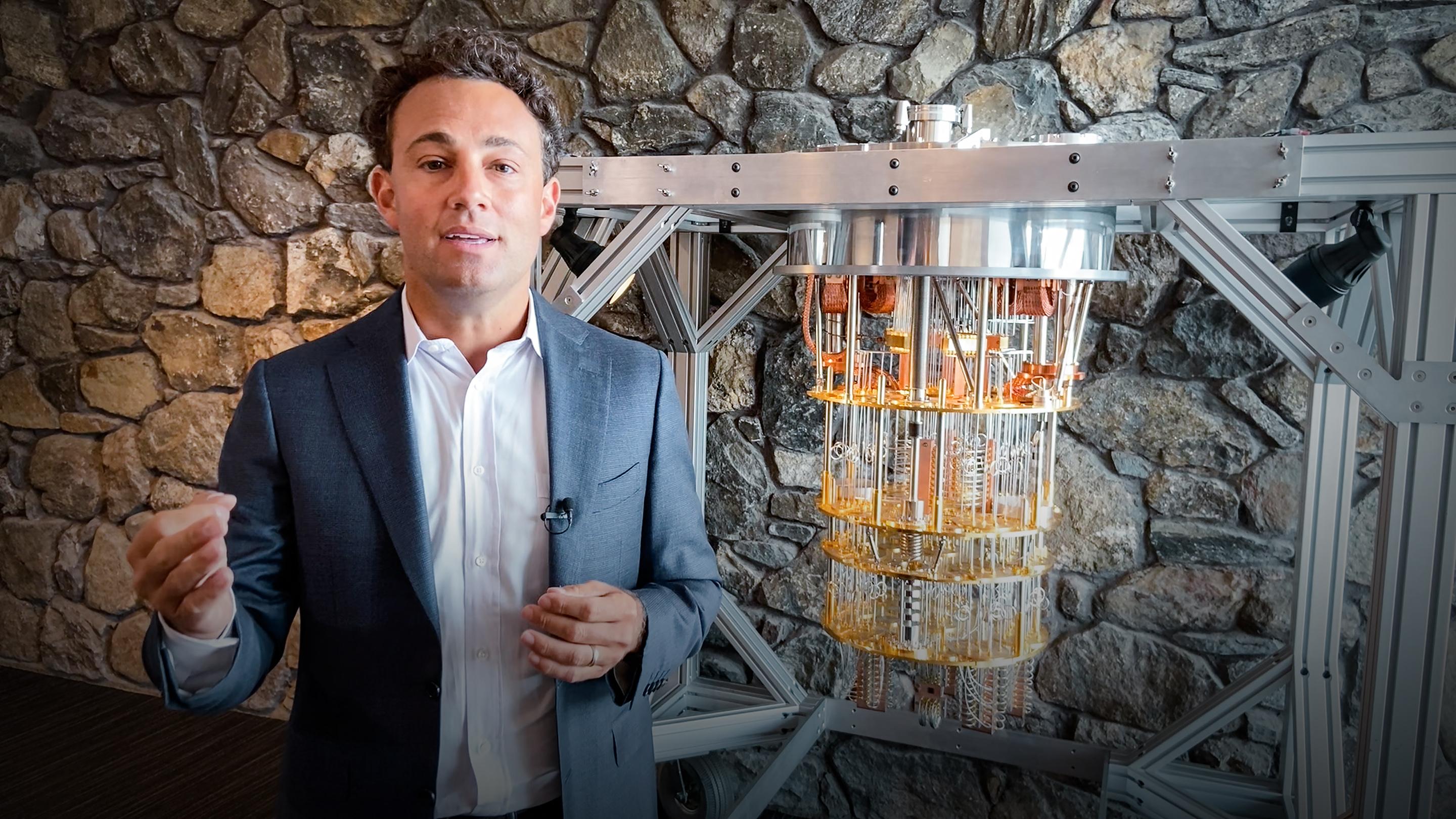
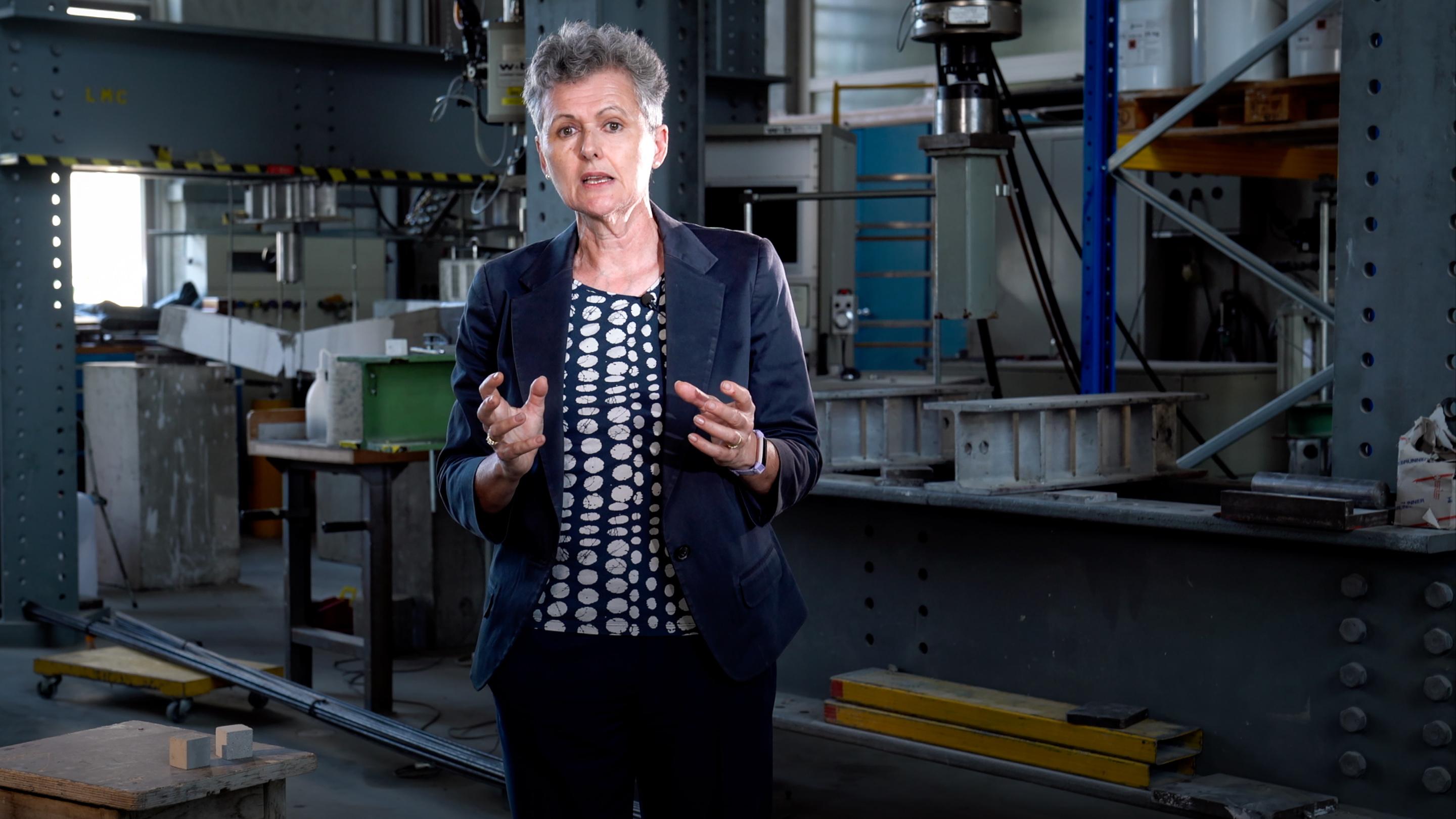
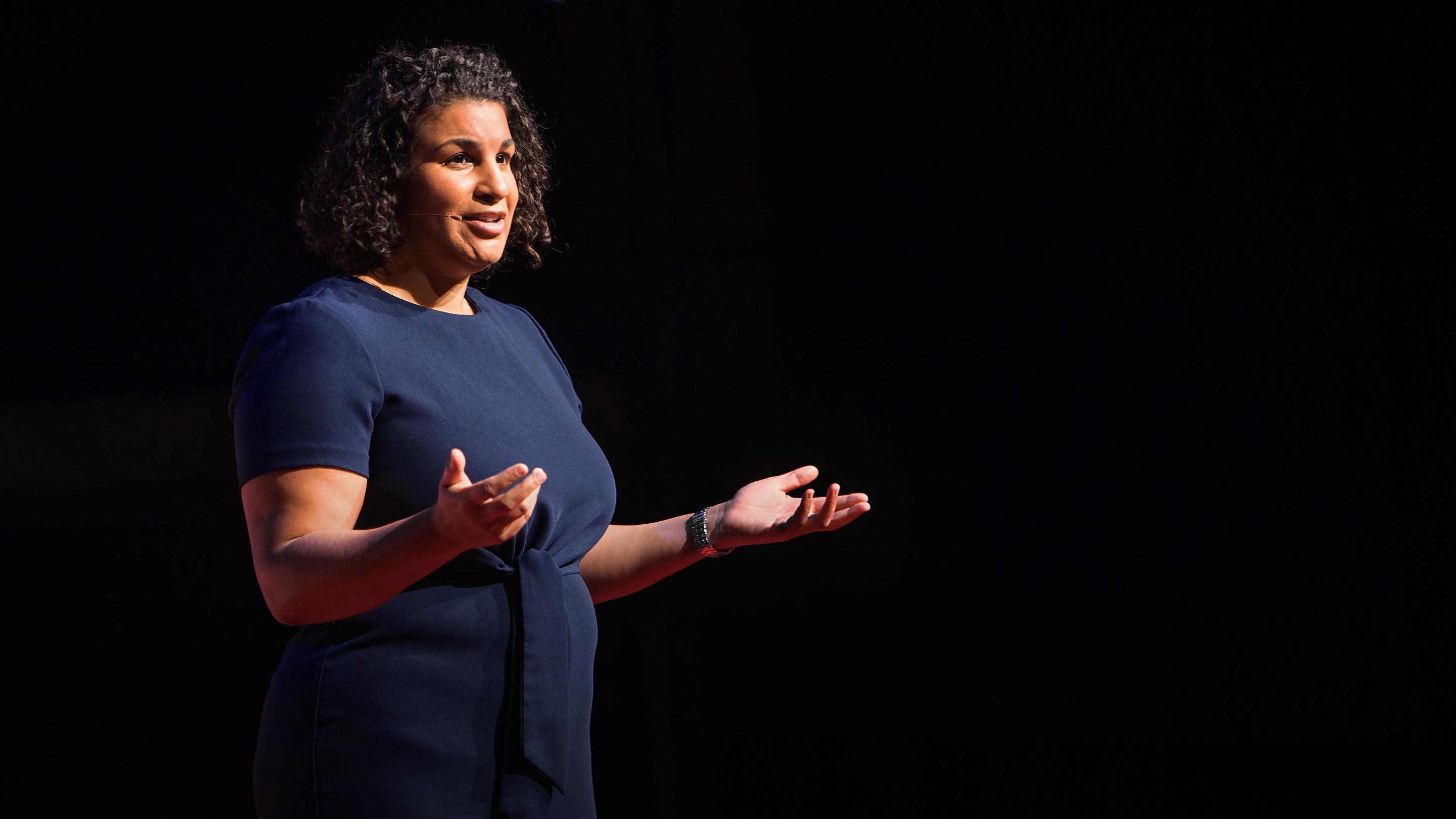
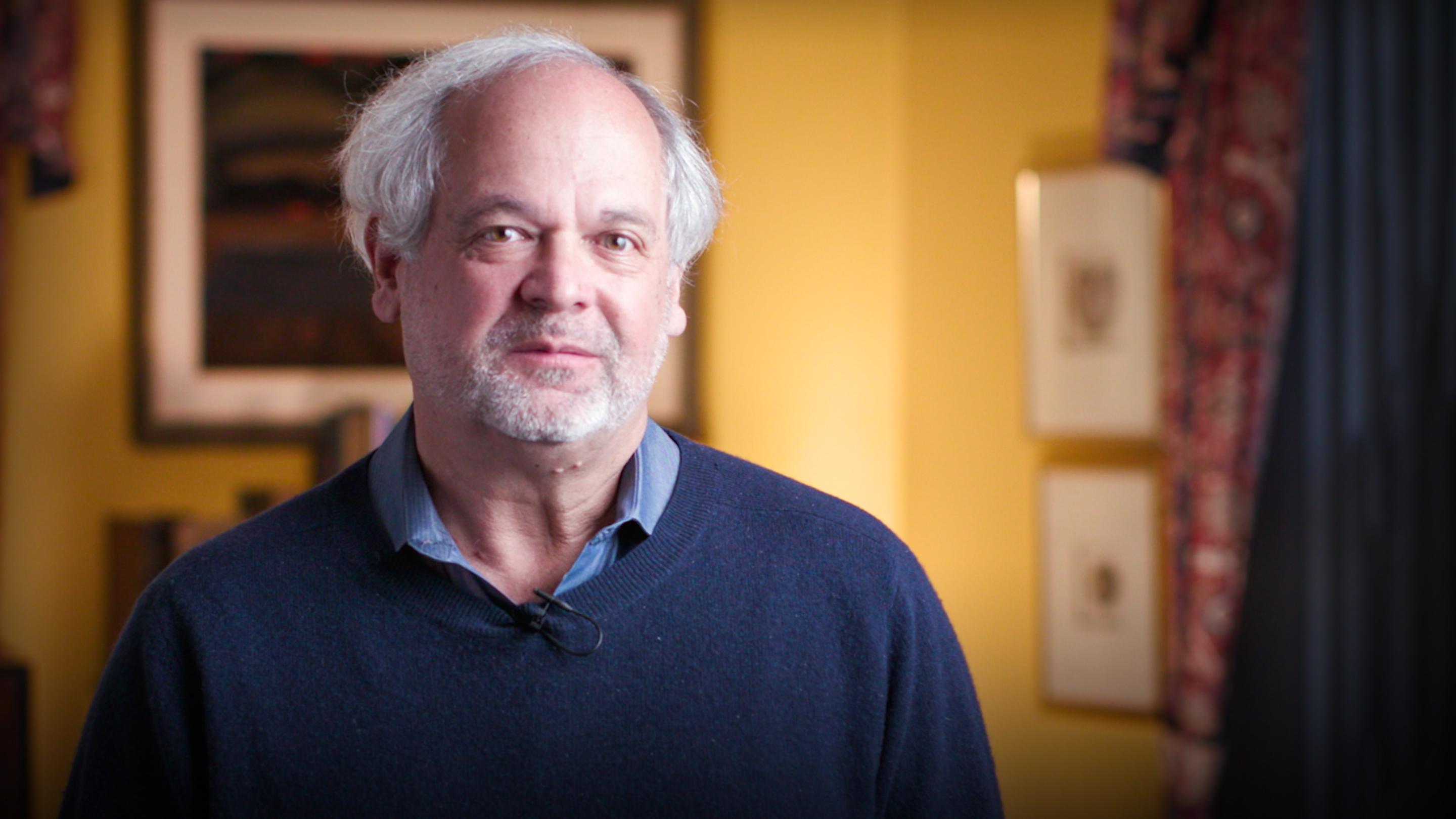
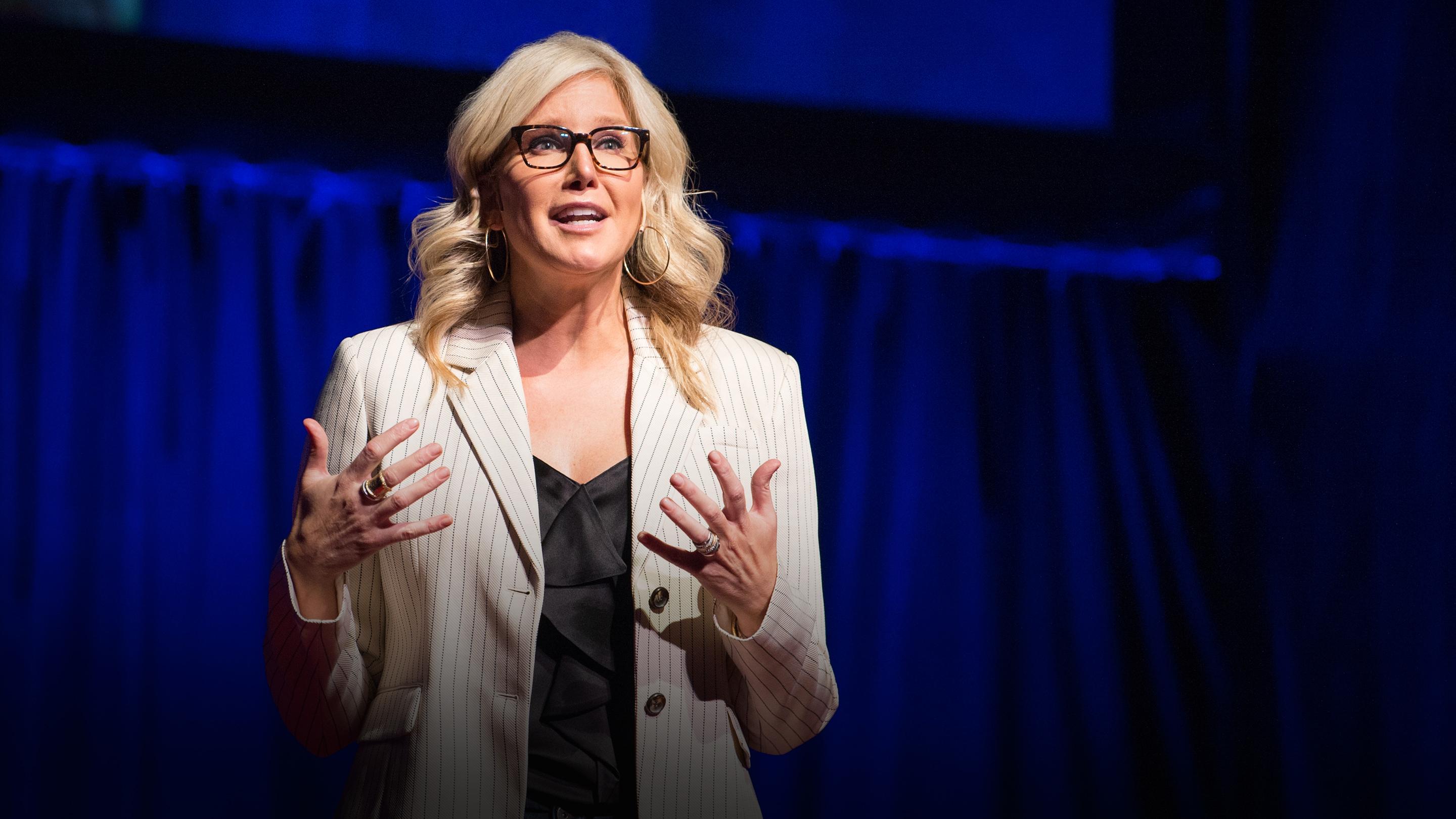
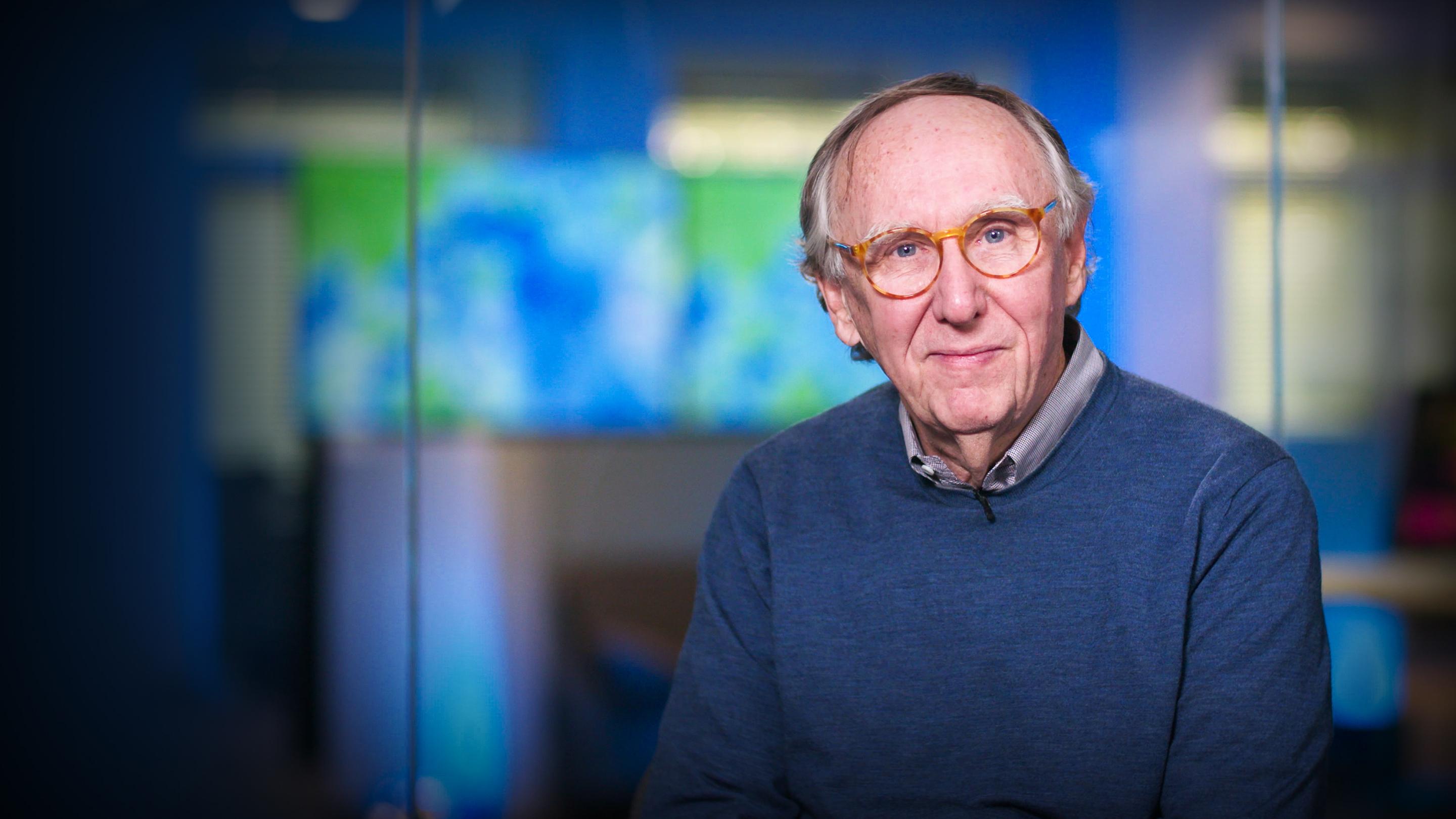
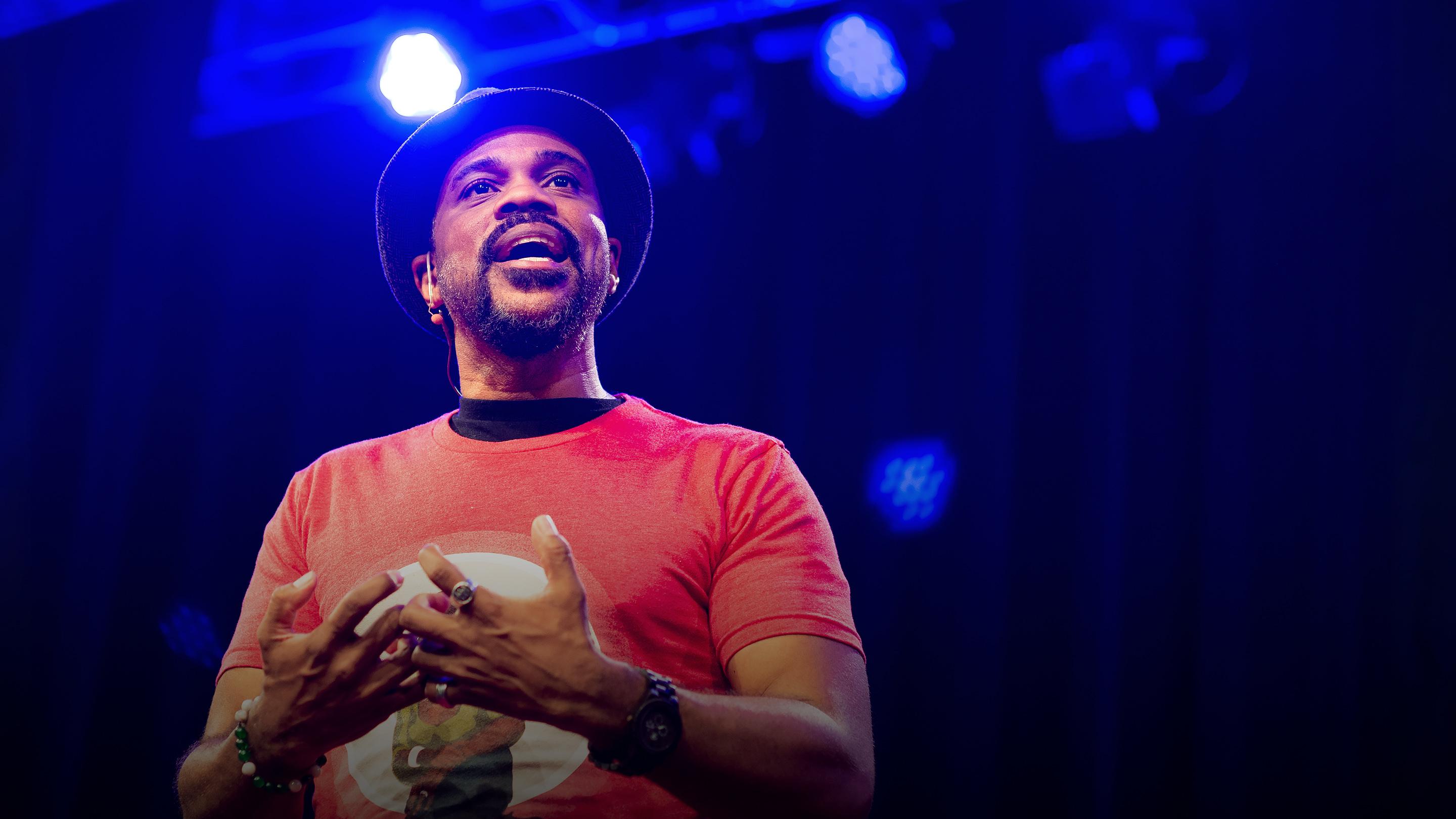
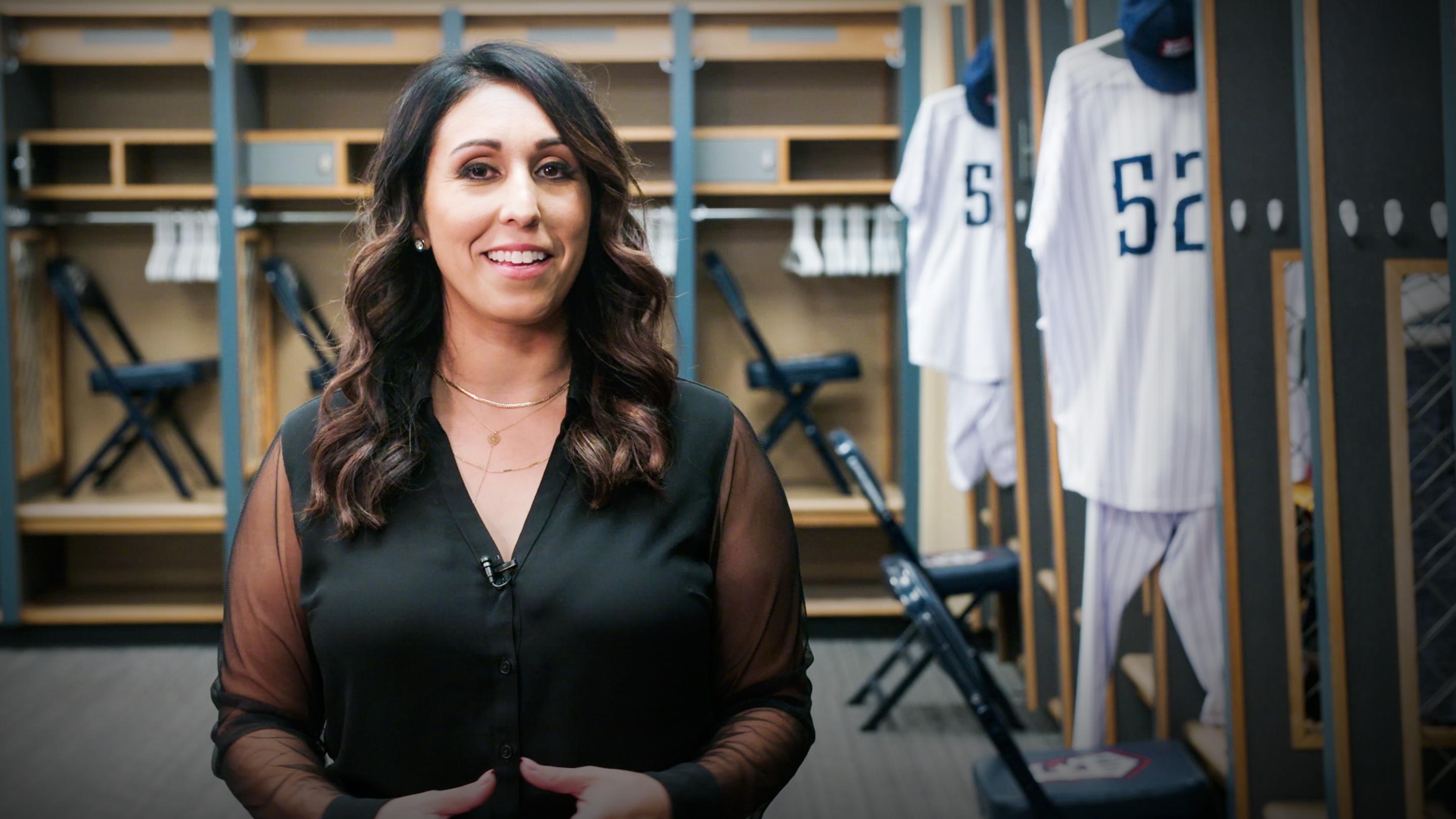
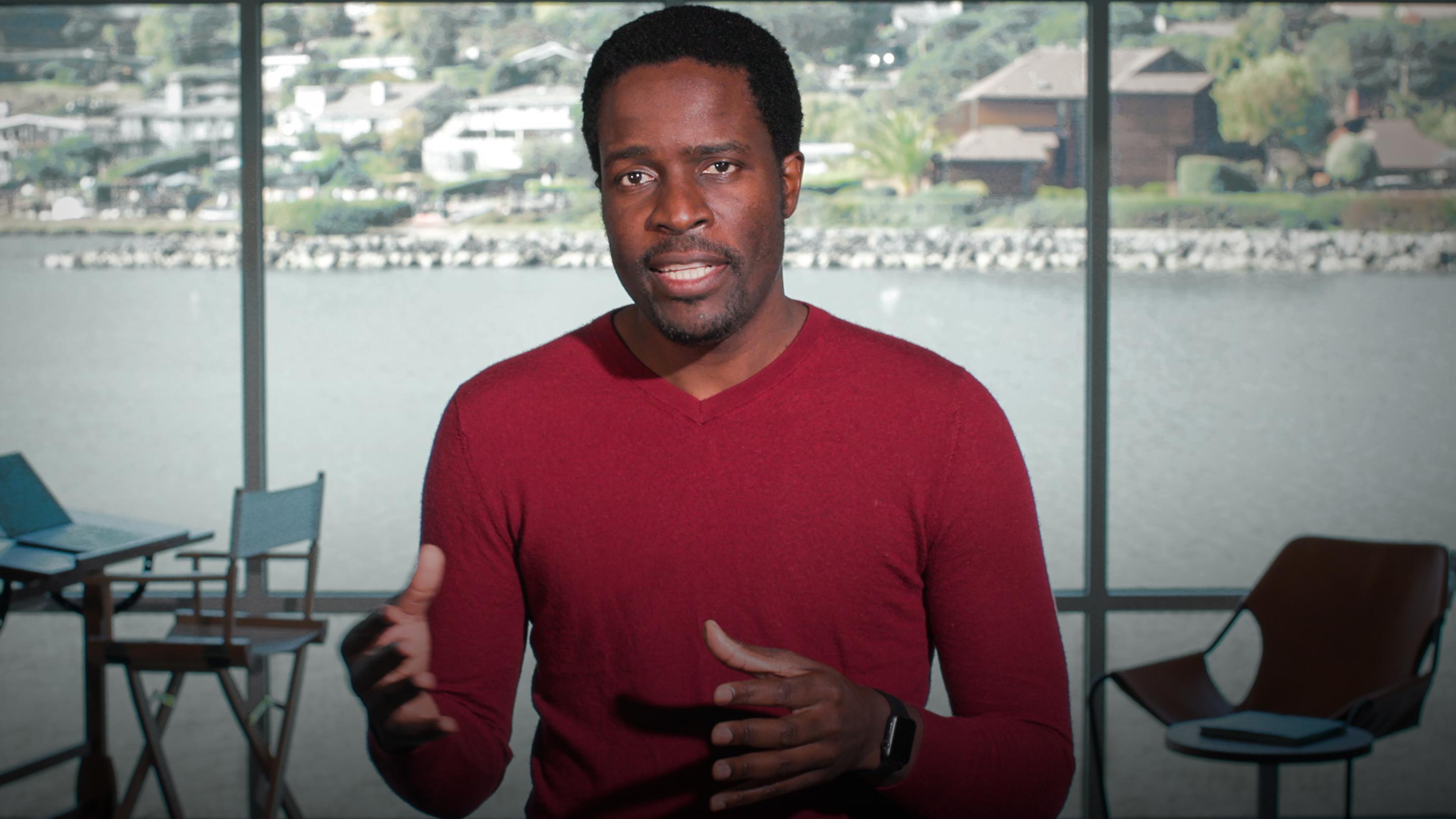
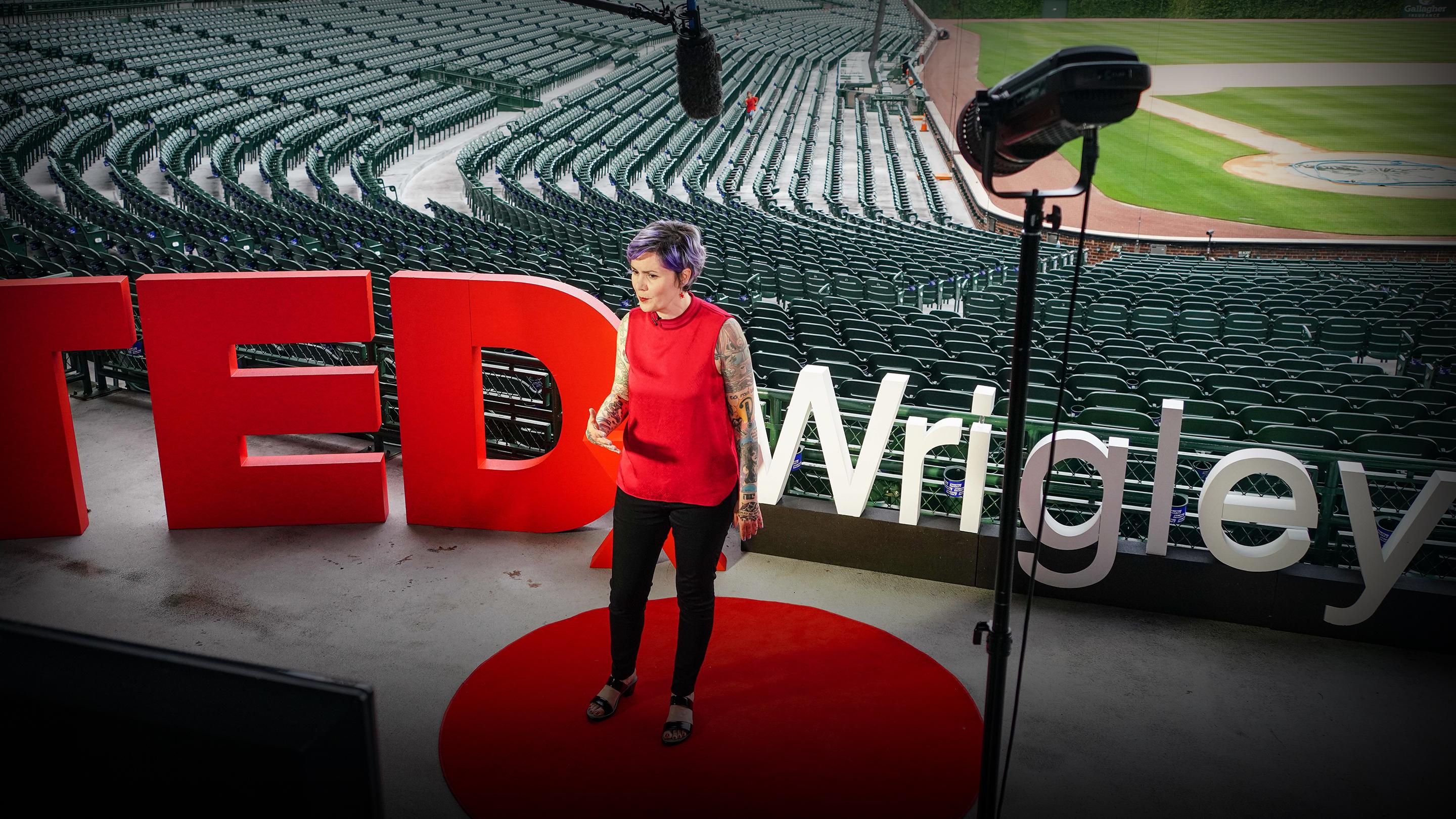
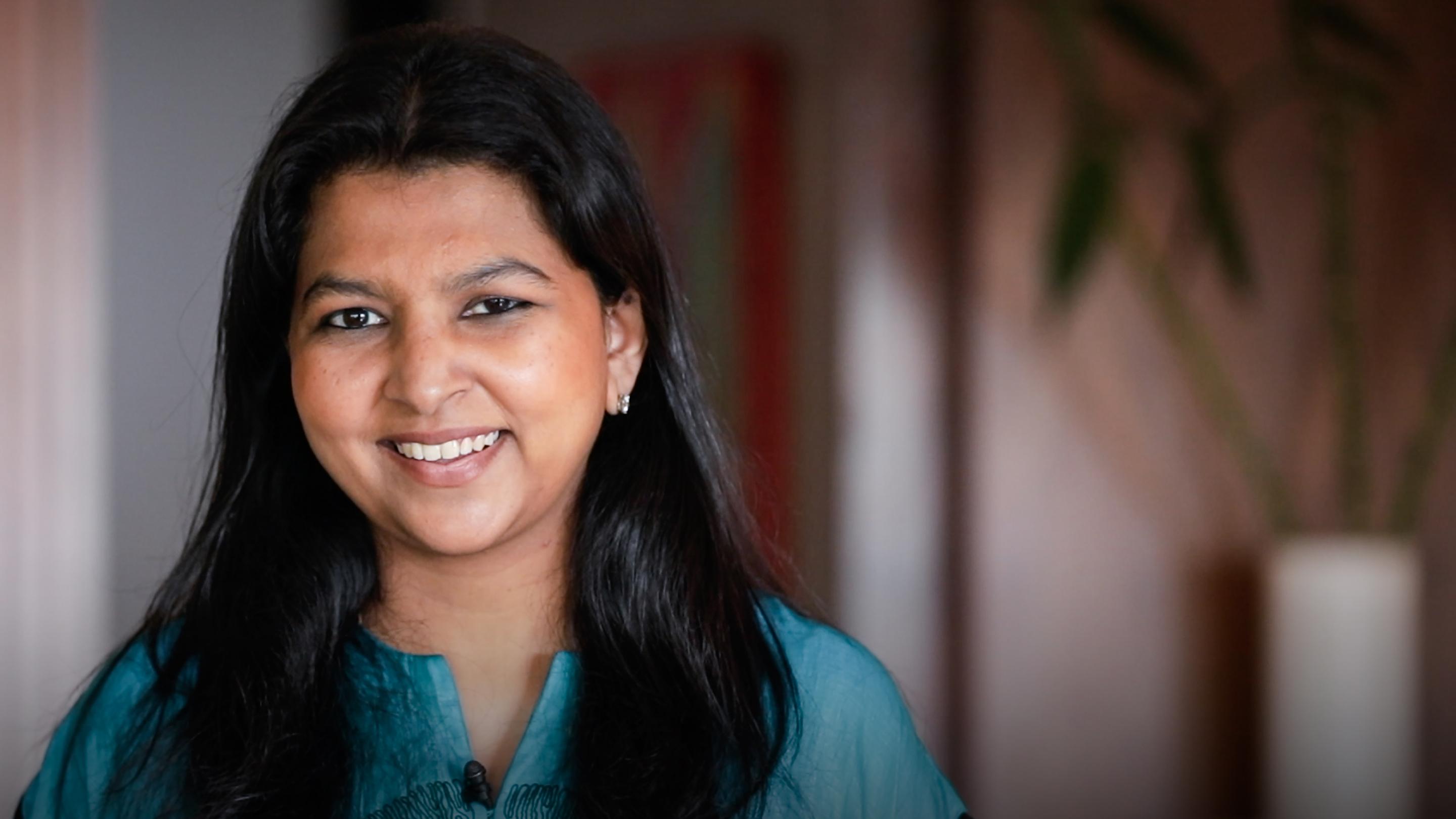
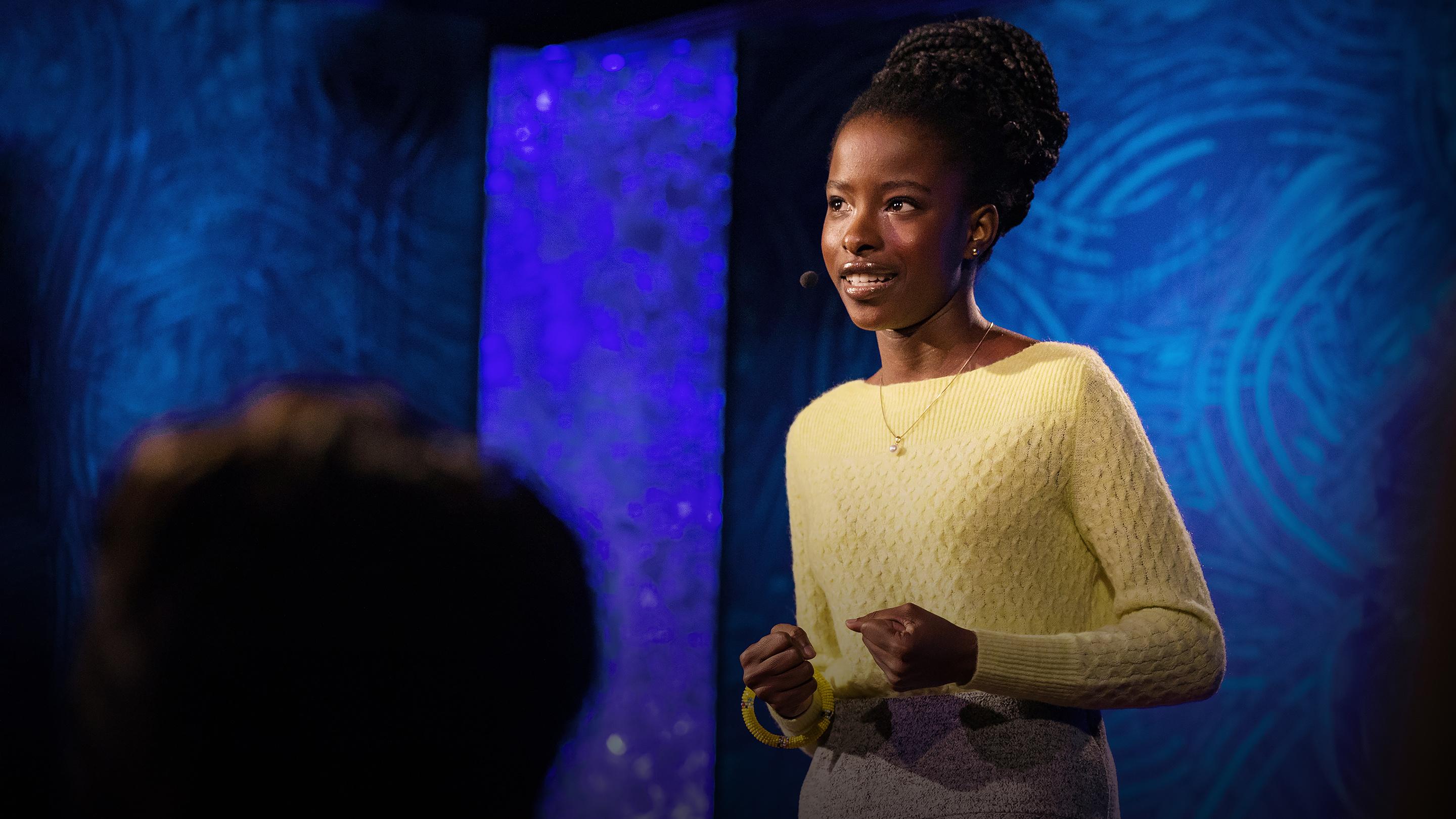
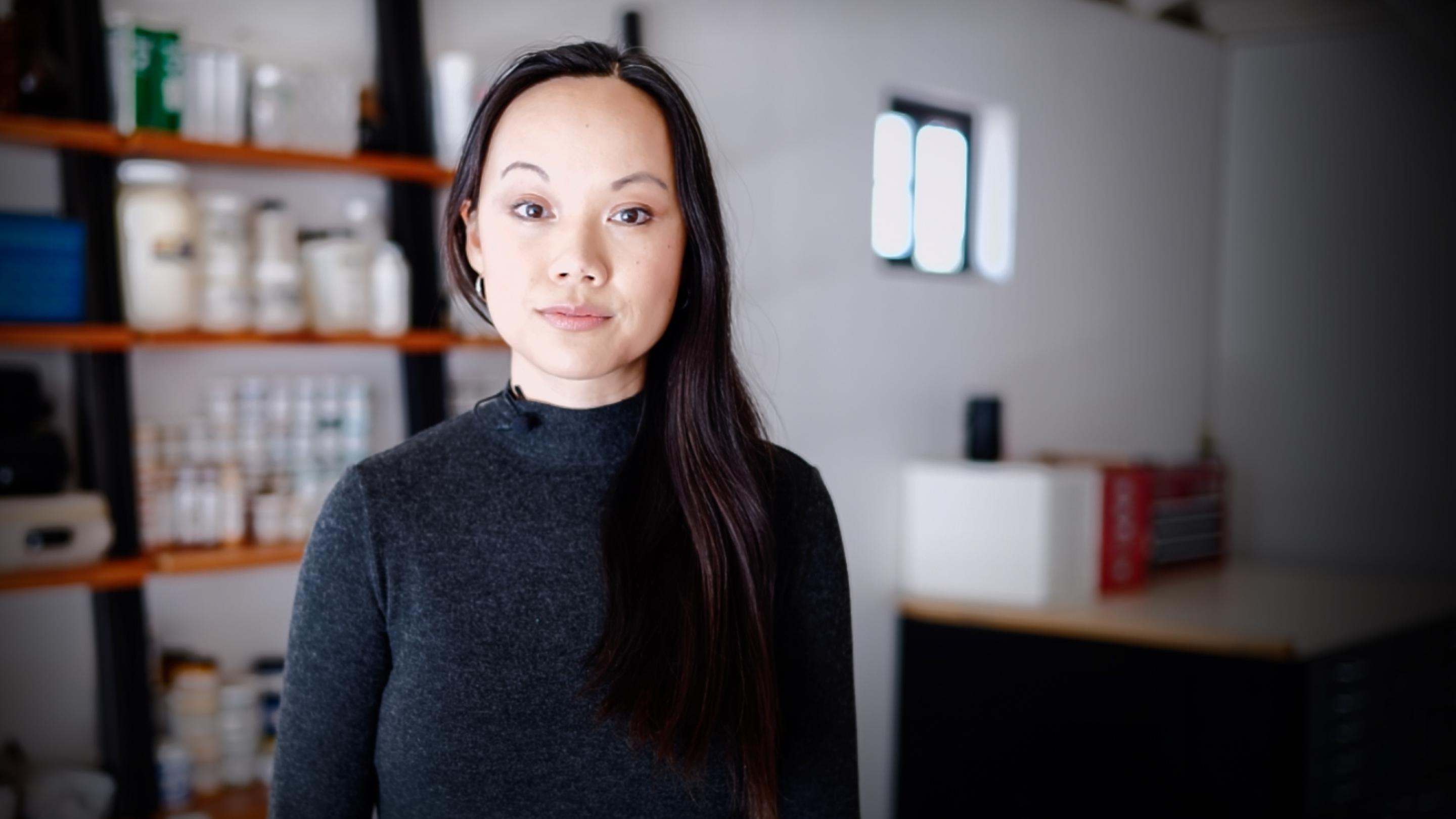
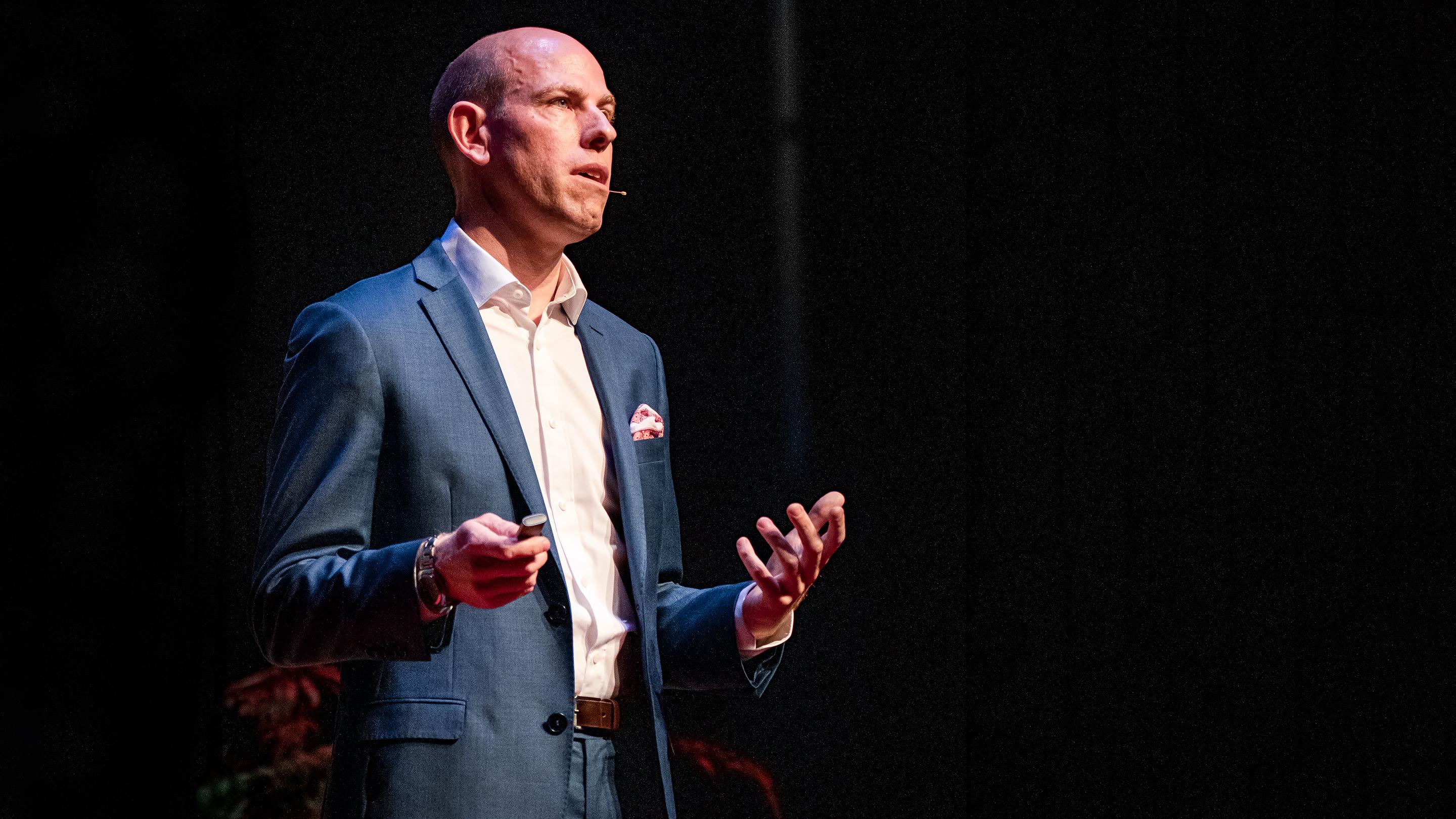
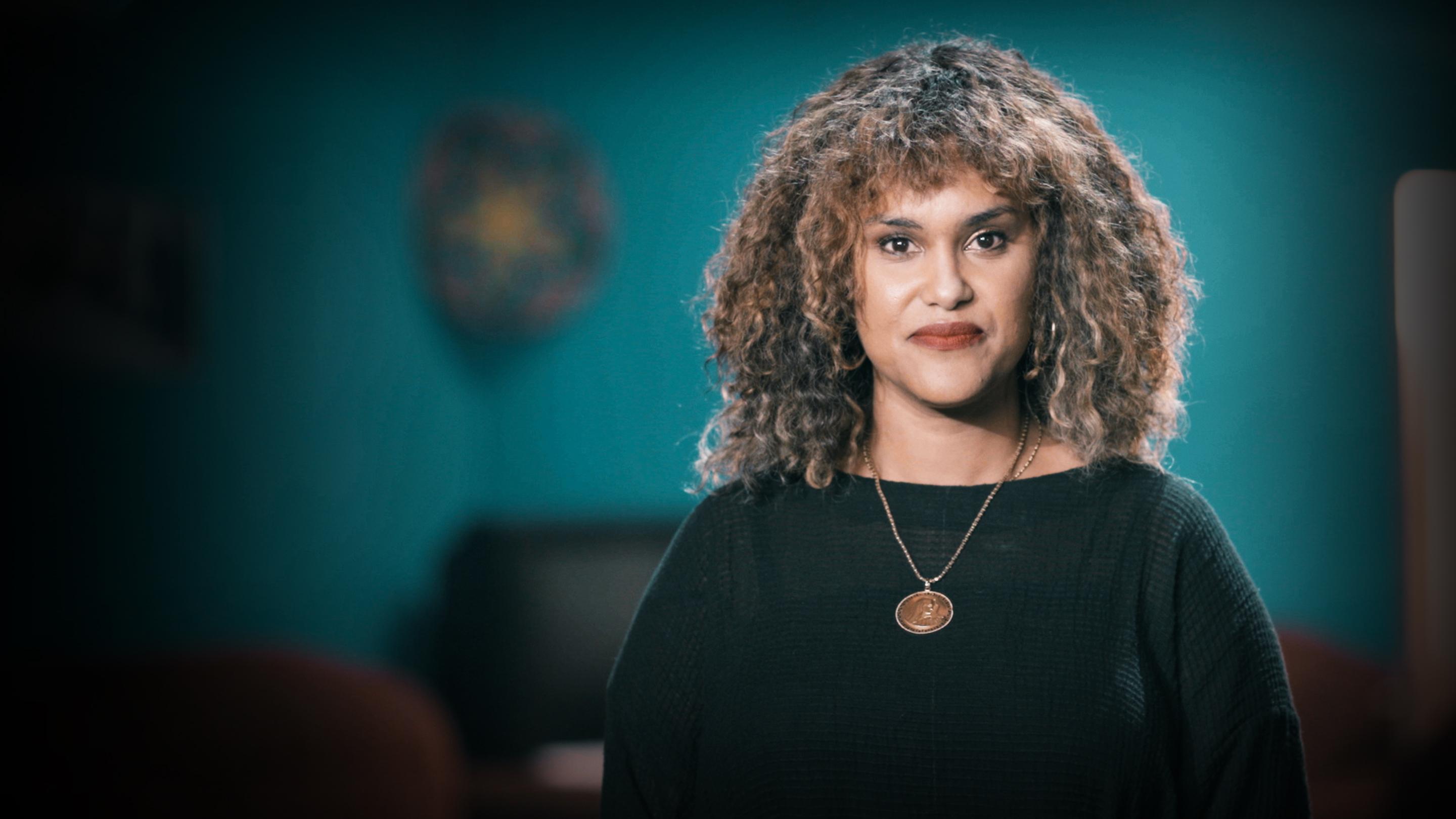
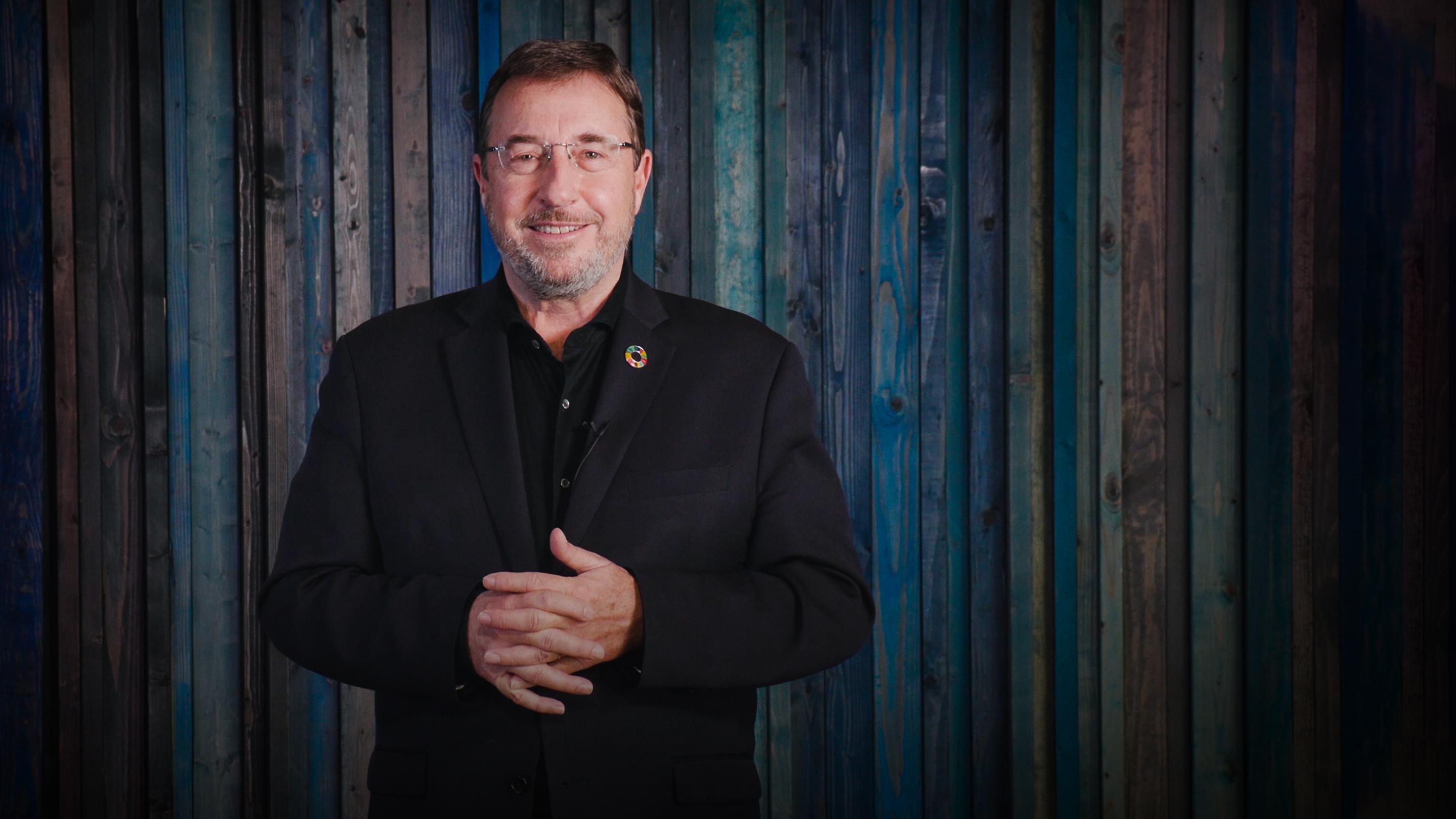
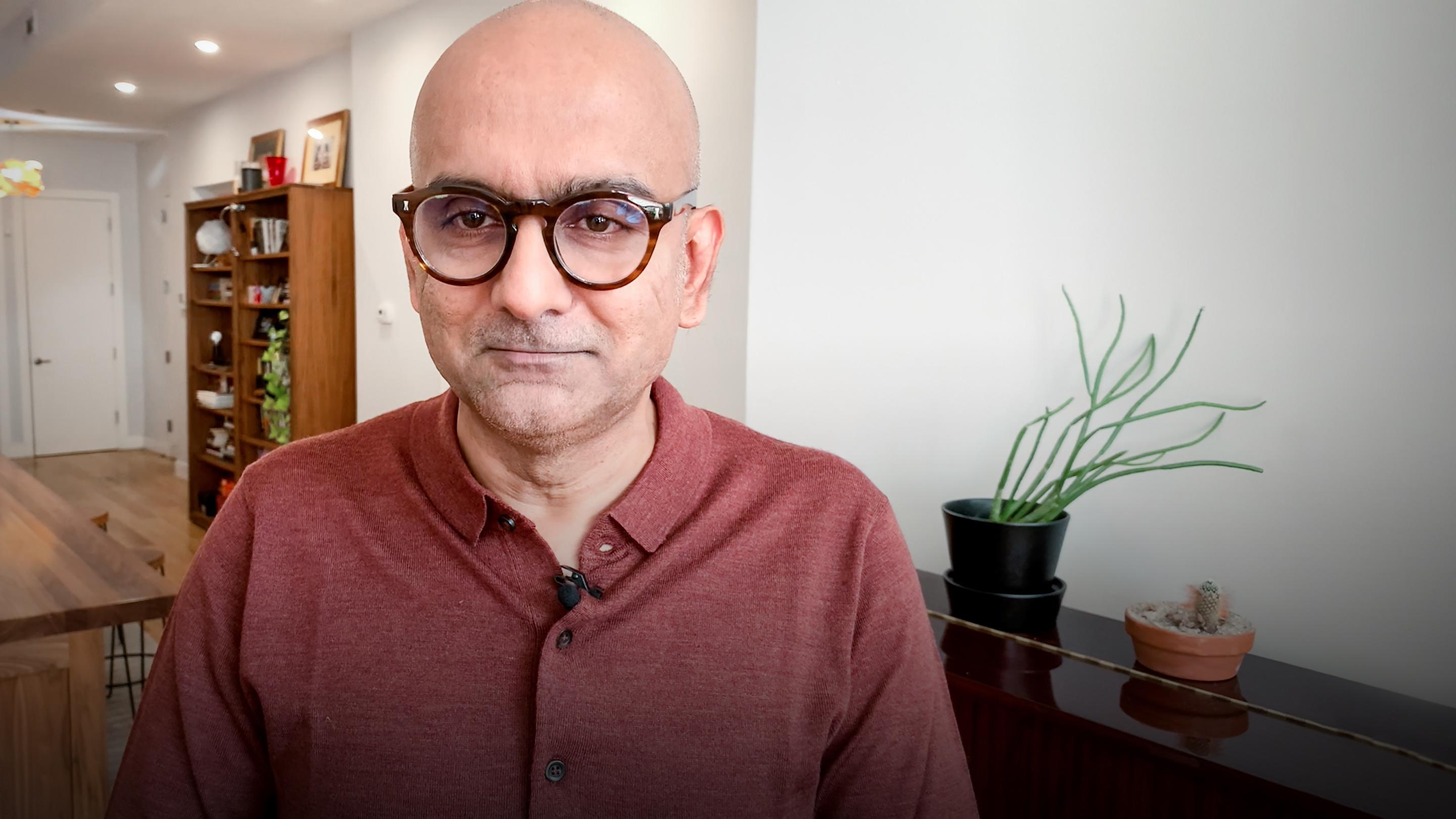
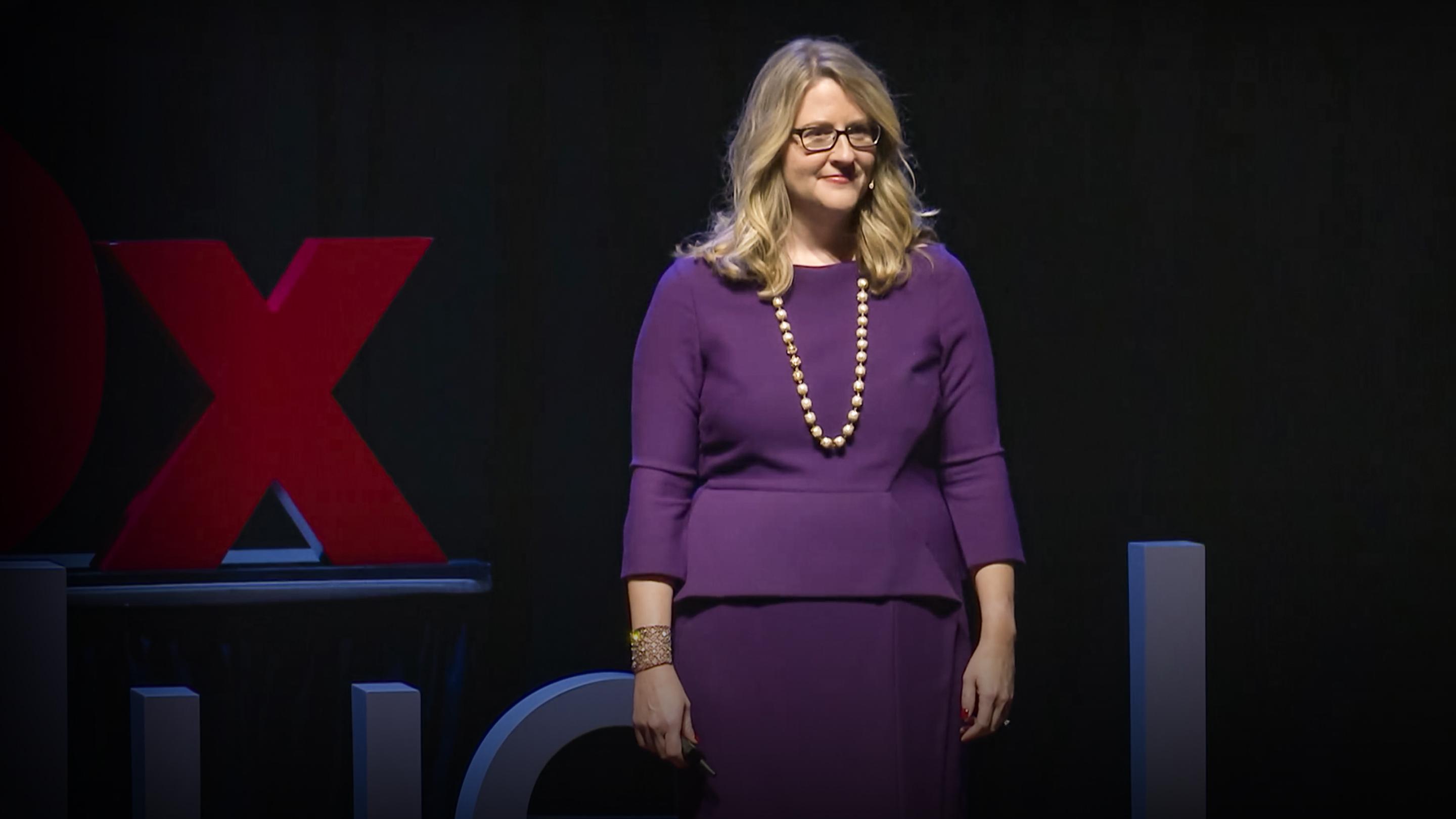
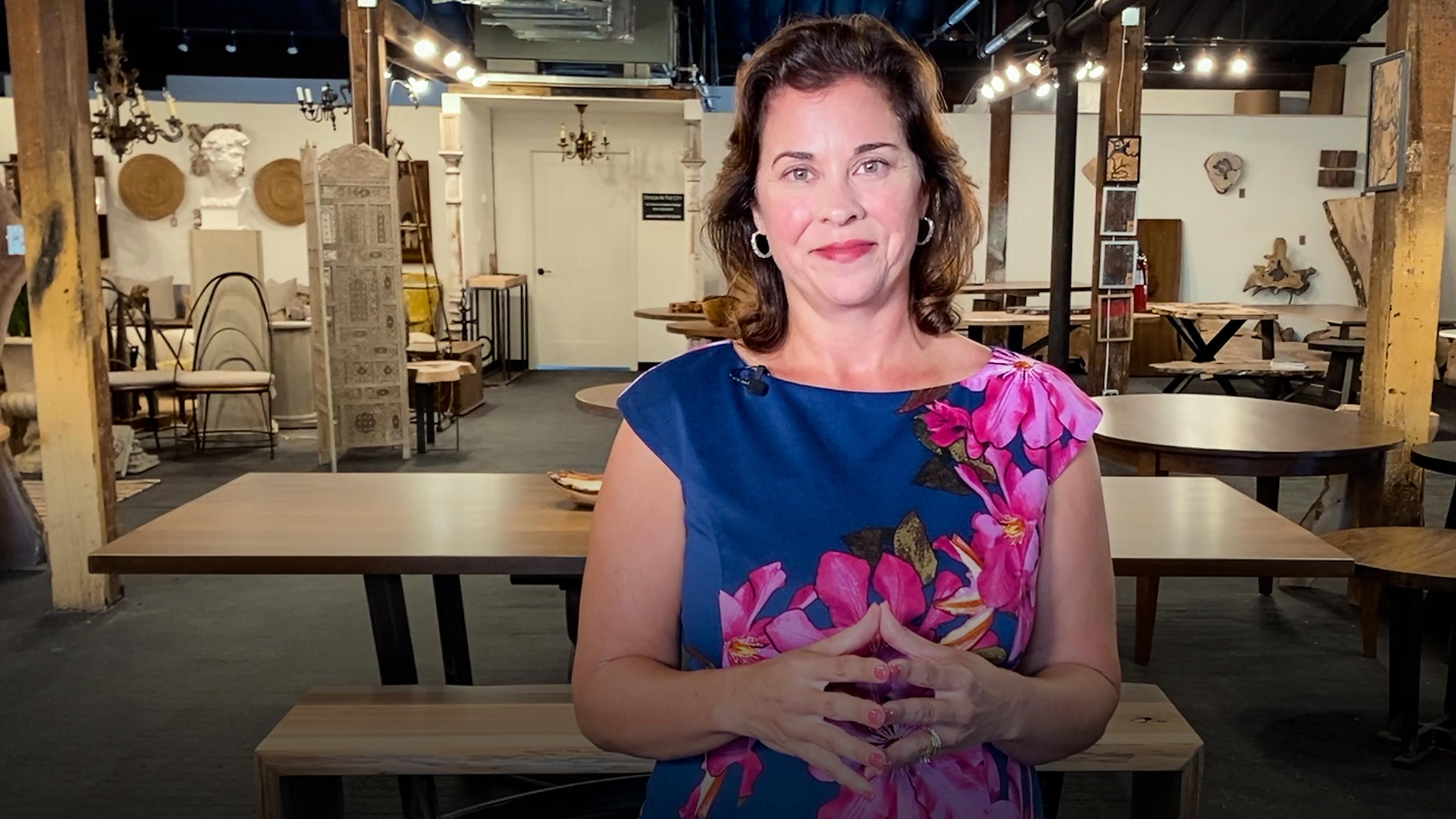
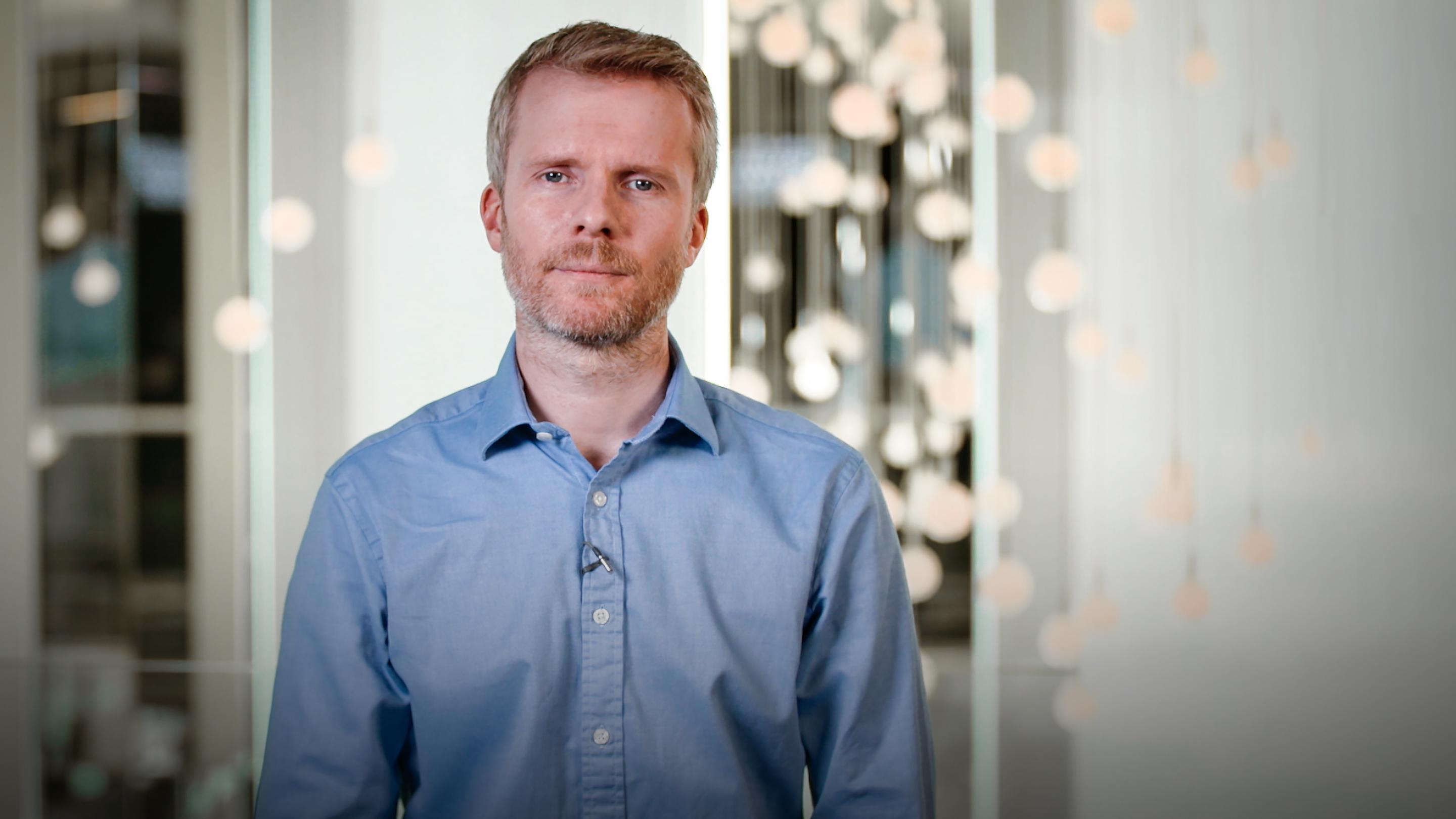
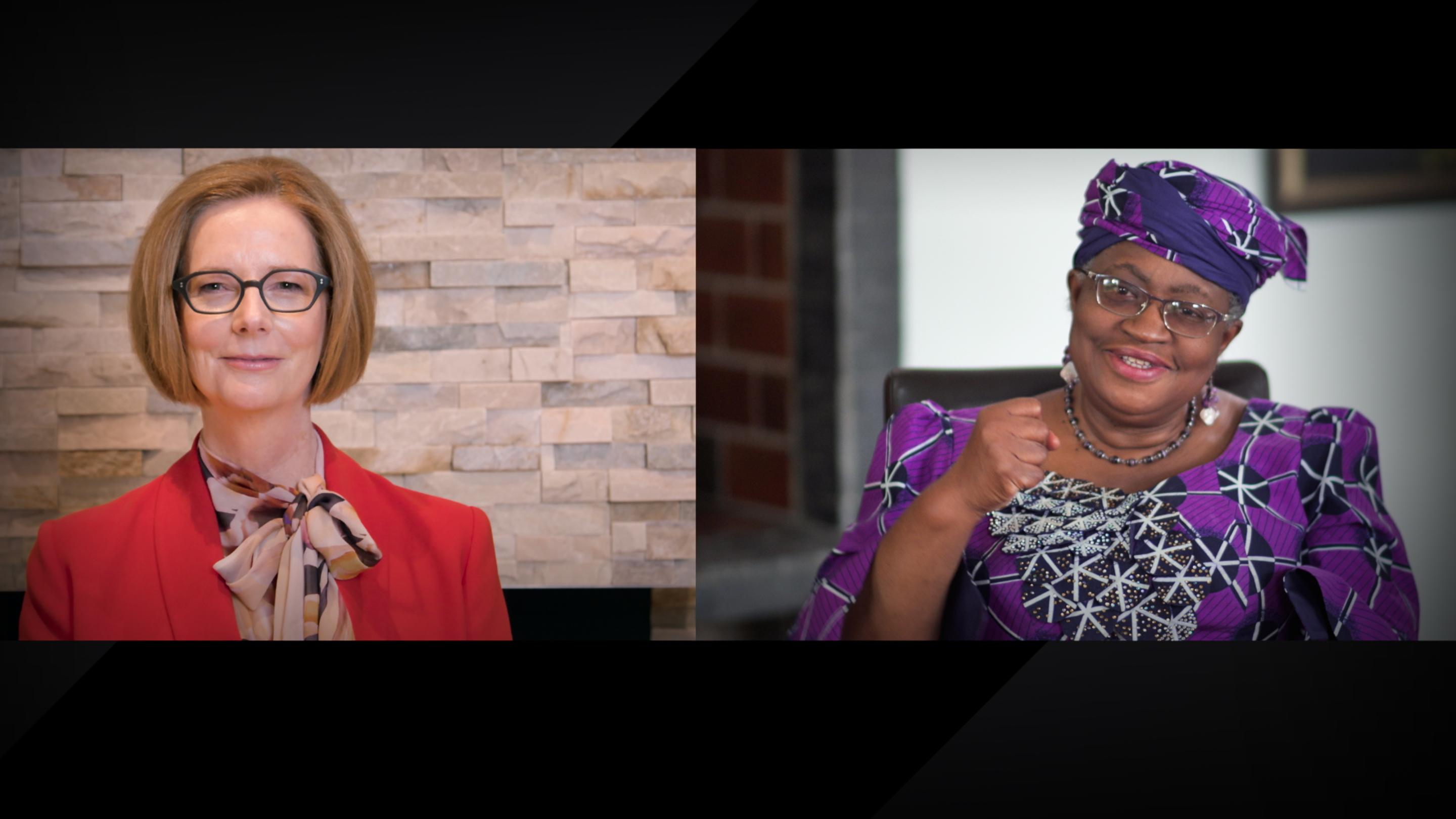
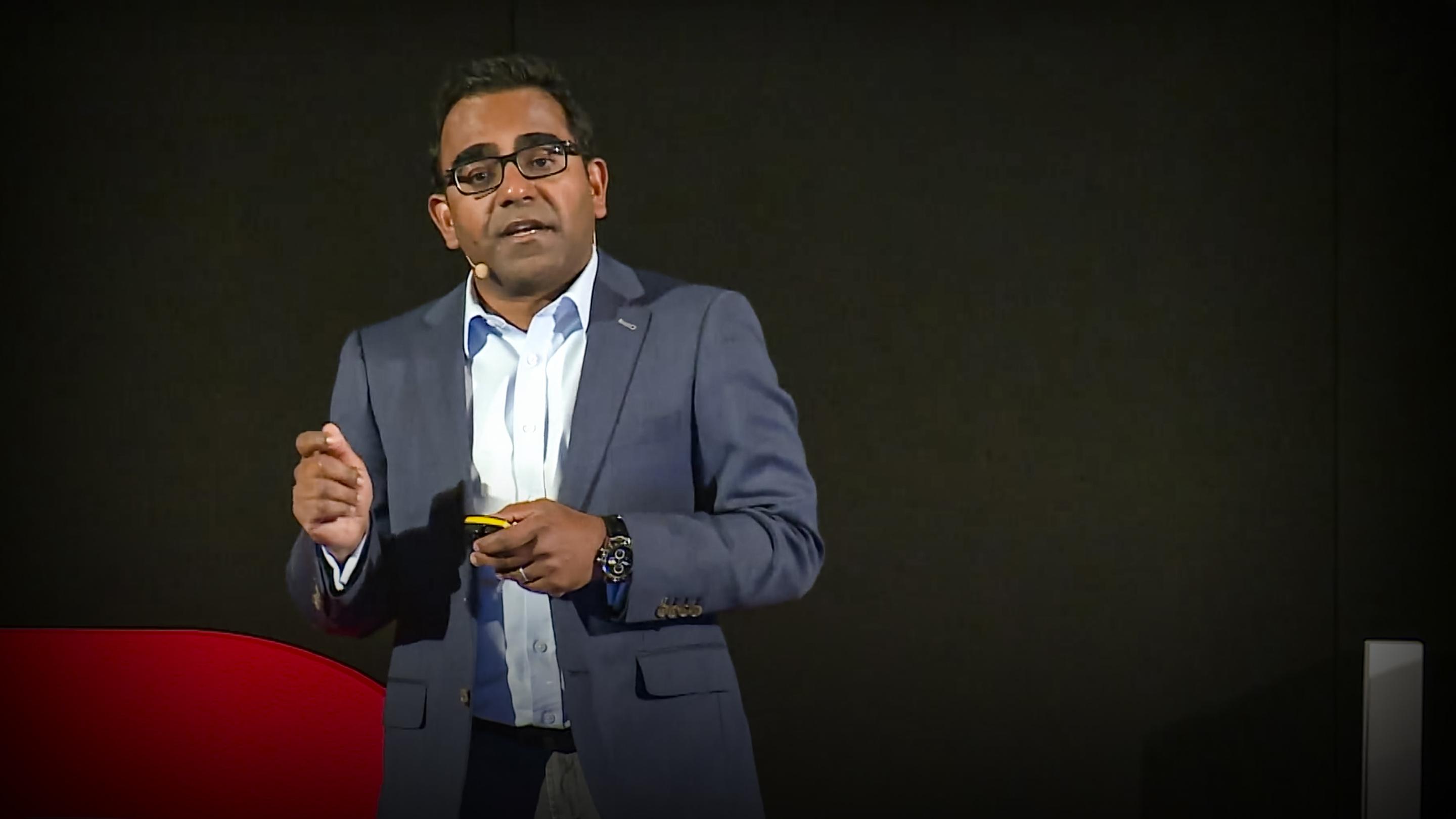
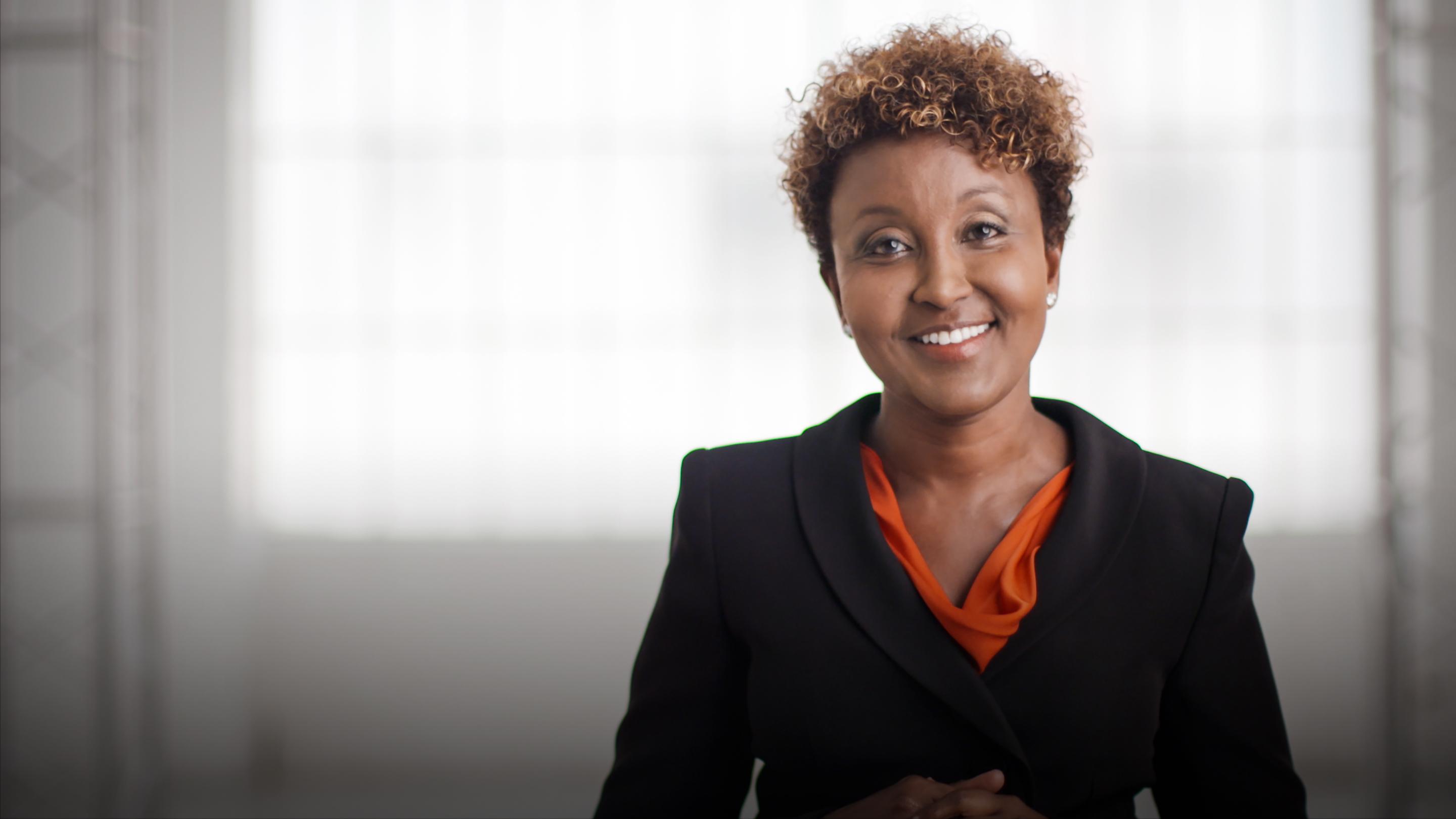
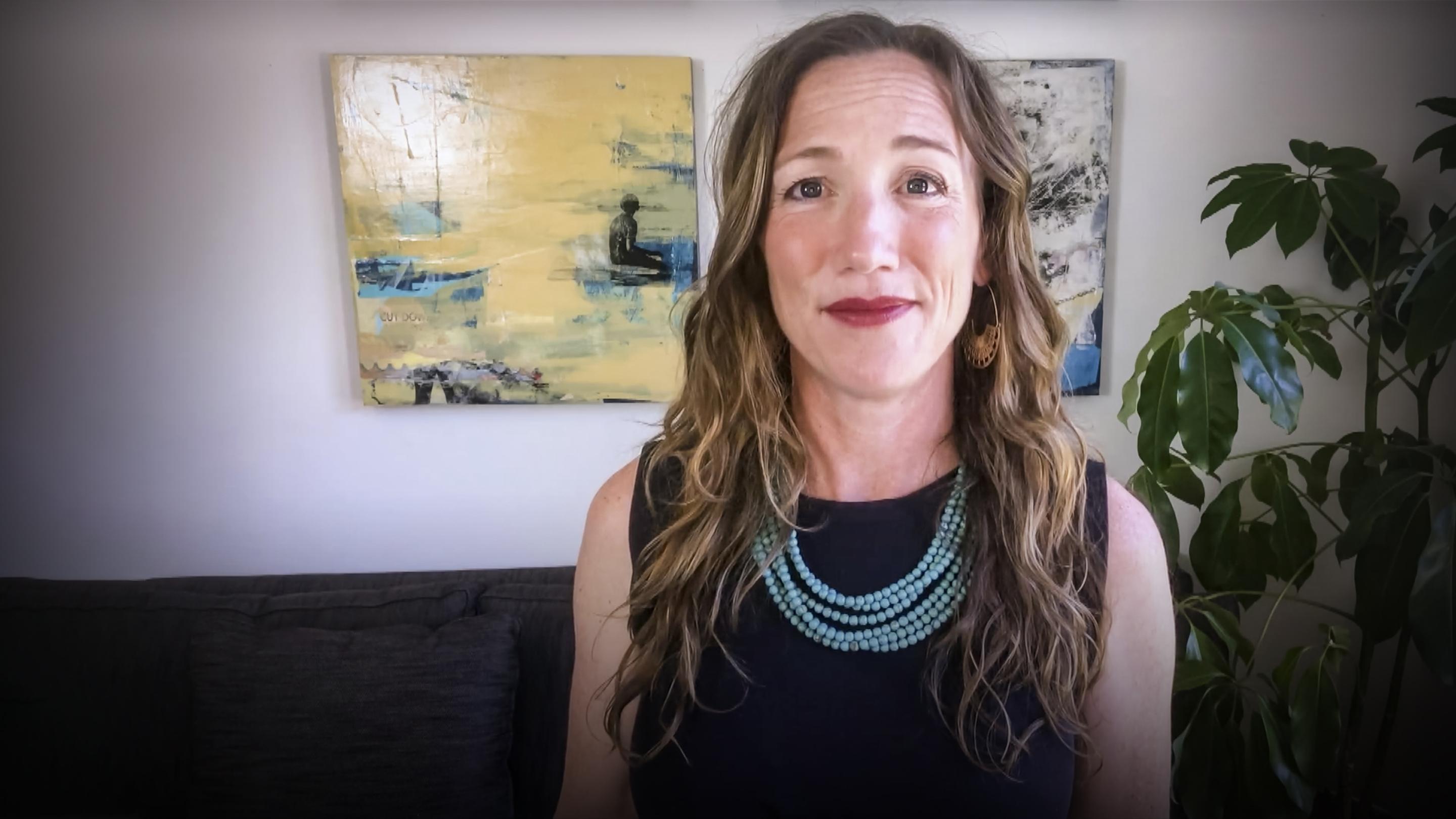
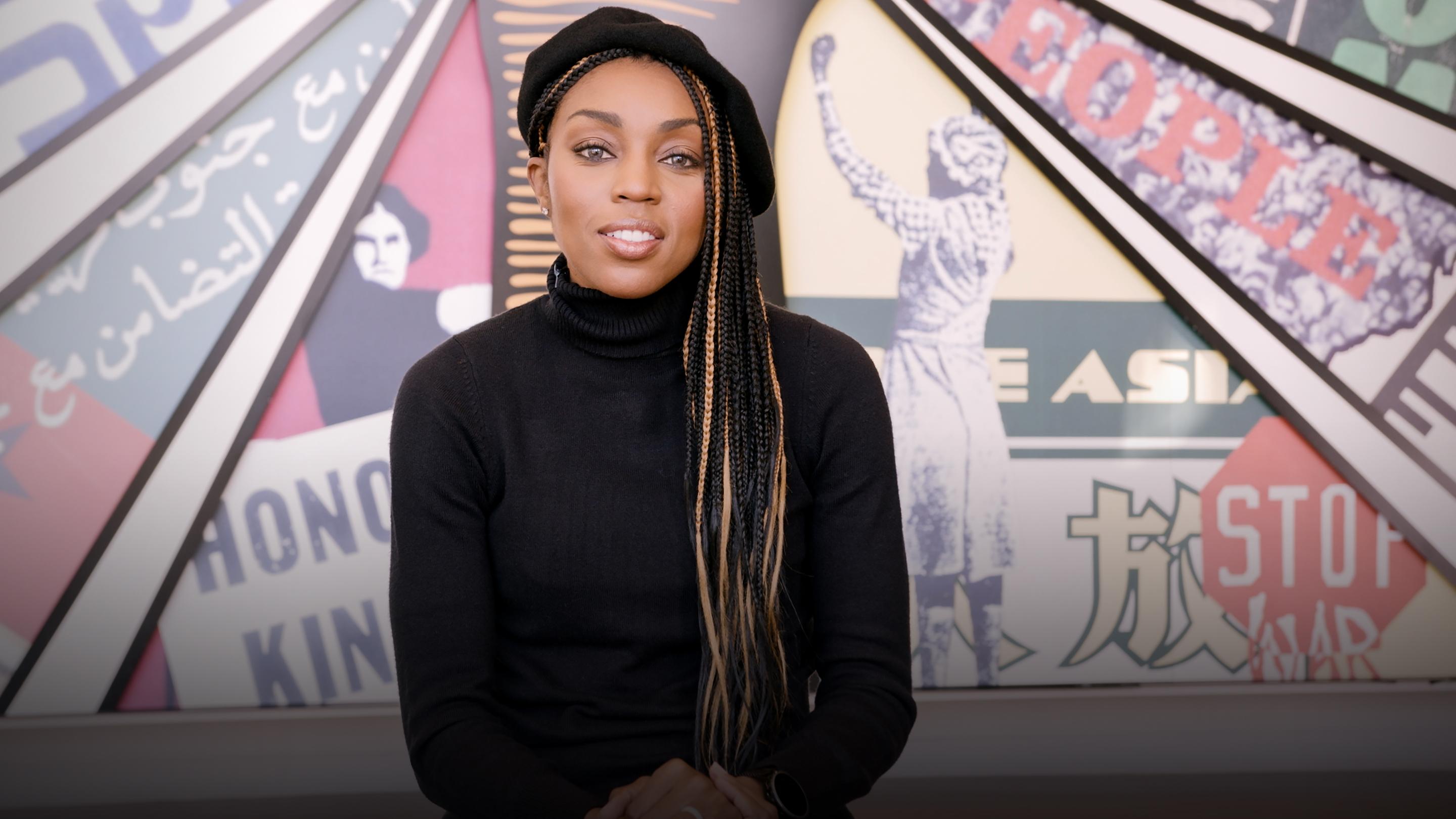
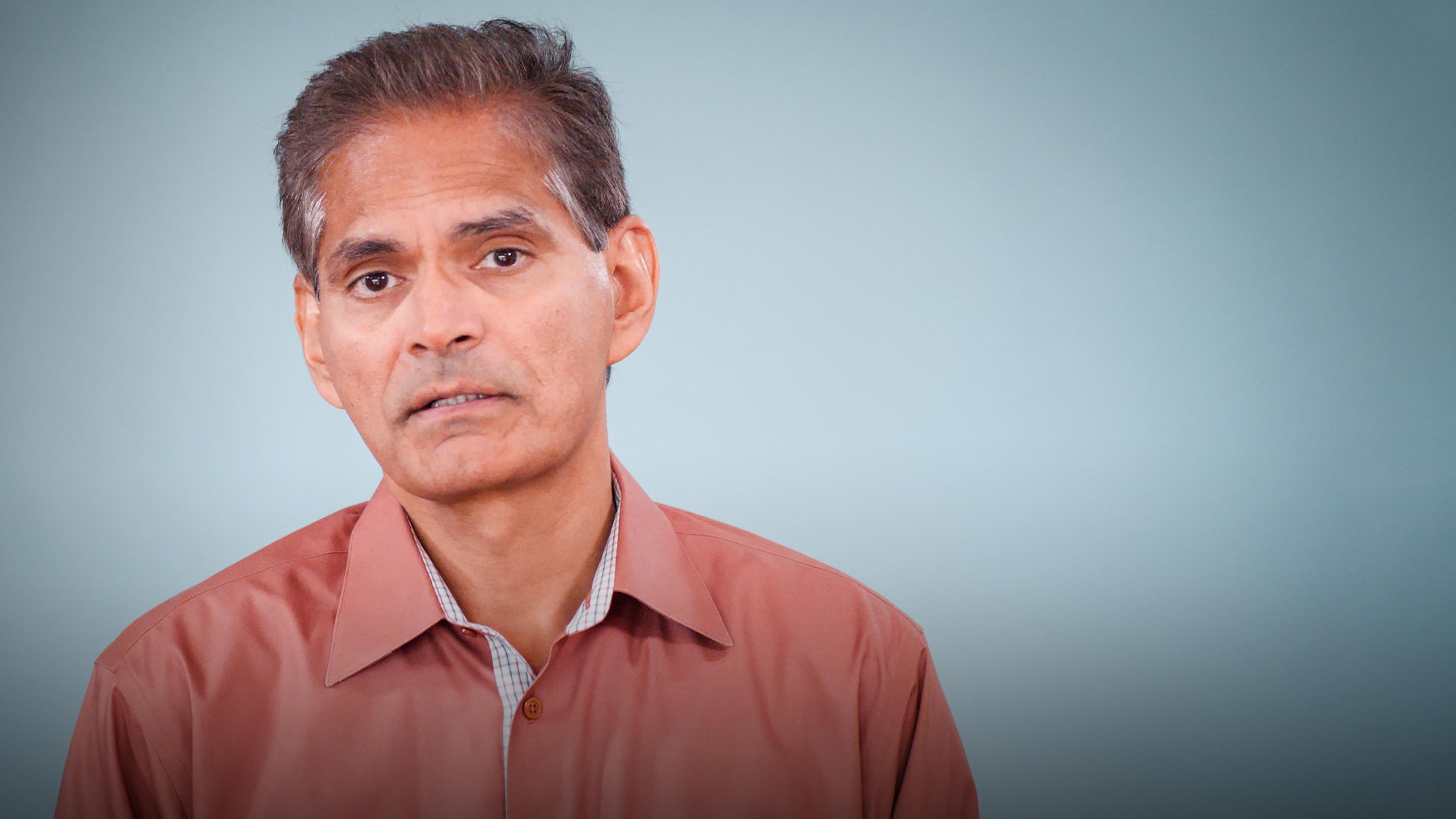
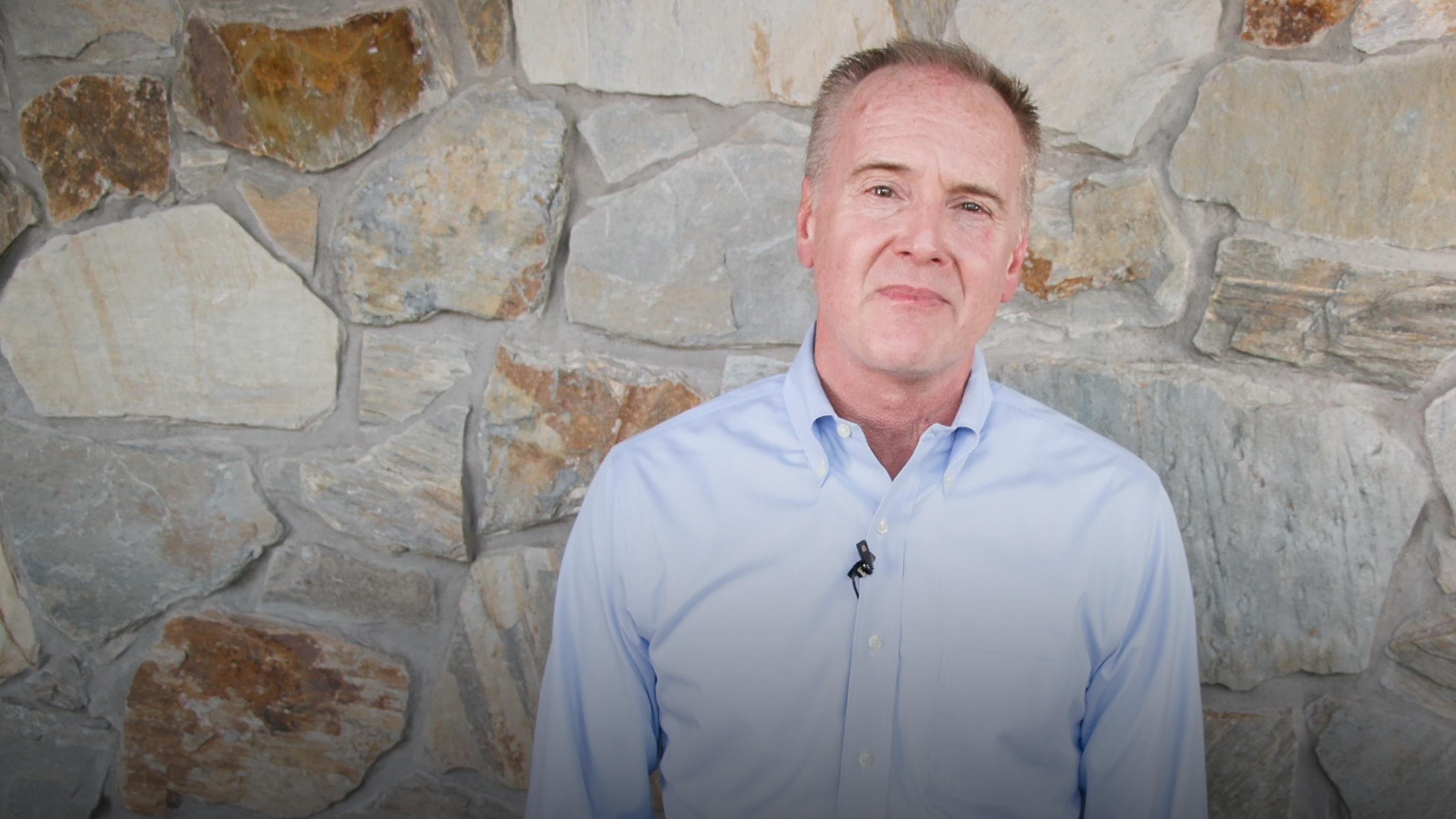
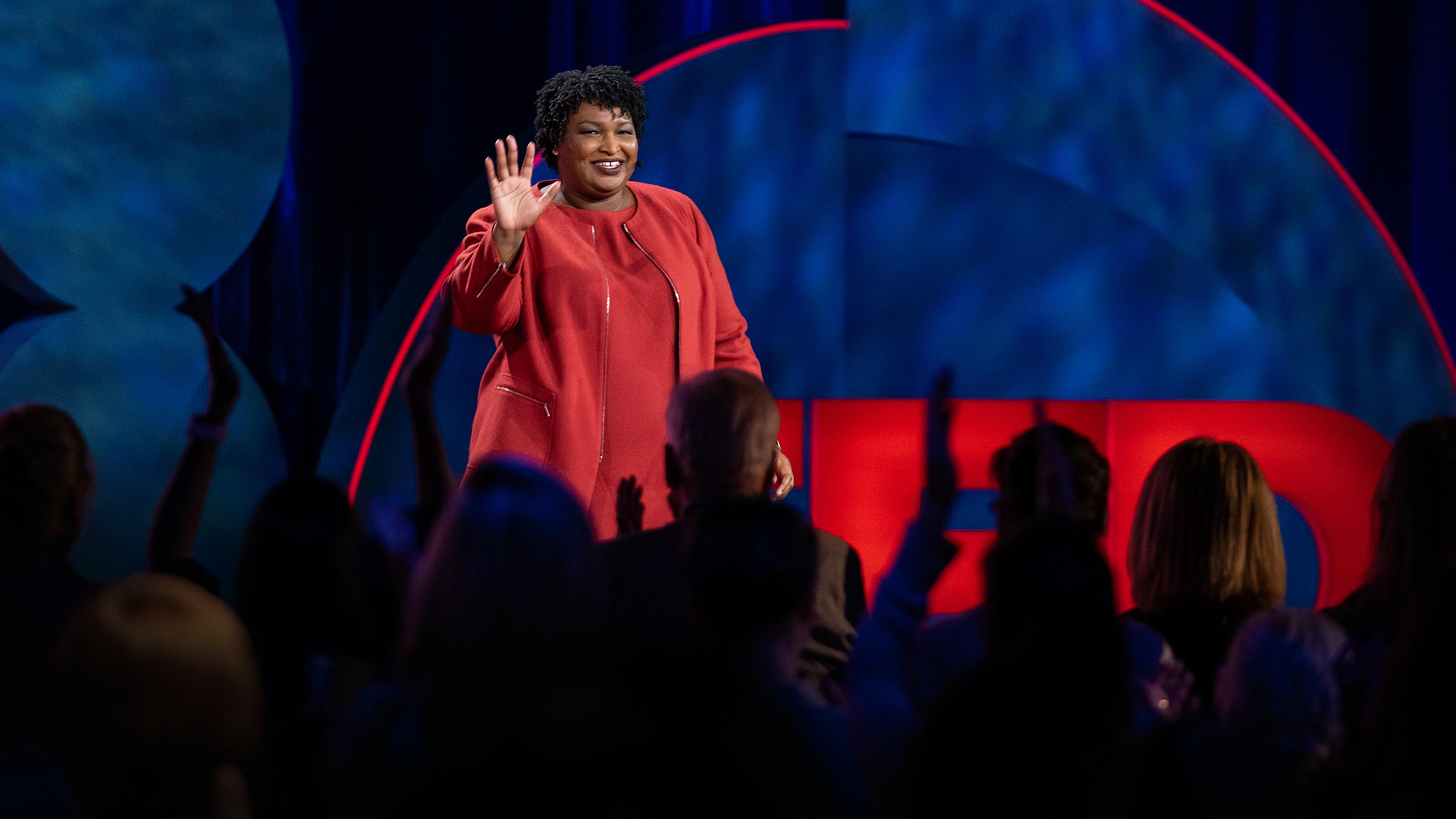
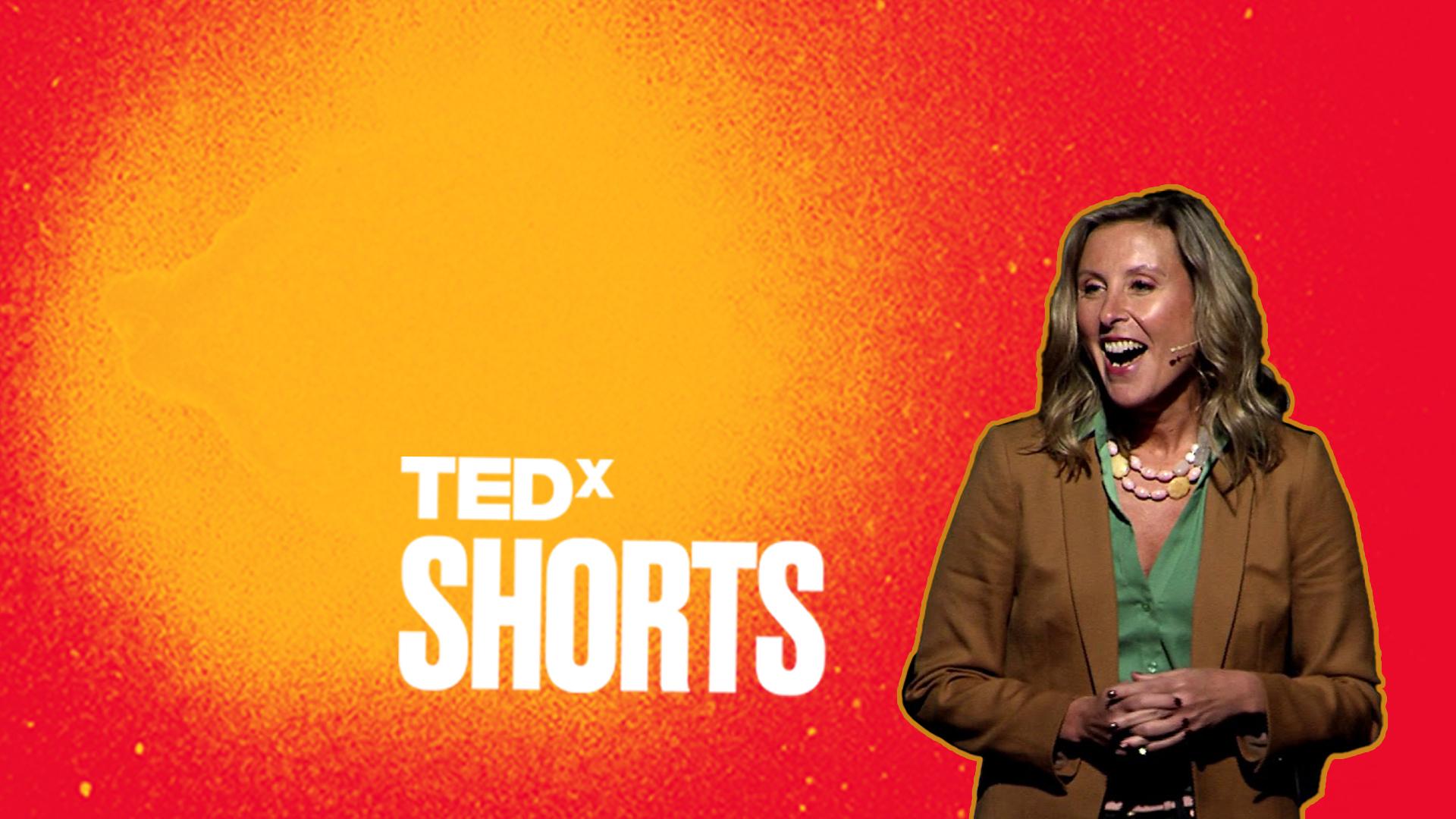
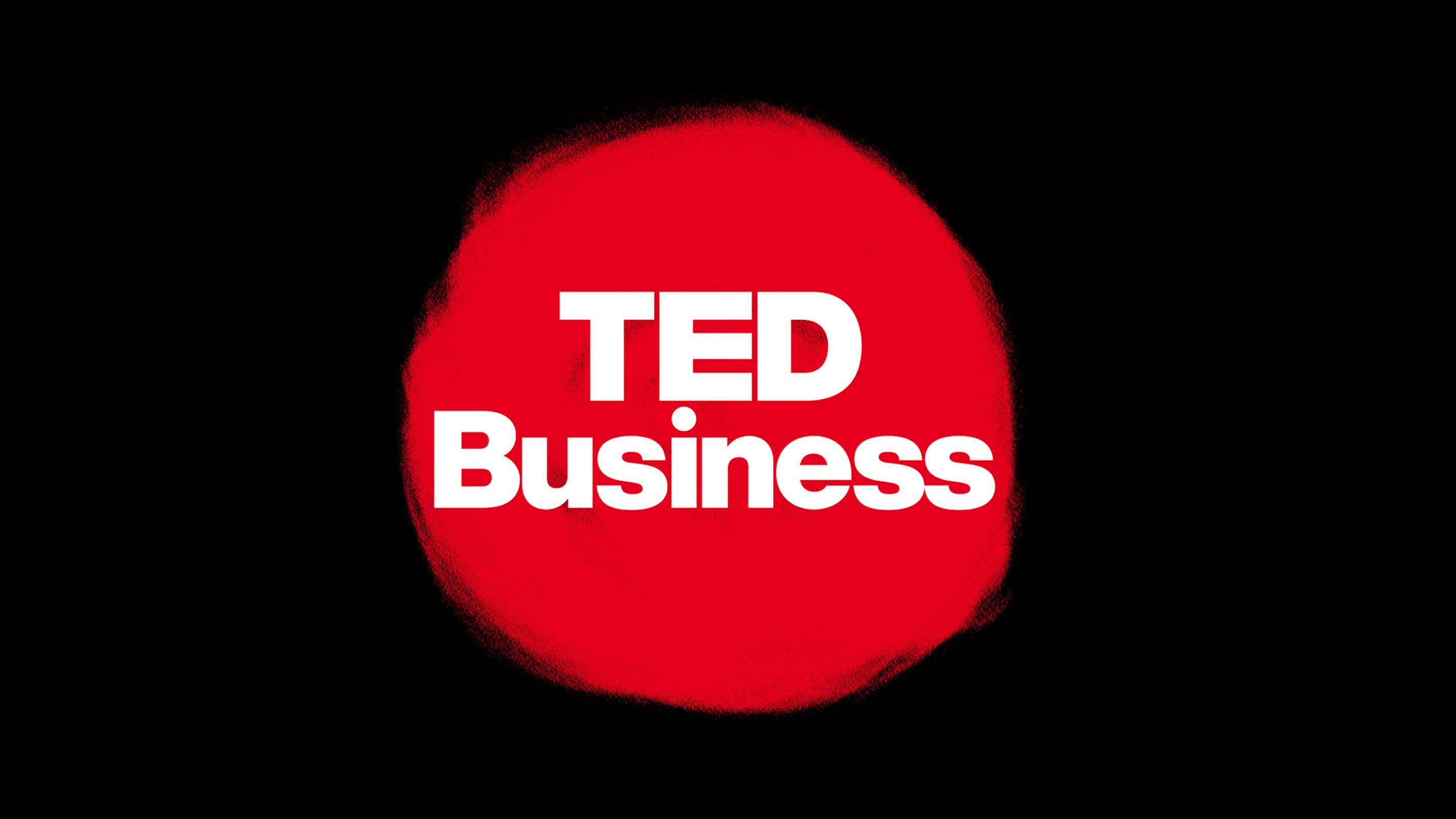
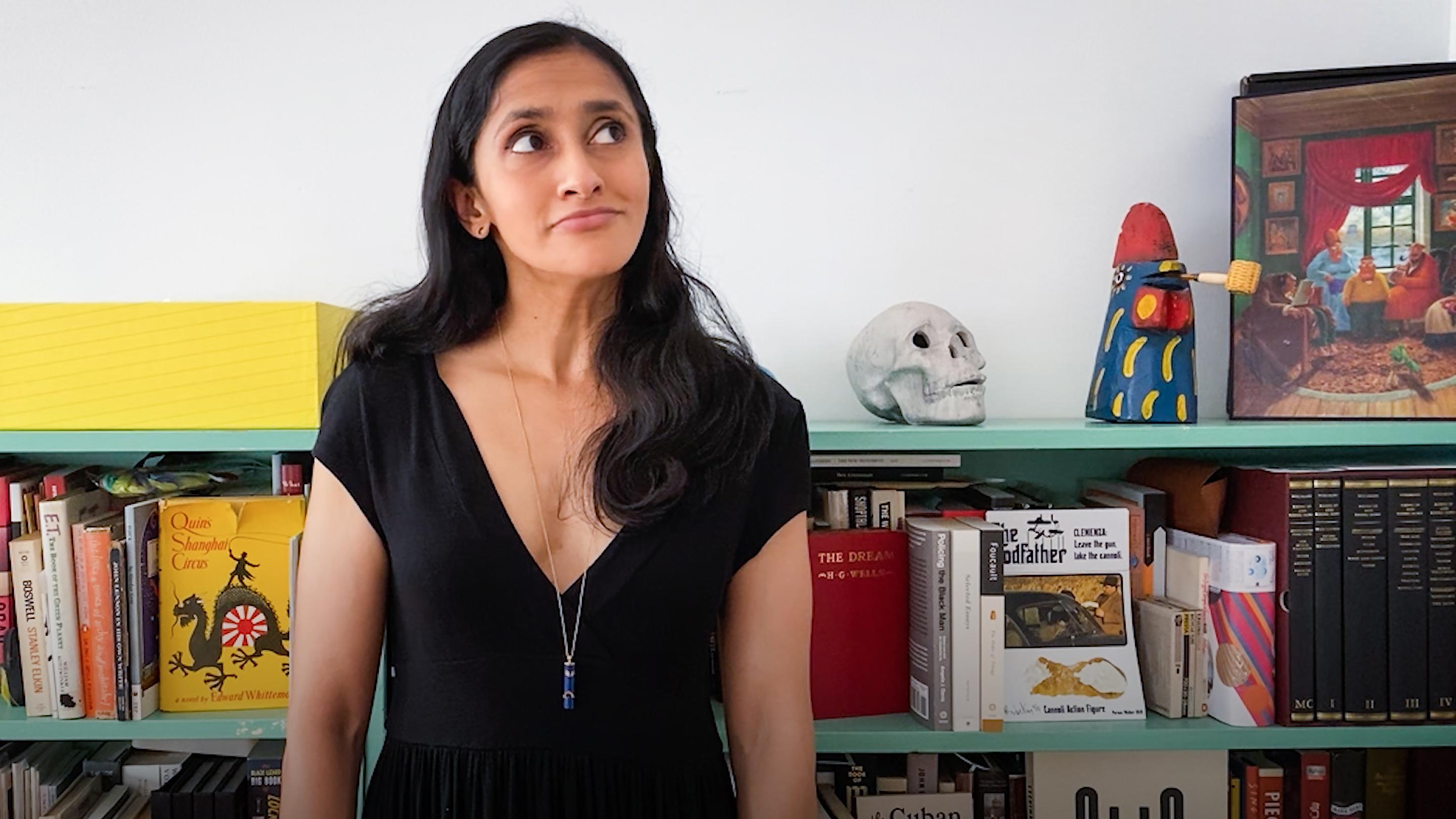
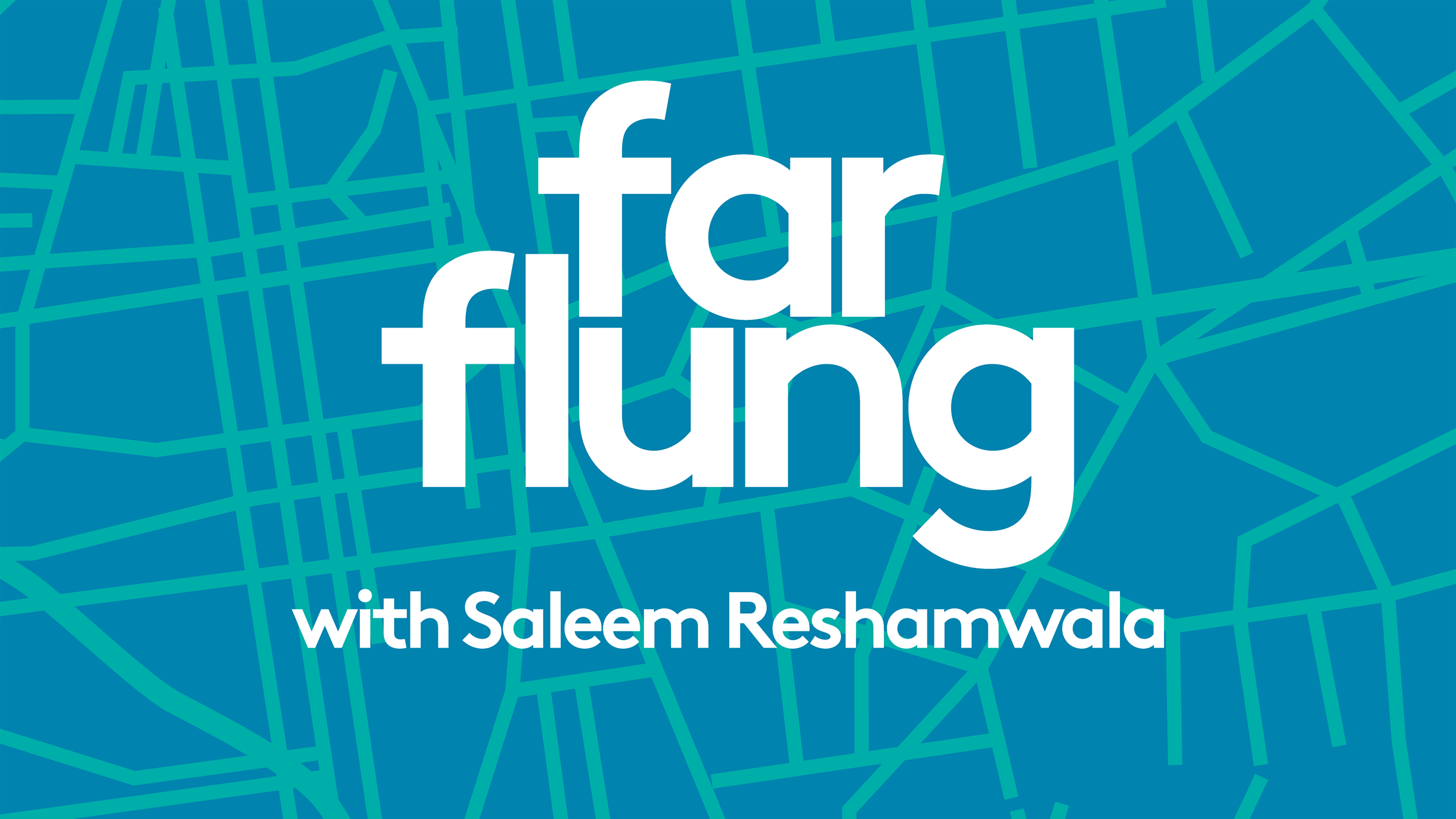
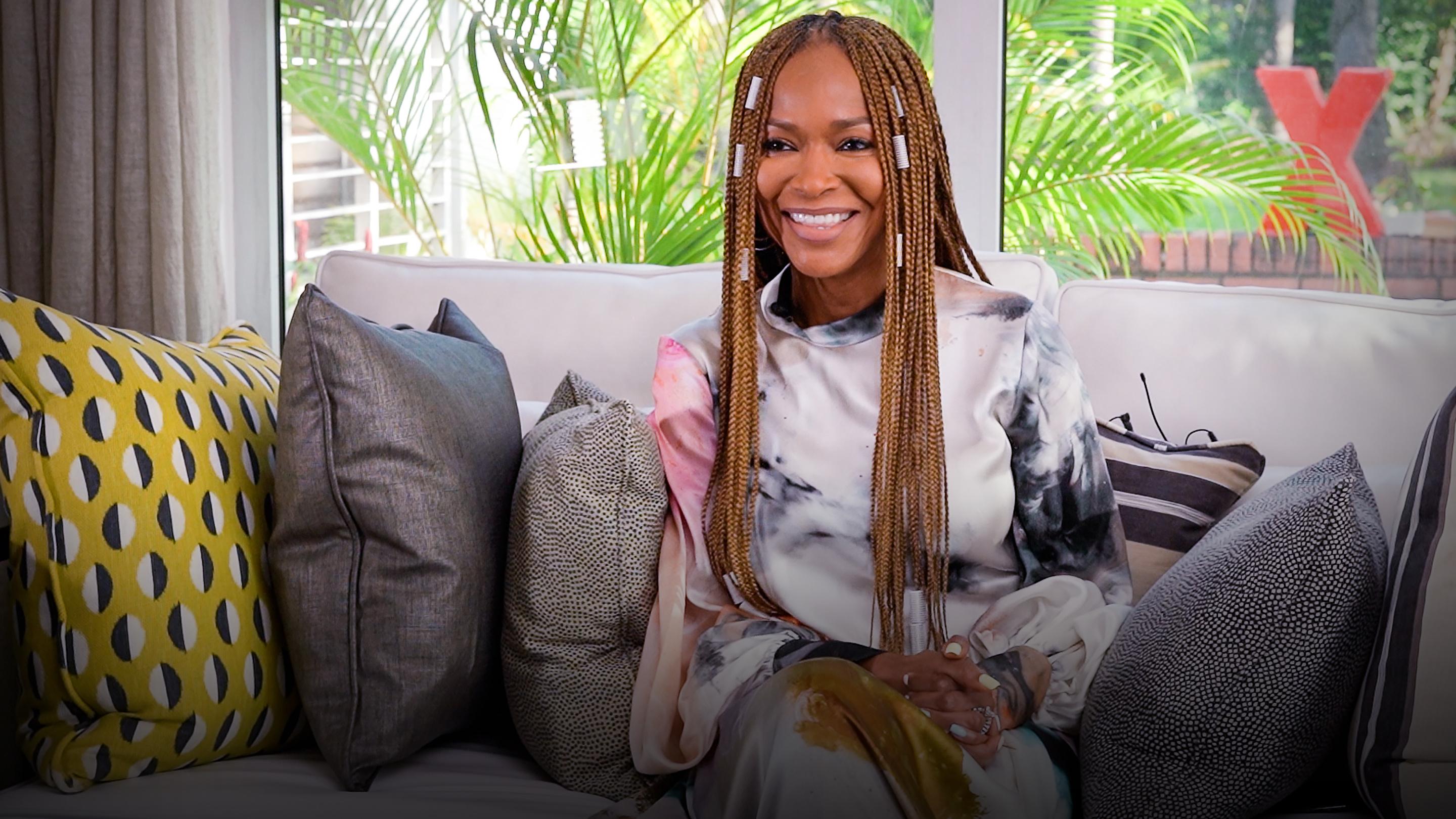
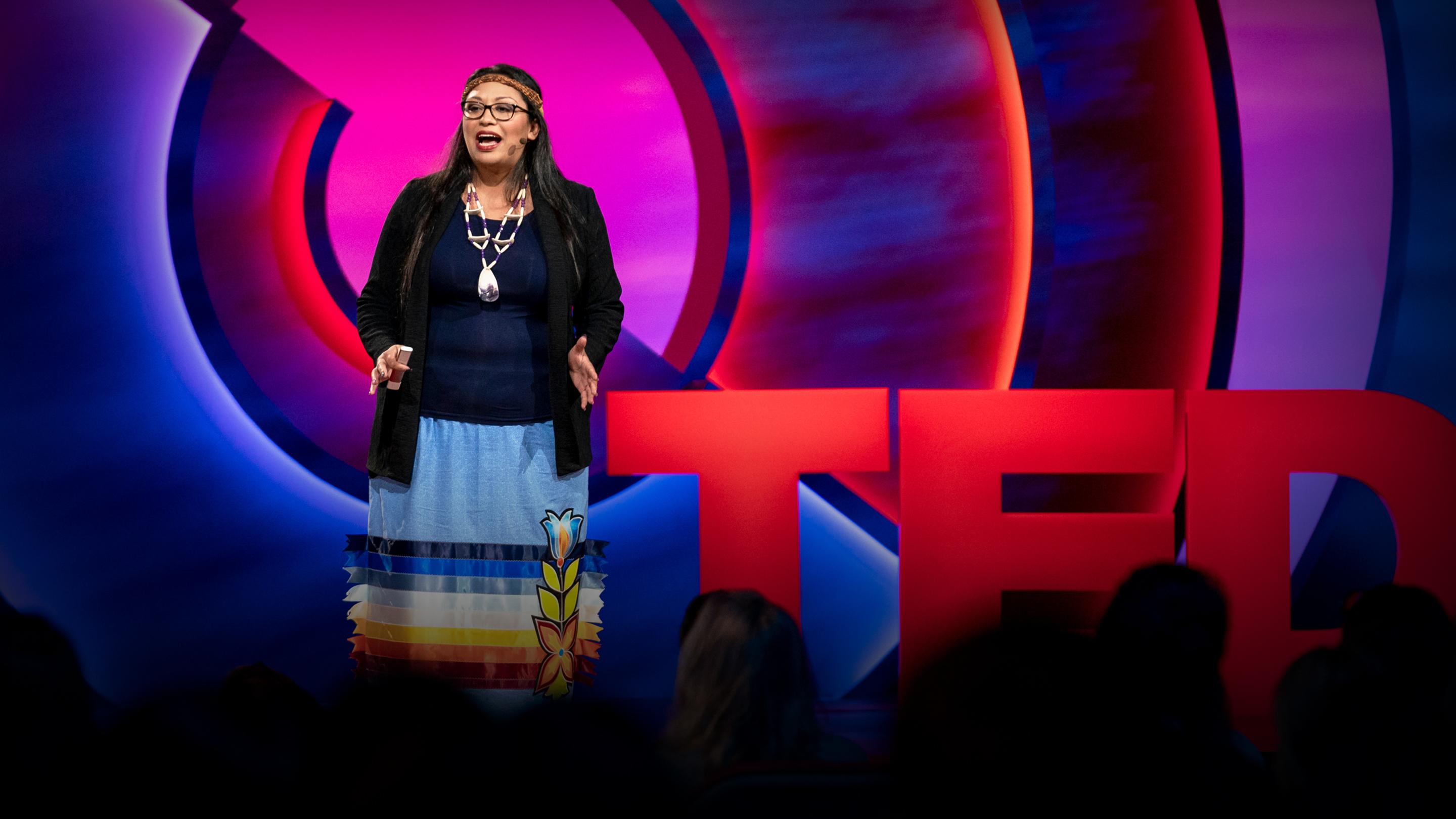
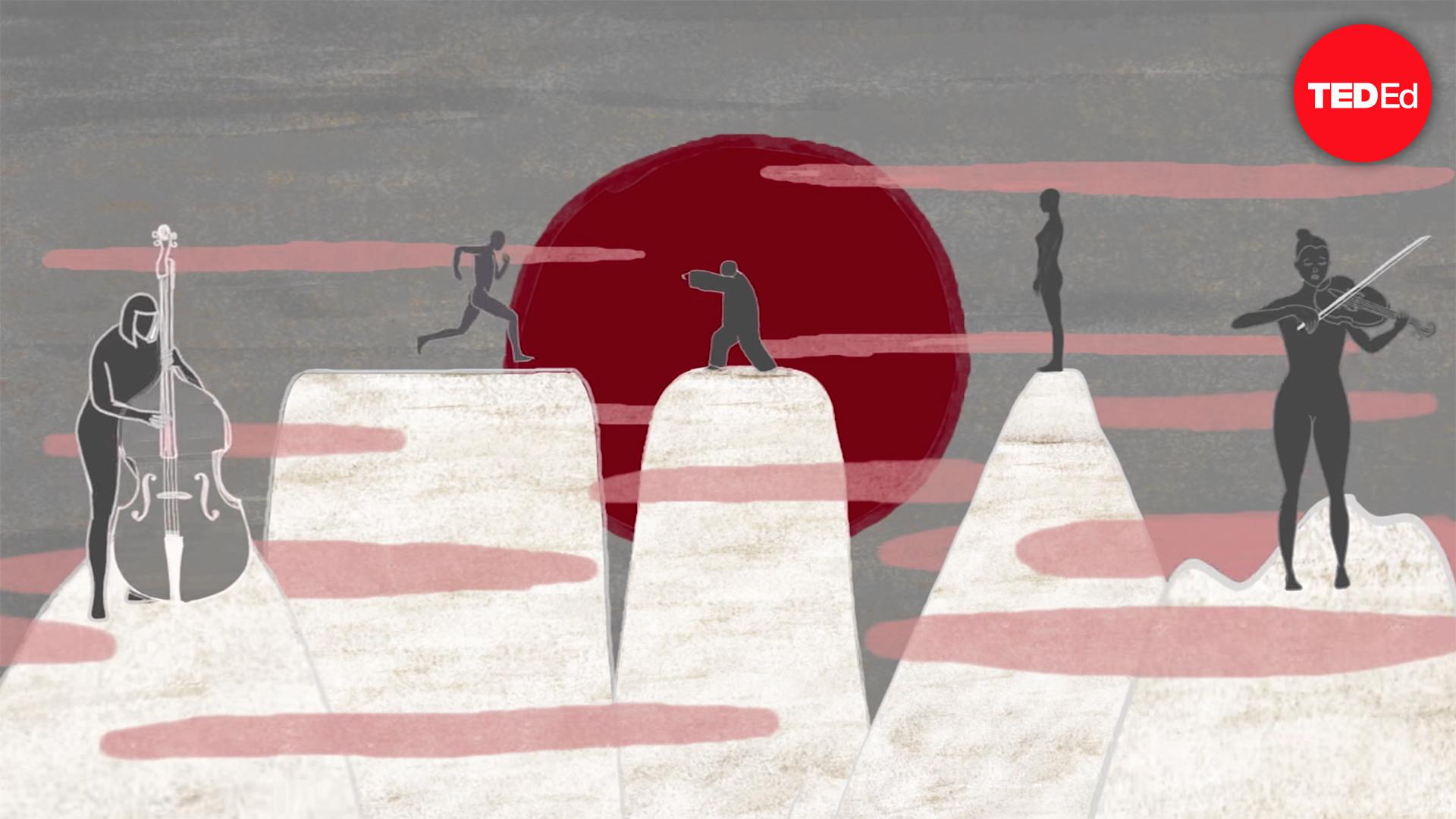
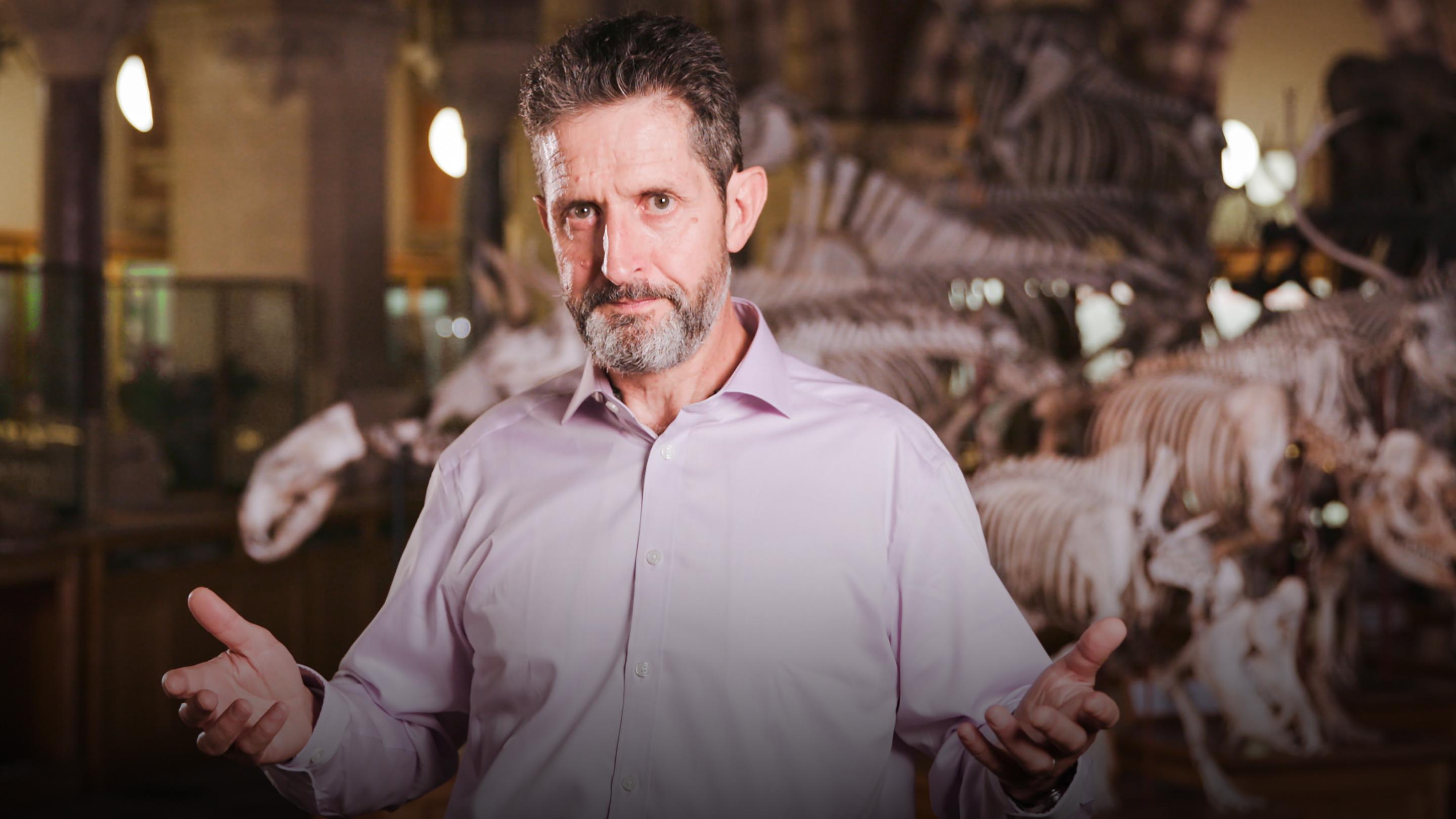
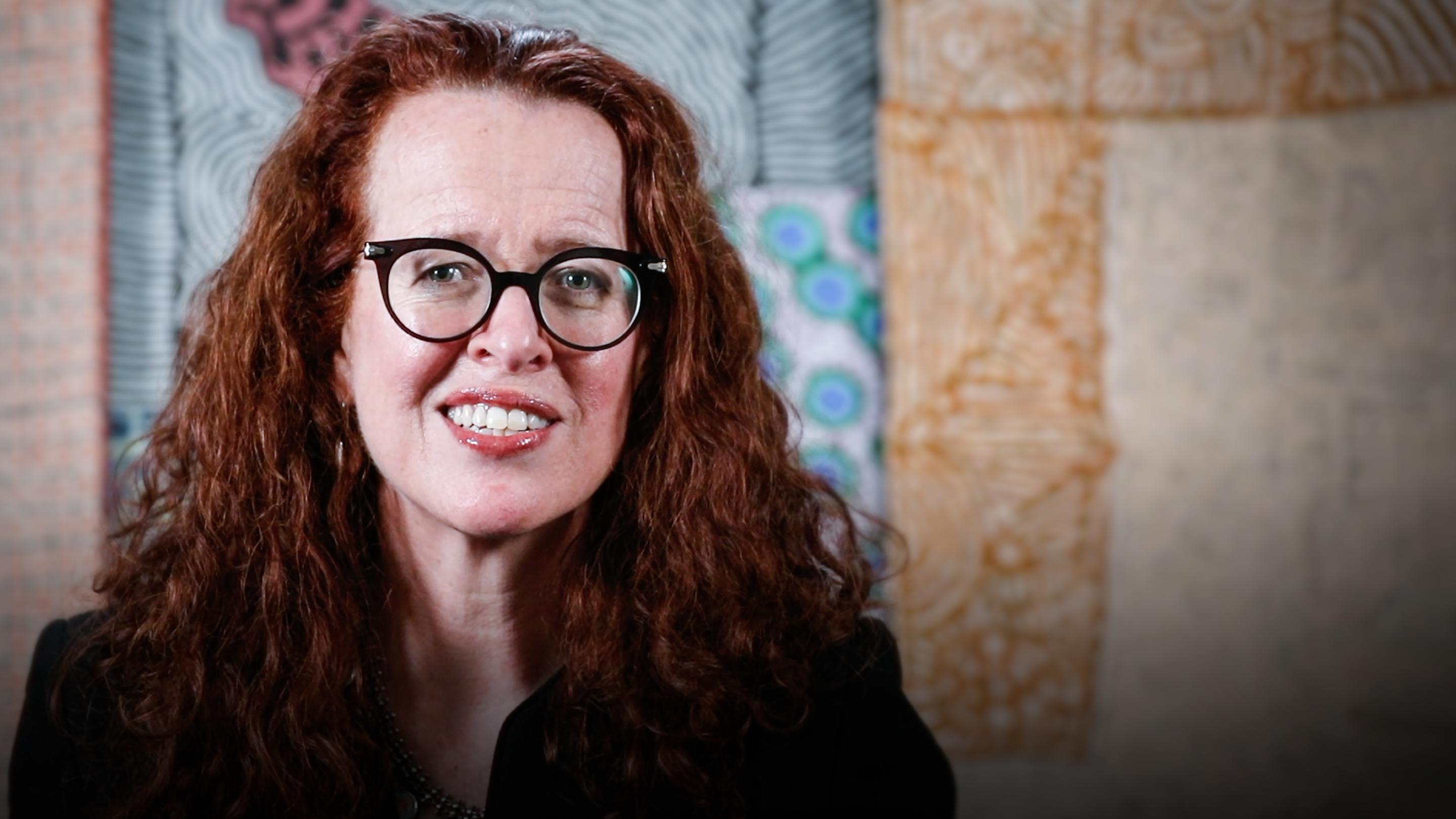
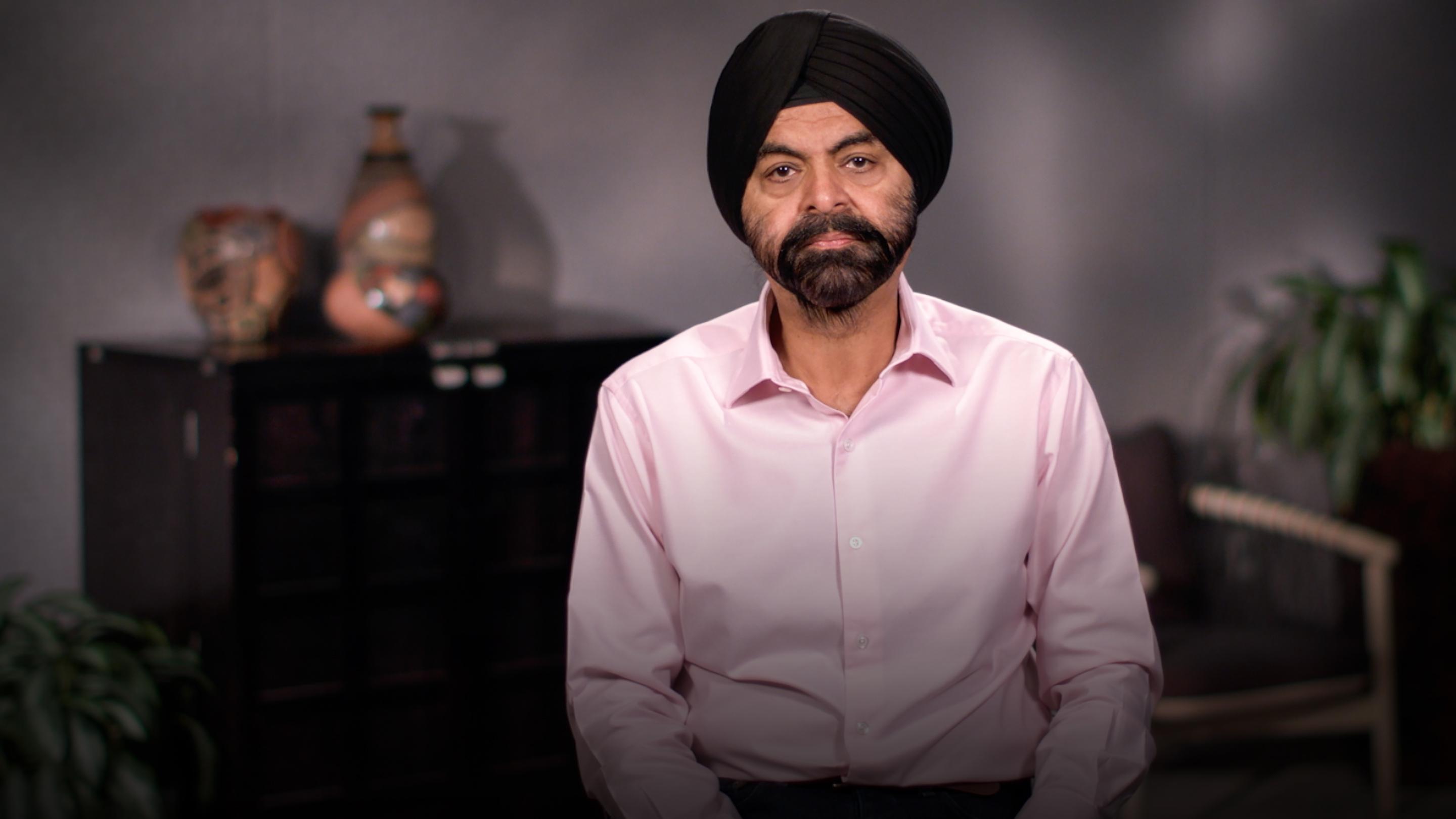
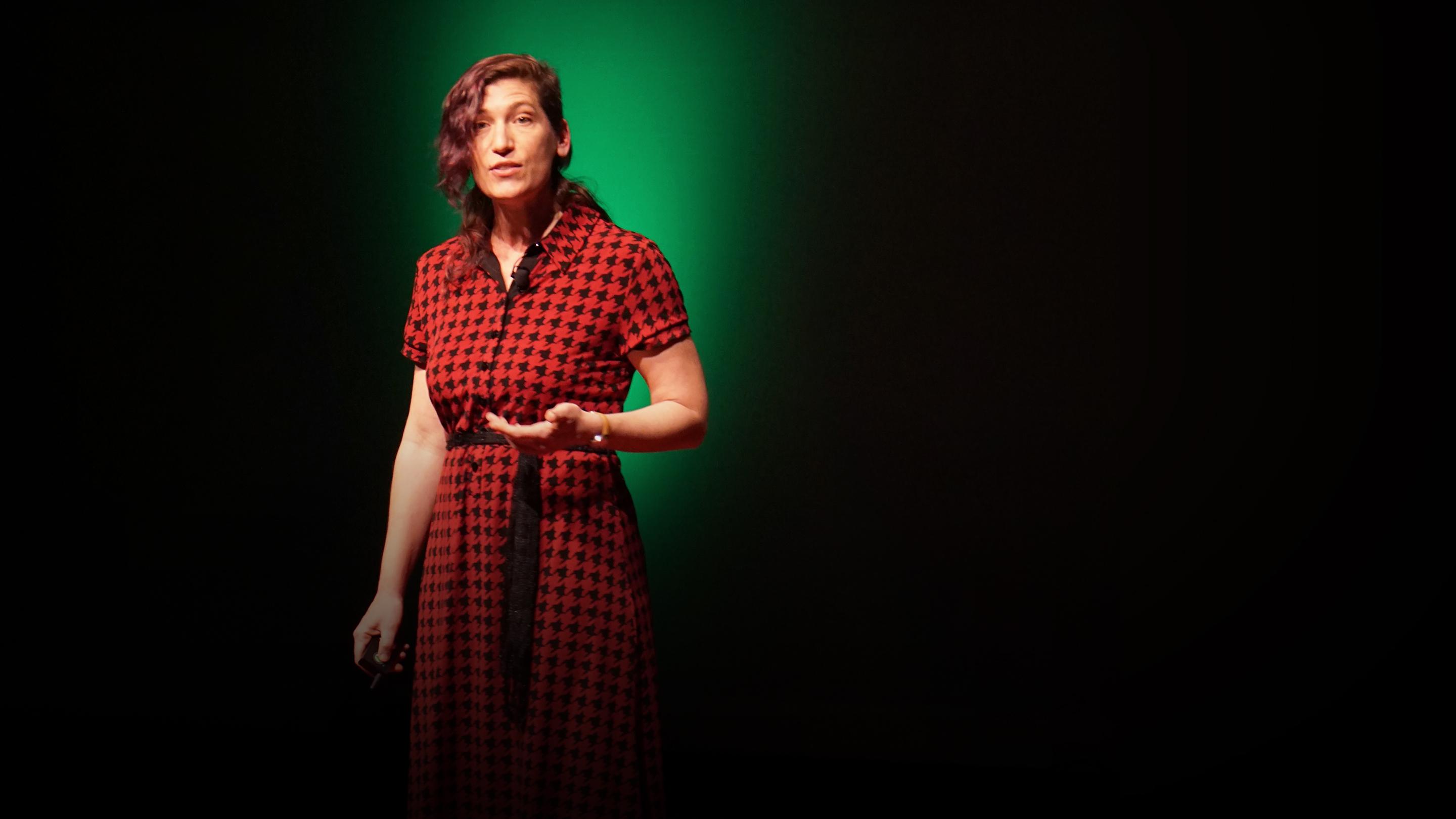
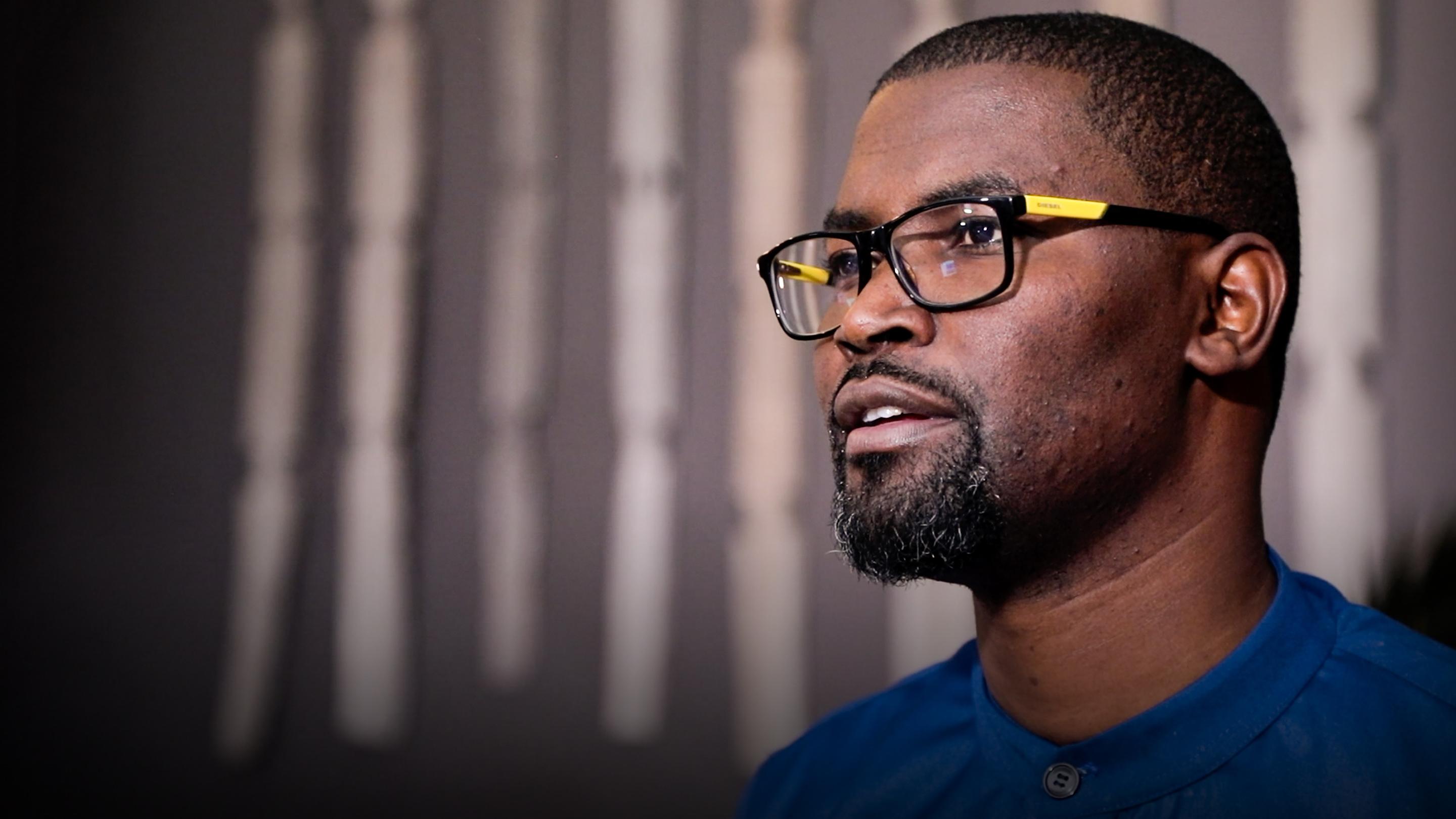
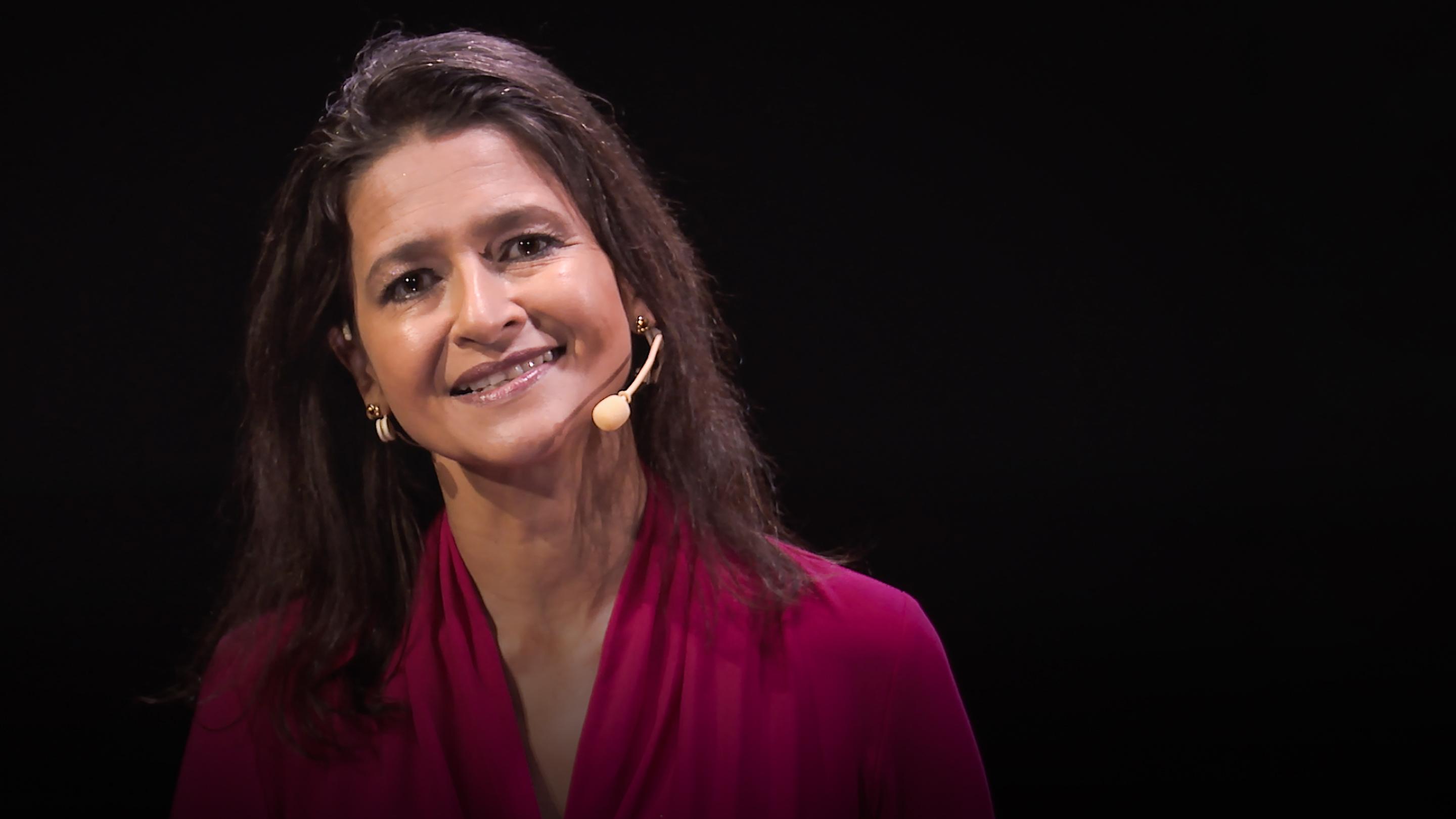
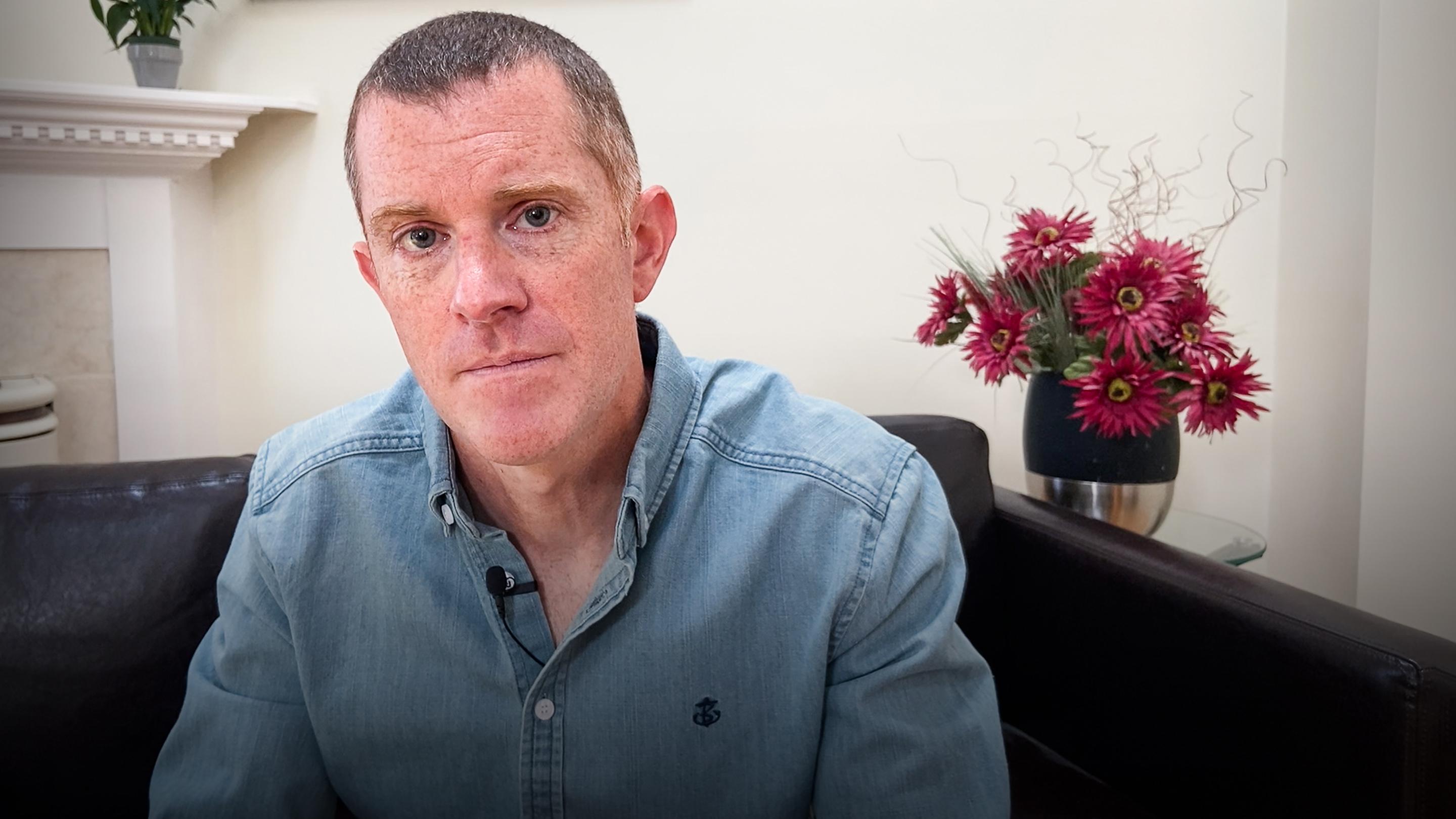
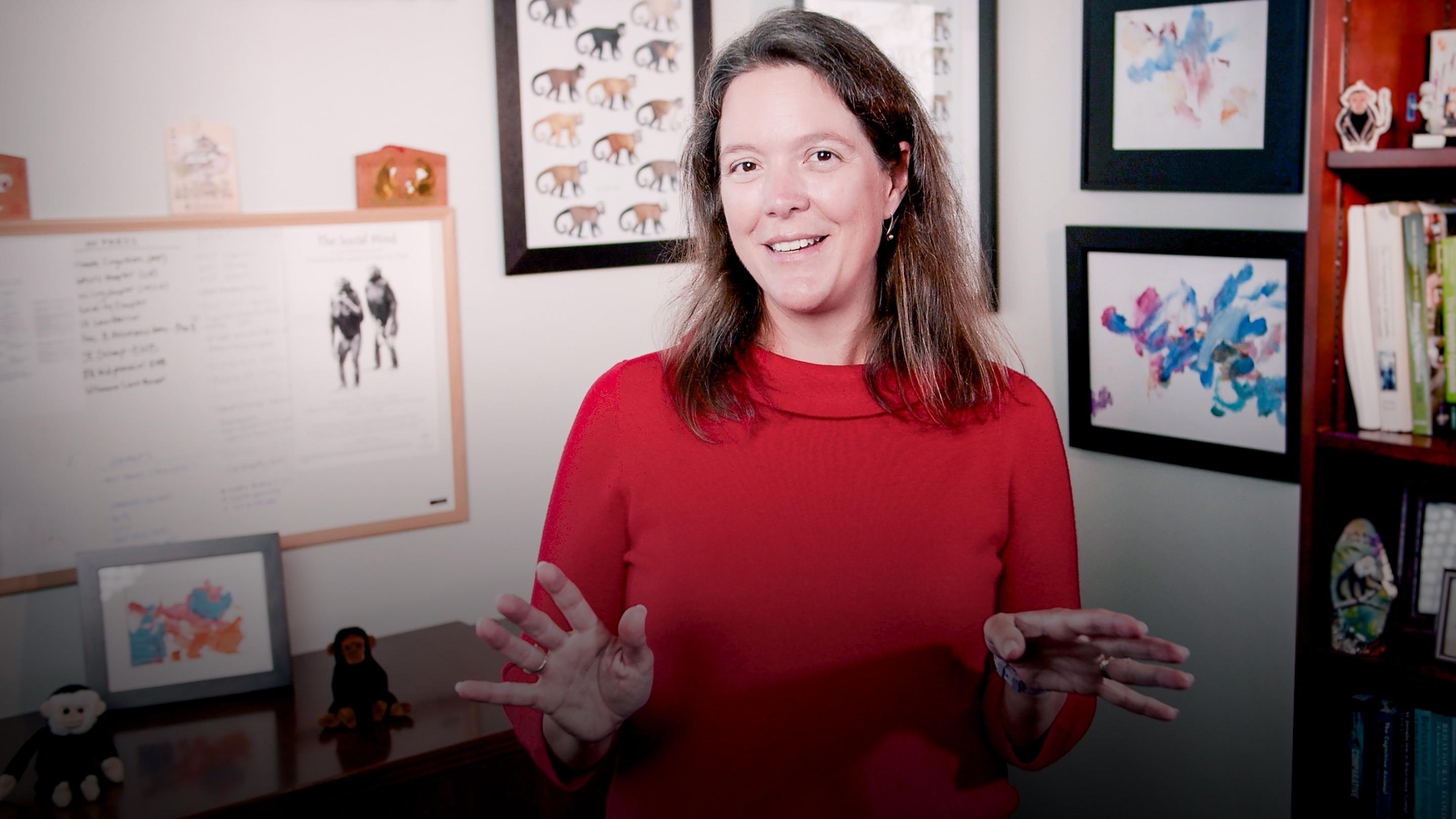
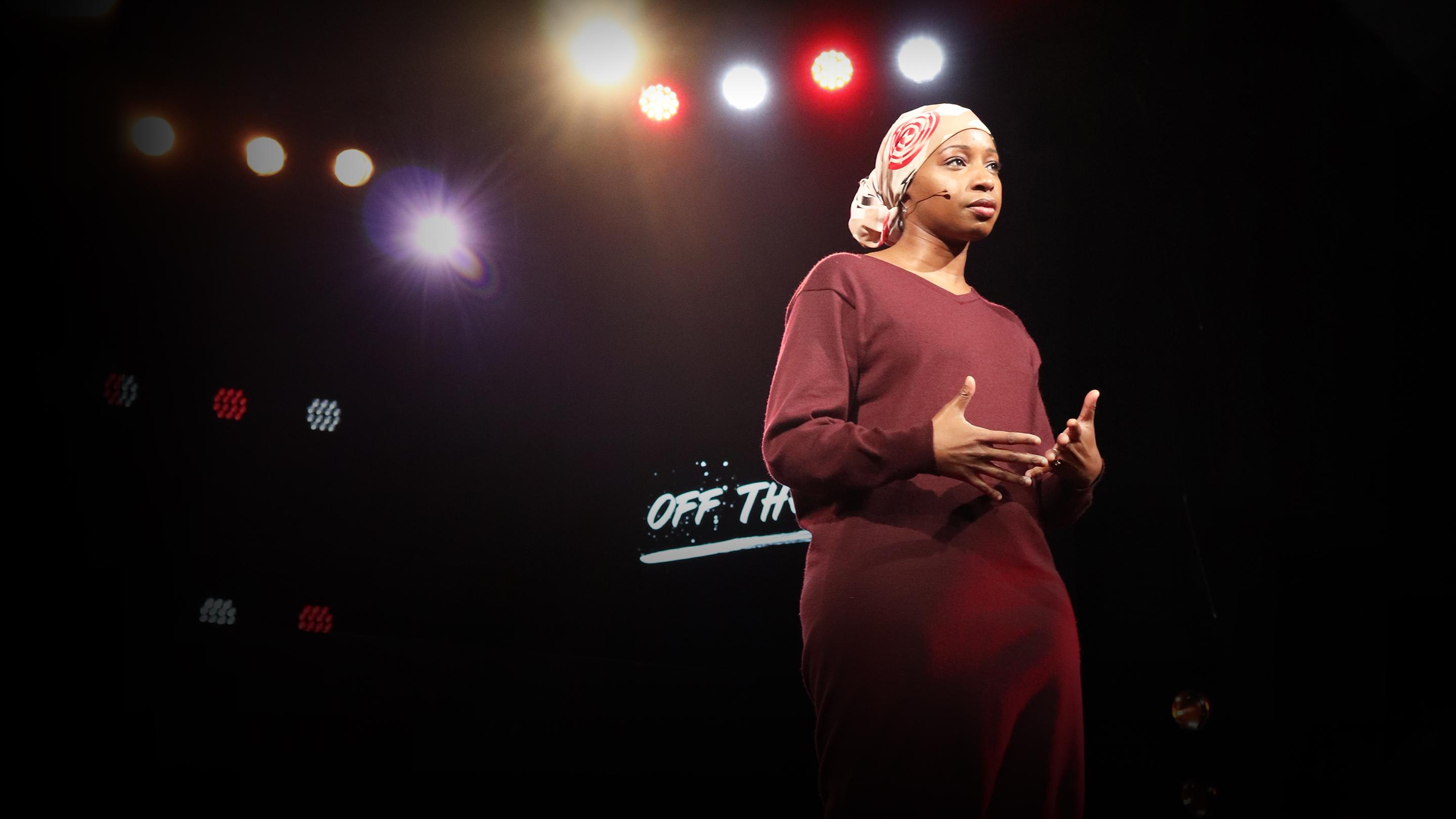
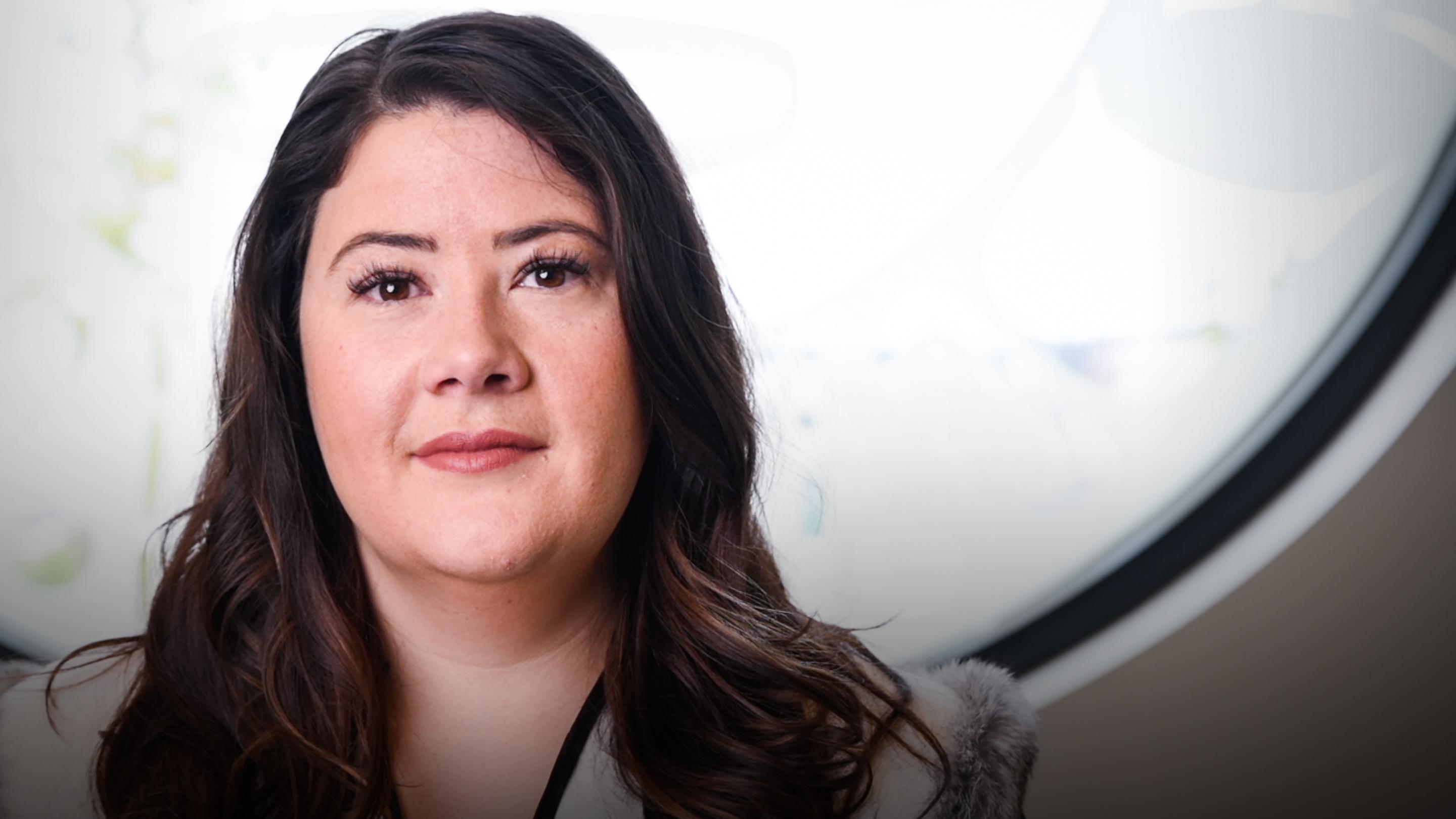
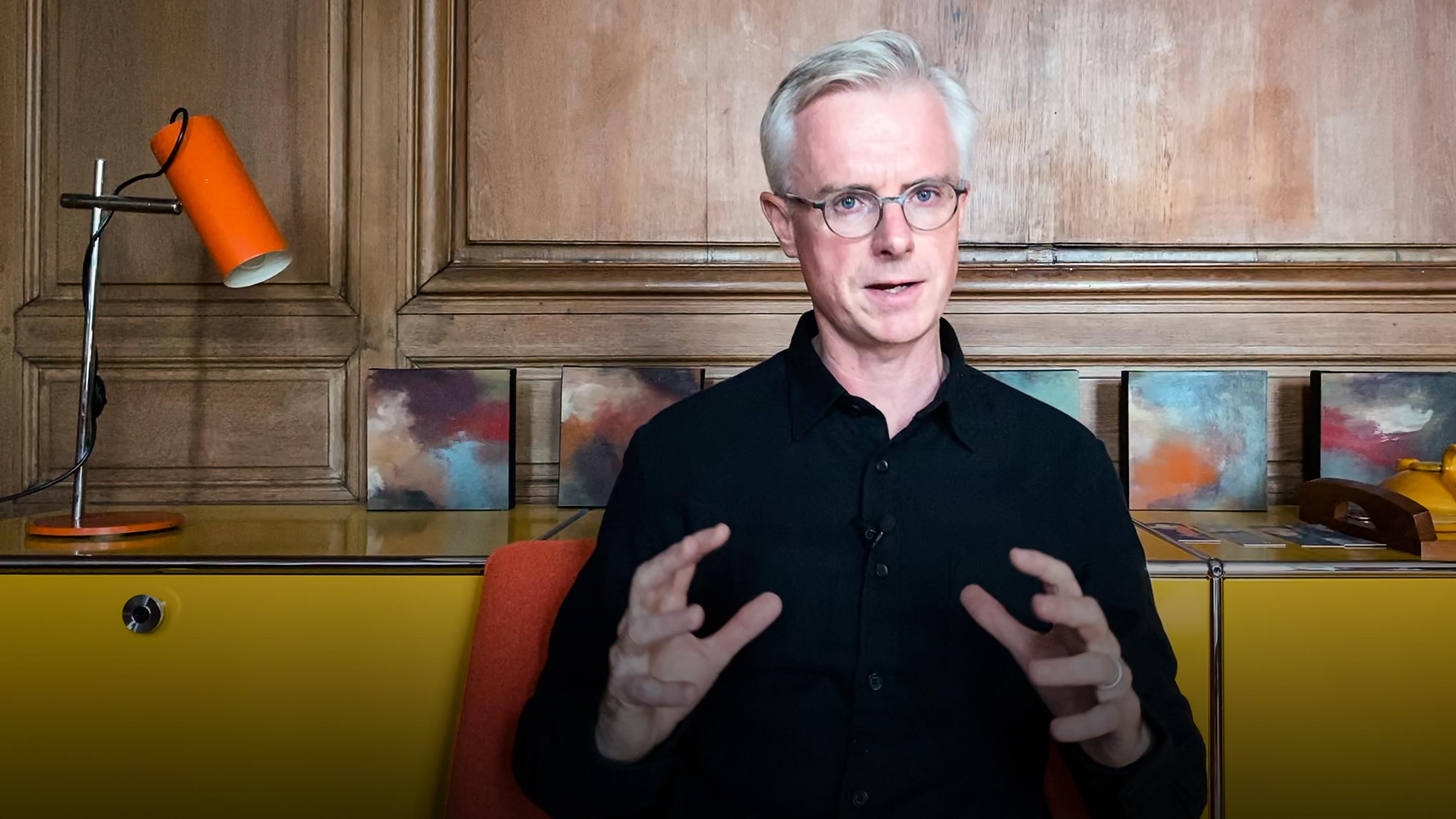
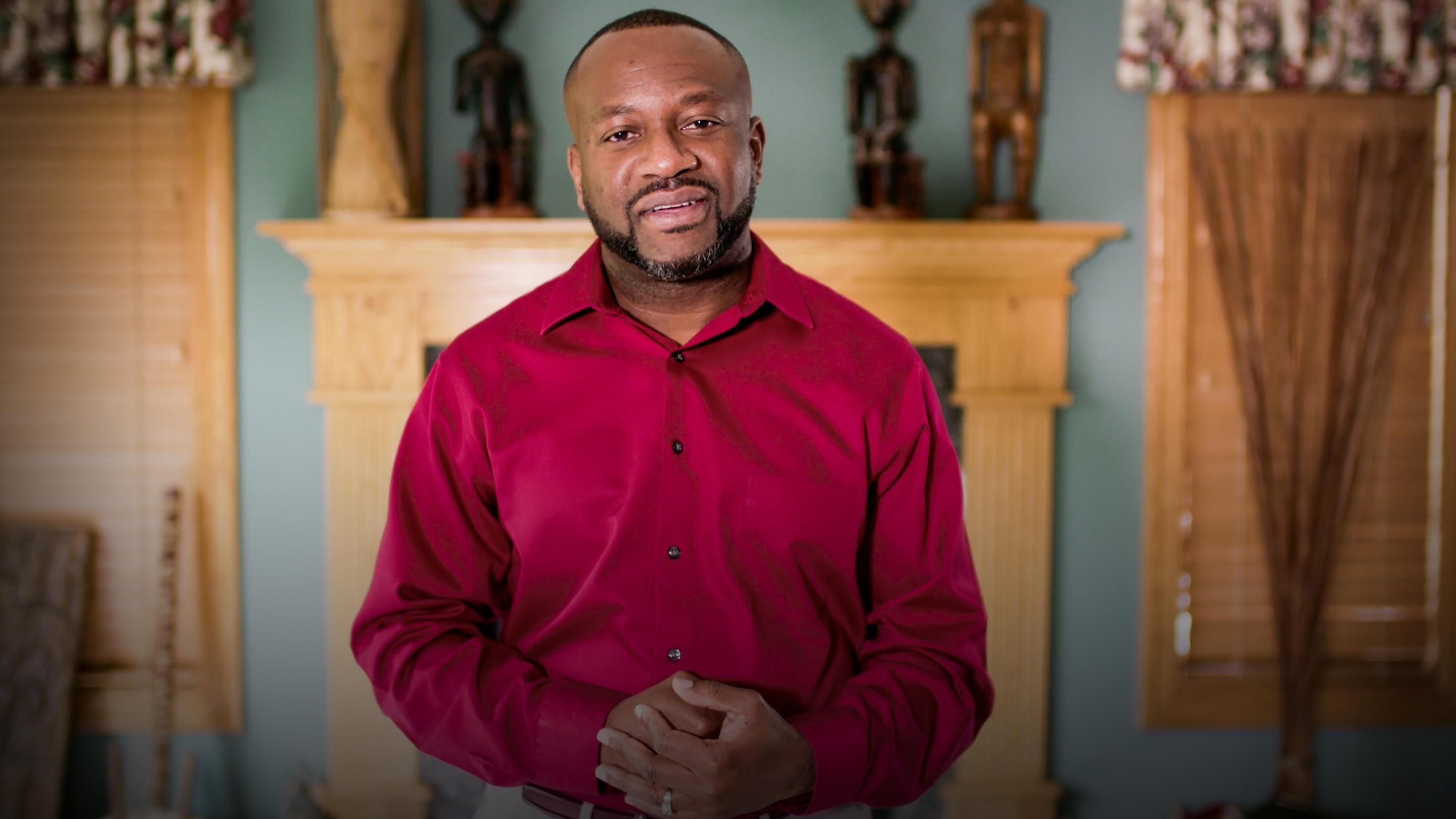
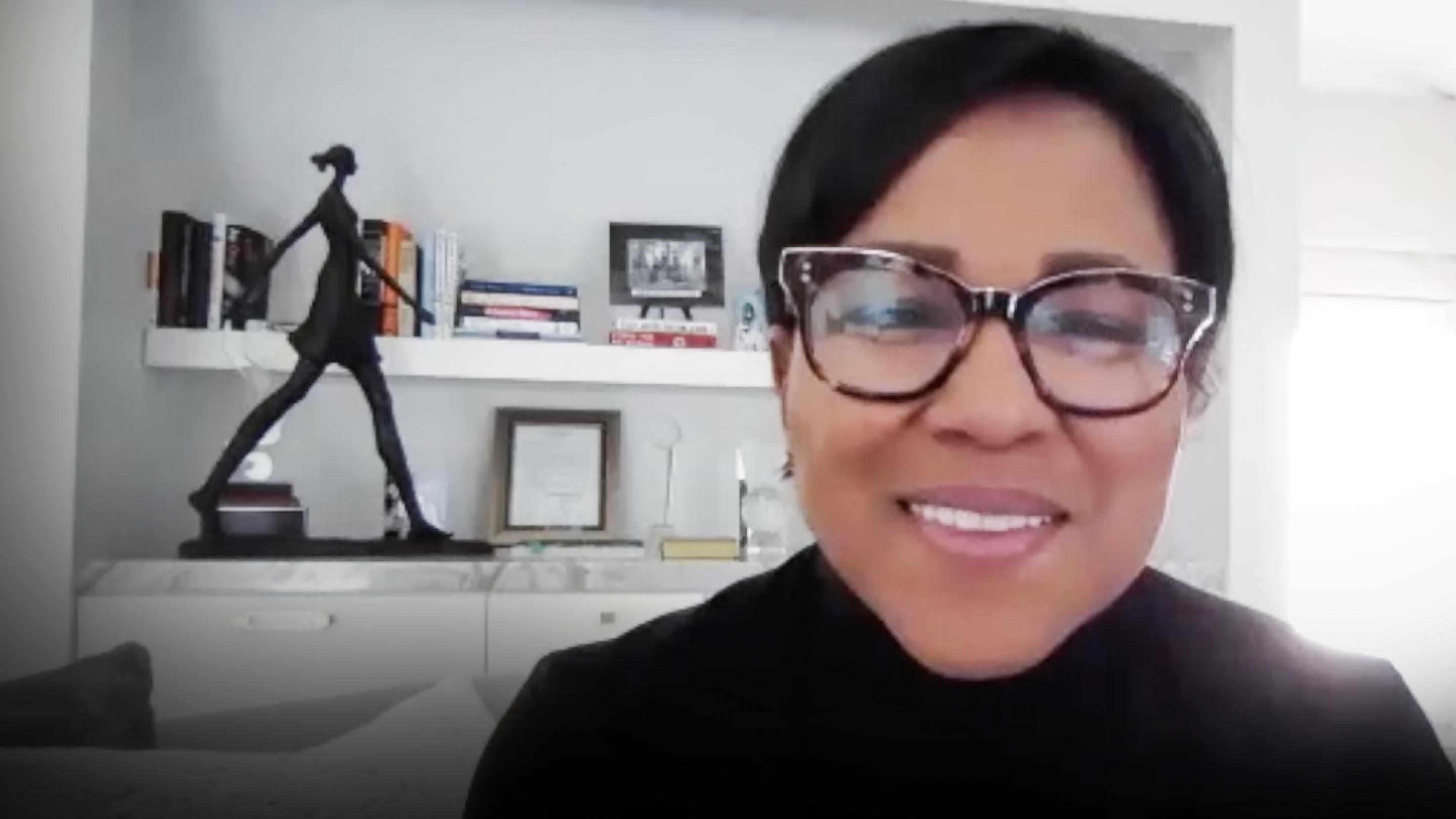
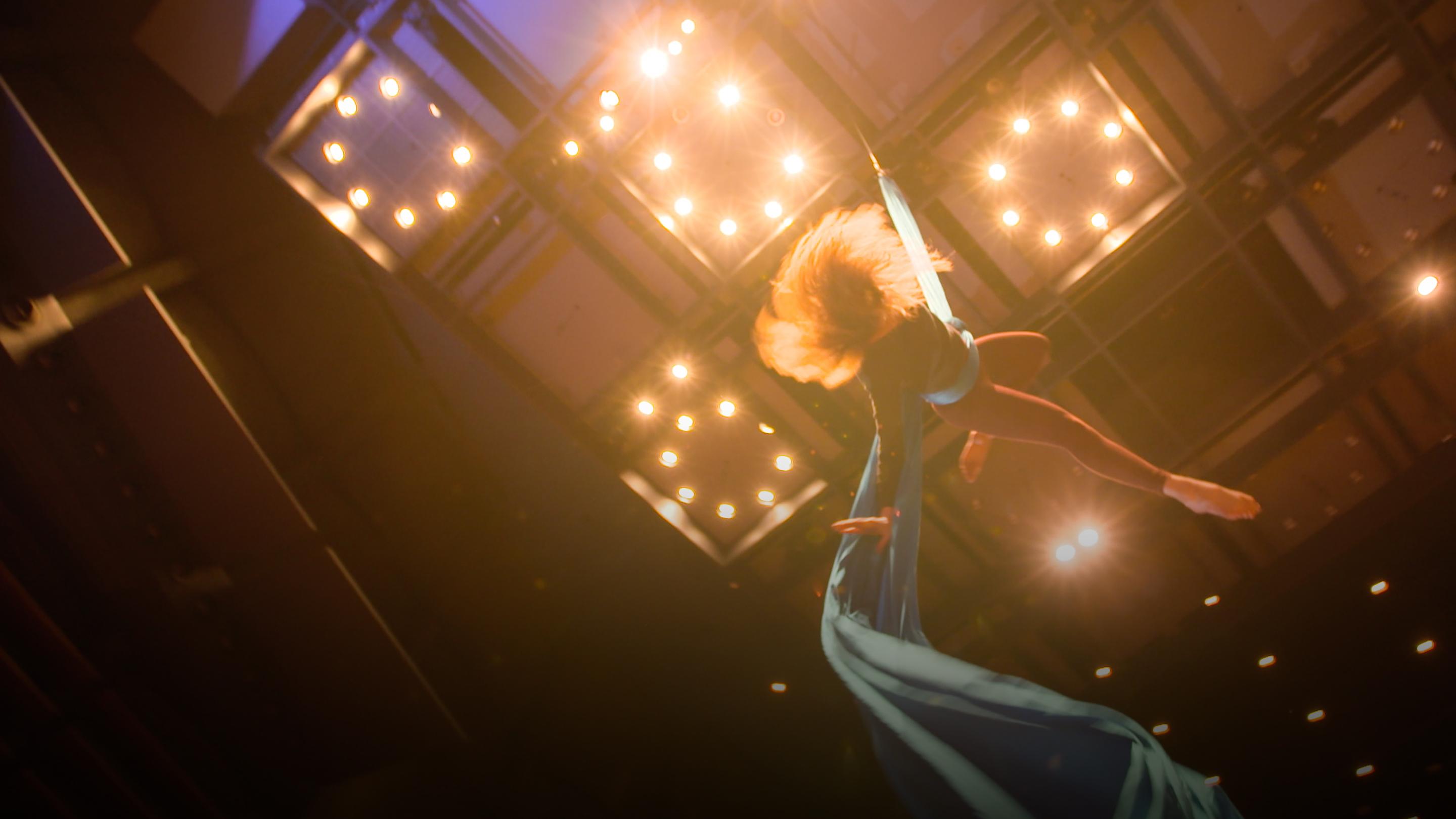
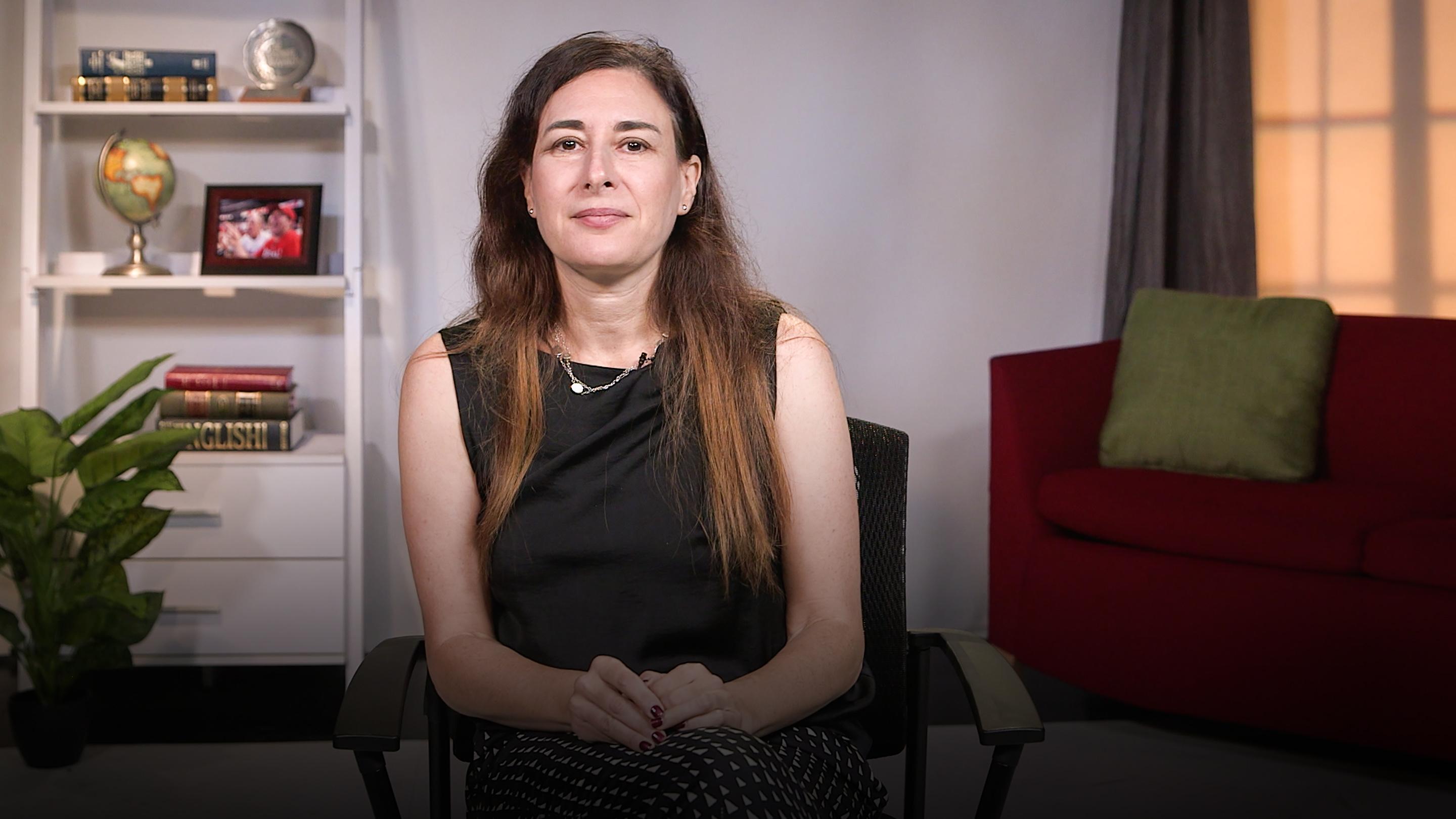
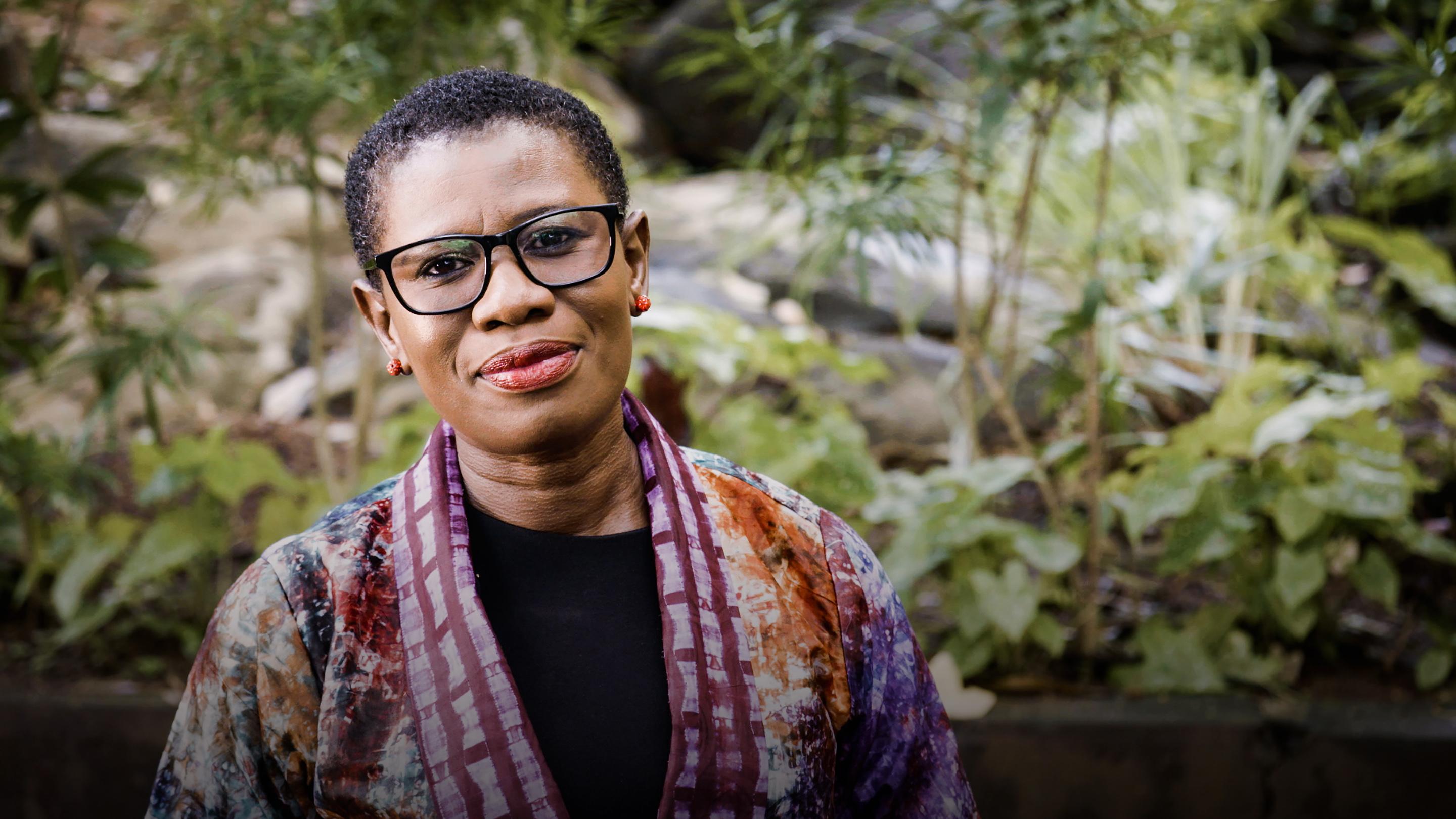
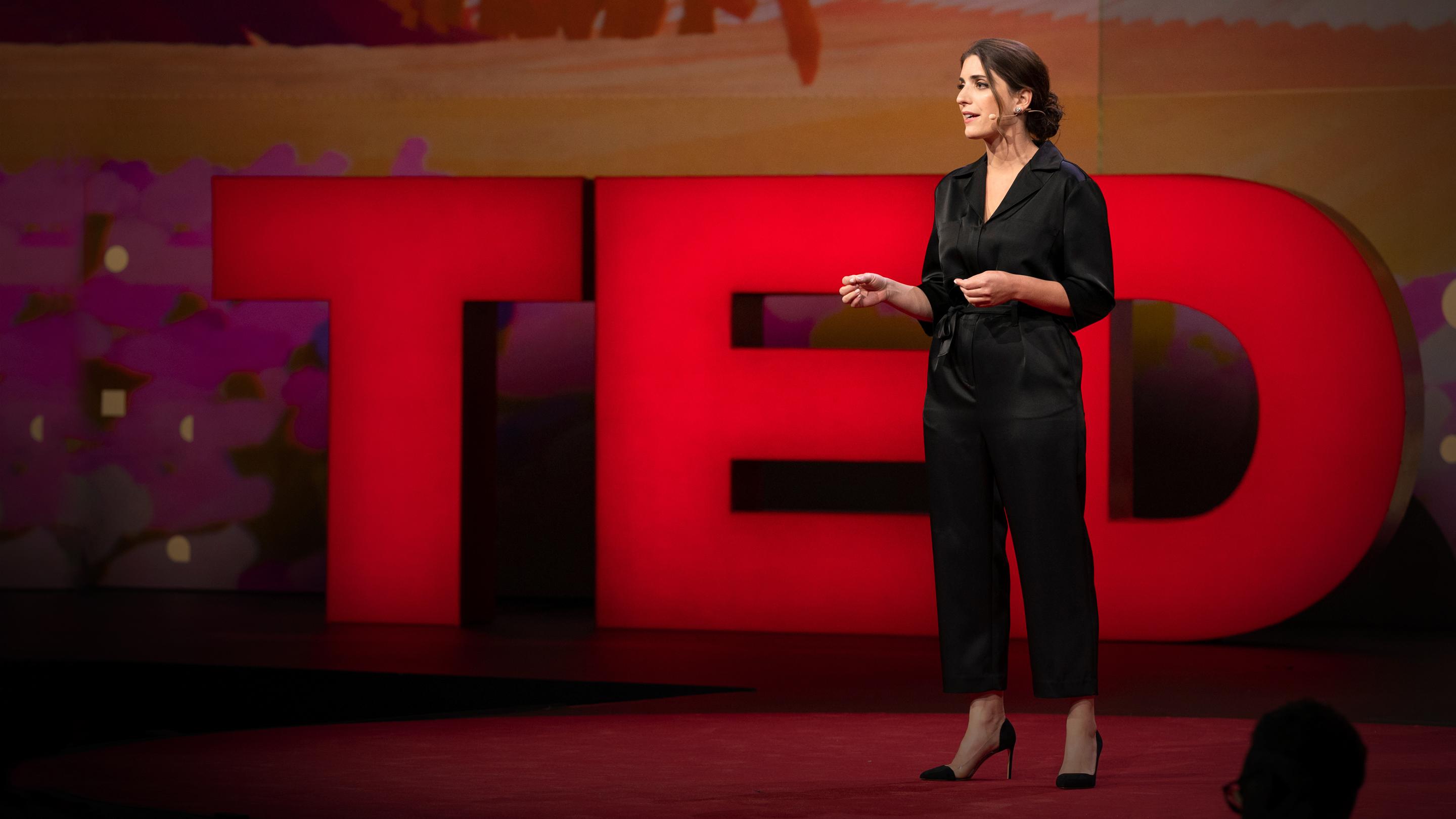
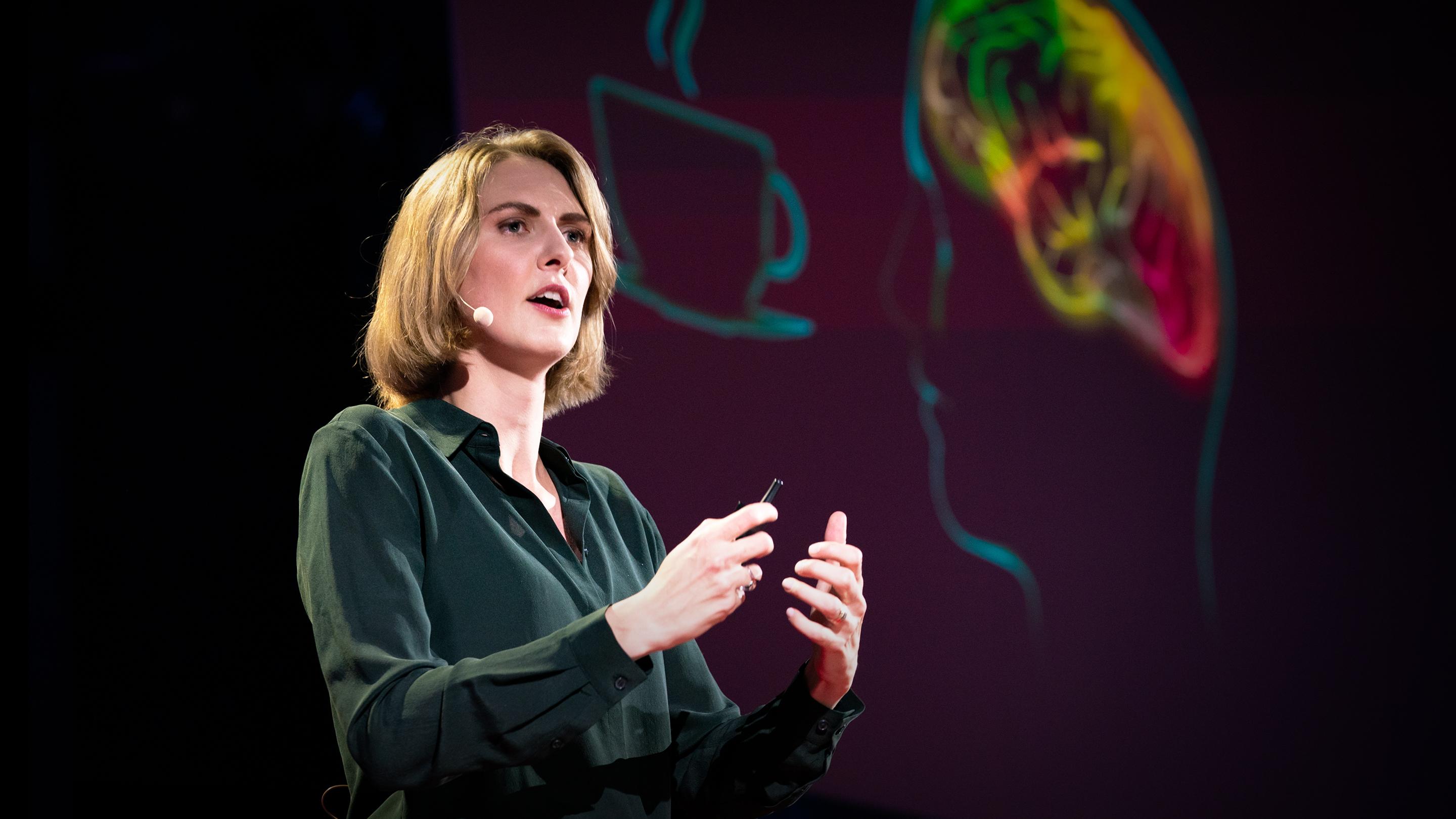
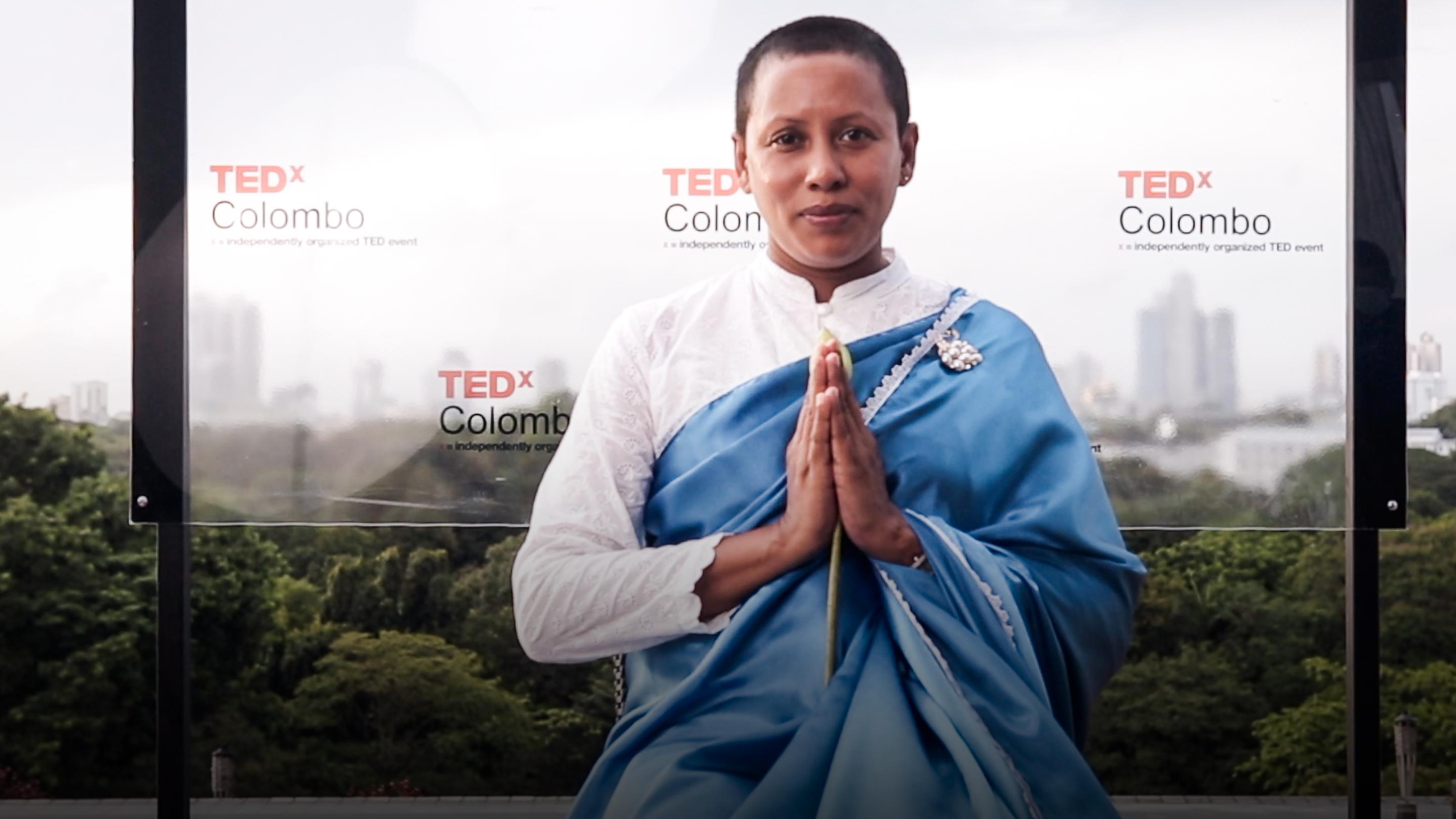
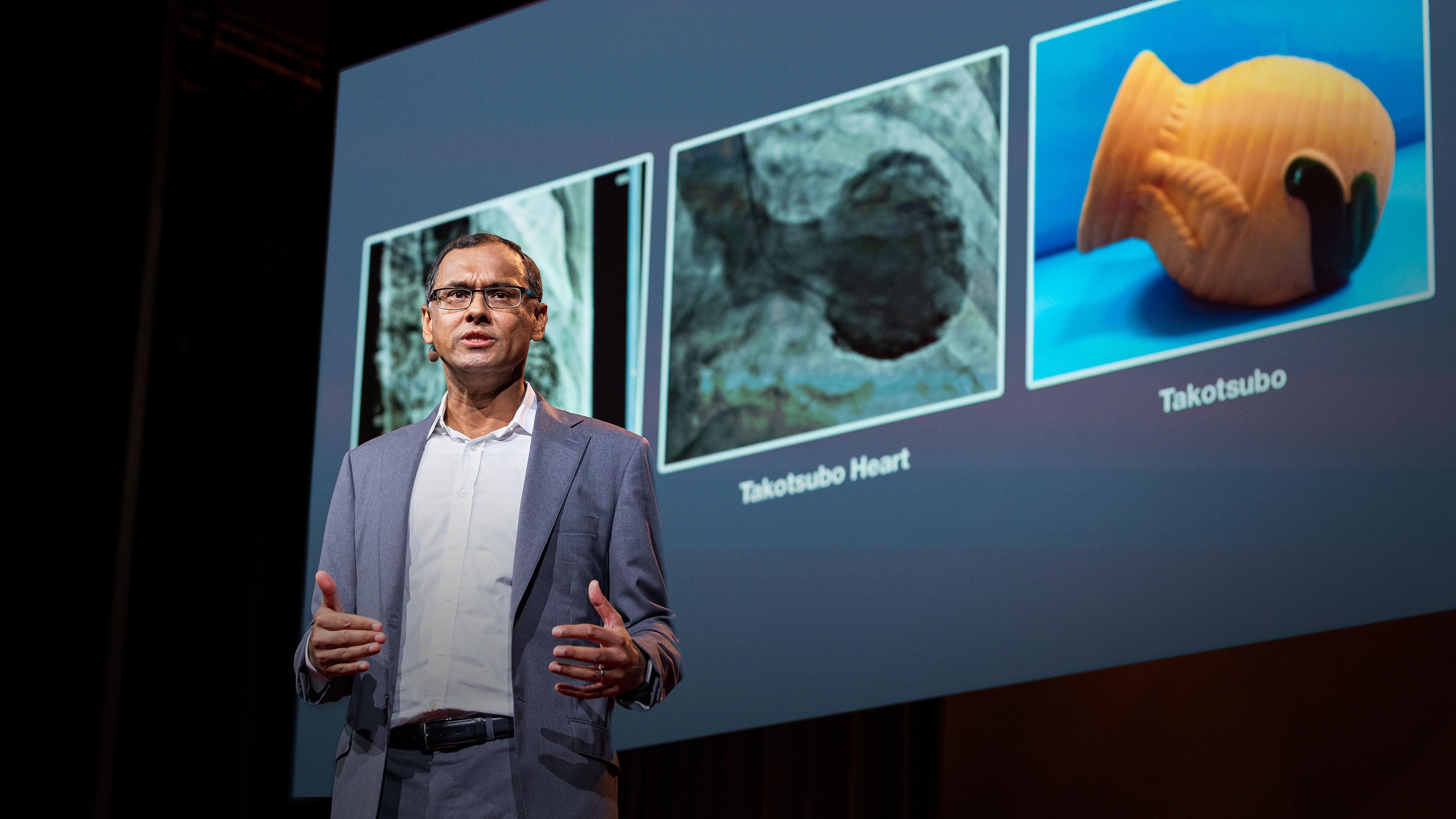
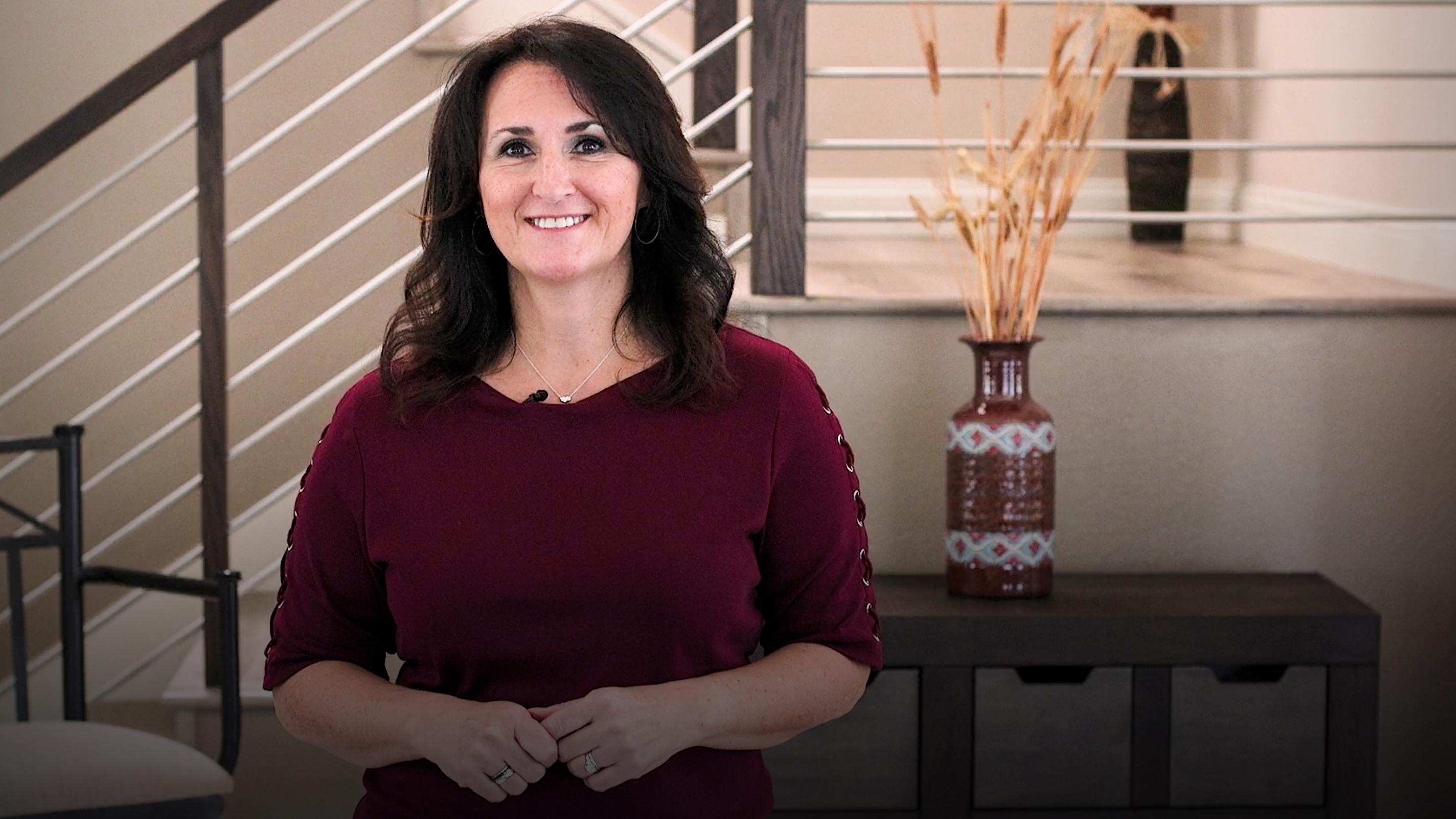
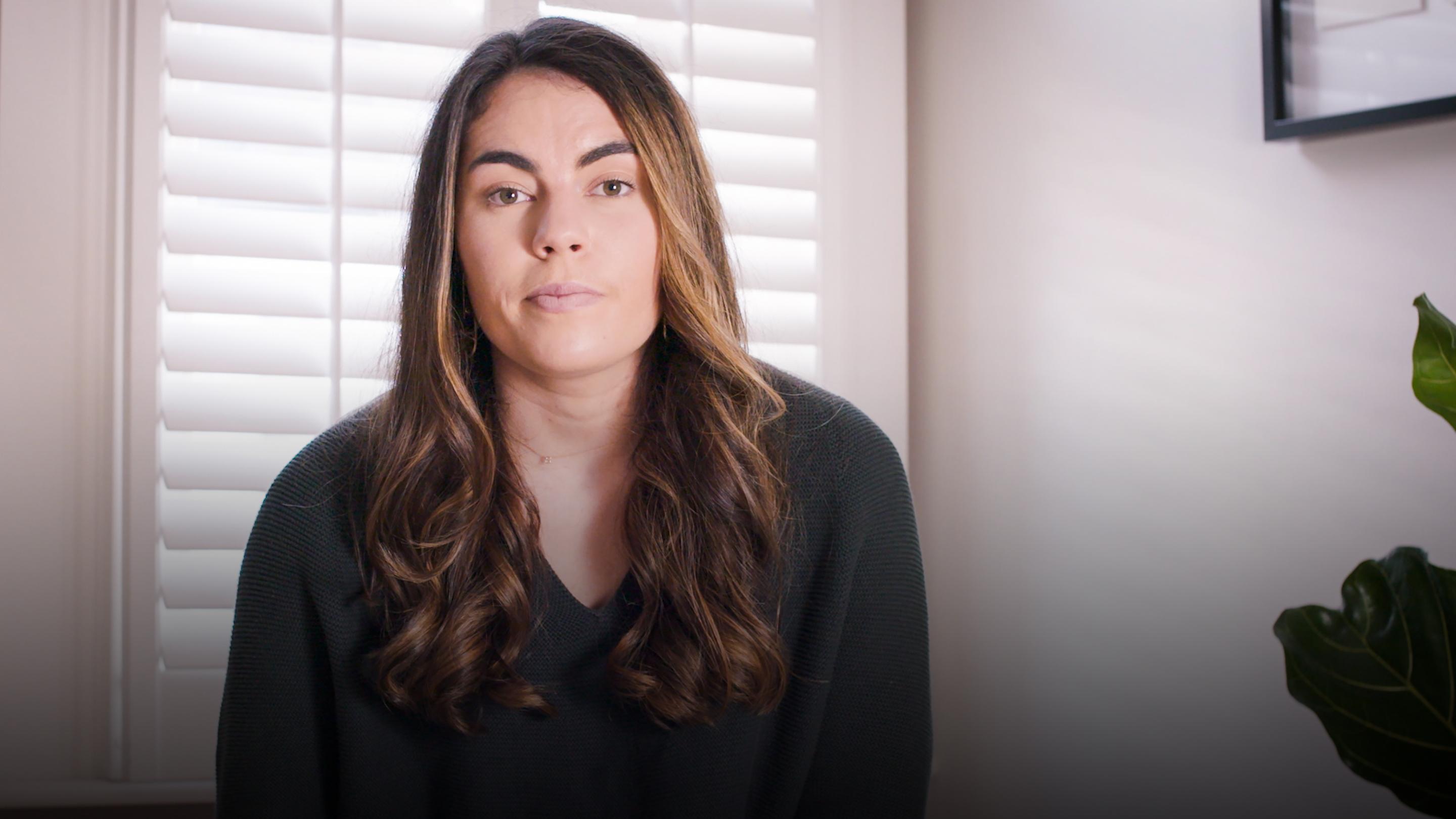
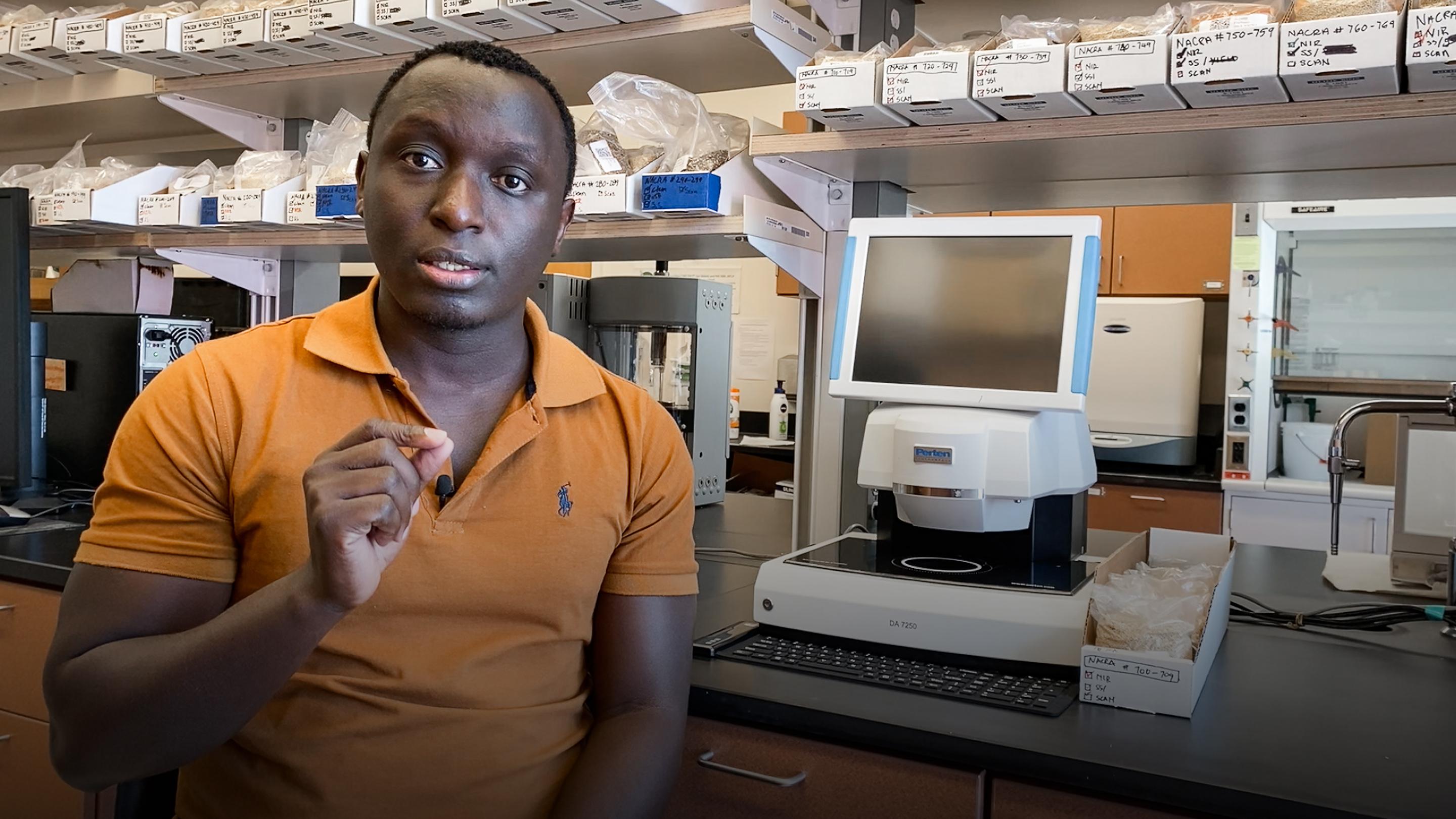
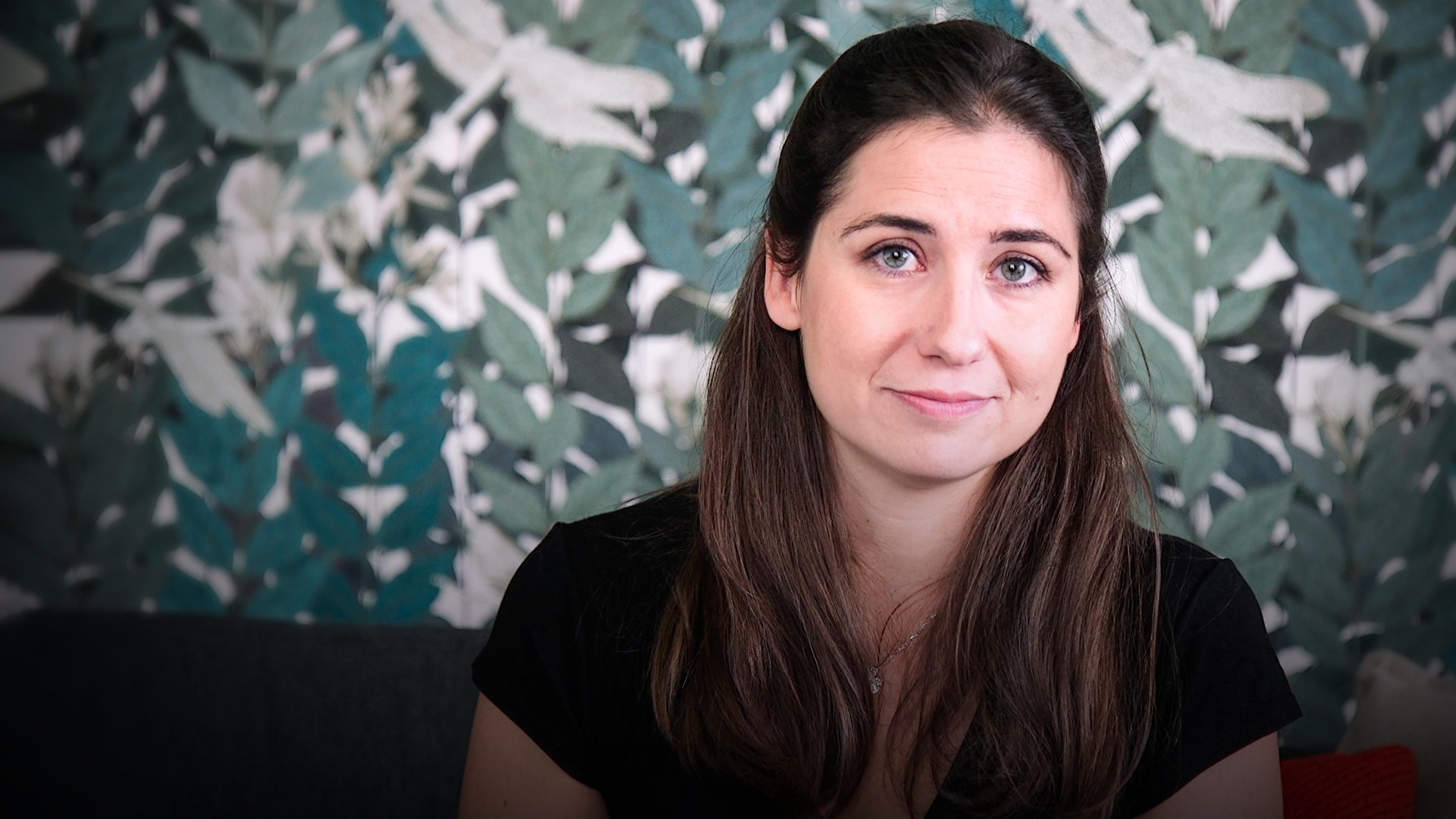

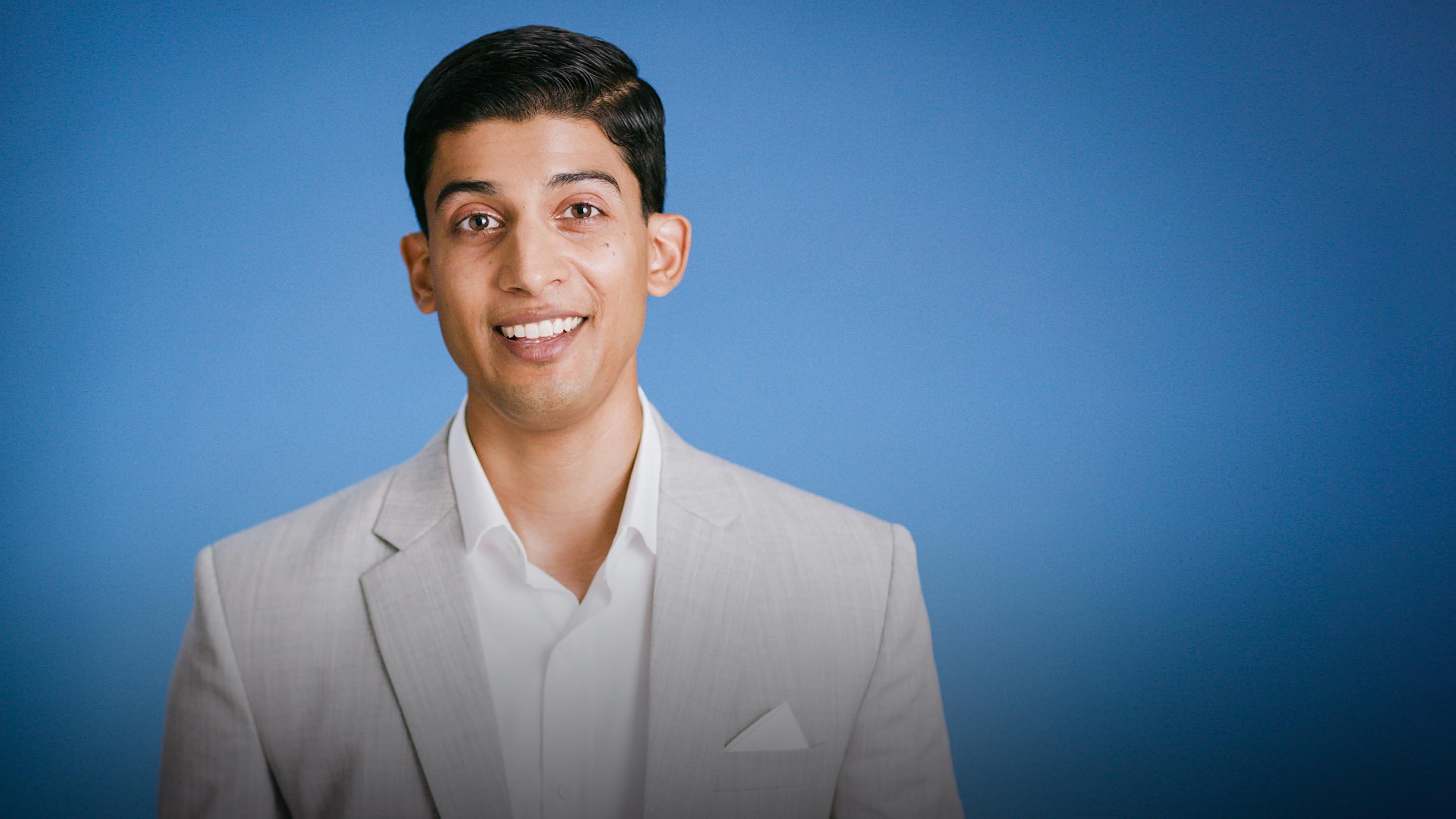
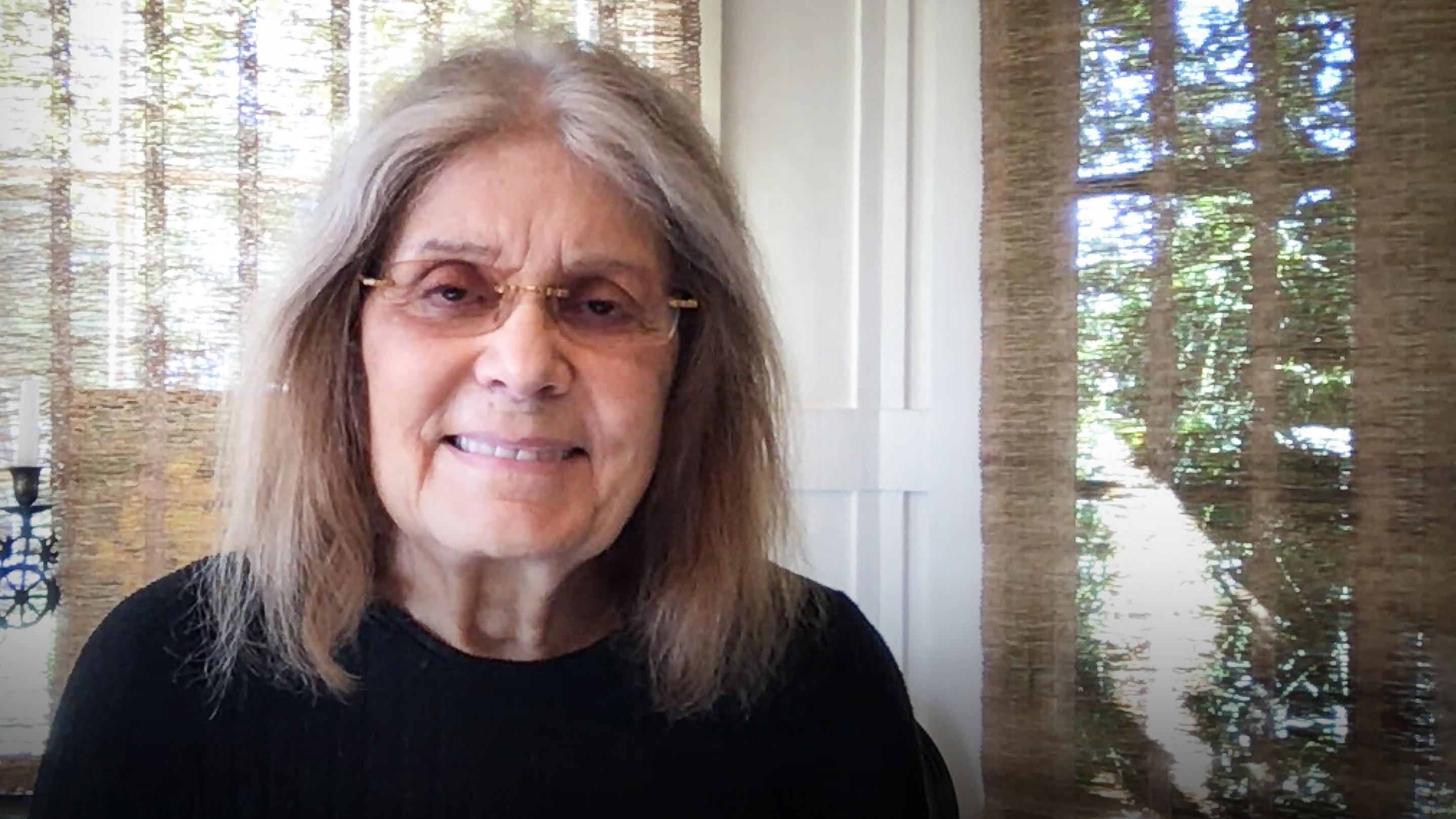
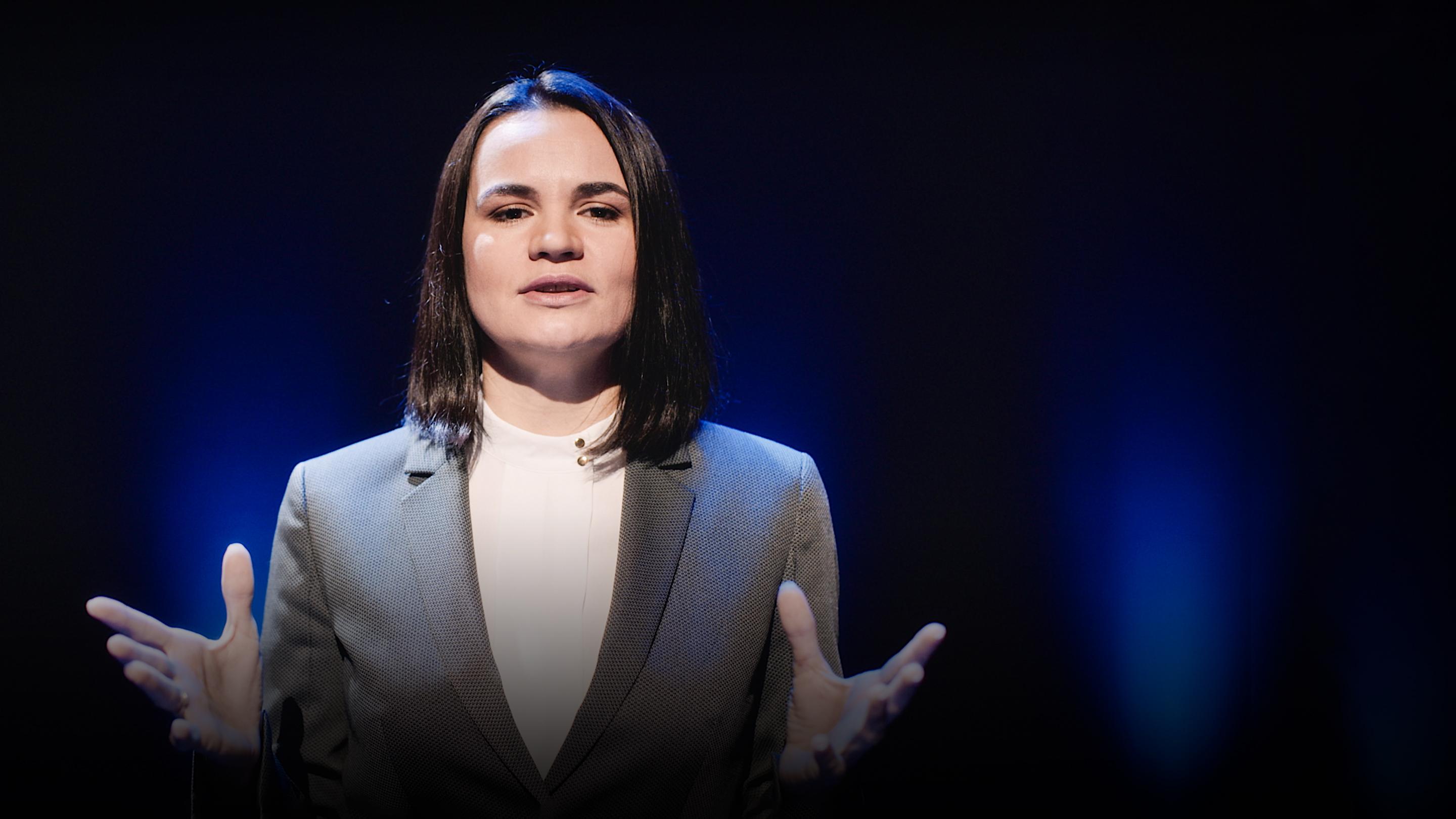
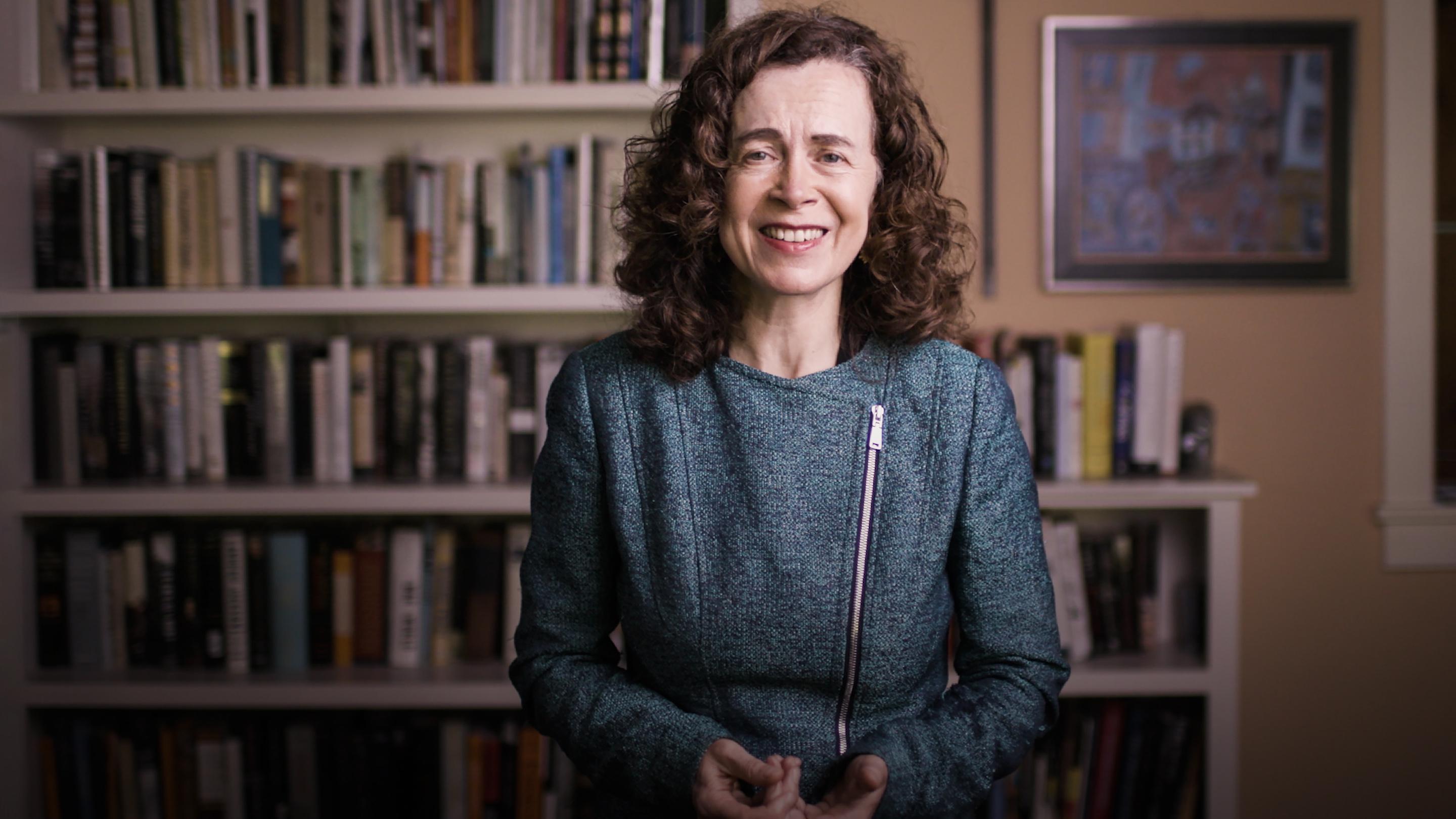
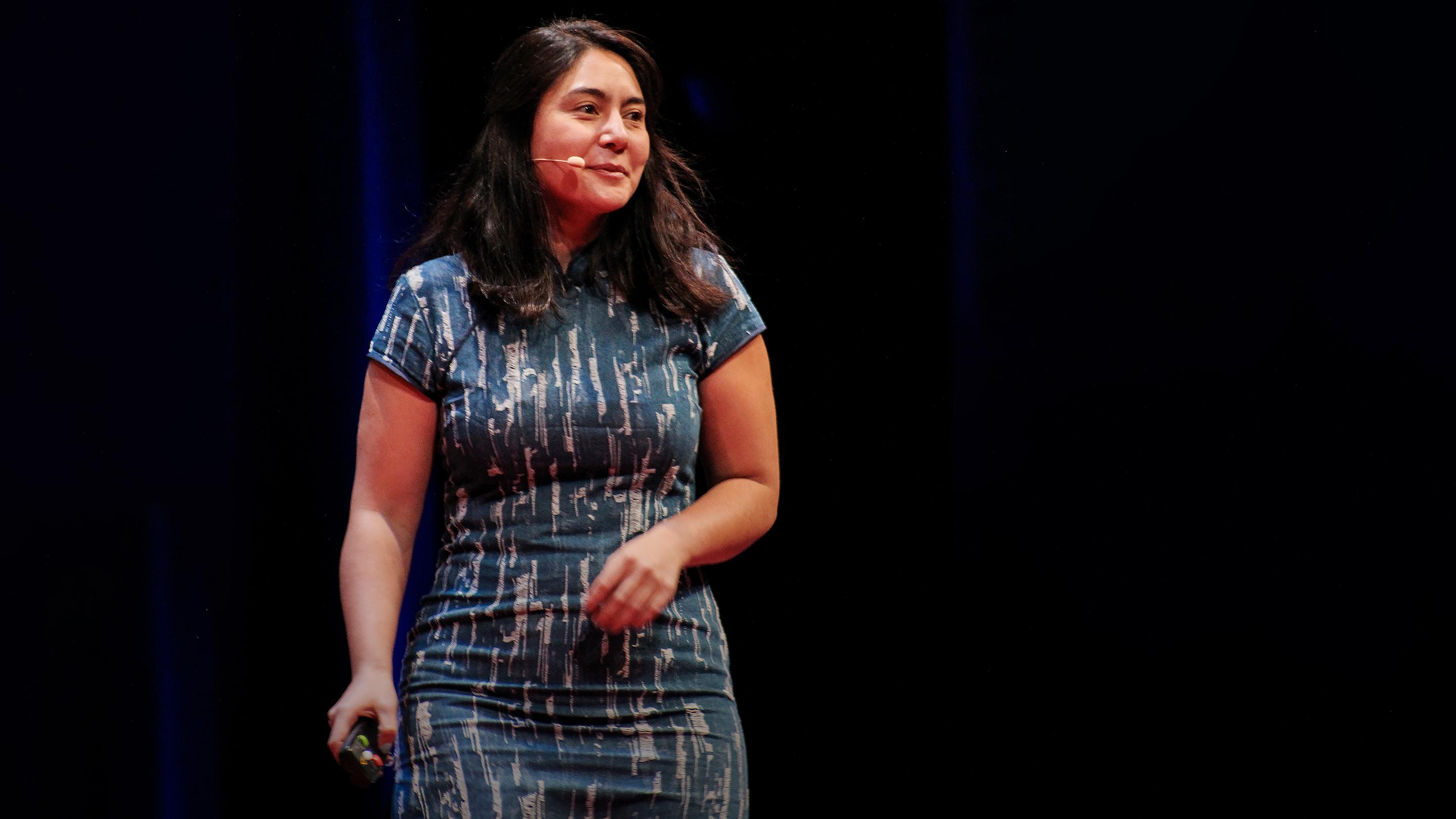
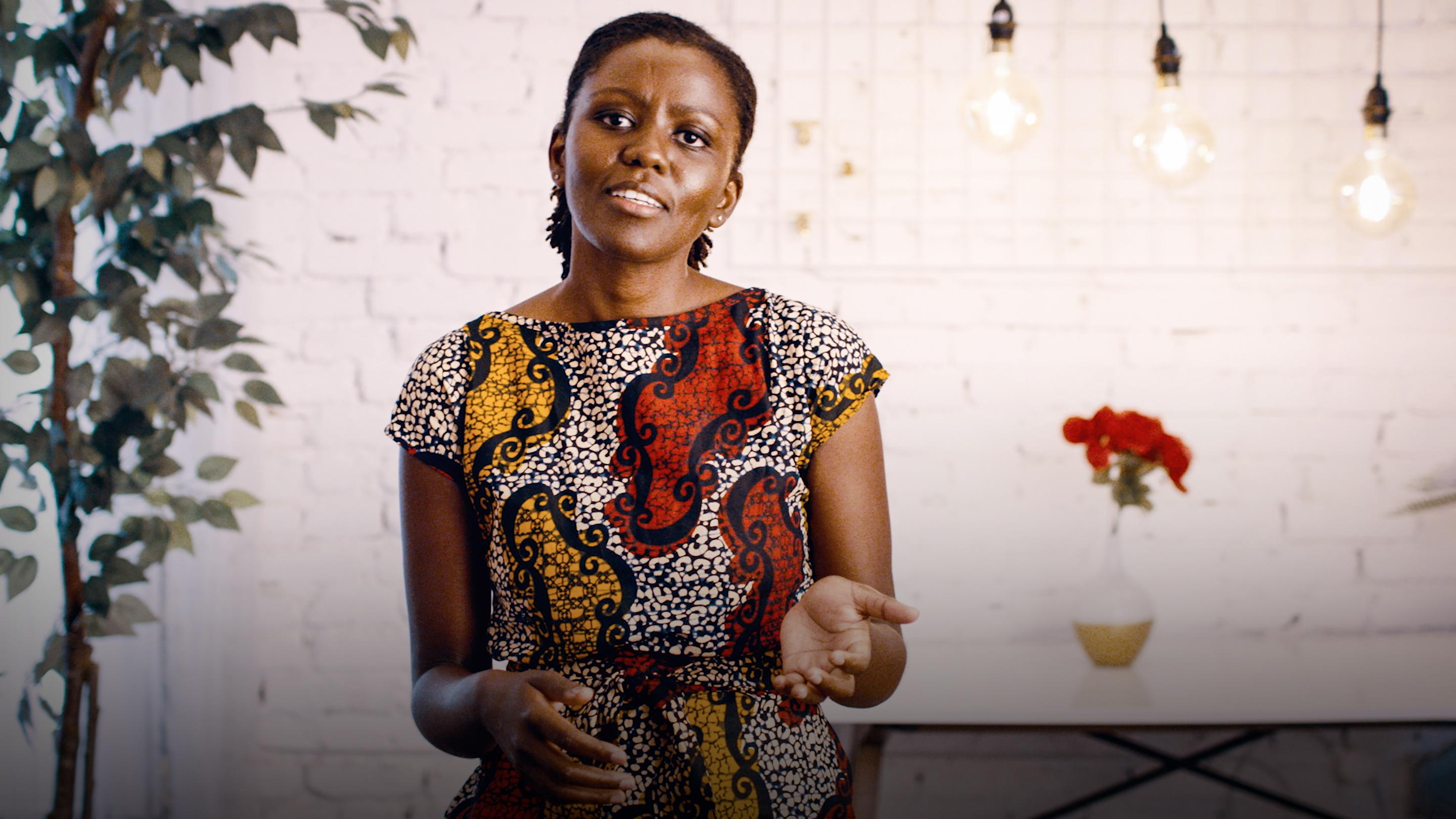
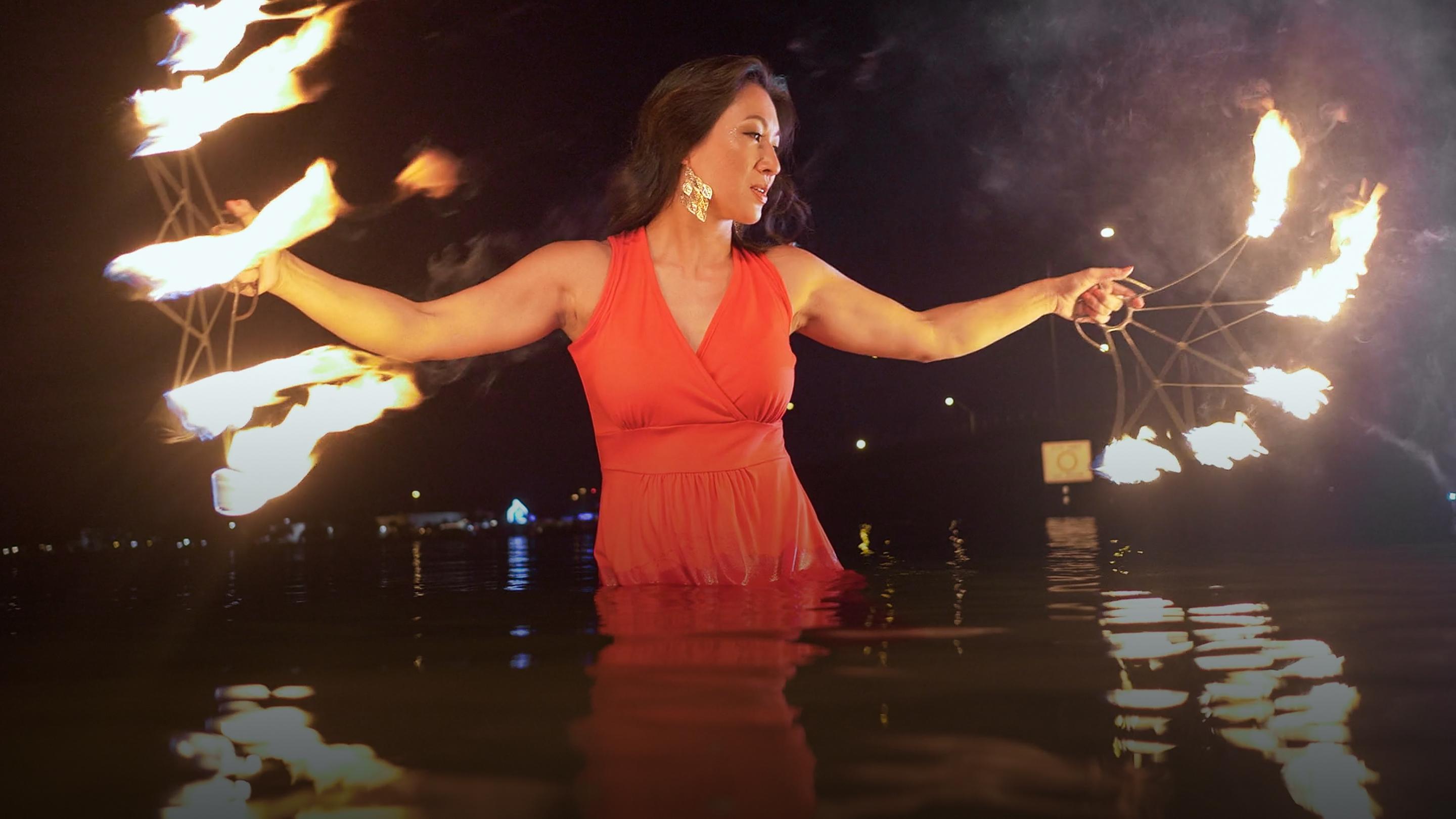
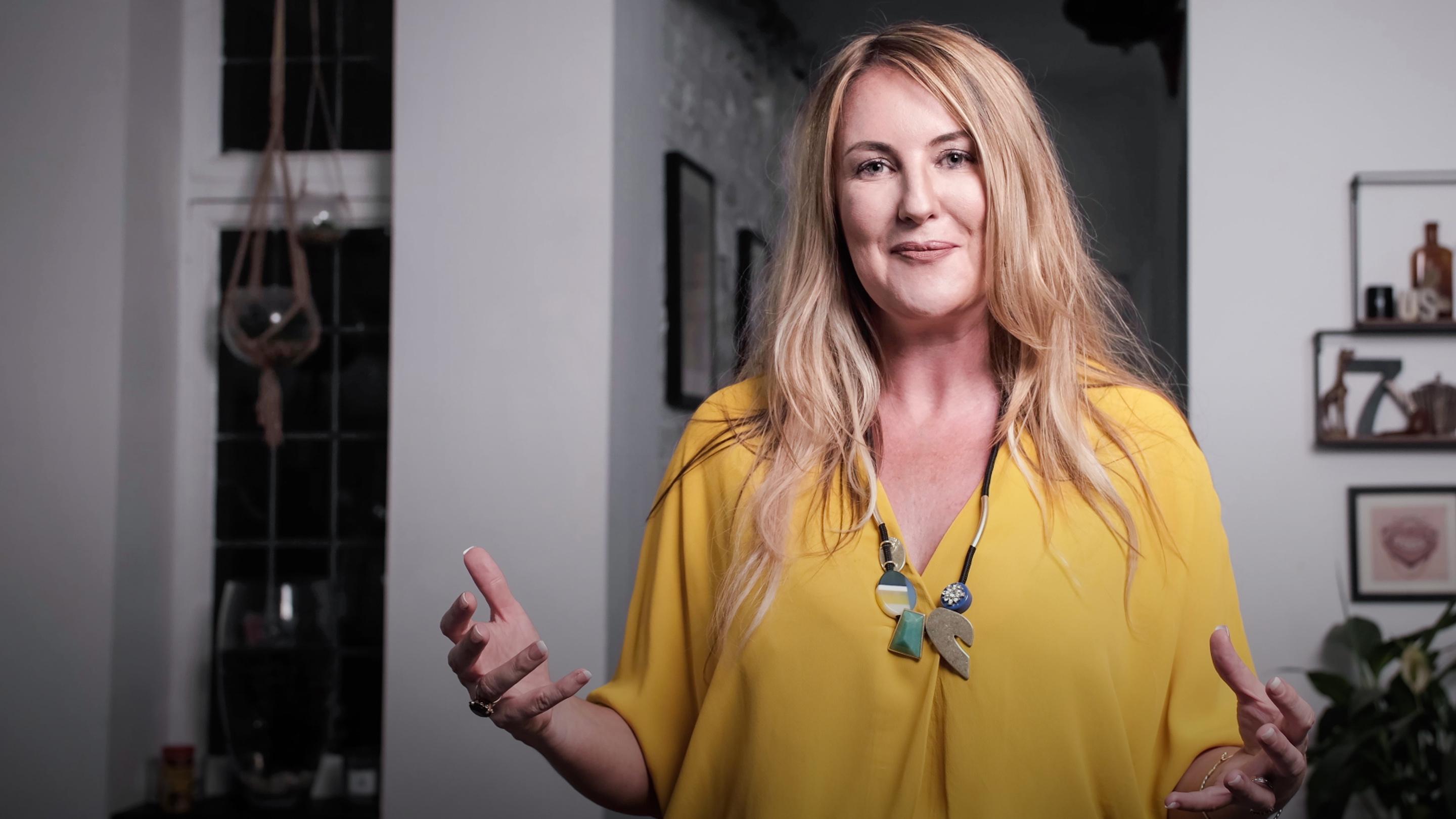
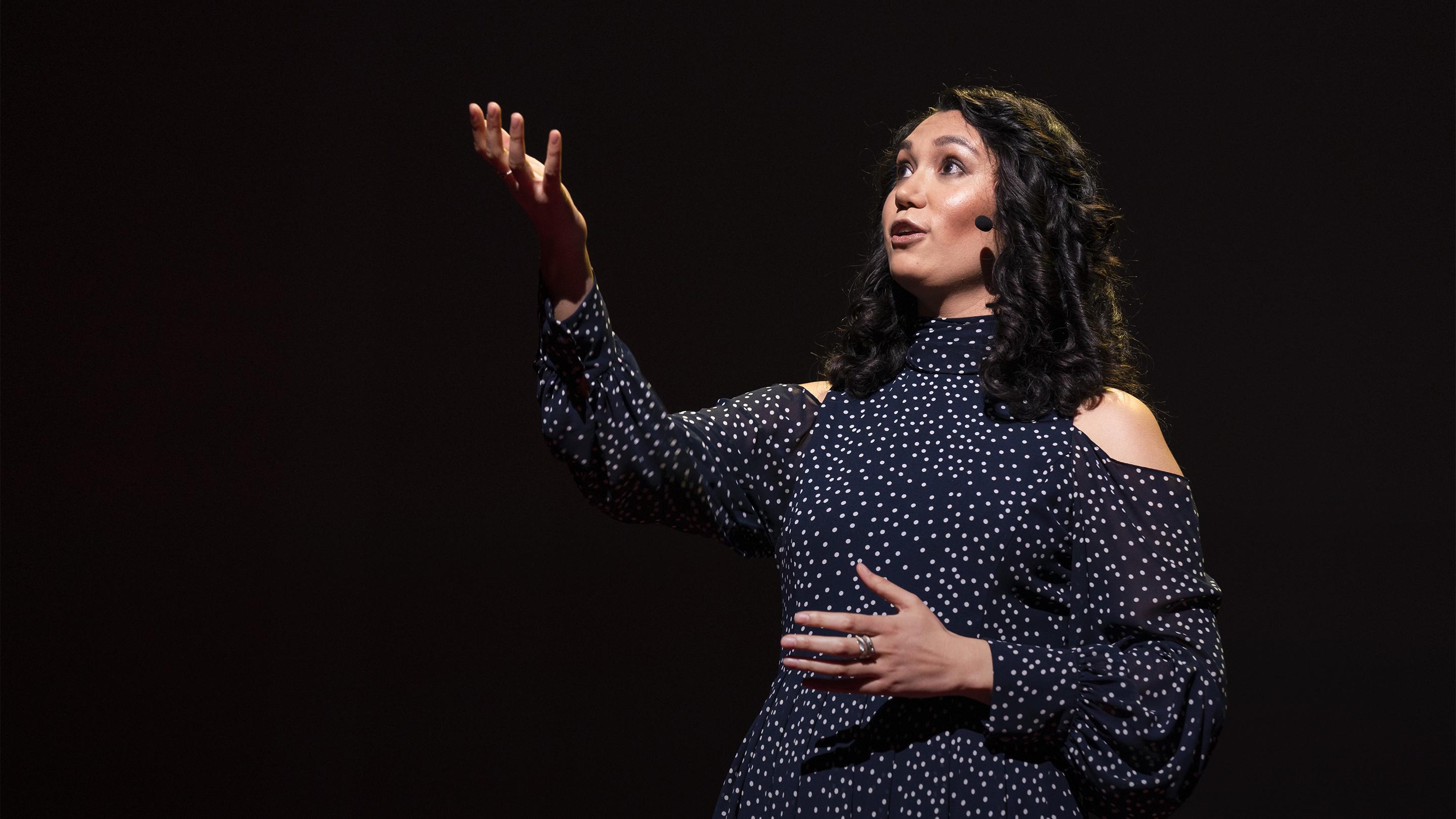
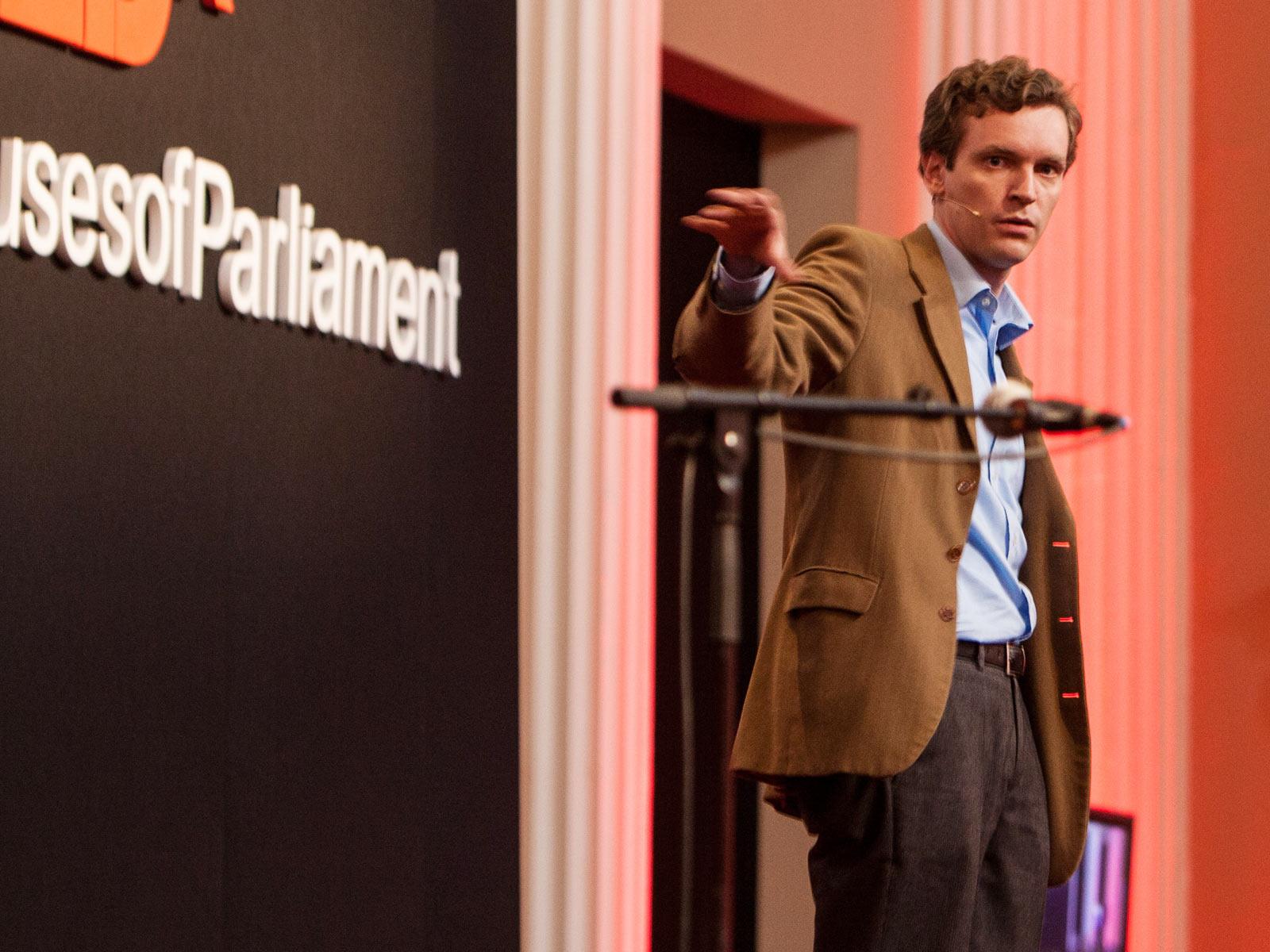
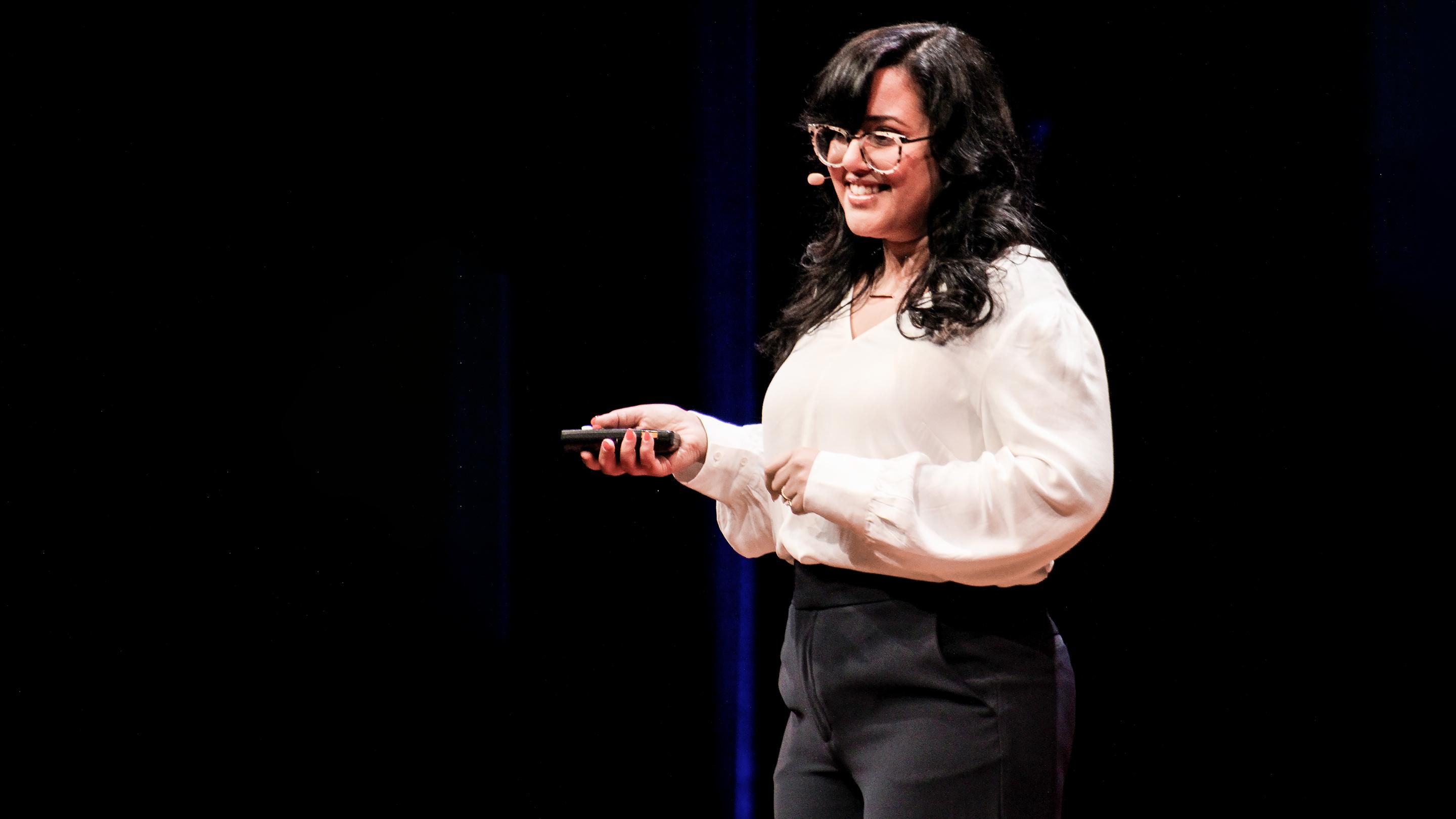
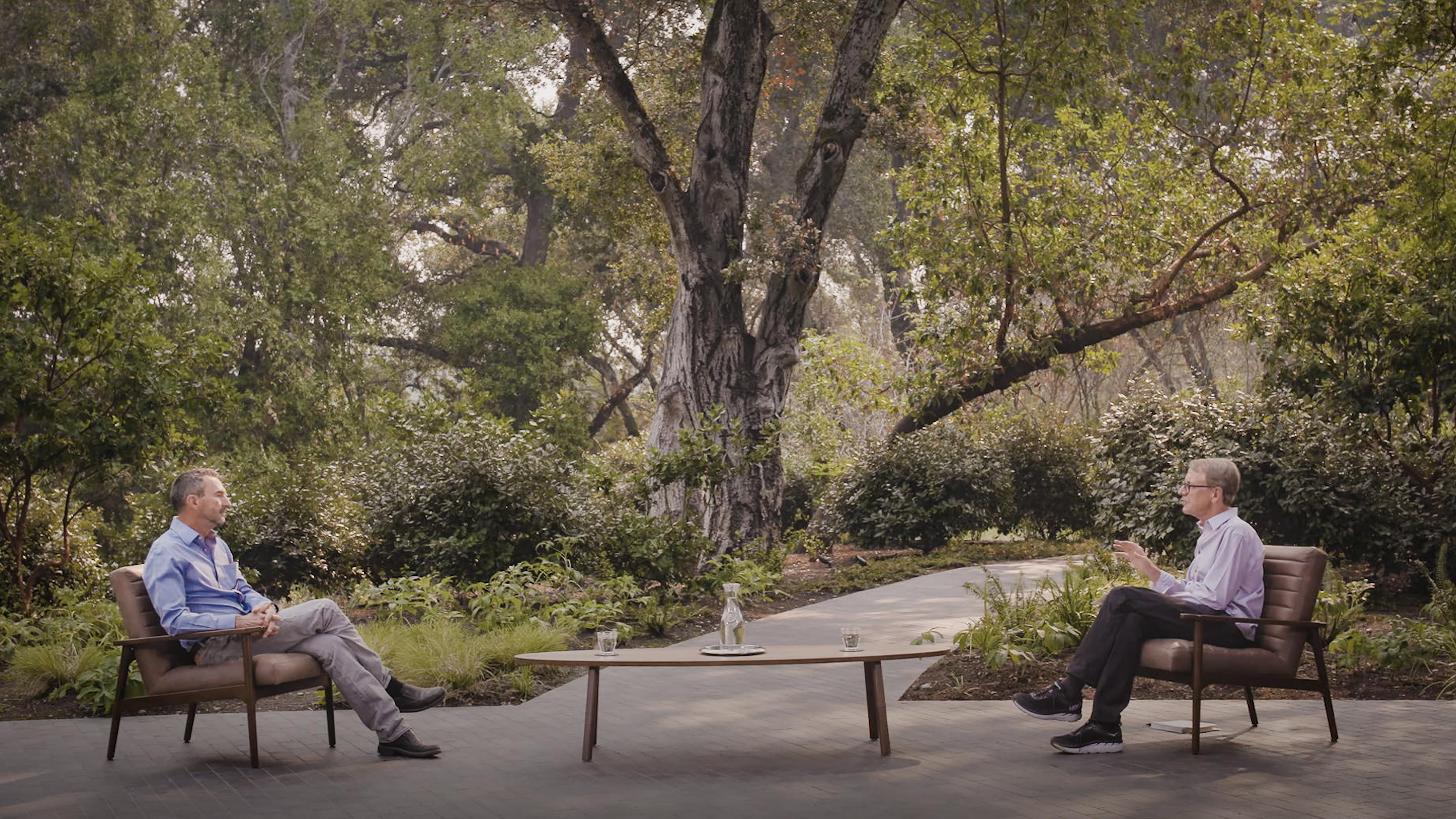
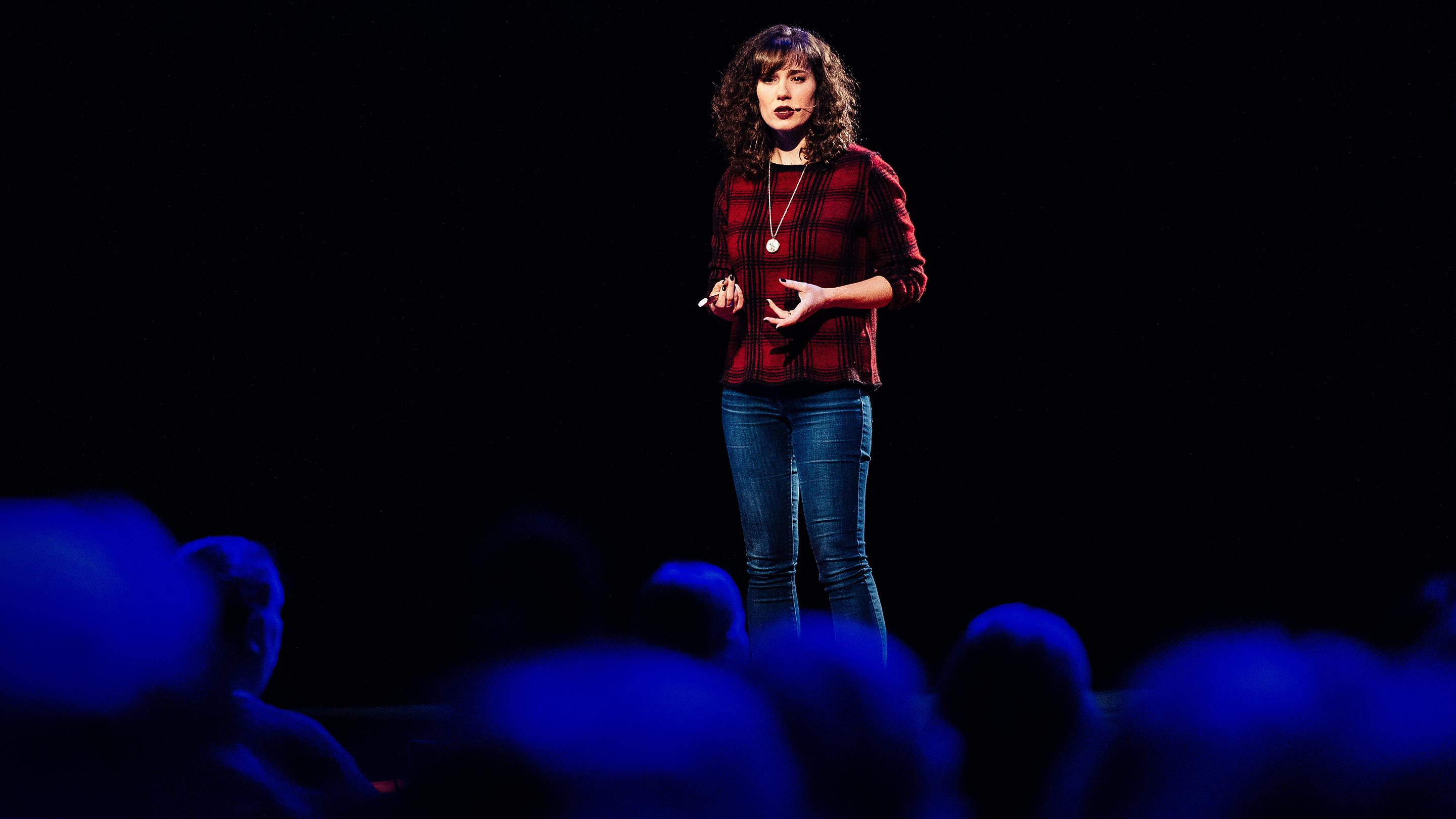
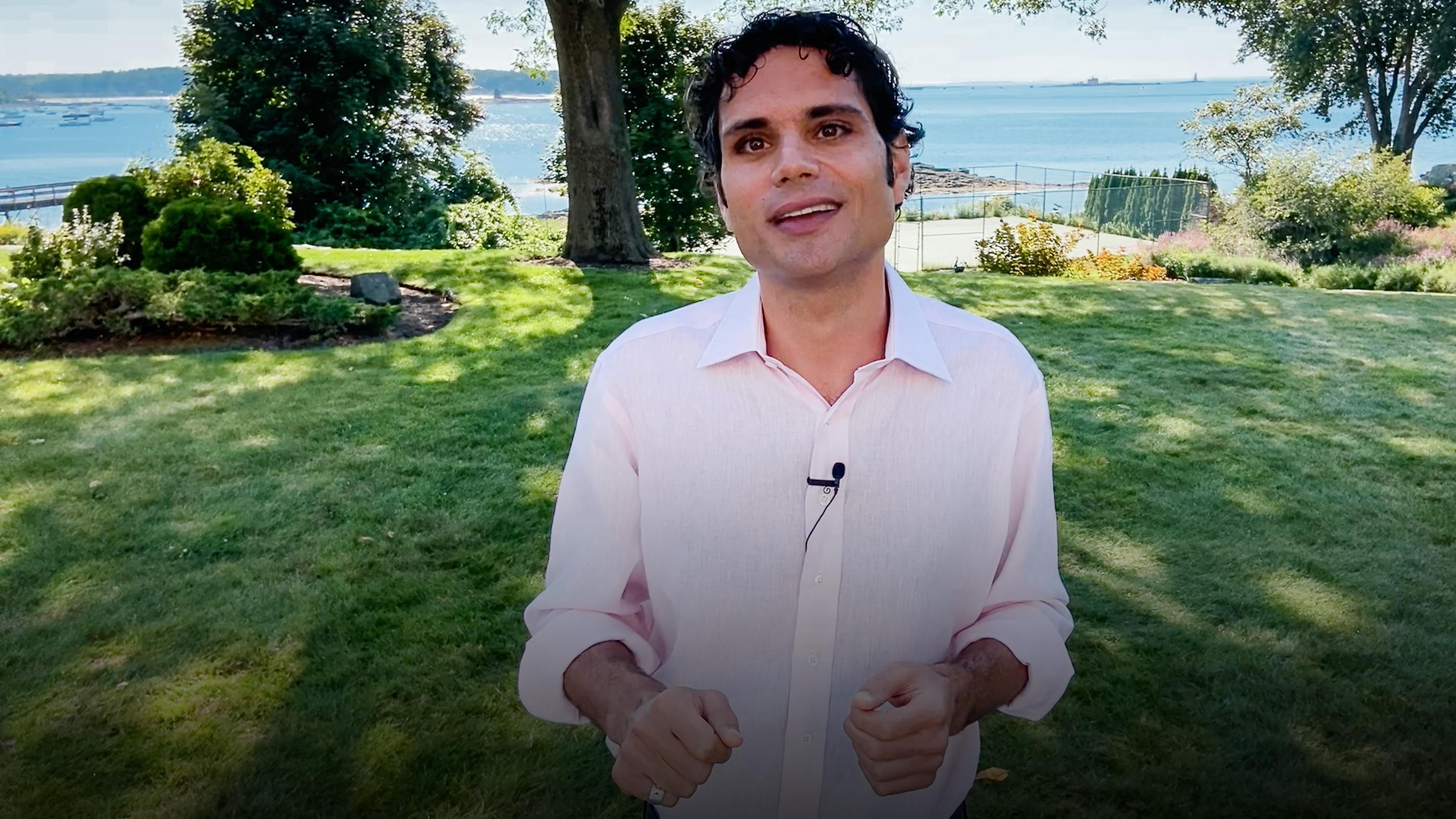
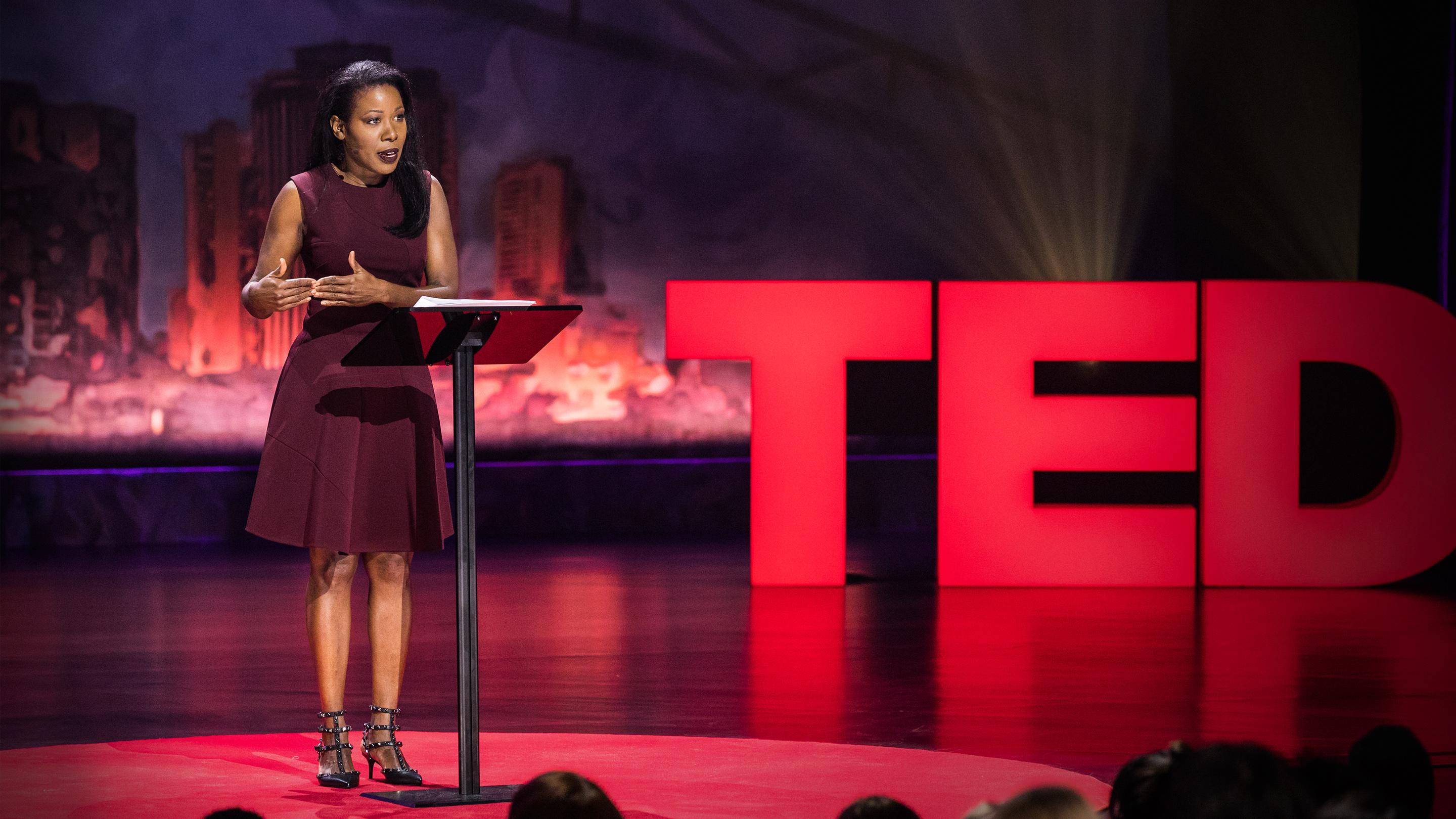
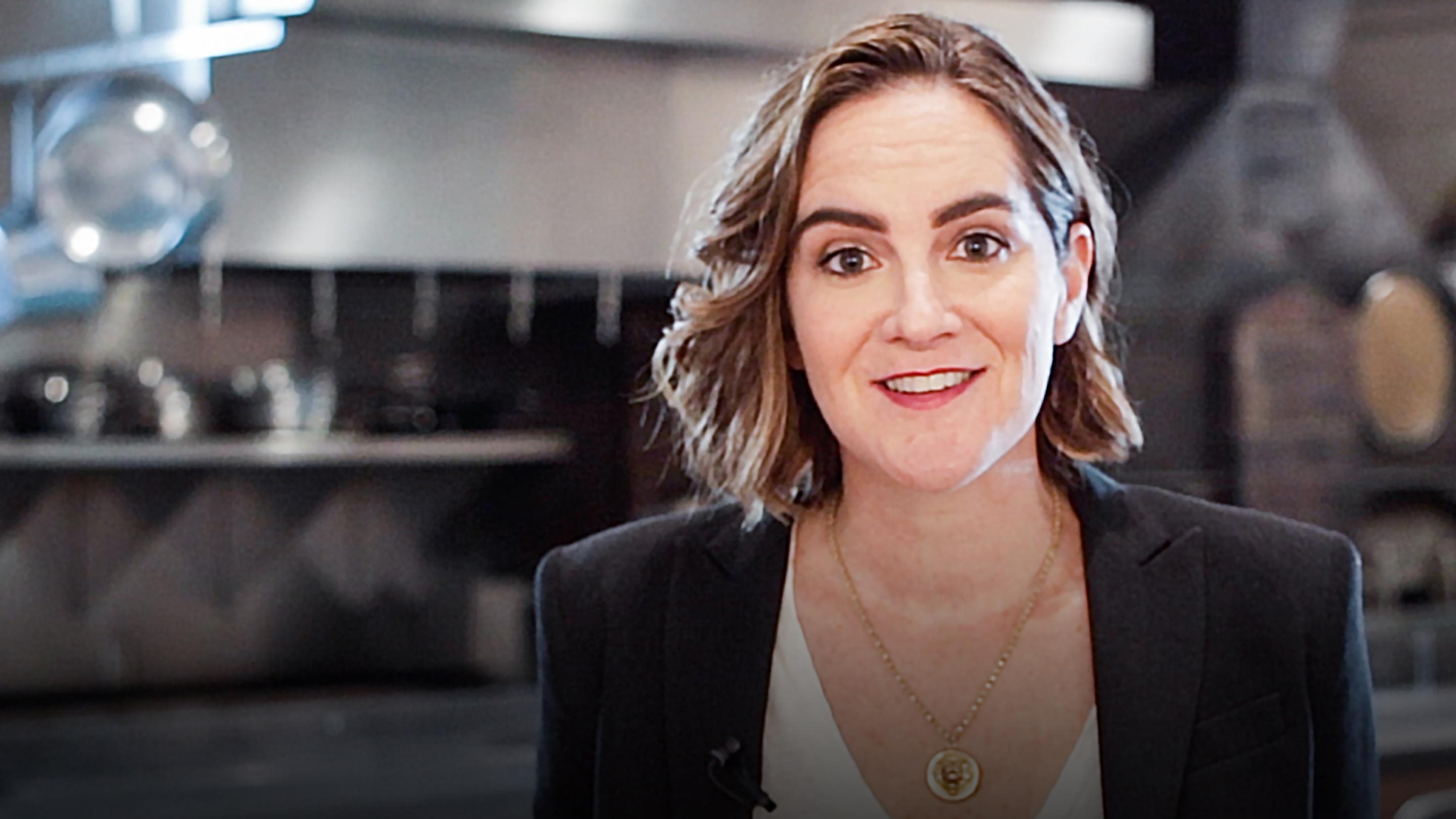
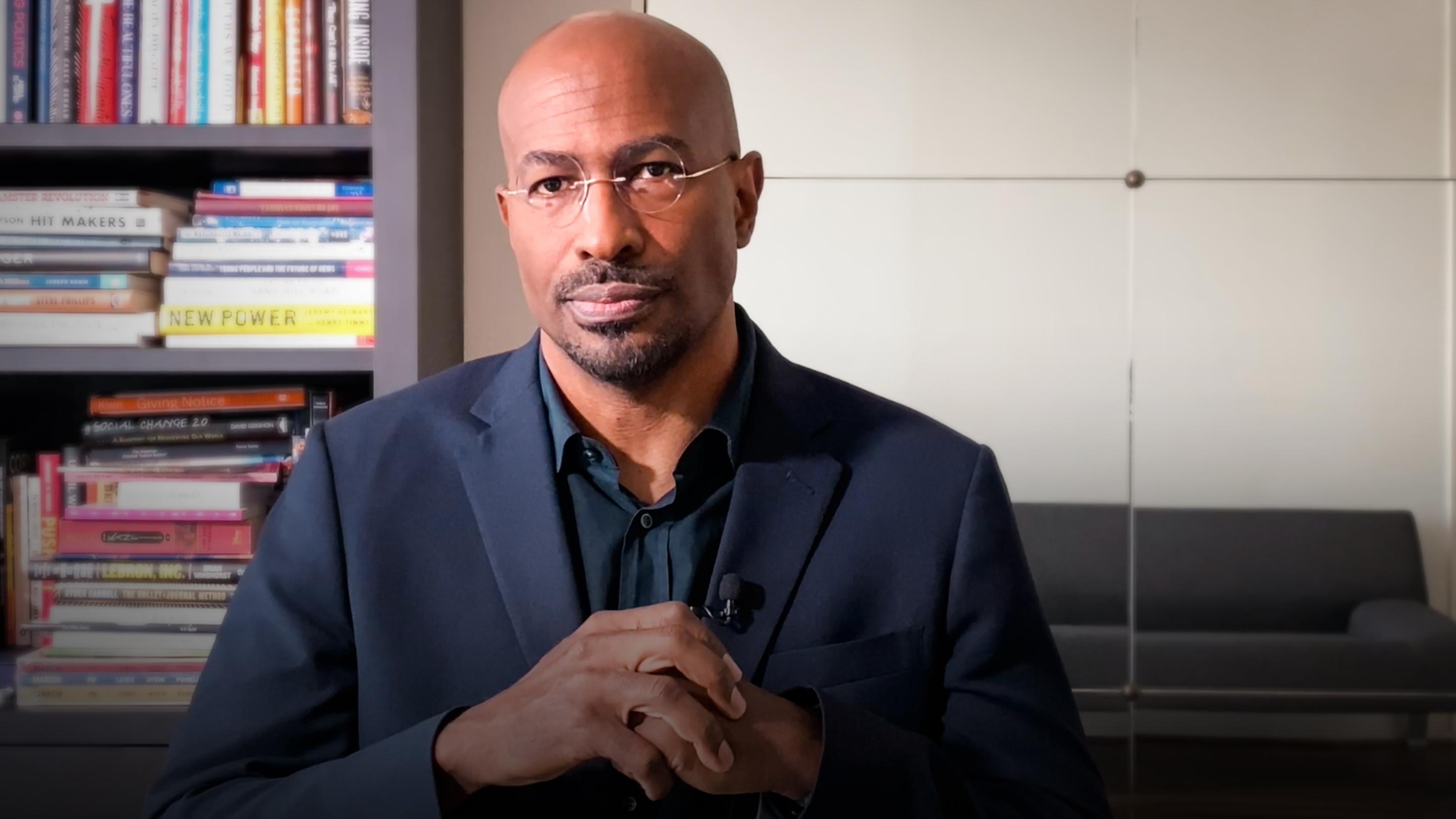
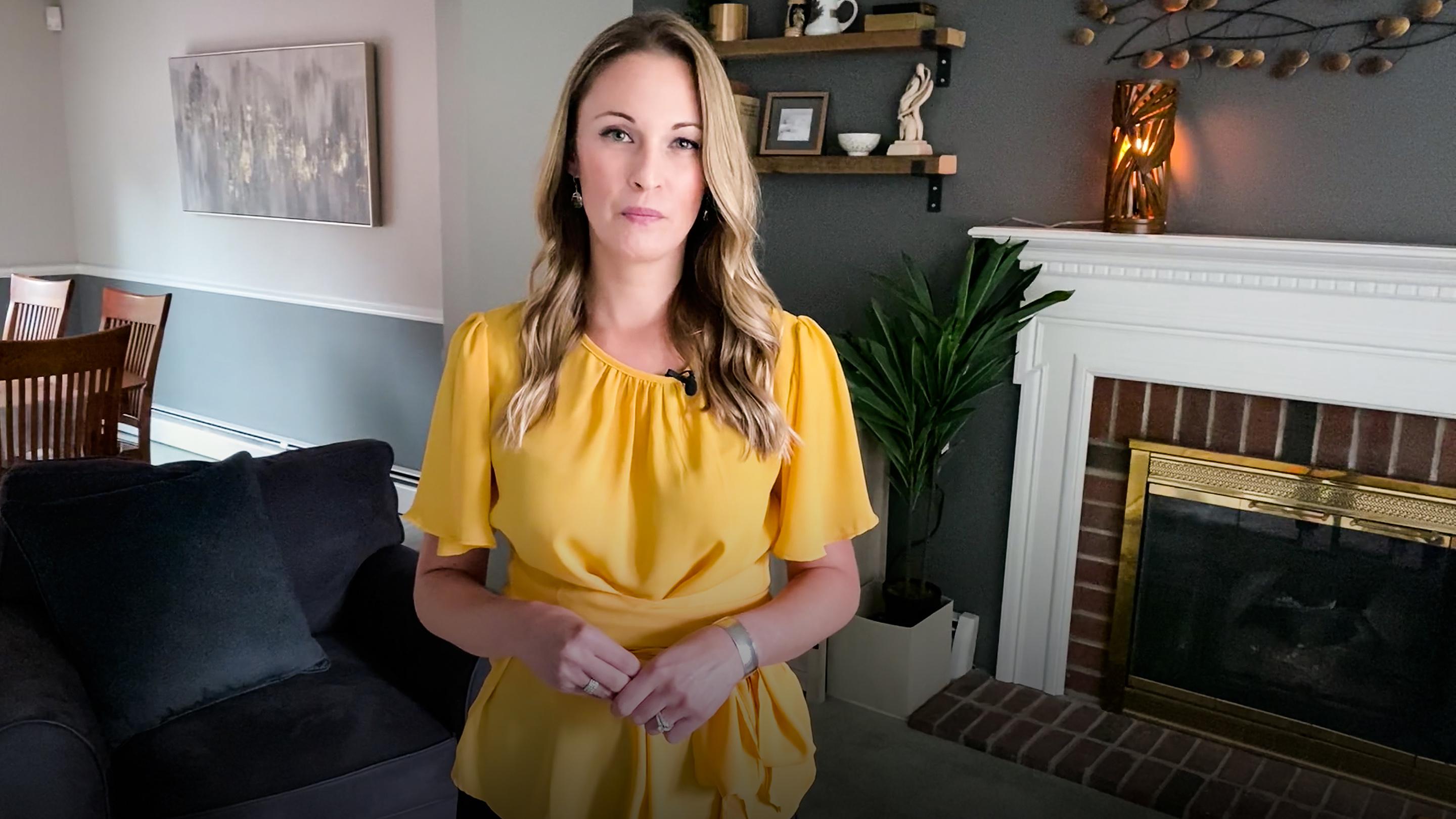
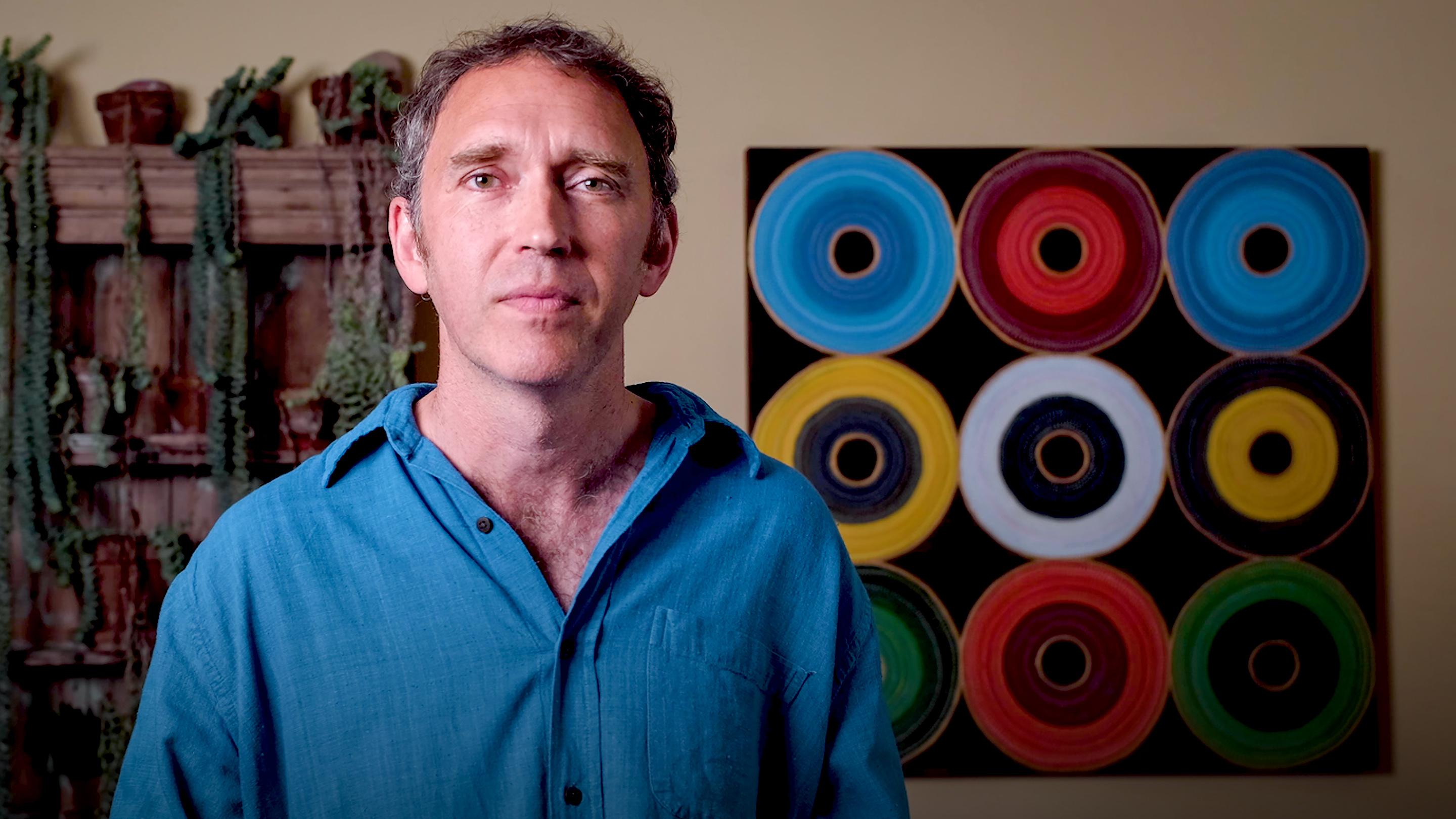
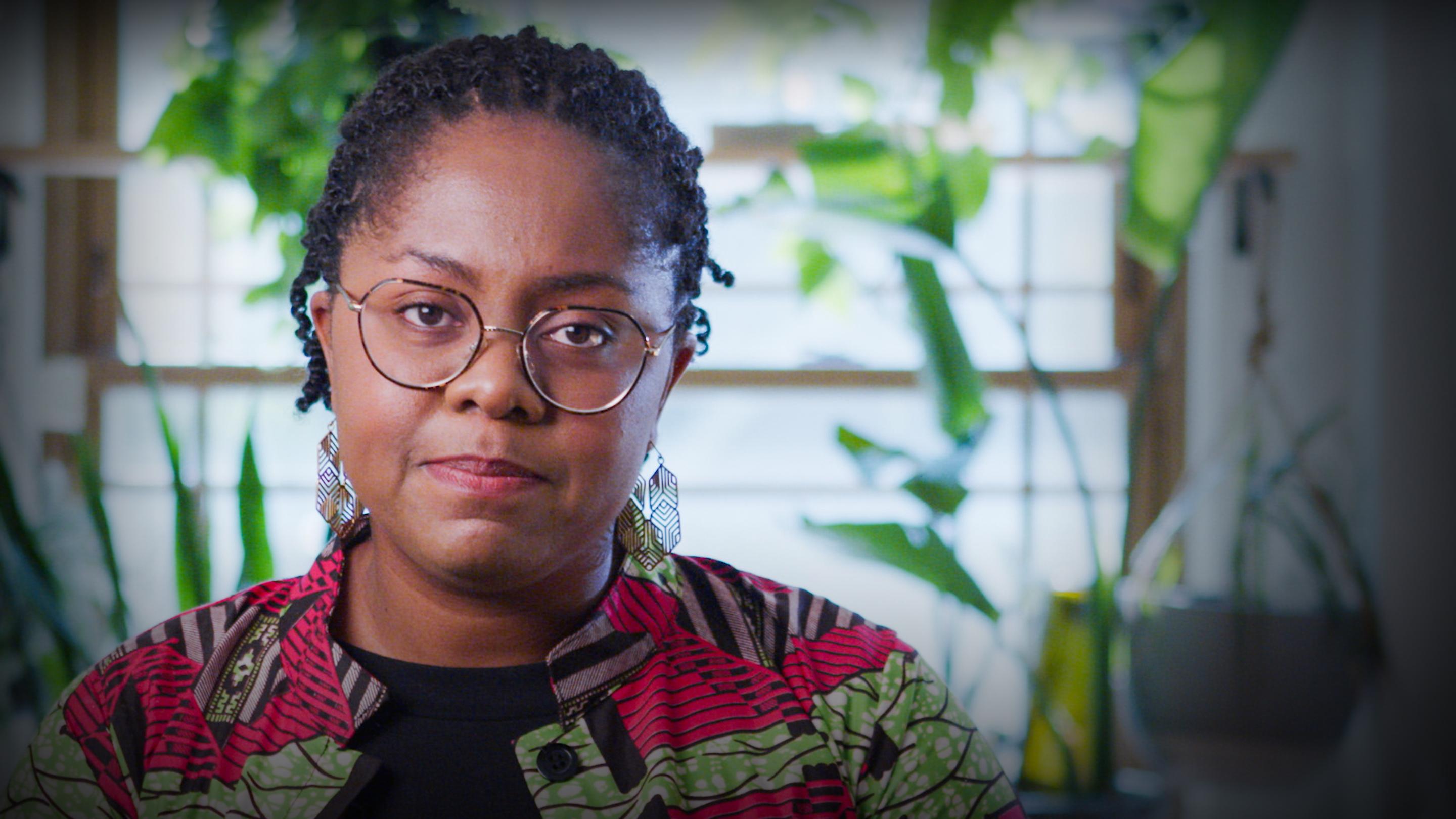
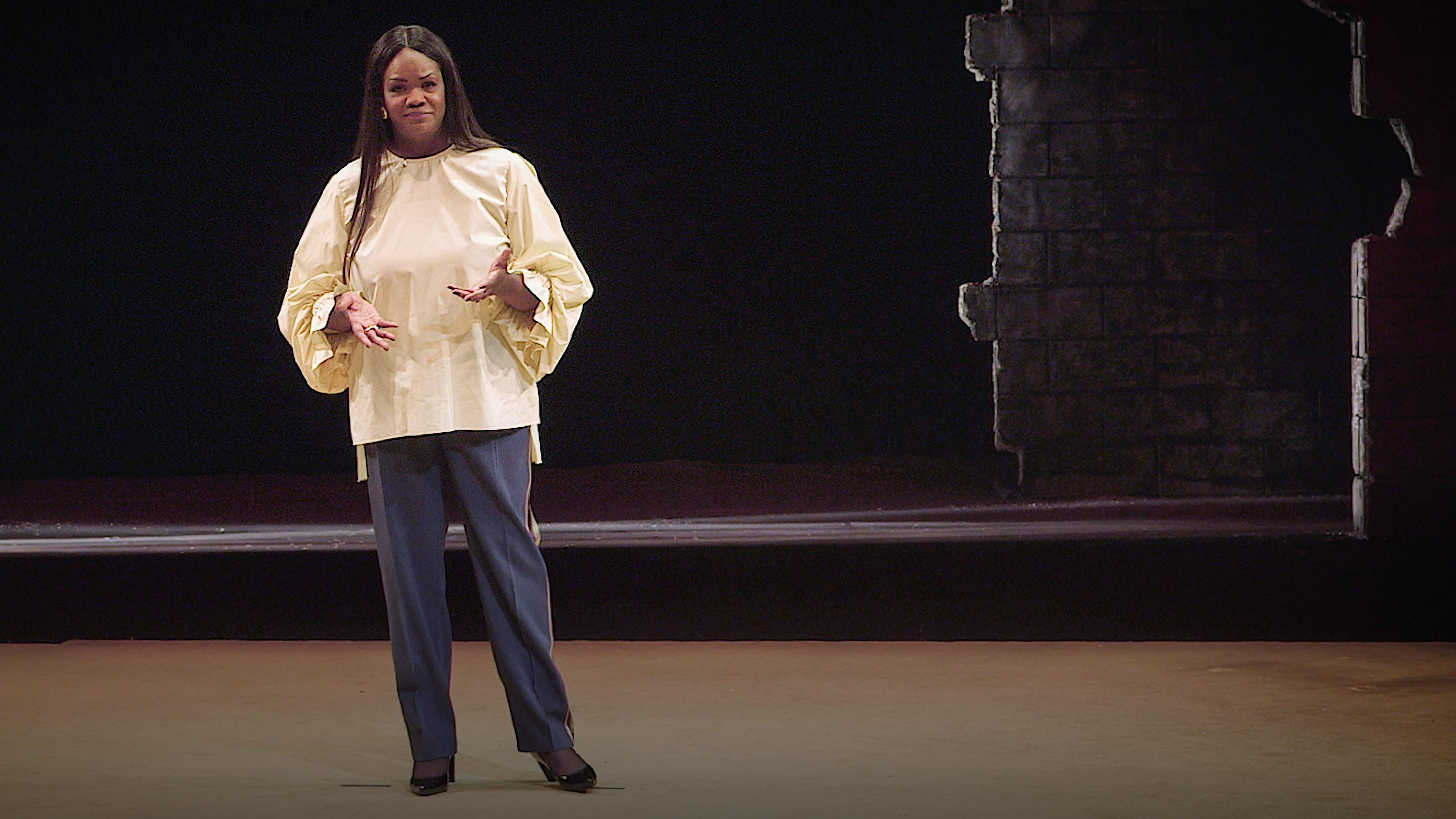
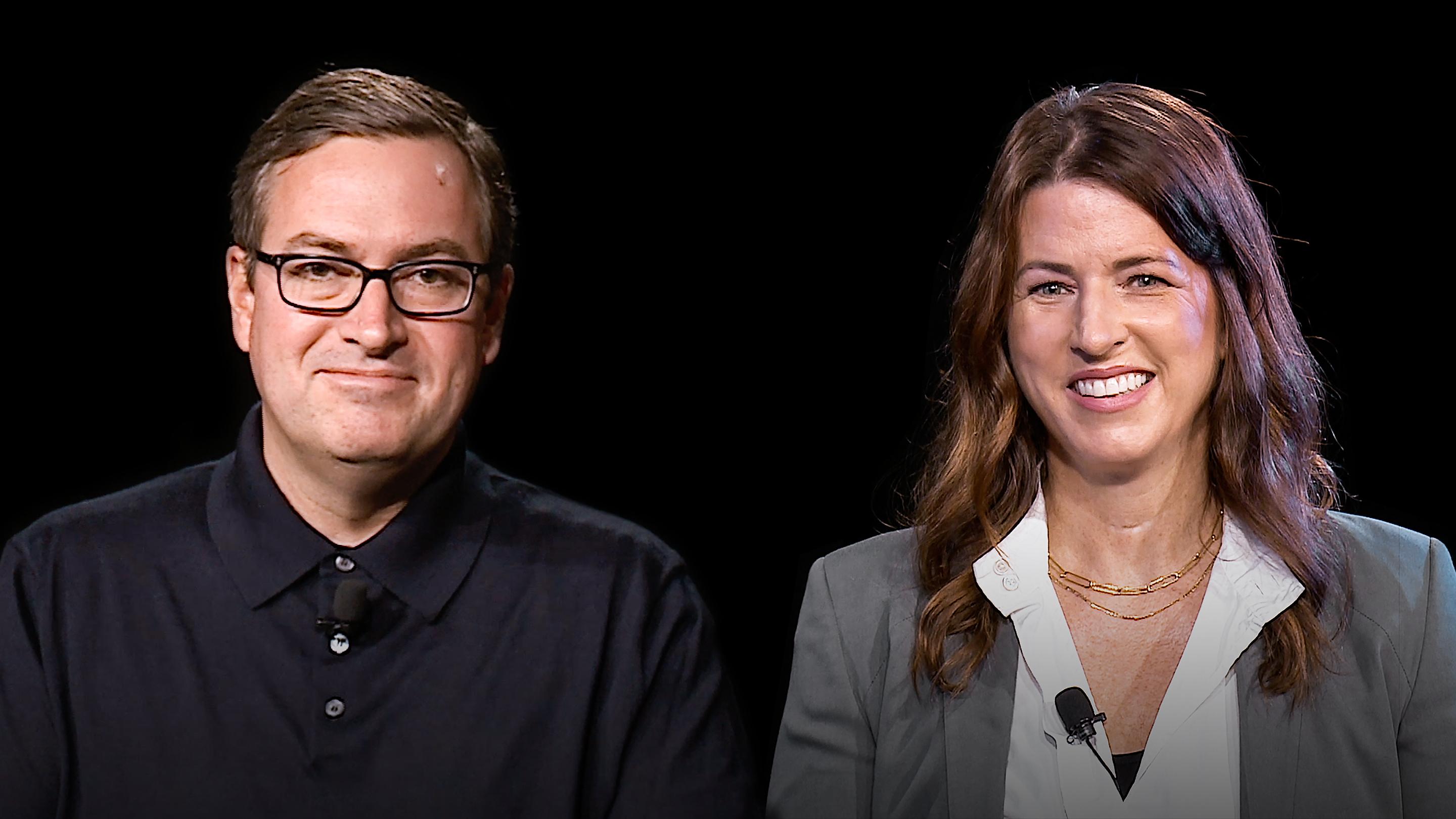
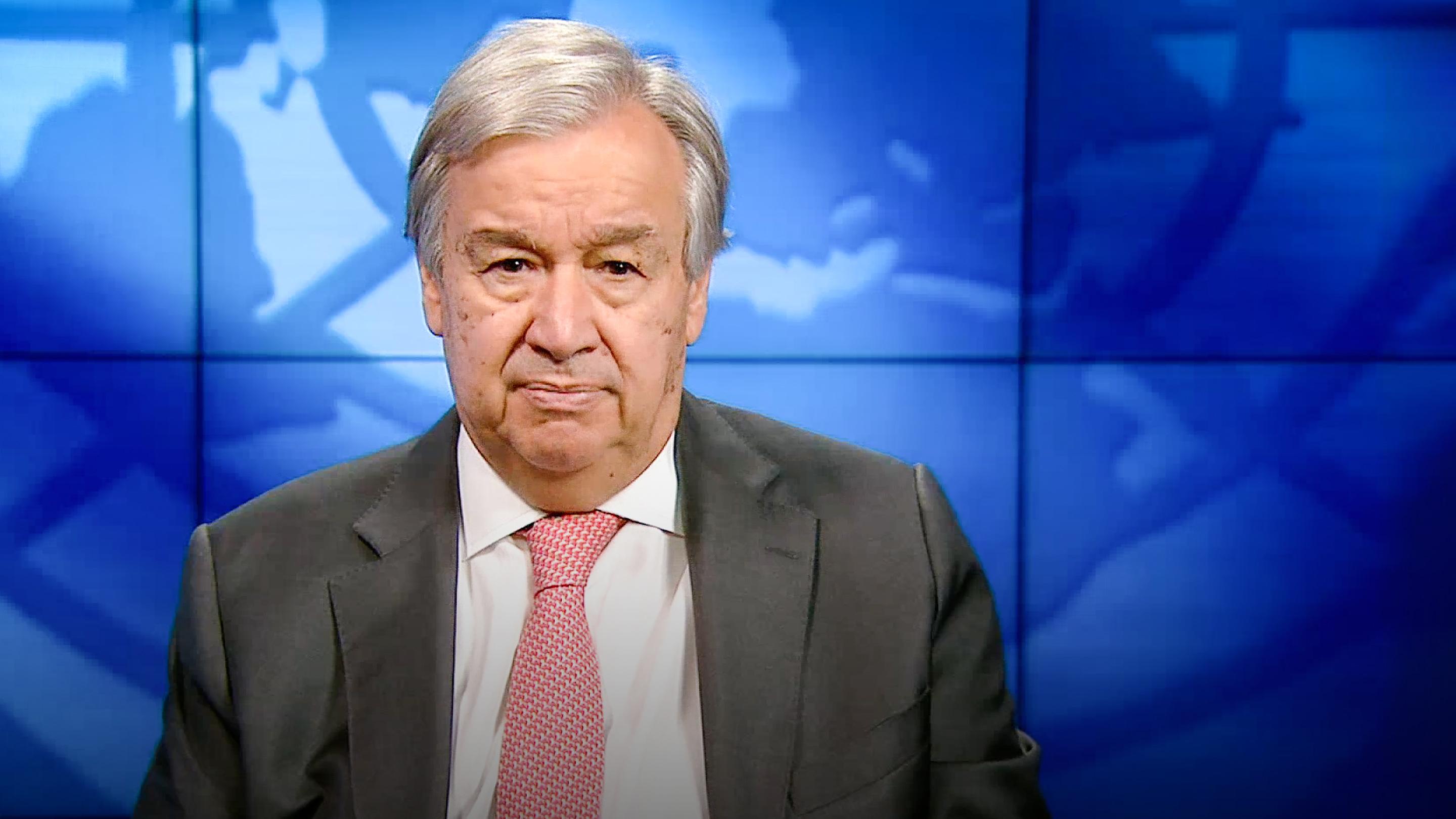
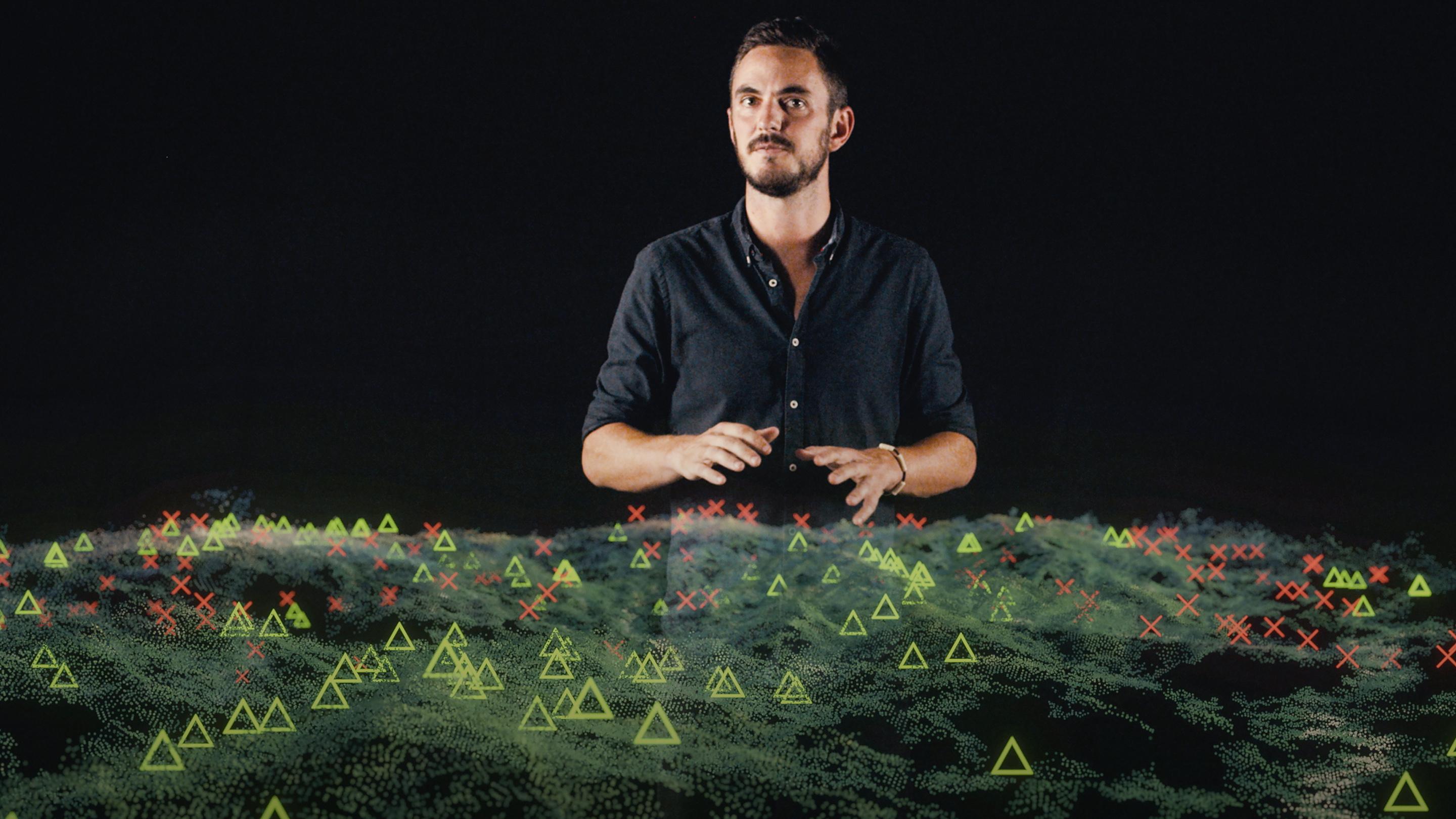

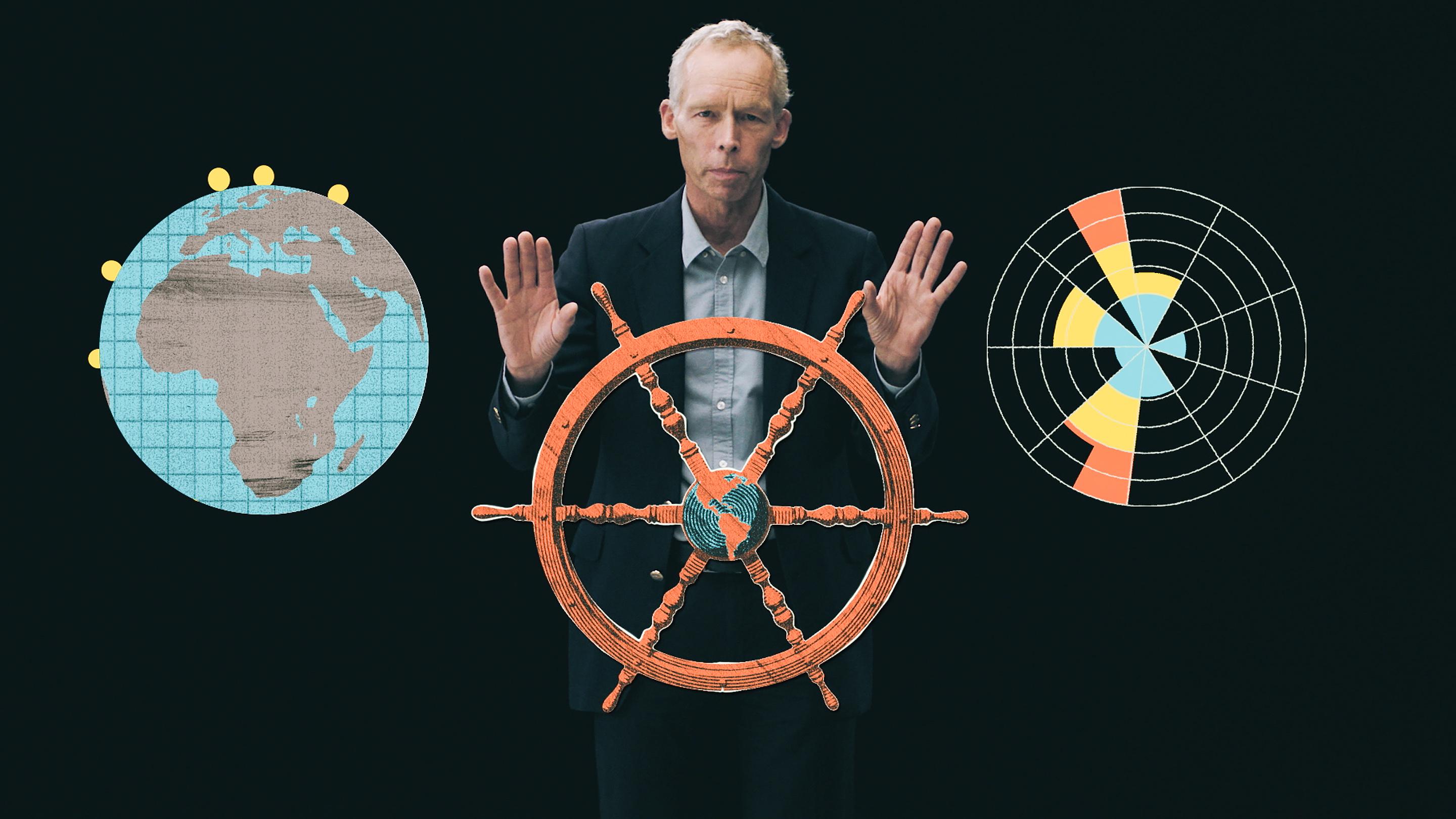
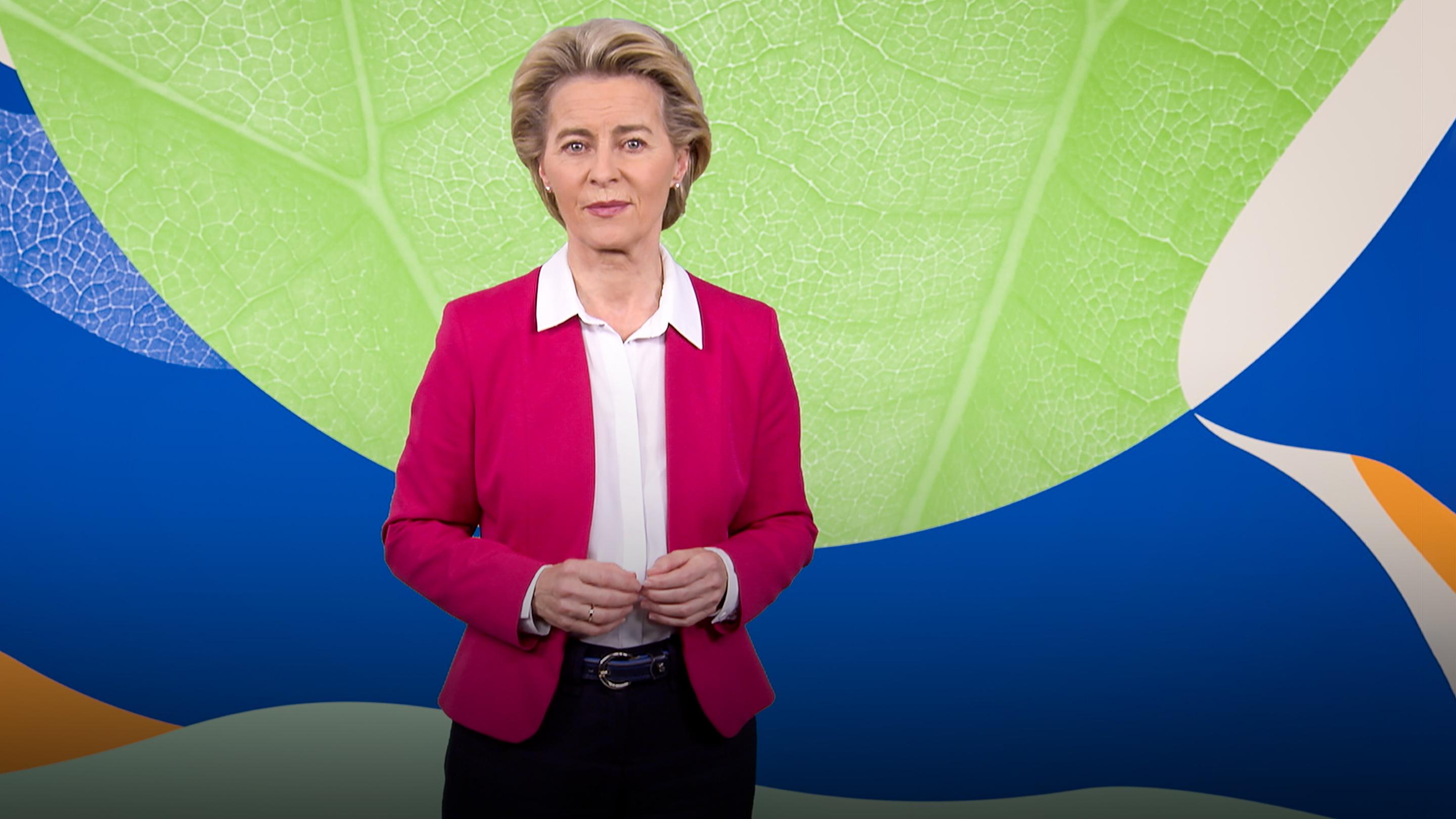
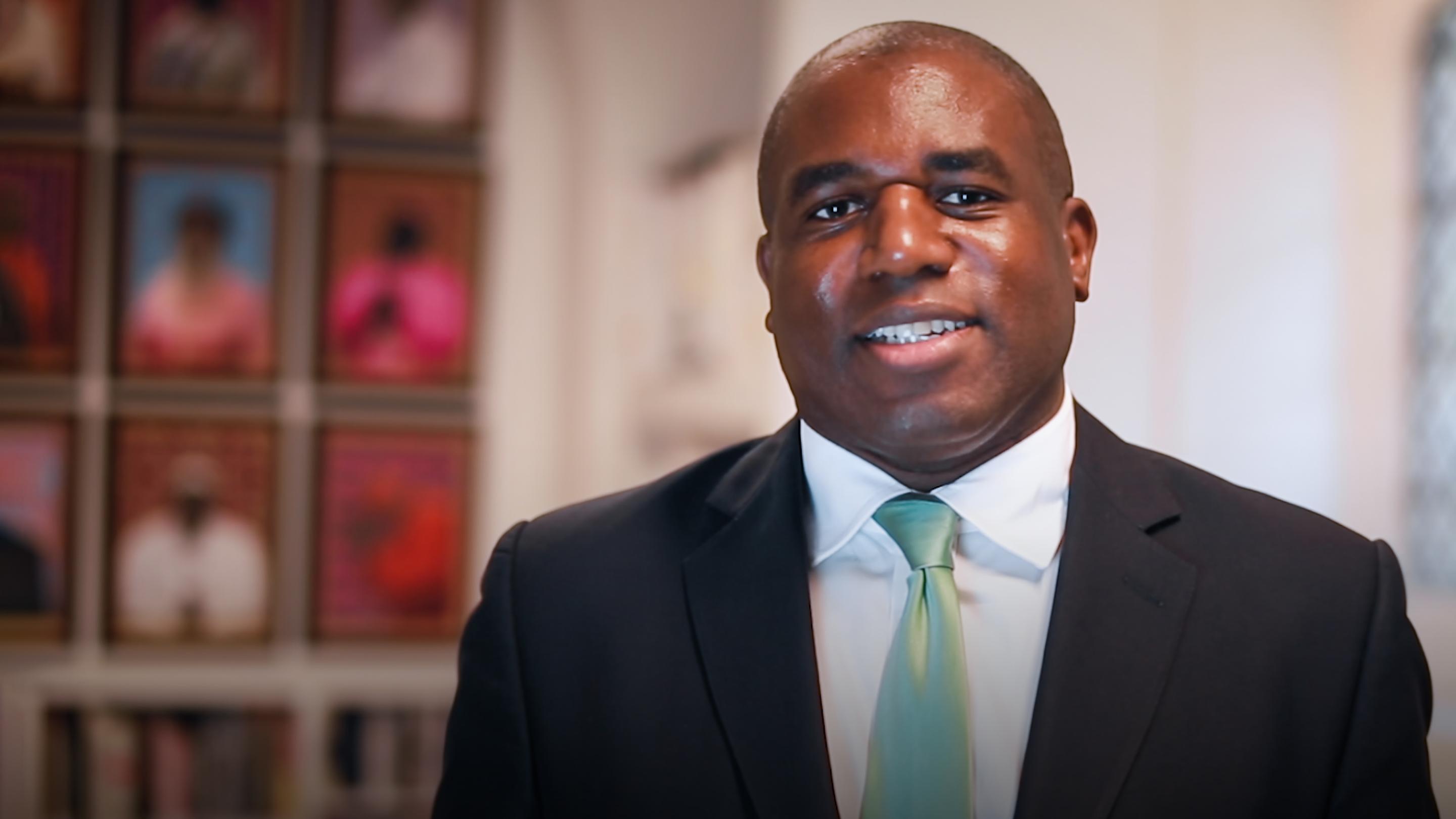
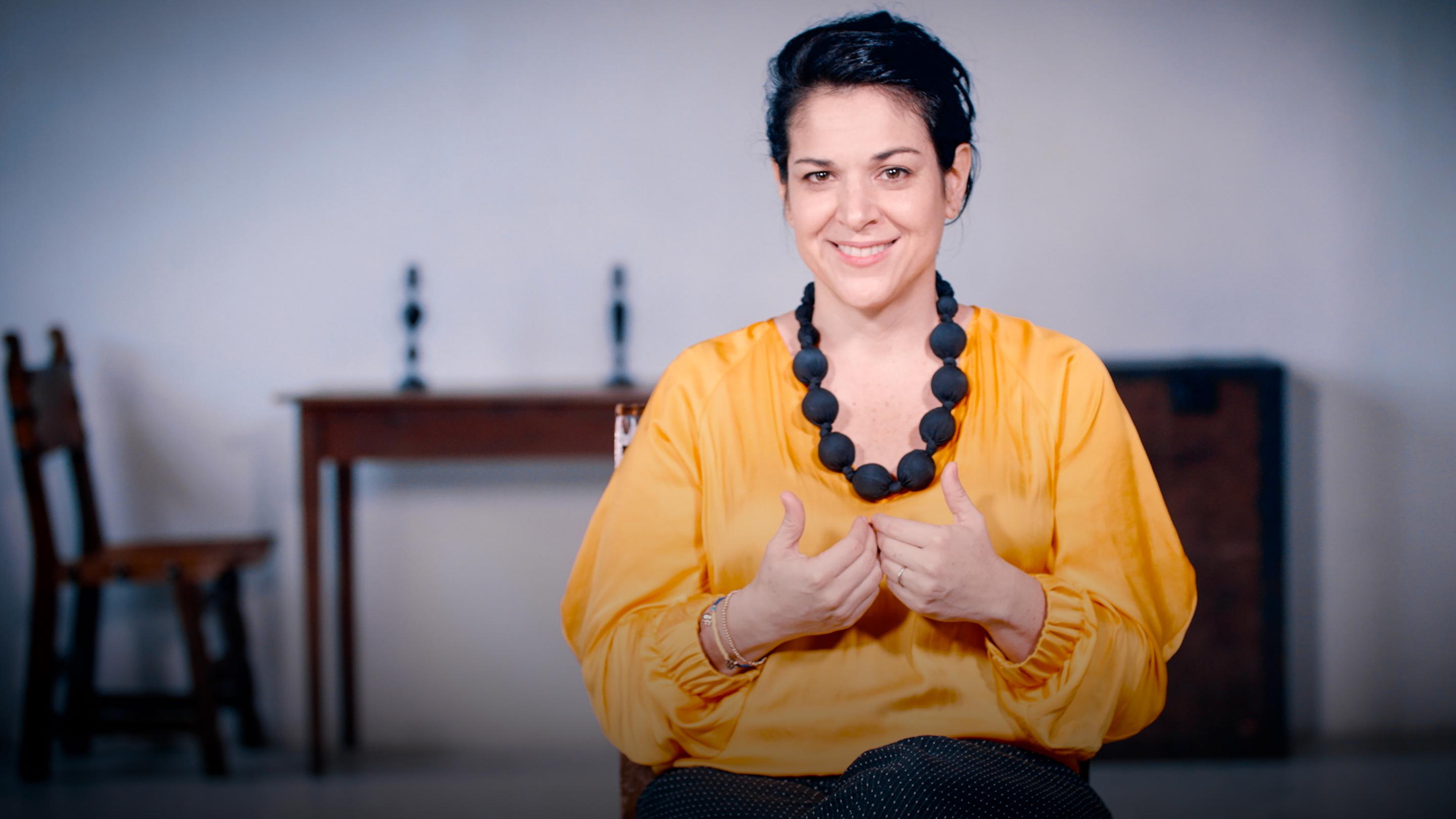
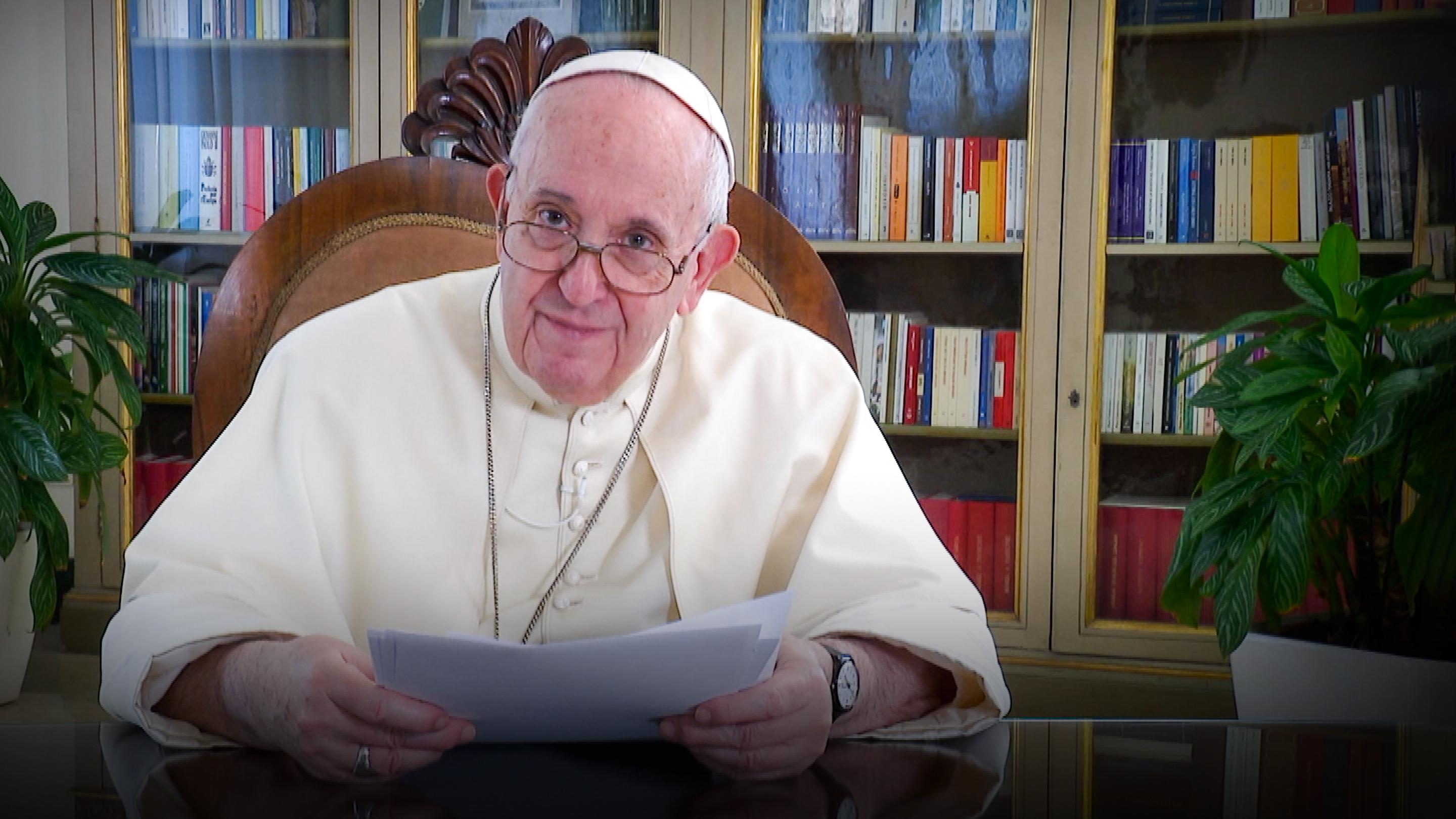
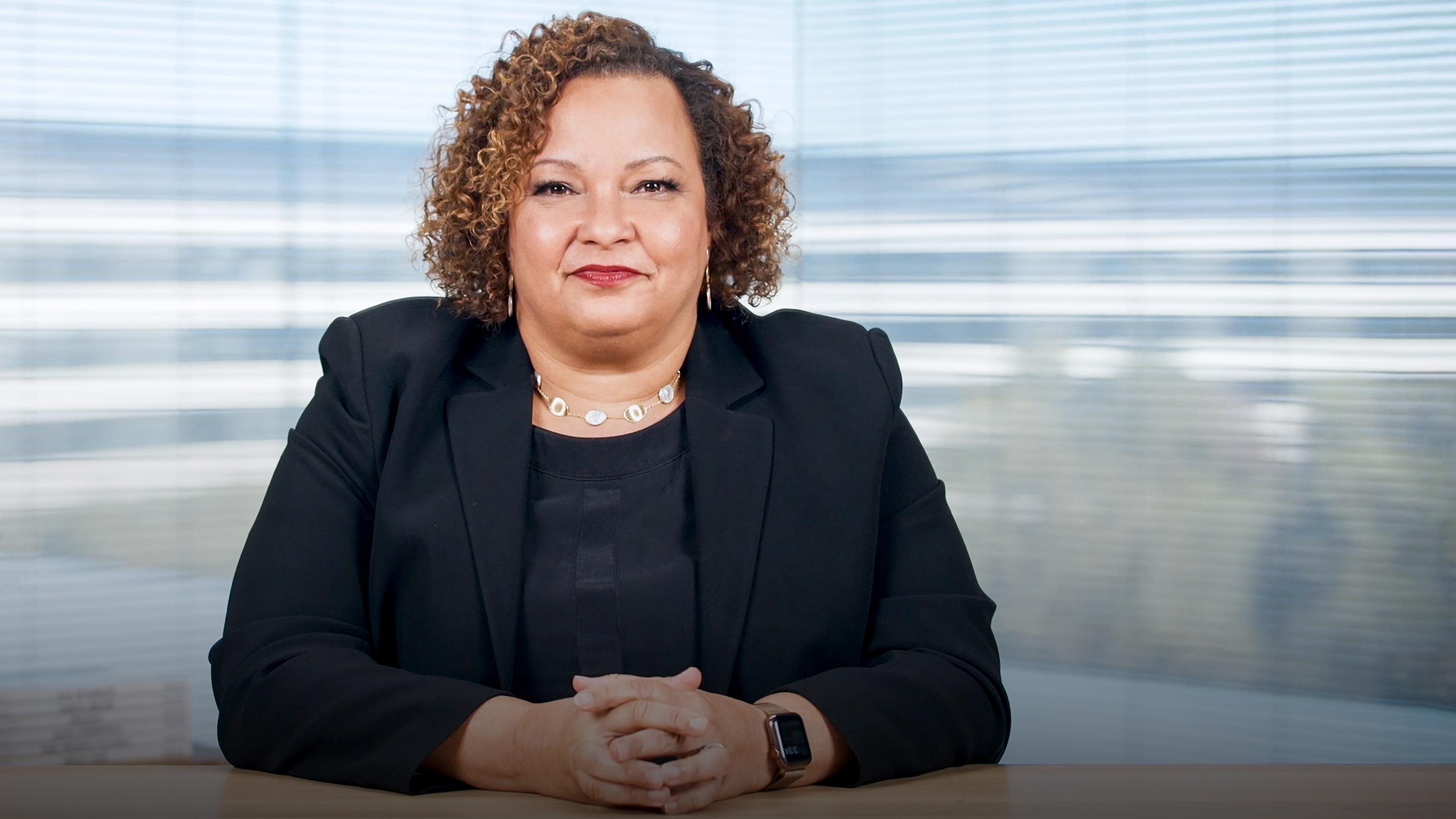
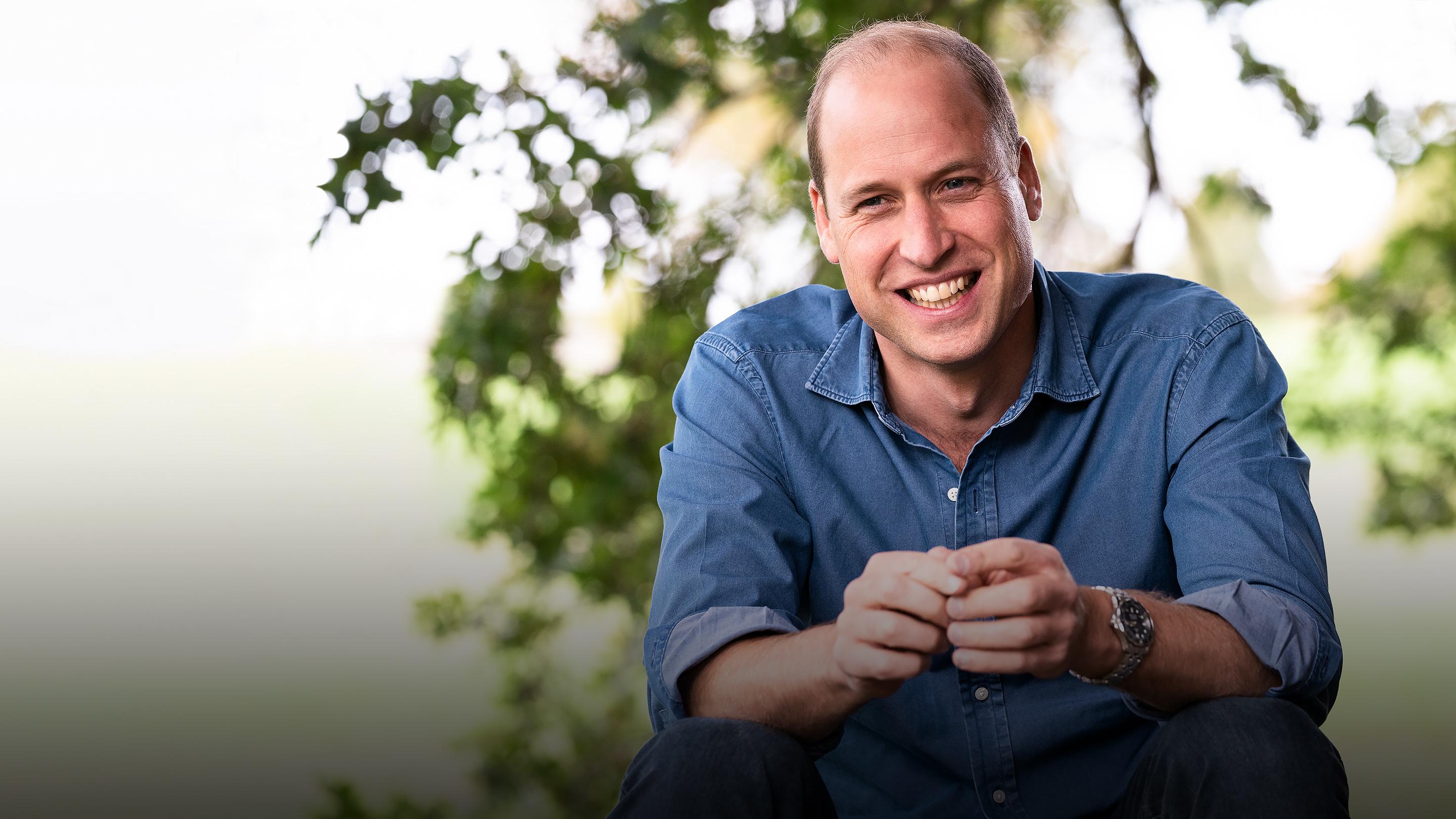
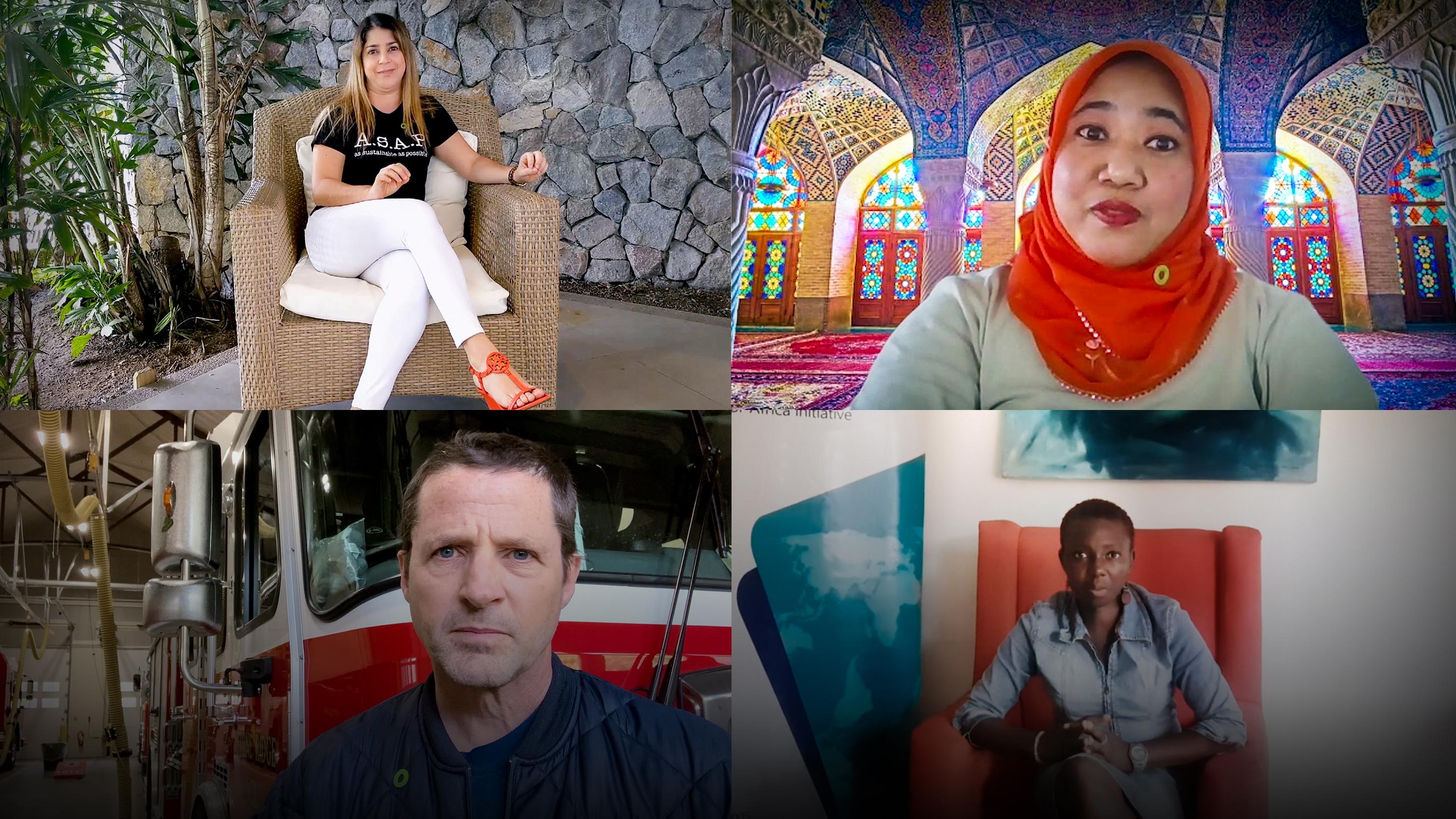
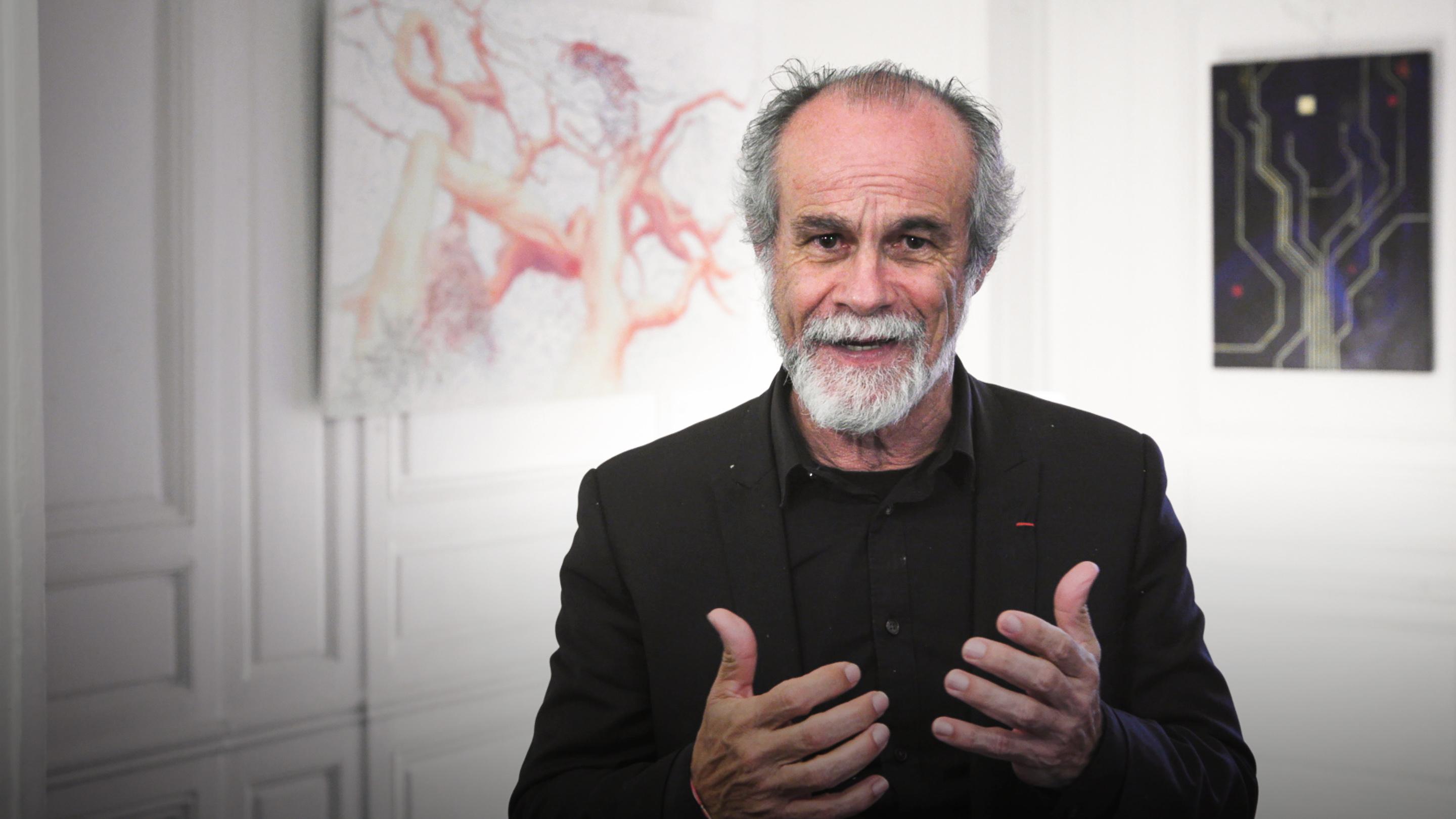
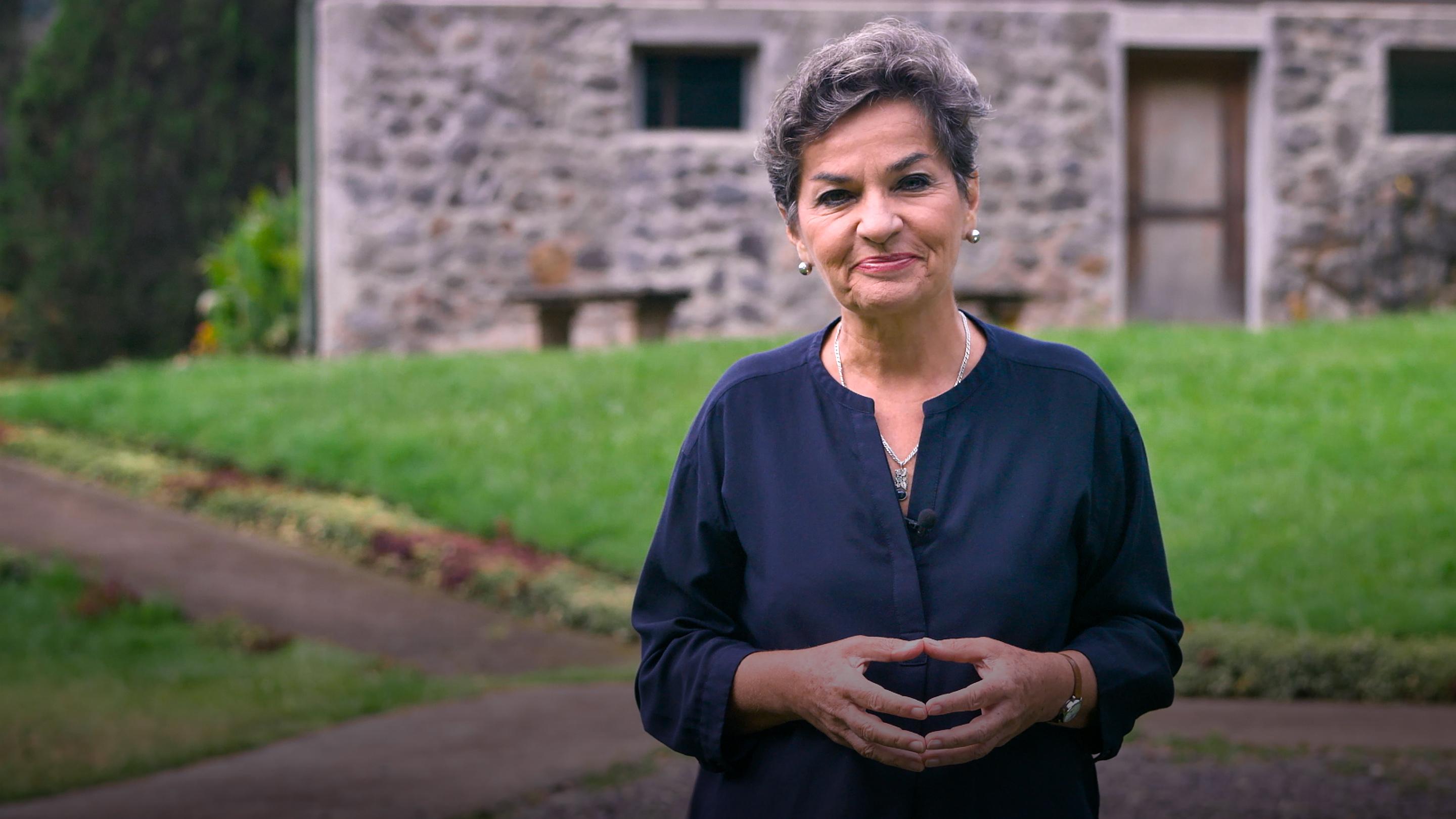
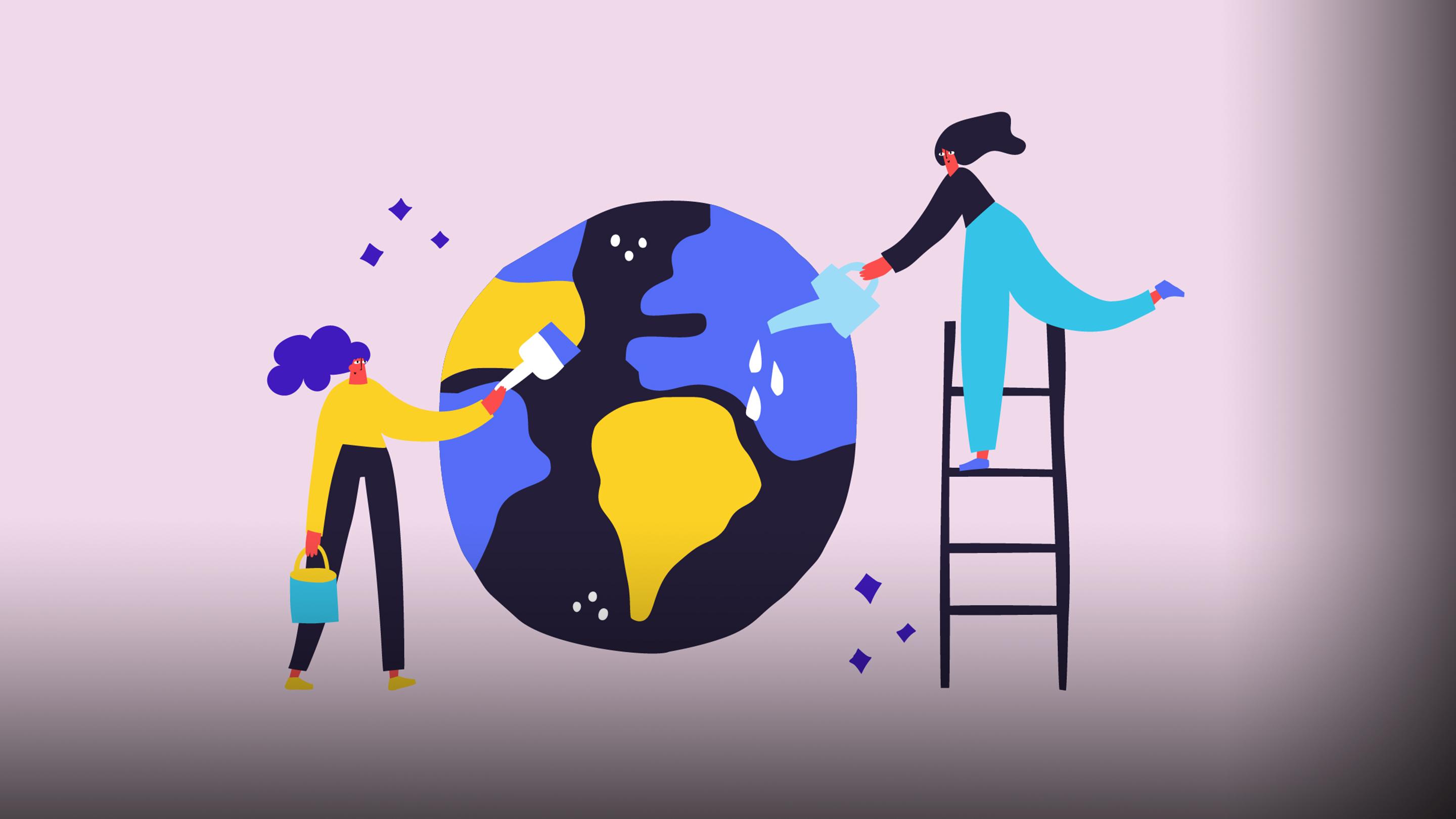
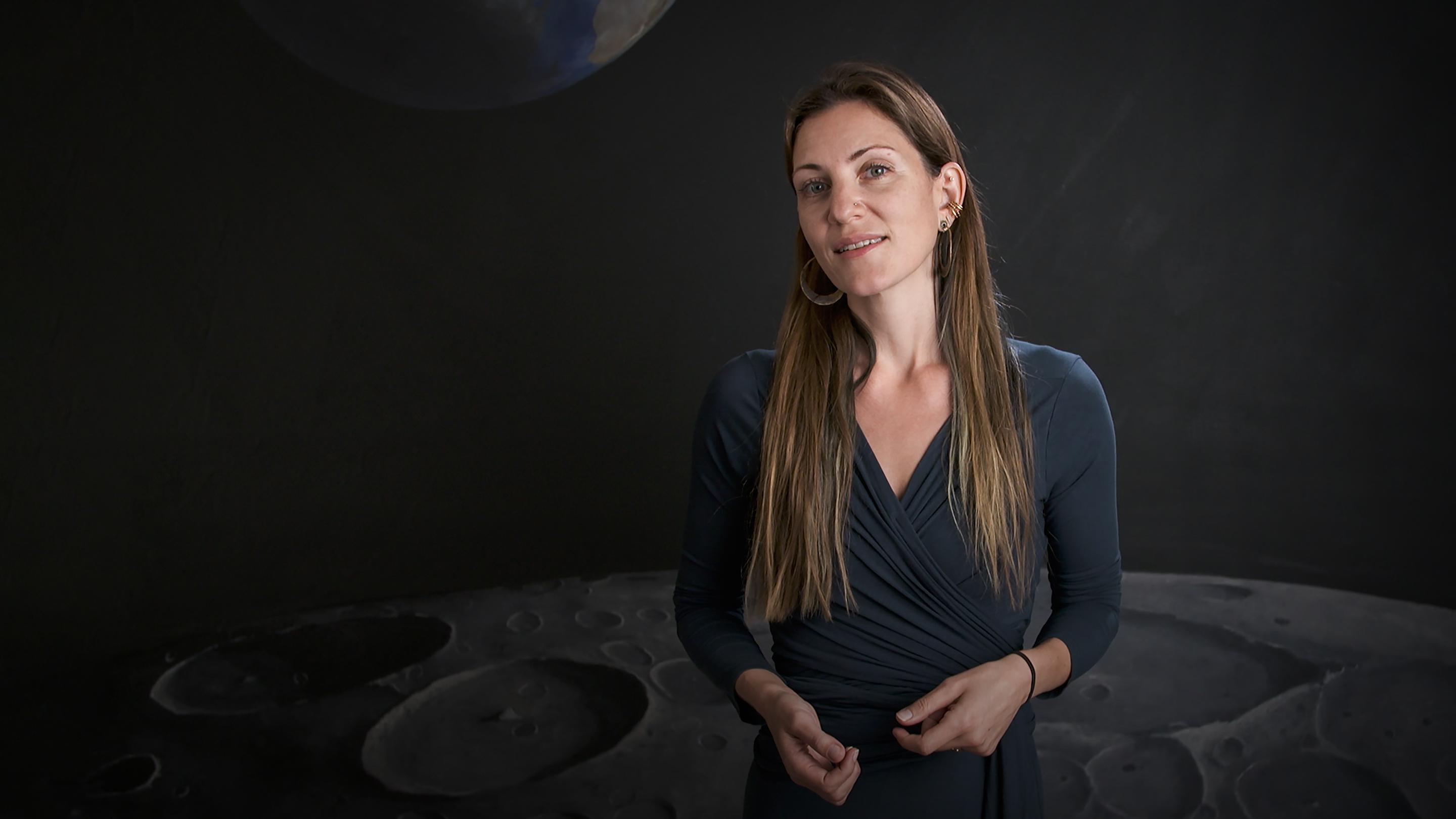
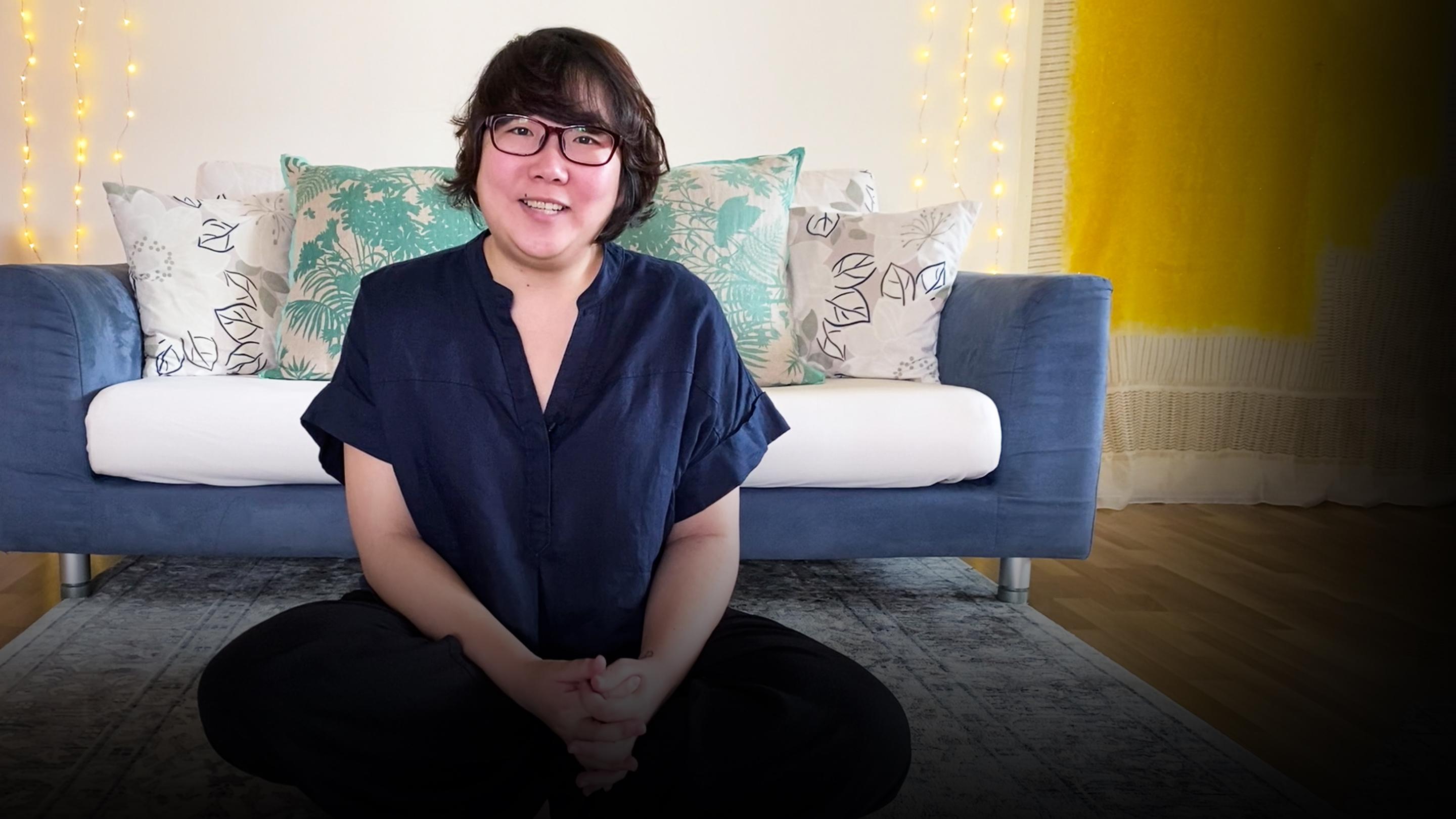
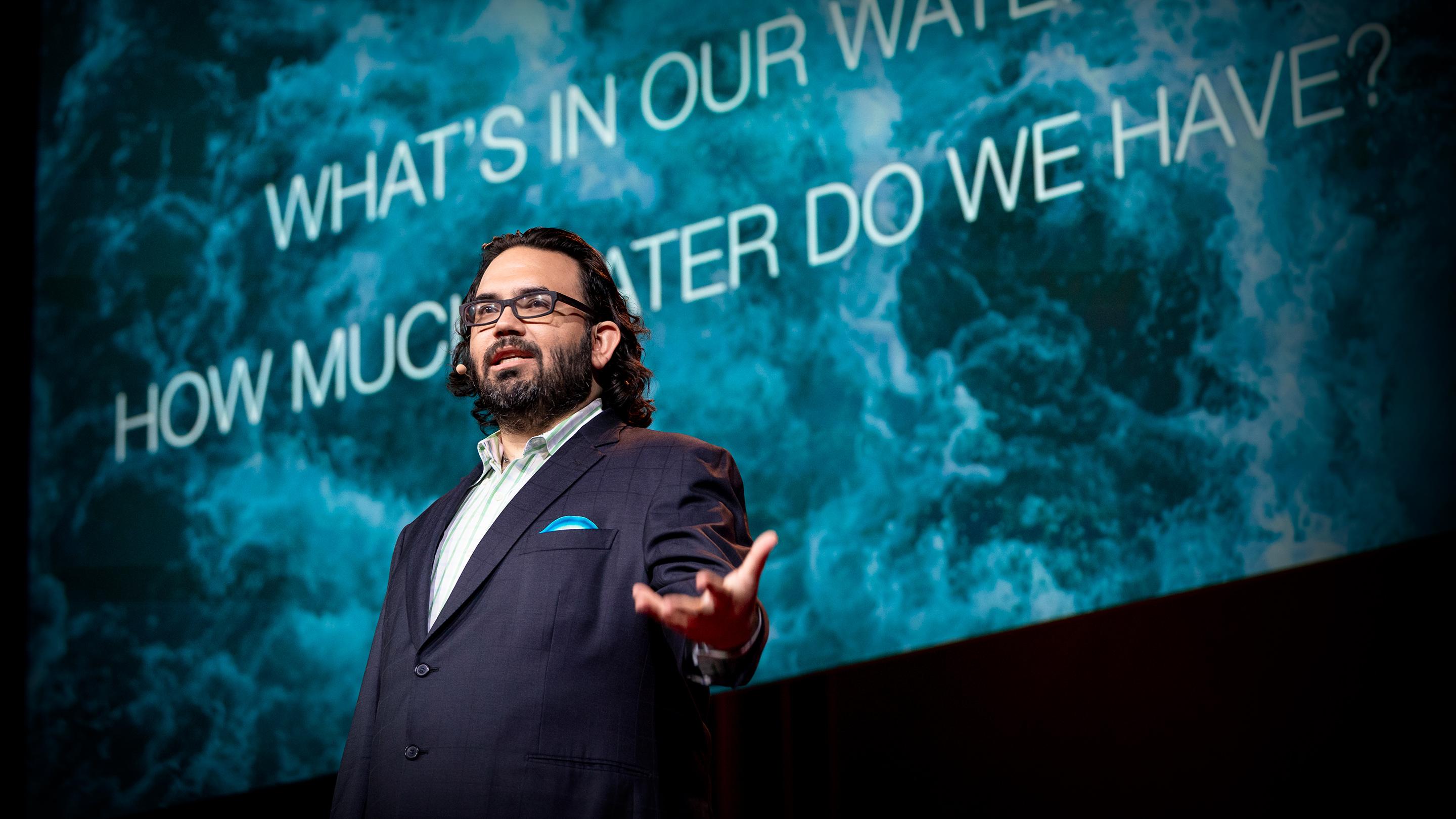
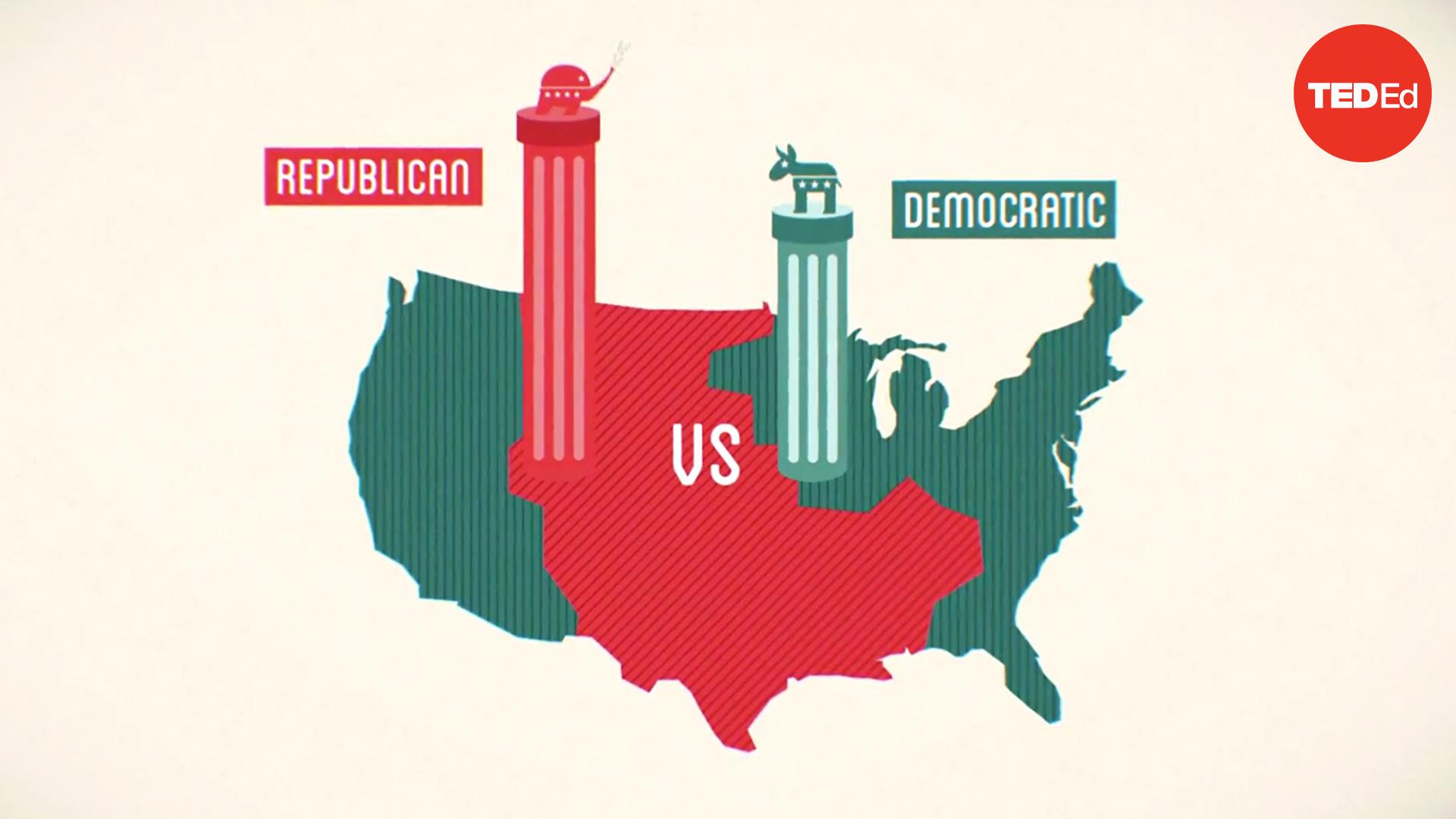
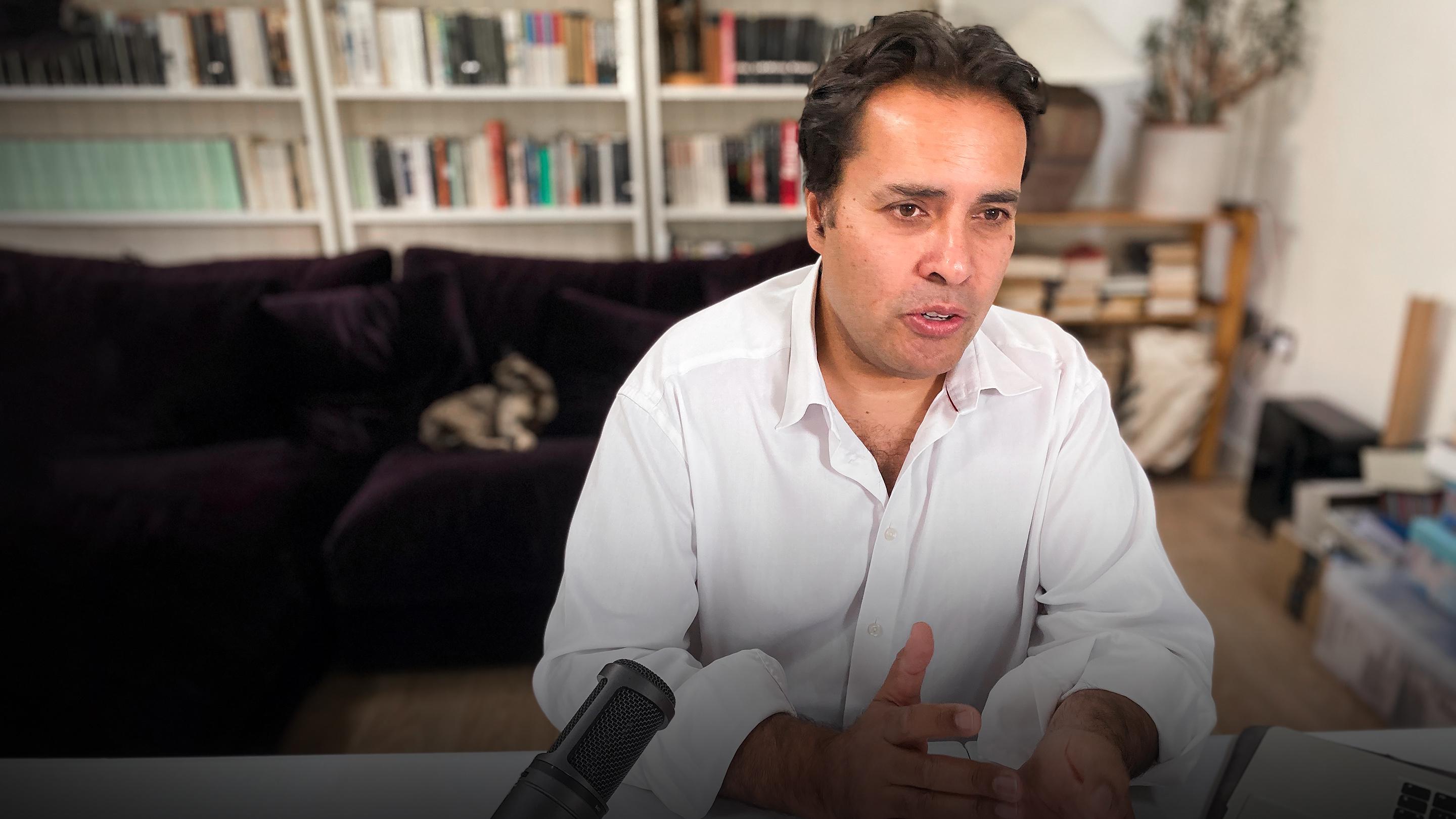
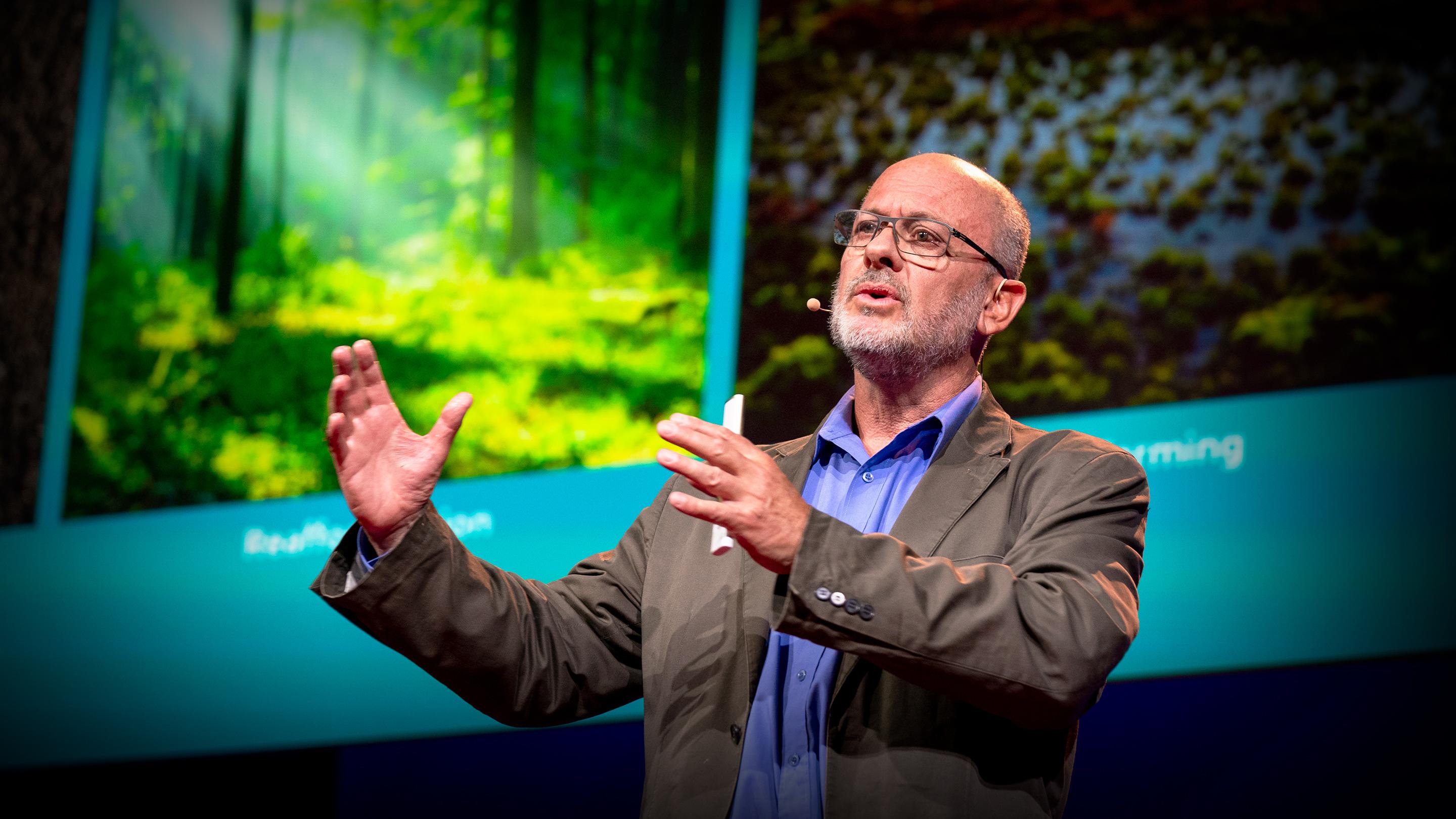
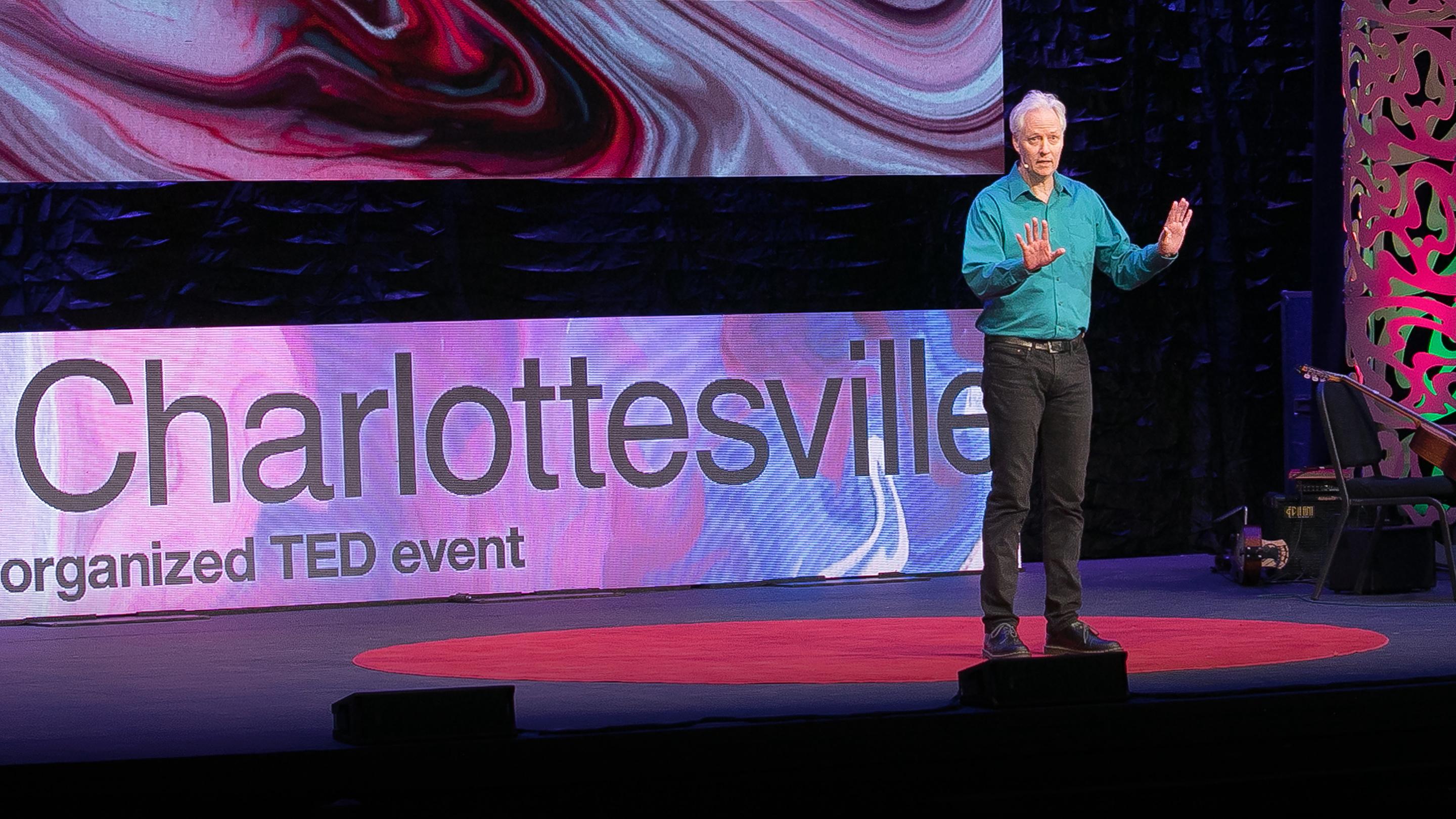
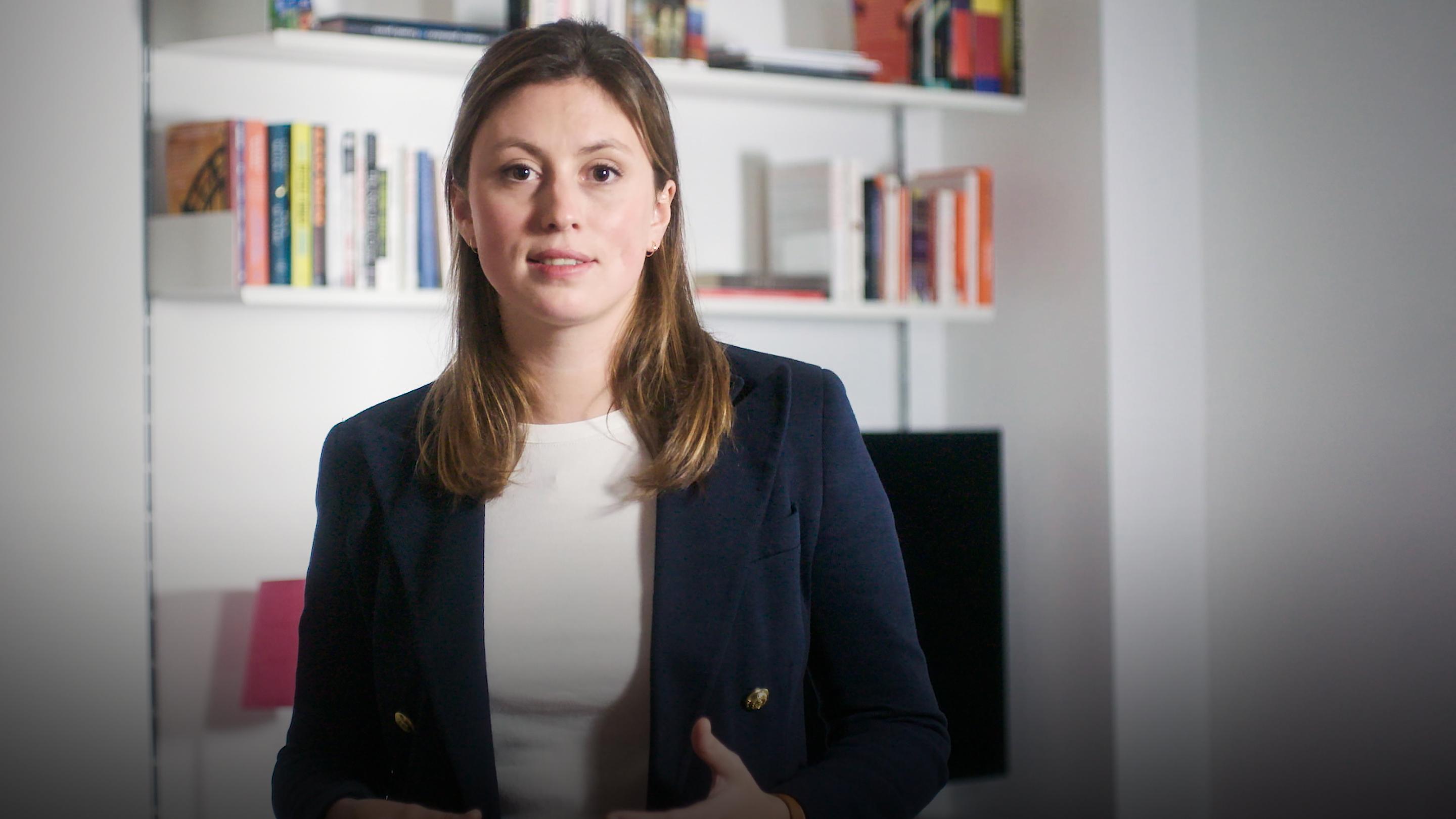
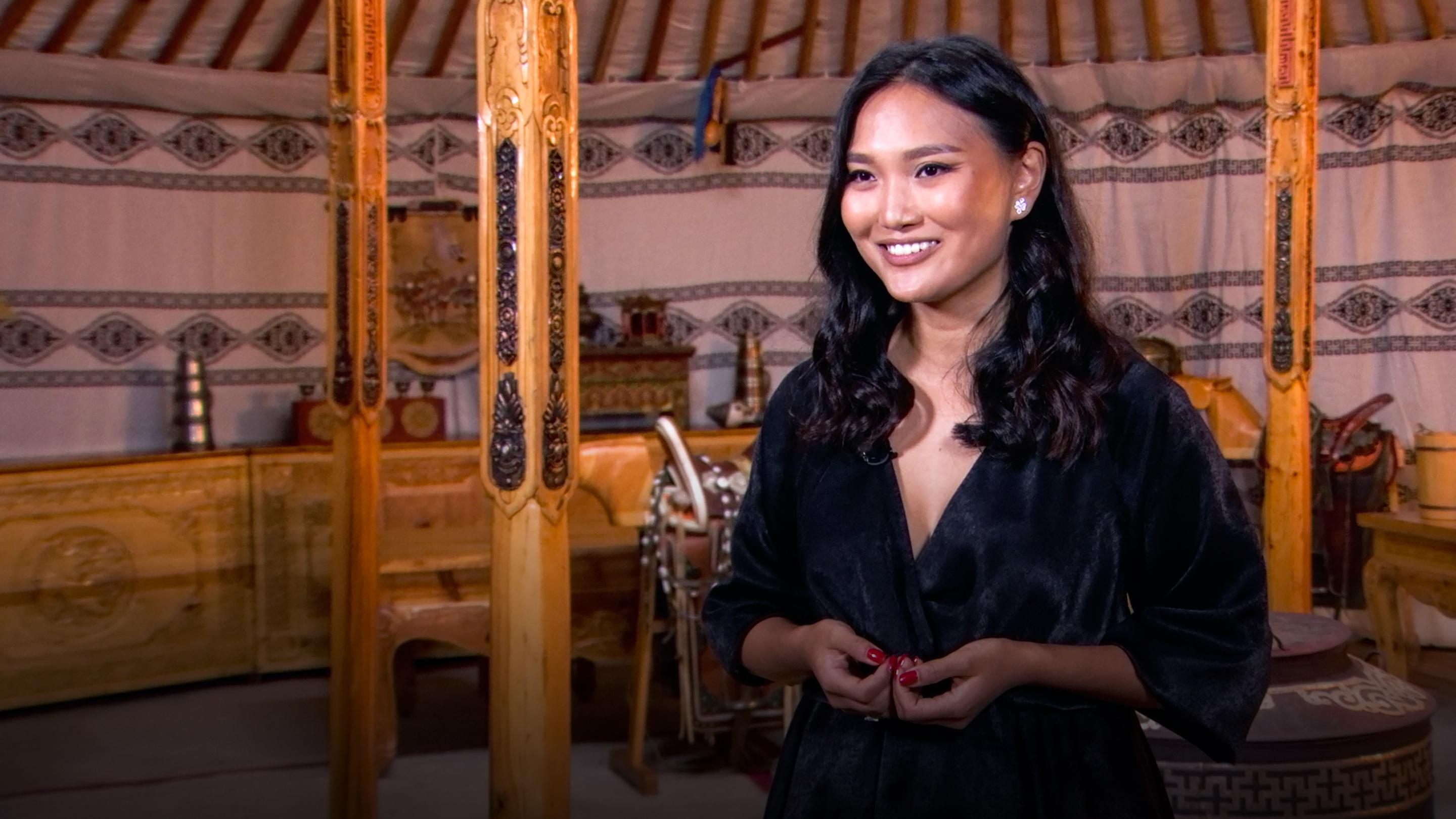

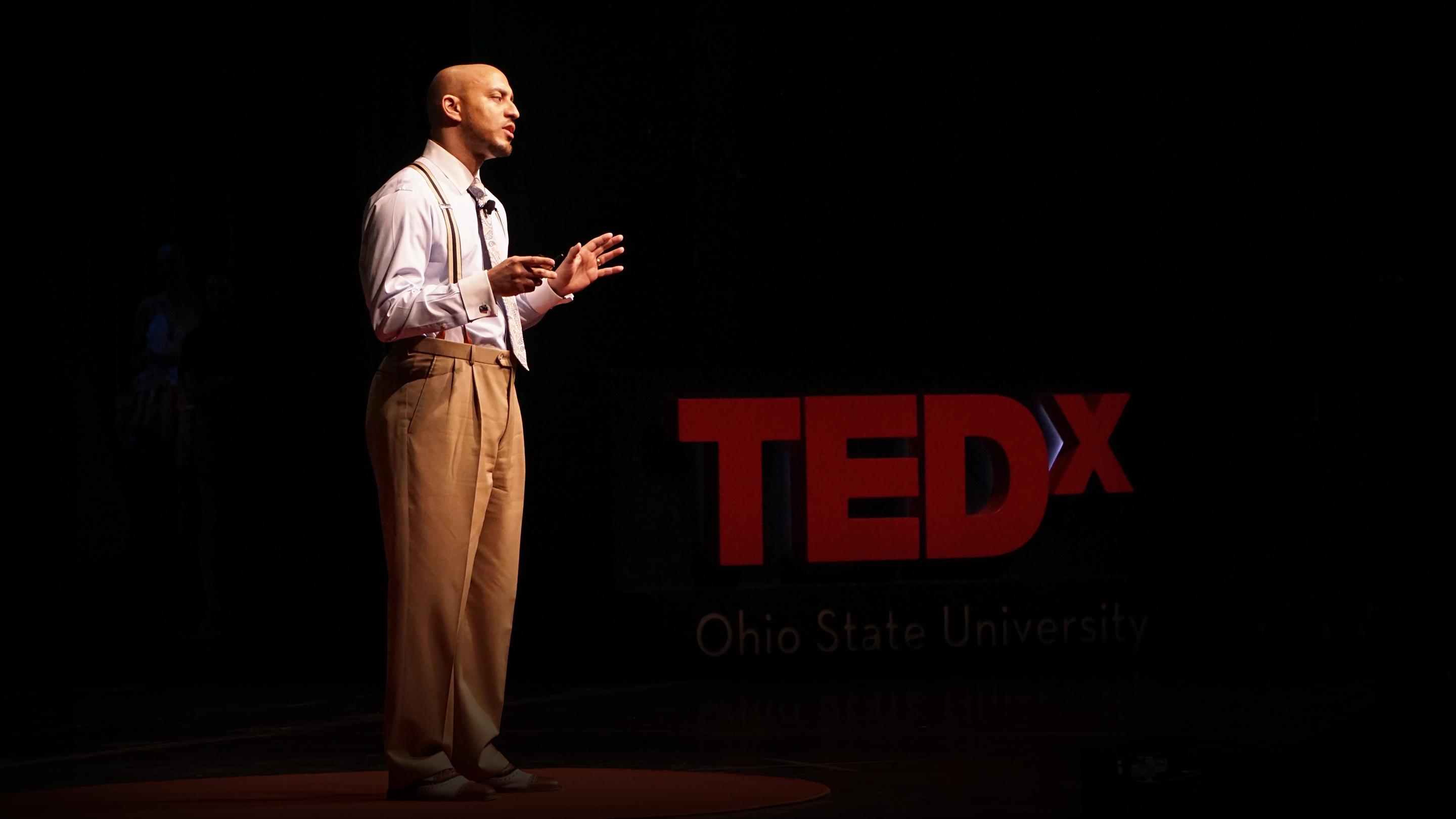
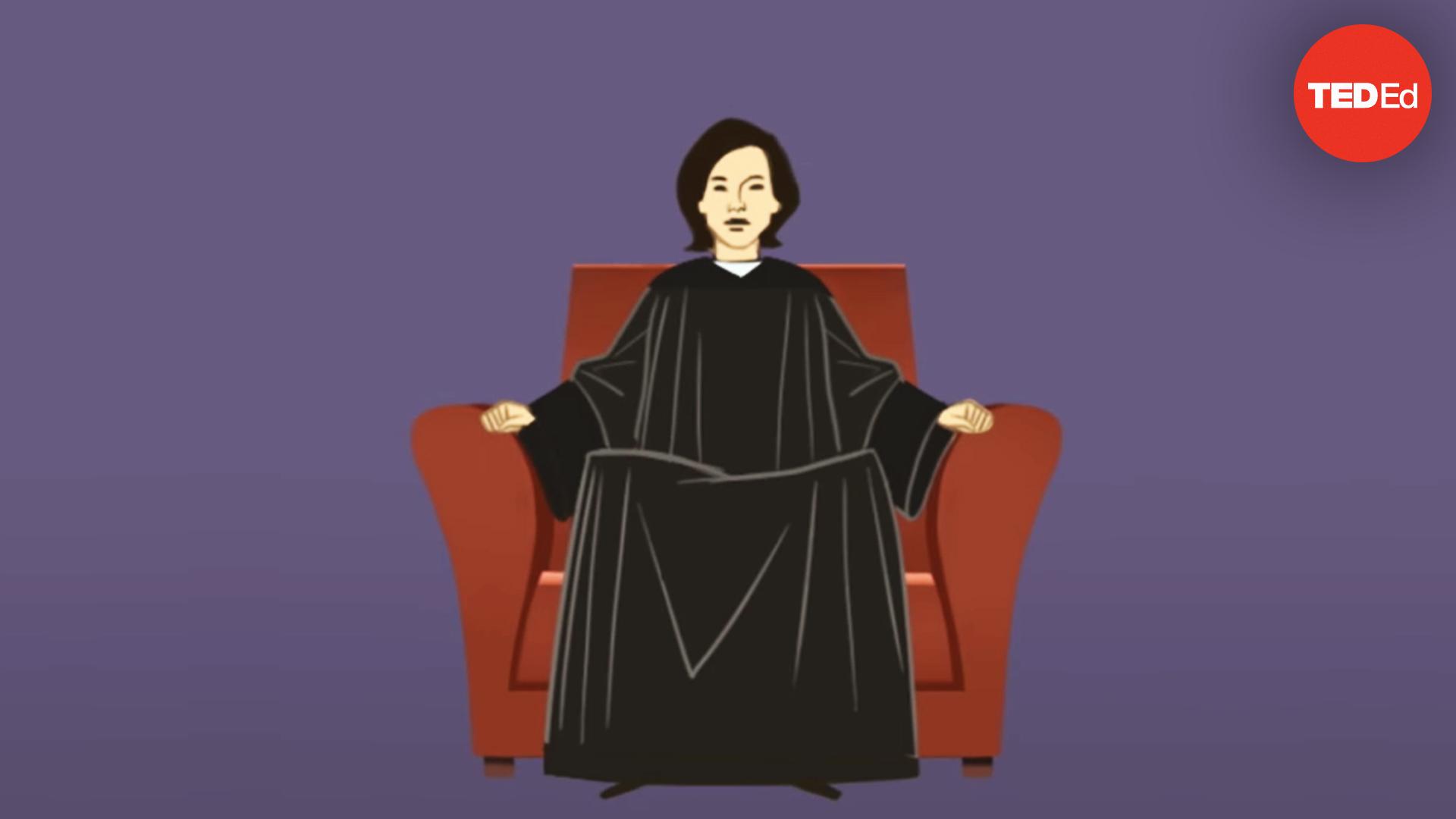
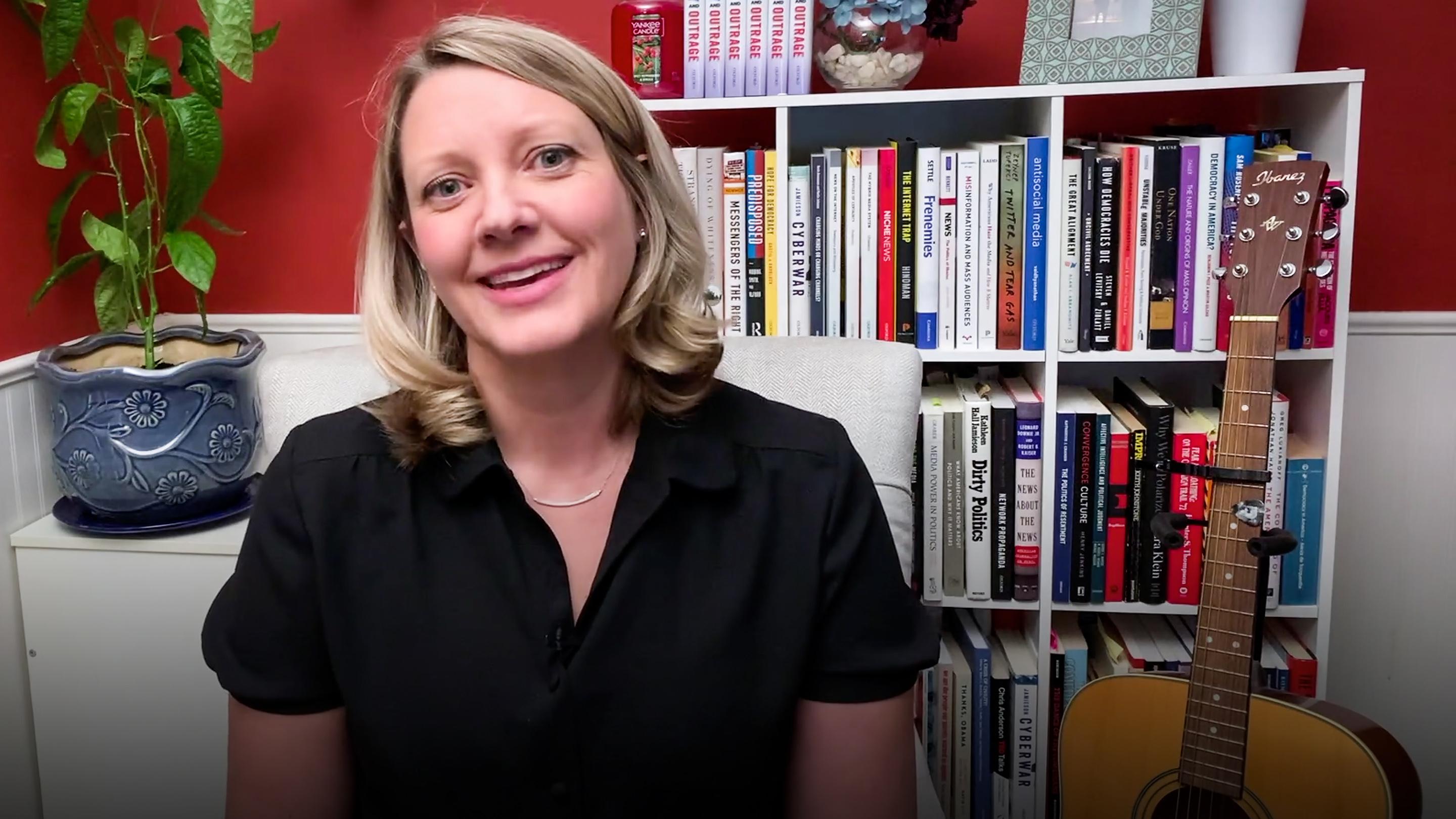
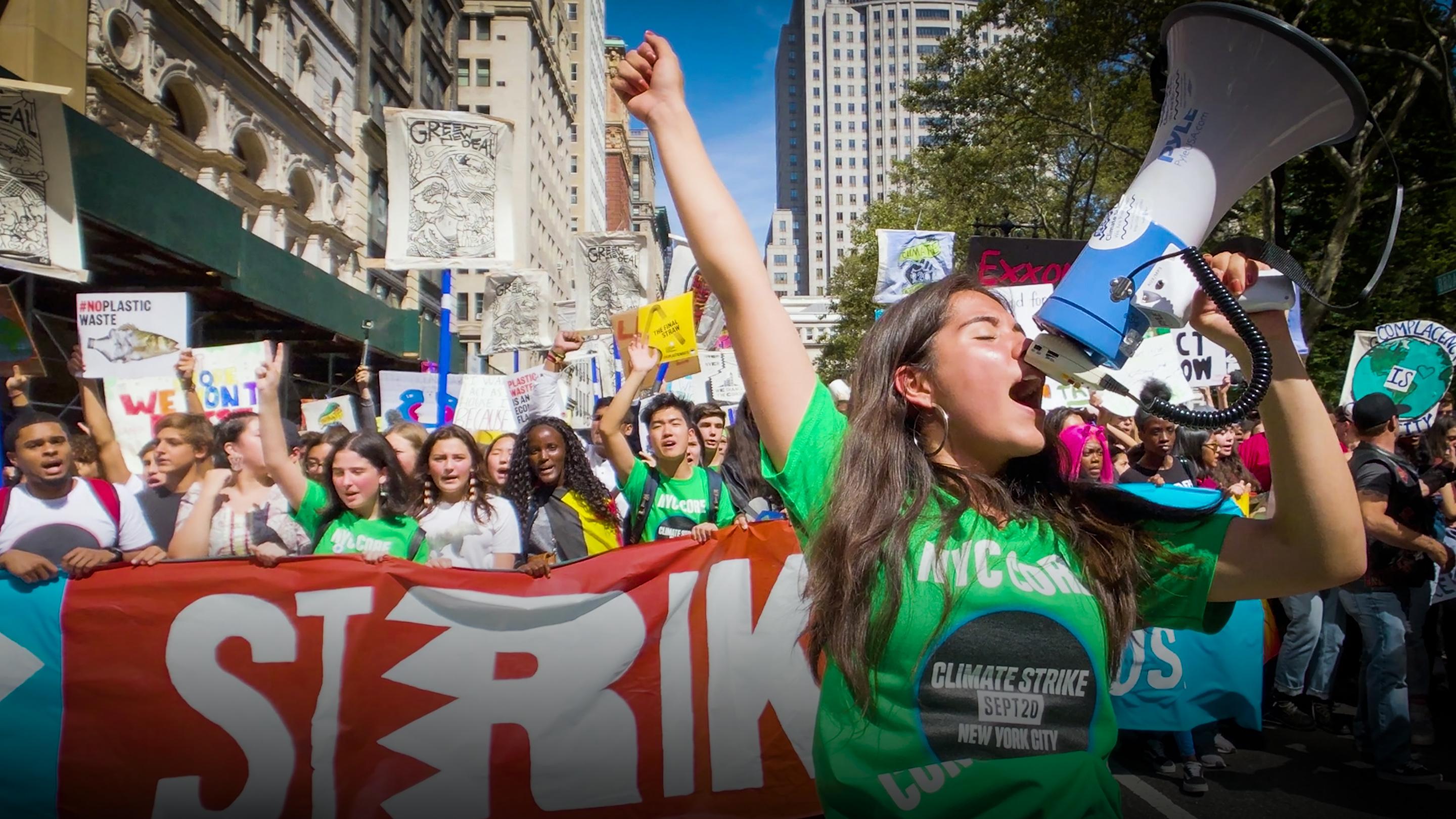
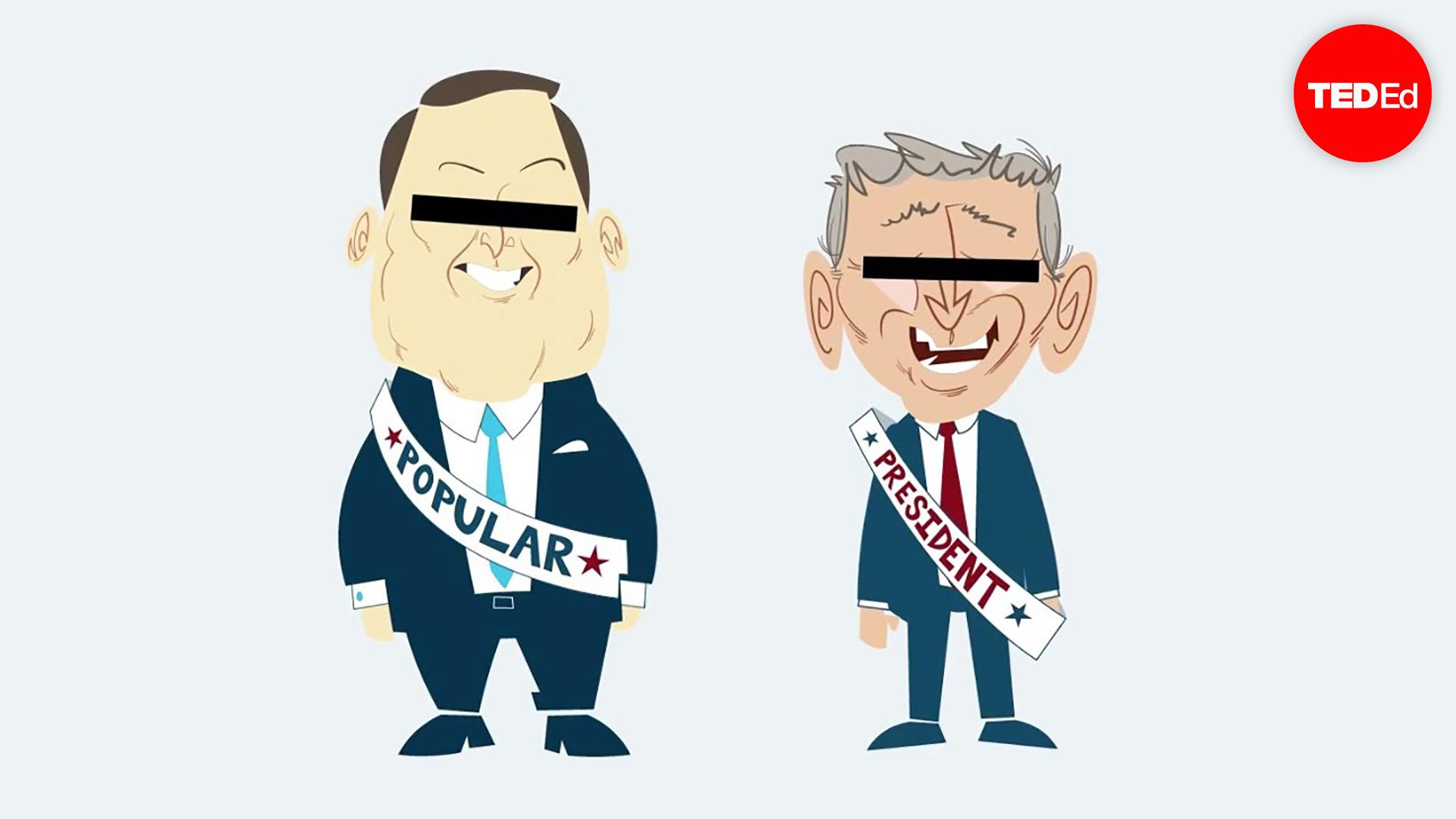
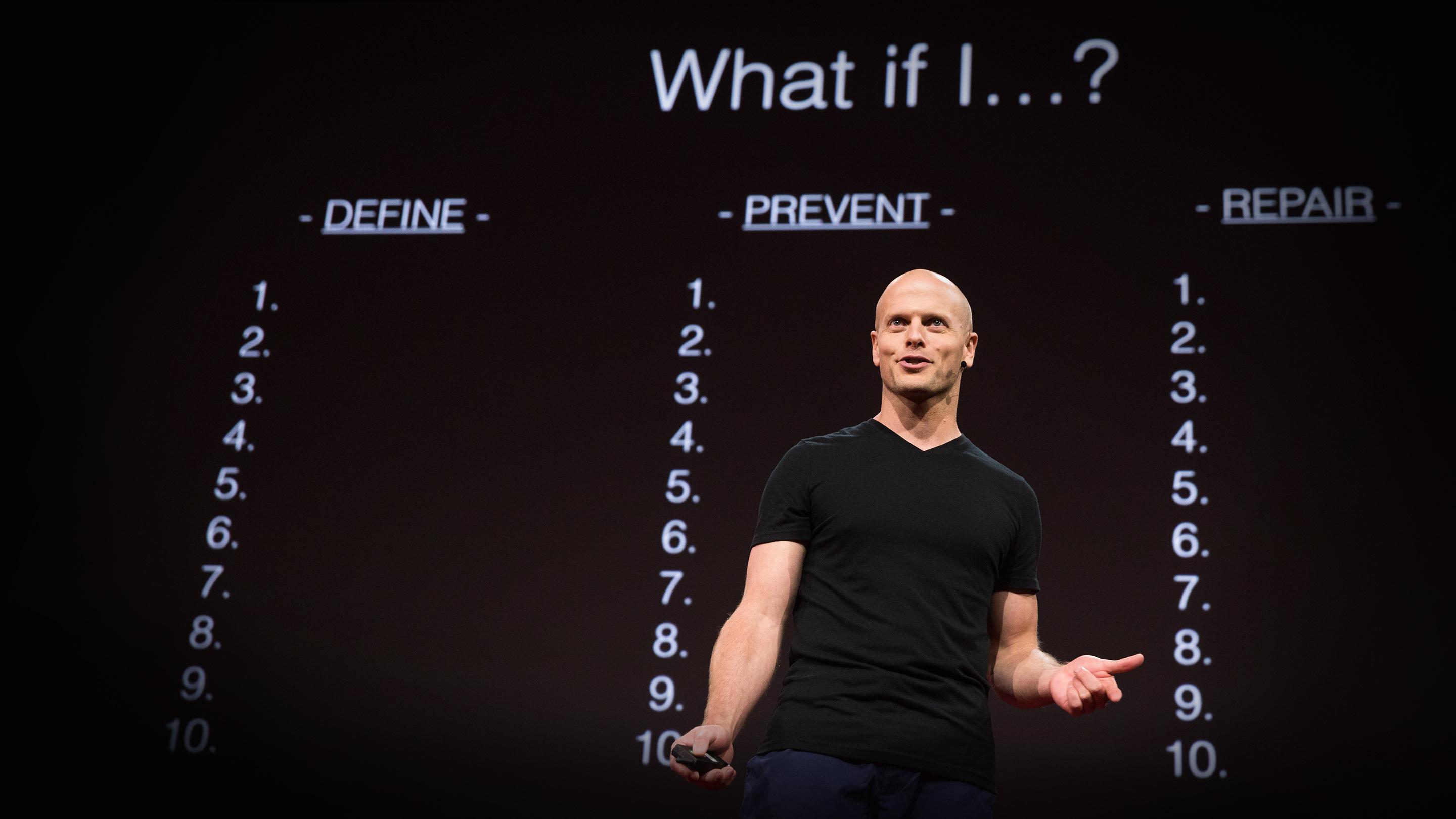
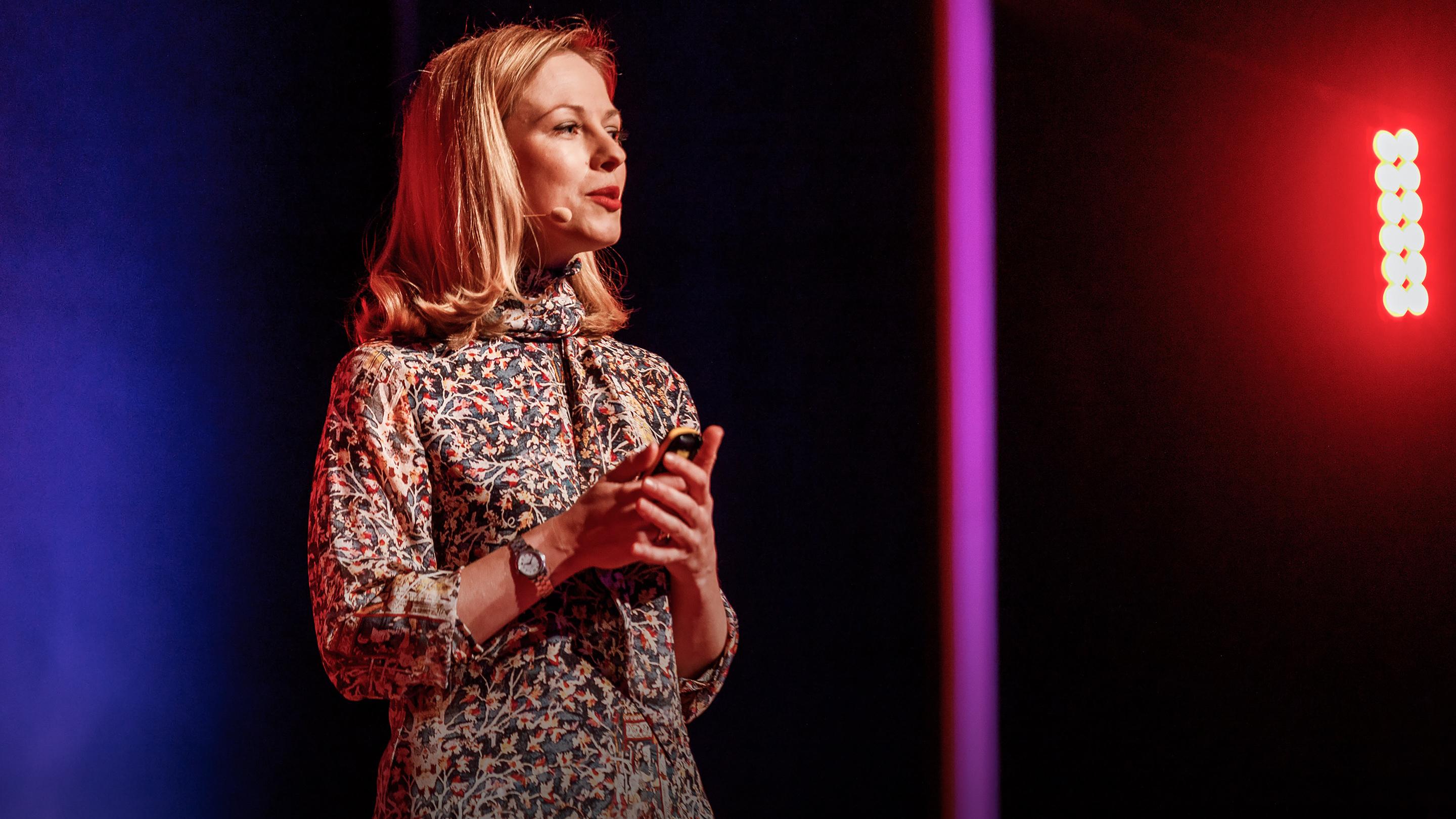
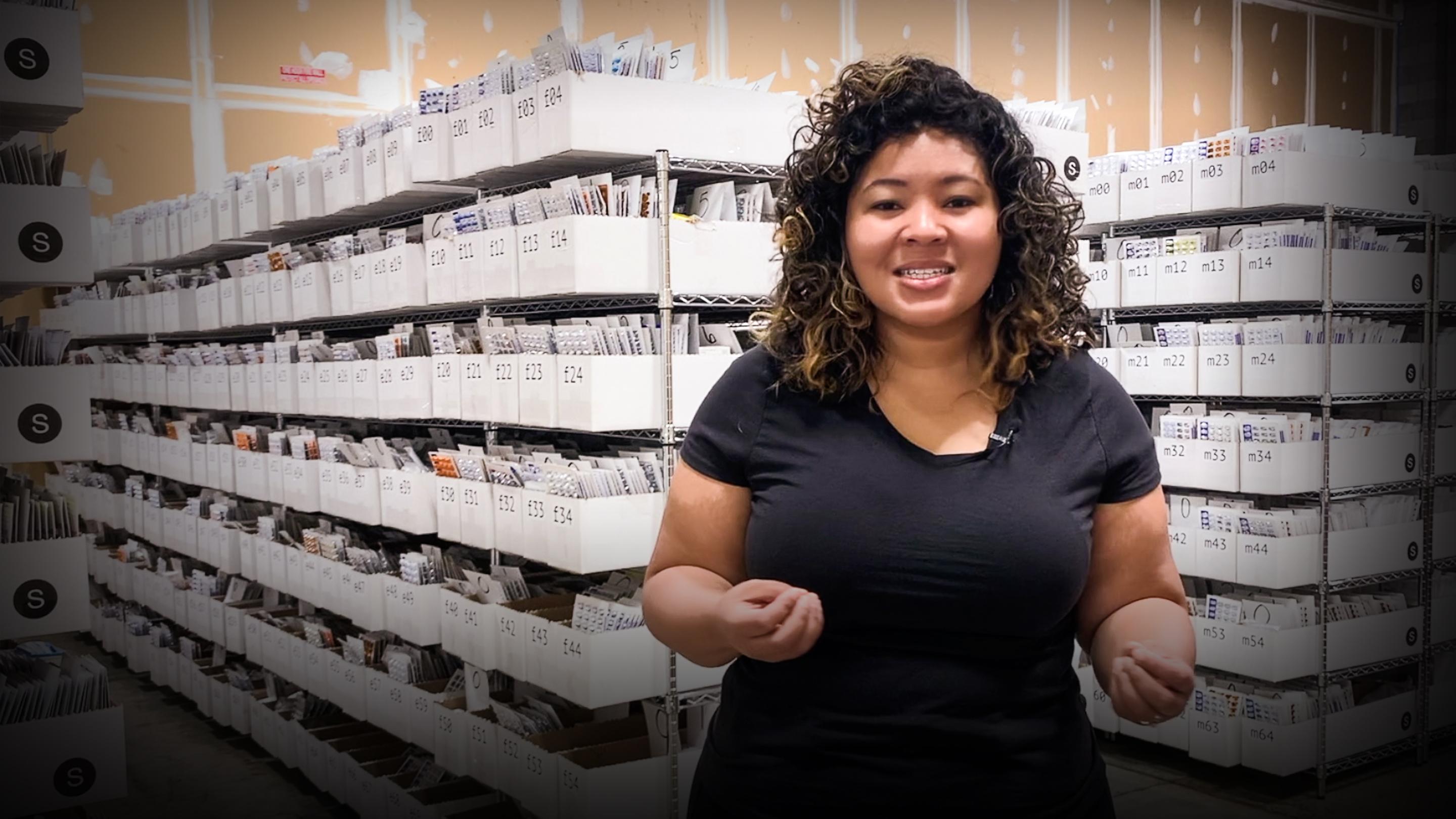
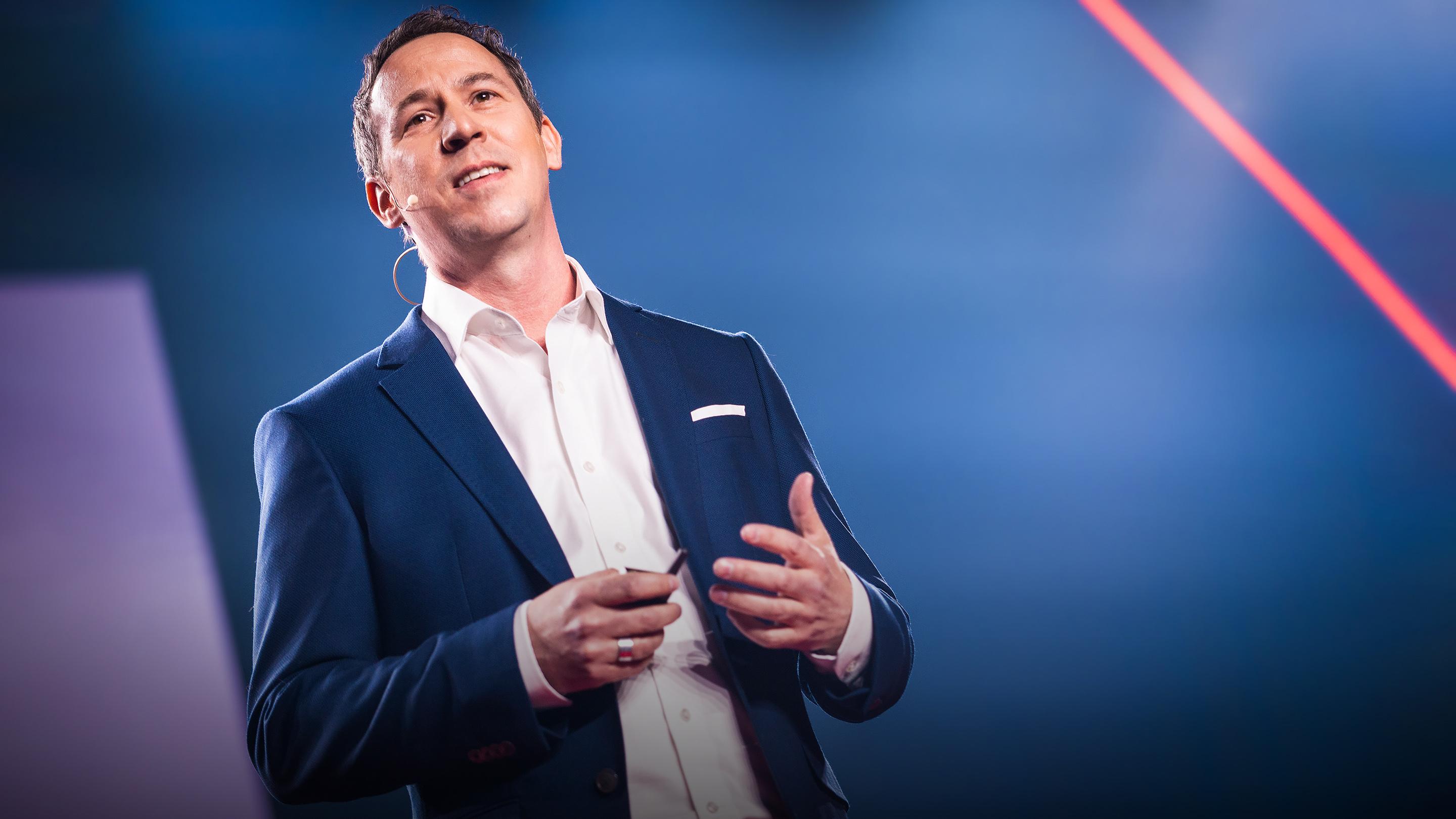
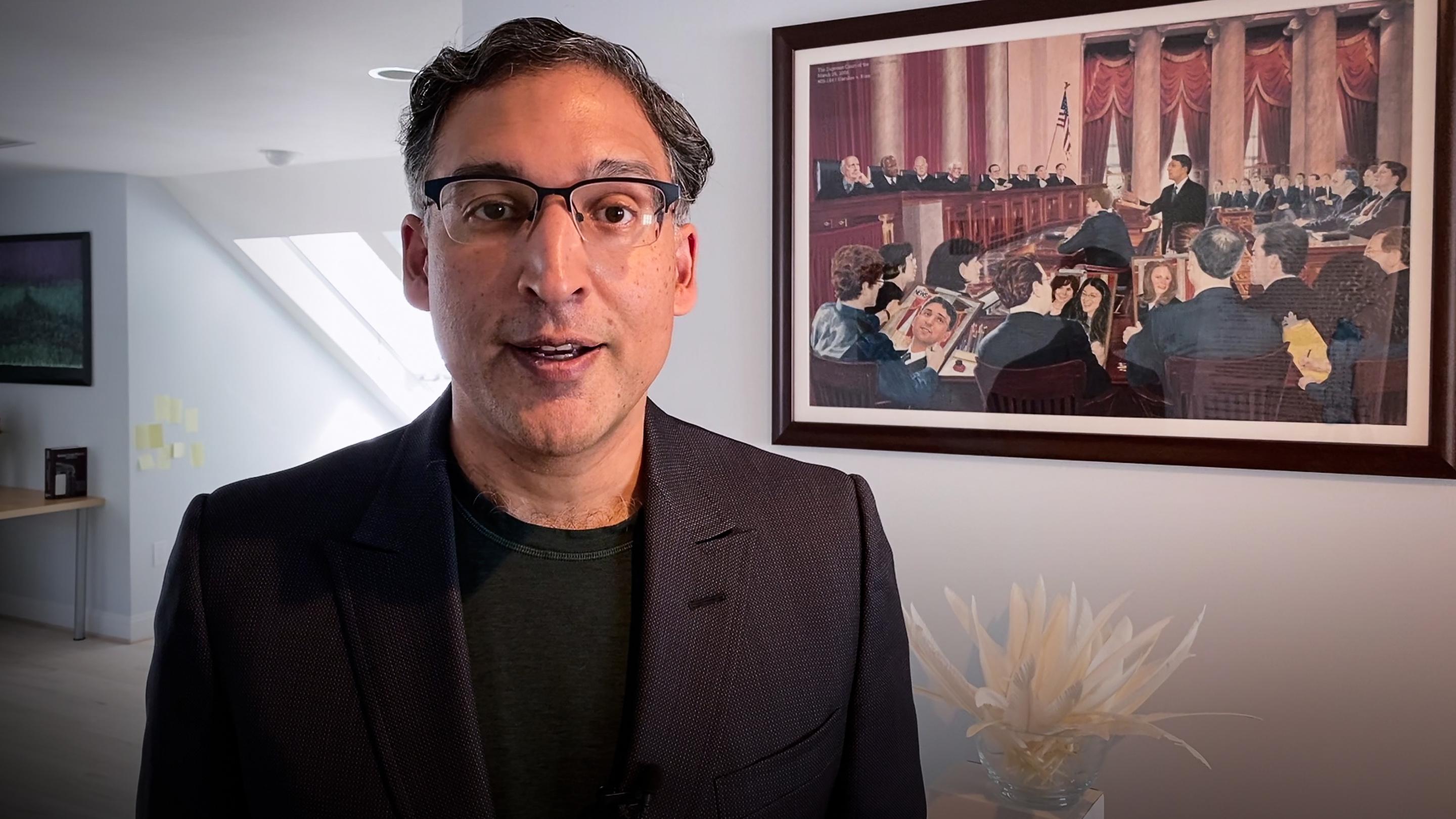
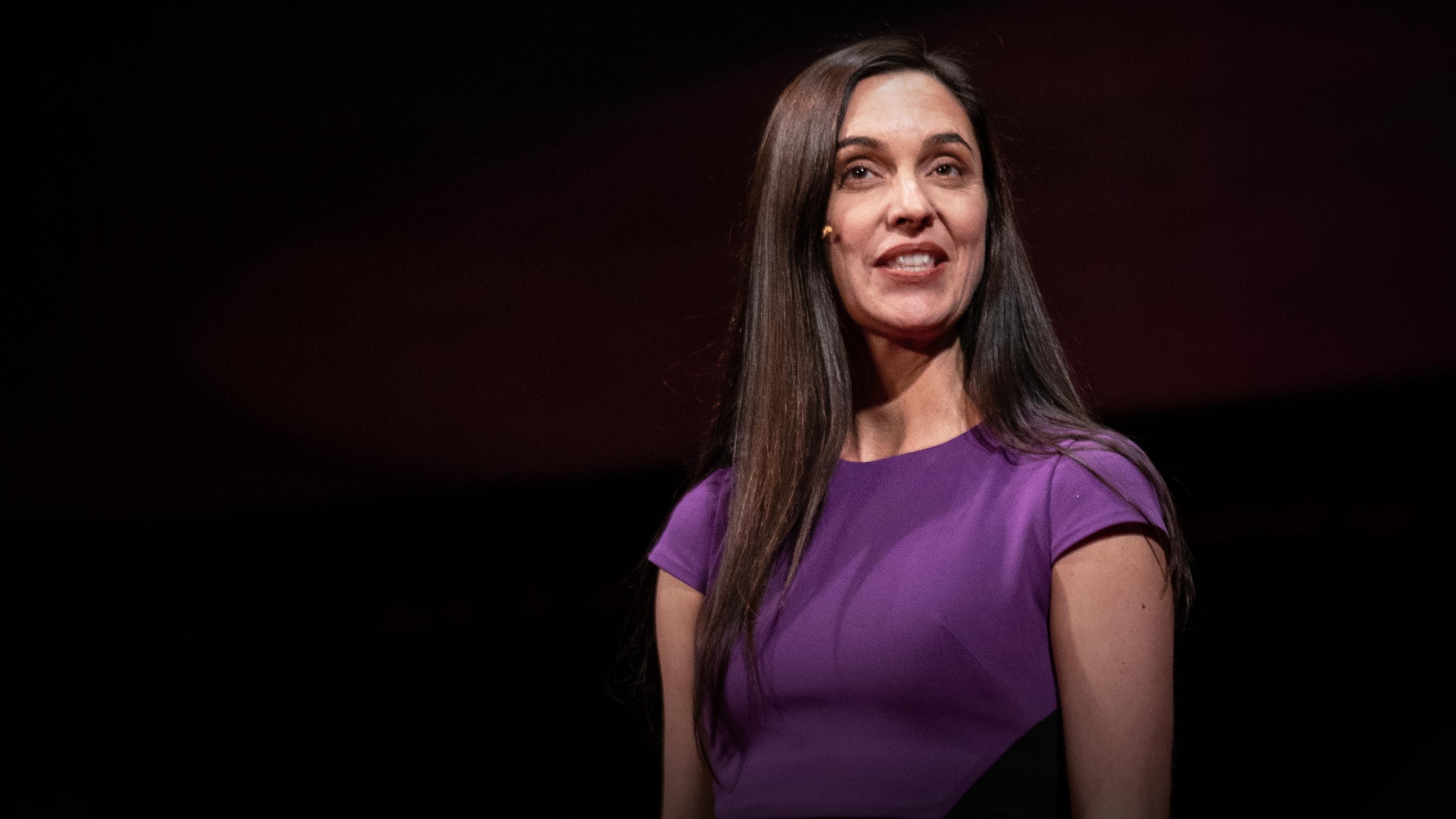
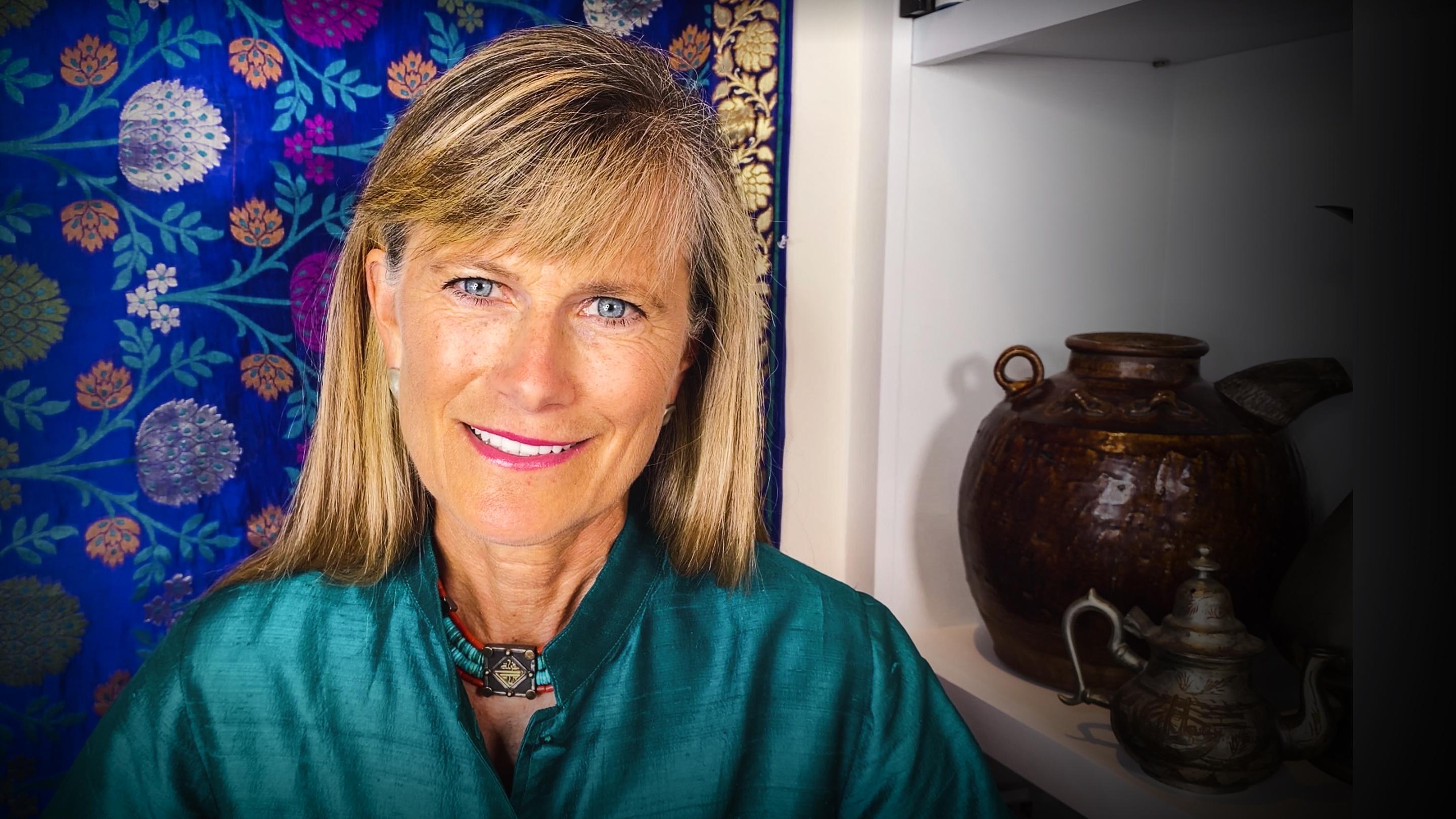
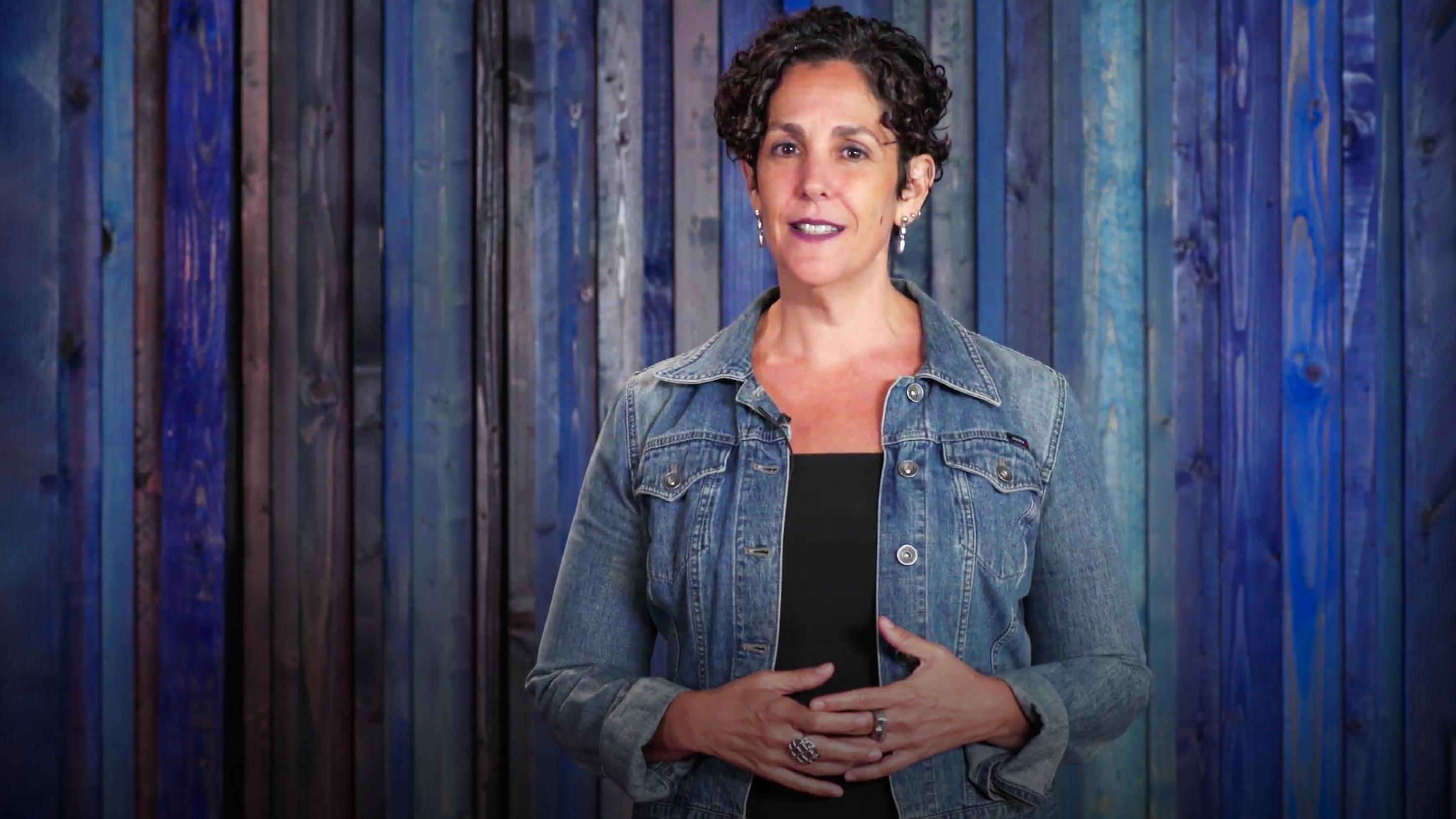
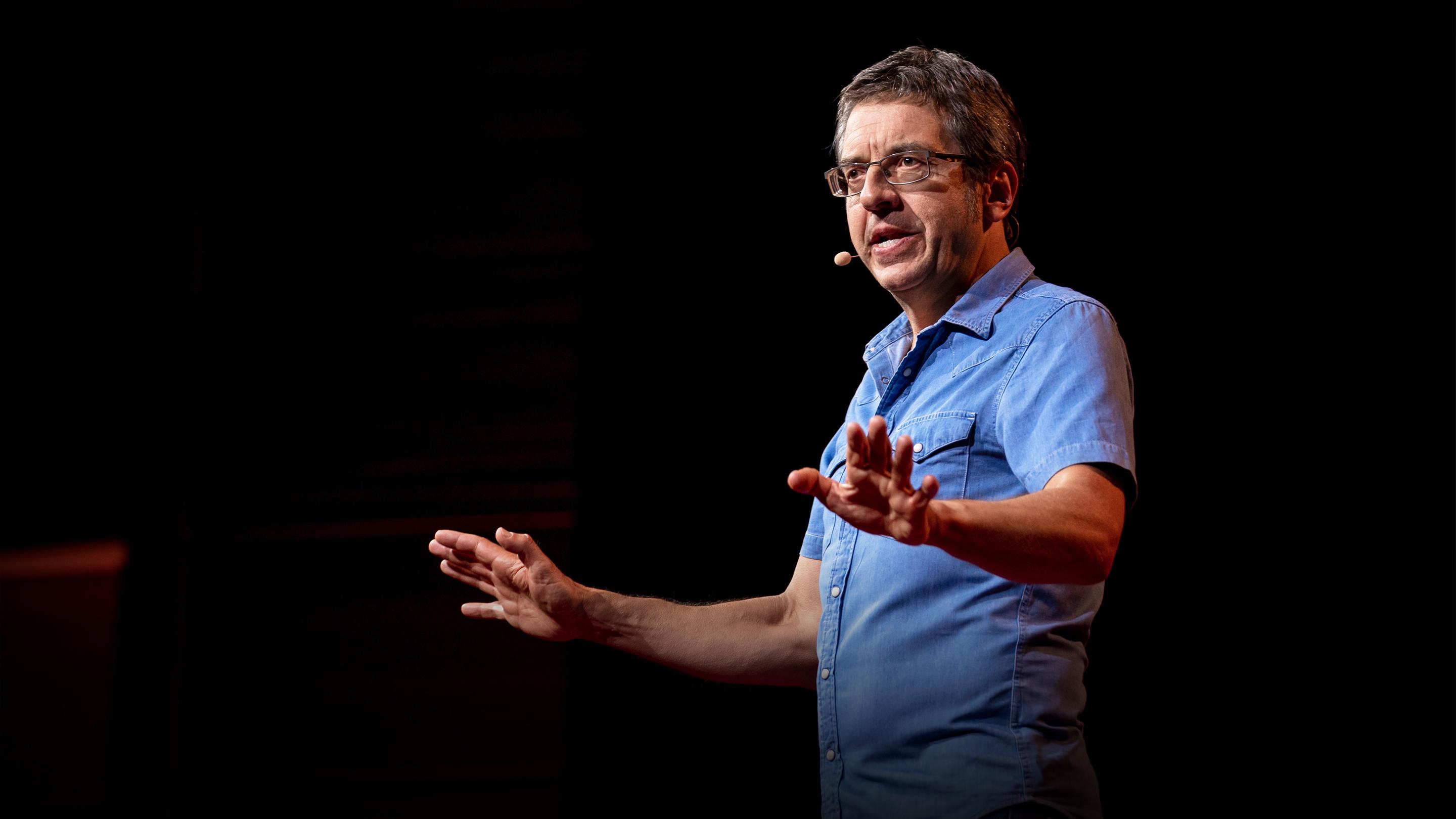
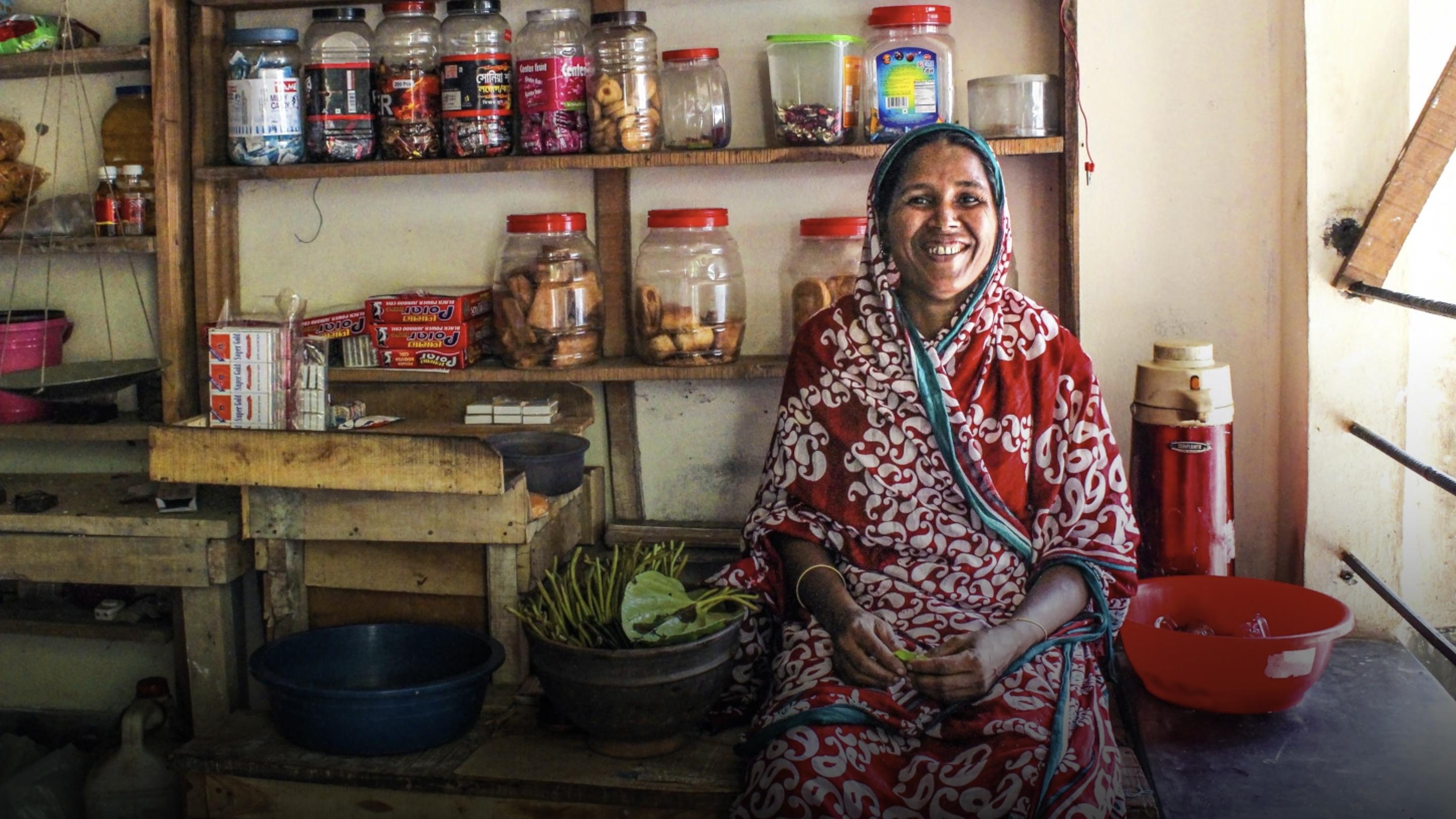
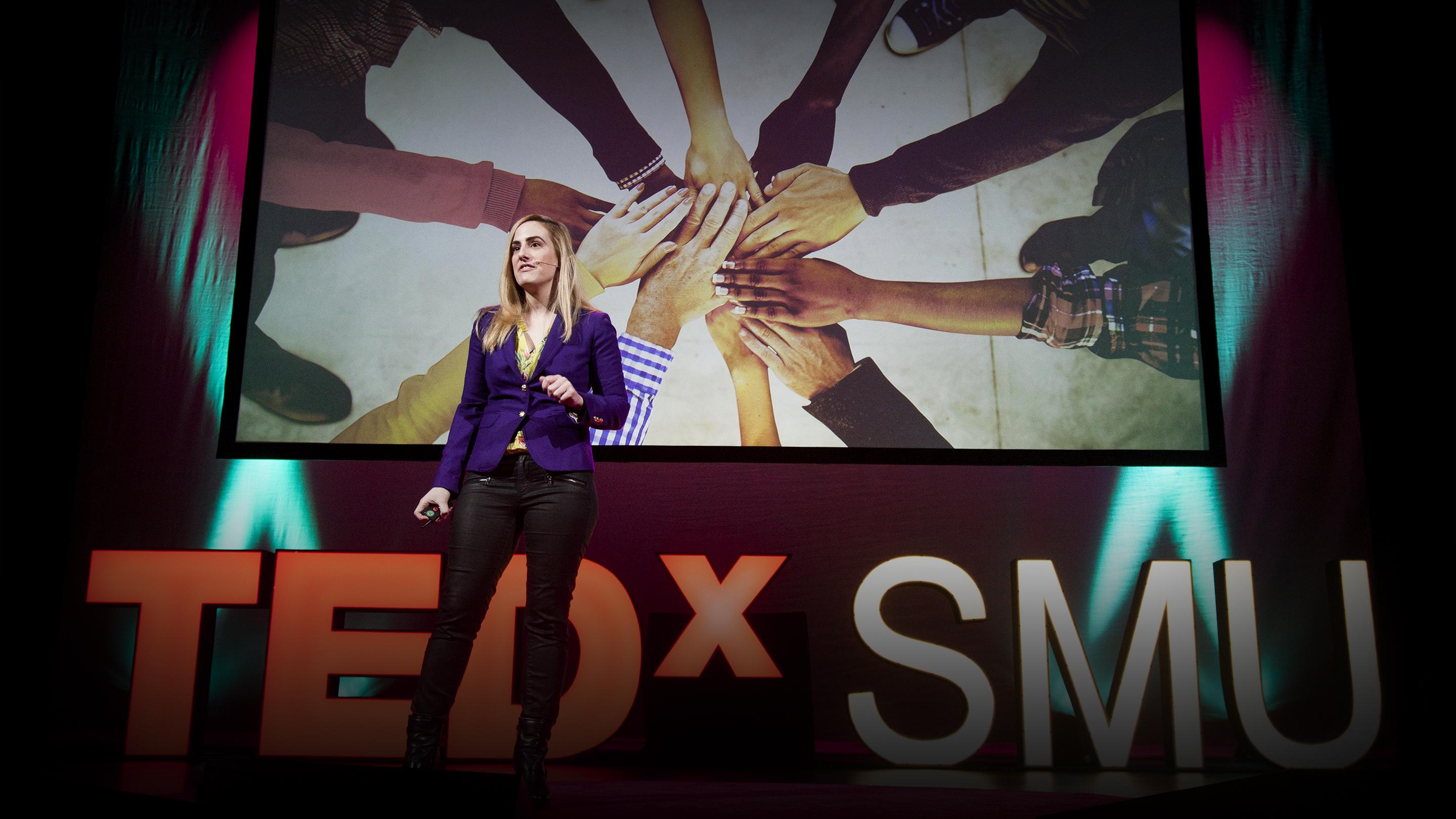
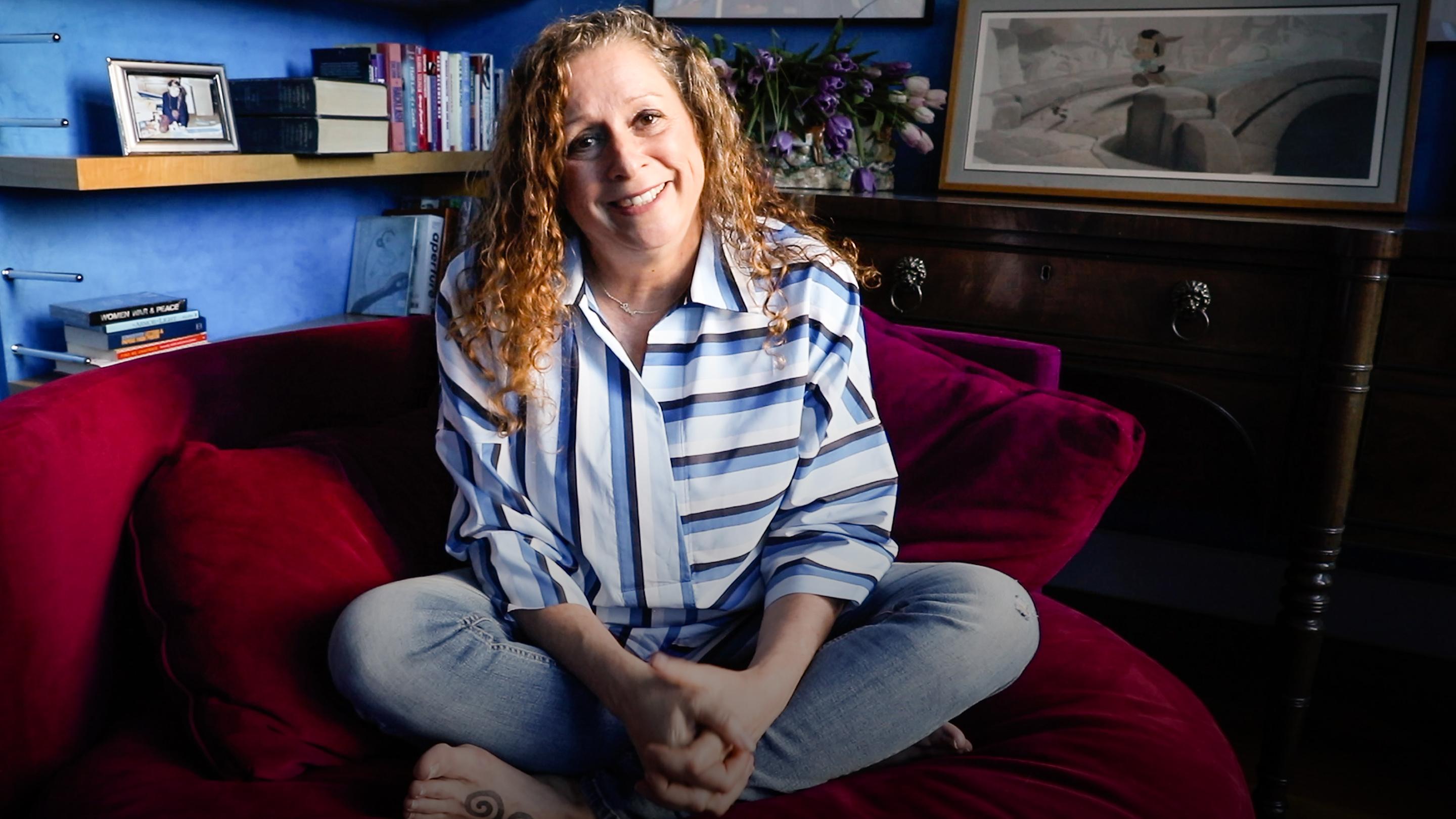
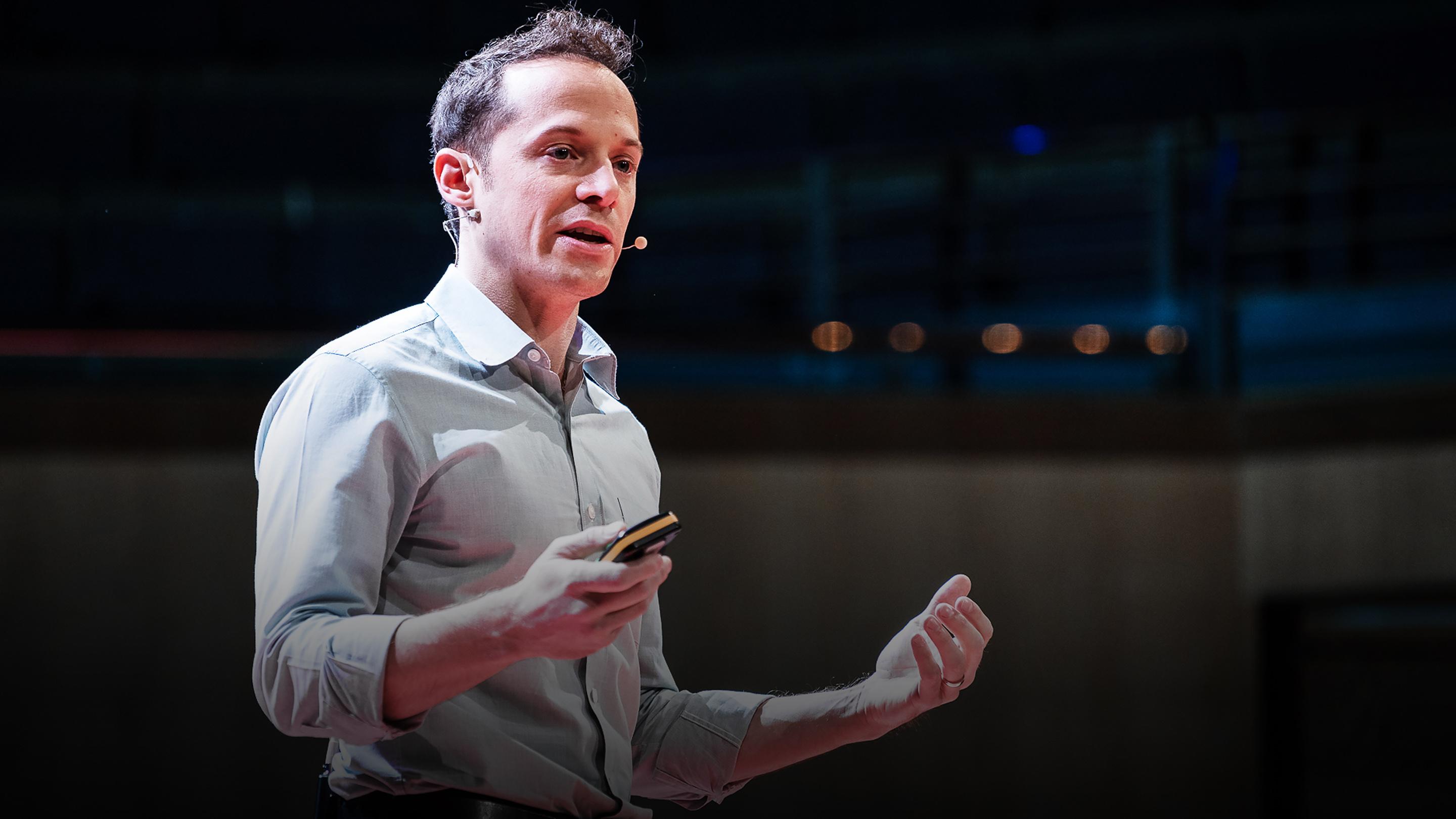
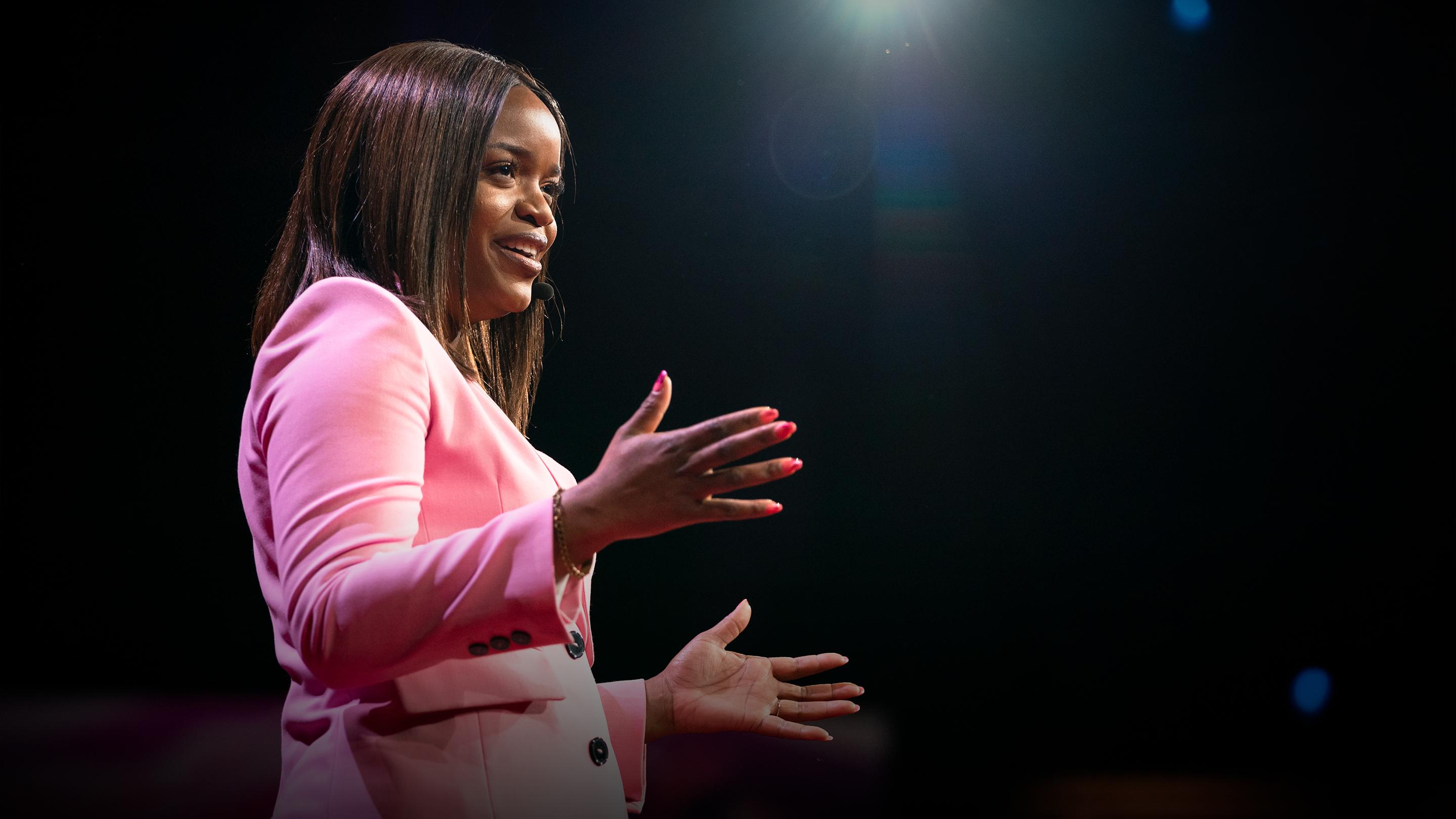
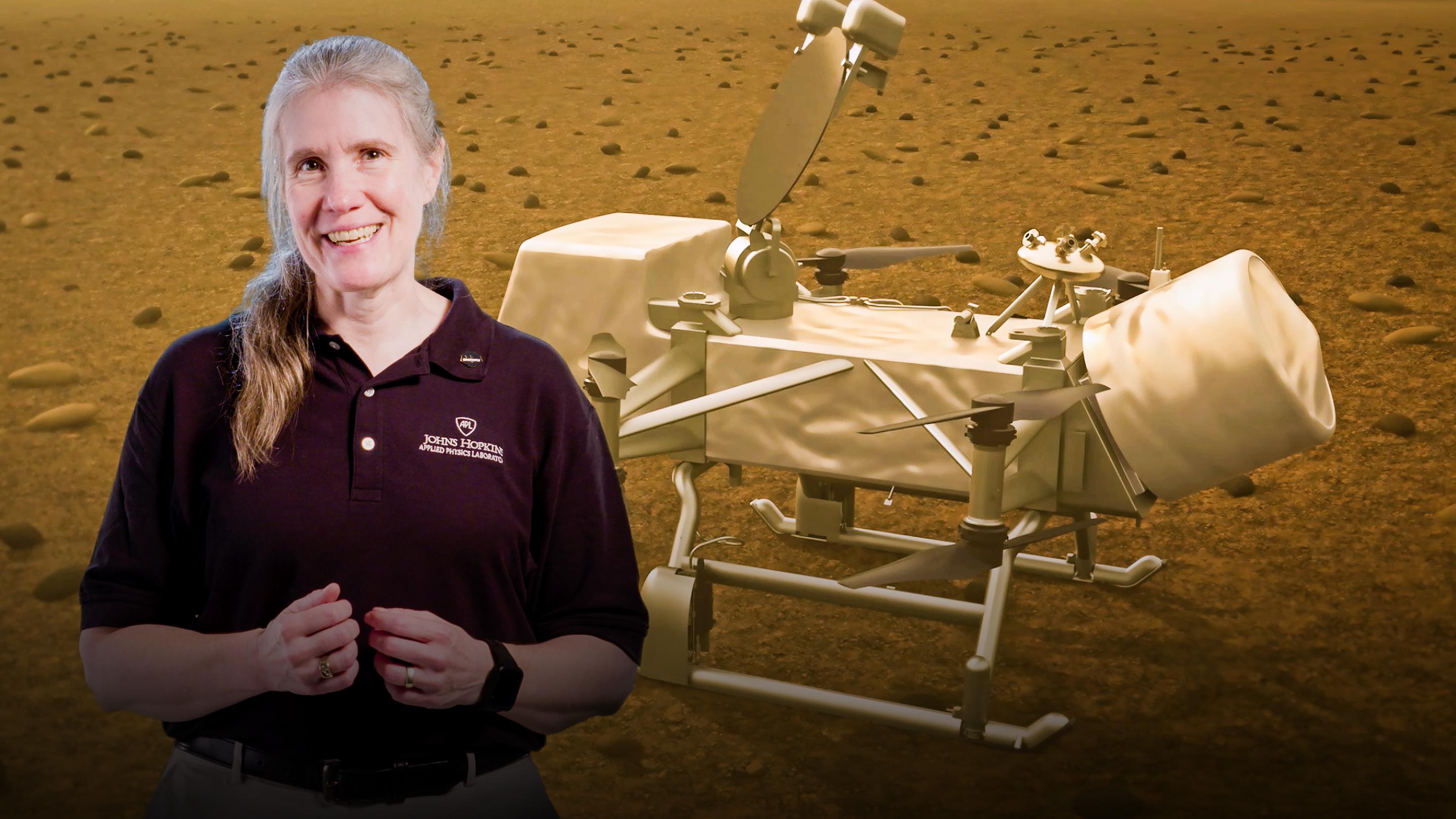
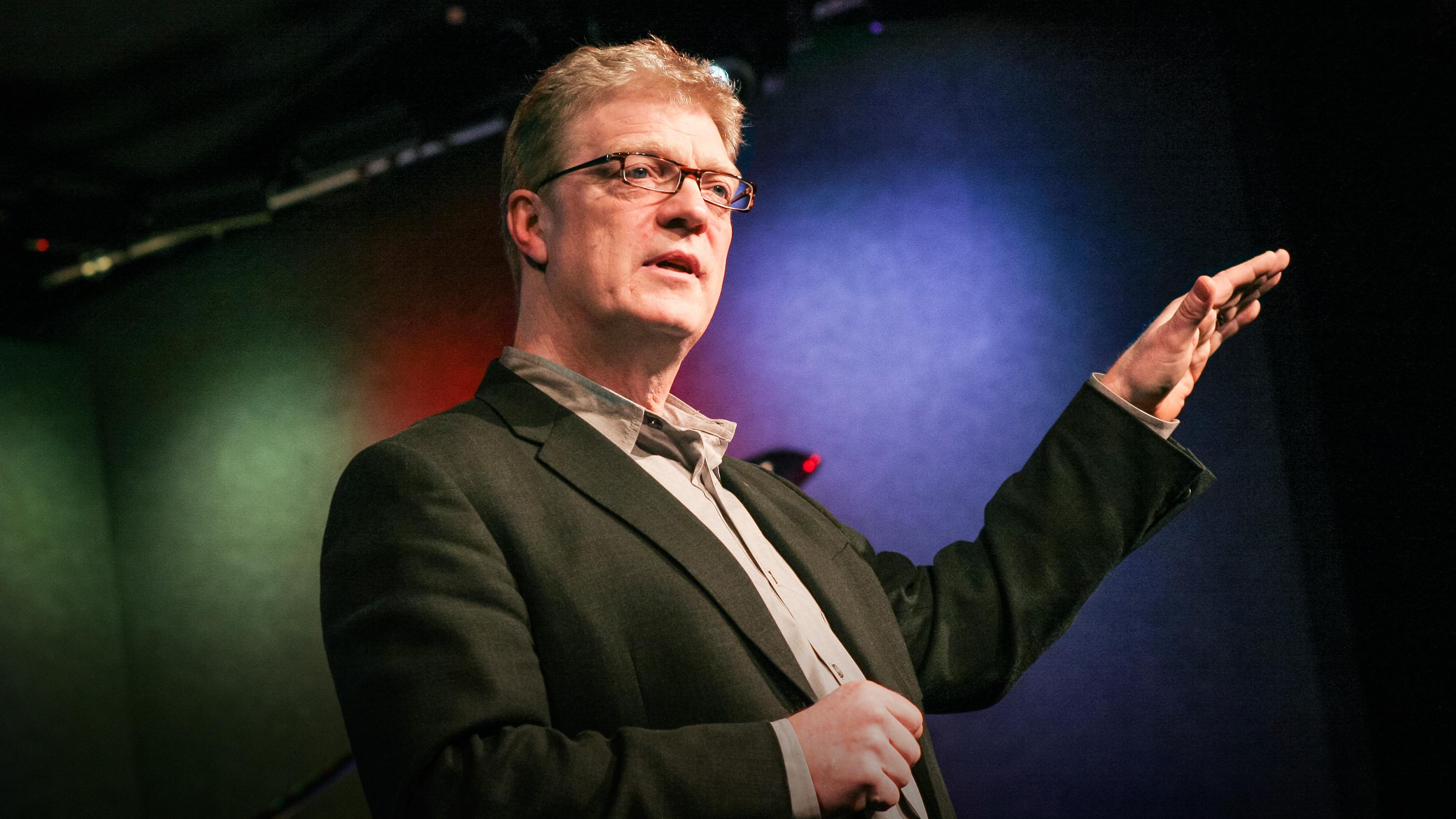
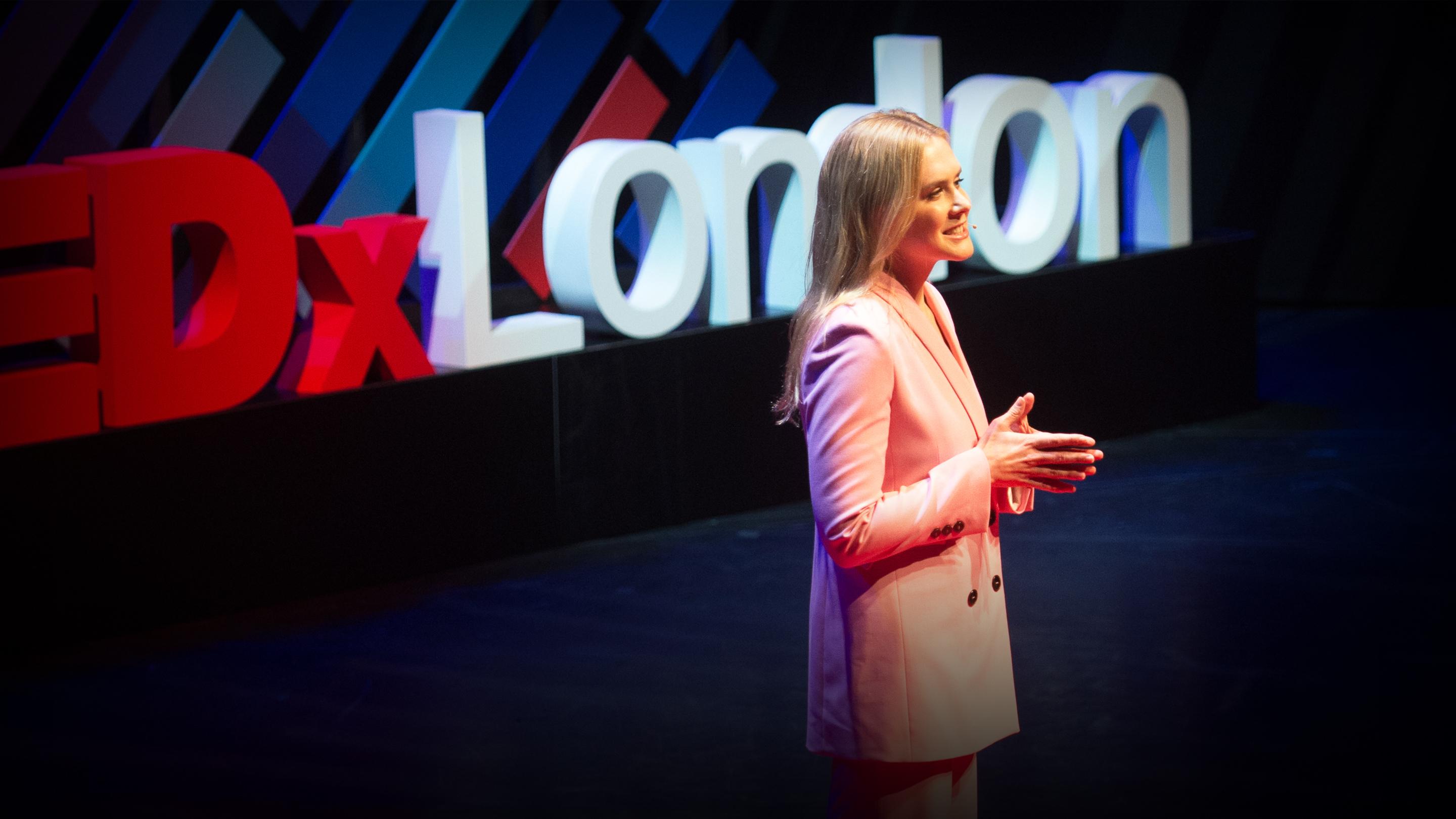
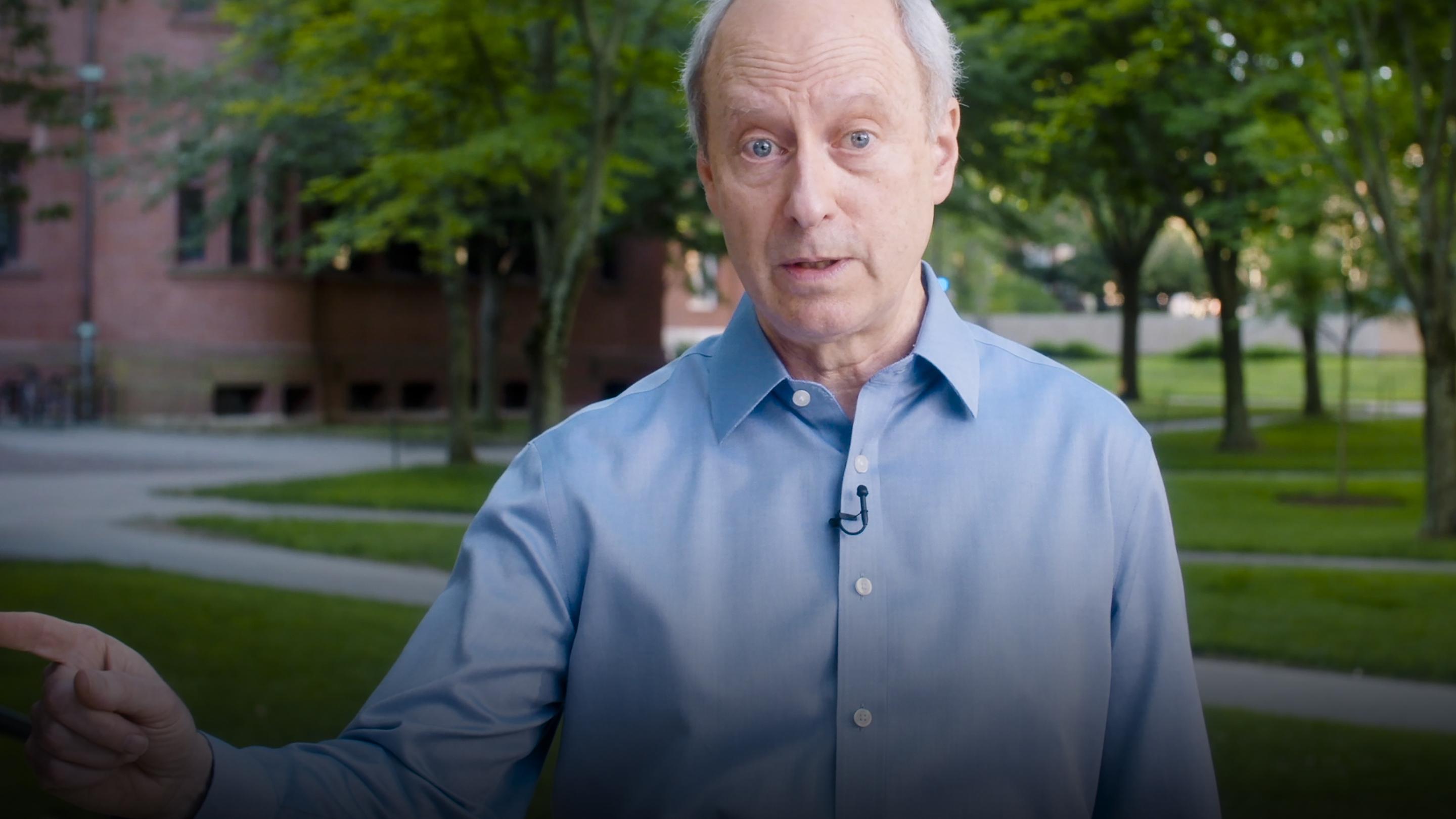
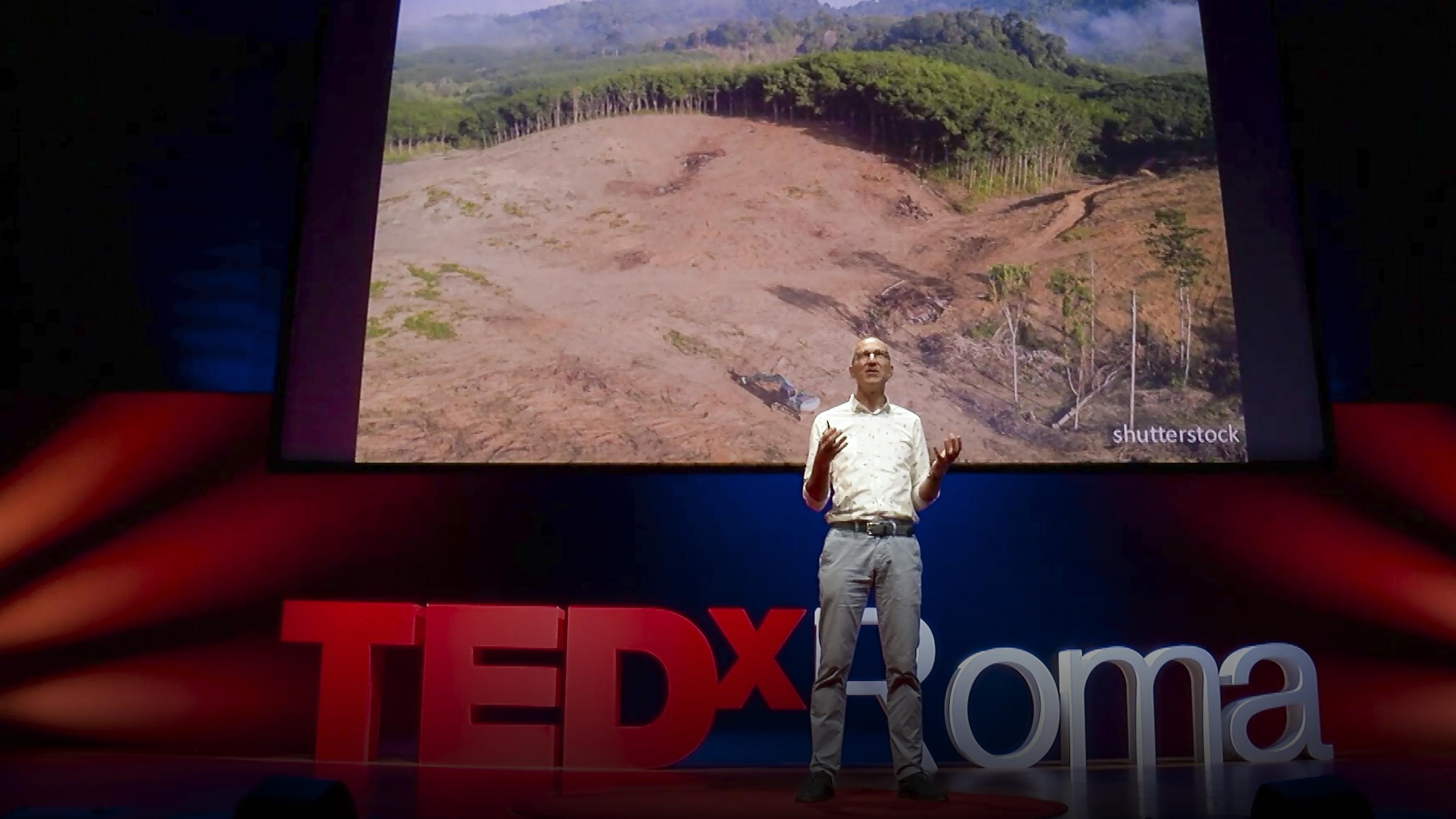
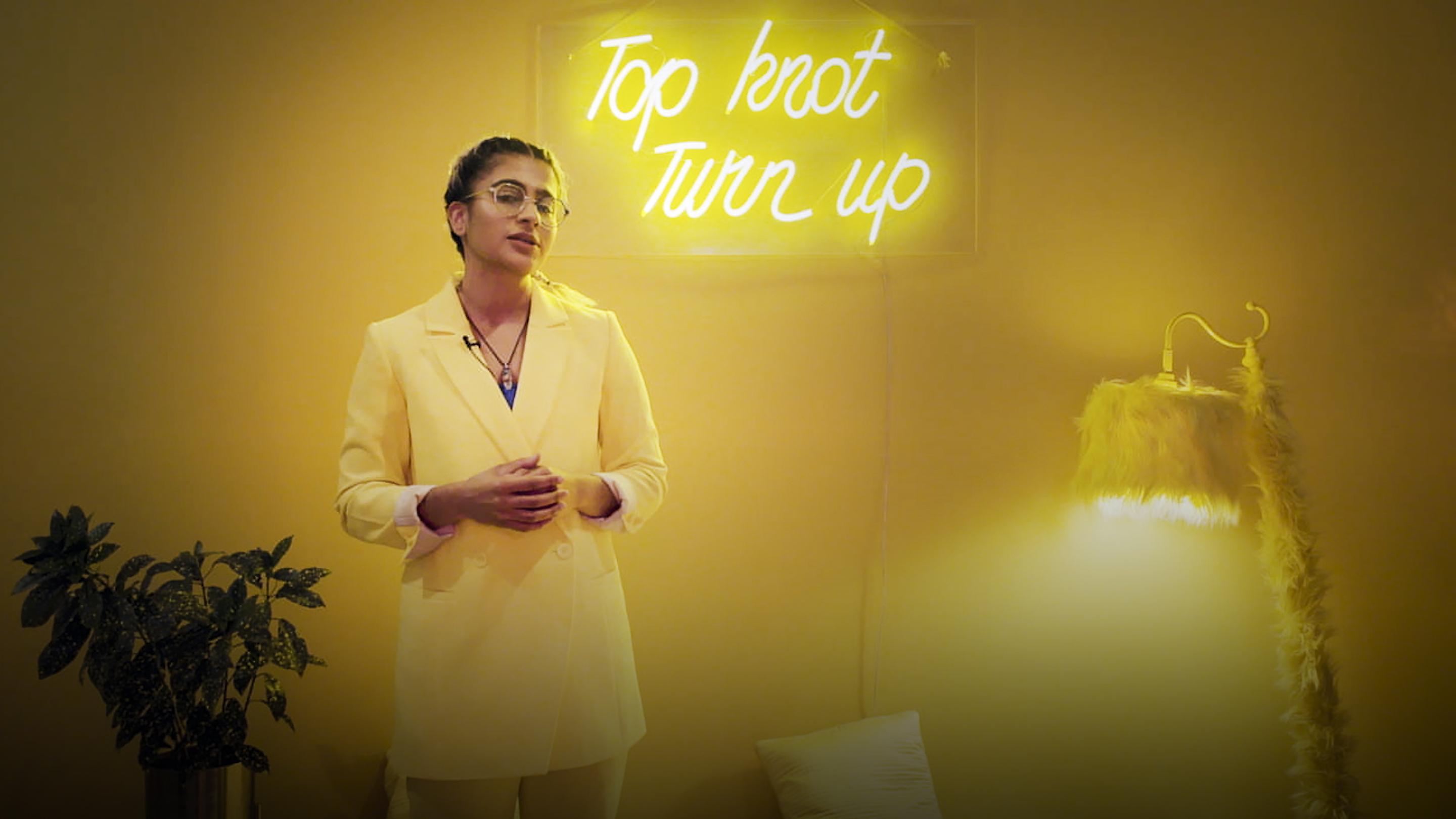
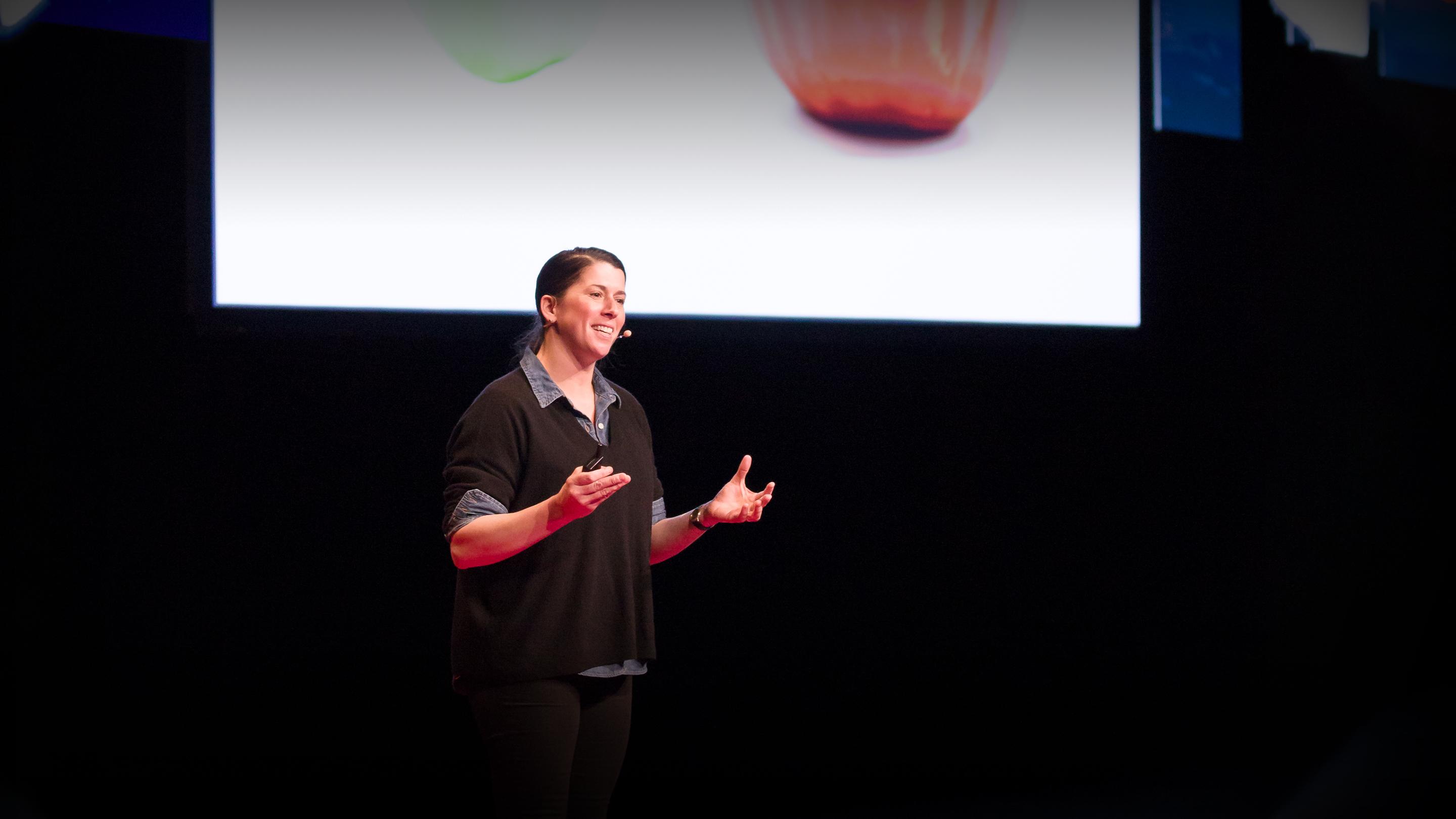
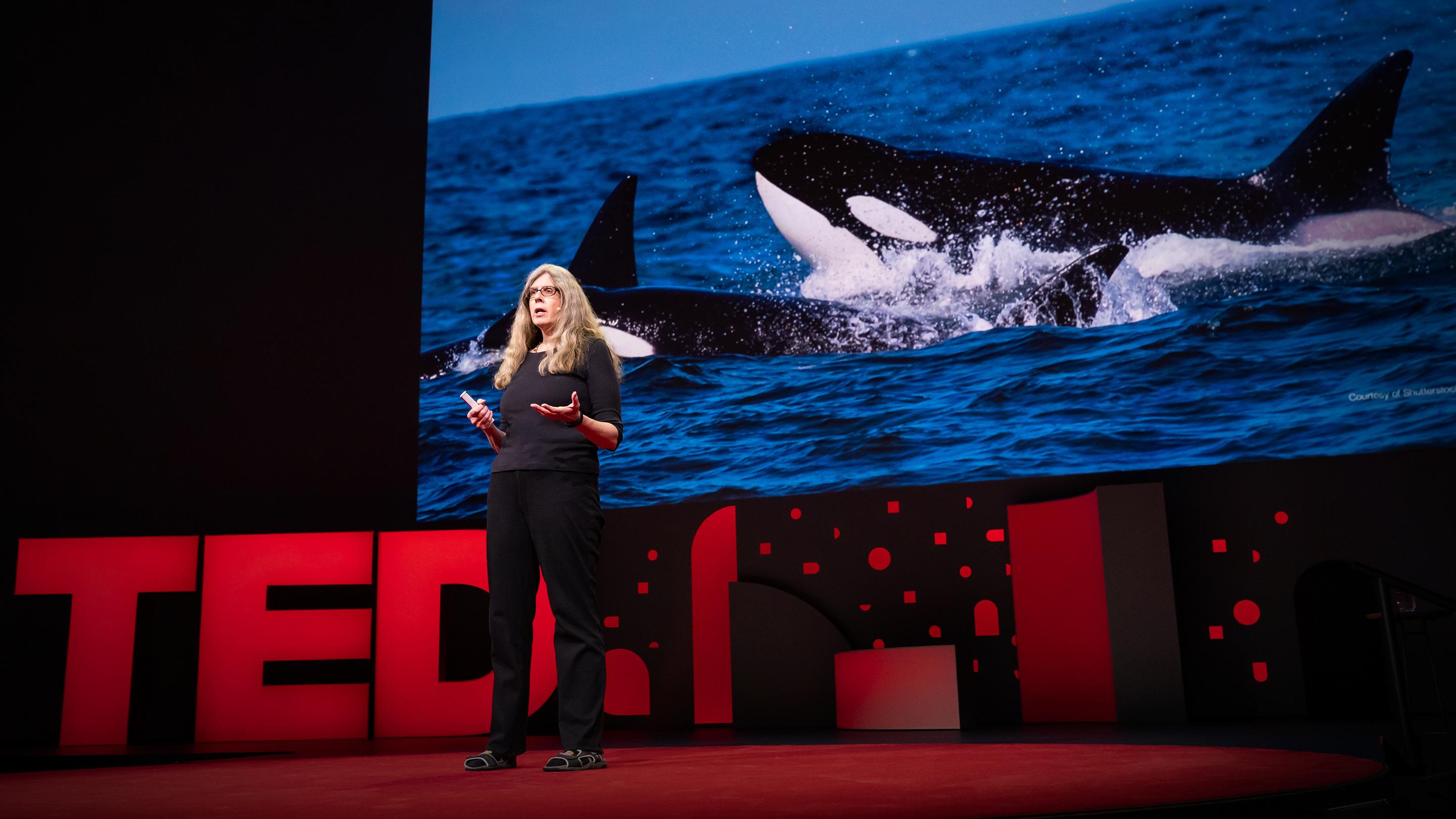
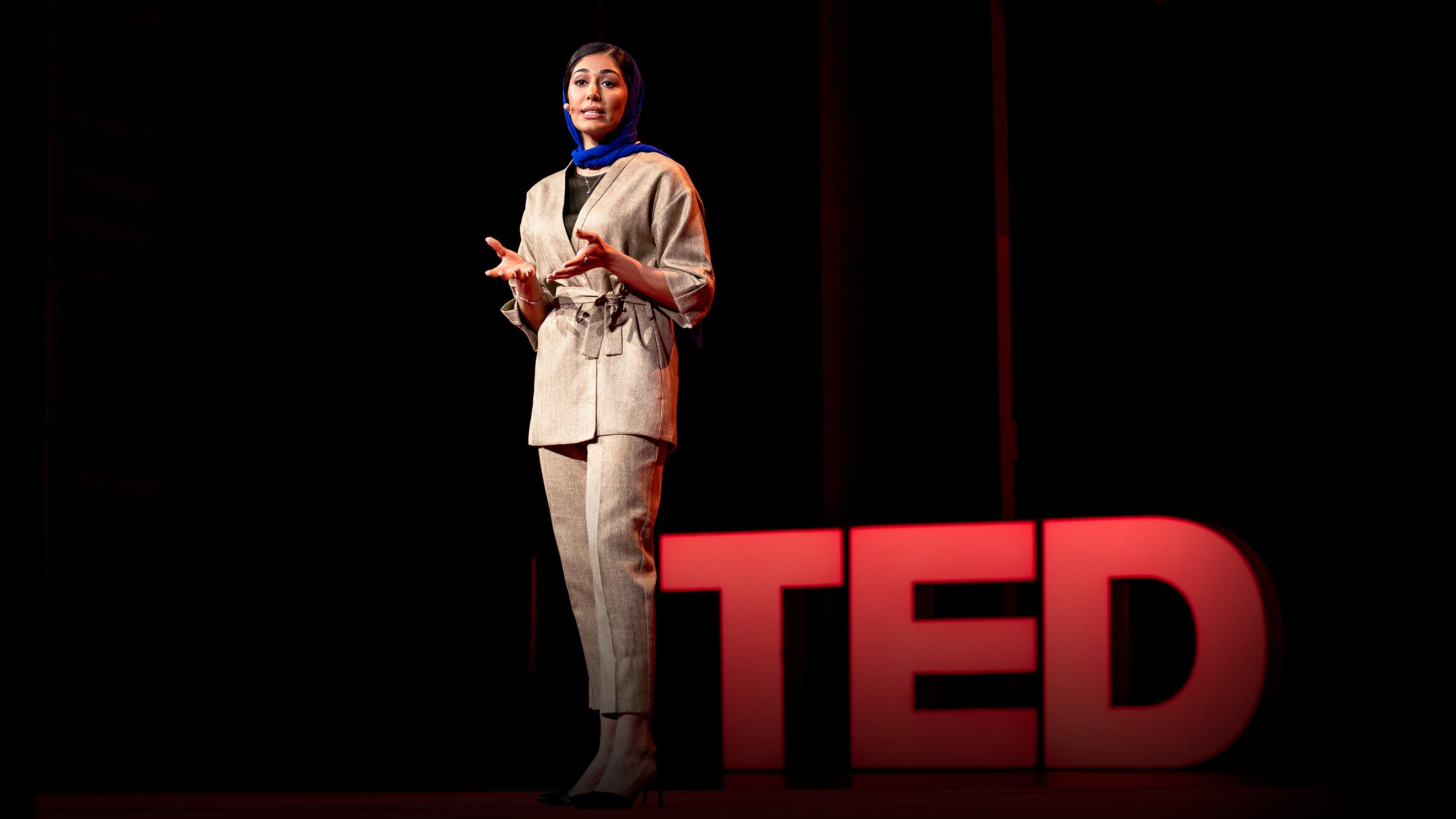
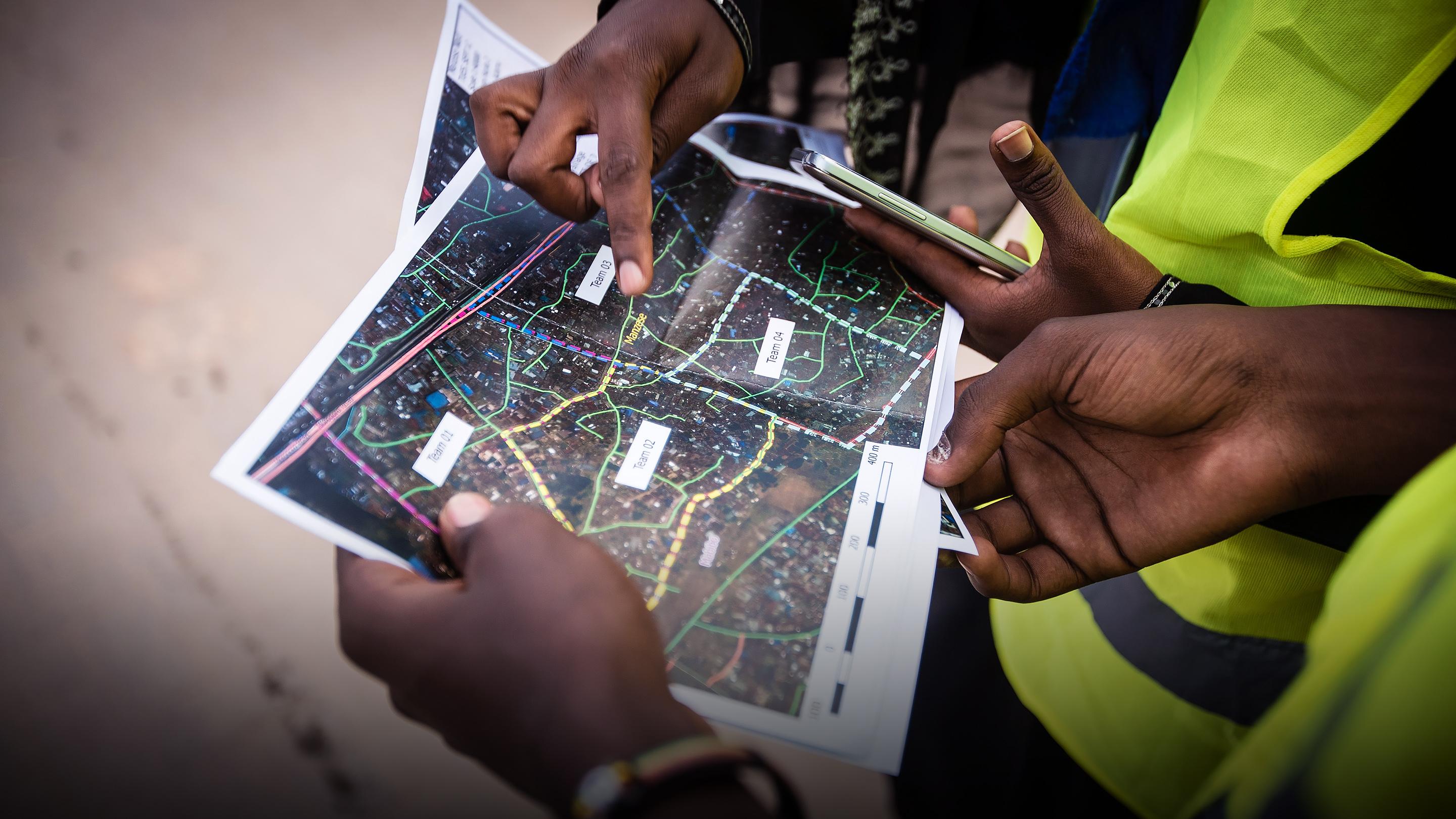
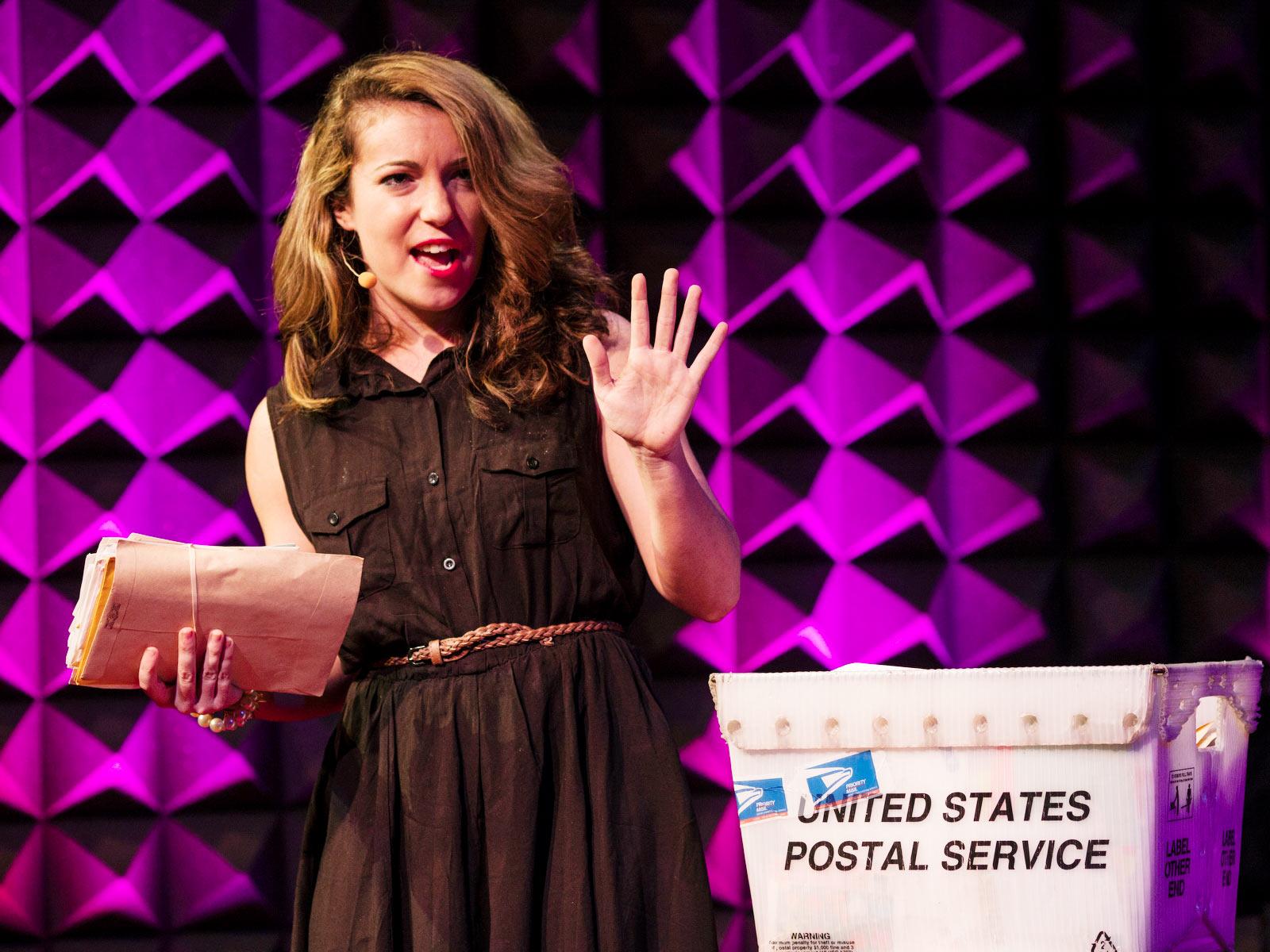
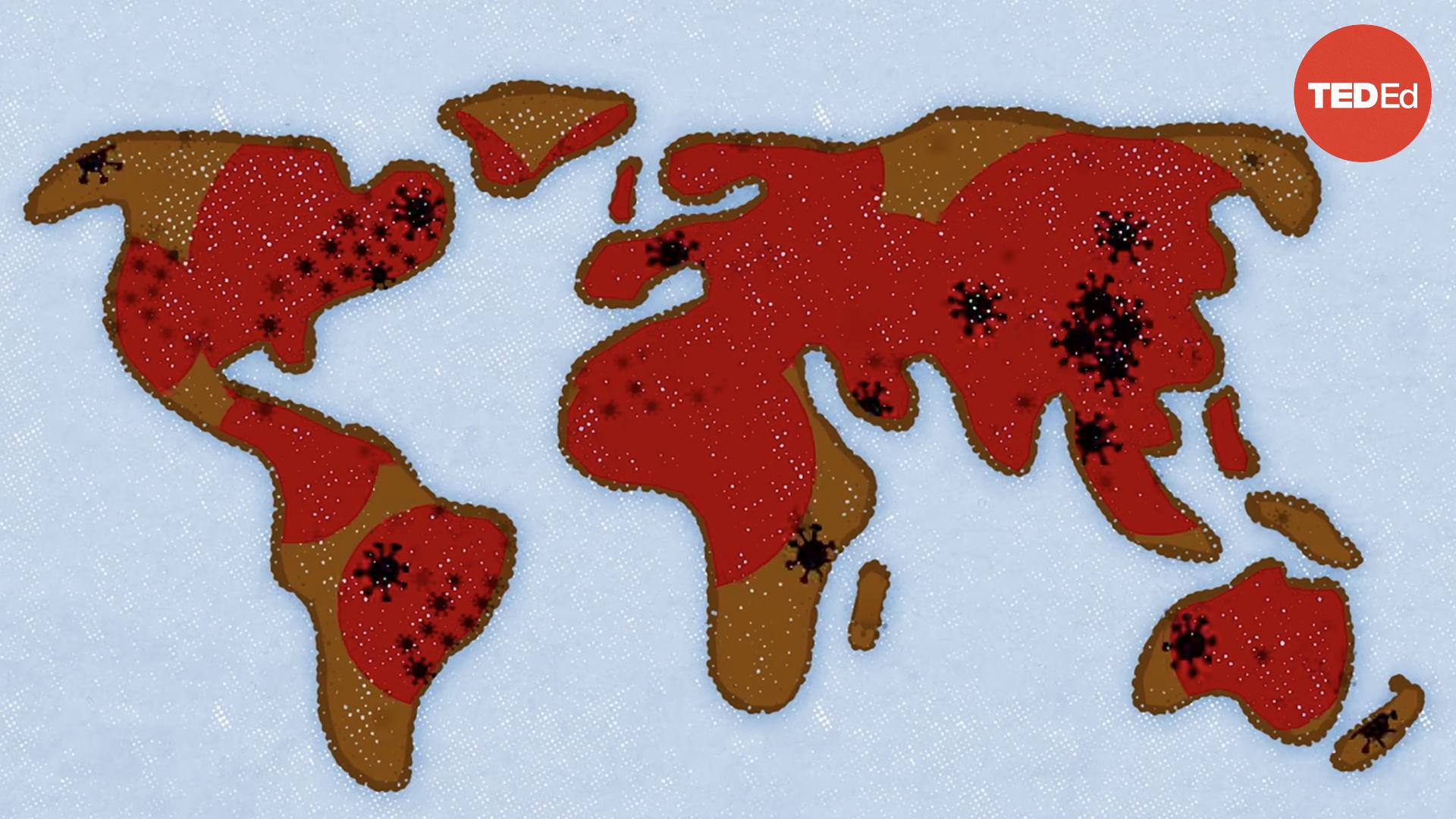
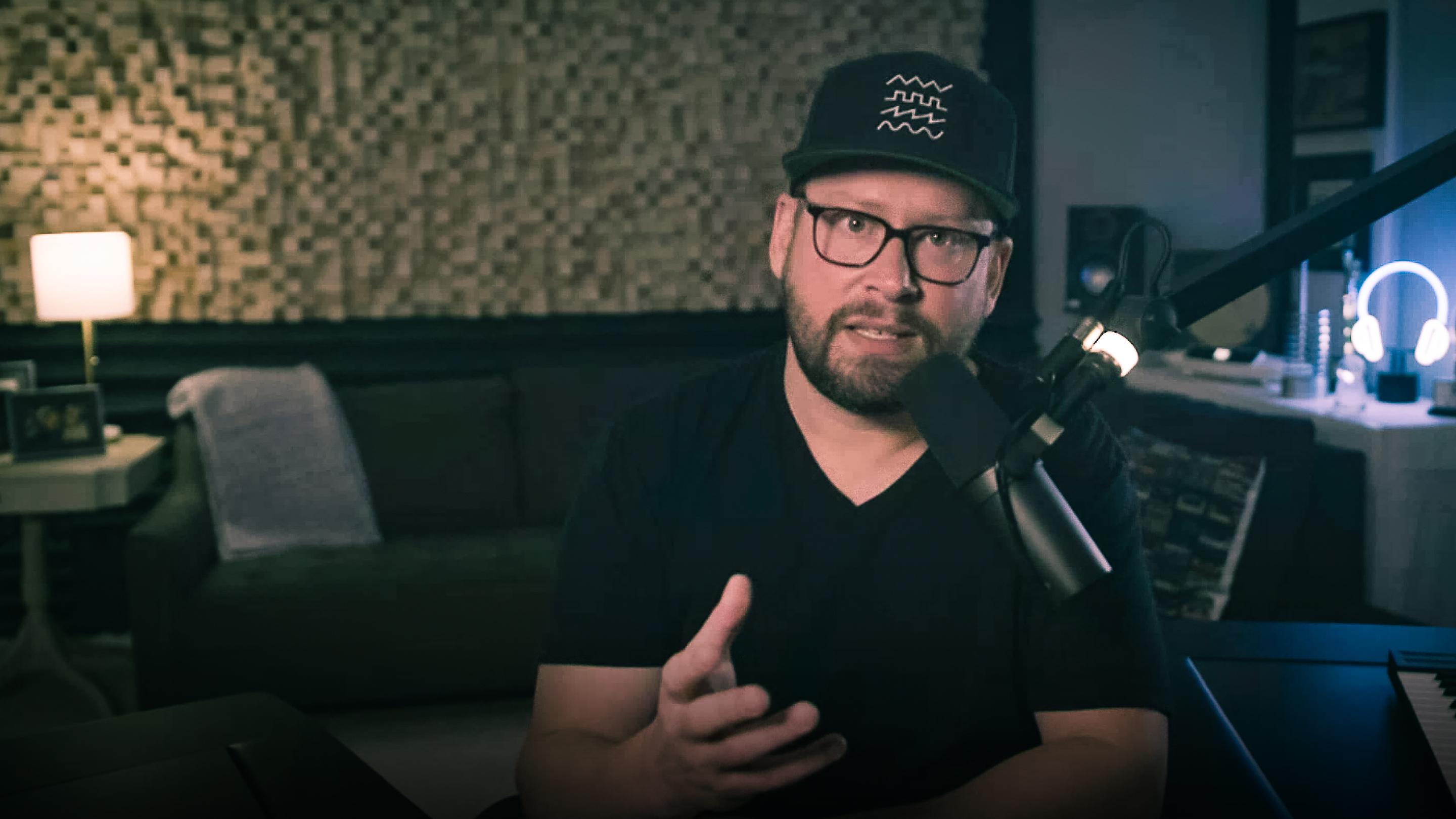
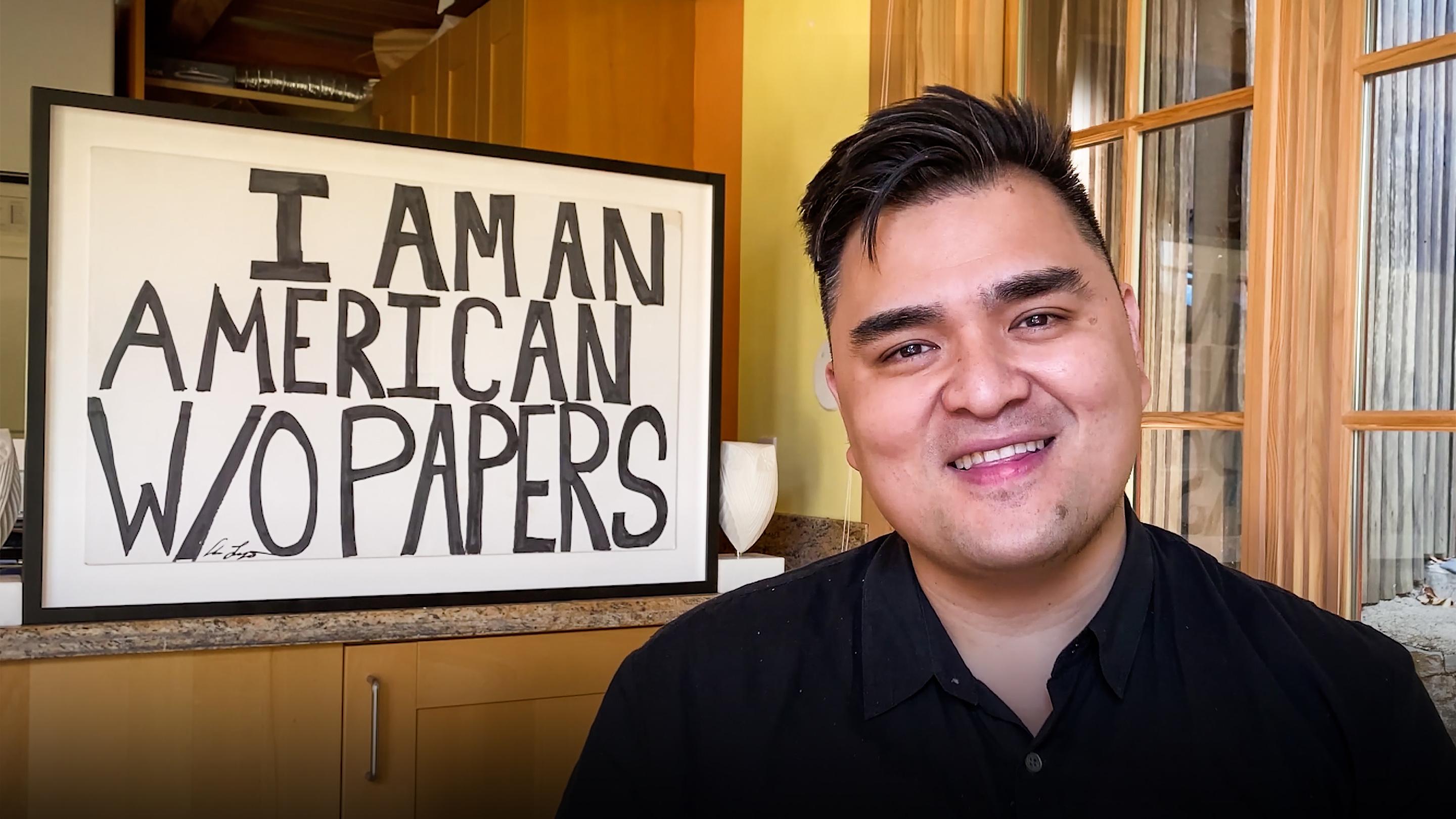
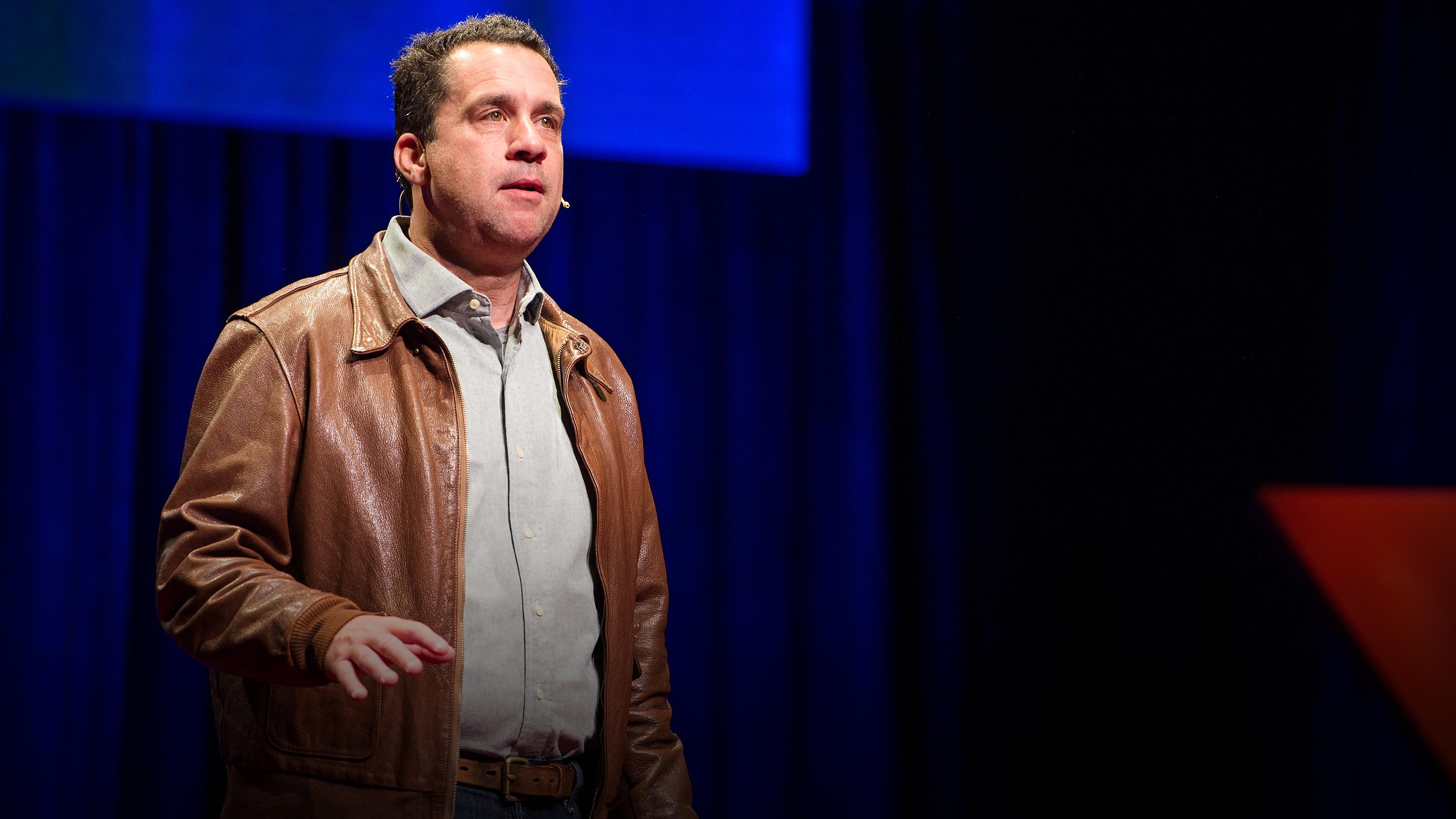
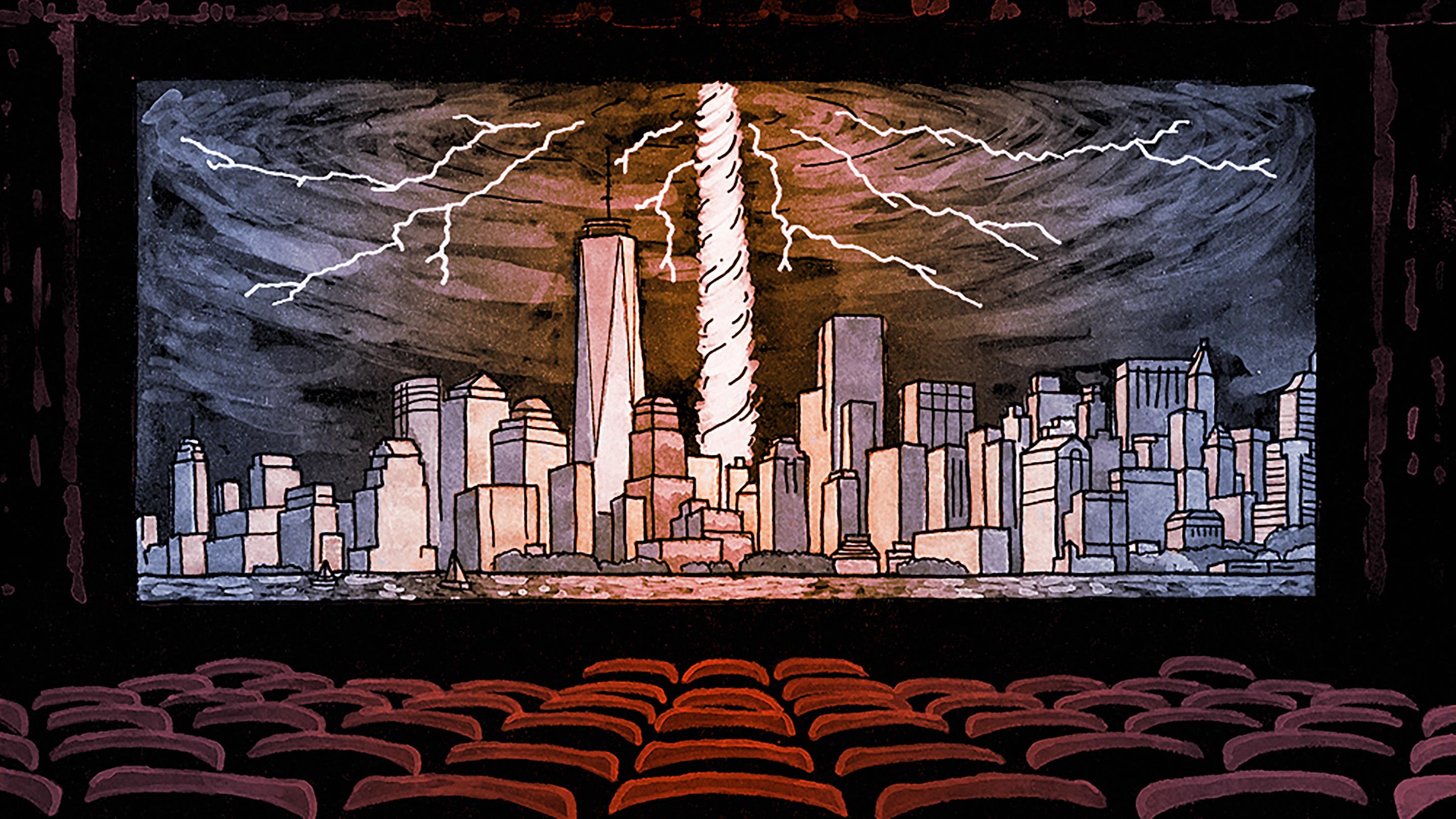
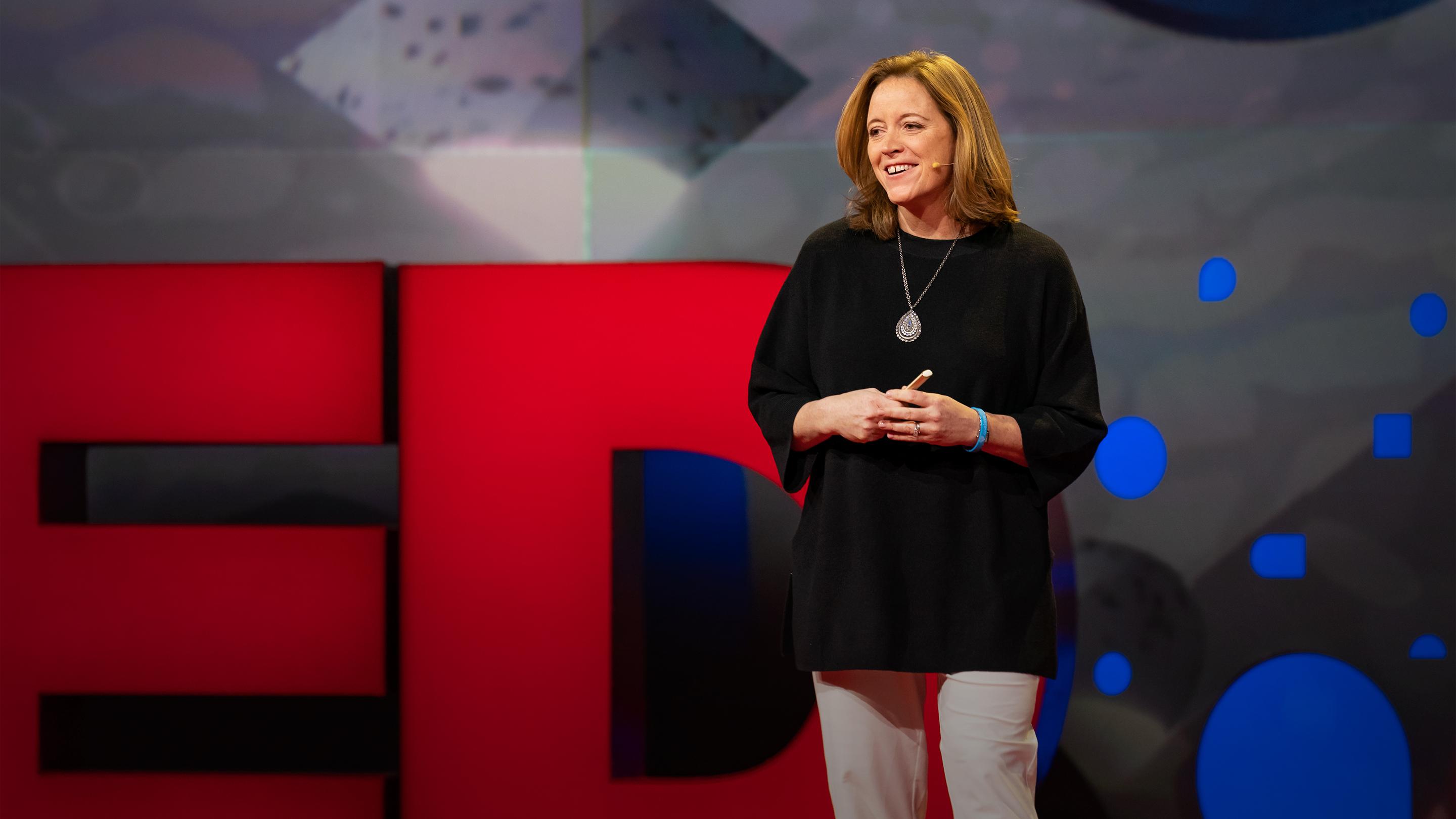
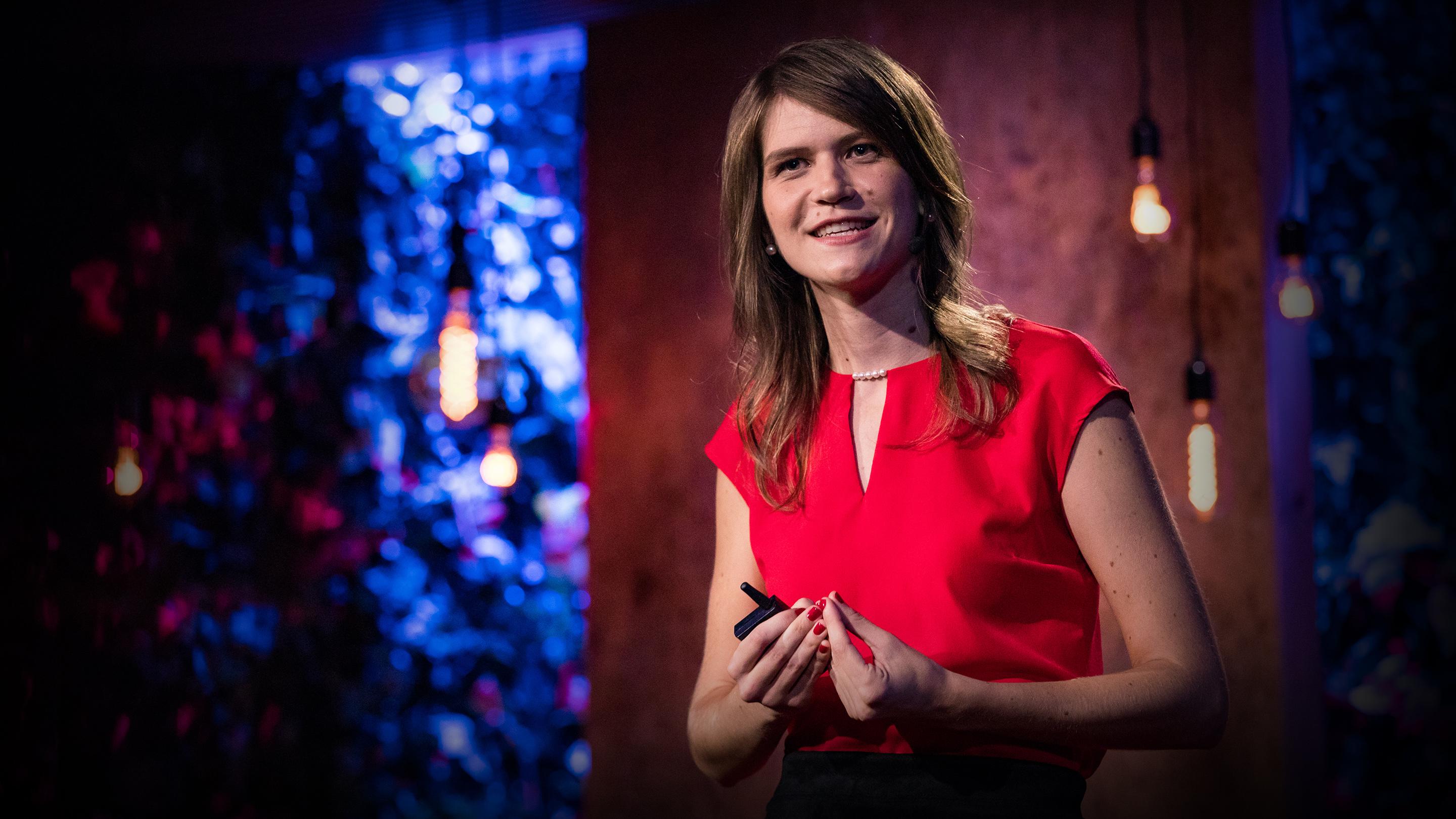

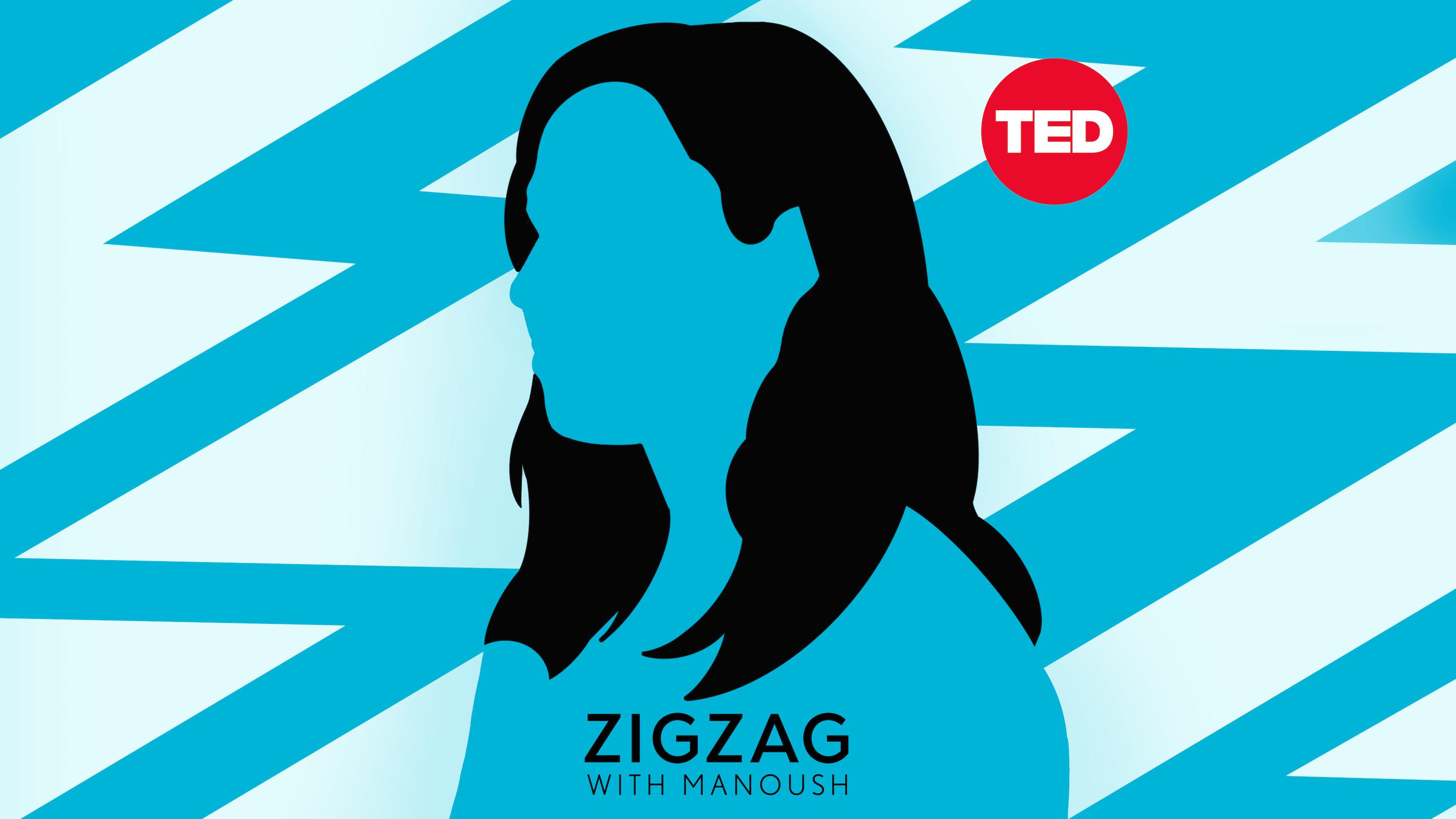
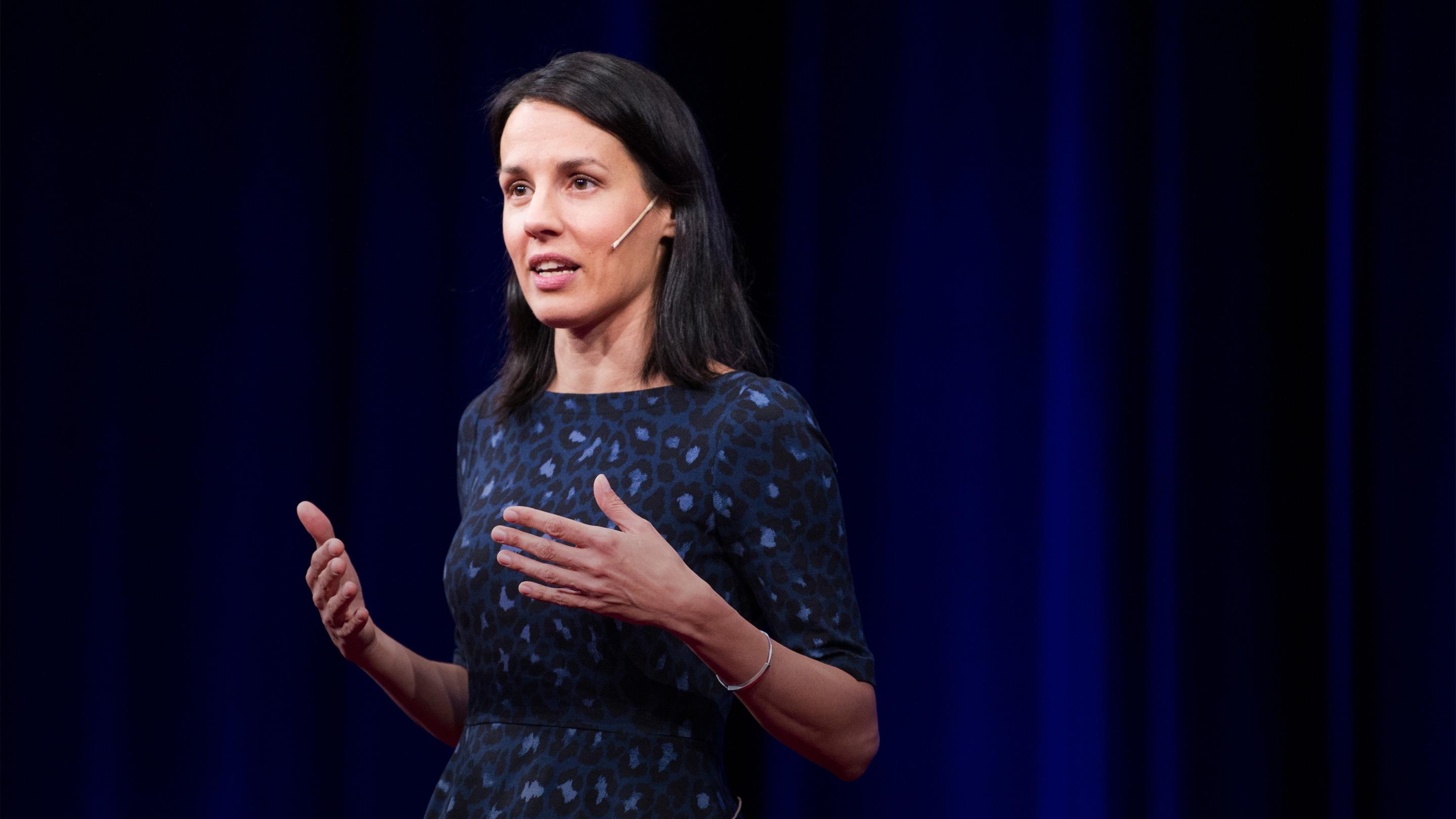
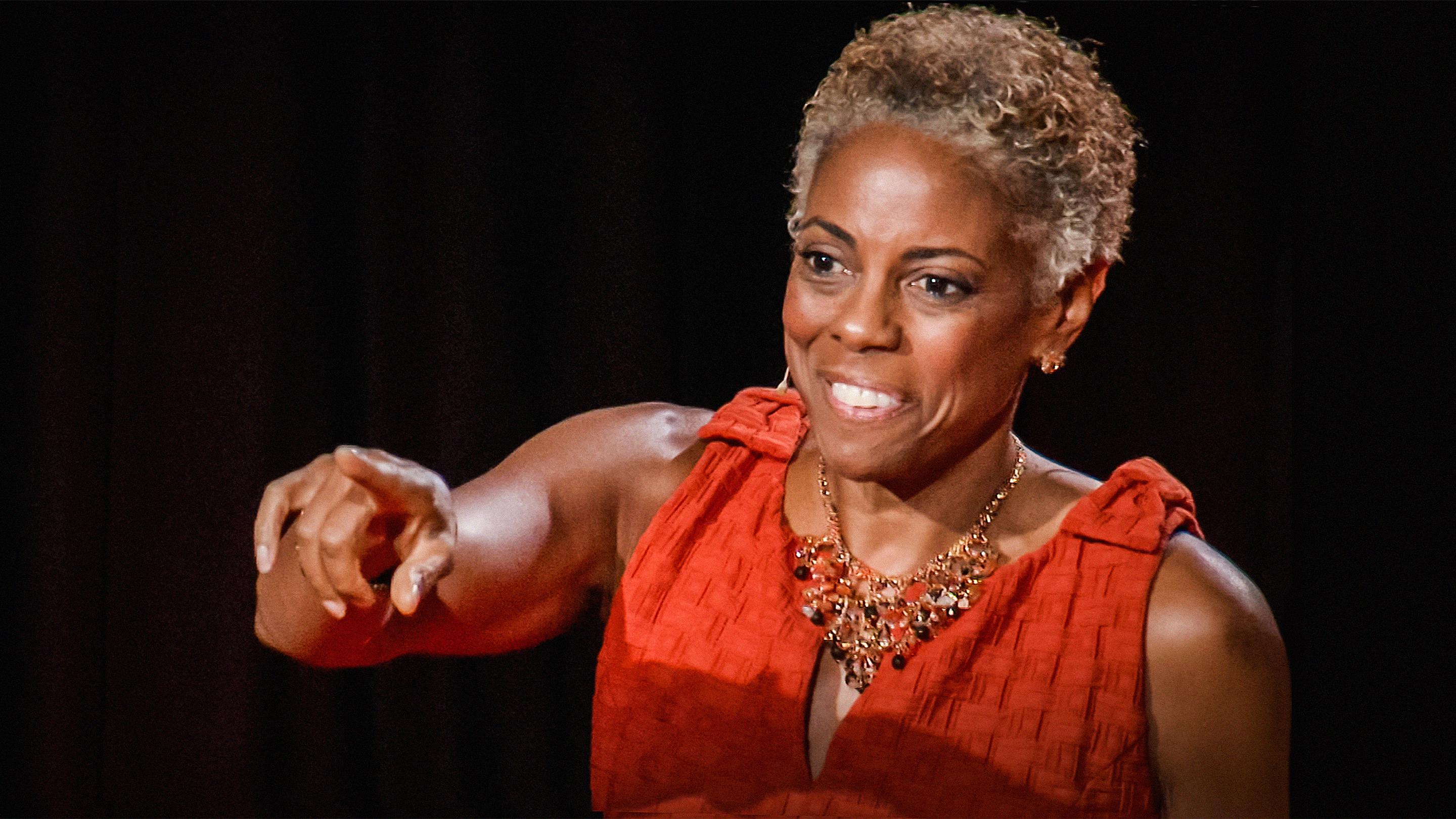
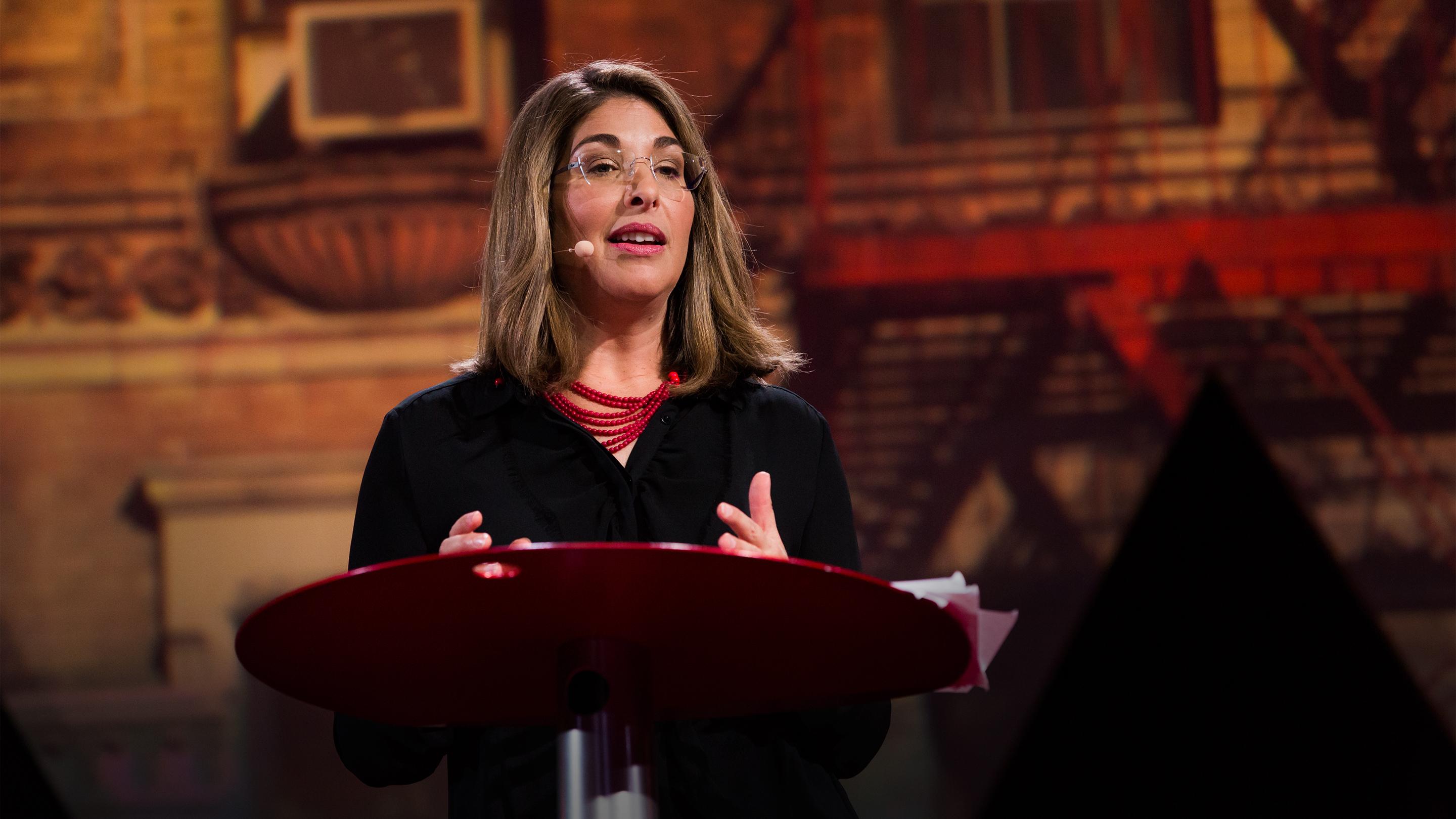

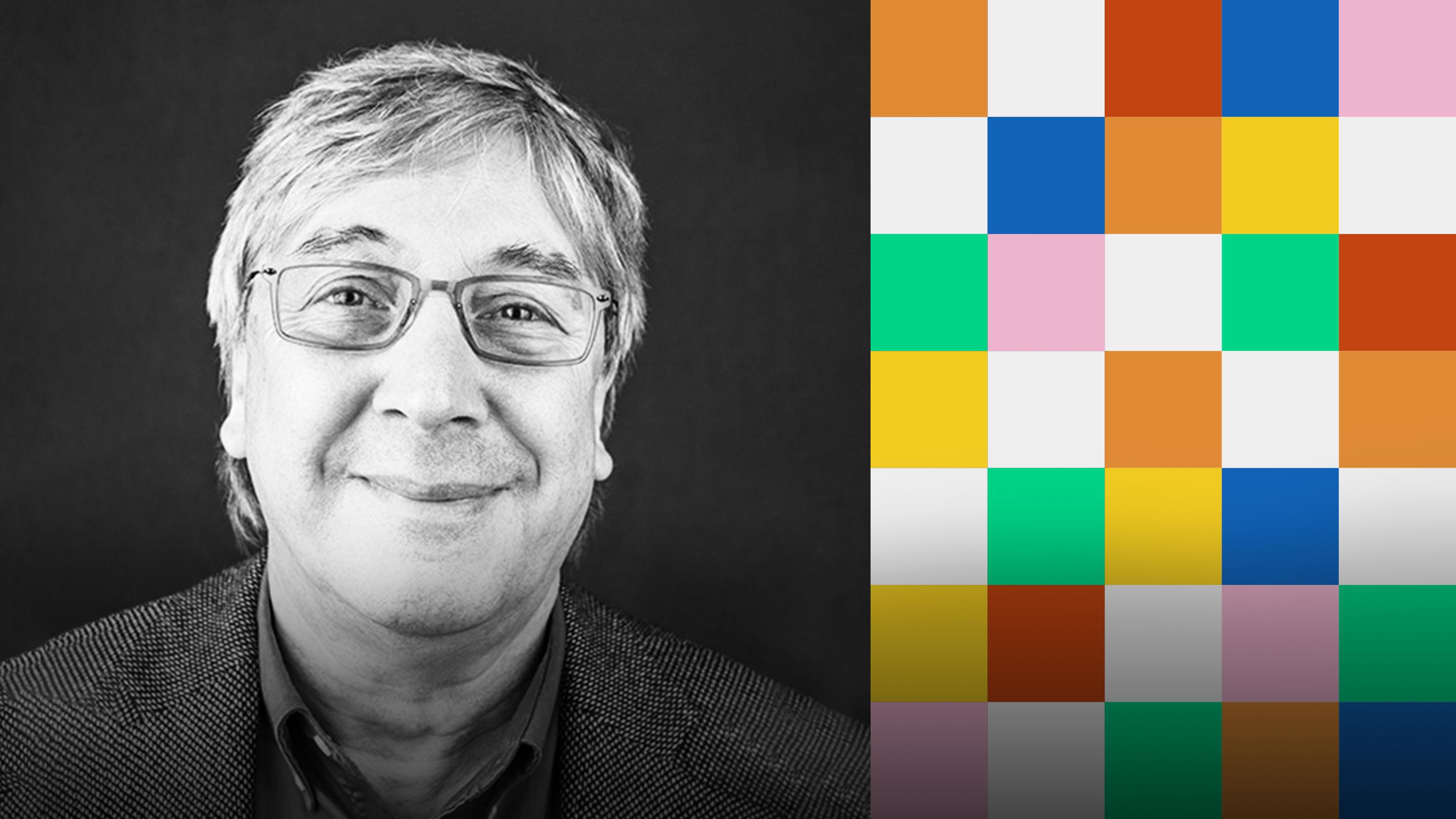
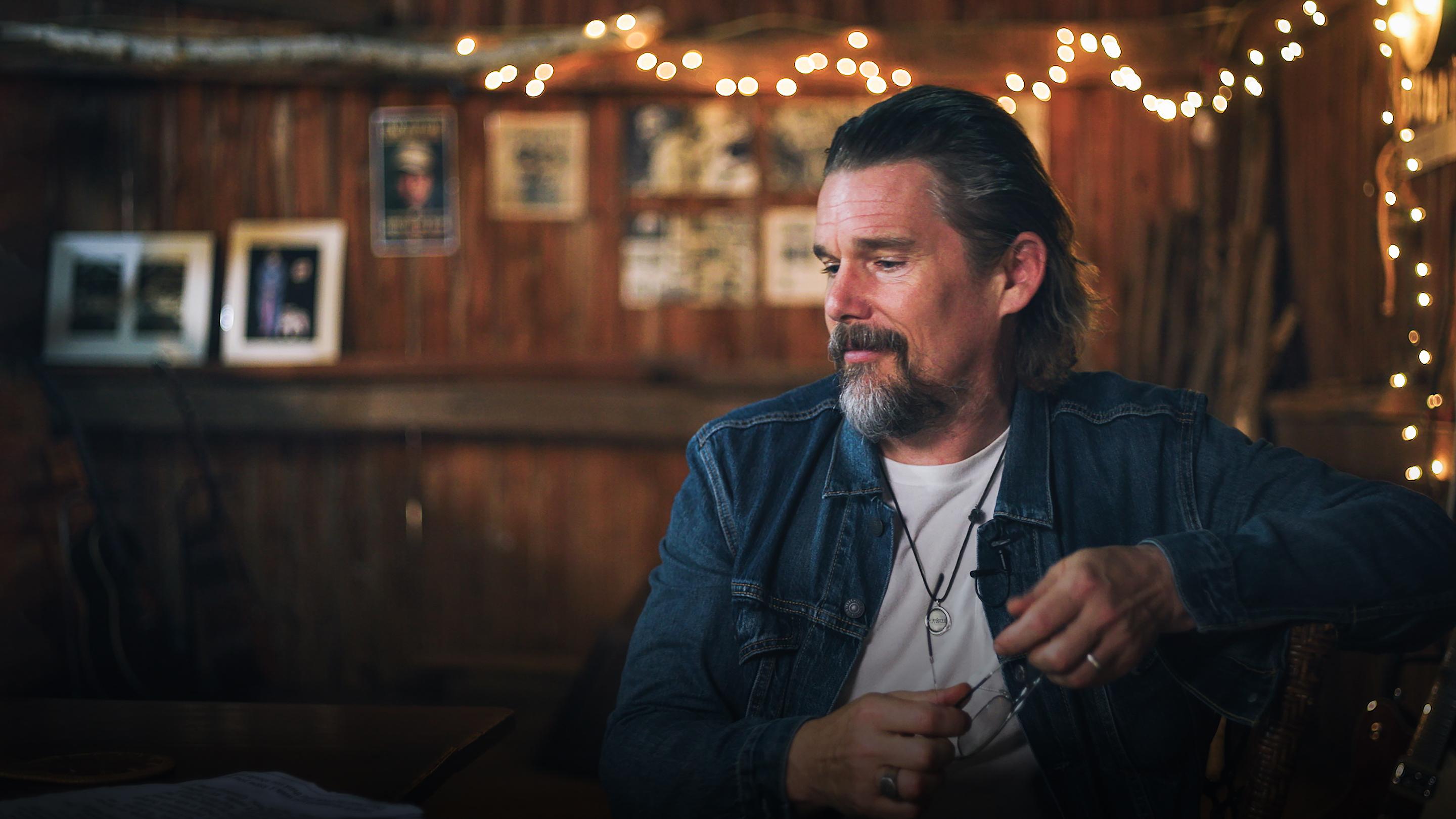
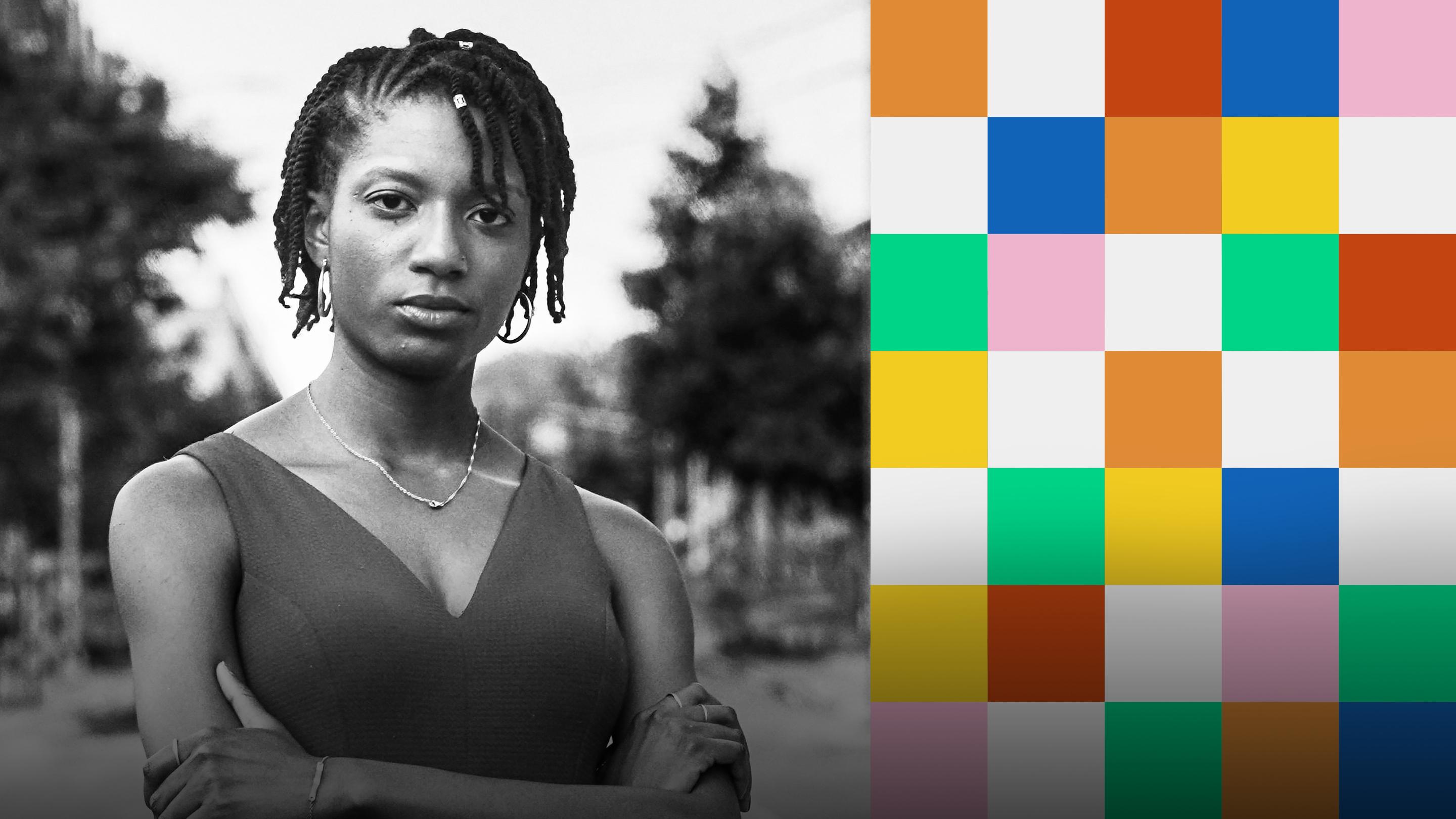
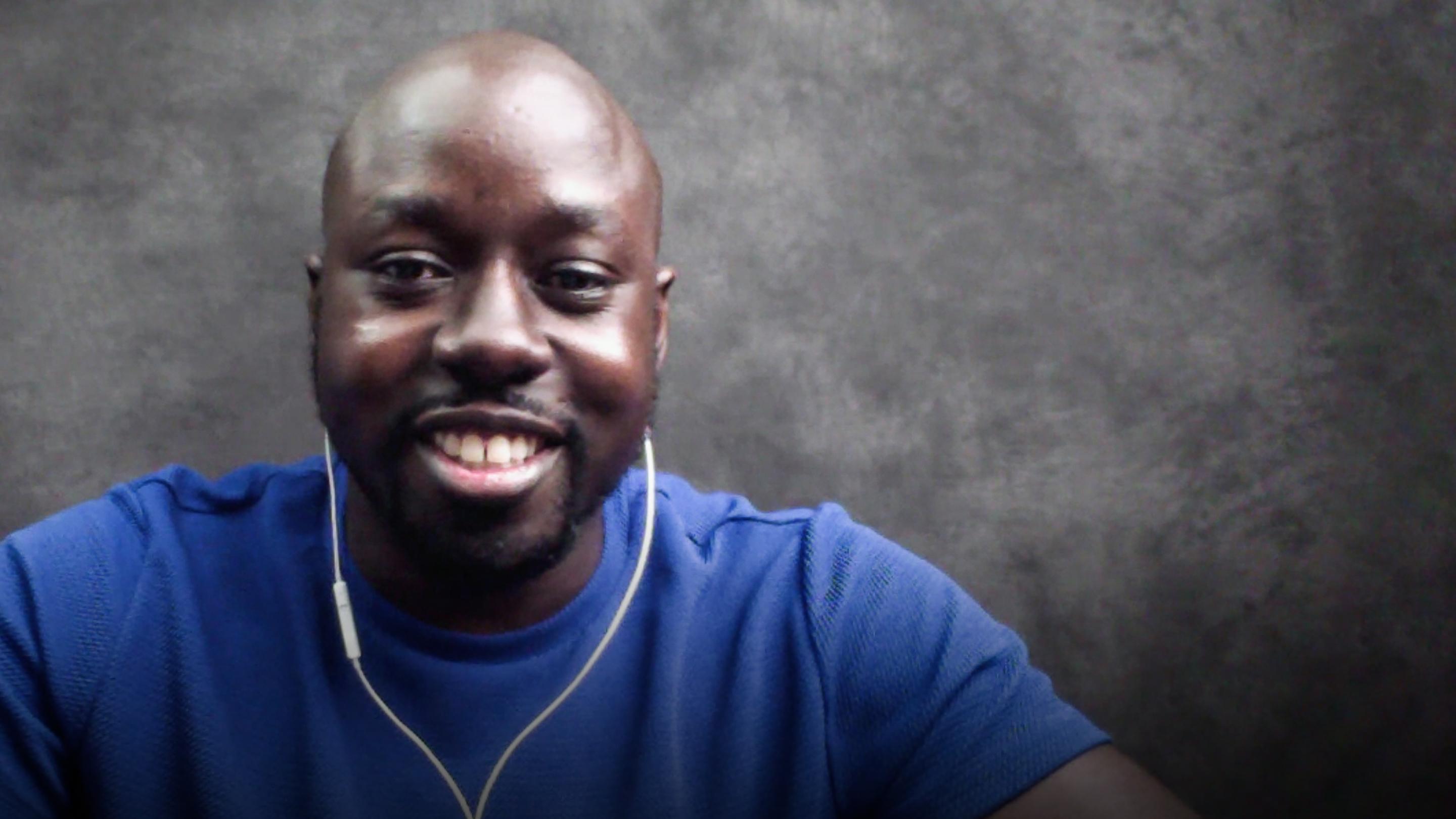
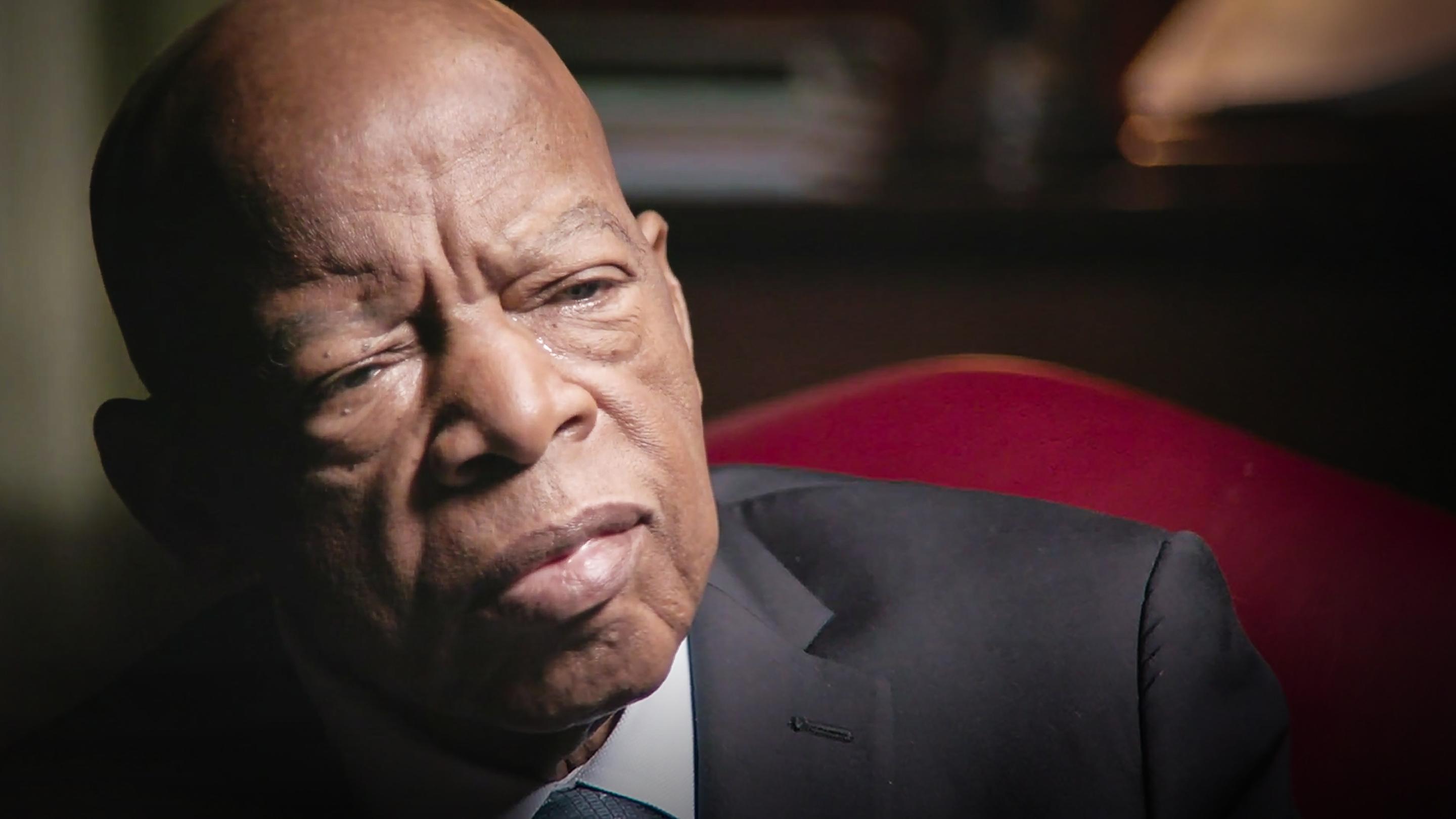
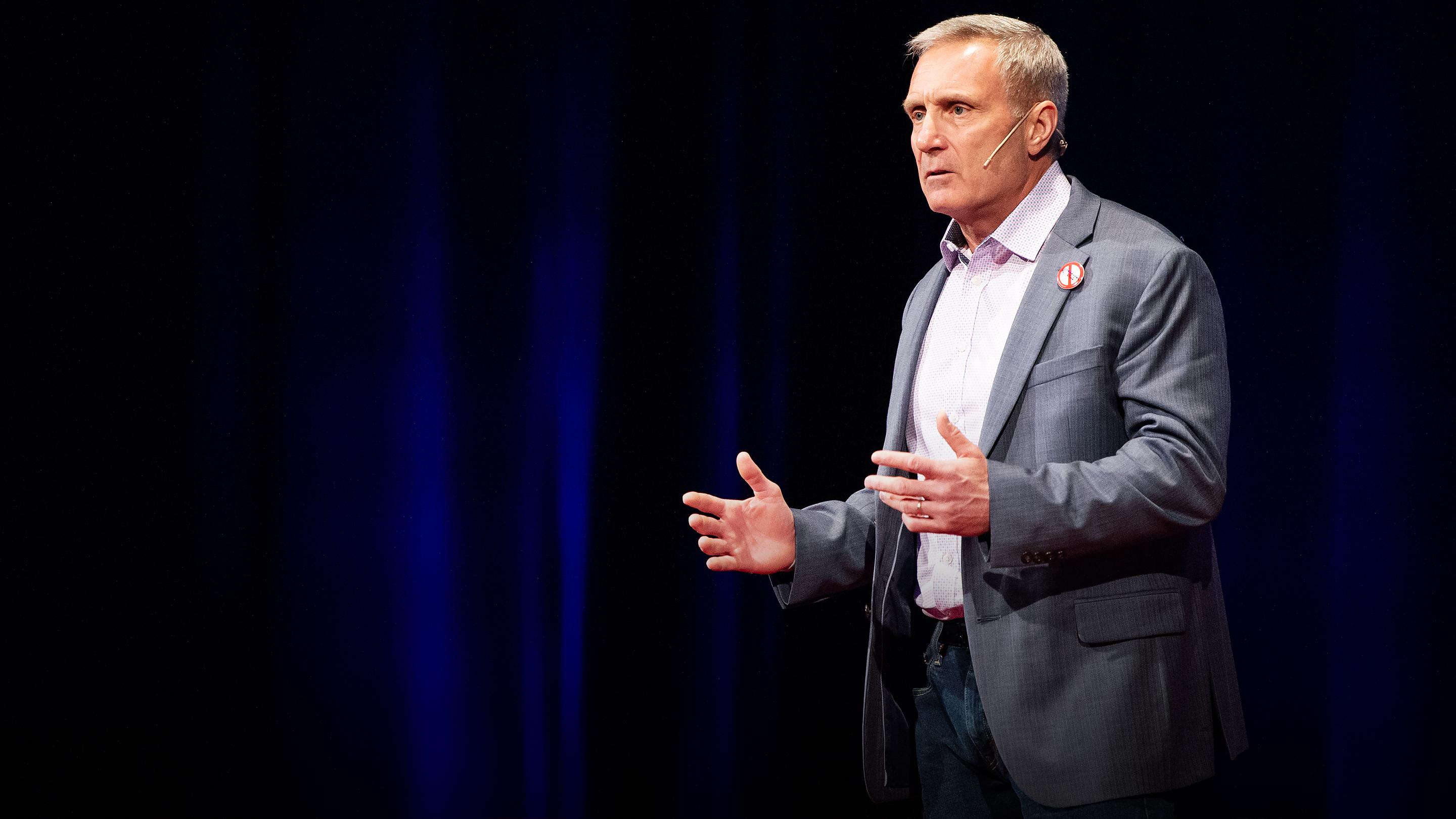
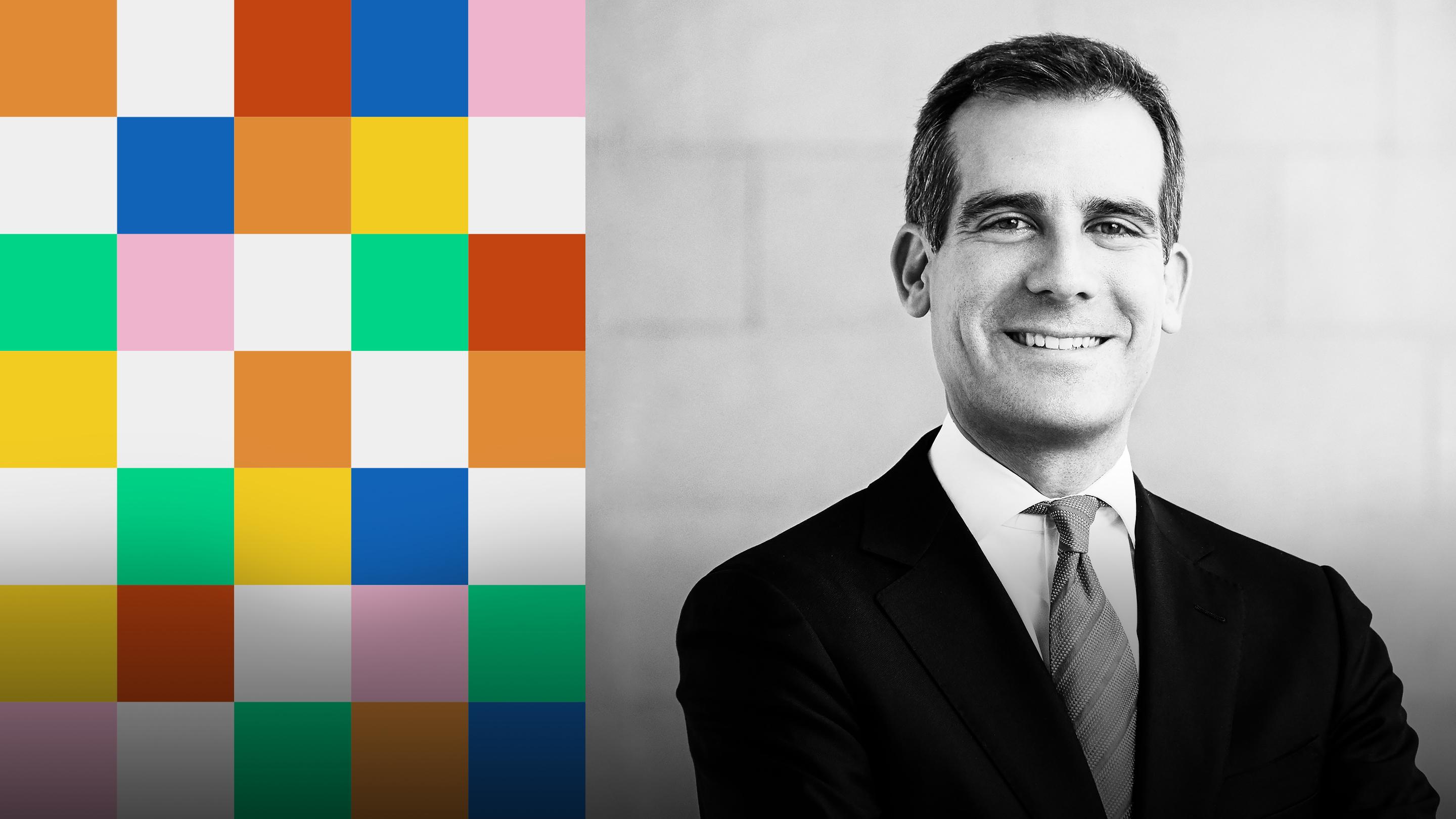
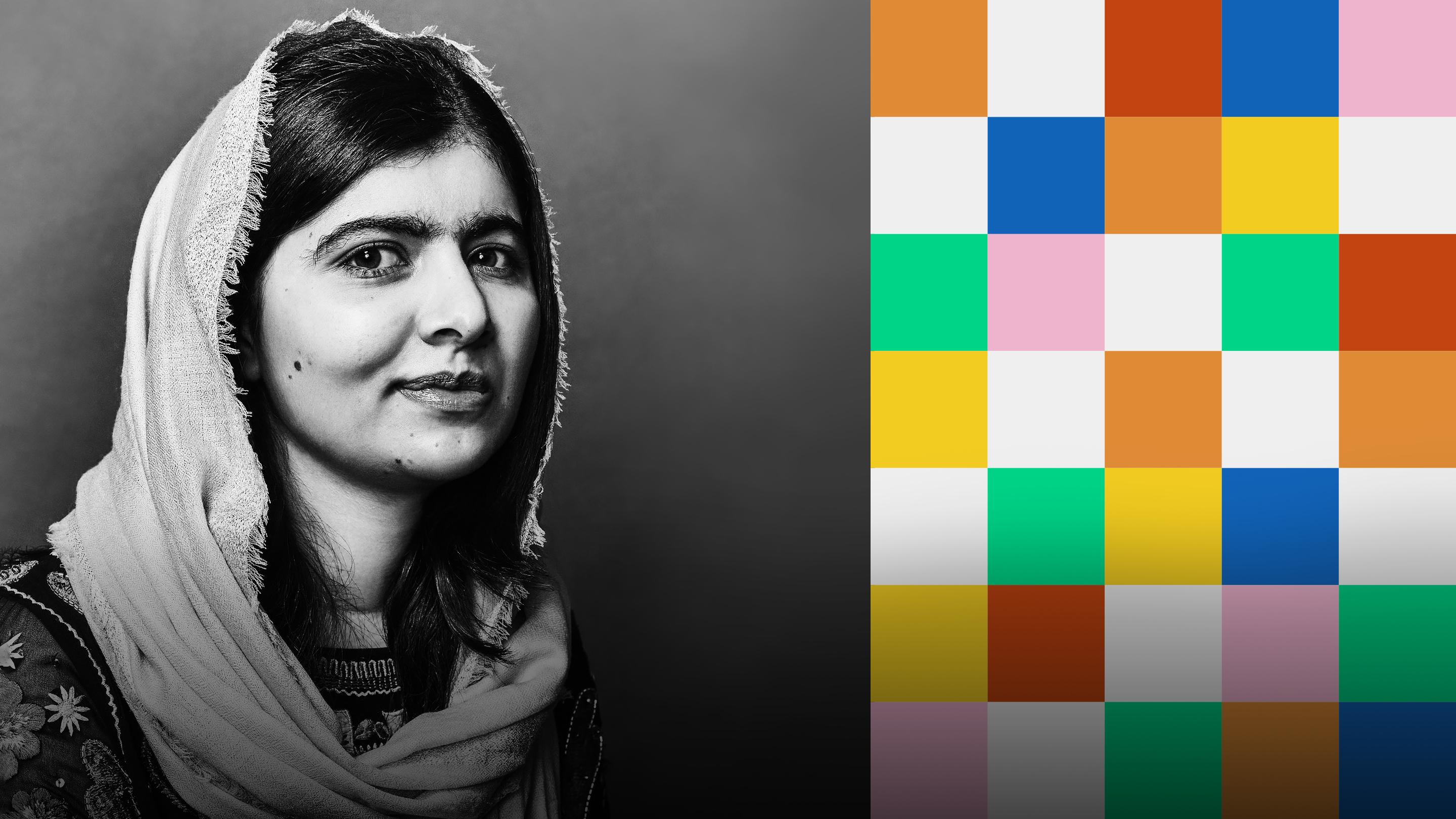
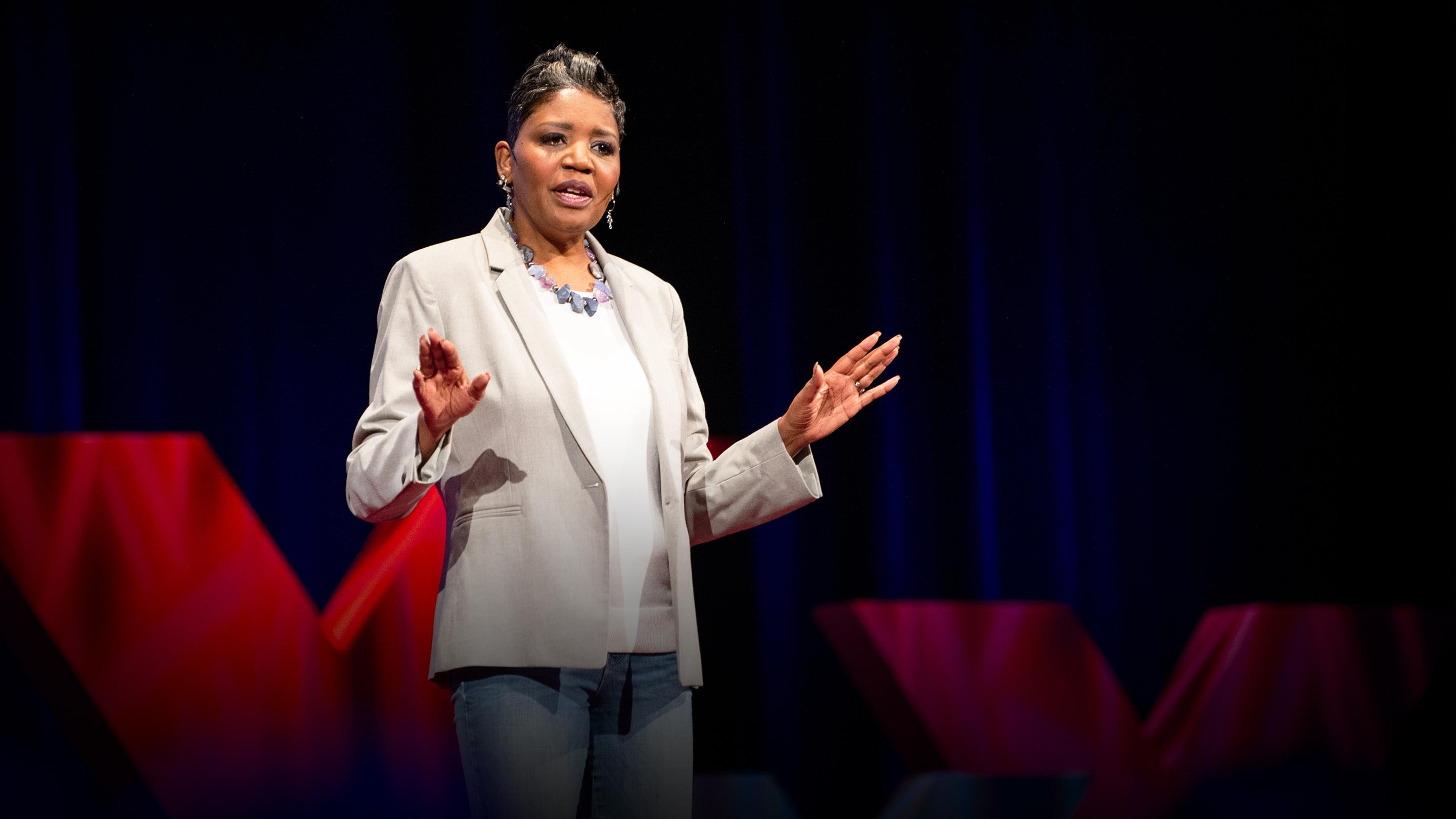
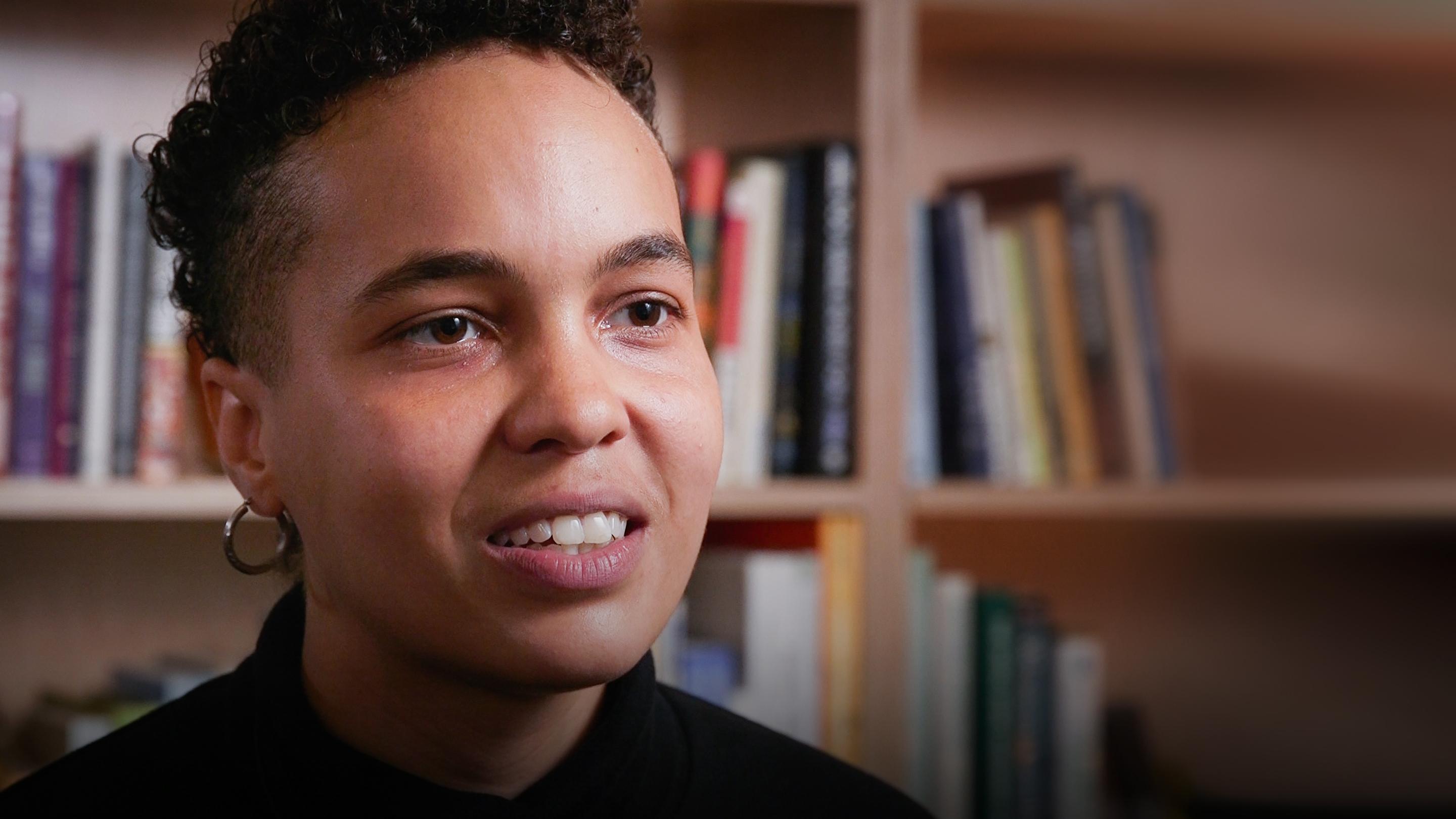
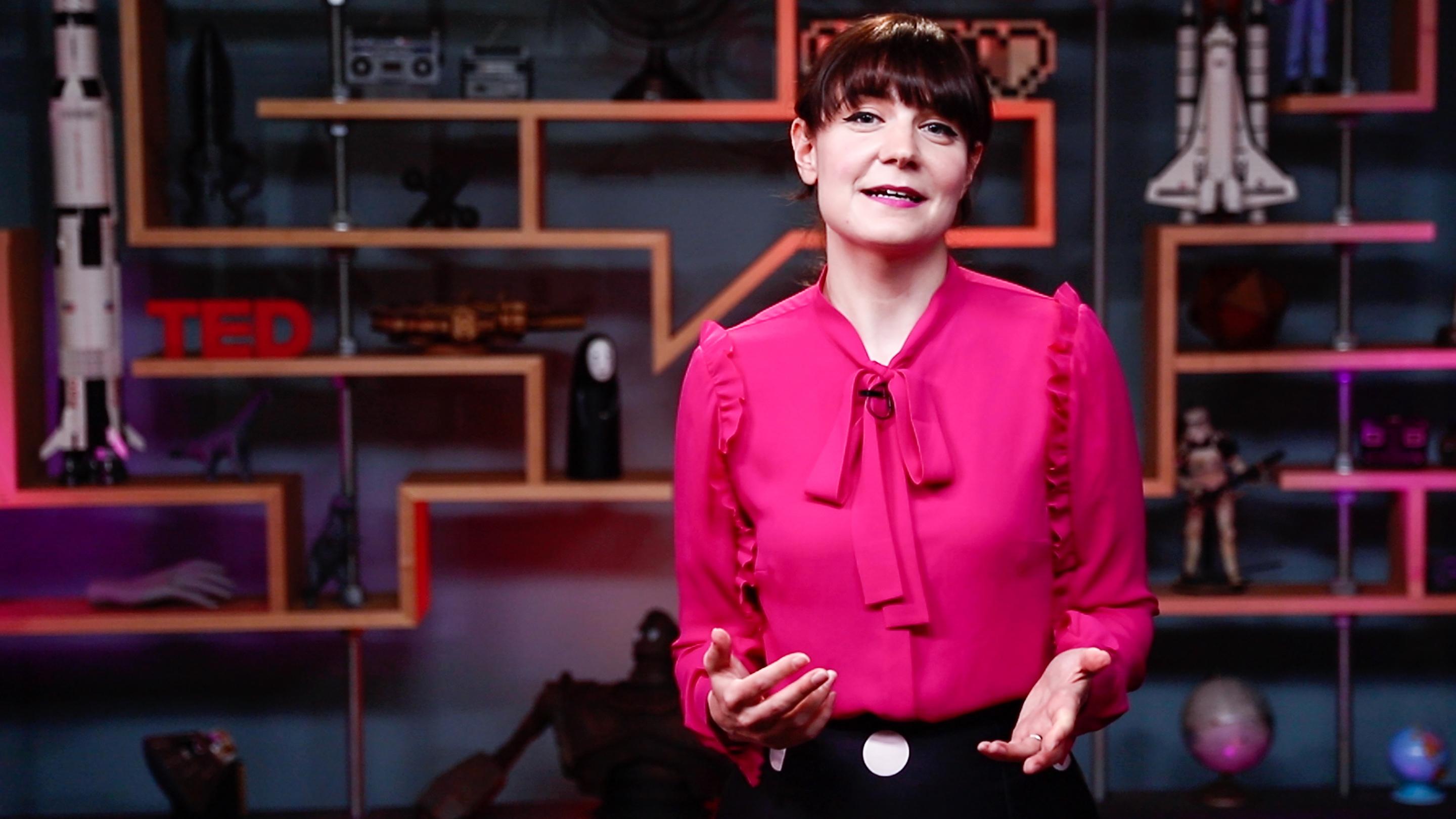
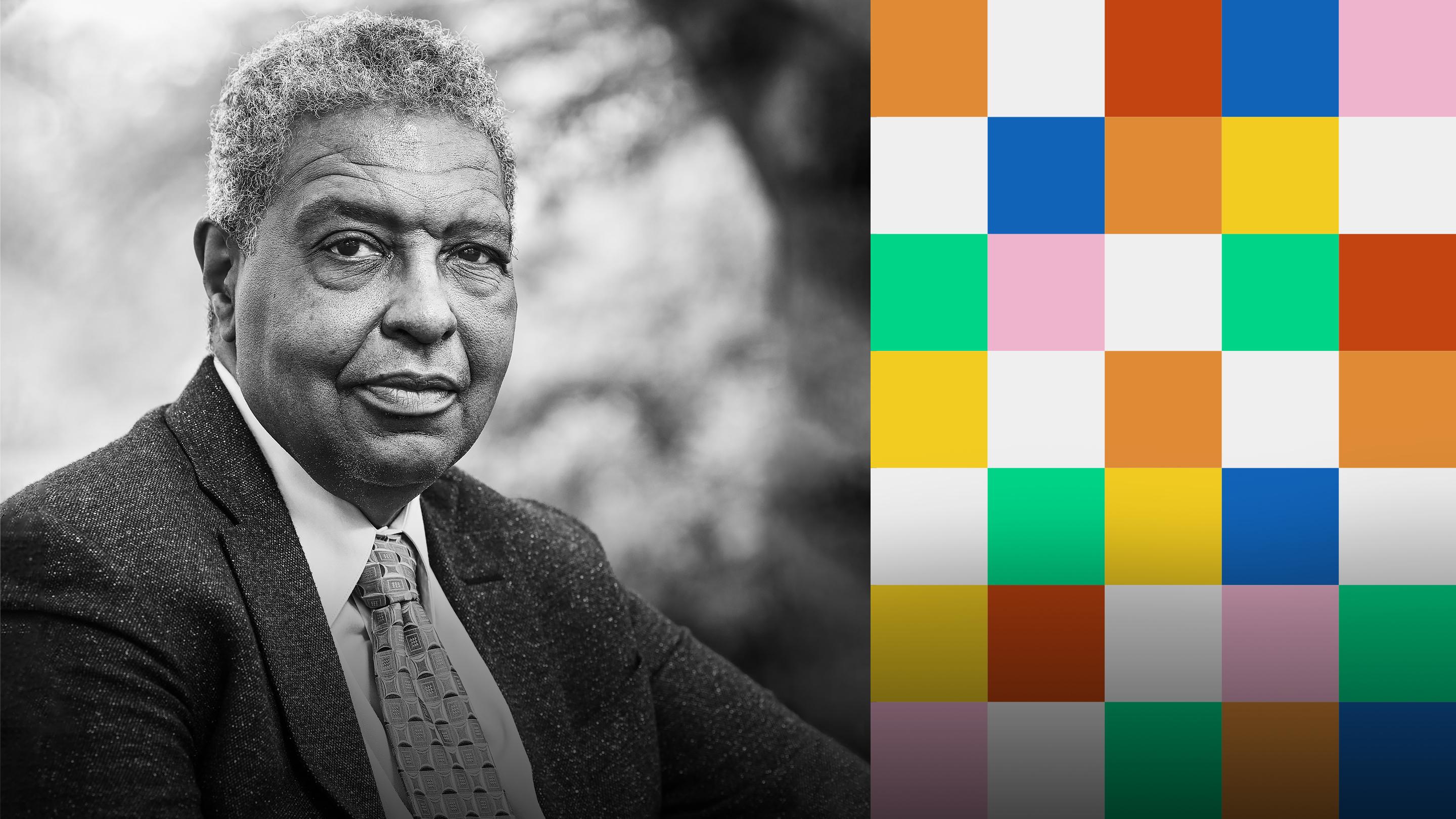
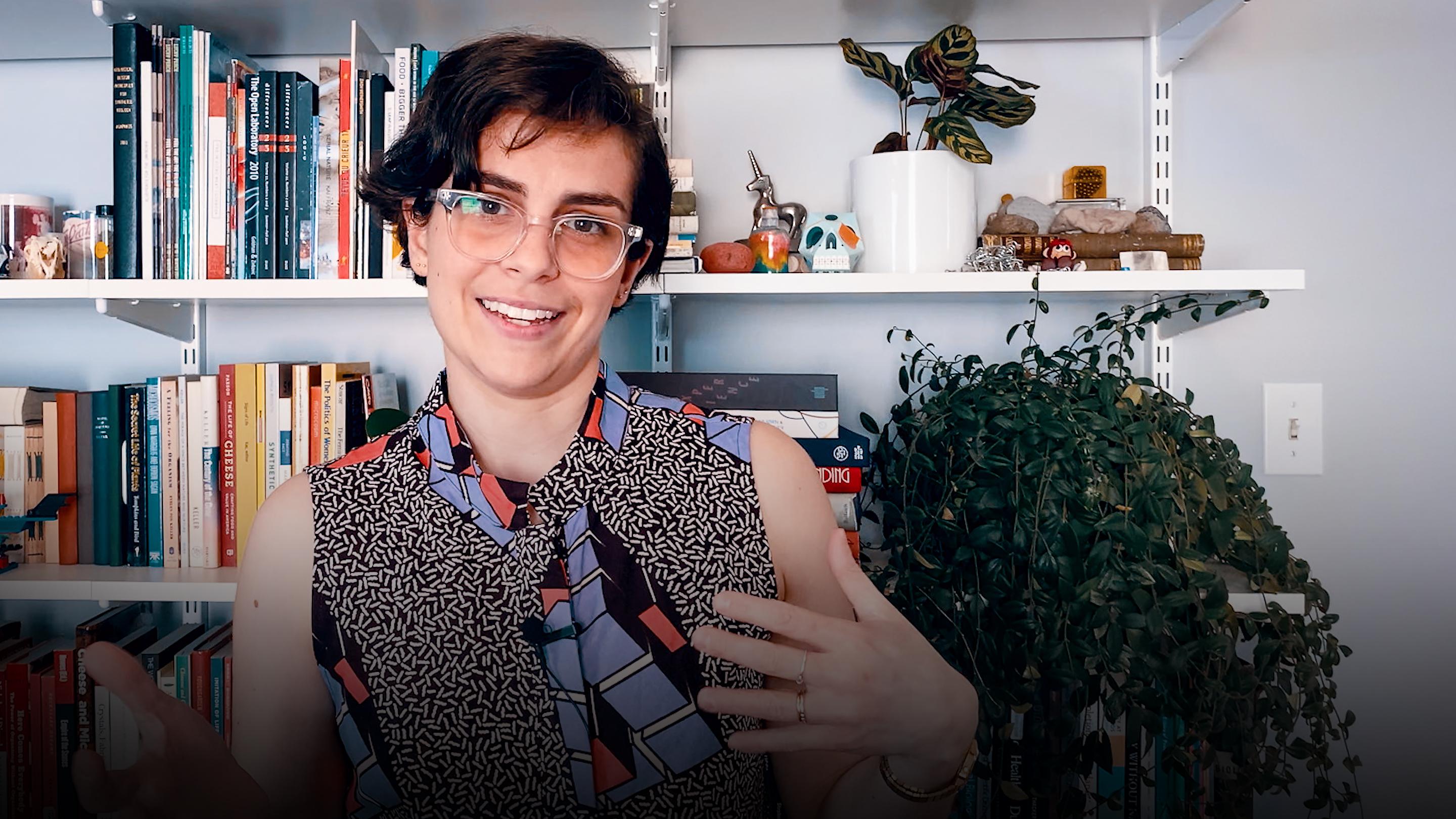
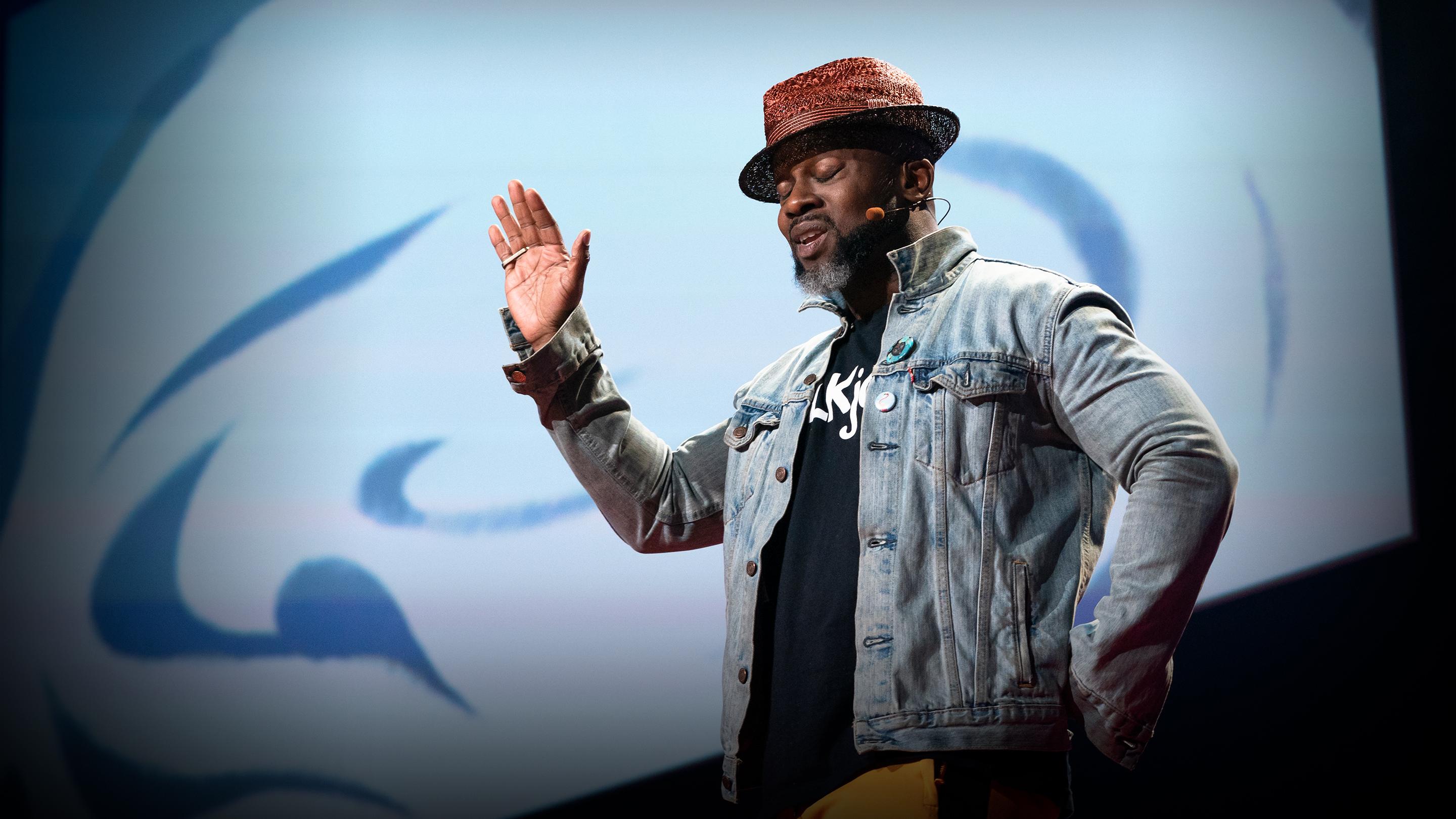
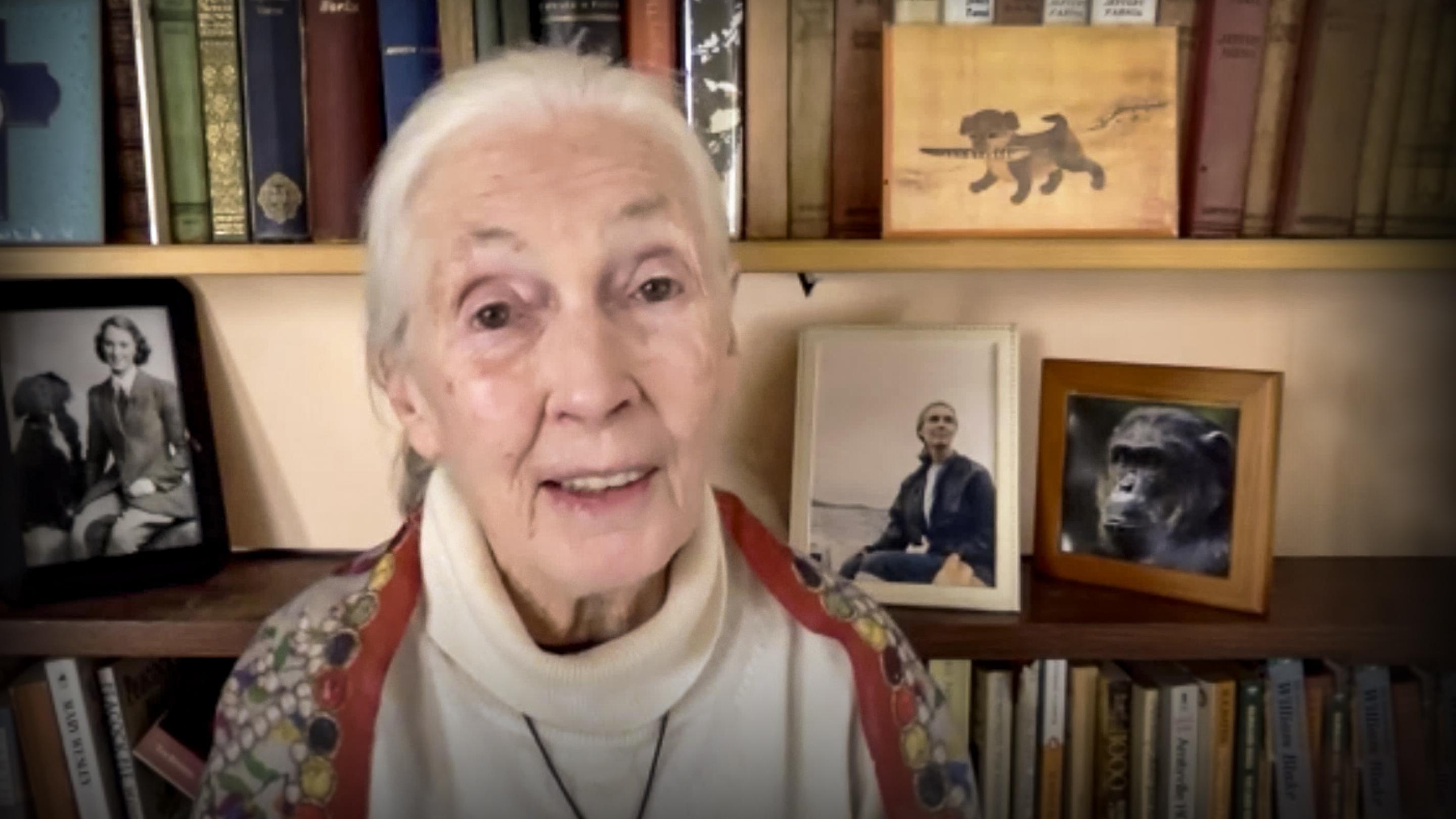
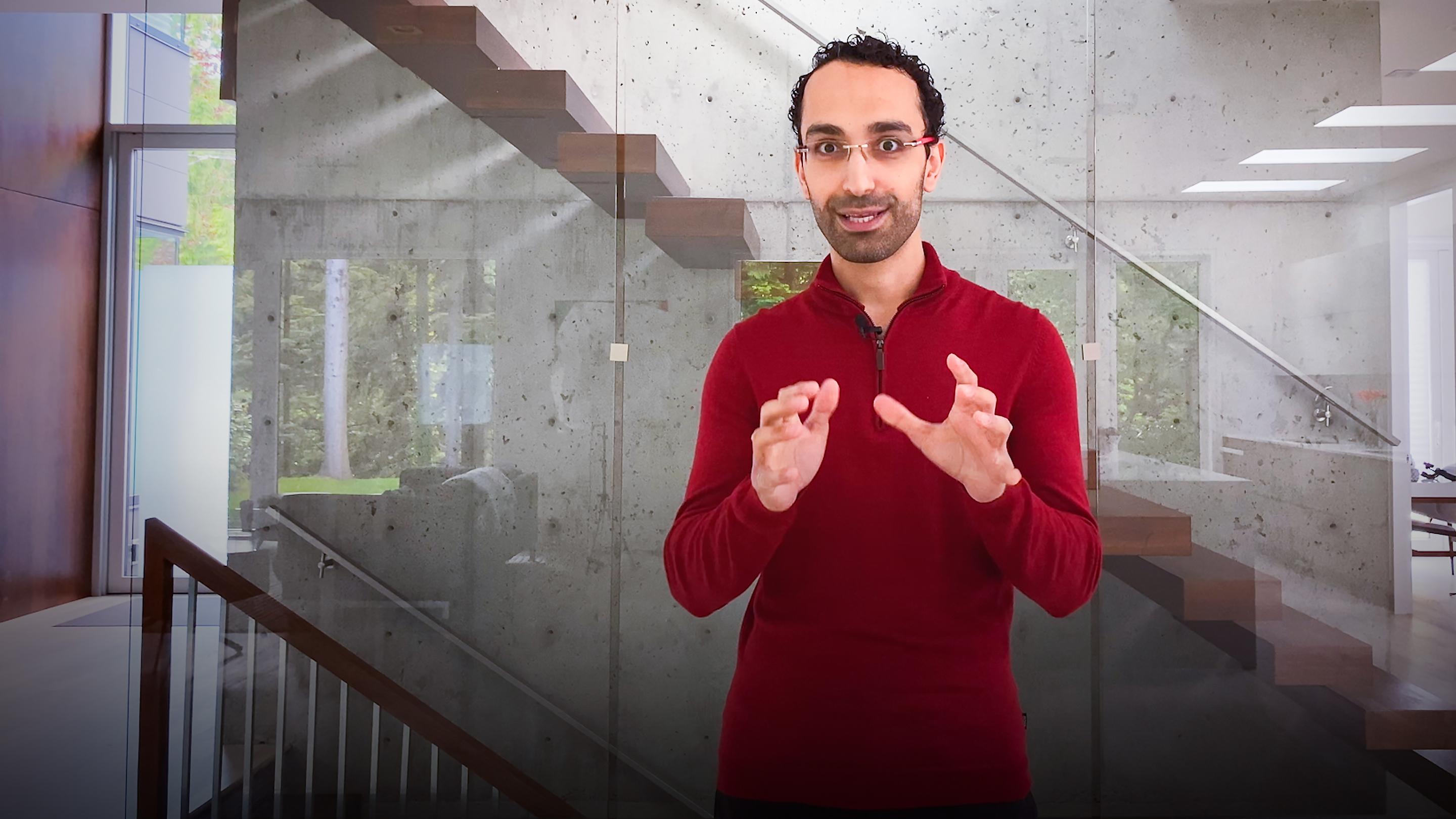
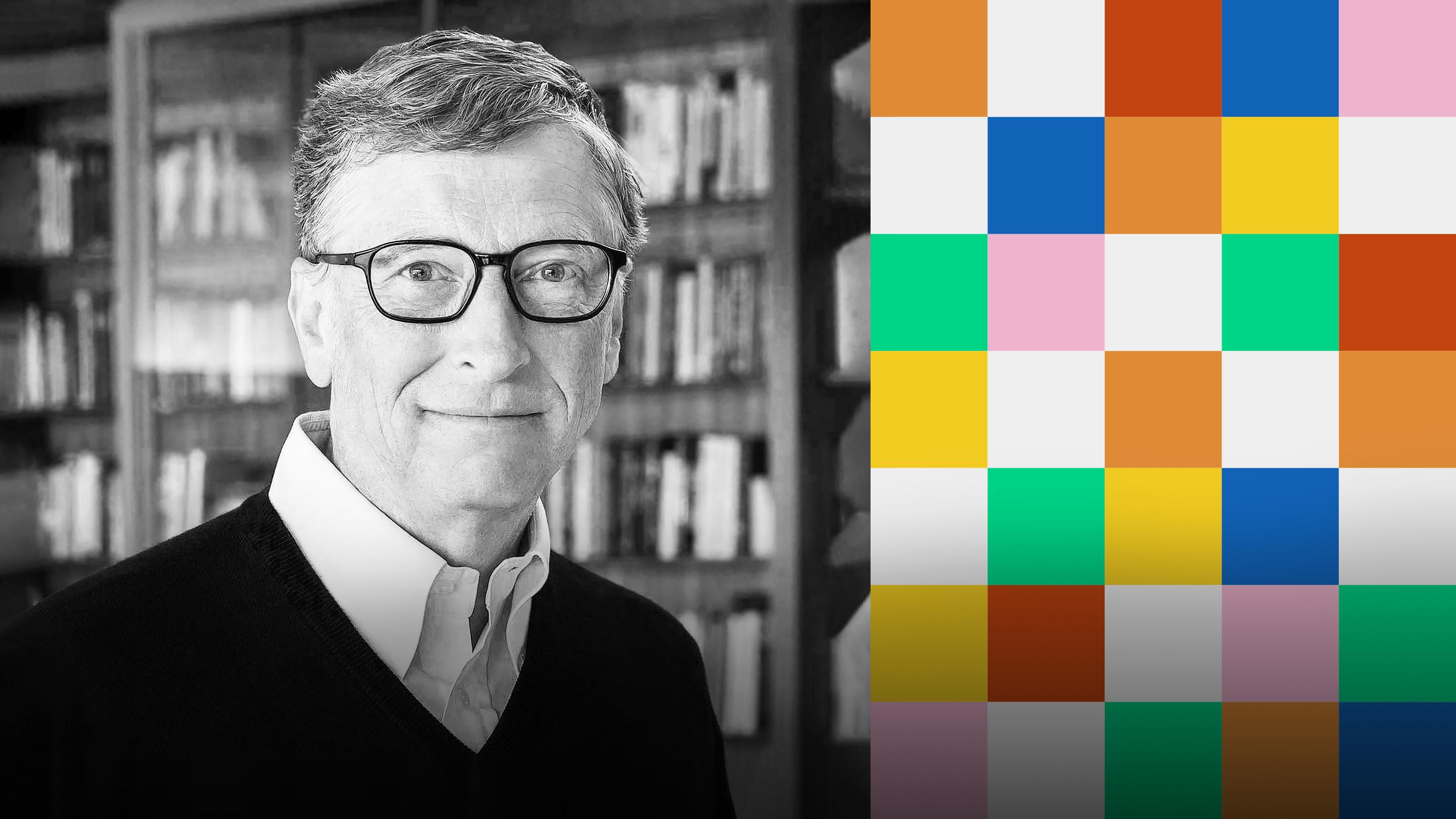
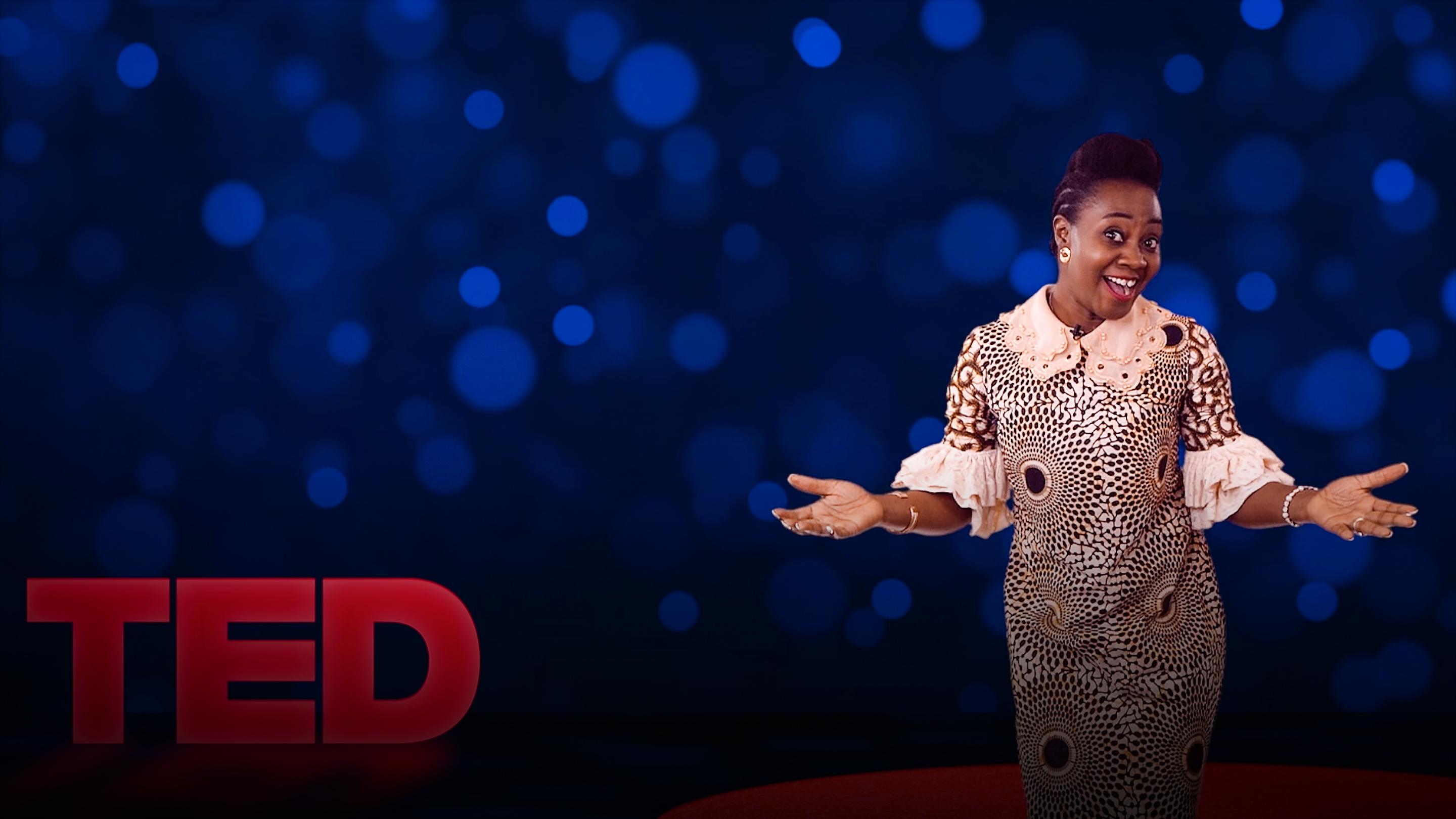
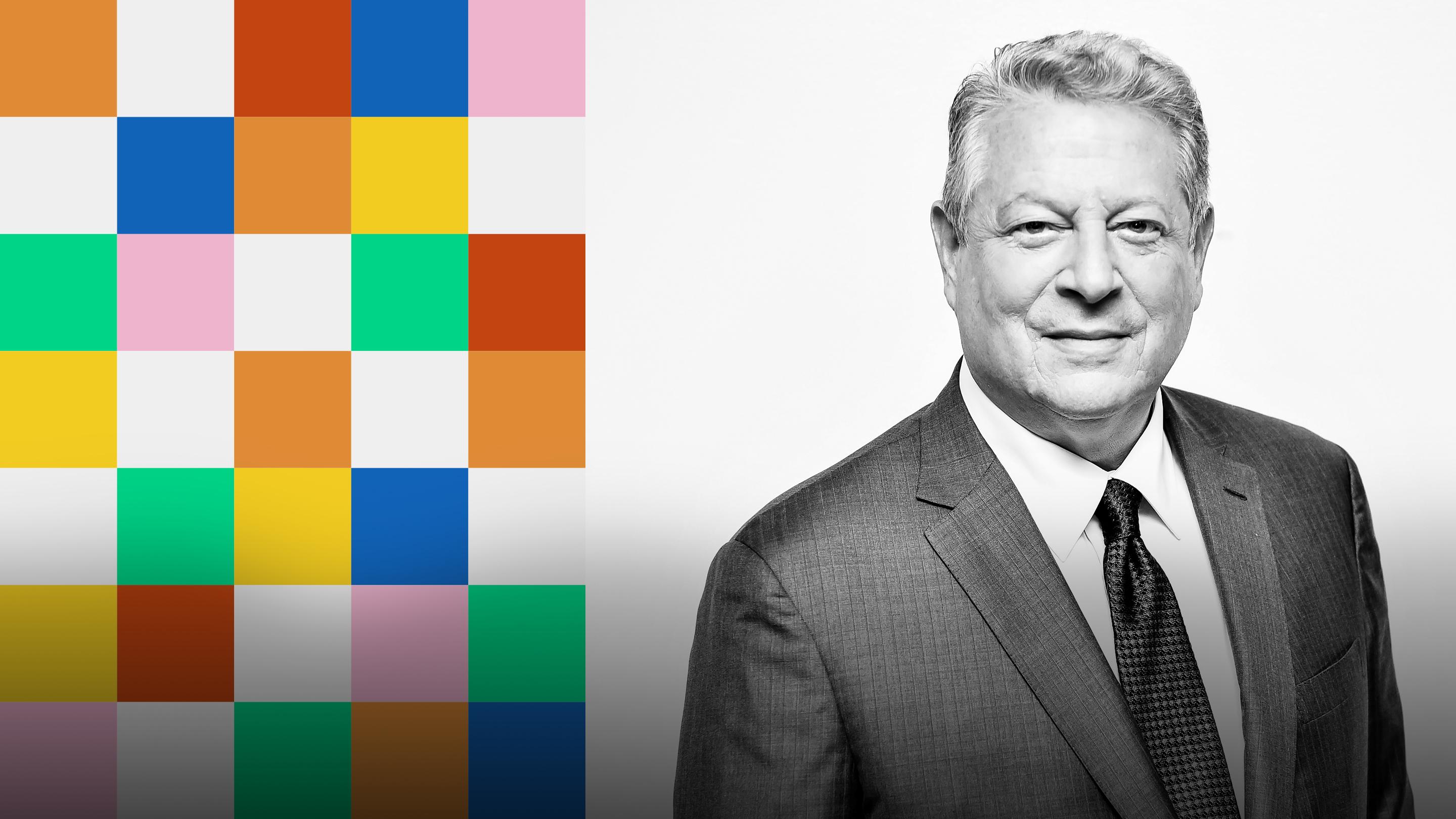
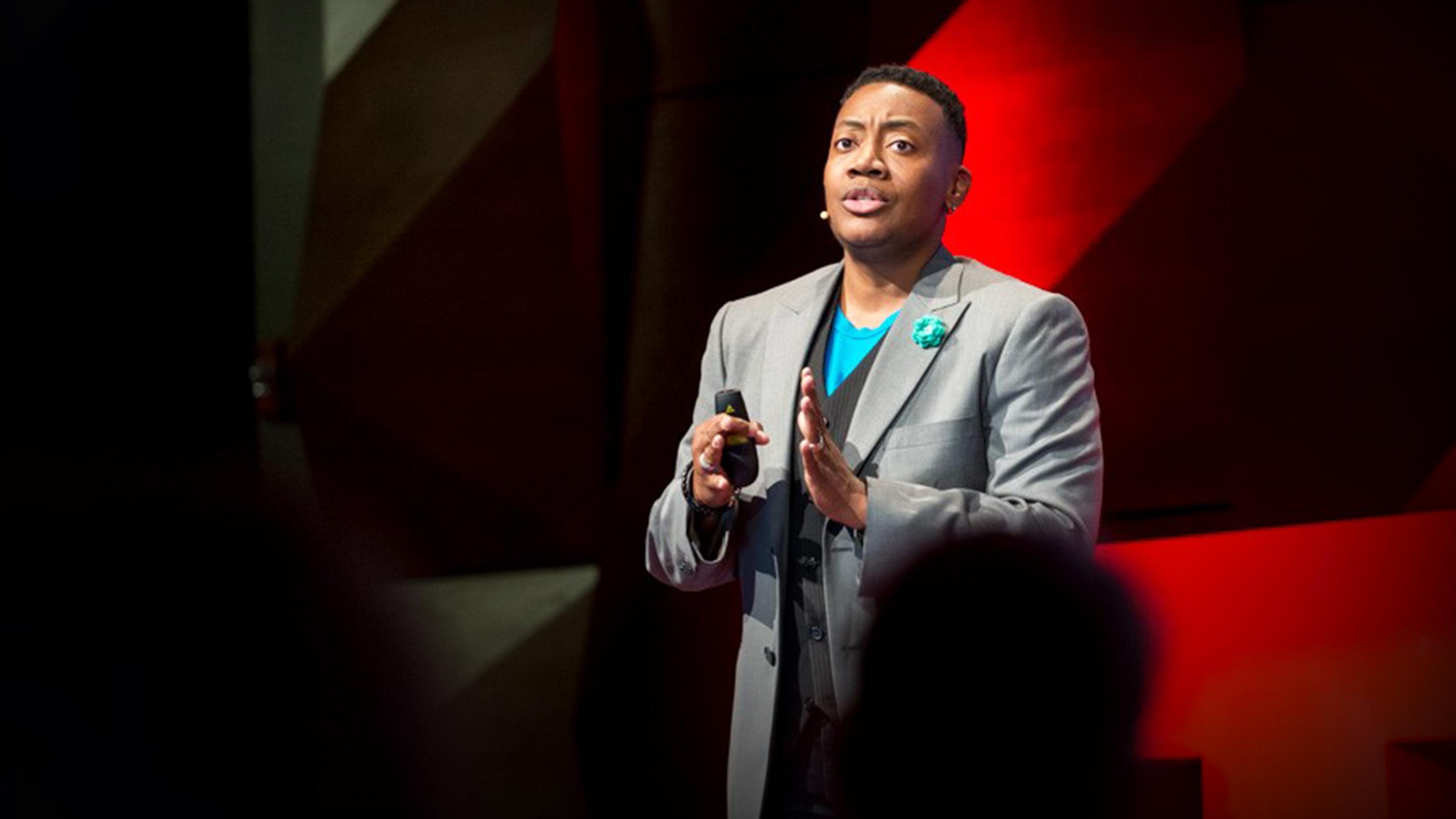
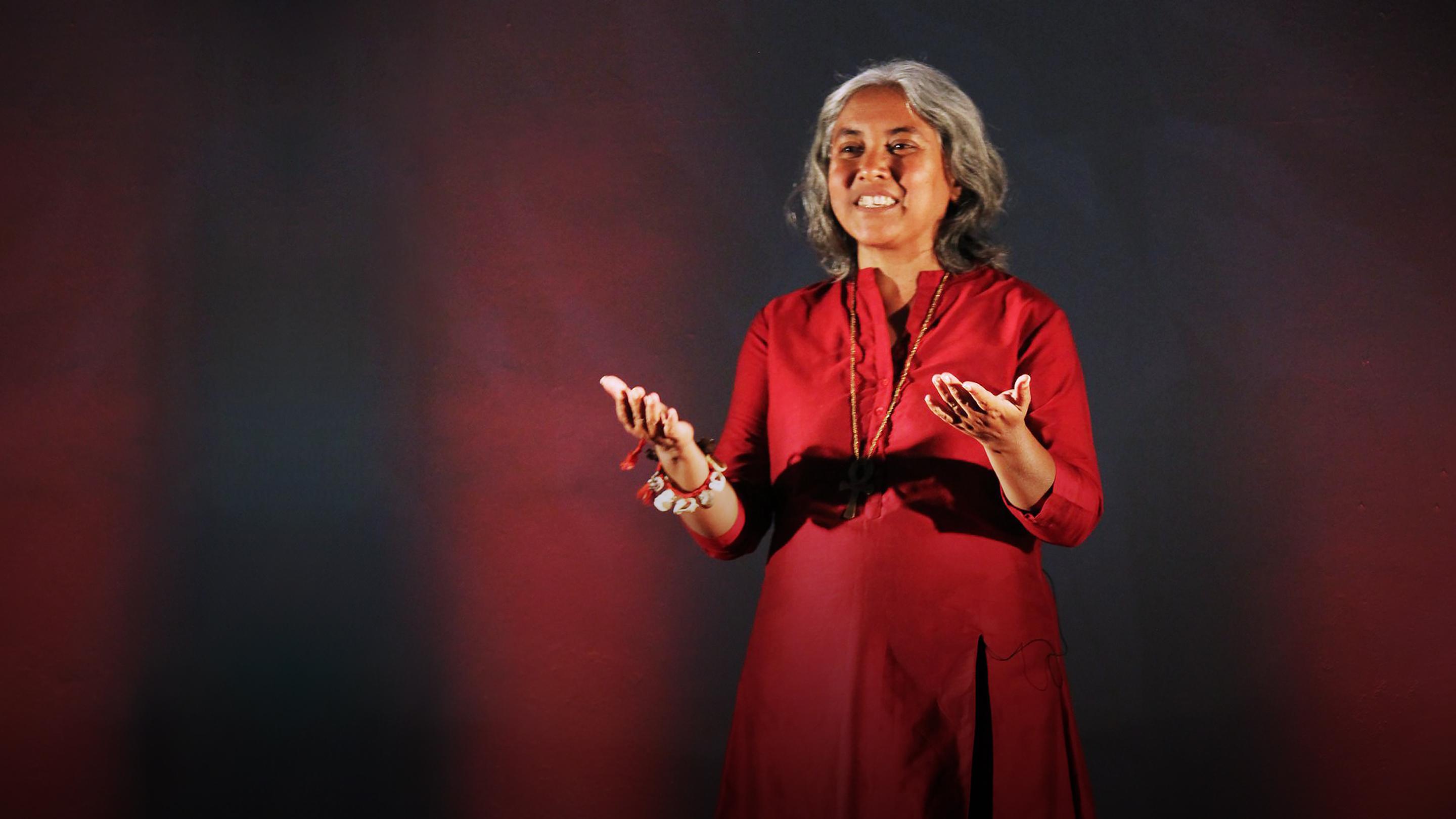
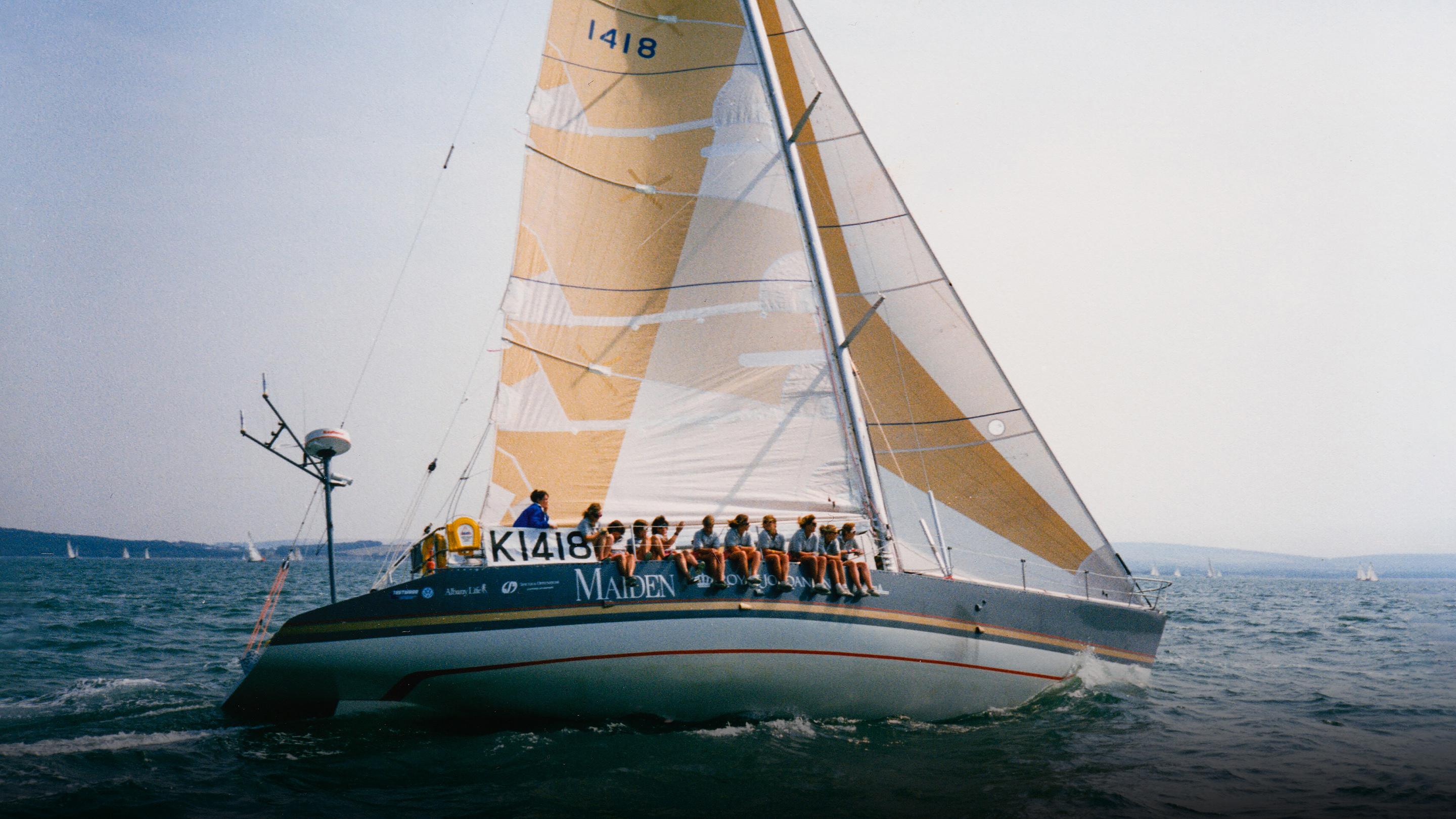
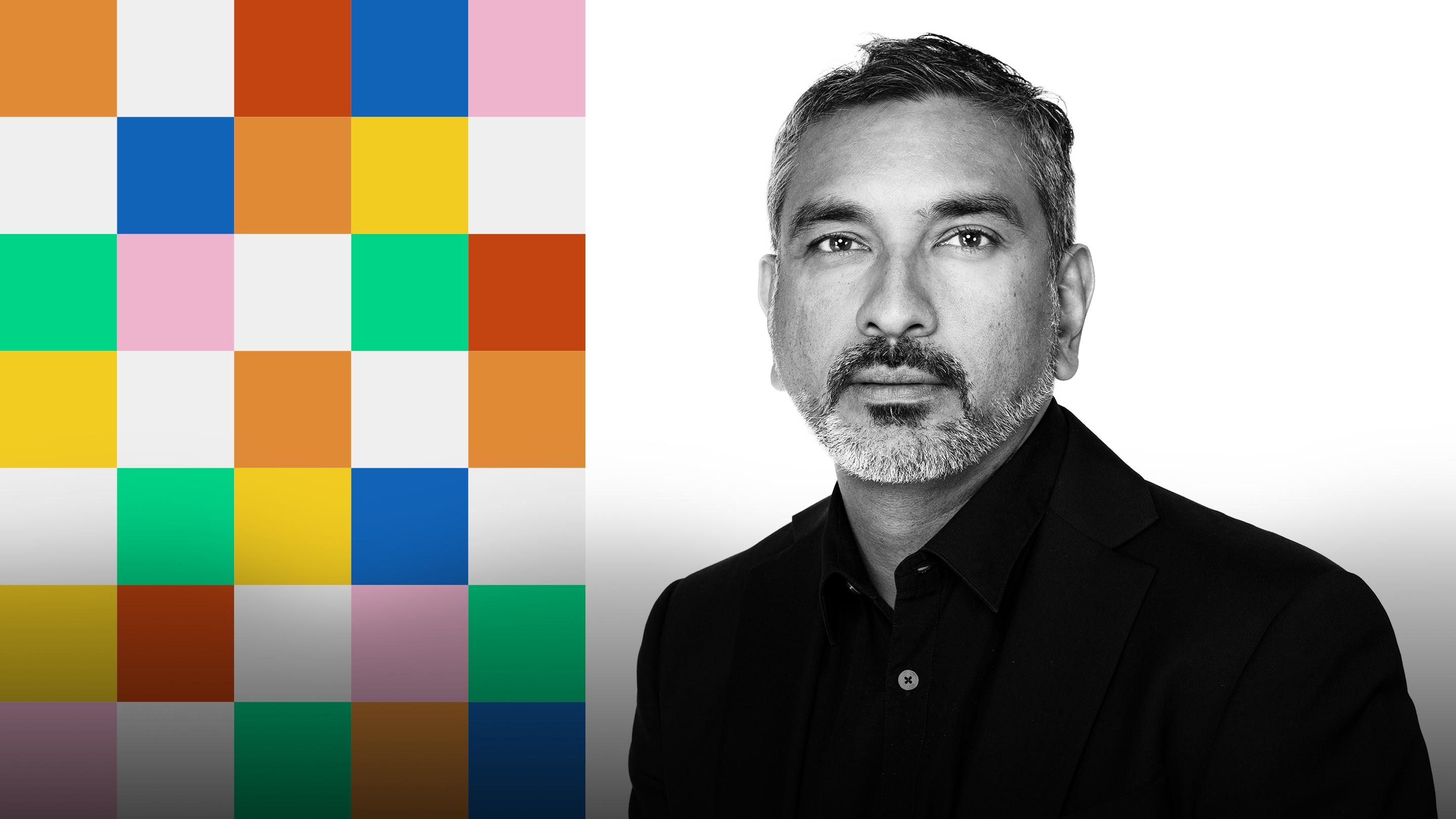
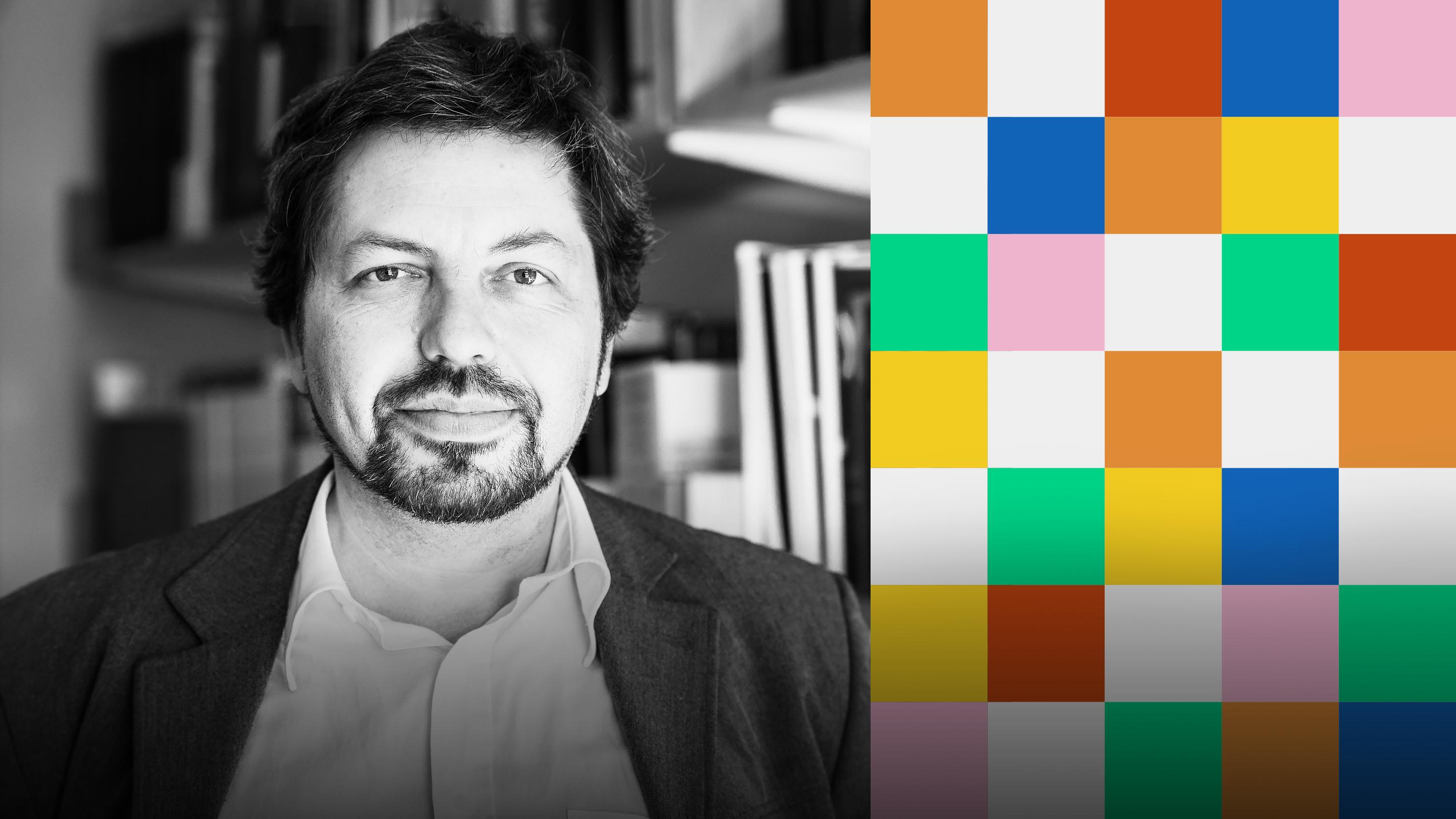
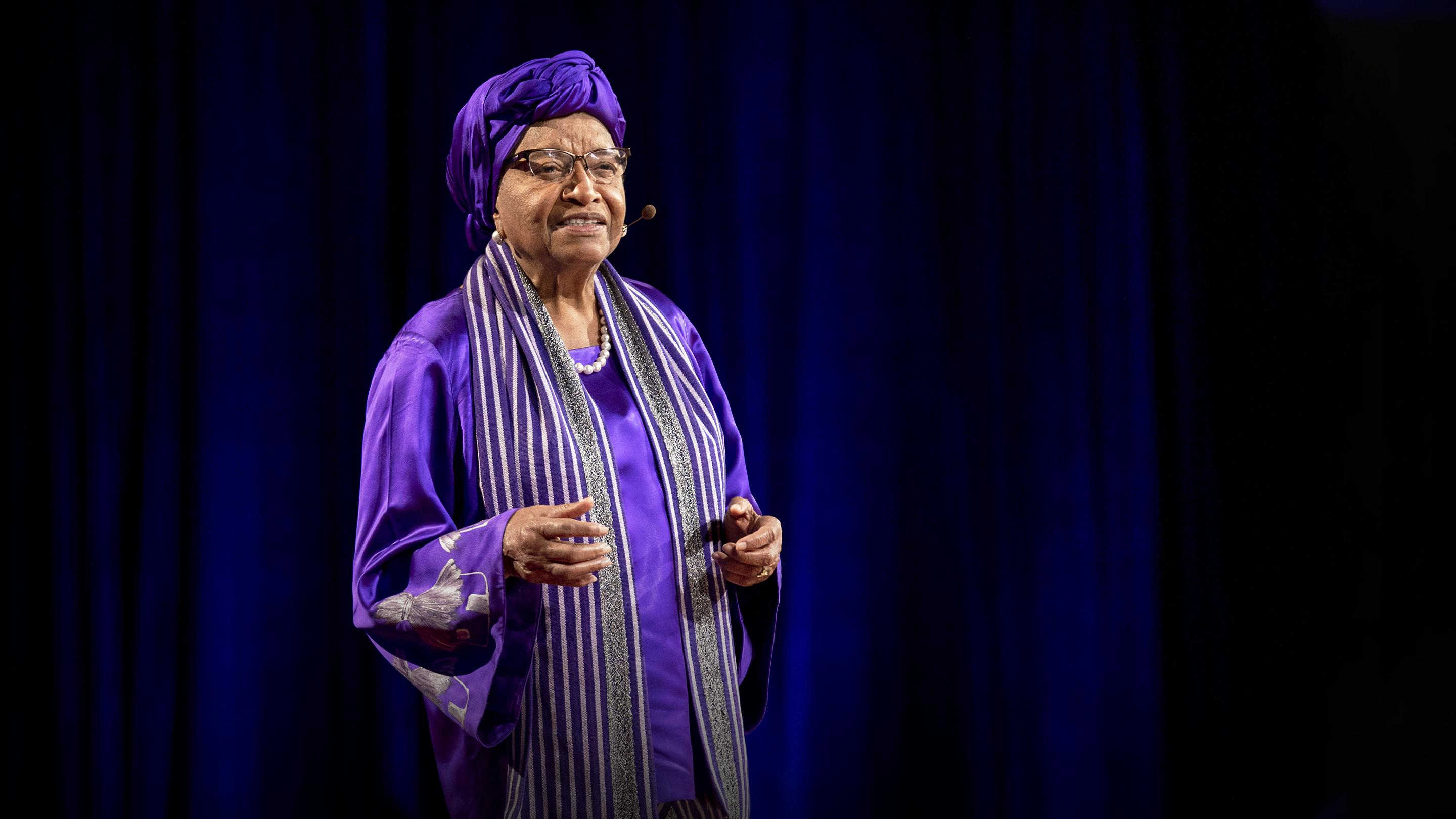
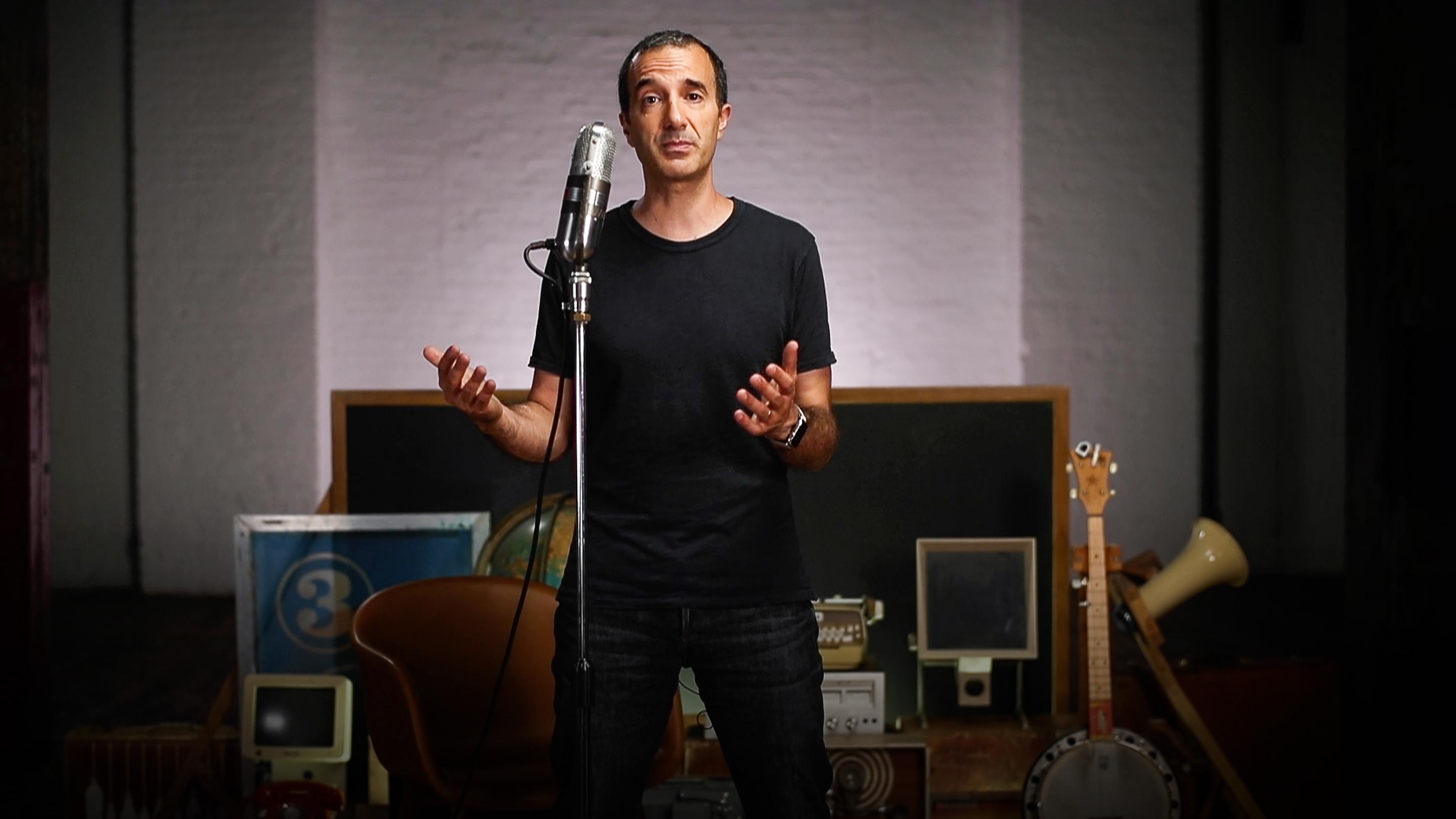
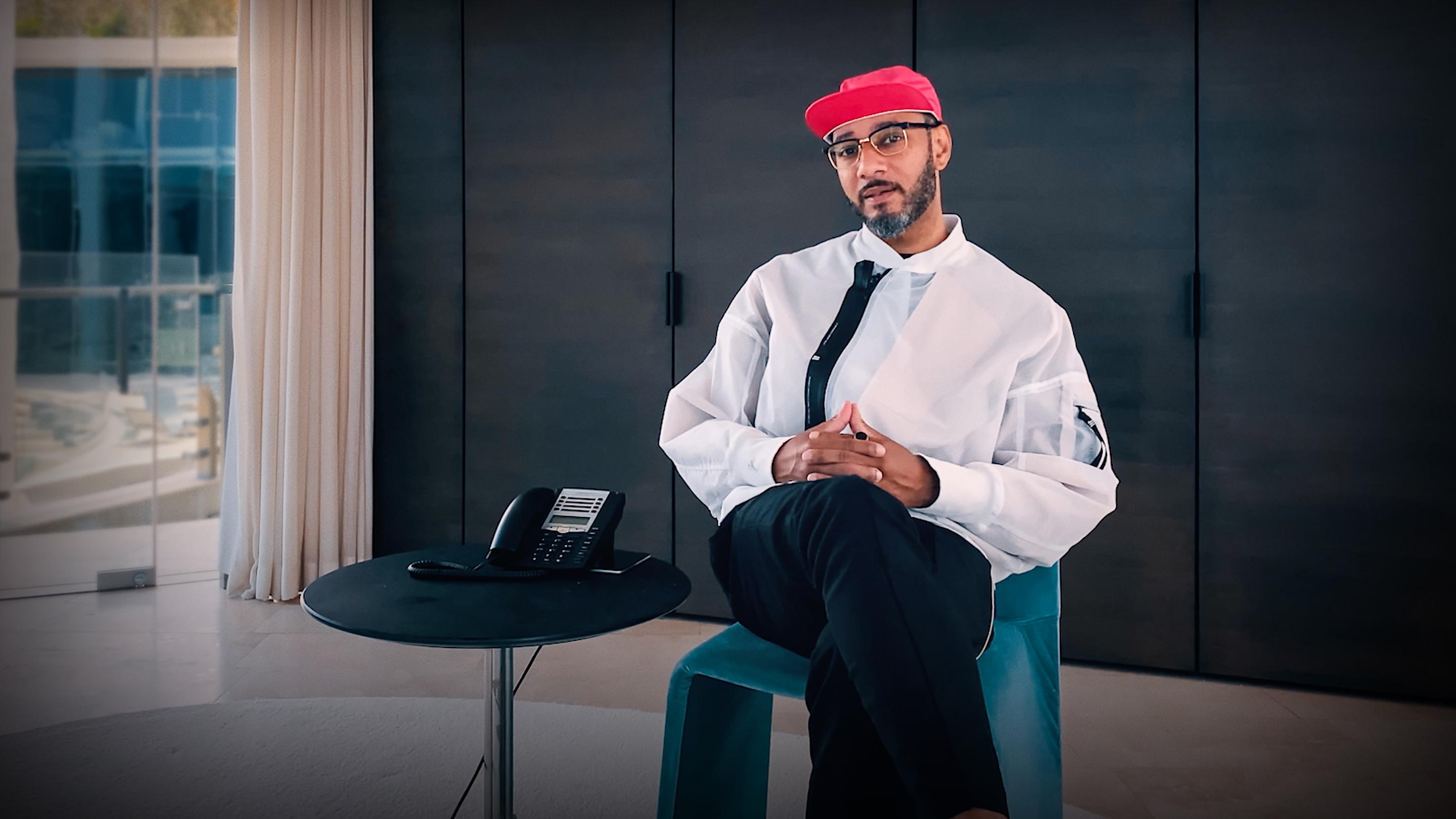
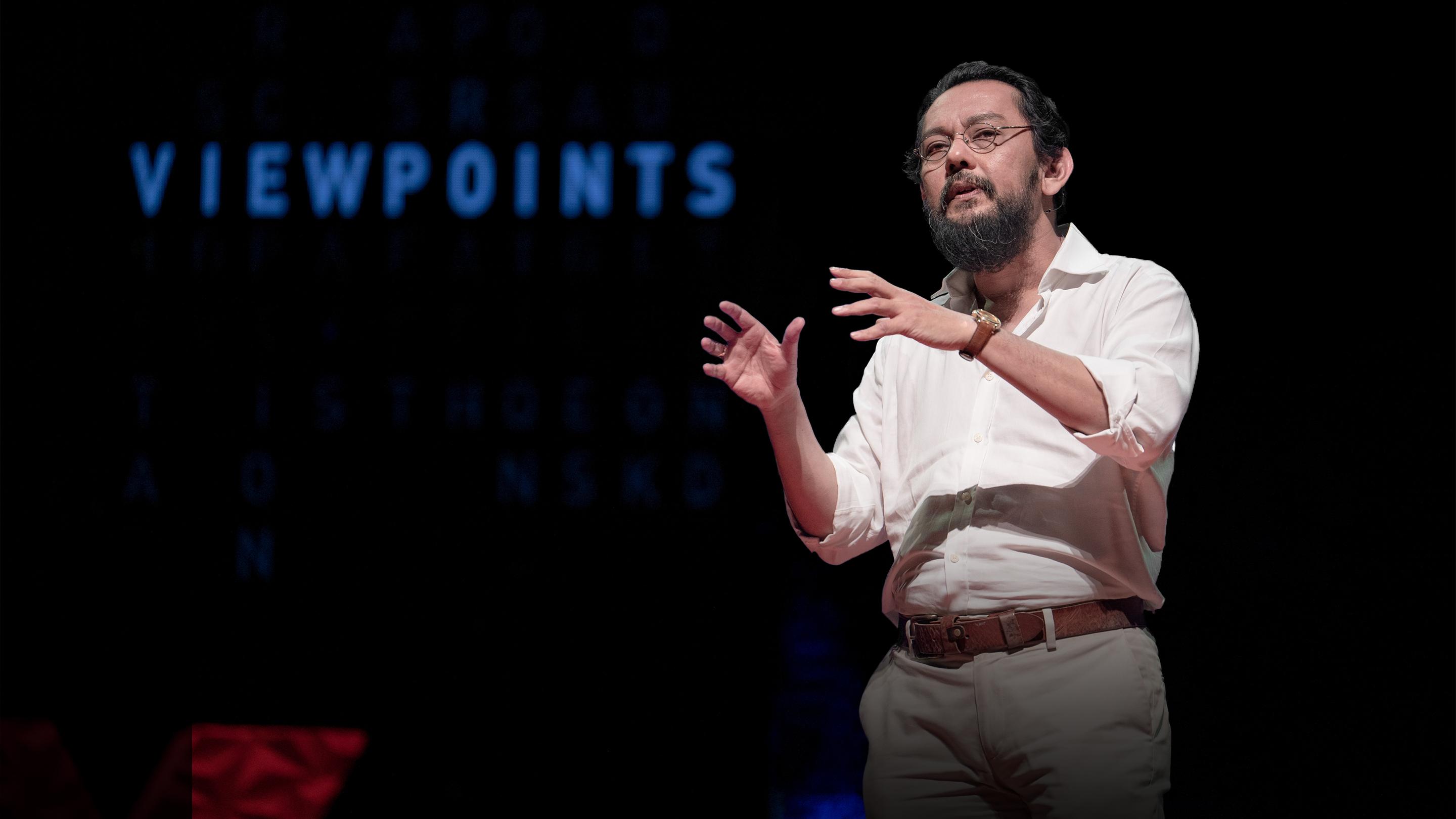
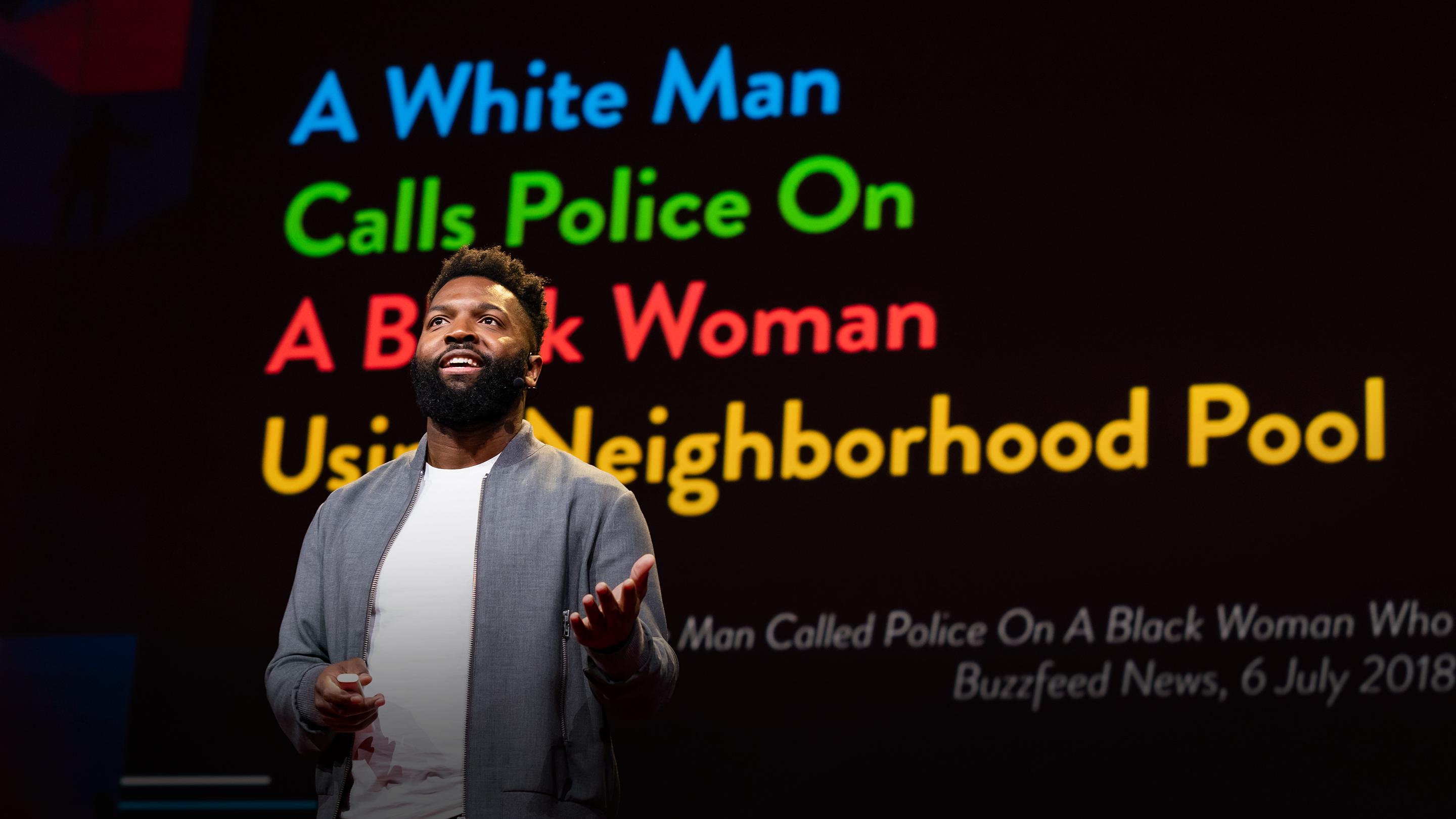
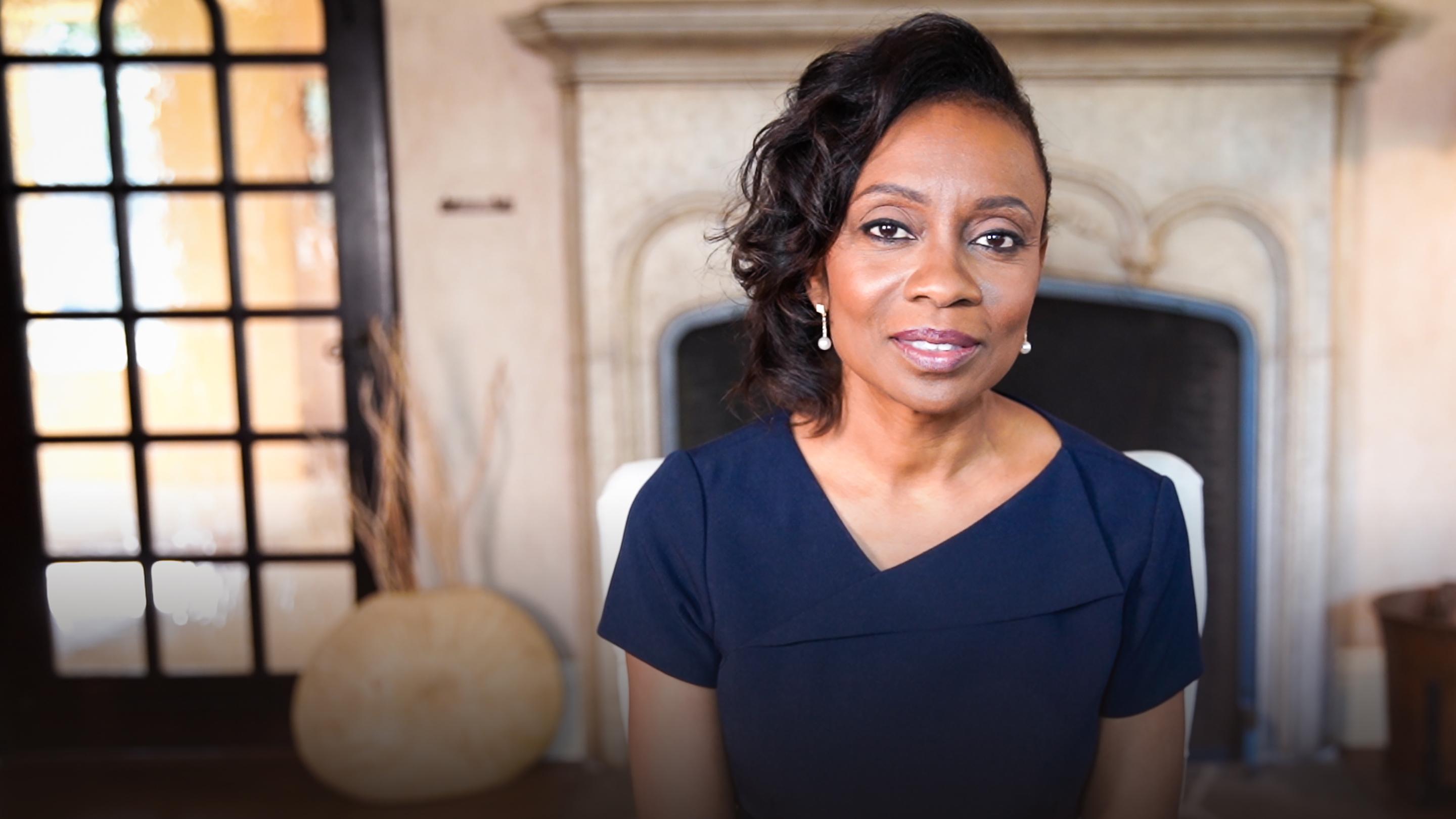
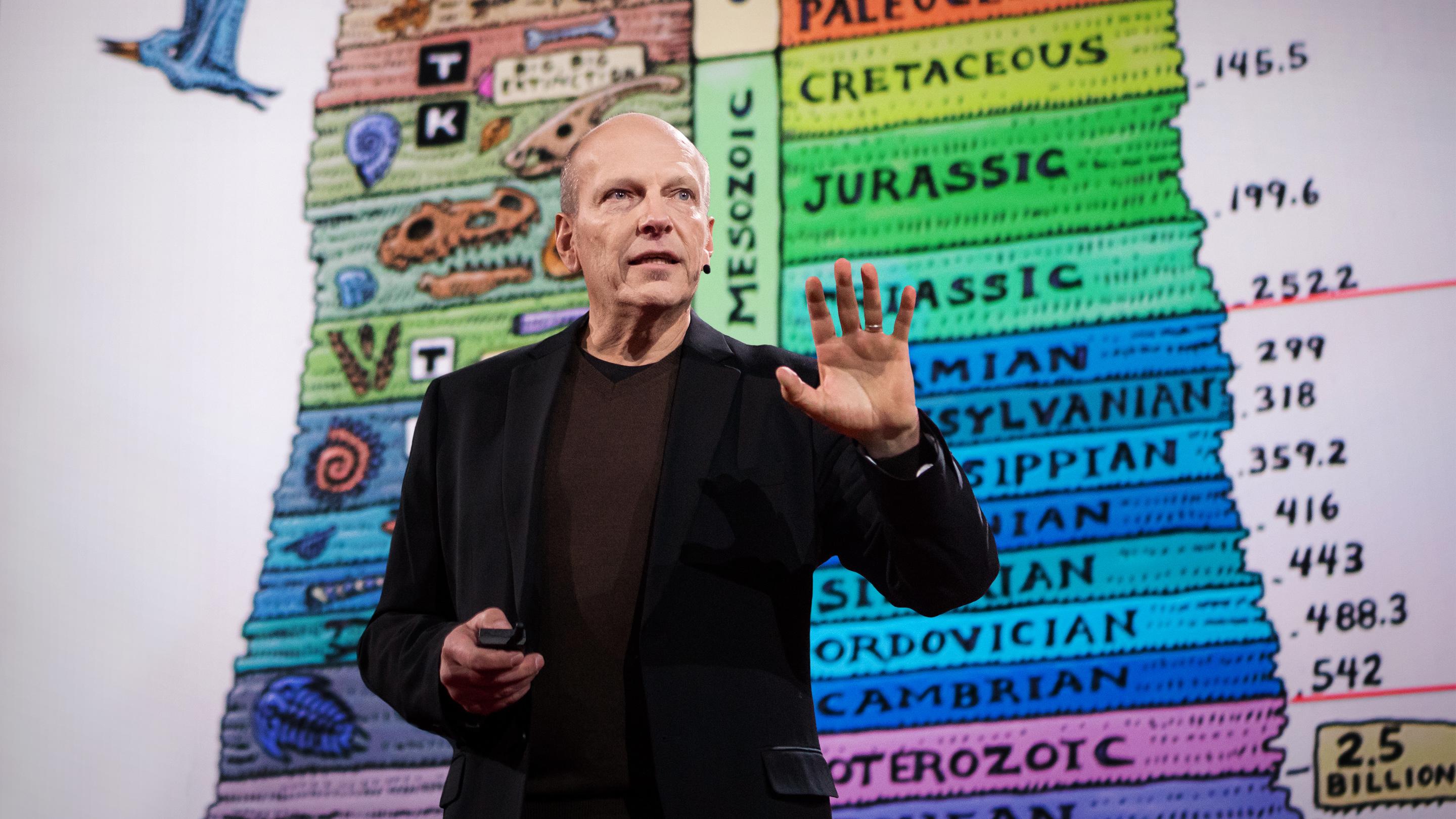
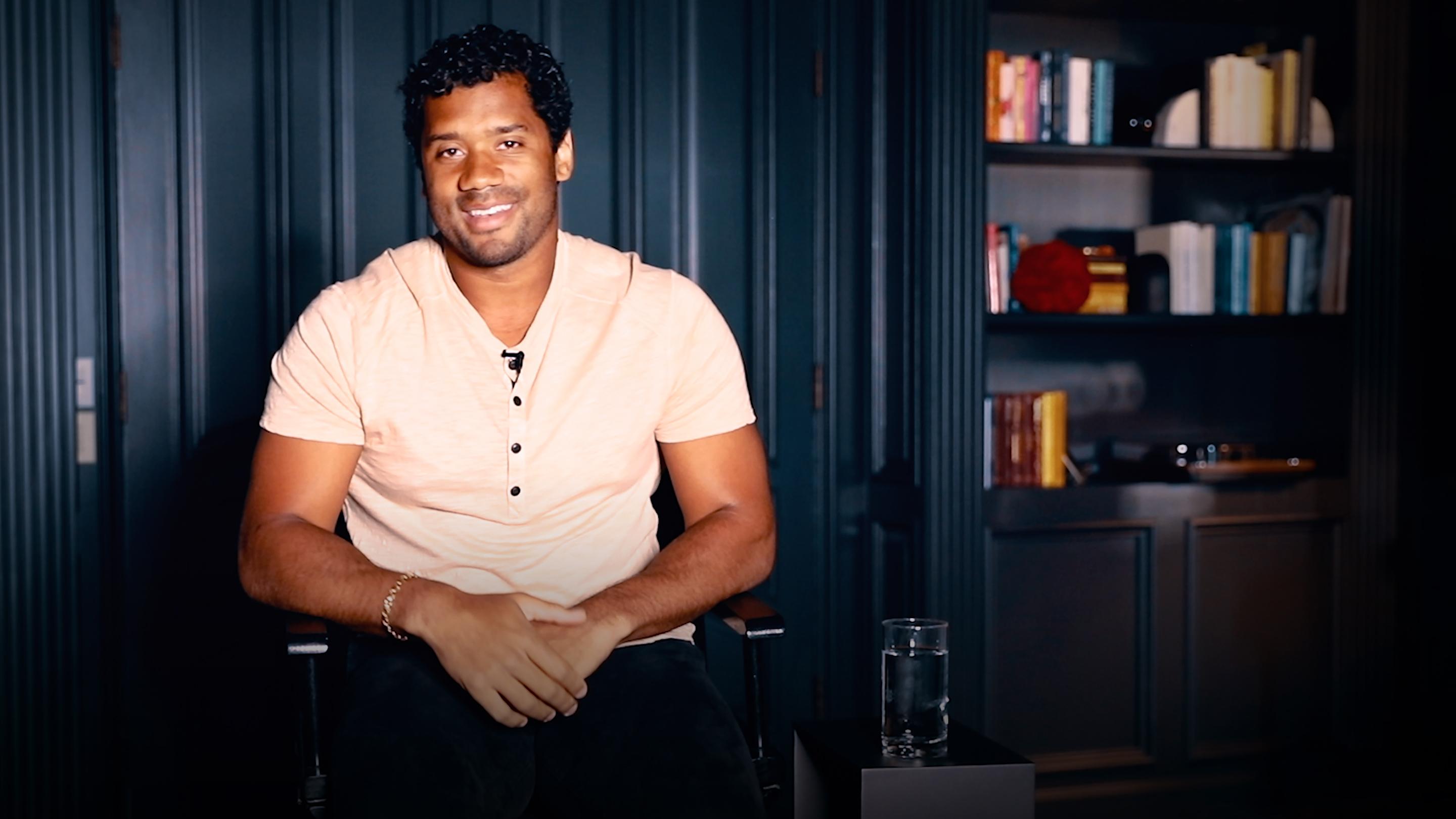
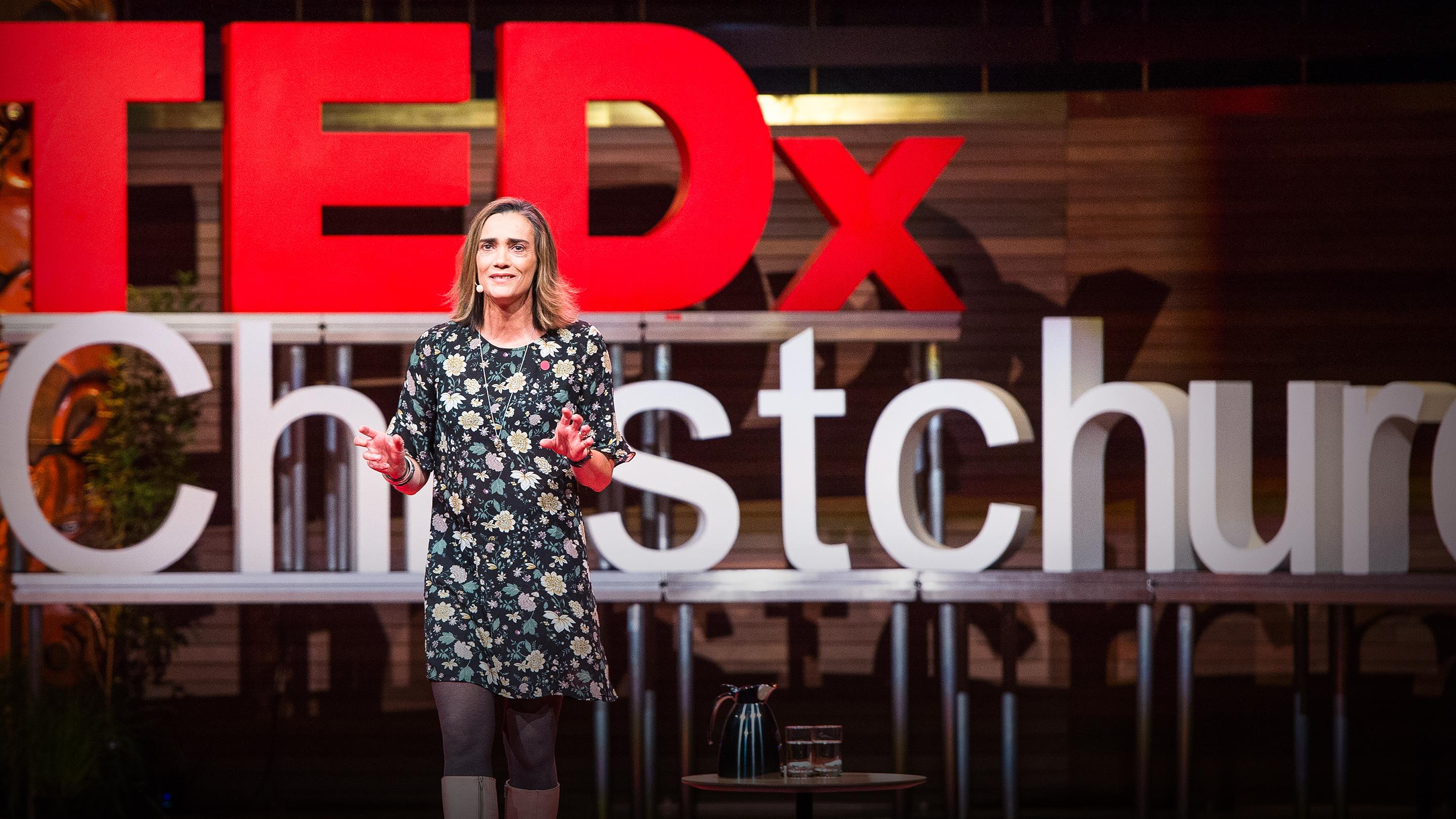
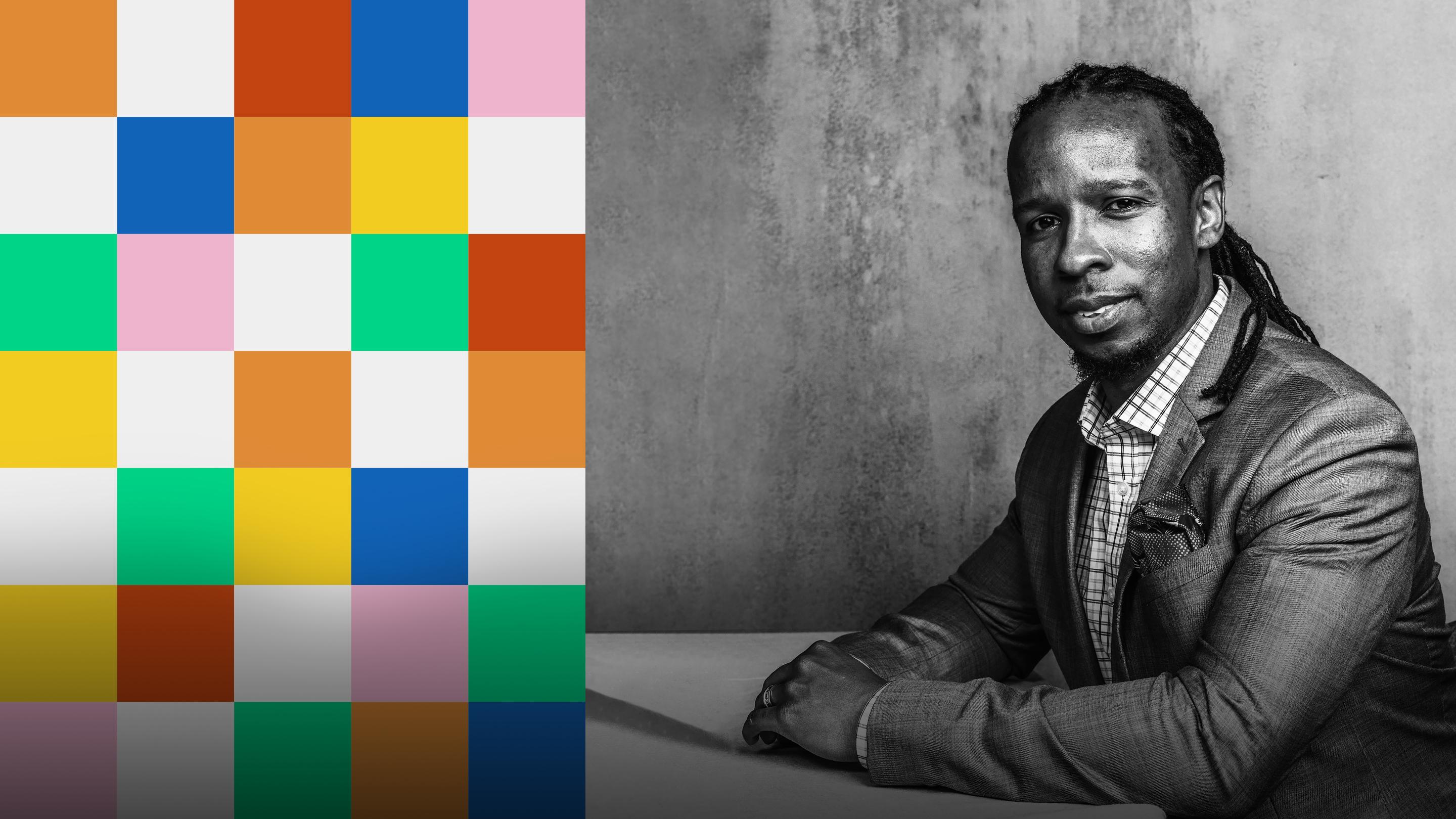
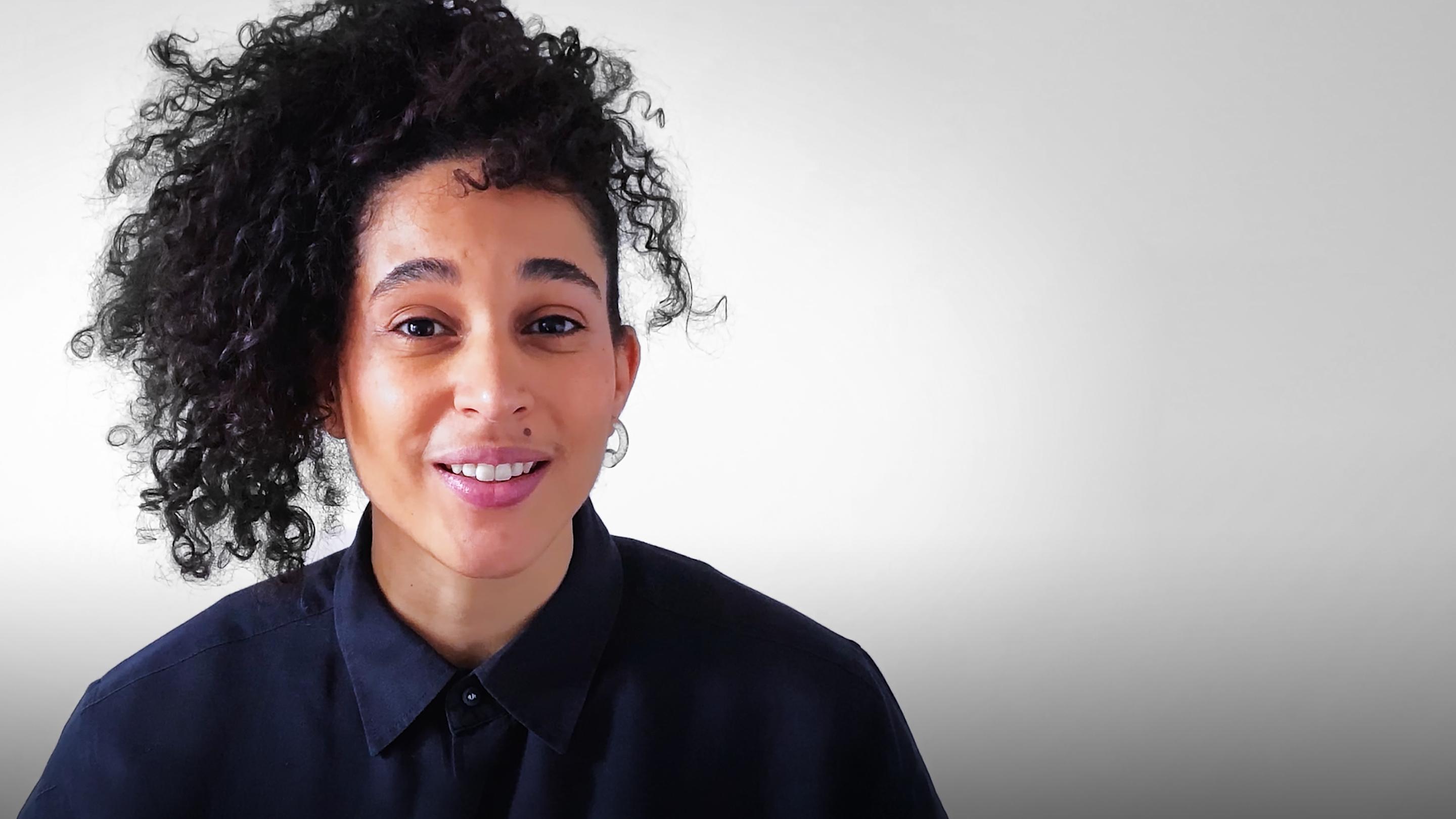
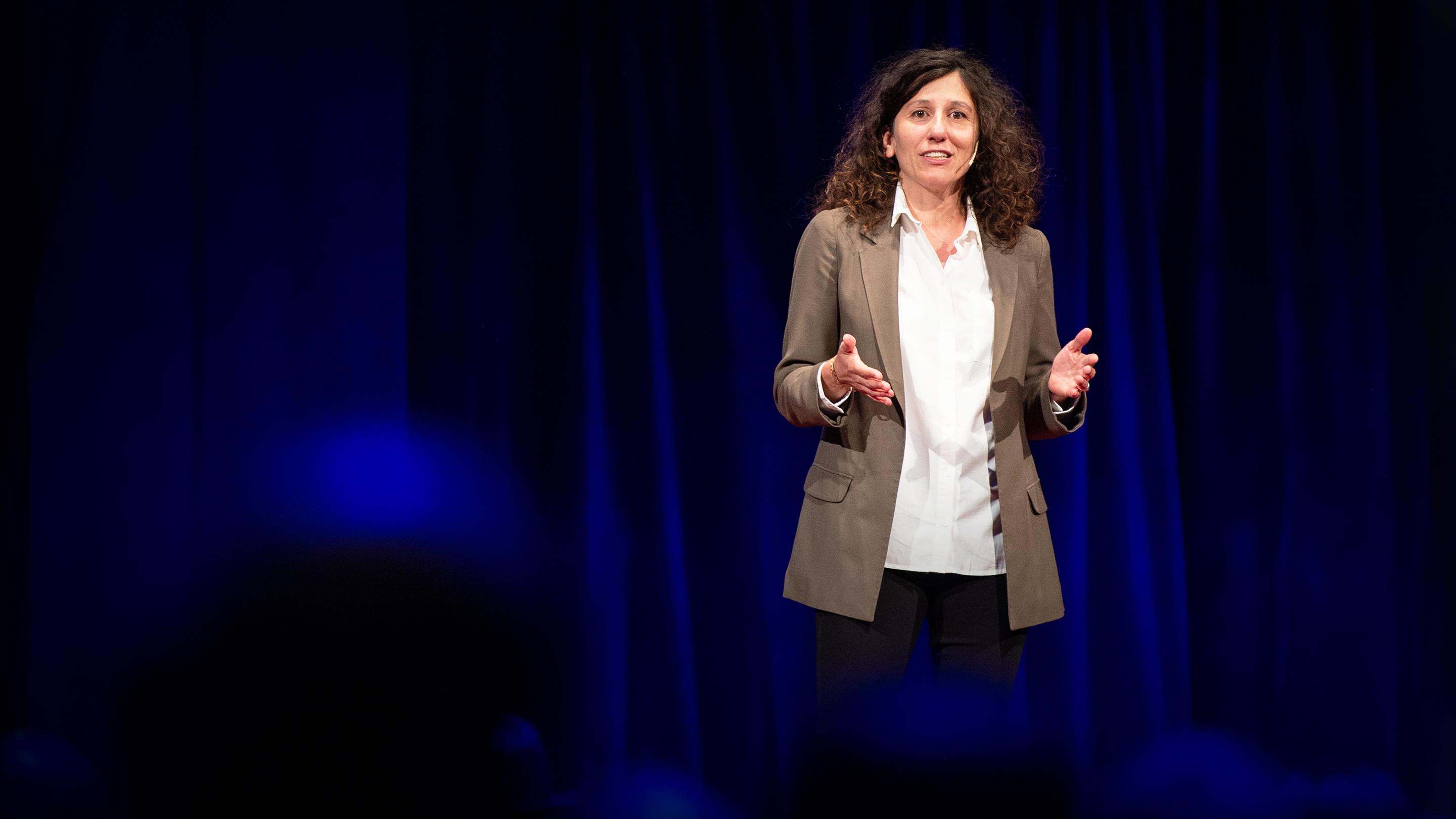
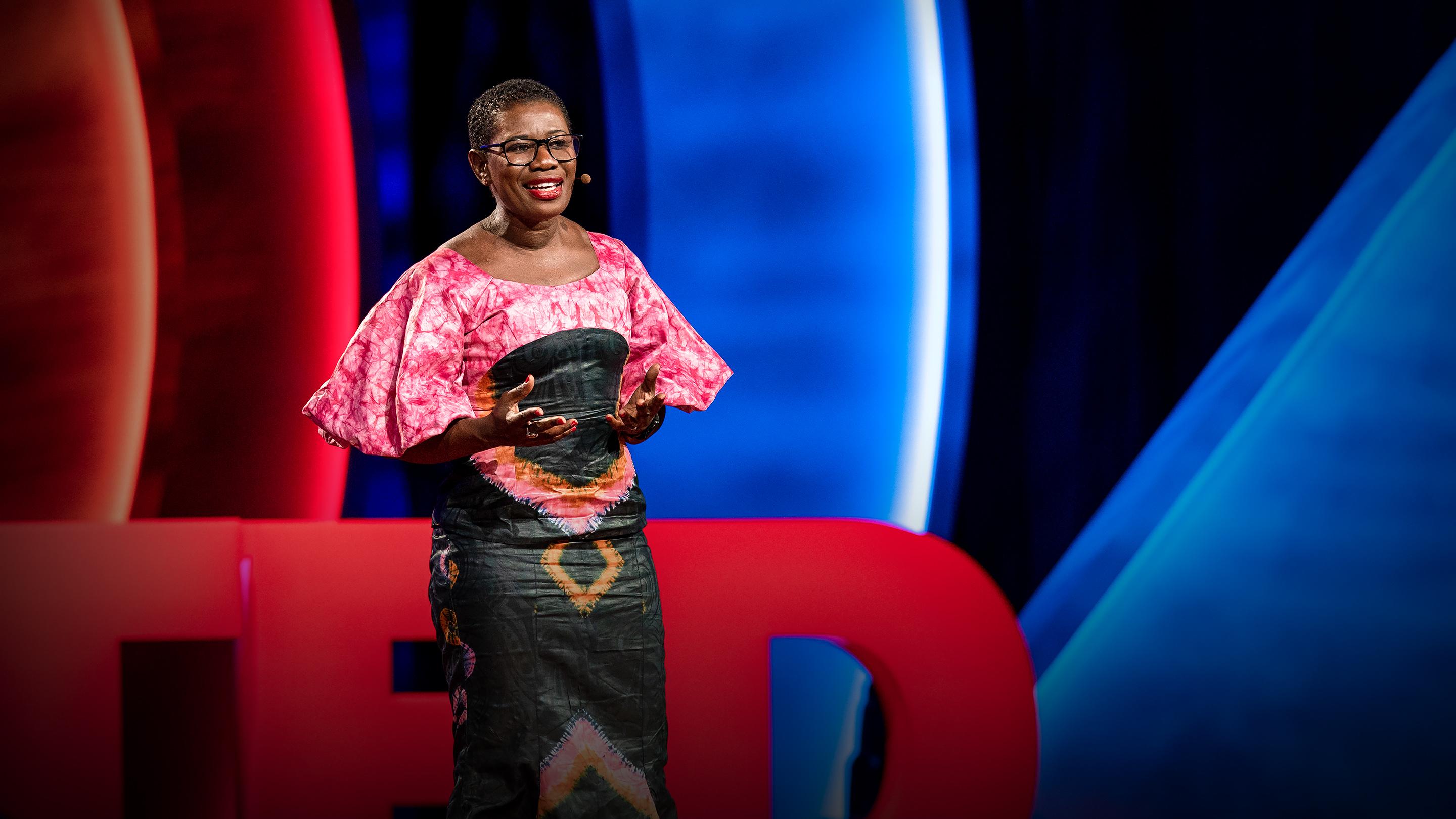
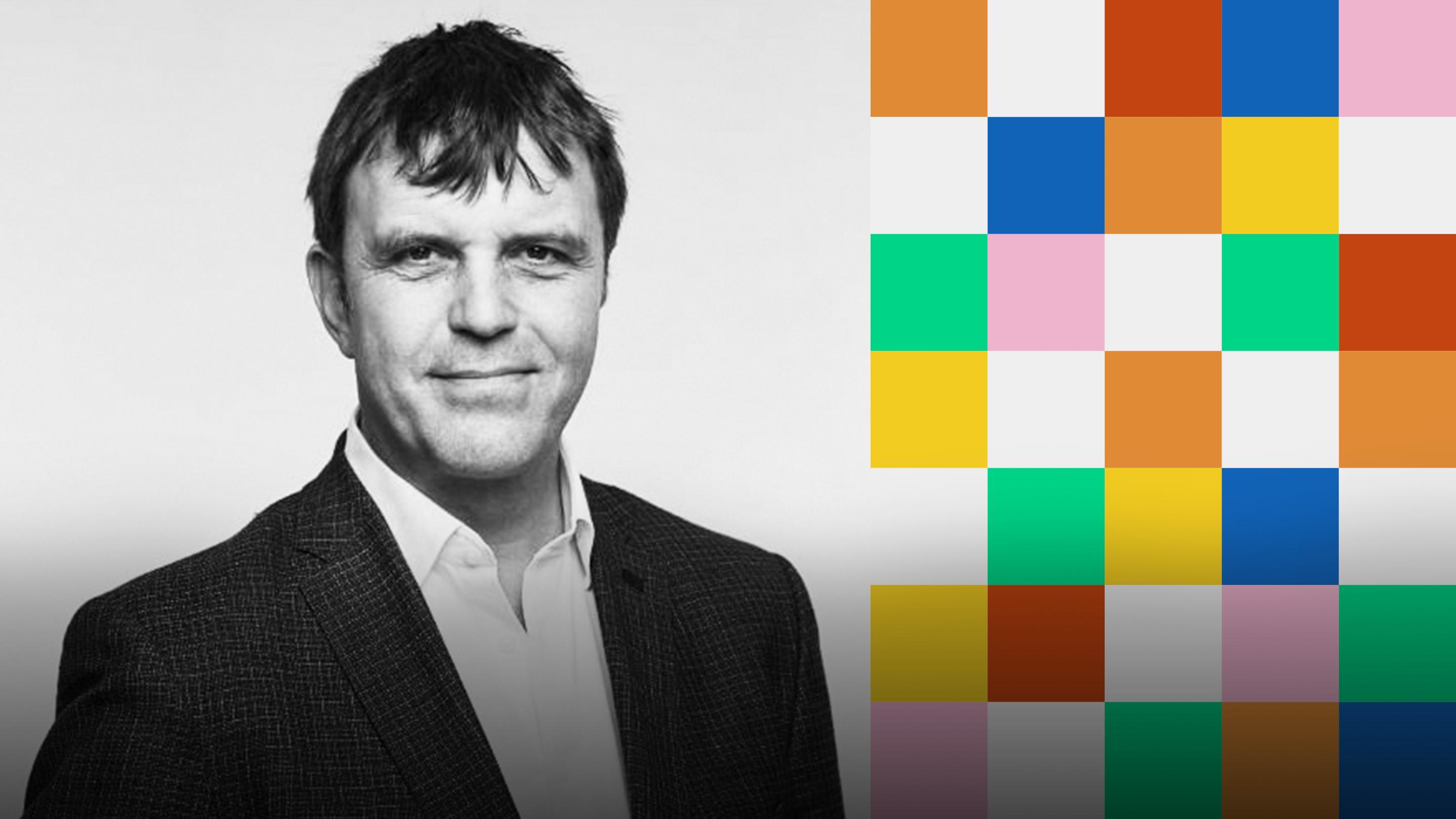
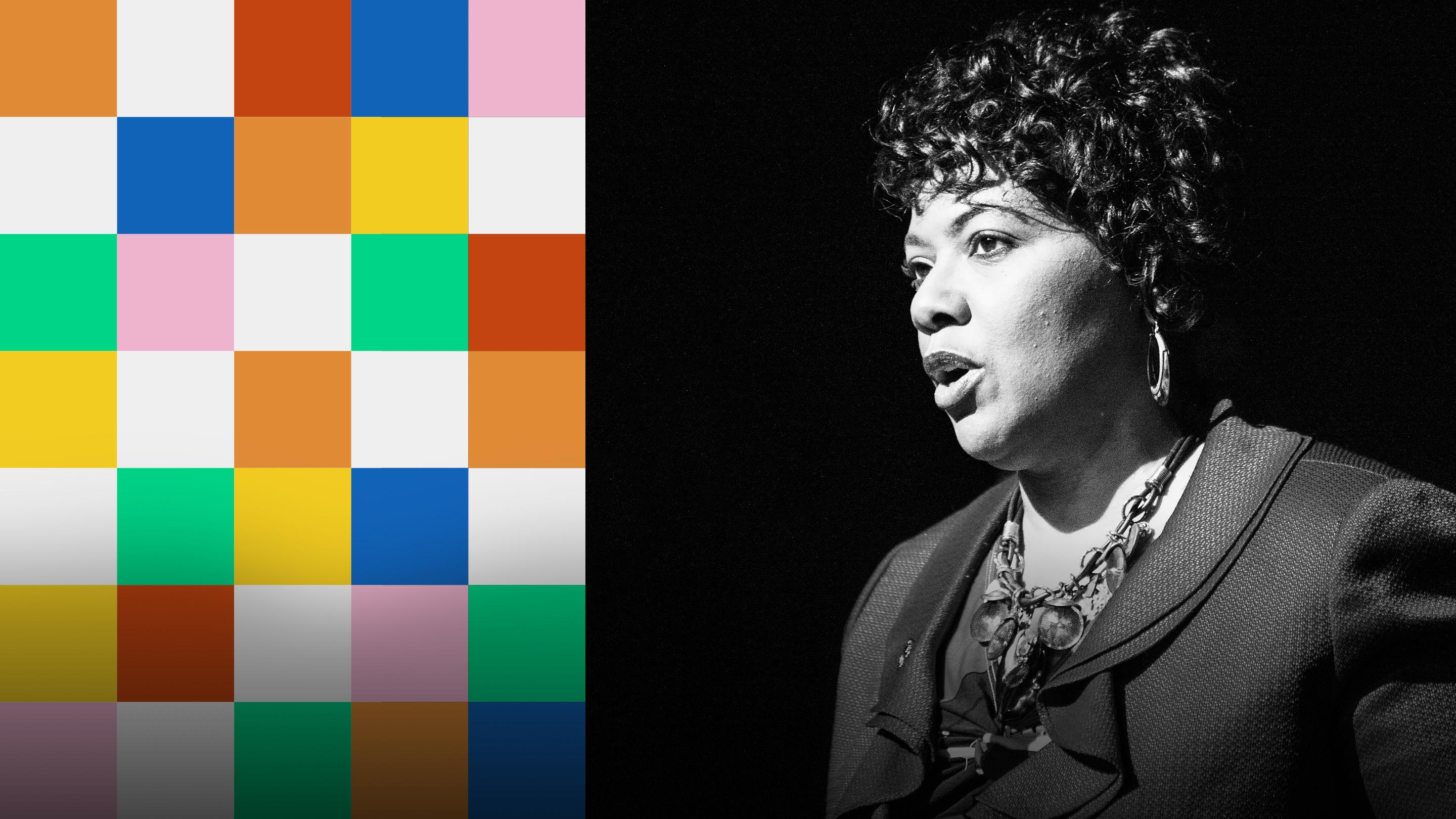
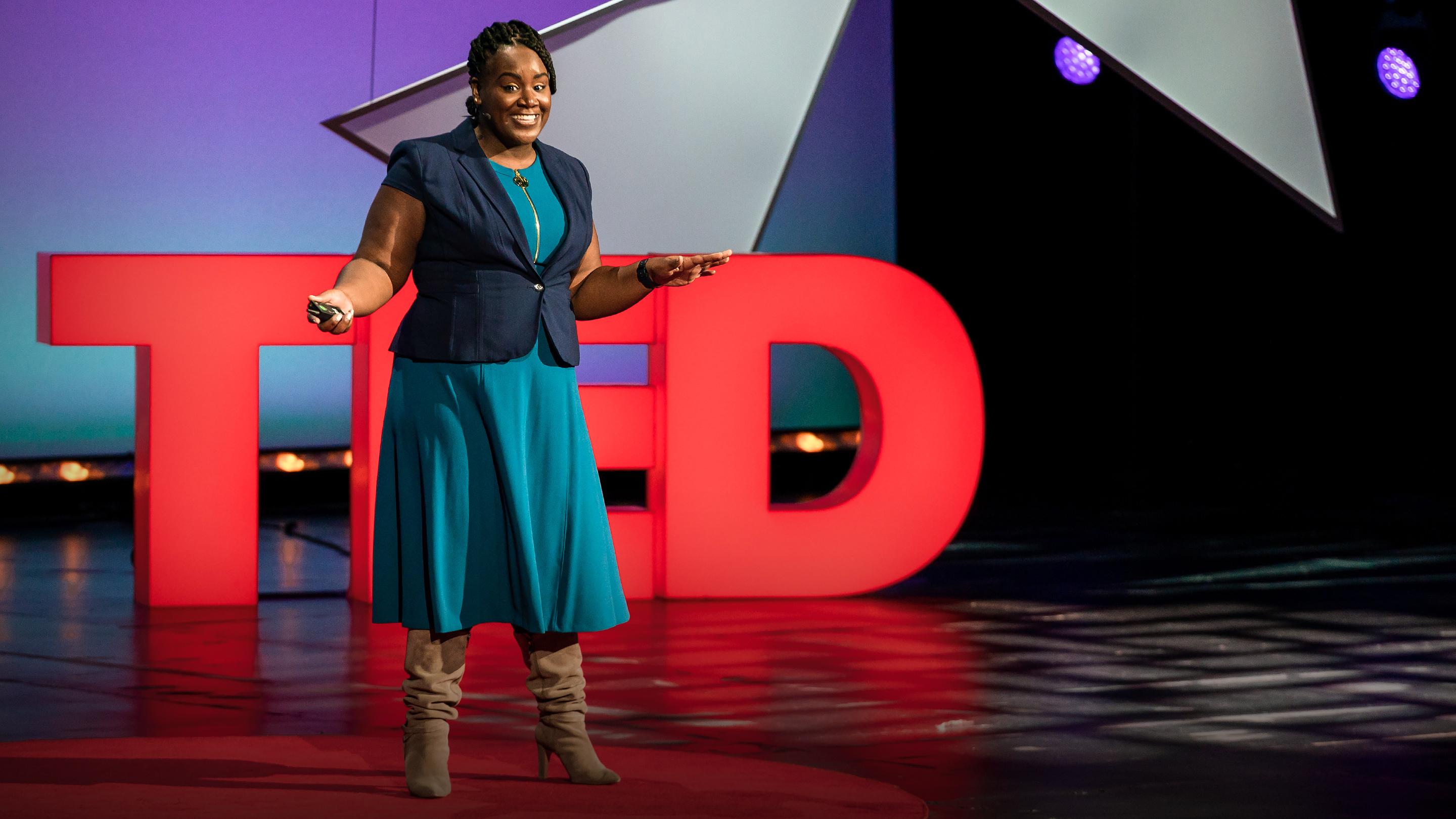
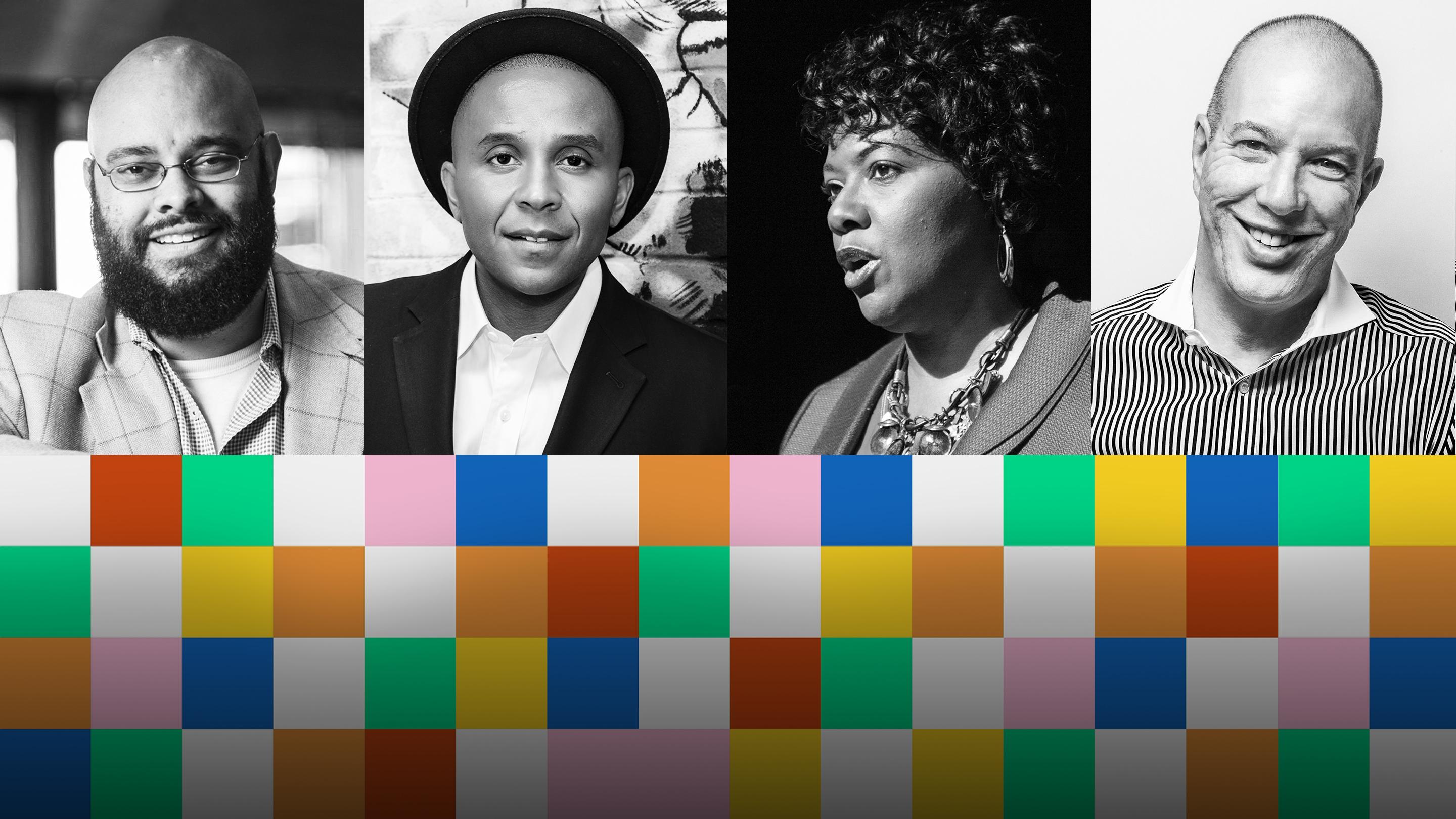

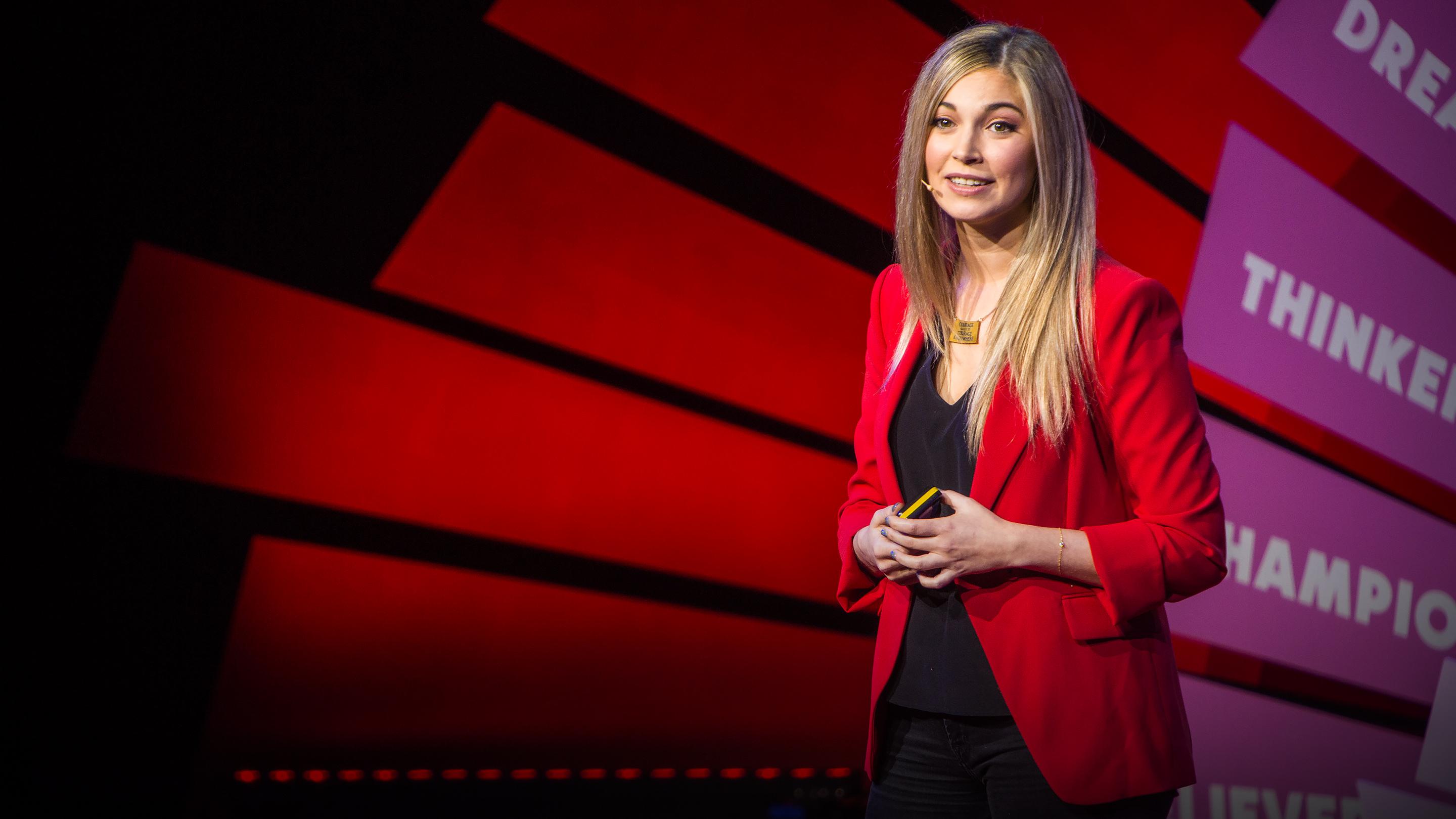
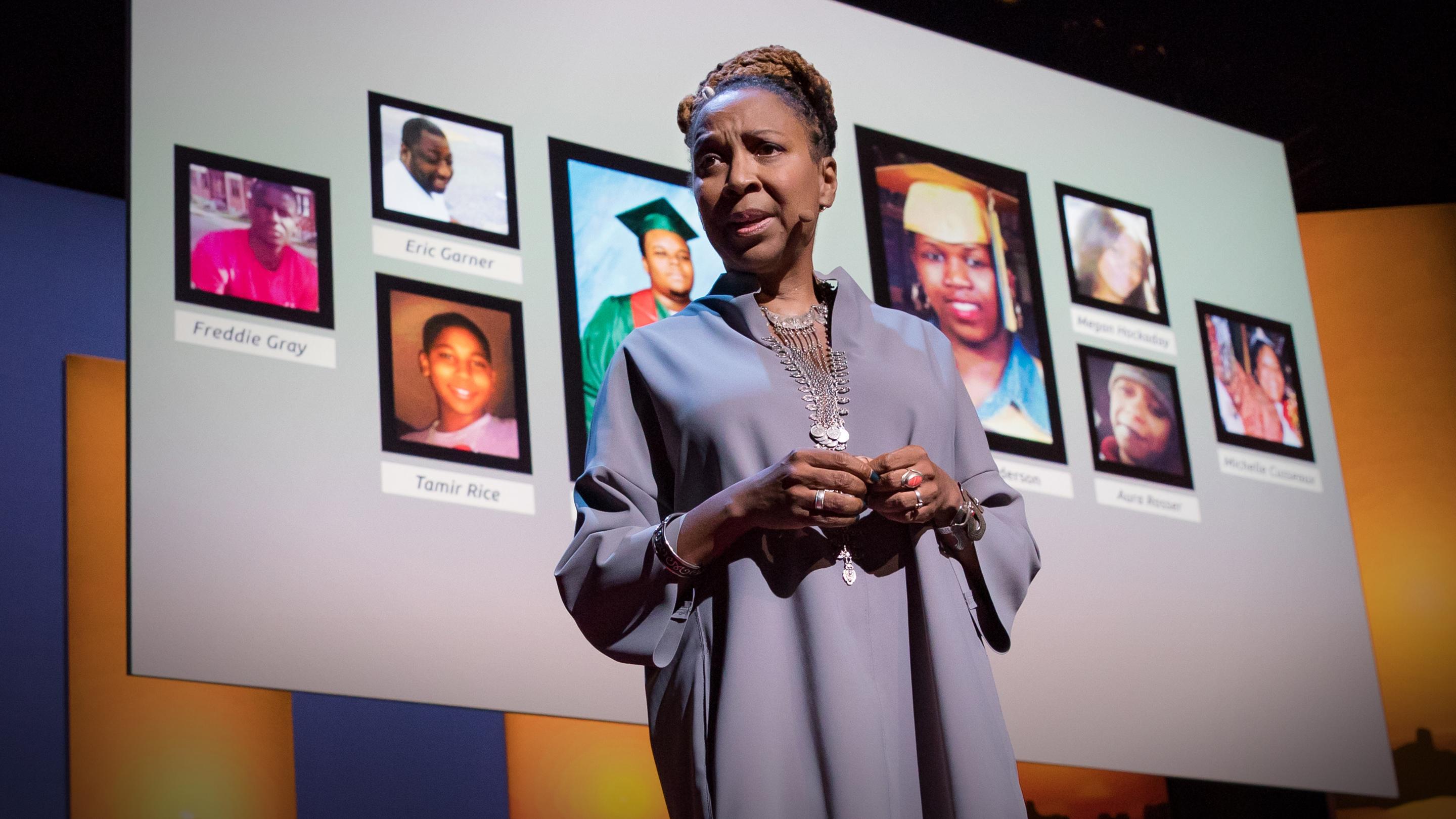
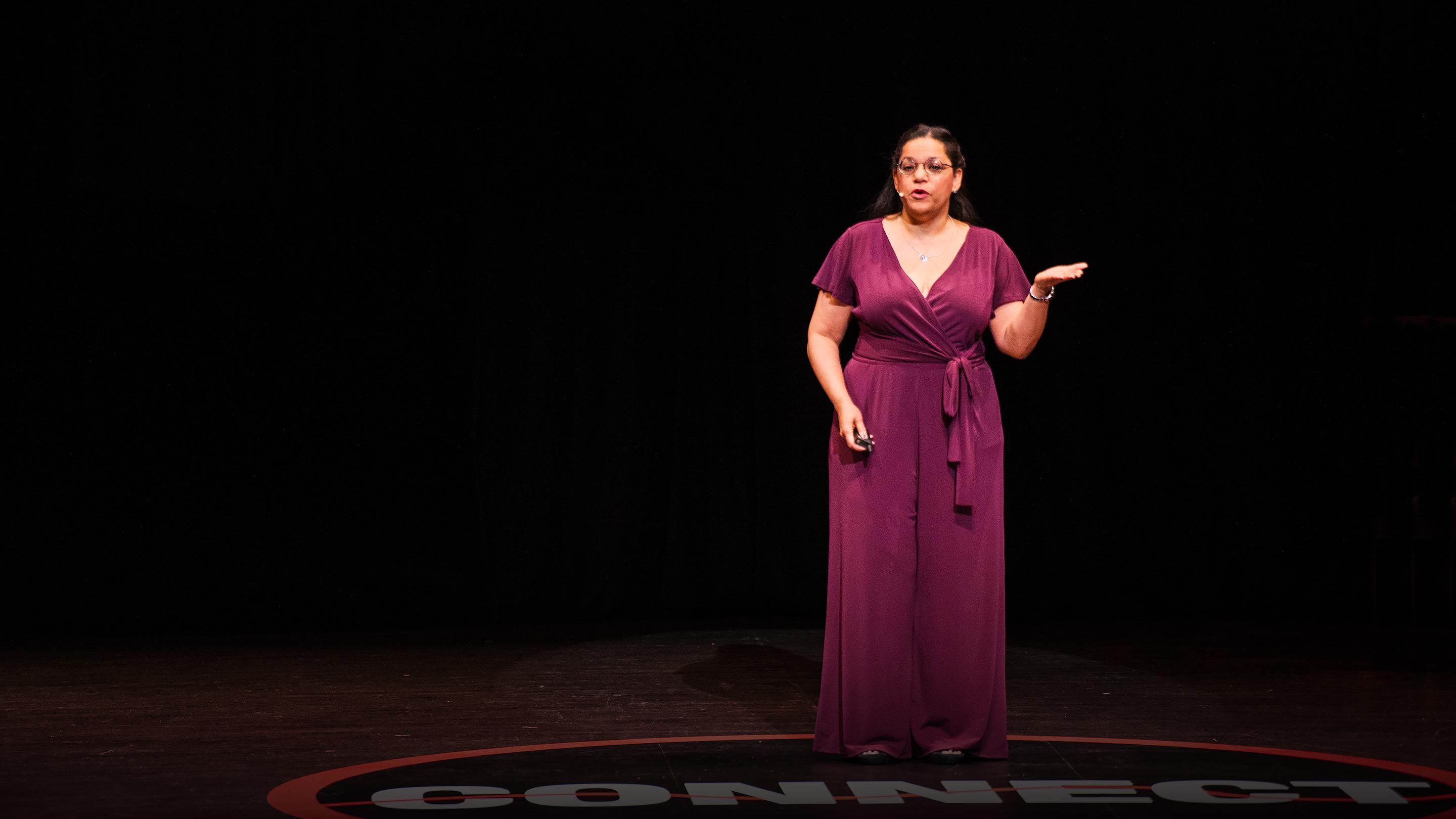
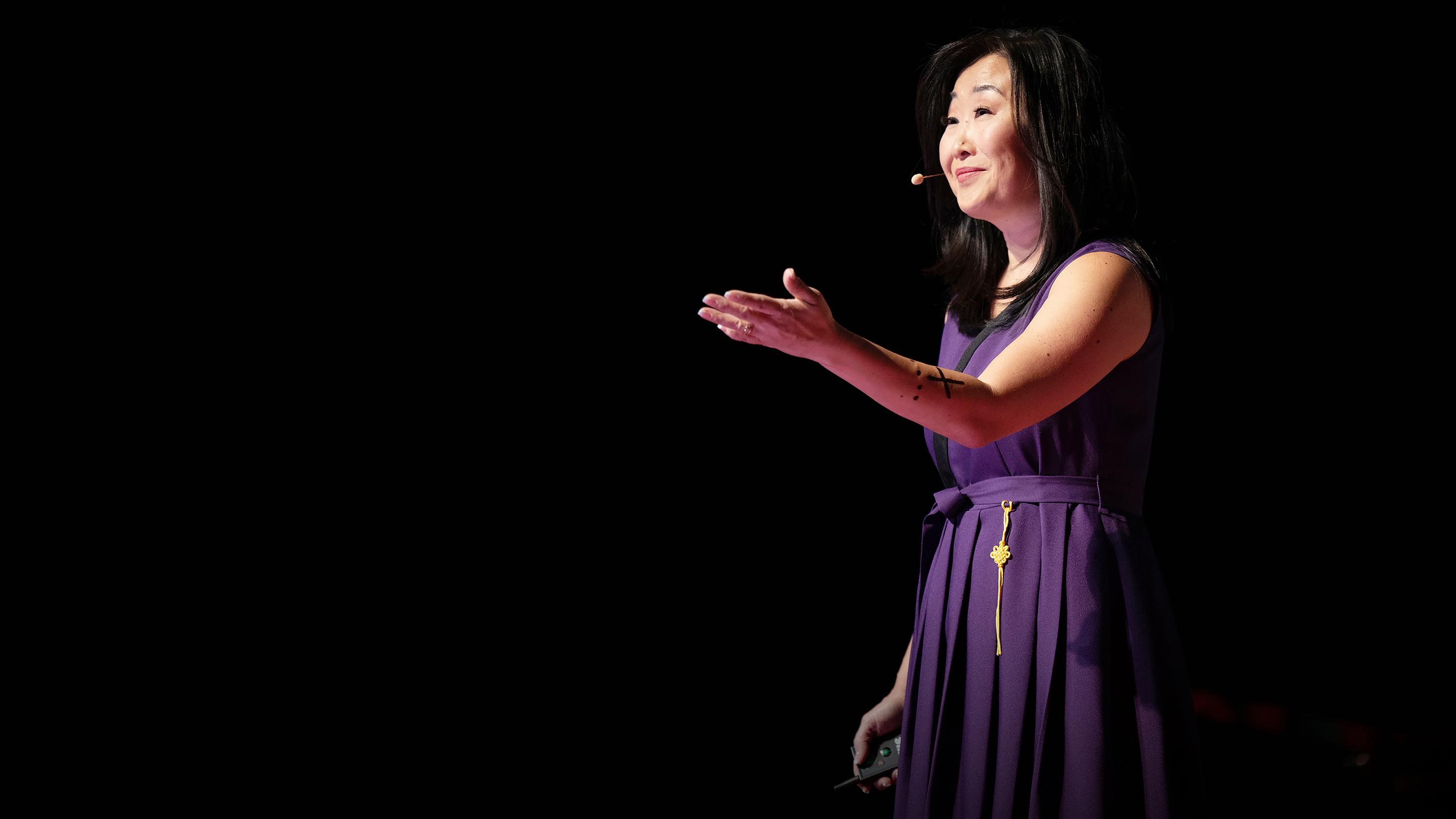
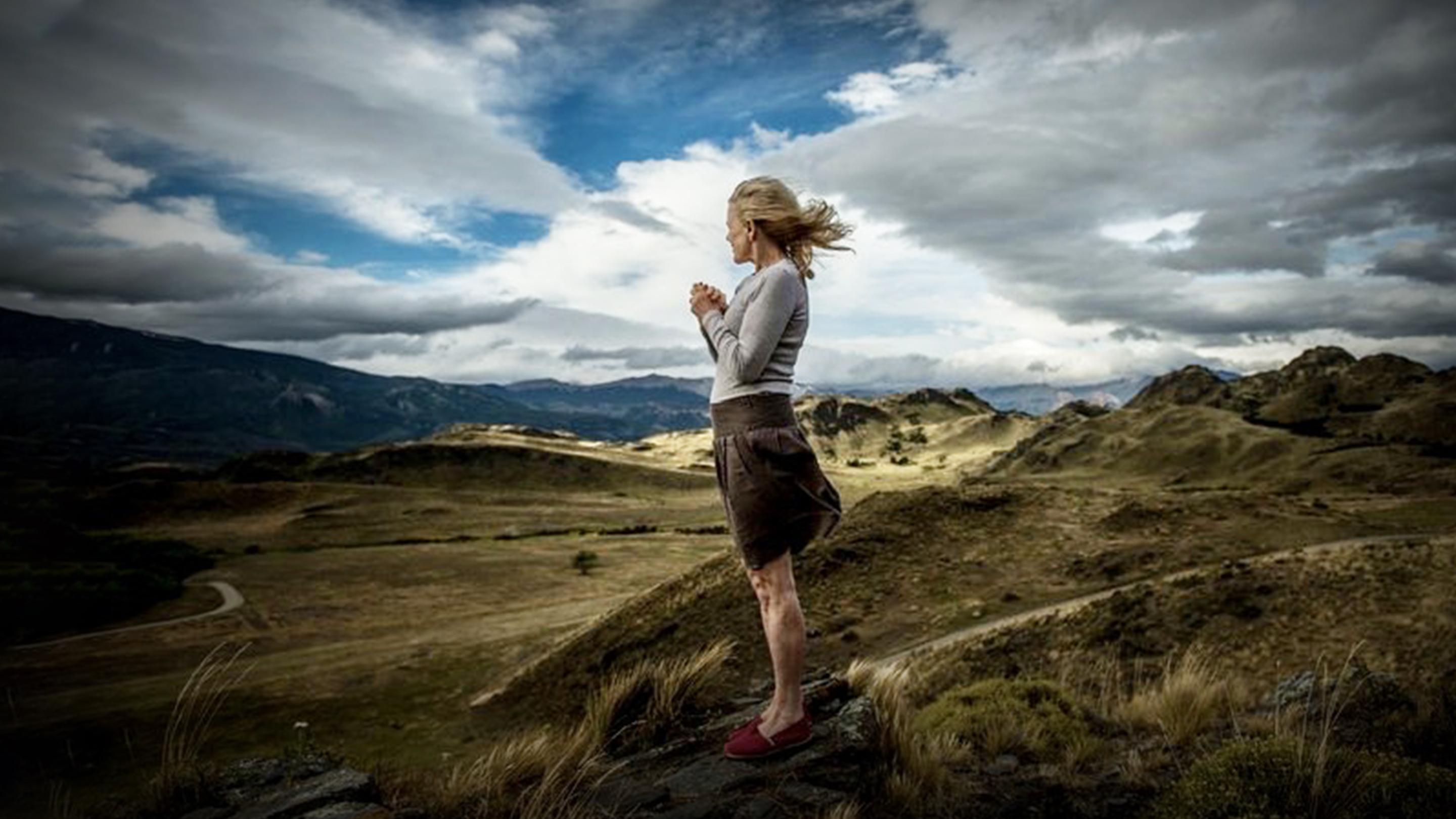
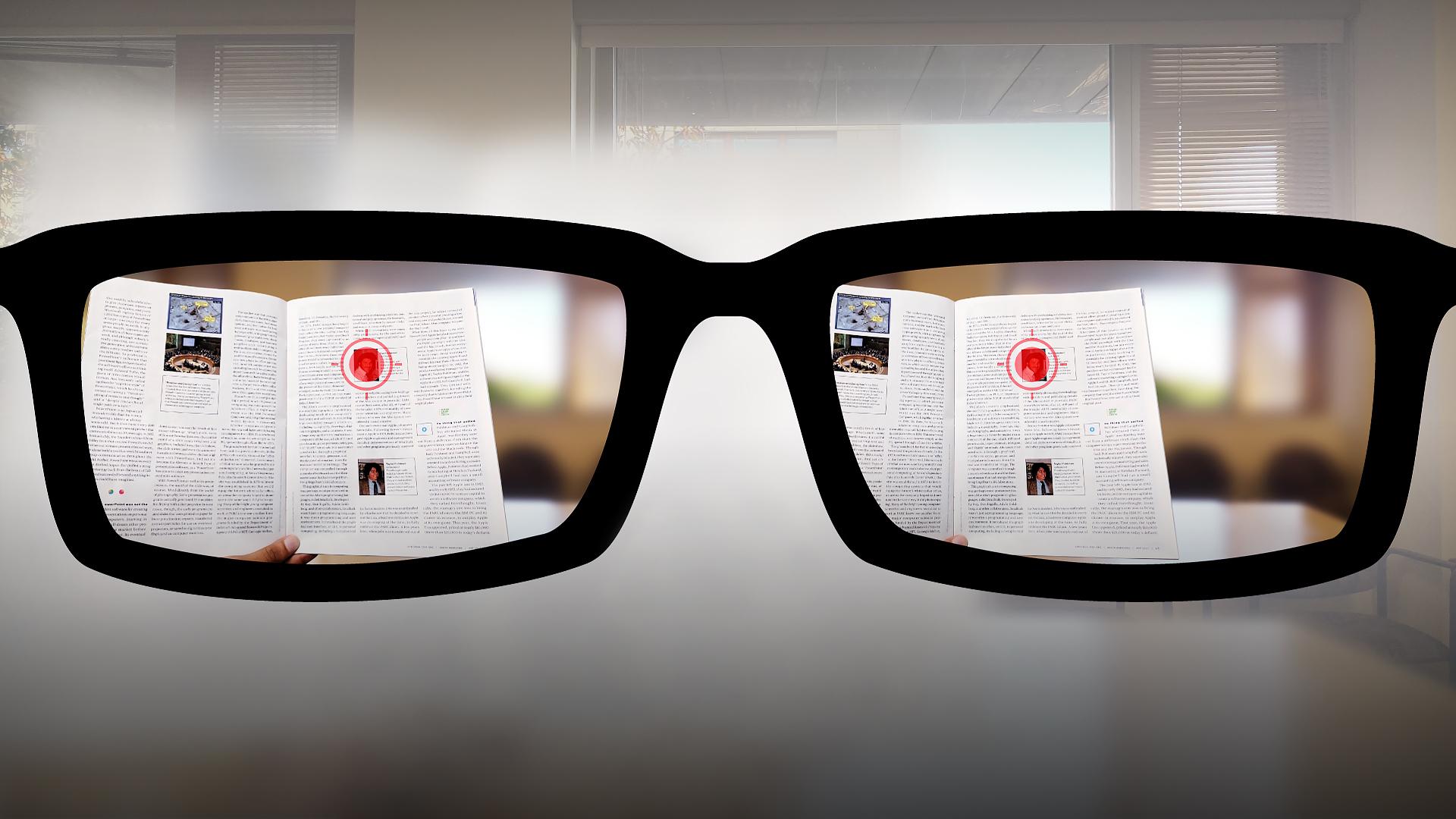
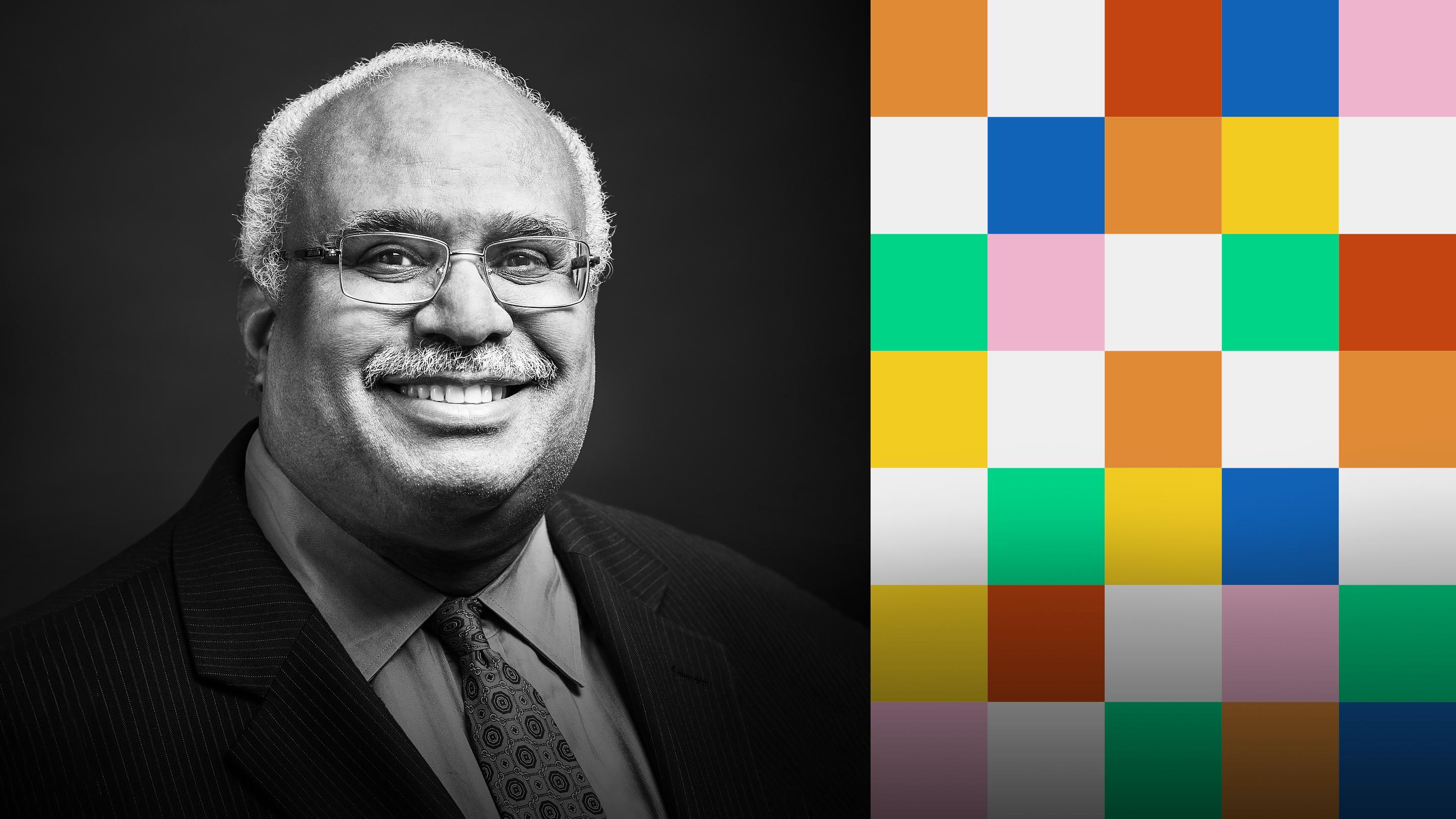
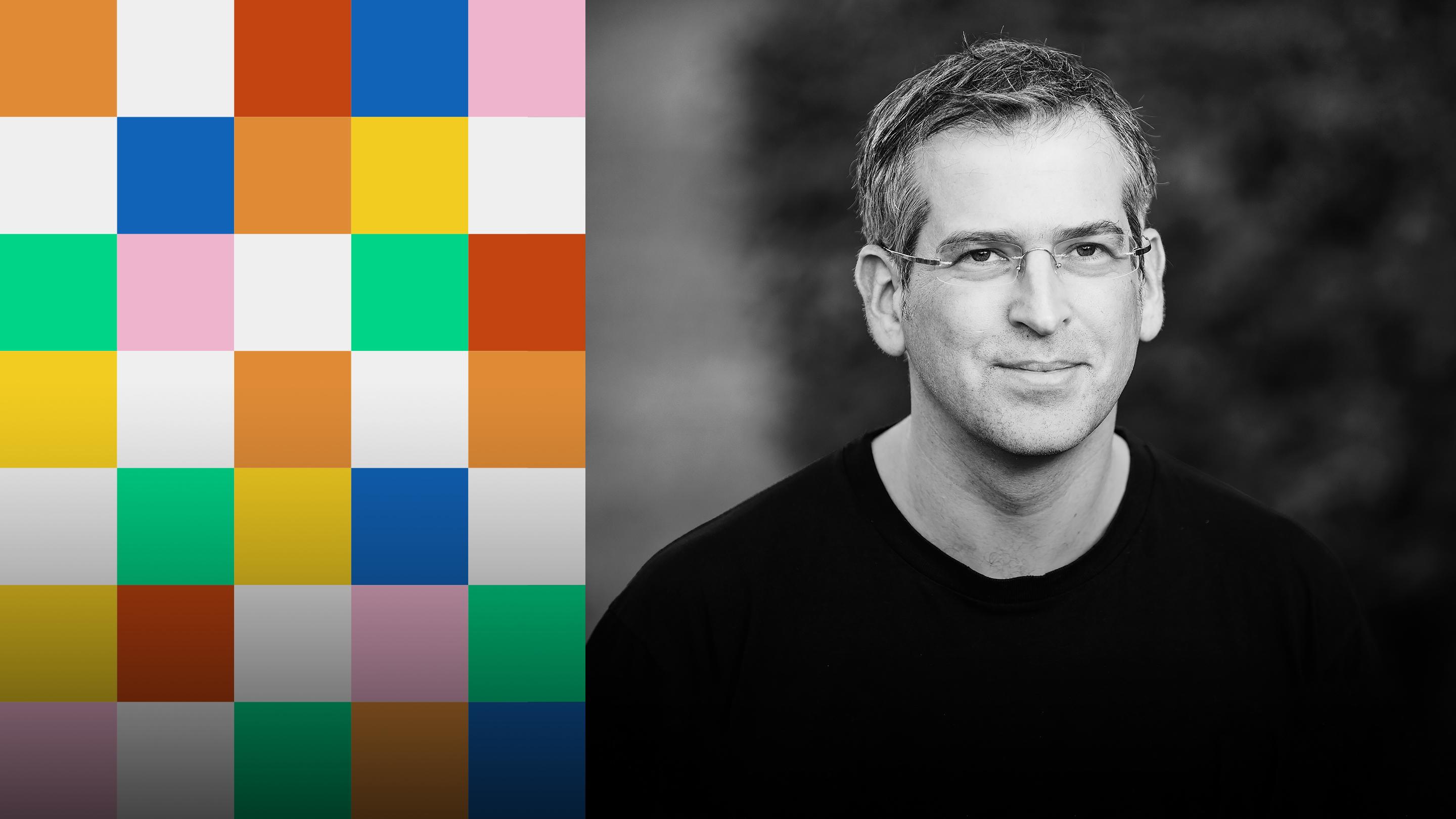
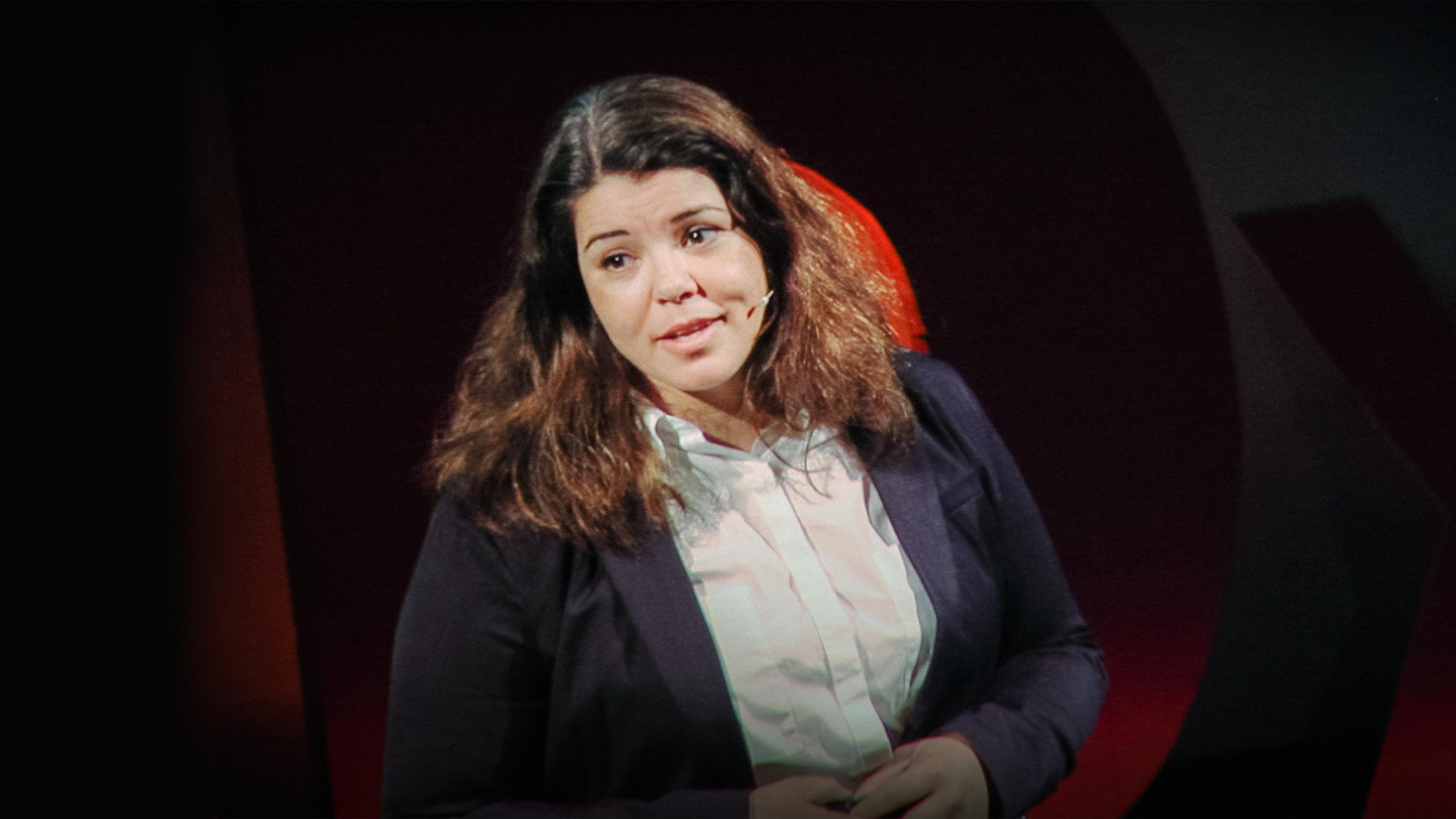
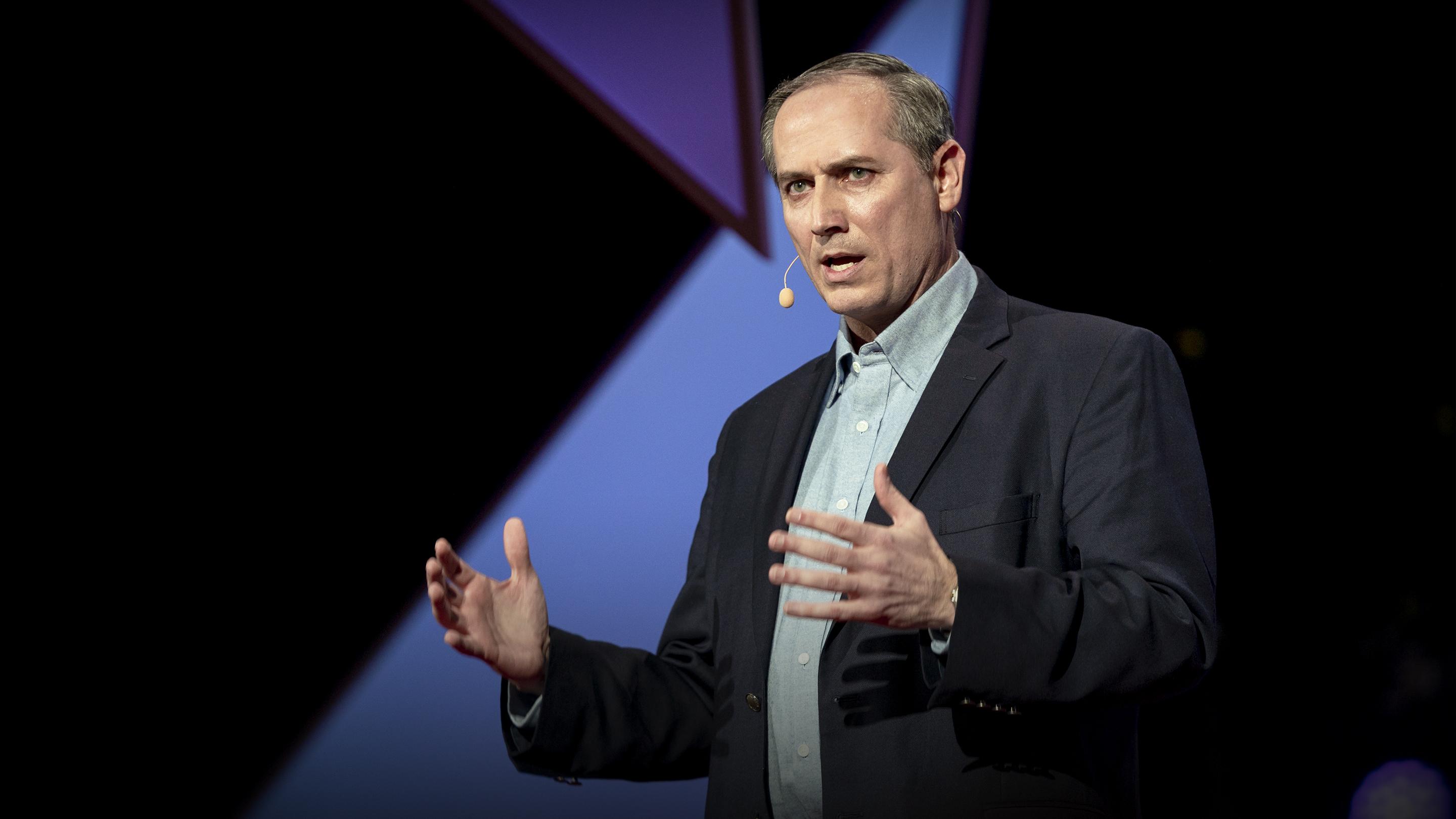
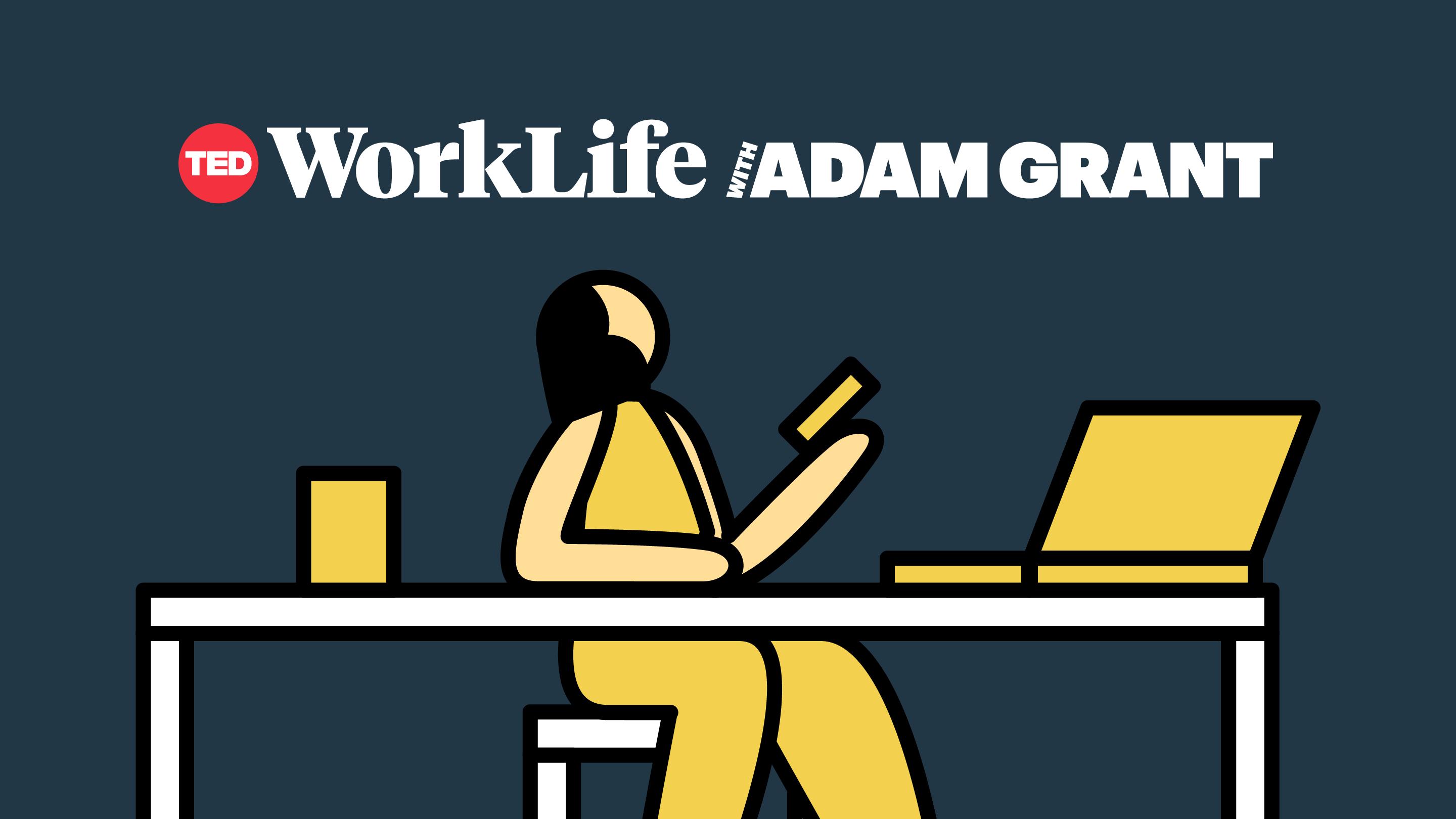
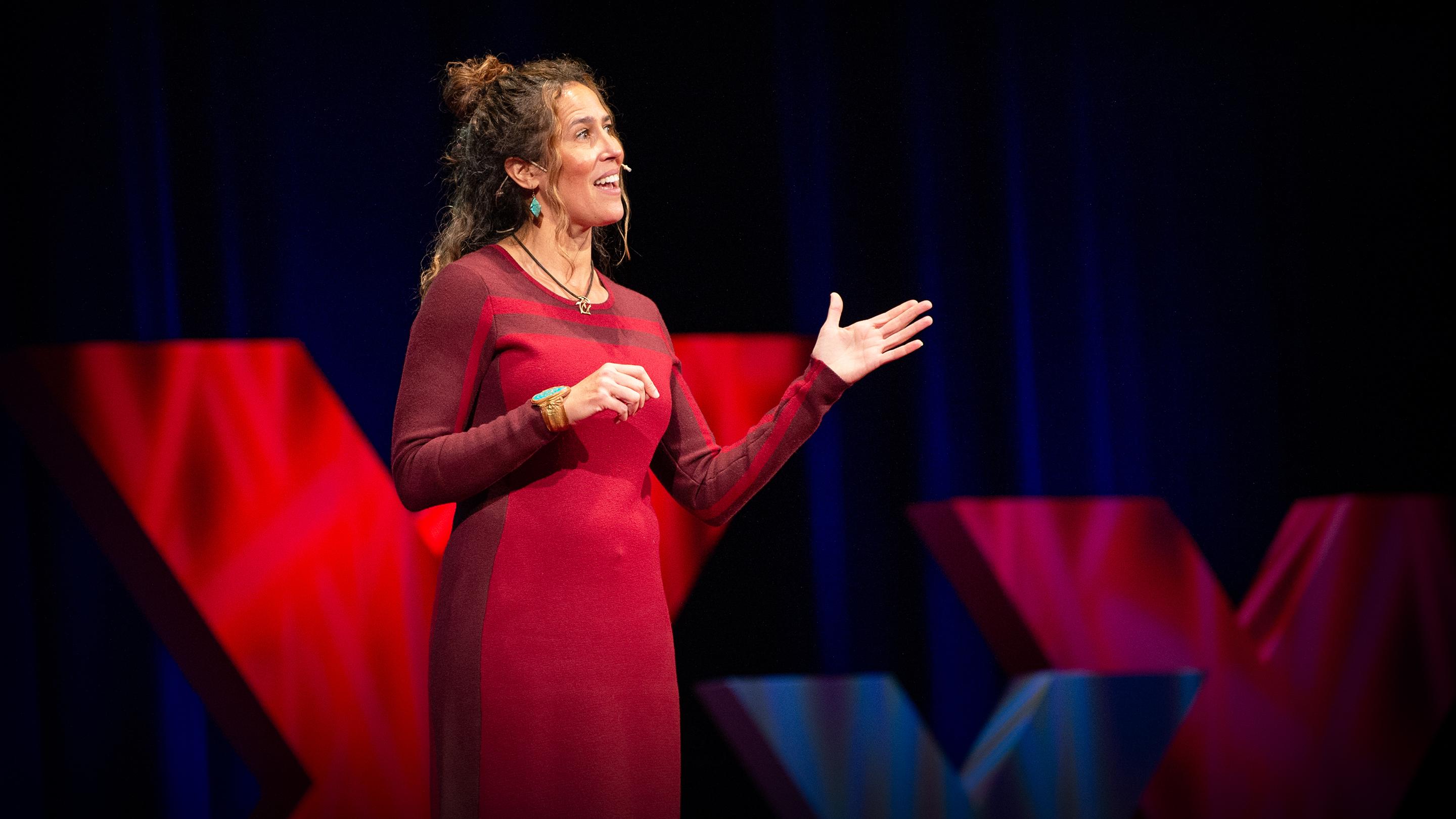
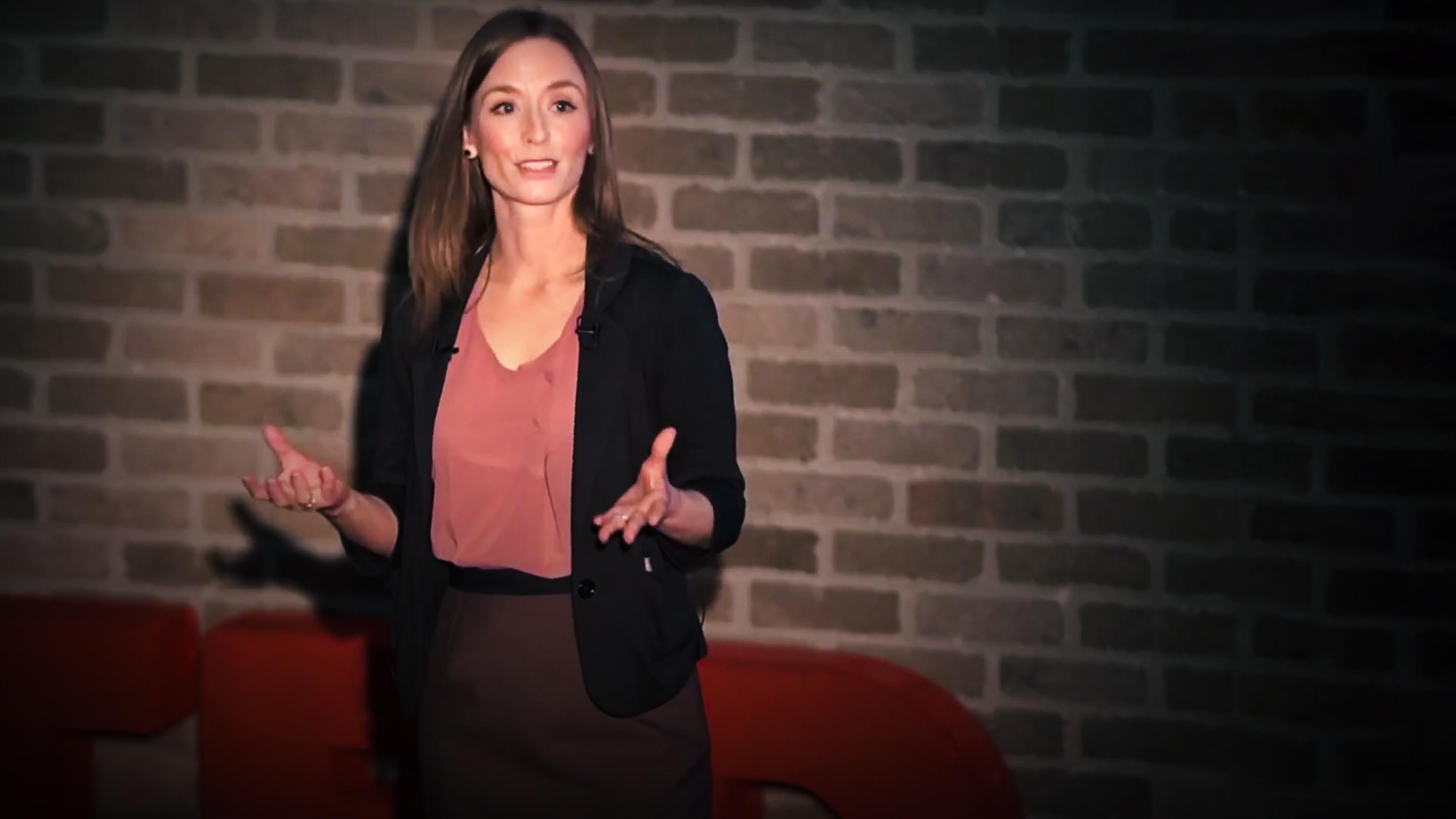
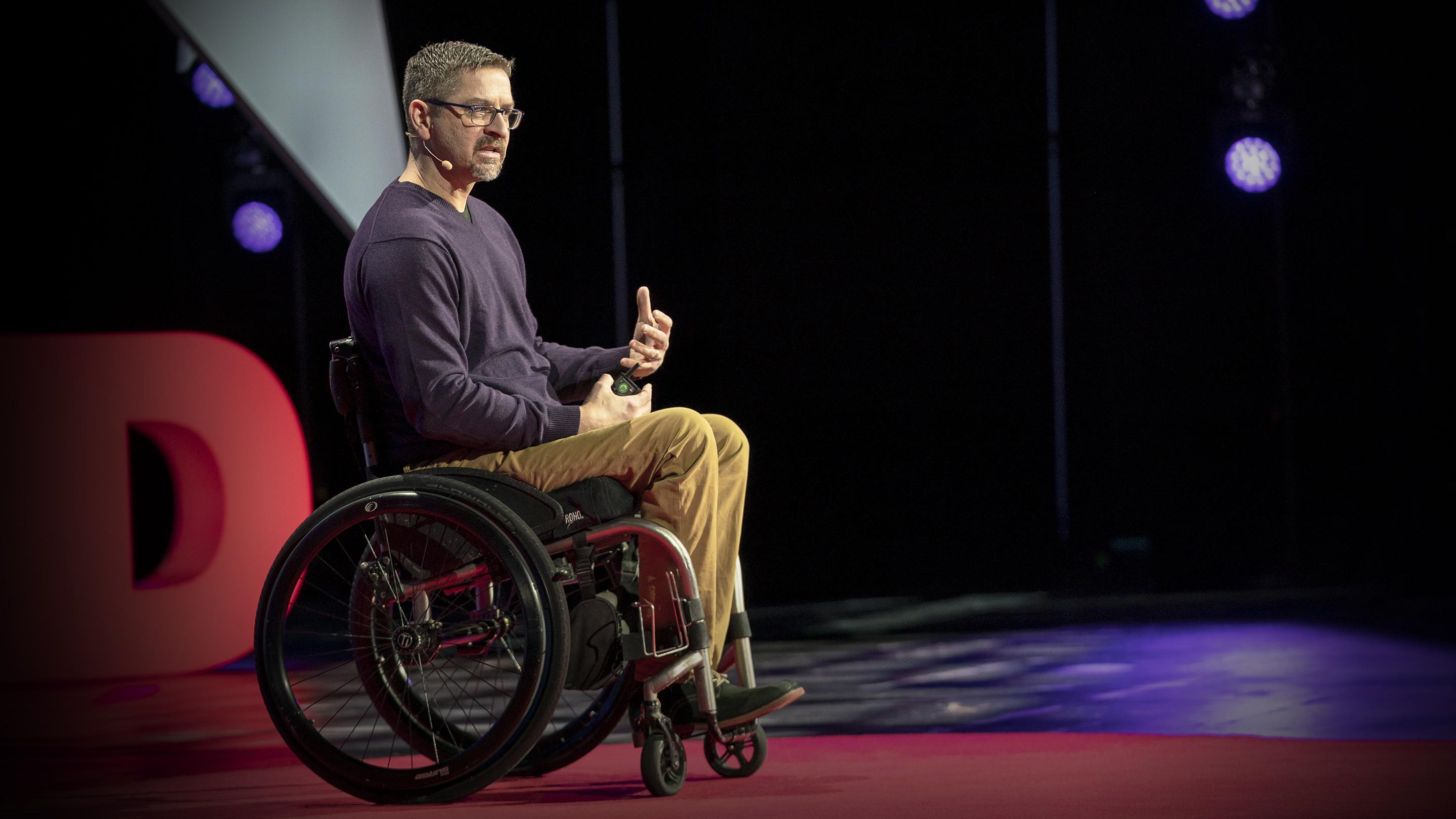
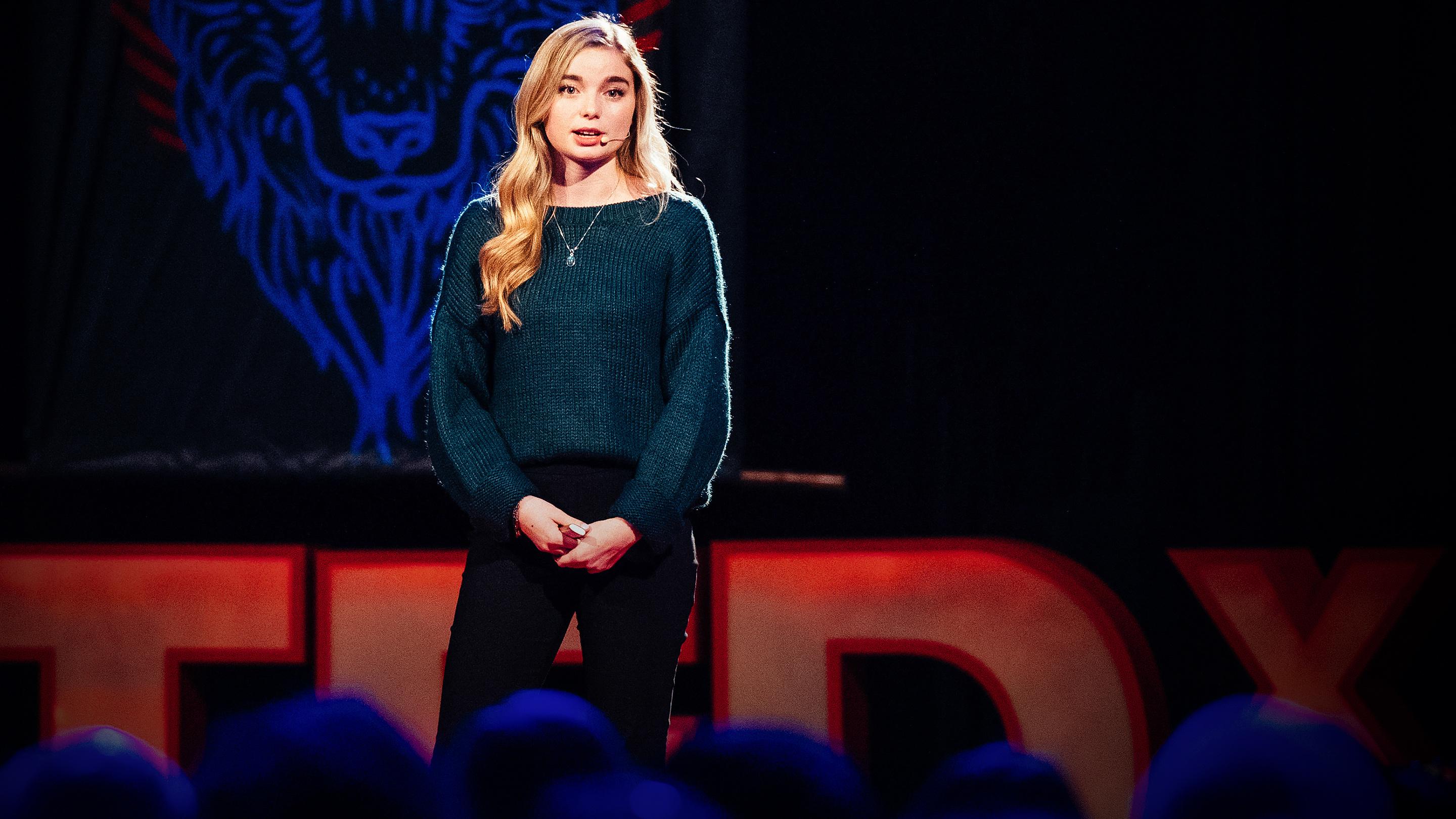
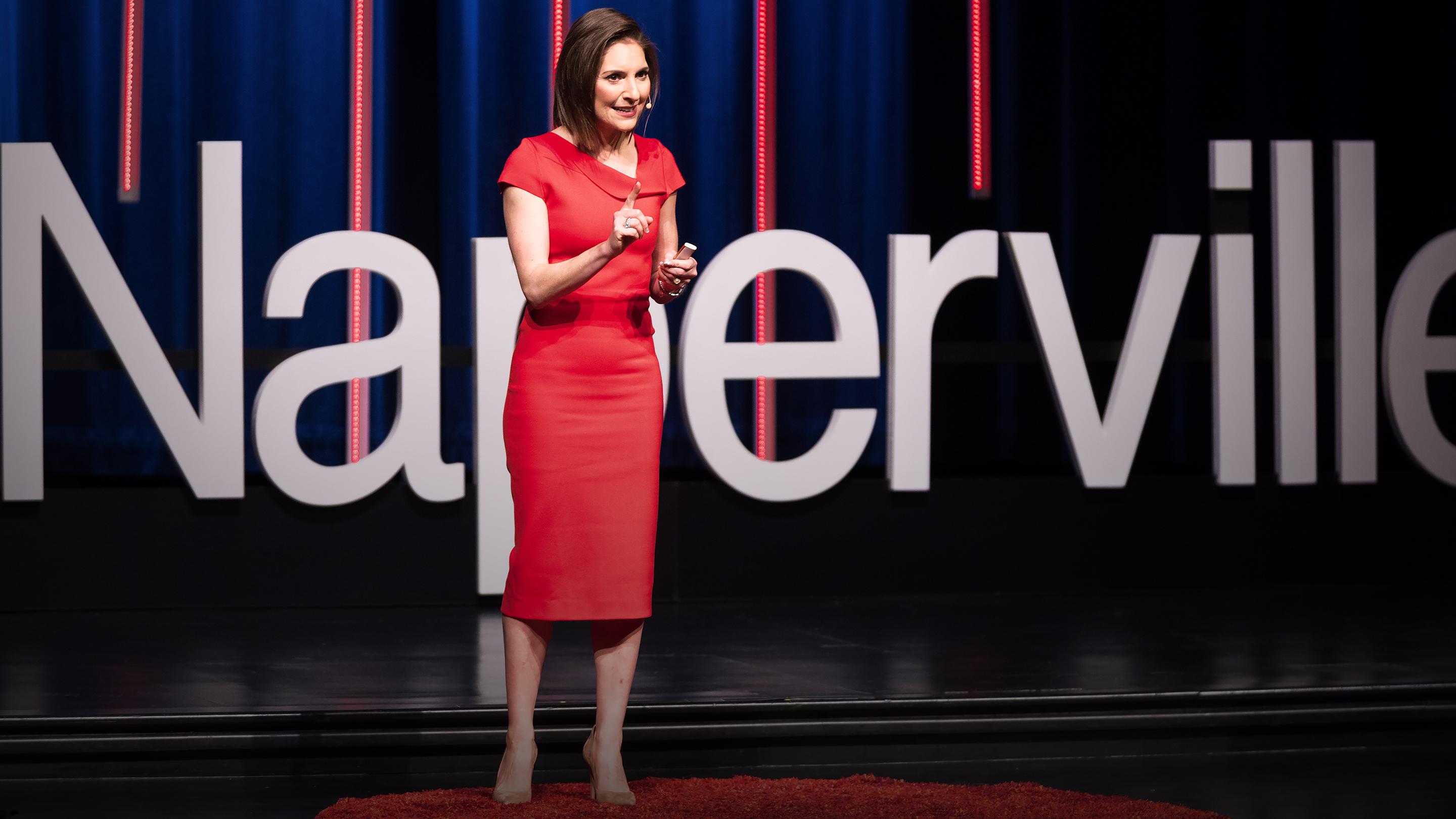
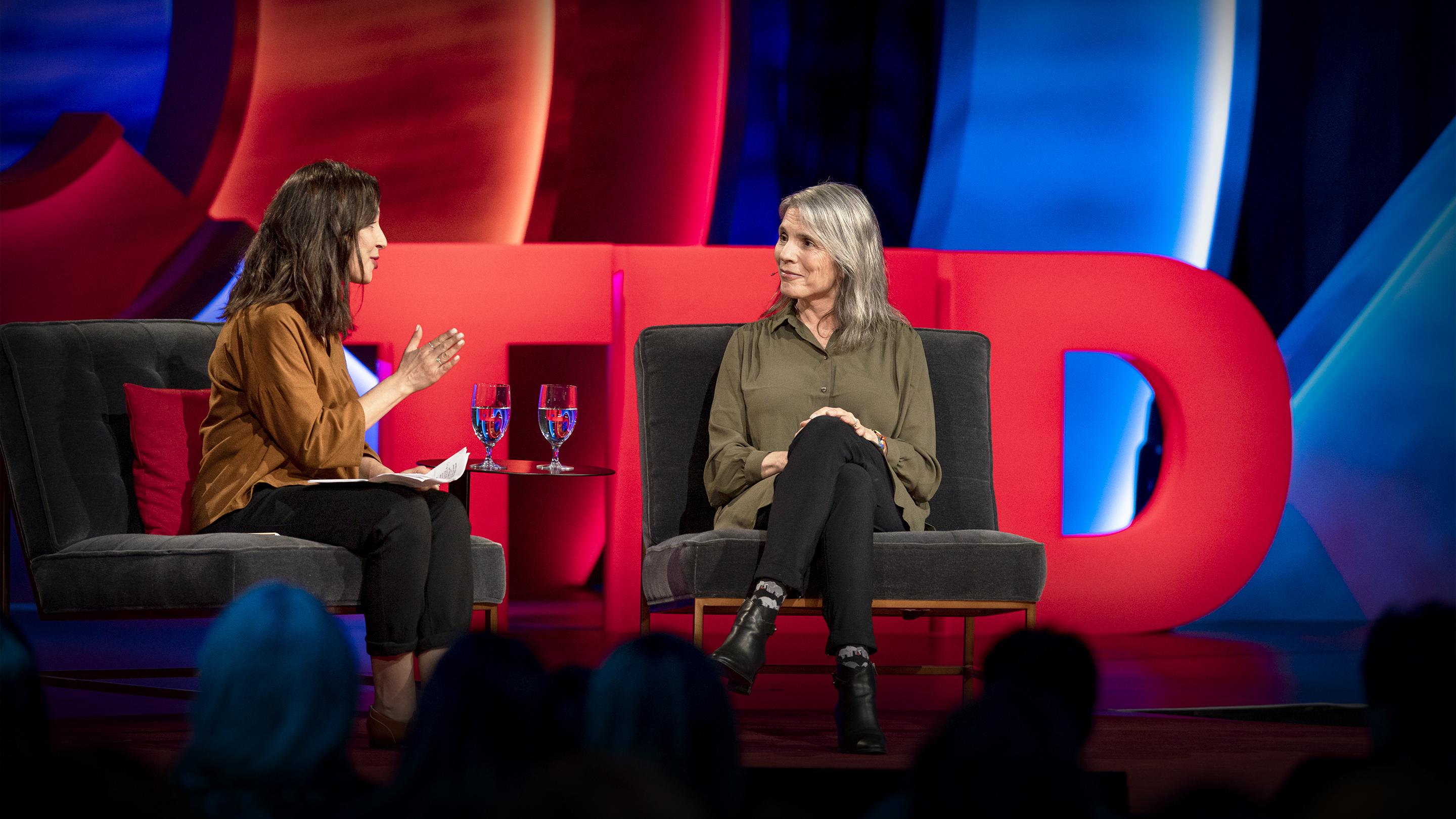
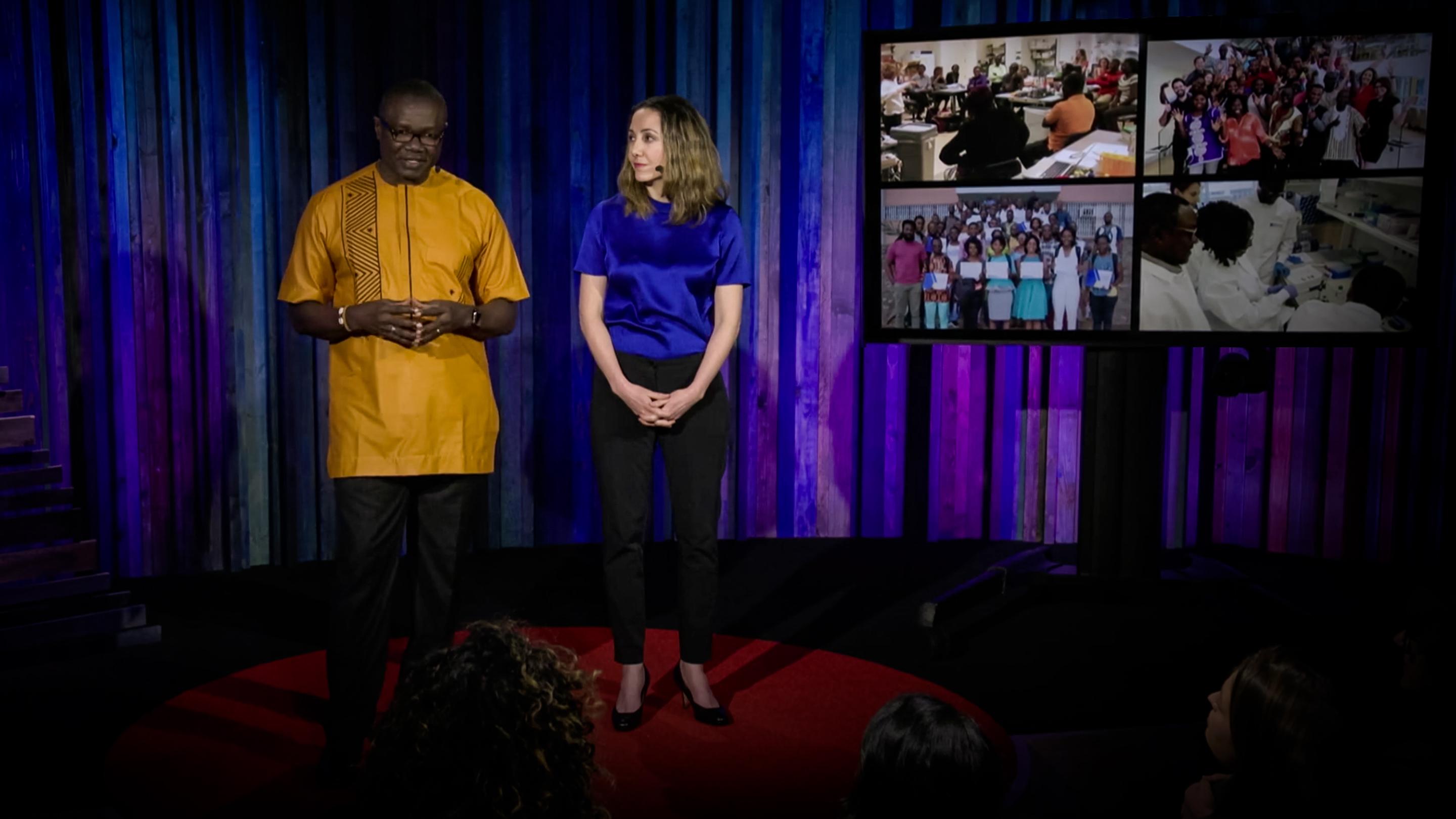
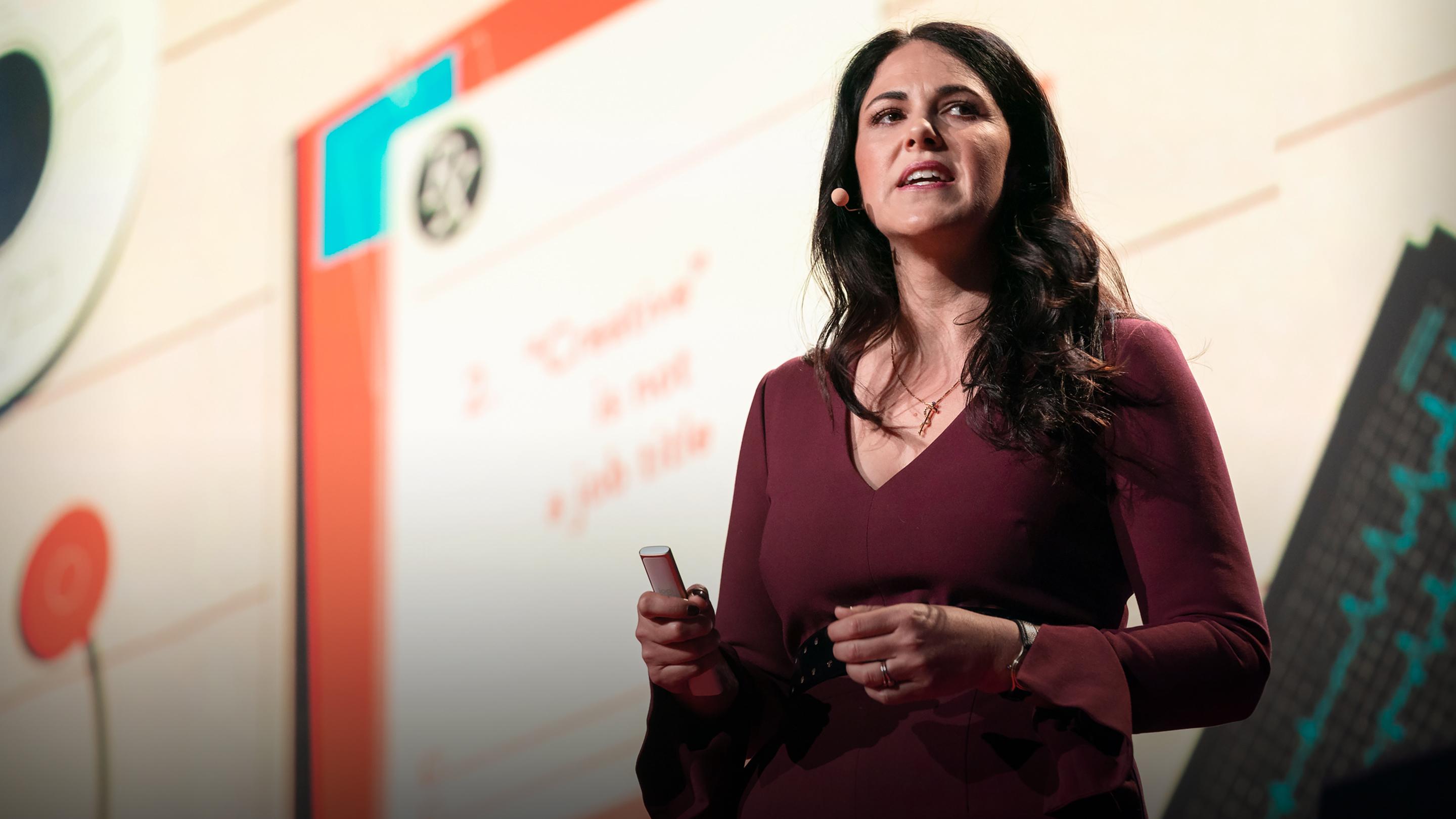
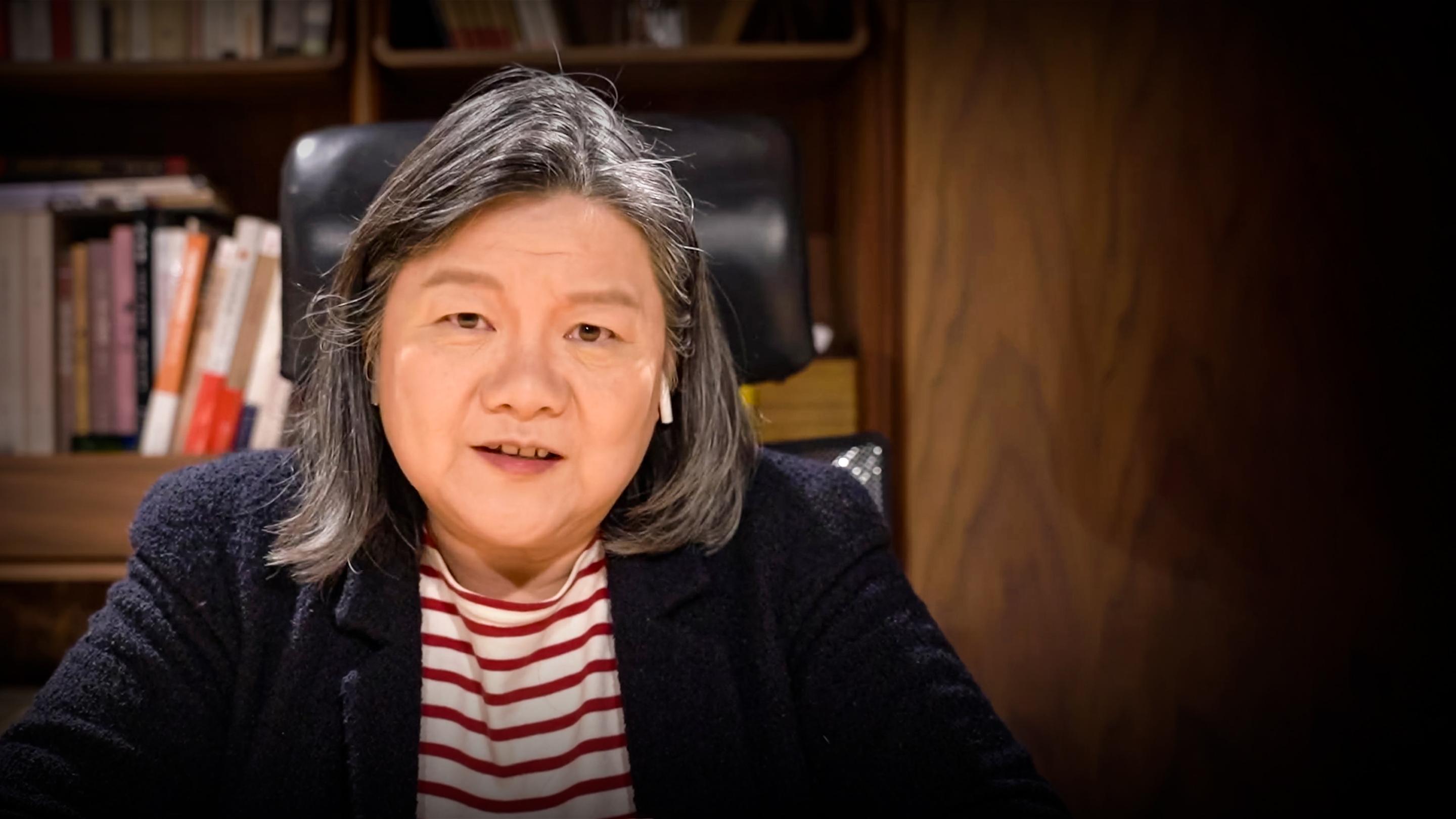
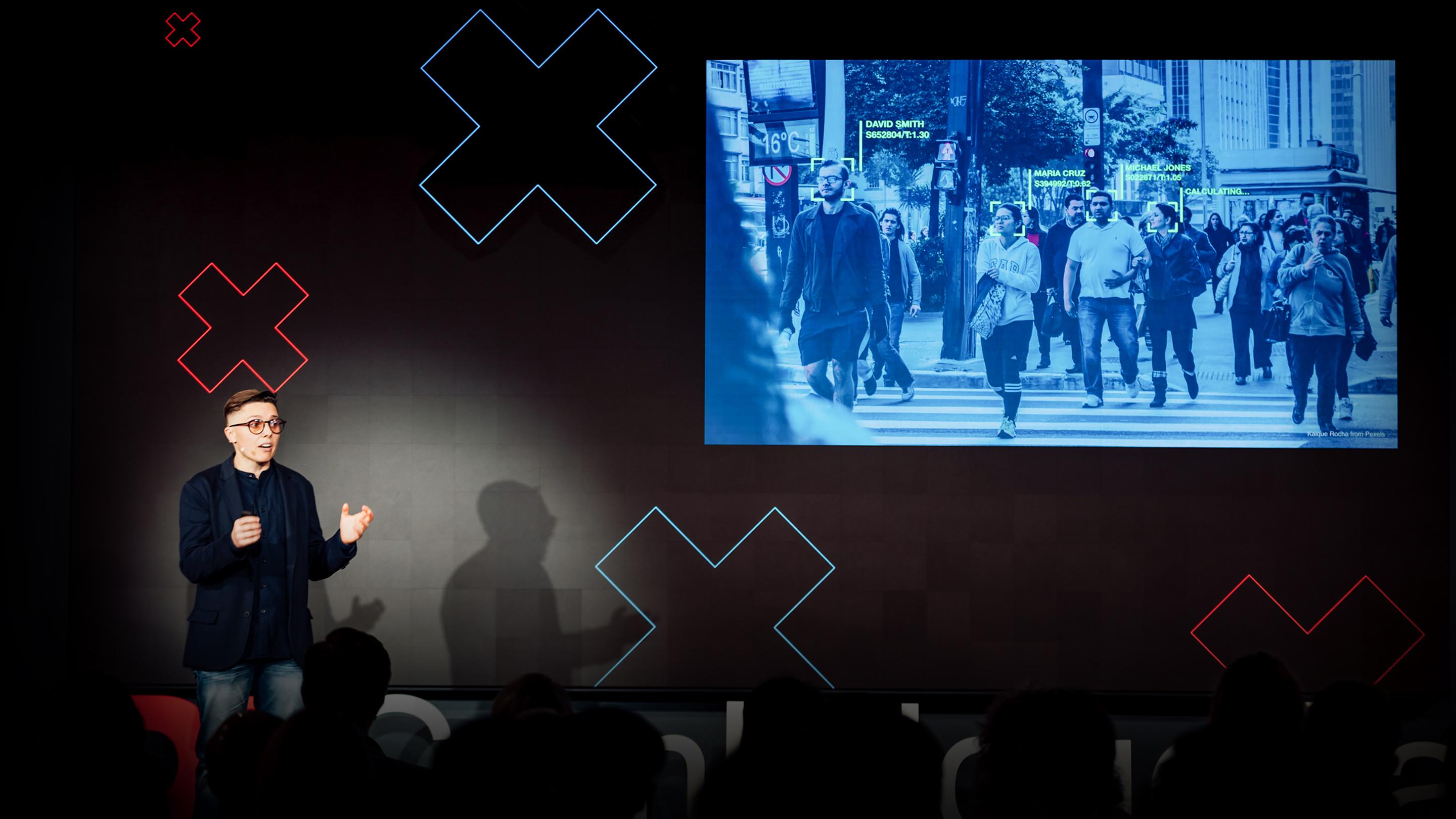
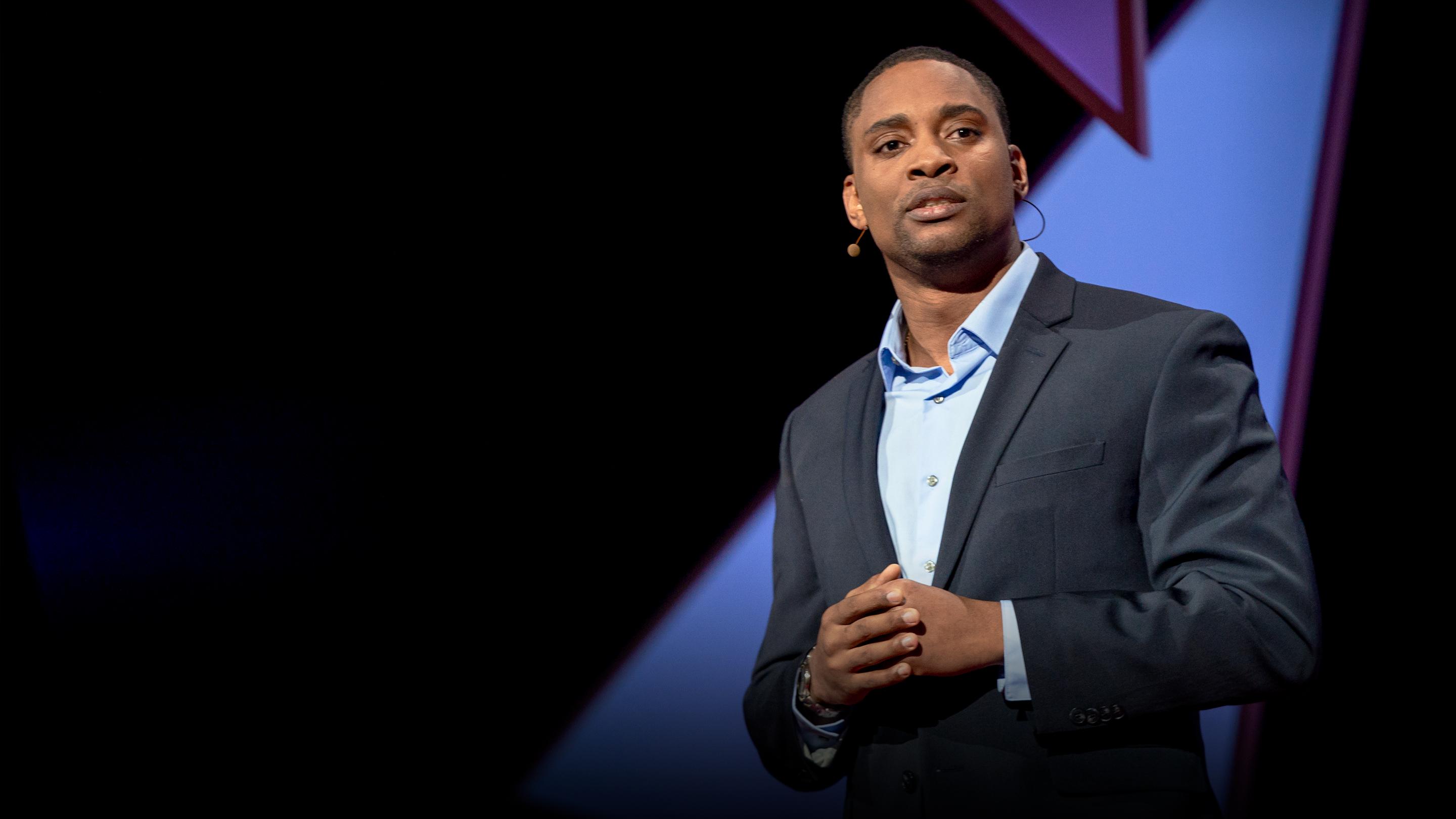
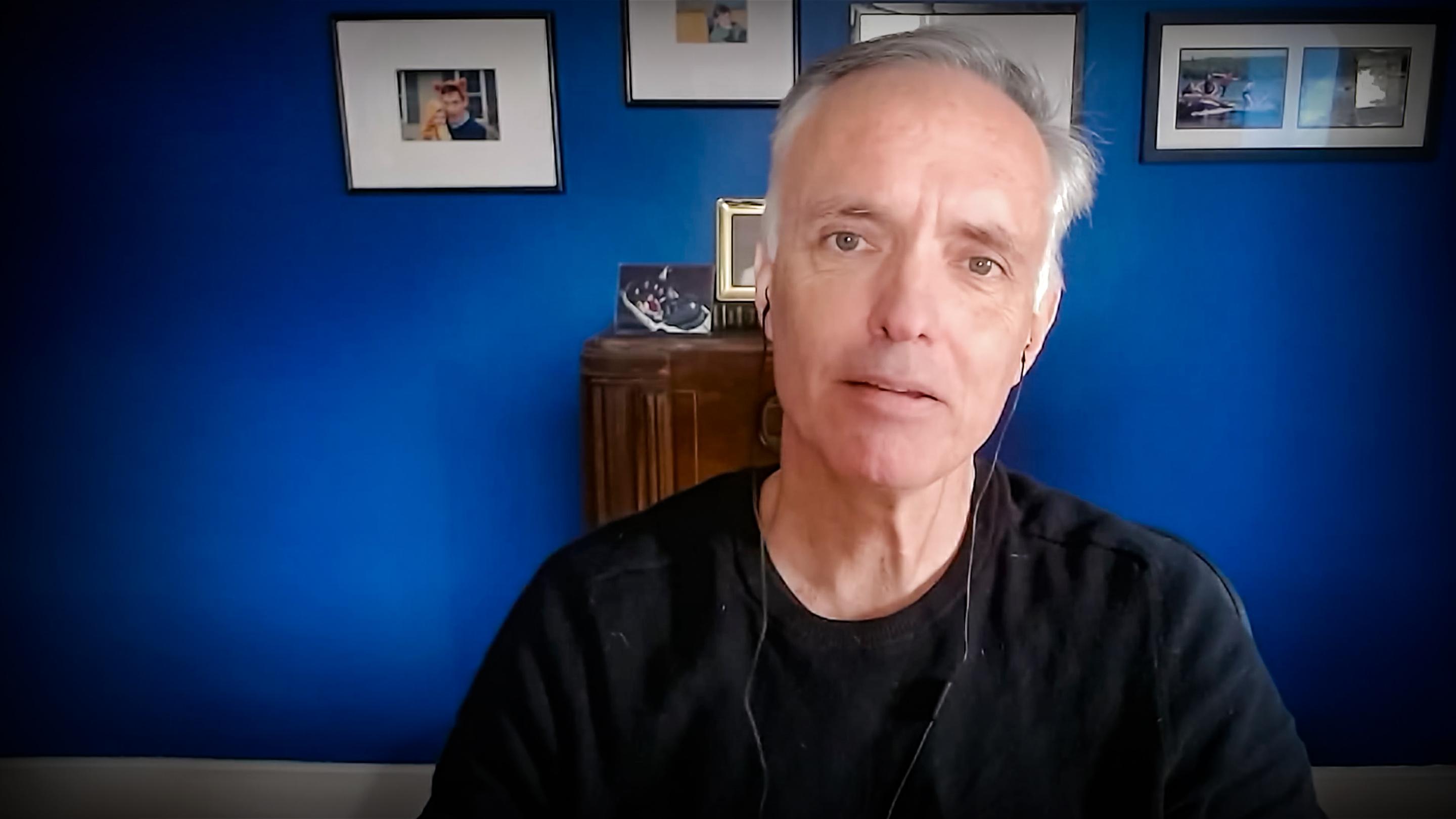
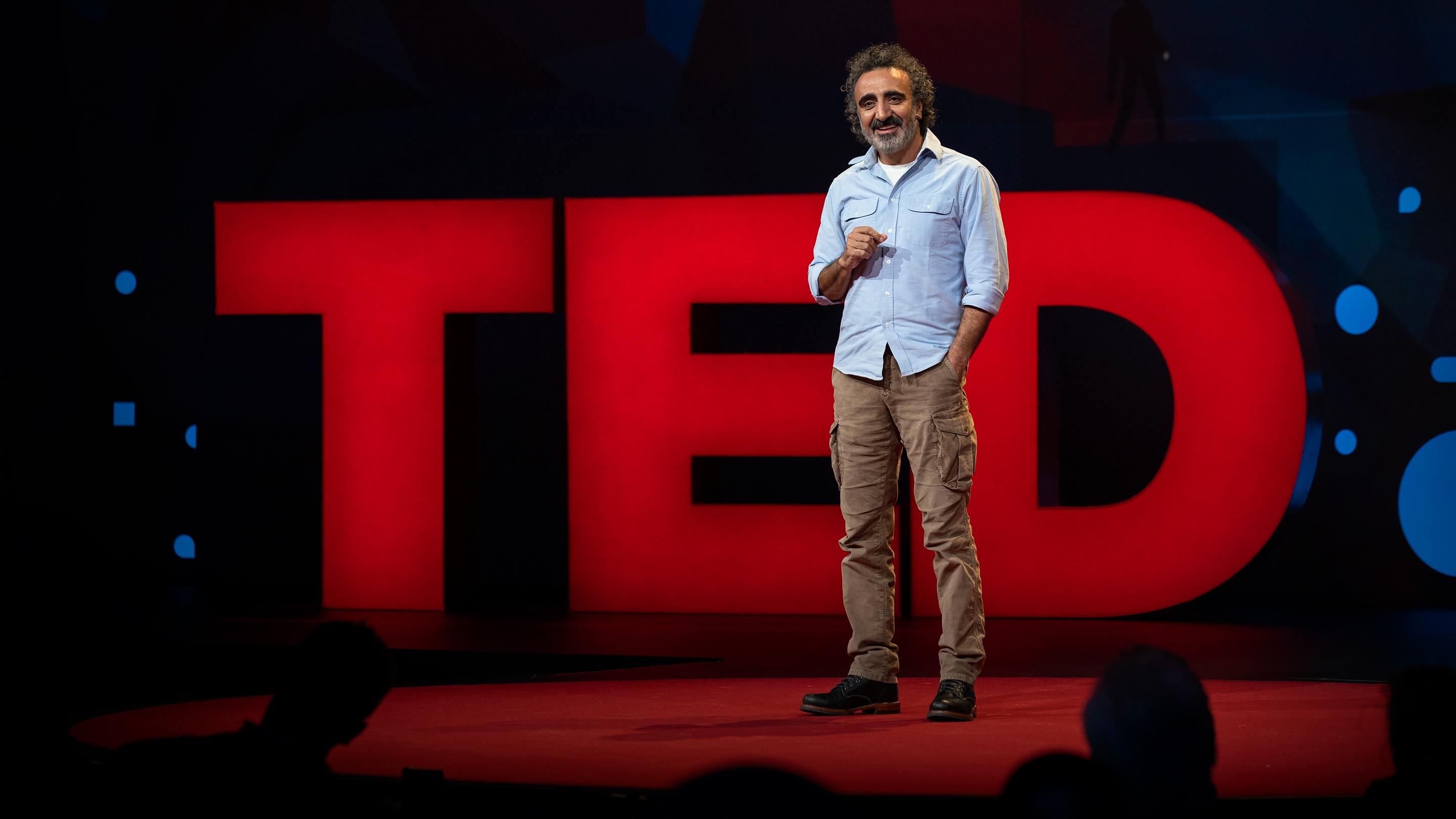
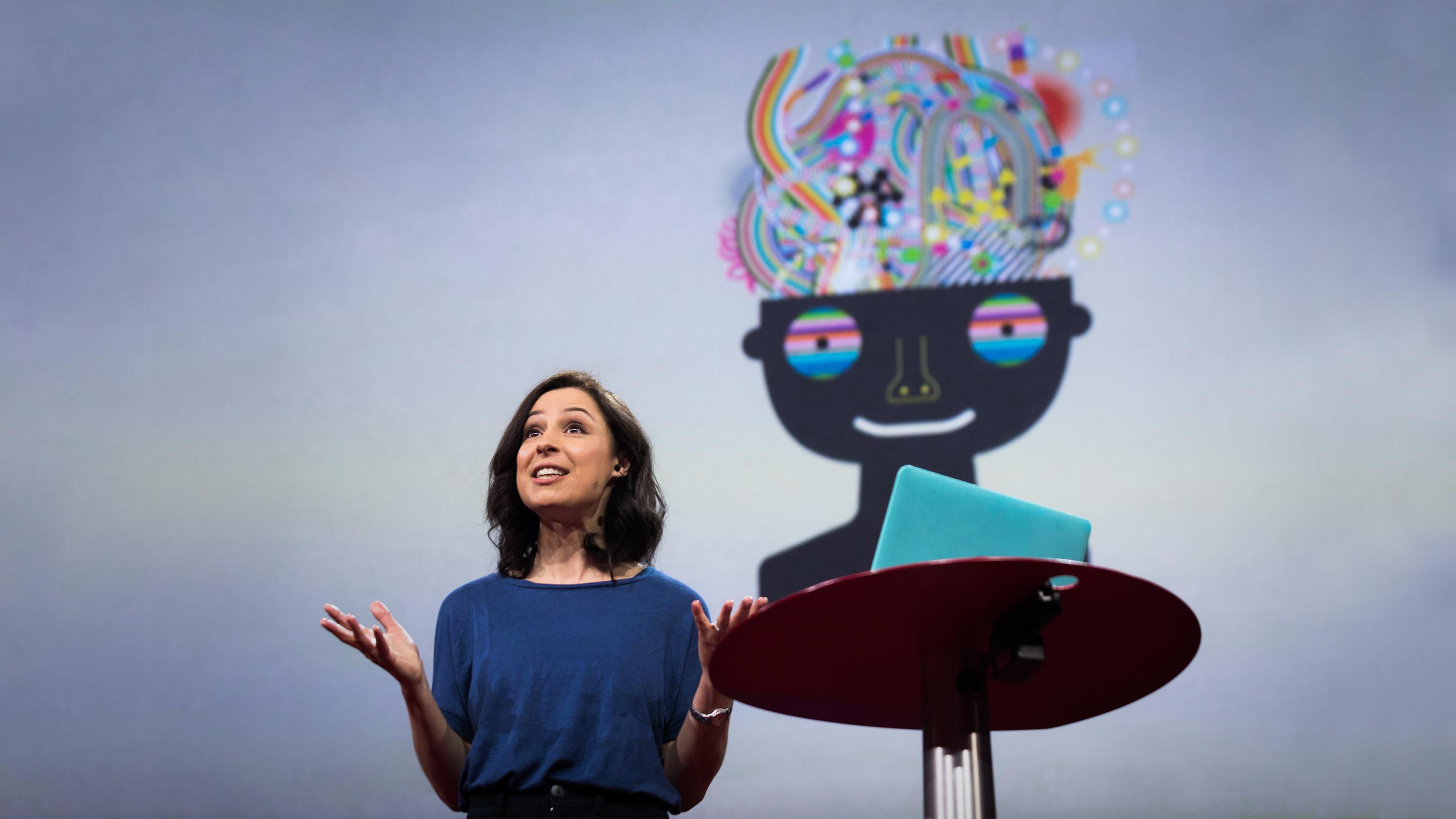
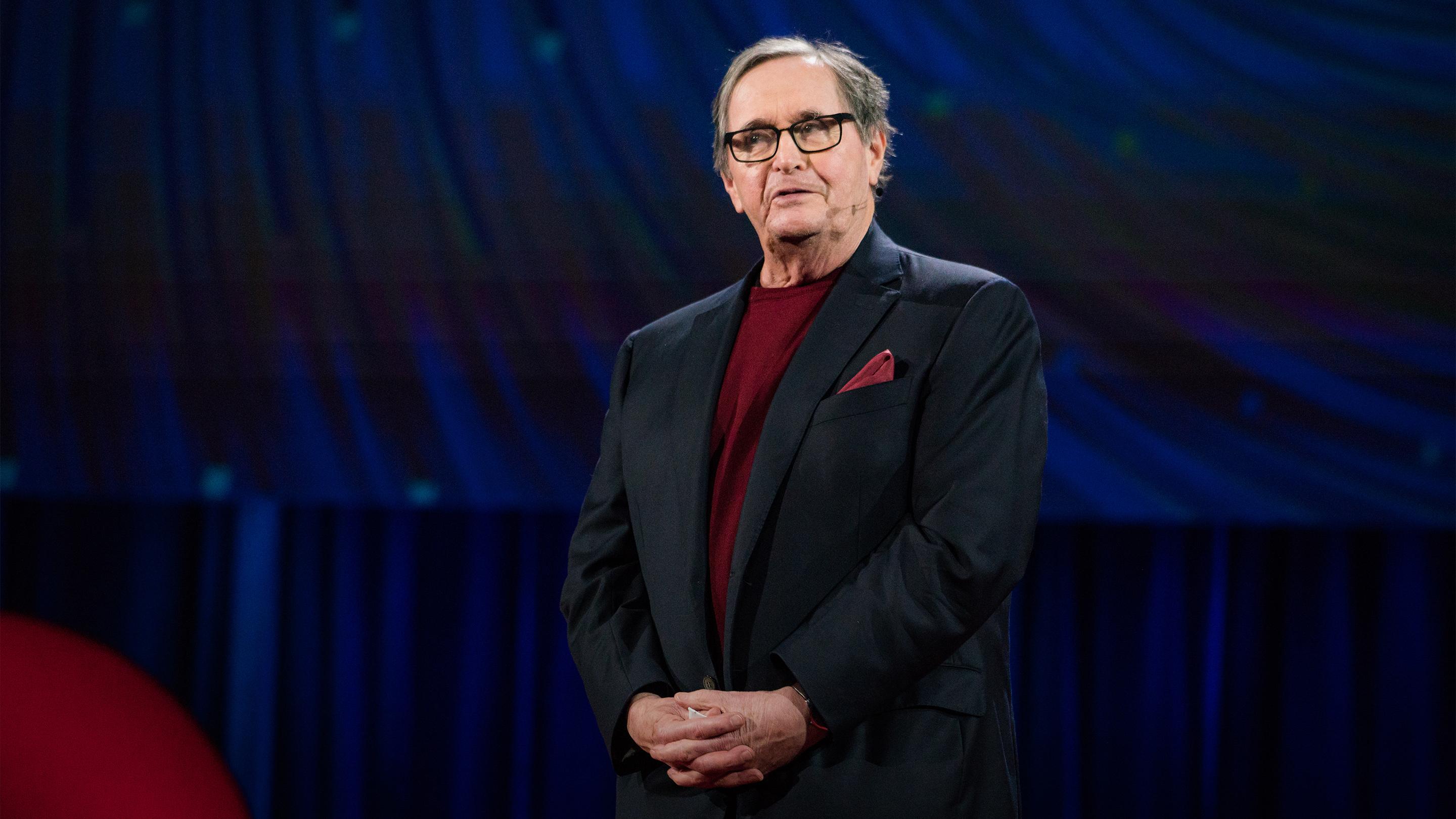
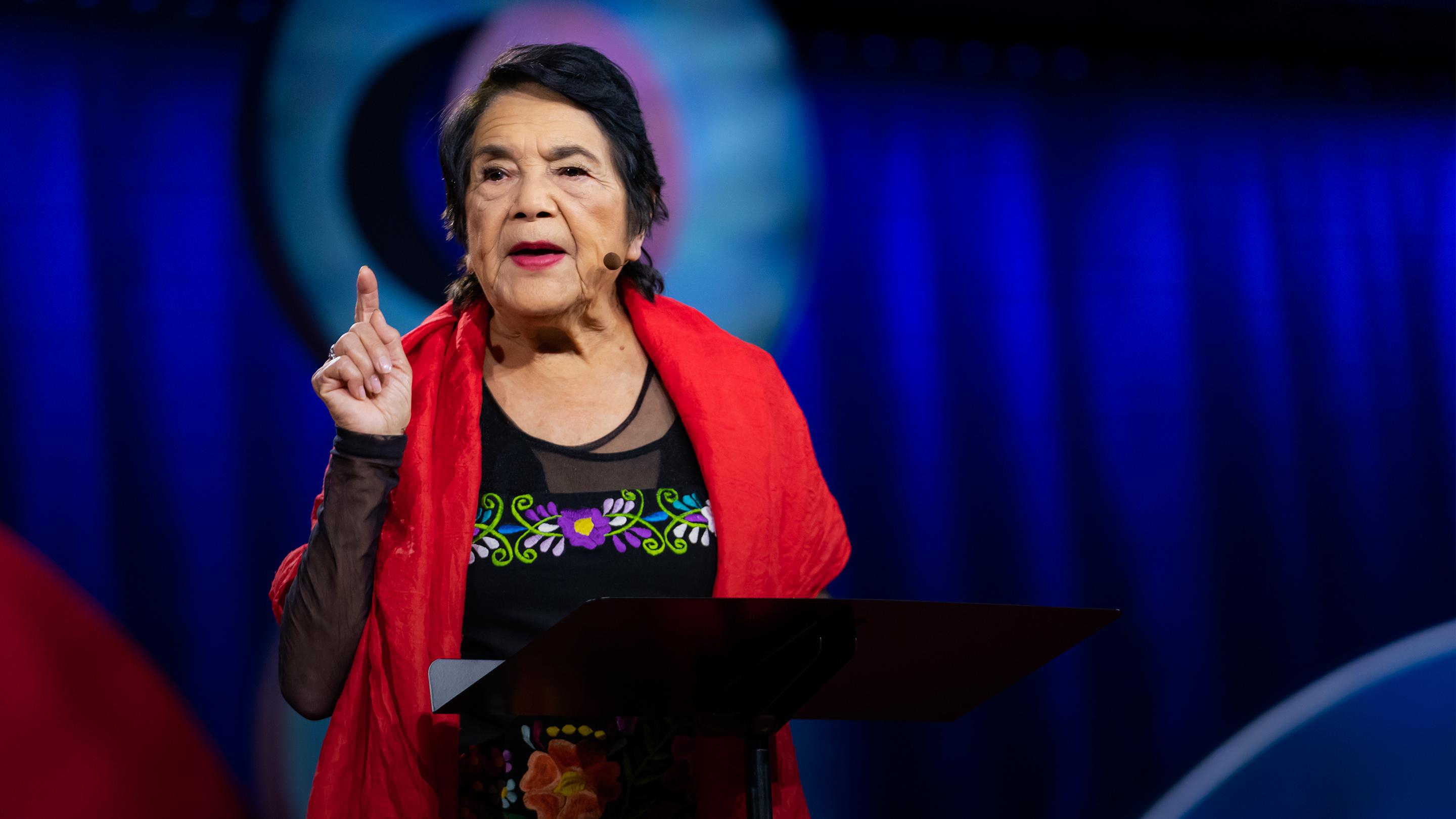
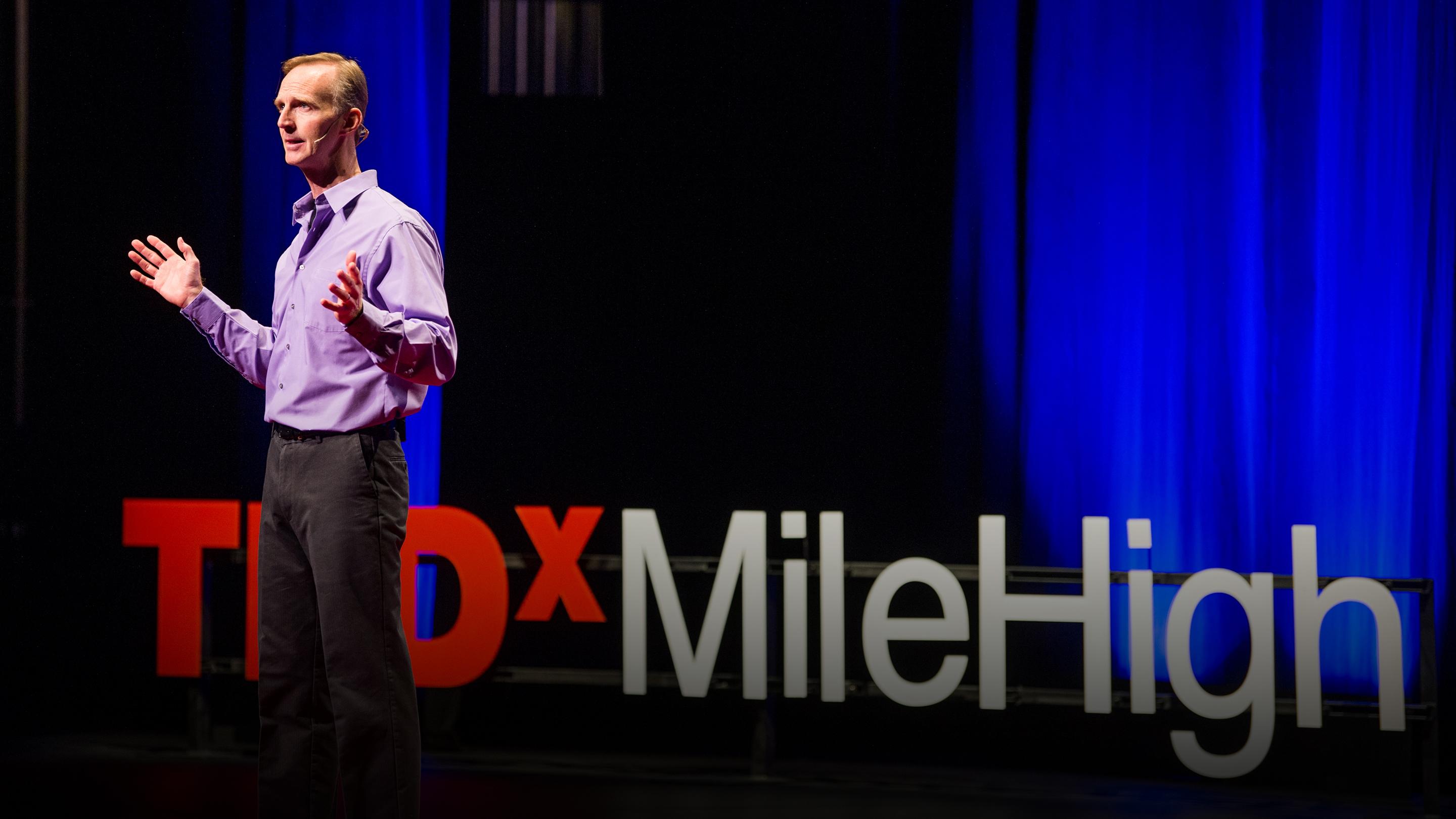
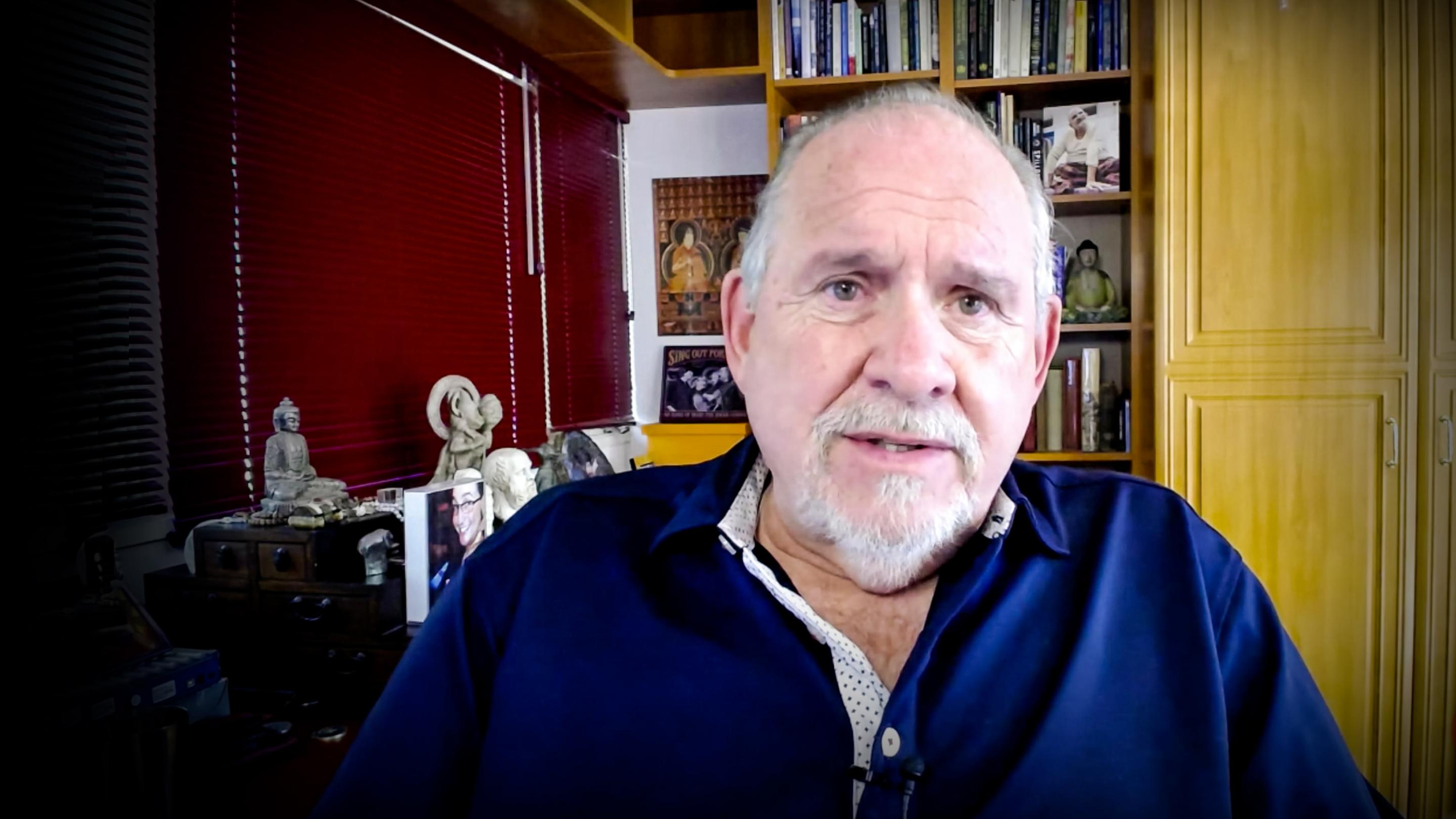
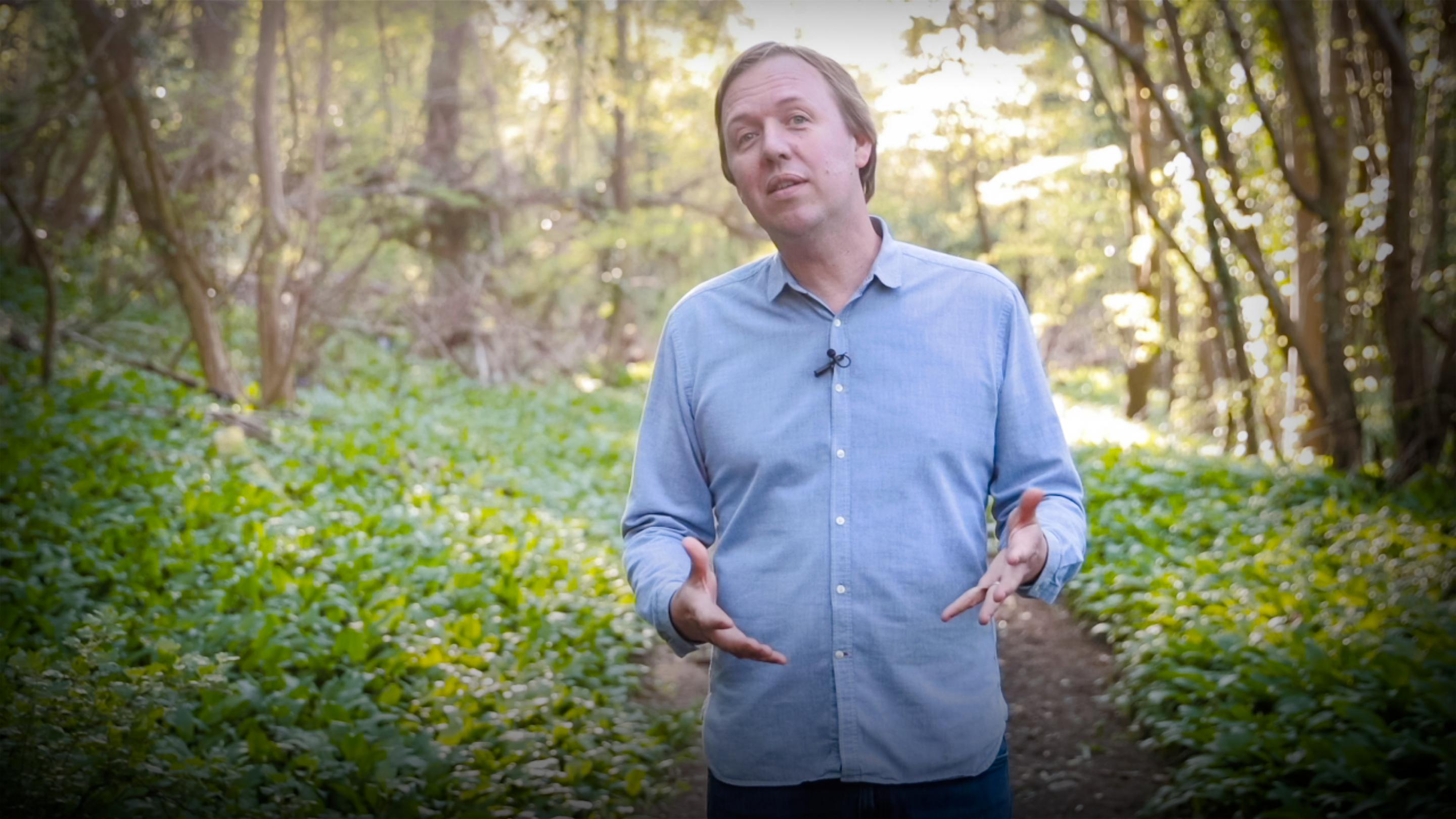
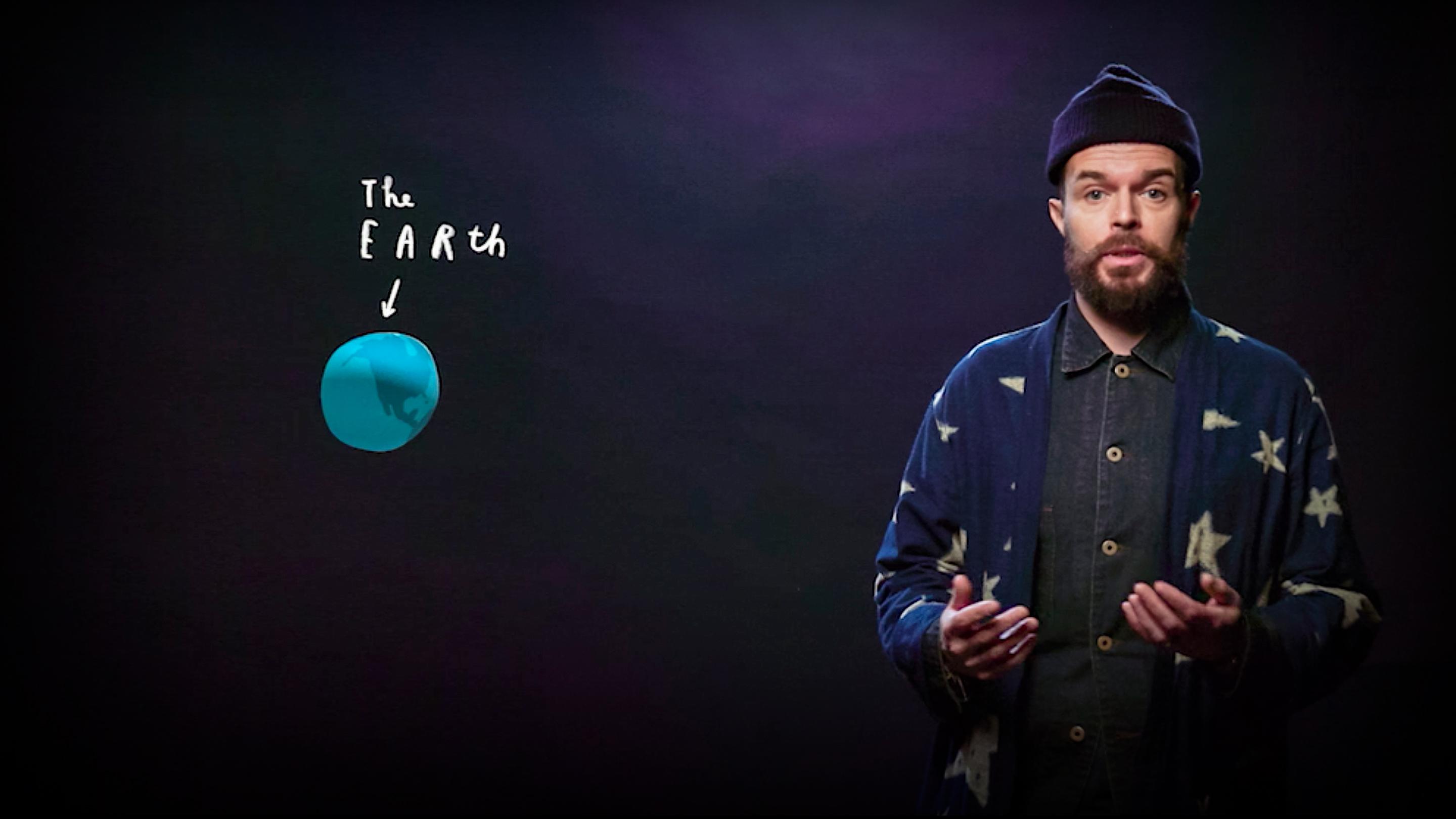
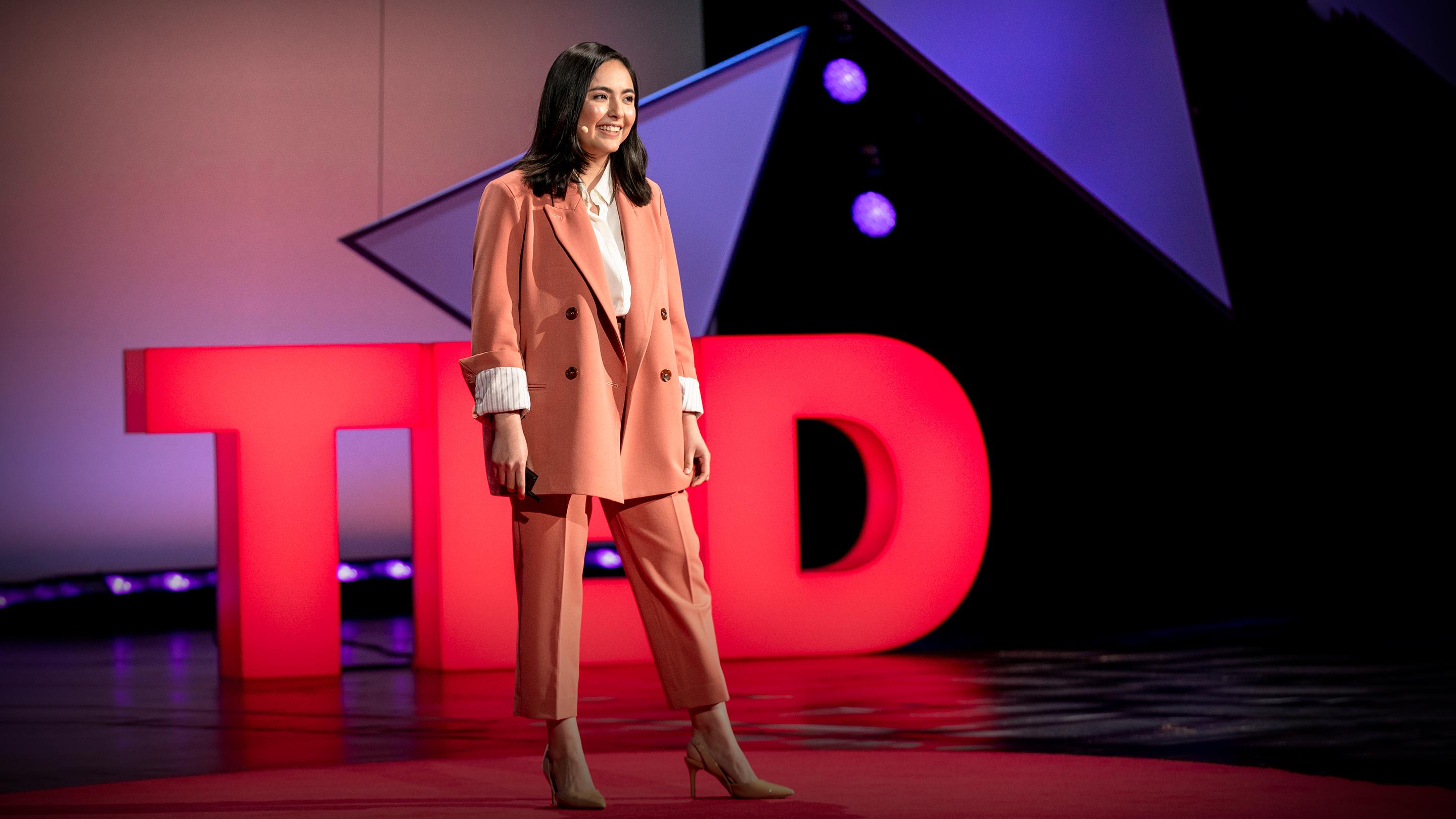
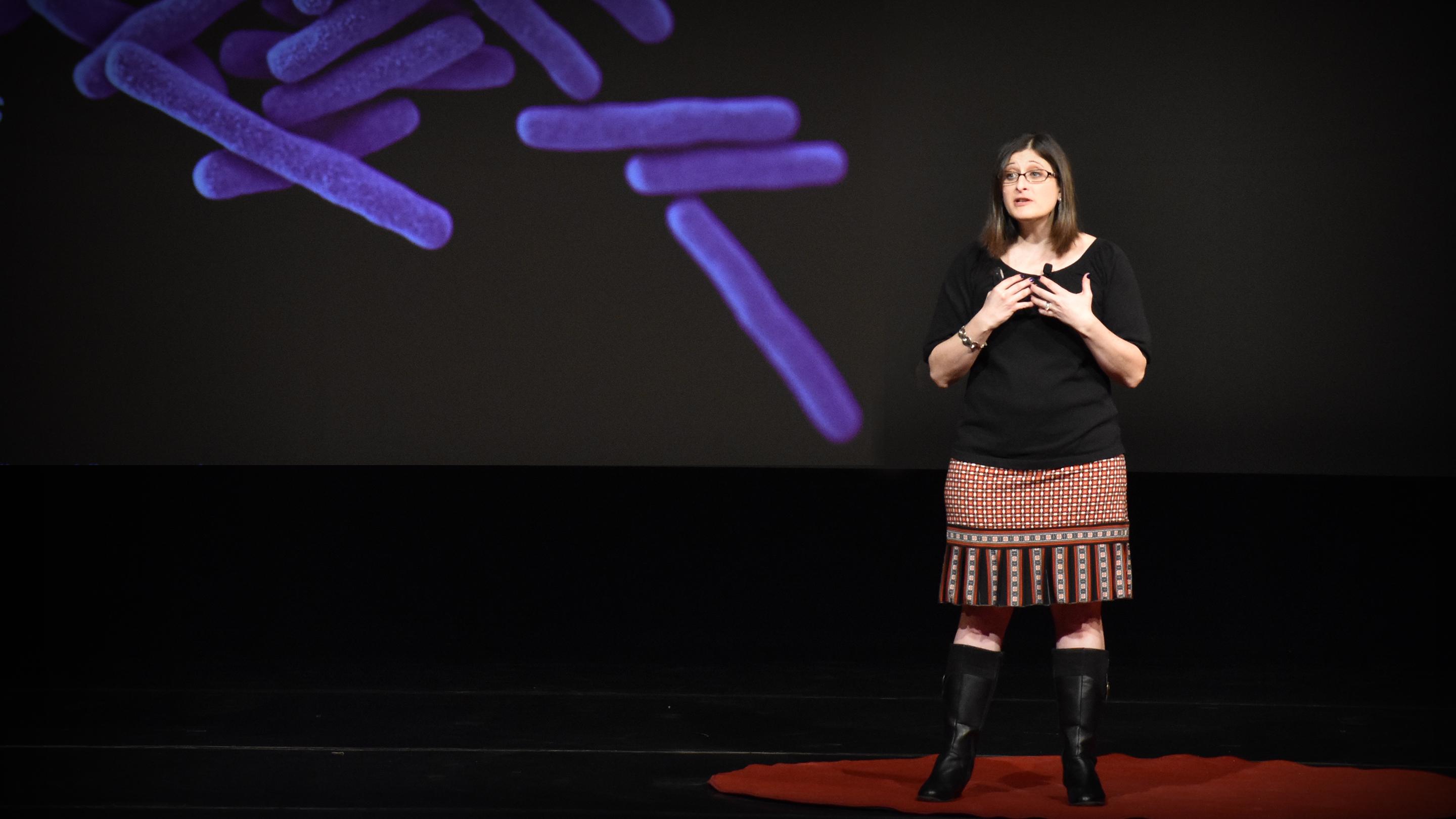
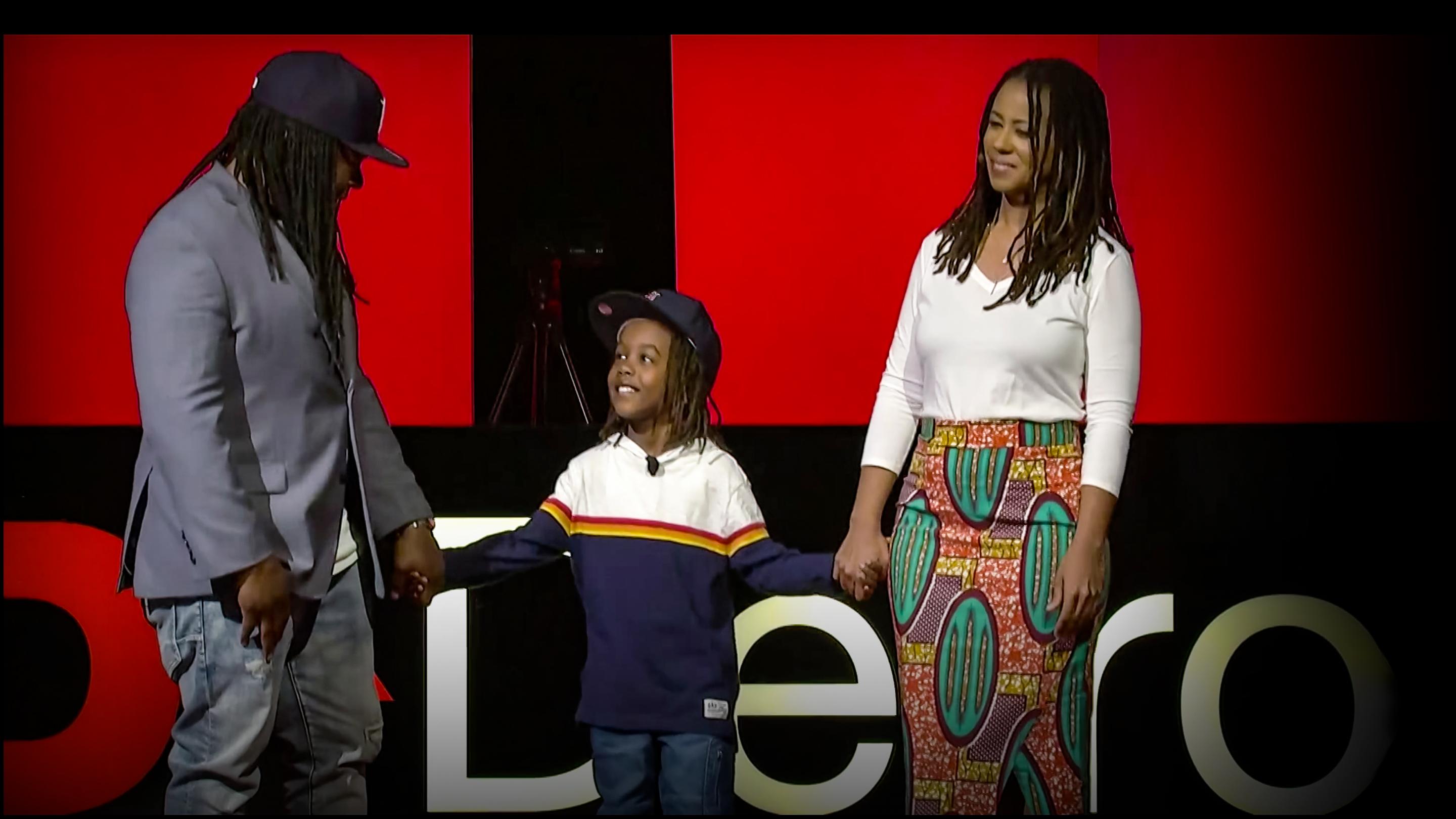
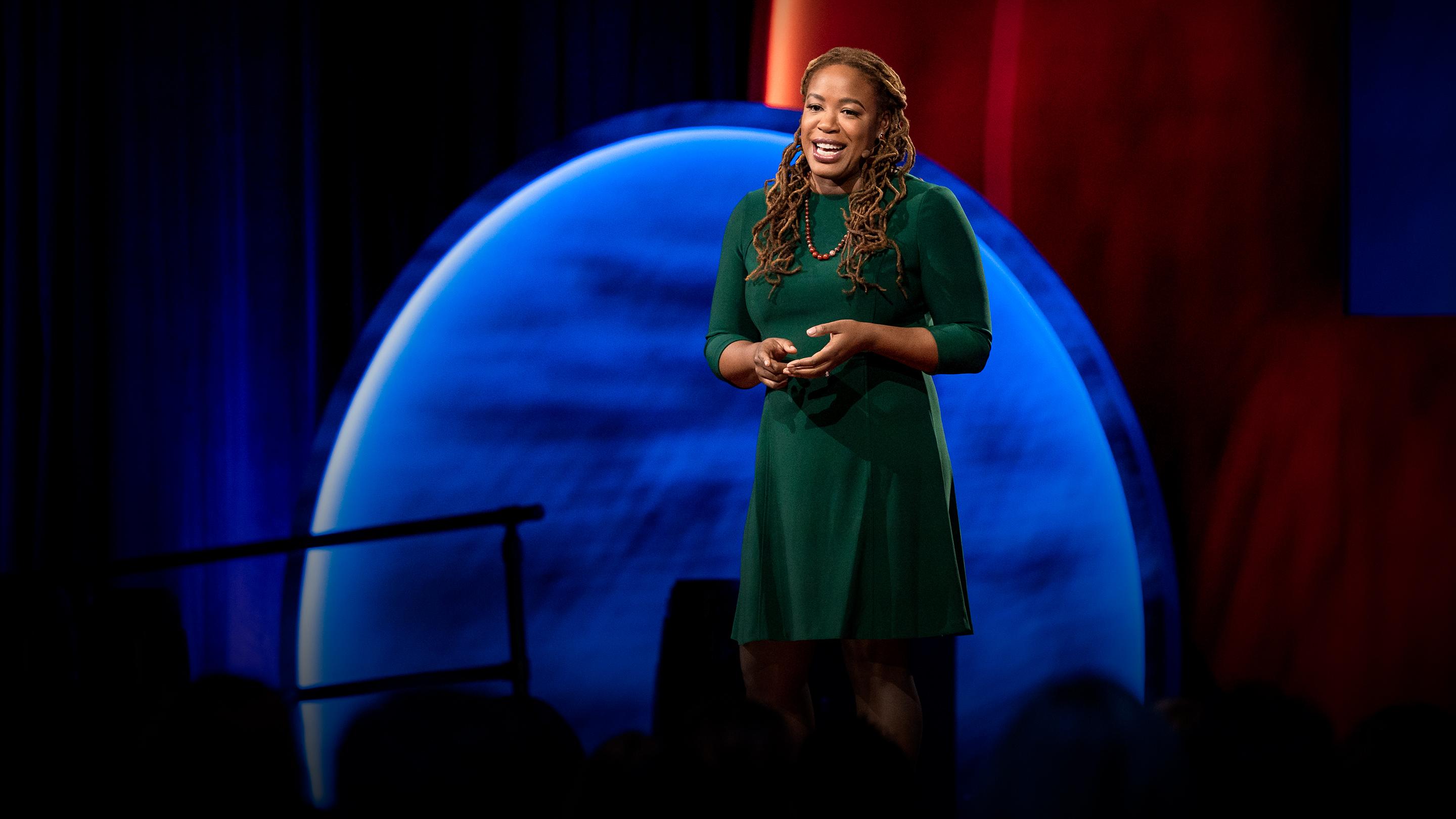
.jpg?)
